
- •Contents
- •Acknowledgments
- •Abbreviations and Acronyms
- •THE MEMOIRS
- •Before and After the Peace Treaty with Austria
- •Meeting with Adenauer (September 1955)
- •The Visit to Great Britain
- •Beginning of the Visit to the United States
- •From New York to Iowa
- •Washington and Camp David
- •The Visit to France
- •The Visit to the United Nations
- •John Kennedy and the Berlin Wall
- •The Cuban Missile Crisis
- •On the Road to Socialism
- •Mao Zedong
- •Ho Chi Minh
- •Albania
- •Germany
- •Hungary
- •Czechoslovakia
- •Romania
- •India
- •Burma
- •India, Afghanistan, Iran, and Again India
- •Indonesia
- •Egypt
- •The Six Day War in the Middle East
- •From Syria to Yemen
- •How Khrushchev Subdued America
- •Biographies
- •Index

Biographies
Acheson, Dean Gooderham (1893–1971). American politician. Assistant to the secretary of state during World War II. Headed the U.S. delegation at the Bretton Woods conference of the United Nations in 1944. U.S. representative in the Council of the Aid and Reconstruction Administration of the United Nations. As deputy secretary of state from 1945 to 1947, he contributed to the Baruch Plan for control over atomic energy, the Truman Doctrine concerning aid to Greece and Turkey, and the Marshall Plan. As secretary of state from 1949 to 1953, he was one of the organizers of the North Atlantic Treaty and the Mutual Security Program.
Adenauer, Konrad (1876––1967). West German lawyer and politician. Before World War II leading figure in Catholic Center Party. Mayor of Cologne (Köln) from 1917 to 1933. President of the Prussian State Council from 1920 to 1932. Imprisoned by Nazis in 1934 but later released. After World War II co-founder and leader of conservative Christian Democratic Union (CDU). In 1949 elected first federal chancellor of West Germany. Remained in office until retirement in 1963.
Aidit, Dipa Nusantara (1923–65). Indonesian politician. Son of forestry department employee. Studied at trade school. Organized transportation workers under Japanese occupation. Joined Communist Party of Indonesia (CPI) in 1943. Captured by British forces in 1945 and handed over to Dutch, detained until mid-1946. Became member of CPI CC in 1947 and of its Politburo in 1948. Also chairman of CPI group in Indonesian Central National Committee. Member of pro-Sukarno faction that gained control of party in 1951. From 1954 to 1959 general secretary, and from 1959 until death in 1965 chairman, of its CC. Executed during military countercoup of October 1965.
Some biographies have been adapted from the Russian edition of the memoirs. Most have been compiled with the aid of a variety of reference sources.
Where not otherwise indicated, “people’s commissar,” “minister,” and similar designations refer to “people’s commissar of the USSR,” “minister of the USSR,” and so on. The same applies to people’s commissariats, ministries, and other government bodies.
“The party” refers to the party that became the ruling party of the Soviet Union and that was known by different names at different times: the Russian Social Democratic Labor Party or RSDLP (1898–1917), the Russian Social Democratic Labor Party (Bolshevik) or RSDLP(B) (1917–18), the Russian Communist Party (Bolshevik) or RCP(B) (1918–25), the All-Union Communist Party (Bolshevik) or AUCP(B) (1925–52), and the Communist Party of the Soviet Union or CPSU (1952–91). [SS]
[ ]

Al-Badr, Mohammed (El-Badr; 1926–96). Crown prince and king of Yemen. Eldest son of Imam (King) Ahmad bin Yahya. Named crown prince in 1955. Introduced reforms promised by father during father’s absence abroad for medical treatment in 1960, but reforms annulled on father’s return. On father’s death succeeded to throne on September 19, 1962. Declared amnesty for political prisoners. Deposed by newly appointed commander of royal guard, Colonel Abdullah As-Salal, on September 26, 1962. Fled to far north of Yemen and rallied tribes to his support, leading to civil war between royalists supported by Saudi Arabia (where he took refuge) and republicans supported by Egypt. Following negotiated end to civil war in March 1970, went into exile in Britain.
Alekseyev (Shitov), Aleksandr Ivanovich (1913–2001). Soviet diplomat and KGB intelligence officer. In Soviet embassies in Iran (1941–43), France (1944–51), and Argentina (1954–58). From 1951 to 1953 on the staff of Soviet Information Bureau (Sovinformburo). From 1958 to 1960 worked for State Committee of Council of Ministers for Cultural Ties with Foreign Countries. From 1960 to 1962 an adviser at Soviet embassy in Cuba. From 1962 to 1969 Soviet ambassador to Cuba. From 1969 to 1974 worked at central offices of MFA. From 1974 until retirement in 1980 Soviet ambassador to the Malagasy Republic (renamed in 1976 Democratic Republic of Madagascar). After retirement remained adviser to Soviet embassy in Cuba.
Alliluyeva, Nadezhda Sergeyevna (1901–32). Stalin’s second wife. In 1917, while still at gymnasium, ran away from home with Joseph Stalin (then named Soso Dzhugashvili) and married him in 1918. Their son Vasily born in 1921, daughter Svetlana in 1926. Responsible work in Lenin’s secretariat until his death in 1924. Became a student at the Industrial Academy in 1929 (the same year that Khrushchev went there) to study viscose production in the Faculty of Chemistry. Spent 1931–32 in Kharkov with her sister Anna. Committed suicide on November 9, 1932.
Amer, Abdel Hakim (Amir; 1919–67). Egyptian general. Marshal. Graduated from Royal Military Academy (Cairo) and commissioned in 1939. Fought in Arab-Israeli war of 1948. Played leading role in Nasser’s revolution of July 1952. Appointed chief of staff in 1953. Commander in chief of joint EgyptianSyrian military command in Suez war of 1956 against Britain, France, and Israel. Appointed vice president and minister of war in 1958 and first vice president and deputy supreme commander in 1964. Following defeat in Six Day War in June 1967, relieved of all posts and forced to retire. Arrested in August 1967 (together with more than fifty other officers and two former
[ ]
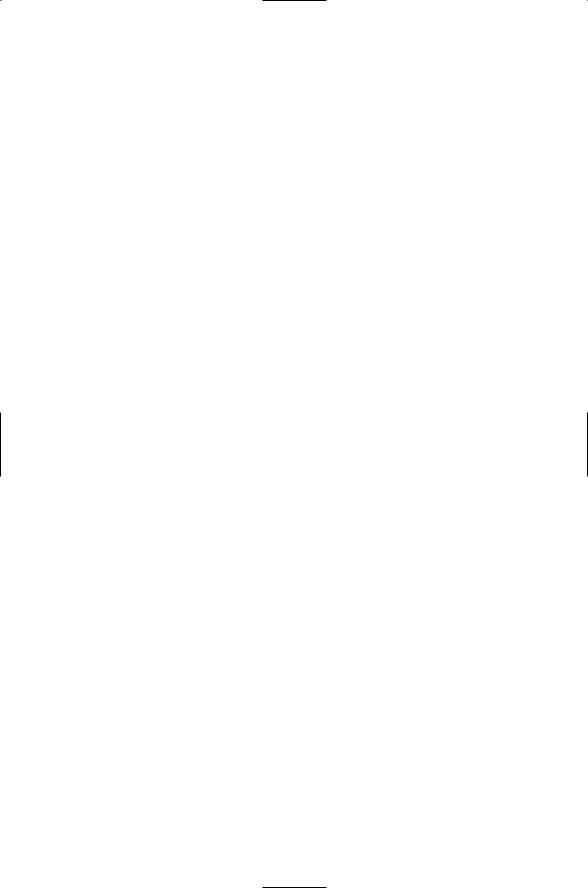
ministers) and charged with plotting coup against Nasser. In September 1967 given choice between taking poison and standing trial for treason. Took poison and received full military burial.
Anders, Wladyclaw (1892–1970). Polish general. Served in Russian army in World War I, then in new Polish army. Fought in Polish-Soviet war of 1920. Promoted to general in mid-1930s. Took part in defense against German attack in 1939 as commander of cavalry brigade. Captured and imprisoned by Soviet forces. Following German invasion of USSR in 1941, freed and placed in command of Wojsko Polskie (Polish Army in USSR) as lieutenant general. By agreement among Allies, transferred to Iran in spring 1942. After World War II lived in Britain.
Andropov, Yuri Vladimirovich (1914–84). Soviet official. Son of white-collar employee. Trained and worked in shipyards as water transportation engineer. In Komsomol posts from 1936. First secretary of Yaroslavl province committee of the Komsomol from 1938 to 1940 and of CC of Komsomol of KareloFinnish Republic of RSFSR from 1940 to 1944. Joined party in 1939. During German occupation involved in partisan movement in Karelia. From 1944 in Karelian party apparatus, from 1947 to 1951 as second secretary of CC of Communist Party of Karelo-Finnish SSR. Graduated from Higher Party School in 1950. In apparatus of party CC from 1951 to 1953. Counselor at Soviet embassy in Budapest in 1953–54. Soviet ambassador to Hungary from 1954 to 1957, playing important role in suppression of 1956 uprising. From 1957 to 1967 head of new Department for Liaison with Socialist Countries of party CC. Became member of party CC in 1961, one of its secretaries in 1962 (until 1967), and member of its Politburo in 1973. Chairman of Committee of State Security (KGB) from 1967 to 1982. In 1982 again a CC secretary, then general security from November 1982 until death in February 1984, concurrently chairman of Presidium of Supreme Soviet from June 1983. Hero of Socialist Labor (1974). Army general (1976).
Antonescu, Ion (1882–1946). Romanian general and politician. From bourgeois family. Graduated from cavalry school in 1904 and military academy in 1911. Participated in suppression of peasant revolt of 1907, Second Balkan War against Bulgaria in 1913, World War I (1916–18), and intervention against Hungarian Soviet Republic of 1919. Nicknamed “the red dog” for ruthlessness. Military attaché in France and Britain from 1922 to 1926. Director of Higher War School from 1927 to 1930. Chief of General Staff in 1933–34. Minister of defense in 1937–38. Appointed prime minister in September 1940. Named himself Conducator (Leader) and relegated king to decorative role. Brought fascist Iron
[ ]
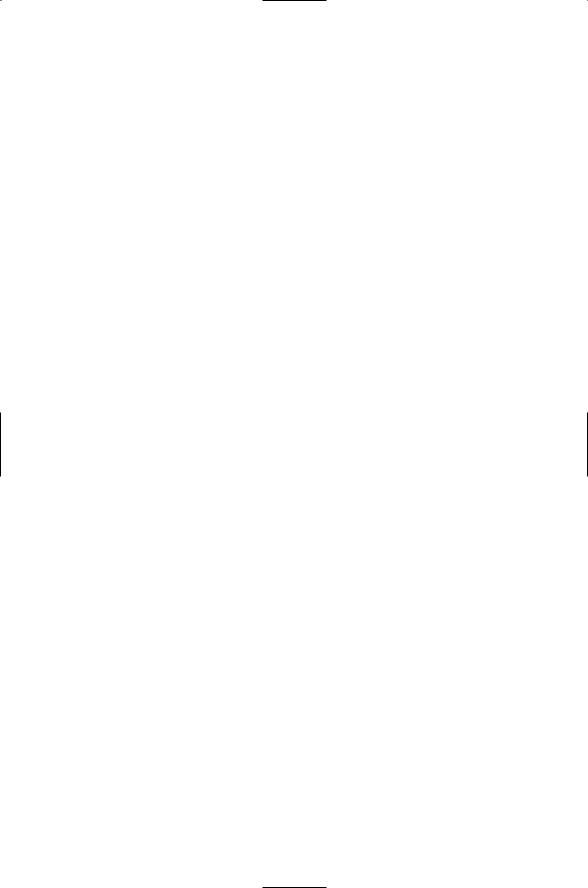
Guard into government but outlawed it following rebellion in January 1941. Formed alliance with Germany and joined in attack on USSR in June 1941. Marshal (1941). Dismissed and arrested by King Michael I in August 1944. Put on trial by Communist government in May 1946. Executed in June 1946.
Antonov, Oleg Konstantinovich (1906–84). Soviet designer of transport and passenger aircraft. In youth belonged to a circle of glider enthusiasts. Graduated from aviation division of Leningrad Polytechnical Institute in 1930, then chief designer of Moscow Glider Plant. In 1938 joined A. S. Yakovlev’s design bureau. In 1940, at Plant No. 23 in Leningrad, designed plane that could take off from and land on a 500-meter runway. From 1941 to 1943 led a group to build gliders to supply partisans (A-7) and for transport and paratroop landings, then rejoined Yakovlev’s design bureau as his first deputy. In 1946 given his own design bureau in Novosibirsk (OKB-153) to make a small transportation biplane, tested in 1948 and named AN-2. Later designed AN-6 for meteorological observation at high altitudes, AN-4 for observing ice and fishing conditions, AN-8, AN-12, AN-22 (“Antei”), AN-26, and AN-124 (“Ruslan”) for military transport and paratroop landings, AN-10 and AN-24 passenger liners, AN-14 (which can take off and land on a 60-meter runway), AN-30 for reconnaissance and mapmaking, AN-32 for use in high mountainous areas, and other models. Antei and Ruslan are still world’s largest transport planes. Taught at Kharkov Aviation Institute and Kiev Institute of Civil Aviation. Became member of Academy of Sciences in 1981. Recipient of Lenin Prize and State Prize. Hero of Socialist Labor.
Antonov-Ovseyenko, Vladimir Aleksandrovich (1883–1939). Soviet official. Son of officer. Joined party in 1903. Prominent role in armed uprising of October 1917 in Petrograd. Member of first Soviet government and leader of combat operations in Ukraine and against Antonov rebellion. From 1922 head of Political Administration of Revolutionary Military Council. From 1924 to 1934 in diplomatic work. From 1934 public prosecutor of RSFSR. From 1936 Soviet general consul in Republican Spain. Executed, posthumously rehabilitated.
Apostol, Gheorghe (1913–?). Romanian politician. President of General Confederation of Labor from 1944 to 1953. Became member of CC of Romanian Workers Party in 1945 and of its Politburo in 1948. Member of party commission that investigated Ana Pauker in 1953–54 and 1956. First secretary of CC of Romanian Workers Party from April 1954 to September 1955. In March 1965 appointed first deputy prime minister. Signatory of letter criticizing Ceausescu that reached West in March 1989.
[ ]

Apro, Antal (1913–94). Hungarian politician. Minister of defense and interior, then a deputy prime minister and minister of industry from 1956 to 1958. Became member of Politburo of CC of Hungarian Socialist Workers Party in 1957. First deputy prime minister from 1958 to [at least 1961], concurrently chairman of Hungarian Atomic Energy Commission. Elected speaker of parliament in 1980.
Aref,Abdel Salam (1921–66). Iraqi military officer and politician. Grandnephew of King Faisal I. In 1958 appointed deputy prime minister and deputy commander in chief of armed forces. Colonel. Played leading part in militaryBaathist coup of February 1963 against Abdel Karim Kassem and became provisional president. Consolidated his power in new military coup against Baathists in November 1963, confirmed as president. Died in helicopter crash in April 1966, succeeded as president by his brother Abdel Rahman Aref.
Arnold, Karl (1901–58). West German trade union leader and politician. Shoemaker. Studied at Social High School (Munich) in 1920–21. Official of Christian Workers Union from 1920 to 1933, from 1924 its secretary for Düsseldorf region. In 1929 elected to Düsseldorf municipal assembly as representative of Catholic Center Party. Arrested by Gestapo in 1944. In 1945 organized Düsseldorf chapters of Christian Democratic Party and United Workers Union. Mayor of Düsseldorf in 1946–47. Deputy minister president of North RhineWestphalia in 1946–47. Minister president of North Rhine-Westphalia from 1947 to 1956. President of Bundesrat in 1949–50, briefly (September 7–12, 1949) acting president of West Germany. First vice president of Bundesrat in 1950–51. In 1956 became deputy federal chairman of Christian Democratic Union. Elected to Bundestag in 1957.
Aung San (1915–47). Burmese politician. Leader of independence movement. Organizer of student strike at Rangoon University in 1936. Graduated in 1937. Became secretary general of Dobama Asi-ayon (We Burmans Association) in 1939. Founding member of Burmese Communist Party in August 1939 and its first general secretary in 1939–40. Went to Japan and countries under Japanese occupation to assist in training of Burmese army officers. Following Japanese occupation of Burma in early 1942, returned to command Burma Independence Army. From 1943 to 1945 minister of defense in Japanese-backed government of Ba Maw, but also organized resistance movement. In August 1944 became president of newly formed Anti-Fascist People’s Freedom League (AFPFL). In March 1945 led anti-Japanese revolt of Burmese army as part of national uprising. Following defeat of Japan, headed forces opposed to British colonial control. In September 1946 joined British governor’s Executive
[ ]
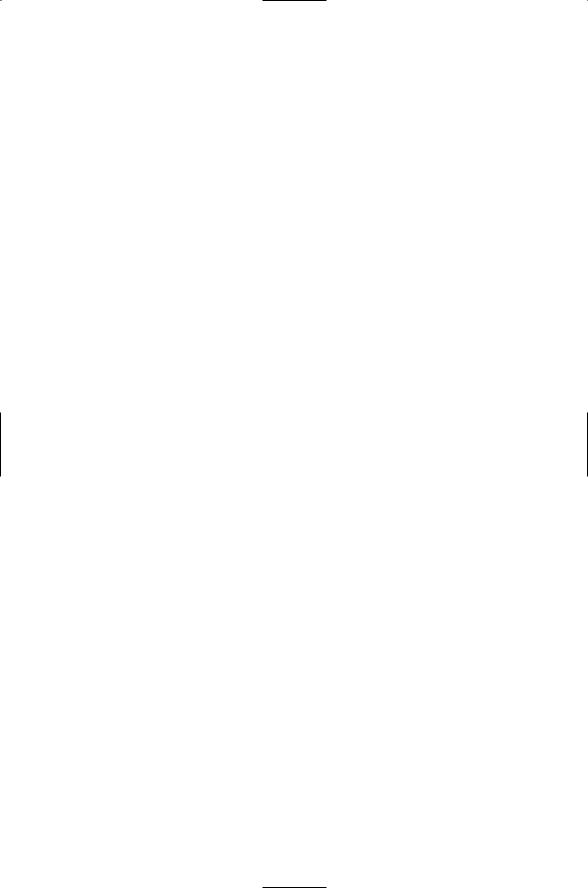
Council and became de facto premier, in charge of defense and foreign relations. In January 1947 negotiated independence with British government. In elections of April 1947 won overwhelming majority for AFPFL in constituent assembly. Assassinated in July 1947.
Bakayev, Viktor Georgiyevich (1902–87). Soviet official. From worker’s family. Metalworker. Joined Communist Party in 1919. Graduated from Moscow Institute of Transport Engineers in 1929. From 1929 to 1936 worked as engineer for People’s Commissariat of Railroads, then as port administrator for People’s Commissariat of Water Transport. From 1938 to 1942 lecturer in higher education institutions. From 1943 to 1945 plenipotentiary of State Defense Committee and People’s Commissariat of the Merchant Marine for ensuring unloading of food and military cargo at Murmansk port. From 1945 to 1952 deputy people’s commissar (minister) of the merchant marine. Doctor of Technical Sciences (1952). In 1952–53 first deputy minister of the merchant marine. In 1953–54 deputy chairman of Bureau of Council of Ministers for Transport and Communications. From August 1954 until retirement in January 1970 minister of the merchant marine. Candidate member of party CC from 1961 to 1971.
Balewa, Abubakar Tafawa (1912–66). Nigerian politician. Studied at London University from 1944 to 1946. Teacher, held posts in educational field in colonial Nigeria. In 1947 elected to legislative assembly of Nigeria’s northern region. Founder and deputy president general of Northern People’s Congress. In 1951 elected to federal house of representatives. In 1952 minister of works, later minister of transport. In 1957 elected chief minister and formed coalition government. Prime minister on independence in 1960. Re-elected in 1964. Overthrown and killed in the military coup in January 1966 that brought to power the federal military government of army commander in chief Major General Johnson Aguiyi Ironsi.
Bandera, Stepan Andreyevich (1908–59). Ukrainian military leader. Son of priest. During 1920s took part in Ukrainian underground military organization created in Poland by E. Konowalcz. From 1929 member of Organization of Ukrainian Nationalists (OUN). Studied at Lvov Polytechnical Institute. From 1933 chairman of OUN in western Ukraine (then part of Poland). Imprisoned for attempt on life of Polish minister of internal affairs, freed in 1939 by Germans. From 1941 to 1944 led nationalist resistance of Ukrainian Insurgent Army on Ukrainian territory under German occupation, thereafter continued fighting against Soviet forces. In winter 1945 moved to Germany, remained in West Germany under pseudonym of Stefan Poppel. Killed in Munich by Soviet agent.
[ ]
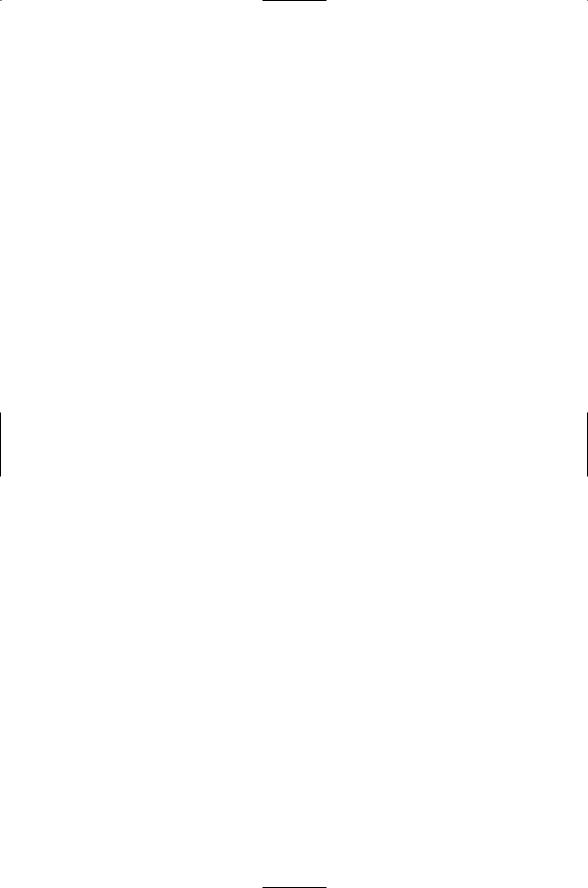
Barak, Rudolf (1915–95). Czechoslovak politician. Official of Communist Party of Czechoslovakia from 1945 and member of its CC and Presidium from 1954 to 1962. Minister of state security from 1953 to 1961, also responsible for foreign intelligence. Vice premier from 1959 to 1962. Removed from official positions in January 1962, then arrested and imprisoned in December 1962. Officially sentenced to fifteen years for theft of foreign currency from a secret fund under his control, although according to some sources his real offense was exposing Novotny’s role in Stalin-era purges. Released following January 1968 CC plenum.
Barre, Mohammed Siad (1919–). Somali general and politician. Commander in chief of army from 1965 to 1969. Major general (1966). Following military coup, chairman of Supreme Revolutionary Council and head of government from October 1969 to June 1976. President of Somali Republic from 1976 to 1991.
Batista, Fulgencio (1901–73). Cuban general and politician. Joined army in 1921. In 1933 led “sergeants’ revolt” and became army chief of staff. Elected president in October 1940. In 1944, legally barred from re-election, went into exile in Florida. Staged military coup in March 1952 and installed himself as dictator, with close ties to Mafia and United States. On January 1, 1959, fled armed rebellion led by Fidel Castro Ruz to Dominican Republic. Later settled in Portugal and Spain.
Bazhan, Mikola (Nikolai) Platonovich (1903–83). Ukrainian poet, translator, and public figure. Member of “neo-romantic” school. Son of serviceman. Joined party in 1940. From 1941 to 1945 editor of newspaper Za Radiansku Ukrainu (For Soviet Ukraine). From 1958 editor in chief of The Ukrainian Soviet Encyclopedia. Became secretary of USSR Writers Union in 1967, member of Ukraine Academy of Sciences in 1951. From 1943 to 1948 deputy chairman of Council of People’s Commissars (Soviet of Ministers) of Ukrainian SSR.
Belisheva, Liri (1923–?). Albanian politician. Graduated from Girls’ Pedagogical Institute of Tirana. Active in Communist Party from early age. Removed from all posts following “suicide” or possibly murder of husband Nako Spiru in 1947, but restored after purge of Koci Xoxe in 1948. Became member of Politburo of CC of Albanian Party of Labor. Went for training to Moscow, member of Albanian delegation at Stalin’s funeral in 1953. In 1960 accused of being Soviet agent and interned after telling Soviet leaders about AlbanianChinese discussions. Released in 1991.
Ben Bella, Ahmed (born 1916). Algerian politician. Served with Free French in World War II. In 1954 founding member of National Liberation Front. In
[ ]
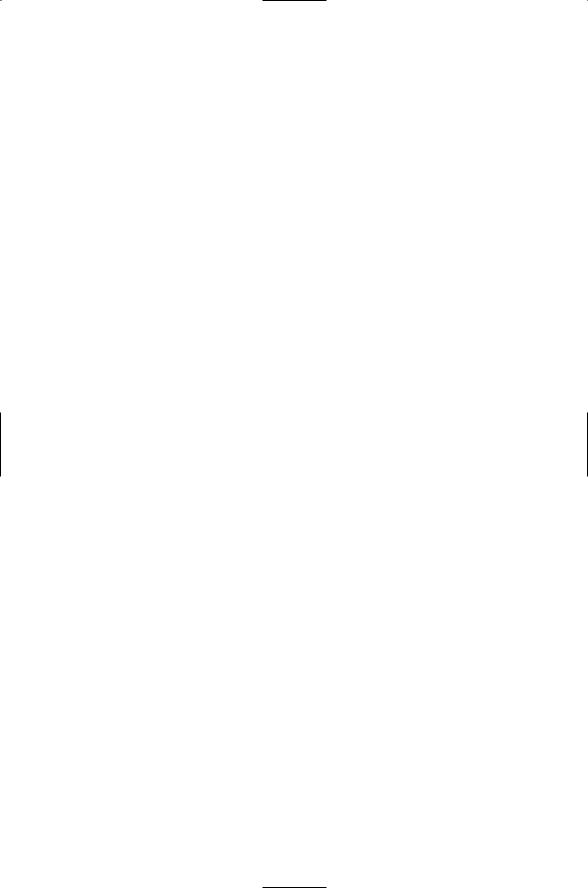
prison from 1956 until independence in 1962. Prime minister in 1962–63. President of Algeria from 1963 to 1965. Considered himself follower of Nasser. Deposed in military coup led by Boumédienne. Under house arrest until 1980, then lived in Switzerland and France. In 1984 formed opposition in exile in Paris. In 1990 allowed to return to Algeria. In 2003 elected president of International Campaign Against Aggression in Iraq.
Benes, Edvard (1884–1948). Czechoslovak politician. From 1912 to 1916 taught at Charles University (Prague). From 1916 to 1918 secretary of Czechoslovak National Council in Paris. Foreign minister of Czechoslovakia from 1918 to 1935. Prime minister in 1921–22. Member of League of Nations Council from 1923 to 1927 and president of its committee in 1927–28. President of Czechoslovakia from 1935 to 1938, then president in exile from 1938 to 1945. In 1940 organized provisional government in exile in London, in 1943 signed entente between Czechoslovakia and USSR. From 1945 again president of Czechoslovakia, resigned on June 7, 1948, following Communist takeover.
Ben-Gurion, David (Gruen; 1886–1973). Israeli politician. Emigrated from Russia to Ottoman Palestine in 1906, journalist and political activist, expelled in 1915, returned to Palestine under British mandate after World War I. Architect of Federation of Jewish Labor (Histadrut) and Haganah (paramilitary precursor of Israel Defense Force). Prime minister of Israel from independence in 1948 to 1953. Defense minister and prime minister from 1955 to 1963. Collaborated with Eden (Britain) and Mollet (France) in attack on Suez in 1956. Retired from politics in 1970.
Berling, Zygmunt (1896–1980). Polish general. Following Nazi occupation of Poland in September 1939 took refuge in USSR. On June 22, 1941, first signatory of letter to Soviet government from 13 officers of former Polish army asking for chance to fight for their homeland against Germany. In 1941–42 (as lieutenant colonel) divisional chief of staff and head of a base of Wojsko Polskie (Polish army of General Anders in USSR). Remained in Soviet Union when Anders and his army left for Iran in spring 1942. In April 1943 proposed formation of Polish military units. In 1943–44 (as colonel, major general, lieutenant general) commander of Kosciusko Division, then of First Polish Corps and Wojsko Polskie (Polish army in USSR). Active in Union of Polish Patriots in the USSR. From July to October 1944 deputy commander in chief of Wojsko Polskie and commander of its First Corps. From 1944 to 1947 studied at Military Academy of General Staff in Moscow, then head of General Staff Academy of Wojsko Polskie. From 1953 in civilian service.
[ ]
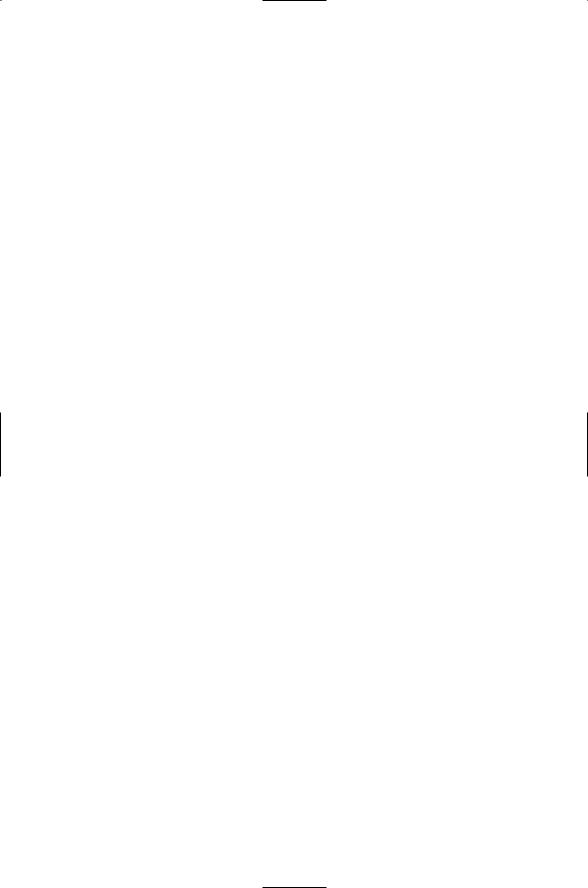
Berman, Jakub (1901–84). Polish politician. Graduated in law from Warsaw University in 1925. Joined Communist Party of Poland in 1928. During World War II editor of Polish-language newspaper in Minsk, then instructor at Comintern school in Ufa. Received by Stalin in December 1943. Returned to Poland in 1944. Minister of internal security, top political adviser to Bierut. In 1948 became member of Politburo of CC of Polish United Workers Party, with responsibility for state security, propaganda, and ideology. Appointed deputy prime minister in 1954. Removed from government and Politburo and expelled from party for “Stalin-era errors” in April–May 1956. From 1957 until retirement in 1968 worked for publishing house.
Bevan, Aneurin (Nye; 1897–1960). British politician. Son of miner. Miner, activist in South Wales Miners’ Federation. Attended Central Labour College, London, from 1919 to 1921. Became trade-union official in 1926 and Labour Party member of Parliament in 1929. Minister of health from 1945 to 1951, responsible for creation of National Health Service in 1948. Resigned from government in protest against introduction of charges for dental care, spectacles, and prescriptions. Minister of labor in 1951, then leader of left wing of Labour Party until 1956, when appointed shadow foreign secretary. Became deputy leader of Labour Party in 1959.
Bidault, Georges-Augustin (1899–1983). French journalist and politician. Influential columnist from 1932 to 1939. Imprisoned by Vichy regime in 1940–41, then Resistance leader. After World War II co-founder of Mouvement Républicain Populaire (Popular Republican Movement). President of provisional government in 1946. Prime minister in 1949–50. Foreign minister and defense minister at various times during period 1944–52. Vice president of the Council in 1950–51. Broke with de Gaulle over Algerian independence in 1962, went into exile in Brazil and later Belgium, organized National Council of Resistance and Secret Army Organization (OAS) to keep Algeria French. Returned to France in 1968.
Bierut, Boleslaw (1892–1956). Polish politician. Joined Communist Party of Poland in 1918. Chairman of National People’s Council (provisional governing body in post-occupation Poland) from 1944 to 1947. President and chairman president of State Council from 1947 to 1952. Chairman of Council of Ministers of Poland from 1952 to 1954. Chairman from 1948 to 1954, and first secretary from 1954, of CC of Polish United Workers Party.
Biryuzov, Sergei Semyonovich (1904–64). Soviet general. Joined Red Army in 1922. At outbreak of war major general. Commander of infantry division,
[ ]
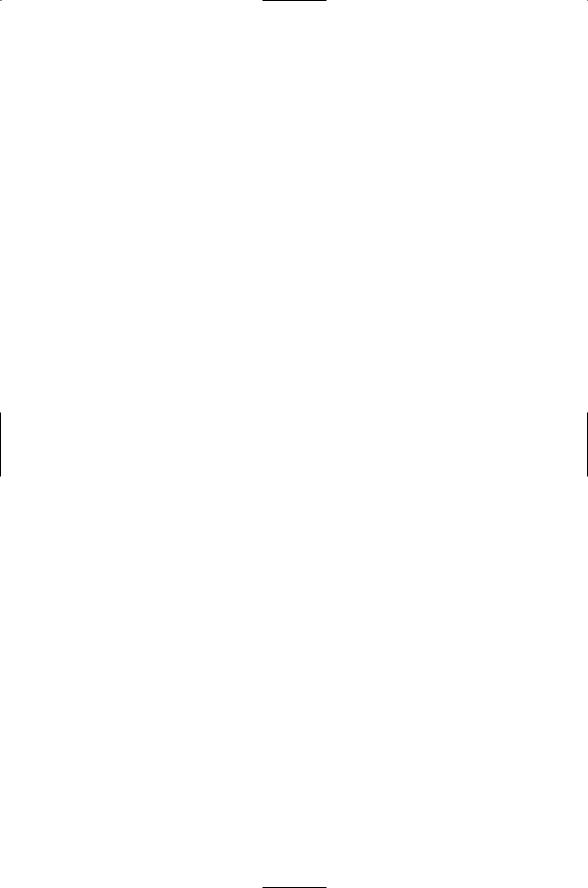
chief of staff of 48th Army and Second Guards Army, chief of staff of Southern, Fourth Ukrainian, and Third Ukrainian Fronts, then from October 1944 until end of war commander of 37th Army, concurrently chief Soviet military adviser to Bulgarian army. In 1946–47 deputy commander in chief of ground forces for combat training. From 1947 to 1953 commander of Maritime (Primorye) military district. In 1953–54 commander in chief of Central Group of Forces. In 1954–55 first deputy commander in chief of Antiaircraft Defense Forces. From 1955 to 1962 deputy minister of defense and commander in chief of Antiaircraft Defense Forces. In 1962–63 commander in chief of Strategic Missile Forces. From 1962 to 1964 chief of General Staff and first deputy minister of defense. Candidate member of party CC from 1956 to 1961 and member of party CC from 1961 to 1964. Died in air crash. Marshal of the Soviet Union (1955). Hero of the Soviet Union (1958).
Bobrovnikov, Nikolai Ivanovich (1909–92). Soviet engineer and official. Worker. Joined party in 1931. Graduated from Moscow Engineering-Construction Institute in 1932. From 1932 to 1934 in Red Army, then worked as waterworks engineer. In 1948–49 head of water supply for Moscow City Executive Committee. In 1949–50 deputy chairman, from 1950 to 1956 first deputy chairman, and from 1956 to 1961 chairman of Moscow City Executive Committee. From 1961 to 1963 deputy chairman of State Economic-Science Council of USSR Council of Ministers. From 1963 until retirement in 1983 head of Department of Housing and Municipal Economy of State Planning Commission (Gosplan). Member of party CC from 1956 to 1961.
Bodnaras, Emil (1904–76). Romanian politician. Officer in Royal Romanian Army from 1928 to 1932. Became Soviet spy and defected to Soviet Union in 1933. Returned to Romania in mid-1930s as agent of Soviet military intelligence, but caught and sentenced to 10 years in prison. Released in 1943 or 1944, joined top leadership of Romanian Workers Party. In August 1944 appointed head of party’s secret intelligence apparatus (Patriotic Guard). From 1944 to 1947 head of secret intelligence service attached to presidency of Council of Ministers, thereafter minister of national defense, army general, and deputy prime minister. Became member of Politburo in 1948. From 1965 deputy president of State Council and member of Presidium of CC of Communist Party of Romania.
Bohlen, Charles (Chip) E. (1904–74). American diplomat. Joined U.S. Foreign Service in 1929. Worked at U.S. State Department and in U.S. embassies in Czechoslovakia (1934–36), France (1937–40), and the USSR (1943–44). From 1944 to 1946 an aide to the Secretary of State. Served as Russian interpreter
[ ]
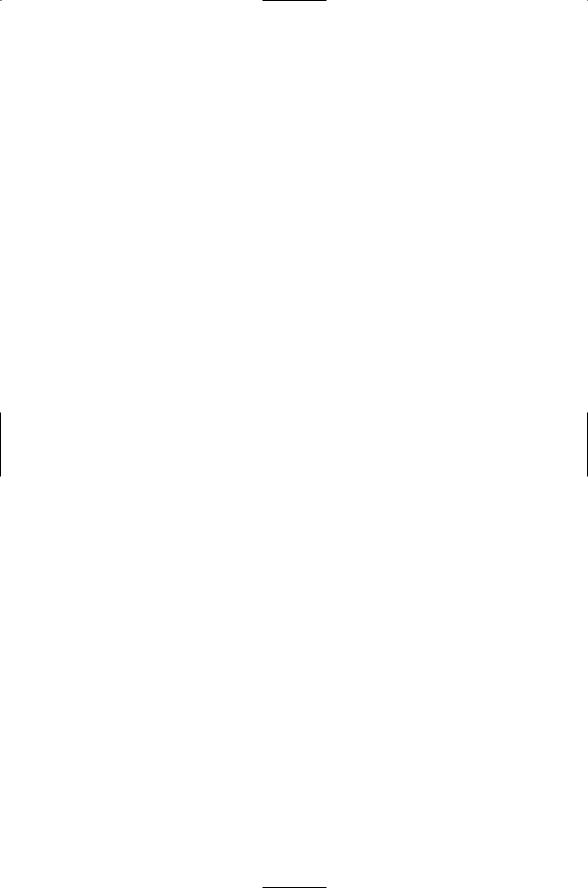
for President Franklin D. Roosevelt at the Tehran and Yalta conferences and for President Harry S. Truman at the Potsdam conference. From 1947 to 1949 and from 1951 to 1953 an adviser to the State Department. From 1949 to 1951 an adviser-emissary at the embassy in France. U.S. ambassador to the USSR from 1953 to 1957, when differences with Secretary of State John F. Dulles led to his transfer to the Philippines. Special assistant for Soviet affairs from 1959 to 1962. U.S. ambassador to France from 1962 to 1968, then deputy Secretary of State until retirement in 1969.
Boland, Frederick Henry (1904–85). Irish diplomat. Represented Republic of Ireland at many international conferences, including League of Nations. Joined Department of External Affairs in 1930. First secretary of legation in Paris from 1932 to 1934. Secretary of Department of External Affairs from 1945 to 1950. Ambassador to Britain from 1950 to 1956. Appointed Ireland’s first permanent representative to the United Nations in October 1956. President of UN General Assembly from 1960 to 1963. In 1963 retired from foreign service and elected chancellor of Dublin University.
Bor-Komorowski, Tadeusz (1895–1966). Polish general. Count. Joined Polish army in 1928. Appointed deputy commander of Polish Home Army in July 1941. Led Resistance in Krakow area in 1942. Appointed commander of Home Army (as brigadier general) in March 1943. Led Warsaw uprising in August–September 1944, surrendered on October 2 and interned. While imprisoned appointed commander in chief of Polish forces. On release in 1945 went to London. Prime minister of Polish government in exile (no longer diplomatically recognized) from 1947 to 1949.
Boumédienne, Houari (1927–78). Algerian politician. Active in fight for independence. Colonel (1957). Minister of national defense in 1962–63. First deputy prime minister from 1963 to 1965. Seized power in June 1965. Chairman of Council of the Revolution and prime minister from July 1965. Elected president of Algeria in December 1976.
Brandt, Wilhelm (Willy; 1913–92). West German politician. Original name Herbert Ernst Karl Frahm. Joined Social Democratic Party in 1930, then Socialist Workers Party. In 1933 adopted pseudonym “Wilhelm Brandt” and escaped from Nazis to Norway. Spent war years in Sweden. Returned to Berlin in 1946. Rejoined Social Democratic Party in 1948. Mayor of West Berlin from 1957 to 1966. Chairman of Social Democratic Party from 1964 to 1987. Foreign minister and vice chancellor from 1966 to 1969. Federal chancellor from 1969 to 1974. Received Nobel Peace Prize in 1971 in recognition of his
[ ]
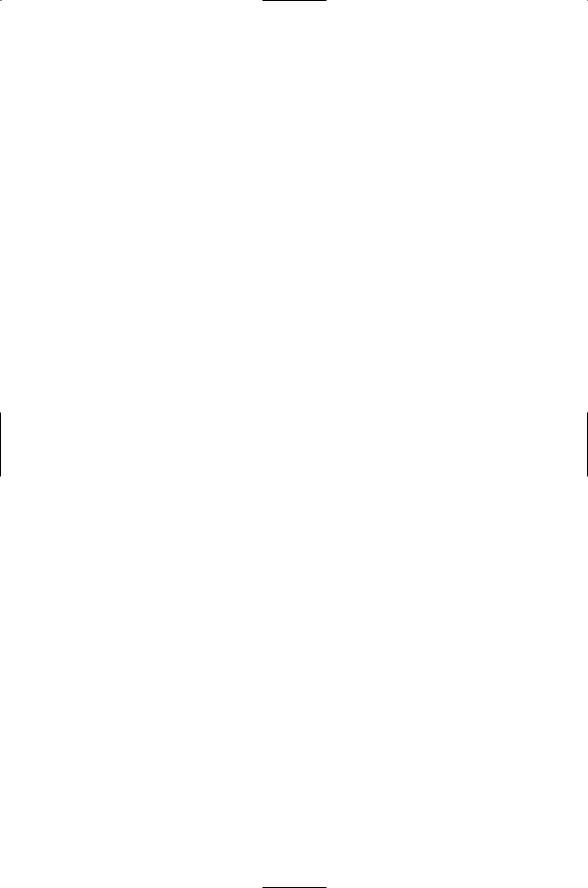
work to improve relations with East Germany, Poland, and Soviet Union (Ostpolitik). Chairman of Socialist International from 1976 to 1992.
Bukharin, Nikolai Ivanovich (1888–1938). Soviet politician. Son of teacher. Joined party in 1906. A close associate of Lenin, a leader of armed uprising in Moscow in October 1917, and a leading party theoretician. From 1918 to 1929 editor of newspaper Pravda. Member of party CC from 1917 to 1934 and of its Politburo from 1924 to 1929. From 1926 a leader of Comintern. Elected member of Academy of Sciences in 1929. Thereafter repeatedly subject to party and state persecution as a prominent figure in the “right” opposition to Stalin. From 1929 member of Presidium of Supreme Council of National Economy. From 1932 member of collegium of People’s Commissariat for Heavy Industry. From 1934 chief editor of Izvestia. From 1935 member of CEC of the Soviets and of Constitutional Commission. Author of numerous works on economics, sociology, politics, literary criticism, theory of science, and other subjects. Co-author of Soviet Constitution of 1936. Arrested on false charges in 1937, main defendant at third major Moscow show trial. Executed in March 1938. Rehabilitated posthumously in 1988.
Bulganin, Nikolai Aleksandrovich (1895–1975). Soviet politician. Trained as electrician. Joined party in 1917. From 1918 to 1922 in Cheka (security police). From 1922 to 1927 member of board of Electric Trust (Elektrotrest) of Supreme Council of National Economy. From 1927 to 1931 director of Moscow Electric Plant (Elektrozavod). From 1931 to 1937 chairman of Executive Committee of Moscow Soviet. From 1938 to 1944 deputy chairman of USSR Council of People’s Commissars and concurrently chairman of board of State Bank. During Soviet-German war (1941–45) member of military councils of various fronts. From 1944 to 1946 deputy people’s commissar of defense. From 1946 first deputy minister and from 1947 to 1949 minister of the armed forces and deputy chairman of USSR Council of Ministers and chairman of its Committee No. 2 (jet propulsion technology). From 1950 first deputy chairman and from 1955 to 1958 chairman of USSR Council of Ministers and concurrently minister of defense from 1953 to 1955. In 1958 again chairman of board of State Bank. From 1958 until retirement in 1960 chairman of Stavropol Council of National Economy. Member of party CC from 1937 to 1961 and of its Politburo (Presidium) from 1948 to 1958. Marshal of the Soviet Union (1947–58).
Cachin, Marcel (1869–1958). French politician. Professor. From 1905 to 1920 a leader of French Socialist Party. Founding member of French Communist Party in 1920. Became member of its CC and Politburo in 1923. Head of Communist faction in National Assembly until non-reelection in 1932. Elected
[ ]
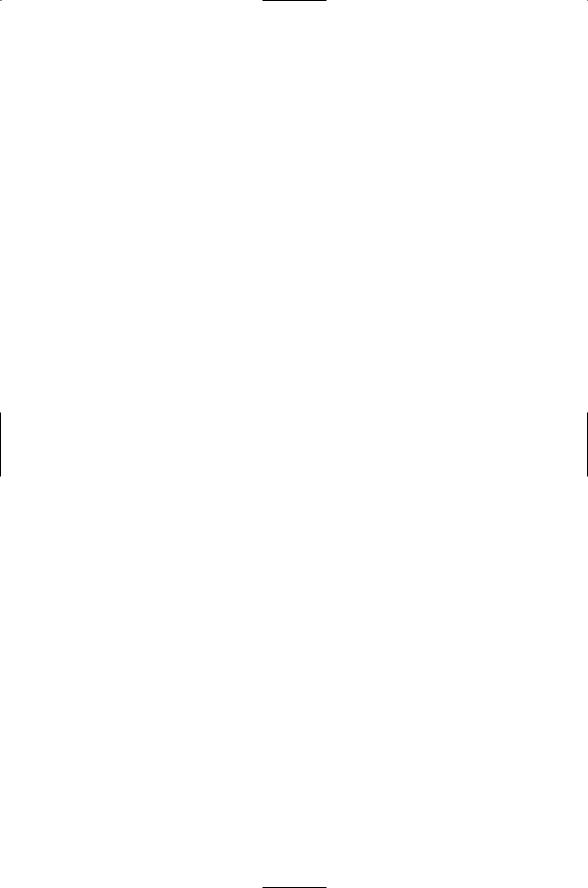
senator in 1935. In 1930s member of Presidium of Executive Committee of Communist International. Director of party newspaper L’Humanité from 1918 to 1958. Also leader of Confédération Générale du Travail (General Confederation of Labor). Fought in Resistance to German occupation. Elected to Constituent Assembly and National Assembly in 1945.
Castro Ruz, Fidel (born 1926). Cuban revolutionary. Graduated in law from University of Havana in 1950. In 1947 organized expedition against Trujillo dictatorship in Dominican Republic. In 1948 took part in popular insurrection in Bogotá (Columbia). Helped to found Party of the Cuban People (Orthodox). In 1953 led armed struggle against Batista regime but imprisoned following failed attack on Moncada Barracks of July 26, 1953; the movement he led thereafter bore the name “July 26 Movement.” Released in amnesty in May 1955 and went to Mexico and United States. Organized armed group, which in December 1956 secretly sailed to Cuba from the Yucatan in Mexico, on a small ship named the Granma, and began guerrilla warfare in the Sierra Maestre mountains against the Batista dictatorship. Following victory on January 1, 1959, became commander in chief of armed forces. Prime minister from February 1959 to February 1976 (when office abolished). In April 1961 became secretary general of United Revolutionary Organizations, transformed in 1962 into United Party of the Socialist Revolution of Cuba. In October 1965 became first secretary of CC of new Communist Party of Cuba and member of its Politburo. Since December 1976 president of Council of State and president of Council of Ministers. President of Nonaligned Movement from 1979 to 1983.
Castro Ruz, Raul (born 1931). Cuban revolutionary. Younger brother of Fidel Castro. At University of Havana belonged to Socialist Youth, affiliated to Popular Socialist Party. In 1953 joined Fidel in July 26 attack on Moncada Barracks, imprisoned, released in 1955 and went to Mexico. Returned to Cuba with Fidel in 1956, led guerrilla forces in Northern Oriente. In 1959 took over command of army from Fidel and appointed minister of the revolutionary armed forces. Traveled to Prague and Moscow to ask for weapons. Led counterattack to Bay of Pigs invasion in April 1961. In 1969 completed advanced course in military studies. Promoted to division commander (equivalent to general). Since December 1976 first vice president of Council of State and first vice president of Council of Ministers. Second secretary of CC of Communist Party of Cuba and member of its Secretariat and Politburo.
Ceausescu,Nicolae (1918–89). Romanian politician. Son of peasant. Shoemaker’s apprentice. Factory worker from age 11. Joined Romanian Communist Party
[ ]
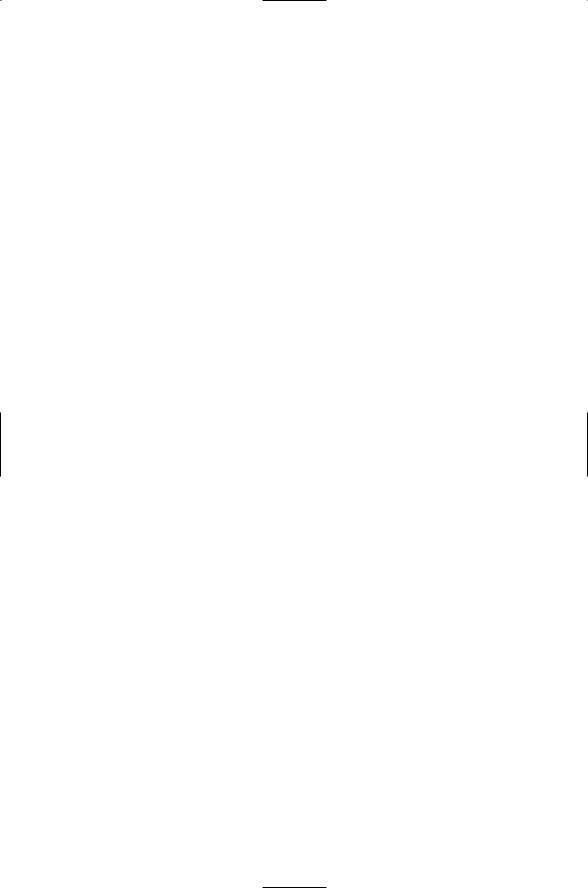
in 1932. In prison from 1936 to 1938 and from 1940 to 1944. In 1943–44 shared cell in concentration camp with Gheorghe Gheorghiu-Dej and became his protégé. Secretary of Young Communist League in 1944–45. From 1947 minister of agriculture, then deputy minister of the armed forces. Became member of CC of Romanian Workers Party in 1952 and of its Politburo in 1954. Became first secretary of CC of Romanian Workers Party in March 1965, president of State Council in December 1967, president of Romania in 1974. Given titles of Conducator (Leader) and Genius of the Carpathians. Overthrown by popular and military uprising in December 1989, arrested, condemned to death, and shot.
Cepicka, Alexej (1910–90). Czechoslovak politician. Son-in-law of party leader Klement Gottwald. Imprisoned in Nazi concentration camp from 1942 to 1945. Minister of domestic trade in 1947–48. Minister of justice from 1948 to 1950. Minister of national defense from 1950 to 1956. Deputy head of government from 1953 to 1956. Removed from all official posts for abuses of power in April 1956. Expelled from party in 1963.
Chaban-Delmas, Jacques (1915–2000). French politician. Educated in law and political science, then journalist, joined army in 1938. Joined Resistance in December 1940 and adopted Chaban as code name. In 1946 entered Chamber of Deputies as a Radical Socialist but soon joined de Gaulle’s party. Served in several cabinets. Mayor of Bordeaux from 1947 to 1995. Chairman of National Assembly from 1958 to 1969, from 1978 to 1981, and from 1986 to 1988. Prime minister from 1969 to 1972. Author of memoirs and several other books.
Chamberlain, (Arthur) Neville (1869–1940). British politician. Early career in business and from 1911 in city government of Birmingham, in 1915 becoming lord mayor. In 1917 director of national service. In 1918 elected to parliament as Conservative. Minister of health in 1923 and from 1924 to 1929. Chancellor of the exchequer in 1923–24 and from 1931 to 1937. Prime minister from 1937 to 1940. Signed Munich Agreement on dismemberment of Czechoslovakia in September 1938. Forced to resign in May 1940 after defeat of British forces in Norway.
Chang Tsolin (1873–1928). Chinese warlord. Manchurian robber chief (“red beard”). Fought against Japanese in First Sino-Japanese War of 1894–95 and (as commander of a Manchurian militia unit) with Japanese in Russo-Japanese war of 1904–1905. In 1918 appointed inspector general of Manchuria, which with support of Japanese Kwantung Army became his power base. From 1920 tried to extend his rule southward and gain control of government in Beijing.
[ ]
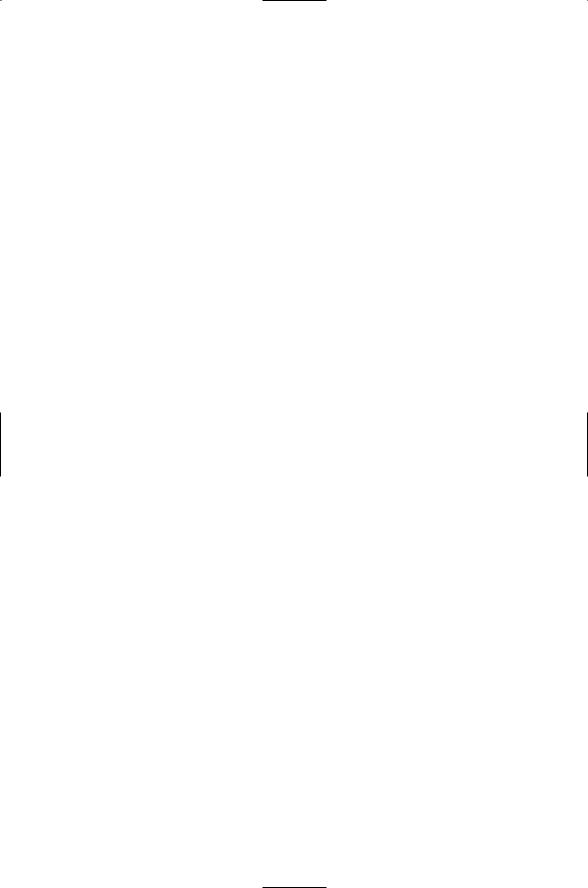
In 1926 his army seized Beijing and massacred Communists, but suddenly switched sides and handed over control to Kuomintang (whose forces were approaching from the south). Killed when Kwantung Army blew up train on which he was returning to Manchuria.
Chen Yi (1901–72). Chinese military commander and politician. Son of magistrate. Political instructor at Whampoa Military Academy from 1925 to 1927. Following Kuomintang-Communist split joined Fourth Red Army. Appointed acting commander of New Fourth Army in 1941 and commander in 1946. Mayor of Shanghai from 1949 to 1958. Foreign minister from 1958 to 1966. Persecuted and beaten by Red Guards in Cultural Revolution.
Chernyshevsky, Nikolai Gavrilovich (1828–89). Russian writer and journalist. Son of priest. Graduated from University of Saint Petersburg. In 1855 joined staff of progressive journal Sovremennik [The Contemporary], wrote on literature and politics. Subjected to “civil death” and exiled to Siberia in 1863, later imprisoned until 1883. In prison wrote utopian novel What Is To Be Done?
Chervenkov,Vylko (or Vulko; 1900–80). Bulgarian politician. Joined Bulgarian Communist Party in 1919. Youth work, newspaper editing. Took part in failed Communist uprising of September 1923, sentenced to death, fled to Soviet Union in 1925. Attended Marx-Lenin School, later its director. Worked for Comintern. From 1941 to 1944 director of radio station broadcasting to Bulgaria. Member of Bureau of CC of BCP in exile in Moscow. Returned to Bulgaria in 1944 and held government posts, including minister of culture (1947). Member of Politburo of CC of BCP from 1944 to 1962 and its general secretary from 1949 to 1954. Also president of National Council of Fatherland Front. Deputy prime minister in 1949–50, prime minister from 1950 to 1956, then again deputy prime minister until retirement in 1961. After 1956 criticized for “cult of personality” and fell gradually from power. Expelled from BCP in 1962, readmitted in 1969.
Chiang Kaishek (1887–1975). Chinese general and politician. Military and political leader of Kuomintang (National People’s Party). In 1924 appointed commandant of newly established Whampoa Military Academy. In 1925 succeeded Sun Yatsen as leader of Kuomintang. Led Northern Expedition to suppress warlords and unify China. In 1928 became president of newly proclaimed Republic of China. Fought against Chinese Communist Party and with it against Japanese invaders. Following defeat in civil war in 1949, retreated to Taiwan (thenceforth identified with Republic of China).
[ ]
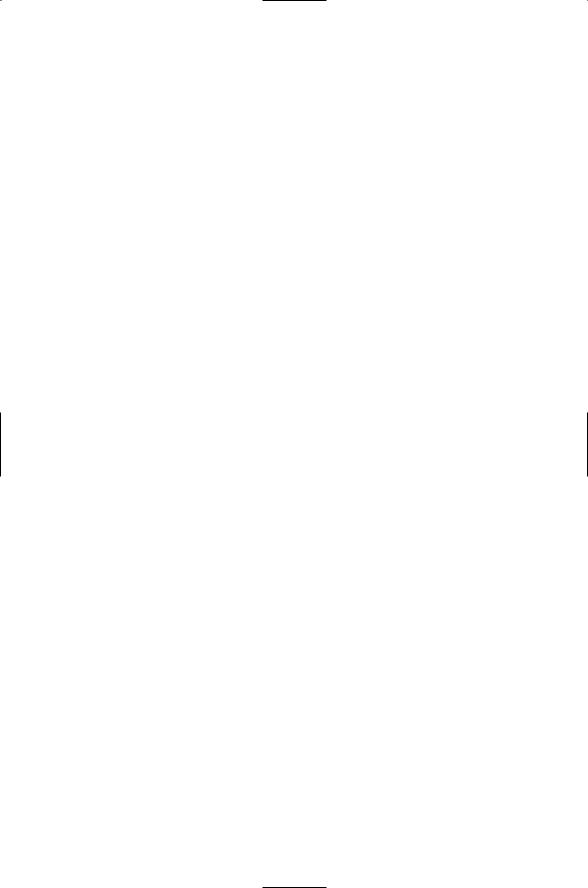
Chubar, Vlas Yakovlevich (1891–1939). Soviet official. Peasant. Joined party in 1907. From 1911 worker, participated in revolutions of 1905, February 1917, and October 1917. From 1918 to 1922 official of leading economic agencies. From 1923 chairman of Council of People’s Commissars of Ukrainian SSR and deputy chairman of USSR Council of People’s Commissars. From 1934 deputy chairman of Council of Labor and Defense. From 1937 people’s commissar of finance. From 1938 first deputy chairman of Council of People’s Commissars. Member of party CC from 1921 and of its Politburo from 1935 to 1938. Arrested in 1938, executed in 1939, rehabilitated posthumously in 1955.
Clay, Lucius Dubignon (1897–1978). American general. Graduated from West Point in 1918 as Army engineer. From 1924 to 1928 taught civil and military engineering at West Point. In 1934 appointed U.S. representative to Permanent International Navigation Conference in Brussels. From 1938 to 1940 directed construction of Red River Dam in Texas. In 1940–41 head of Defense Airport Program of Civil Aeronautics Authority. In 1942 promoted to Army brigadier general. Assistant chief of staff for material, then director of material for Army Service Forces. In early 1945 cleared port of Cherbourg for Allied shipping. From March 1947 until retirement in May 1949 military governor of Germany, organized Berlin airlift in 1948–49 (“Father of the Berlin Airlift”).
Couve de Murville, Maurice (1907–99). French official, diplomat, and politician. Studied law, literature, and political science. During World War II worked in Ministry of Finance under Vichy regime. Minister of foreign affairs from 1958 to 1968. Minister of finance in 1968. Prime minister in 1968–69.
Cyrankiewicz, Jozef (1911–89). Polish politician. From 1941 to 1945 in Nazi concentration camps, then general secretary of Polish Socialist Party. From 1948 to 1972 member of Politburo of CC of Polish United Workers Party. From 1947 to 1952 chairman, from 1952 to 1954 deputy chairman, and from 1954 to 1970 again chairman of Council of Ministers (prime minister) of Poland. From 1970 to 1972 chairman of State Council of Polish People’s Republic.
Daladier, Edouard (1884–1970). French politician, leader of Republican Party of Radicals and Radical Socialists. Member of successive cabinets after World War I. Prime minister from January to October 1933 and from January to February 1934. In April 1938 became prime minister again and also minister of national defense. Signed Munich Agreement on dismemberment of Czechoslovakia in September 1938. In 1939 also minister of war and foreign affairs. Resigned as prime minister in March 1940 but remained in cabinet until government collapsed in Nazi invasion of June 1940. Arrested by Vichy regime
[ ]
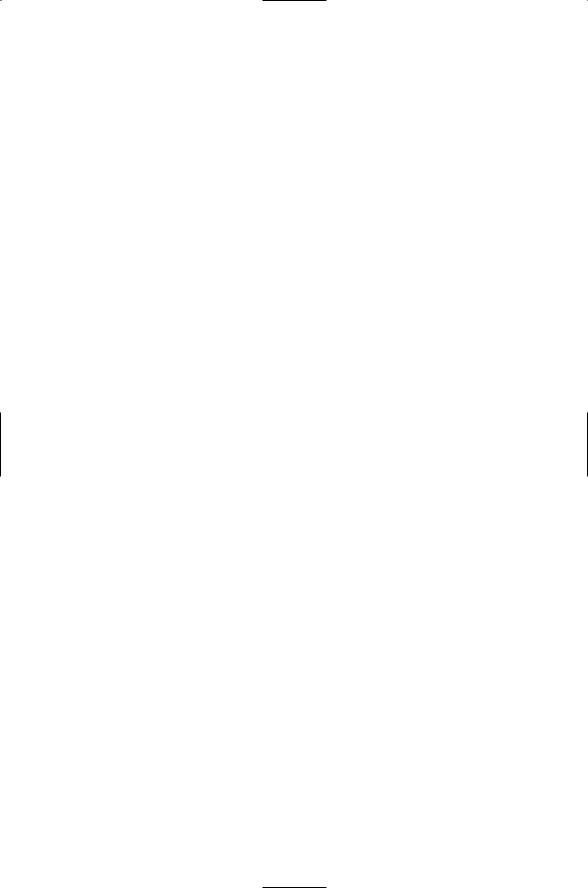
and interned by Germans. Liberated in 1945. Elected to National Assembly in 1946 and retained seat until 1958.
Daud Khan, Sardar (Prince) Mohammed (name also spelled Daoud or Doud;
1908–78). Afghan politician. Cousin and brother-in-law of King Mohammed Zahir Shah. Graduated from Kabul military college. In 1930s and 1940s occupied various military and administrative positions. Minister of national defense in 1946. Afghan ambassador to France, Belgium, and Switzerland in 1948–49. Deputy prime minister, minister of national defense, and member of Supreme State Council from 1949 to 1951. Prime minister from 1953 to 1963. Resigned on demand of king. In July 1973, while king abroad, led putsch by young left-wing officers to overthrow monarchy and establish Republic of Afghanistan with himself as president. In September 1975 created Party of the National Revolution and banned other parties. In April 1978 overthrown and killed in coup by People’s Democratic Party of Afghanistan (i.e., Communist Party).
Debré, Michel (Michel-Jean-Pierre; 1912–96). French official and politician. Son of teacher. Studied law and political science. Civil servant at Council of State. Cabinet minister from 1938 to 1940. Joined army, taken prisoner, escaped and went into hiding. In 1945–46 on de Gaulle’s staff, responsible for administrative reform. Elected to senate in 1948 as Radical. Minister of justice in 1958. Prime minister from 1959 to 1962. Member of parliament from 1963 to 1989. Elected mayor of Amboise in 1966. Minister of economy and finance from 1966 to 1968. Minister of foreign affairs in 1968–69. Minister of defense from 1969 to 1973. Elected to French Academy in 1988.
de Gaulle, Charles (1890–1970). French general and politician. Graduated in 1912 from Military Academy Saint Cyr. Fought in World War I, taken prisoner in 1916. Fought for Poland in Soviet-Polish war of 1919–20. Lectured at French War College. Advocated dynamic use of concentrated armor and air forces. Fought against Nazi invasion of 1940, appointed minister of war by prime minister Paul Reynaud. When Pétain took power fled to England, whence led Free French Forces. In 1943 moved to Algeria and became co-president of French Committee of National Liberation, from May 1944 Provisional Government of the French Republic. Took part in Allied liberation of France. In November 1945 elected head of government by Constituent Assembly. Resigned in January 1946 to form political party “Rally of the French People” (disbanded in 1955). Called to form new government in 1958; as prime minister inaugurated new constitution. Elected president of France in 1958 during Algerian crisis. Resigned in 1969.
[ ]

Demchenko, Mariya Sofronovna (1912–?). Soviet agronomist. From 1930 to 1936 field team leader at collective farm in Cherkass province (Ukraine). Initiated mass movement of “five-hundreders” to obtain high yields of sugar beet (at least 500 centners per hectare). Joined party in 1939. In 1945 graduated from Kiev Agricultural Institute. From 1945 to 1958 agronomist at collective farm in Kiev province. From 1958 to 1961 engaged in graduate studies, then worked on experimental plots at state farm in Kiev province until retirement in 1965. Deputy of USSR Supreme Soviet. Awarded great gold medal of All-Union Agricultural Exhibition.
Deng Xiaoping (Deng Xixian; 1904–97). Chinese politician. Studied from 1920 to 1925 in France, where joined Chinese Communist Party in 1924. In 1926 studied in Moscow. Veteran of Long March (1934–35). During SinoJapanese War and Chinese civil war political commissar with Red armies. Became member of CCP CC in 1945, its vice chairman in 1952, member of its Politburo in 1955, and its general secretary in 1956. Deputy prime minister of Chinese People’s Republic from 1952 to 1966, when denounced by Red Guards in Cultural Revolution as “Capitalist Roader No. 2,” removed from all official positions, and sent to work in tractor factory. Reinstated as deputy prime minister by Zhou Enlai in 1973, purged again in 1976 after Zhou’s death, and reinstated again as deputy prime minister and vice chairman of CCP CC in 1977 after Mao’s death. From 1978 to 1983 chairman of All-China Committee of People’s Political Consultative Council. From 1975 to 1980 chief of General Staff. From 1982 to 1987 chairman of newly created CCP Central Advisory Commission. Visited United States in 1979. From 1981 to 1989 chairman of military council of CCP CC and from 1983 to 1990 of central military council of Chinese People’s Republic. De facto national leader from late 1970s to early 1990s.
Desai, Morarji (1896–1995). Indian politician. From 1918 minor functionary of British civil service in Bombay. Joined independence struggle in 1930. In 1930s and 1940s alternated time in prison with work in ministerial posts in Bombay government. Elected chief minister of Bombay in 1952. Minister of commerce and industry from 1956 until resignation in 1963. Deputy prime minister from 1967 until resignation in 1969 to join opposition to Congress Party. In 1975 arrested under Indira Gandhi’s Emergency, held in solitary confinement until 1977. Prime minister of India for Hindu nationalist Janata Party from March 1977 to July 1979.
Djilas, Milovan (1911–97). Yugoslav politician and writer. Joined Communist Party of Yugoslavia in 1932 while student at Belgrade University. In
[ ]
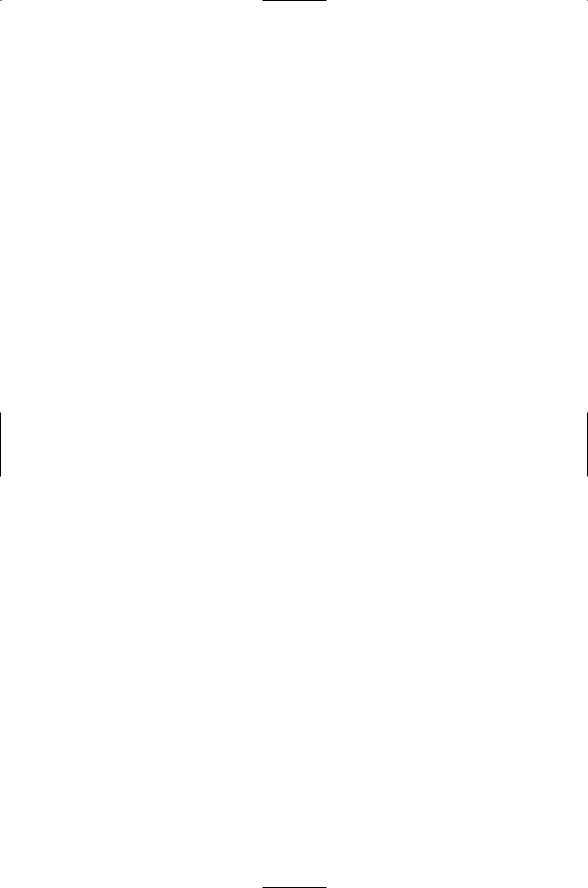
prison from 1933 to 1936. Became member of CC of Communist Party of Yugoslavia in 1938 and of its Politburo in 1940. Commander in People’s Liberation Army of Yugoslavia during World War II. Lieutenant general. Sent to Moscow to meet with Stalin. Participated in liberation of Belgrade in 1944. After war vice president of Federal Socialist Republic of Yugoslavia and head of Department of Agitation and Propaganda of CC of Communist Party of Yugoslavia. Sent to Moscow again to meet with Stalin in 1948. Widely regarded as Tito’s eventual successor, but removed from all official positions in 1954 and resigned from party soon thereafter. Following publication of his book The New Class in 1955 and his support for Hungarian uprising, arrested and imprisoned from 1956 to 1961 and from 1962 to 1966. Critic of both Stalinist and Titoist models of socialism, author of several books.
Dobi, Istvan (1898–1968). Hungarian politician. Peasant background. Participated in Hungarian Soviet Republic of 1919 and in antifascist Resistance. Member of left wing of Smallholders Party from 1945 and its chairman from 1947 to 1959, then became member of Hungarian Socialist Workers Party and of its CC. Prime minister from December 1948 to August 1952. President (chairman of Presidential Council) of Hungary from 1952 until retirement in April 1967. Awarded Lenin Peace Prize in 1962.
Dobrynin, Anatoly Fyodorovich (born 1919). Soviet diplomat. Educated as engineer. Joined diplomatic service in 1941. Joined party in 1945. Became counselor at Soviet embassy in Washington in 1952. Deputy secretary-general of the United Nations from 1957 to 1960. Soviet ambassador to the United States from 1962 to 1986. Member of party CC from 1971 to 1990. A secretary of party CC from 1986 to 1988. Adviser to President Mikhail Gorbachev from 1988 to 1991. Hero of Socialist Labor (1982).
Douglas-Home, Alec (1903–95). British politician (Conservative Party). In 1951 inherited from father the title of Earl of Home. From 1951 to 1955 minister of state at the Scottish Office. From 1955 to 1960 commonwealth relations secretary. From 1960 to 1963 foreign secretary. Prime minister in 1963–64. Received the title of Baron Home in 1974.
Duclos, Jacques (1896–1975). French politician. Joined French Communist Party in 1920. Became member of its CC in 1926 and of its Politburo in 1931. A secretary of the French Communist Party from 1931 to 1964. Under German occupation one of the leaders of the Resistance. Head of the group of Communist deputies in the National Assembly from 1946 and in the Senate from 1959.
[ ]
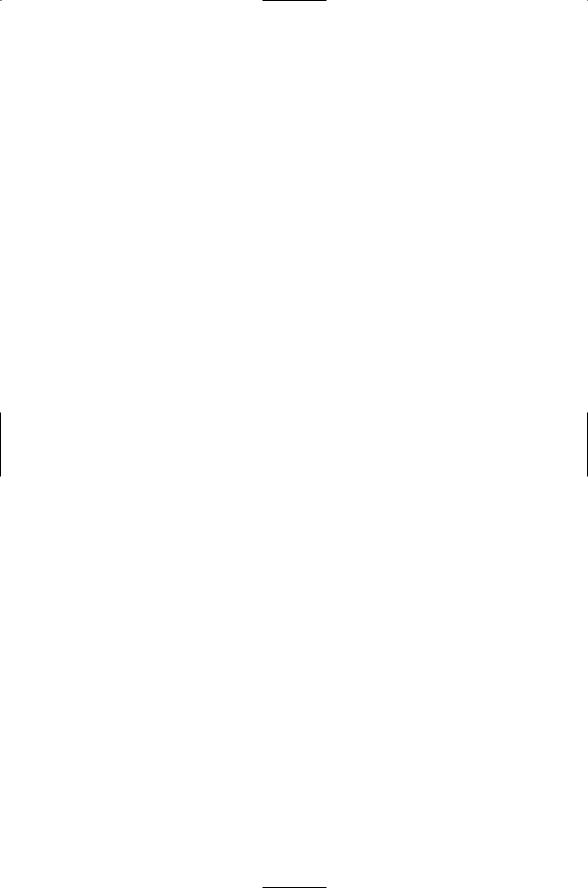
Dulles, Allen Welsh (1893–1969). American official. Son of Presbyterian minister and brother of John Foster Dulles. On graduation from Princeton University joined foreign service and served in Vienna, Berne, Paris, Berlin, and Istanbul. In 1922 appointed chief of State Department Division of Near Eastern Affairs. During World War II (1942–45) served with Office of Strategic Services as head of U S. political intelligence in Europe. Began working for Central Intelligence Agency (CIA) on its establishment in September 1947. Director of CIA from 1953 to November 1961, when forced to resign after failure of Bay of Pigs operation in April 1961.
Dulles, John Foster (1888–1959). American official. Son of Presbyterian minister and brother of Allen Welsh Dulles. Attended Princeton University and George Washington University, then specialized in international law at New York law firm of Sullivan & Cromwell, later becoming a partner. In 1918 legal counsel to U.S. delegation to Versailles Peace Conference, then member of War Reparations Committee. Member of U.S. delegation to founding conference of United Nations in San Francisco in 1945. U.S. delegate to United Nations General Assembly in 1946, 1947, and 1950. Senator for New York from July to November 1949. Secretary of state from January 1953 to April 1959. Architect of South East Asia Treaty Organization (SEATO), created in 1954. Advocated strategy of “brinkmanship.”
Dymshits, Venyamin Emmanuilovich (1910–93). Soviet engineer and official. In 1930s played prominent role in construction of Kuznetsk, Mariupol, Magnitogorsk, and Zaporozhye metallurgical plants in Siberia and Ukraine. From 1950 to 1953 a deputy minister of construction of enterprises of heavy industry. From 1954 to 1957 a deputy minister of construction of metallurgical and chemical enterprises. From 1957 to 1959 chief engineer at the Bhilai construction site in India. From 1959 first deputy chairman and from 1962 to 1965 chairman of State Planning Commission (Gosplan) and of Council of National Economy. From 1965 to 1976 chairman of State Committee of Council of Ministers for Material-Technical Supply. From 1976 to 1985 a deputy chairman of Council of Ministers. Hero of Socialist Labor (1980).
Dzerzhinsky, Feliks Edmundovich (1877–1926). Soviet official. Son of landowner. Joined Lithuanian Social Democratic Party in 1895, worked as tradeunion organizer. Arrested and exiled to Siberia in 1897, but escaped to Warsaw in 1899 and joined Social Democratic Party of the Kingdom of Poland and Lithuania. Imprisoned again in 1908, released after revolution of February 1917. In December 1917 appointed people’s commissar for internal affairs and the chairman of All-Russia Extraordinary Commission for Combating
[ ]
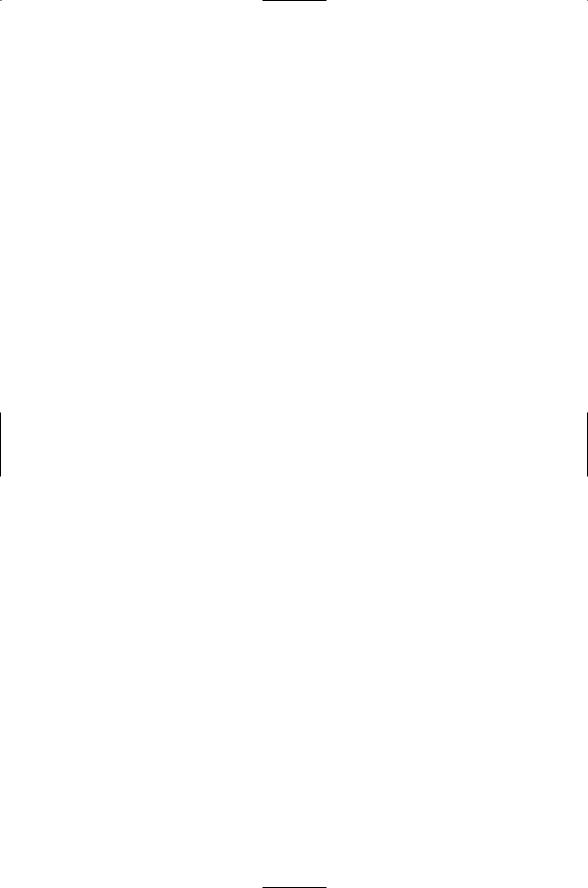
Counterrevolution and Sabotage (Cheka, security police). In September 1918 initiated Red Terror. Carried out many missions in civil war. From 1921 to 1923 people’s commissar of transport of RSFSR and in 1923–24 people’s commissar of transport of USSR. From 1922 to 1926 chairman of GPU–OGPU (security police), concurrently from 1924 to 1926 chairman of Supreme Council of National Economy. Member of party CC from 1907 to 1912 and from 1917, of its Secretariat in 1917, and of its Orgburo from 1921 to 1924. Died of typhus.
Eaton, Cyrus (1883–1979). Canadian-American financier and industrialist. Graduated from McMaster University. Involved in public utilities from 1906 to 1912. Organized Continental Gas & Electric Corporation. Became director of Otis & Co. banking house in 1925. Later went into coal and steel business, formed Republic Steel Corporation. In 1956 initiated Pugwash Intellectual Life Conferences, followed in 1957 by International Pugwash Conferences of Nuclear Scientists (named after his birthplace in Nova Scotia). In 1960 awarded International Lenin Prize. Fellow of American Academy of Arts and Sciences. Author of several books on politics and economics.
Eden, Anthony (1897–1977). British politician (Conservative Party). Elected member of Parliament in 1923. Parliamentary private secretary at Foreign Office from 1926 to 1929. Undersecretary for foreign affairs from 1931 to 1934. Foreign secretary from 1935 to 1938, from 1940 to 1945, and from 1951 to 1955. Prime minister from 1955 until resignation in 1957. Given title of Earl of Avon in 1961.
Eisenhower, Dwight David (1890–1969). American general and politician. Graduated from West Point in 1915. Attended Command and General Staff College in 1925–26. From 1929 to 1933 executive officer to assistant secretary of war, then chief military aide to Army chief of staff. From 1935 to 1939 assistant military adviser to Philippine government. From 1939 to 1941 in staff positions in United States. Following U.S. entry into World War II, war planning at General Staff in Washington, D.C. Commander of Allied forces landing in North Africa in November 1942. Supreme Allied Commander in Europe in 1944–45, in charge of Allied invasion of France in June 1944. From 1945 to 1951 president of Columbia University. In 1951 became supreme commander of newly assembled NATO forces. Persuaded to run for president in 1952 for Republican Party. President of United States from 1953 to January 1961 (re-elected for second term in November 1956).
Erhard, Ludwig (1897–1977). West German politician. Fought in World War I. Became market researcher. In 1947 appointed director of Economic Council
[ ]
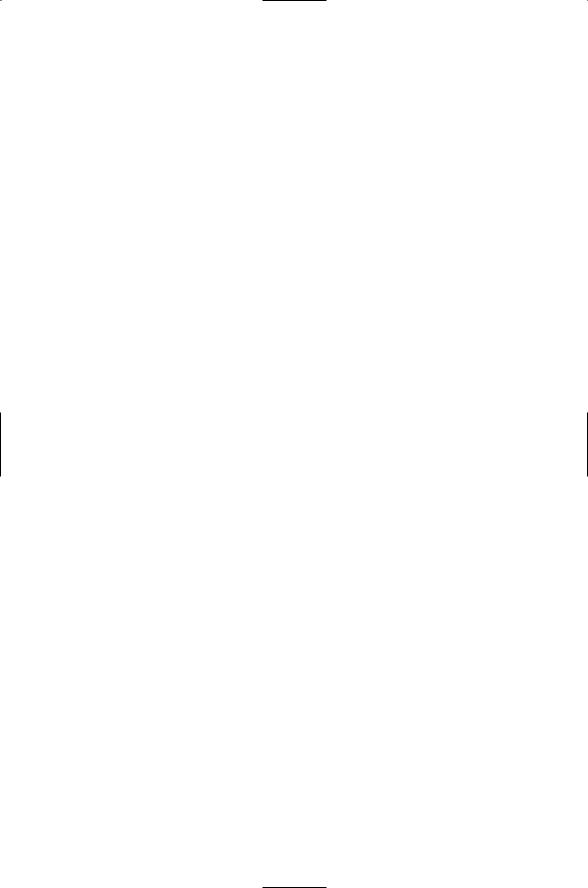
in Anglo-American zone of occupation. In 1949 joined Christian Democratic Party. Minister of economic affairs from 1949 to 1963. Advocate of “social market economy,” designed and implemented plan for economic recovery of West Germany. Federal chancellor from 1963 to 1966. Chairman of Christian Democratic Union in 1966–67, thereafter honorary chairman.
Erlander, Tage Fritiof (1901–85). Swedish politician. Graduated in sociology and philology from Lund University in 1928. Editor of Swedish Encyclopedia from 1929 to 1938. Elected to parliament as social democrat in 1932. Appointed state secretary in Ministry of Social Affairs in 1938 and minister of education in 1944. Chairman of Social Democratic Labor Party of Sweden. Prime minister from 1946 to 1969. Played leading role in creating Sweden’s welfare state.
Farkas, Mihaly (1904–65). Hungarian politician. Member of Politburo of CC of Hungarian Communist Party and its deputy general secretary from 1945 to 1948. Member of Politburo of CC of Hungarian Workers Party and a CC secretary from 1948 to 1955, concurrently minister of national defense from 1948 to 1953. Orchestrated show trials in 1949. Expelled from party, arrested in 1956, tried in 1957, convicted of taking part in organization of purges of late 1940s and early 1950s. Sentenced to 16 years, but amnestied in 1960.
Farouk (Faruq; 1920–65). King of Egypt. Succeeded father Fuad I in 1936. Perceived as corrupt and extravagant. Forced to abdicate in revolution of July 1952 in favor of baby son Fuad II (monarchy abolished in June 1953). Went into exile in Italy and Monaco. Died of overeating.
Faure, Edgar (1908–88). French lawyer and politician. Fought in Resistance in 1941–42, then fled to de Gaulle’s headquarters in Algiers, where appointed head of legislative department of provisional government. French counsel at Nuremberg war crimes trial in 1945–46. Deputy in National Assembly from 1946 to 1958 and from 1967 to 1980. Senator from 1959 to 1967 and in 1980. Mayor of Port-Lesney (Jura) from 1947 to 1971 and from 1983 to 1988. Mayor of Pontarlier from 1971 to 1977. Minister of finance in 1950–51. Prime minister in 1952. Foreign minister in 1955. Prime minister in 1955–56. Switched support from Radical Party to de Gaulle. Sent on unofficial mission to People’s Republic of China in 1963. Minister of agriculture in 1966. Minister of education in 1968. Minister of social affairs in 1969. President of National Assembly from 1973 to 1979. Became member of French Academy in 1978. Author of several books on history, politics, and philosophy, as well as memoirs.
Fierlinger, Zdenek (1891–1976). Czechoslovak diplomat and politician. Emissary of Czechoslovakia to Netherlands, Romania, the United States, Switzerland,
[ ]
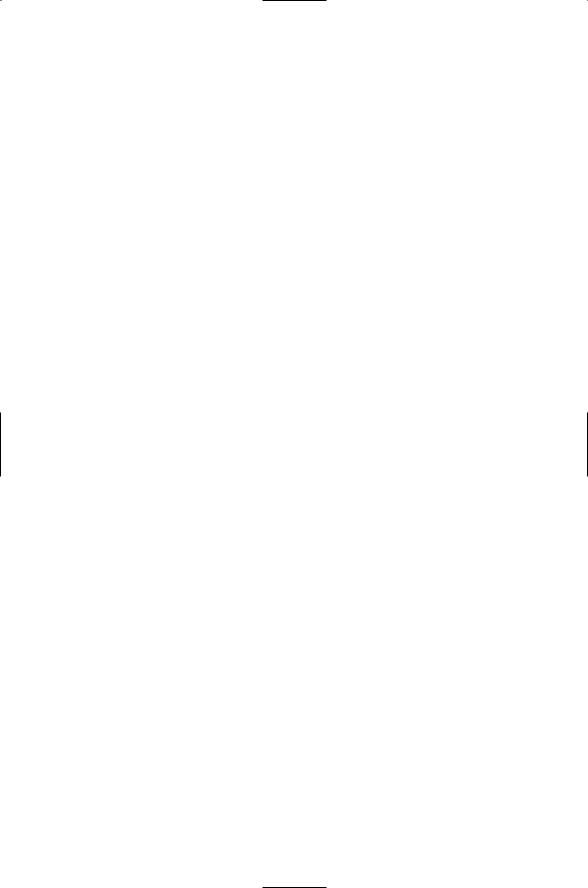
and Austria. From 1928 to 1932 representative of Czechoslovakia at League of Nations. From 1937 to 1939 emissary and from 1942 to 1945 ambassador to USSR. Prime minister from April 1945 to July 1946, then deputy prime minister until 1953, then chairman of National Assembly. From 1964 until retirement in 1976 chairman of Czechoslovak-Soviet Friendship Society. Member of Presidium of CC of Communist Party of Czechoslovakia from 1948 to 1966.
Franco, Francisco (1892–1975). Spanish general and politician. Graduated from Infantry Academy in Toledo in 1910. Fought against rebellious tribes in Morocco. In 1926 became youngest general in any European army and director of Military Academy in Saragossa. Following fall of monarchy in 1931, crushed miners’ uprising in Asturias in 1934 and was appointed chief of General Staff. After election of left-wing government in spring 1936, colonial army took control of Morocco as base for attempted coup, sparking Spanish civil war. In September 1936 made generalissimo of Nationalist army, in October 1936 Nationalist head of state. Won Civil War and gained control of whole country in 1939. Suppressed all opposition and established dictatorship that lasted until his death.
Fulbright, James William (1905–95). American politician, businessman, lawyer, educator, and writer. Graduated from University of Arkansas in 1925, from Oxford University in 1931, and from George Washington University in 1934. Special attorney in antitrust division of U.S. Department of Justice in 1934–35. Taught at George Washington University in 1935–36 and at University of Arkansas from 1936 to 1939. President of University of Arkansas from 1939 to 1941. Also in newspaper business, lumber business, banking, and farming. Elected to House of Representatives for Democratic Party in 1943. Senator from 1945 to 1974 (re-elected four times). Chairman of Senate Committee on Banking and Currency and of Senate Committee on Foreign Relations. Sponsored Fulbright Act of 1946 to fund international exchanges of students, scholars, and teachers. Counsel to law firm of Hogan & Hartson from 1974 to 1993.
Furmanov, Dmitry Andreyevich (1891–1926). Soviet writer. In 1919 commissar of 25th Infantry Division, commanded by Vasily Ivanovich Chapayev (1887–1919). In 1920 head of the Political Department of the Ninth Army in the North Caucasus. Chapayev was the inspiration for his civil war novel Chapayev (1923), later turned into a film (1934). Also author of other works on civil war as well as essays and diaries.
Furtseva, Yekaterina Alekseyevna (1910–74). Soviet official. Komsomol work from 1930. From 1942 to 1950 a secretary, then second secretary, then first
[ ]
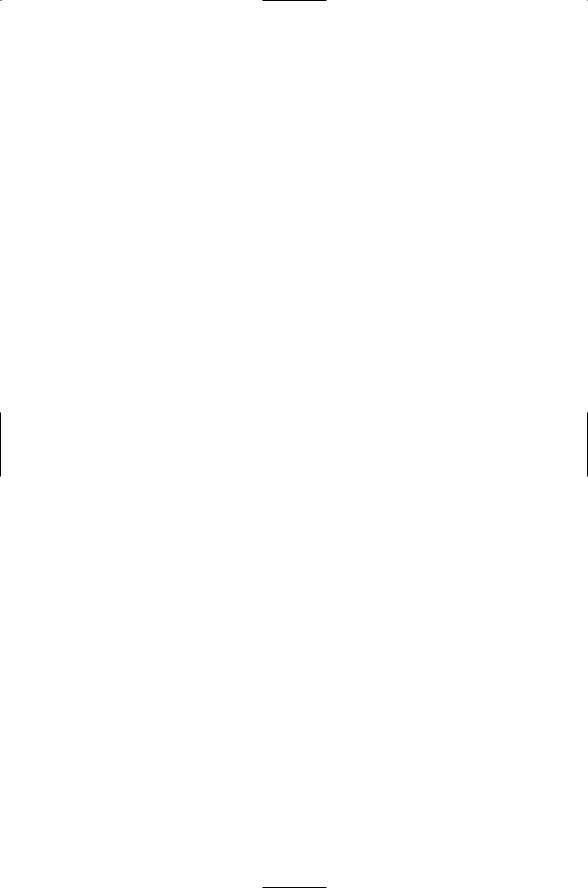
secretary of Frunze district party committee (in Moscow). From 1950 second secretary and from 1954 to 1957 first secretary of Moscow city party committee. From 1956 to 1960 a secretary of party CC and from 1957 to 1961 a member of its Presidium. From May 1960 to 1974 minister of culture.
Gaitskell, Hugh T. N. (1906–63). British politician. Graduated from Oxford University in 1927 in philosophy, politics, and economics. In 1930s headed Department of Political Economy at University College London. Civil servant during World War II. Elected to parliament for Labour Party in 1945. Parliamentary secretary to Ministry of Fuel and Power from 1945 to 1947. Minister of fuel and power from 1947 to 1950. Minister of state for economic affairs in 1950. Chancellor of the exchequer in 1950–51. Elected leader of Labour Party in 1955. Led protest against British-French-Israeli intervention in Suez (Egypt) in 1956. Tried to change Clause IV of Labour Party program on nationalization of industry and resisted attempts to commit Labour Party to unilateral nuclear disarmament.
Gandhi, Feroze (original name Khan; 1912–60). Indian journalist and politician. Husband of Indira Gandhi (married in 1942). Joined struggle for independence in 1930. In 1946 appointed managing director of National Herald (Lucknow). Elected to Lok Sabha (House of the People, lower chamber of federal parliament) for Congress Party. Fought against corruption.
Gandhi, Indira Priyadarshini (1917–84). Indian politician. Only child of Jawarharlal Nehru. In 1930 became leader of Monkey Brigade (children’s support group for Indian National Congress). Joined Indian National Congress in 1938. Married Feroze Gandhi in 1942. In prison in 1942–43. During father’s tenure as prime minister (1947–64) acted as his hostess and confidante. Minister of information and broadcasting from 1964 to 1966. Prime minister from 1966, reelected in 1971. In August 1971 signed Treaty of Peace, Friendship, and Cooperation with Soviet Union. Declared Emergency to suppress rights of opposition (June 1975–January 1977), but lost subsequent election. In January 1978 elected chair of Indian National Congress (Indira). Reelected prime minister in January 1980. Minister of foreign affairs in 1984. Following conflict sparked by Sikh extremist occupation of Golden Temple in Amritsar, assassinated by her own Sikh bodyguards on October 31, 1984. Recipient of International Lenin Prize (1985).
Gandhi, Mohandas Karamchand (1869–1948). Indian spiritual leader and politician, also known as Mahatma Gandhi (Mahatma meaning “Great Soul”). From 1888 to 1891 studied law in England. From 1893 to 1914 (with intervals)
[ ]
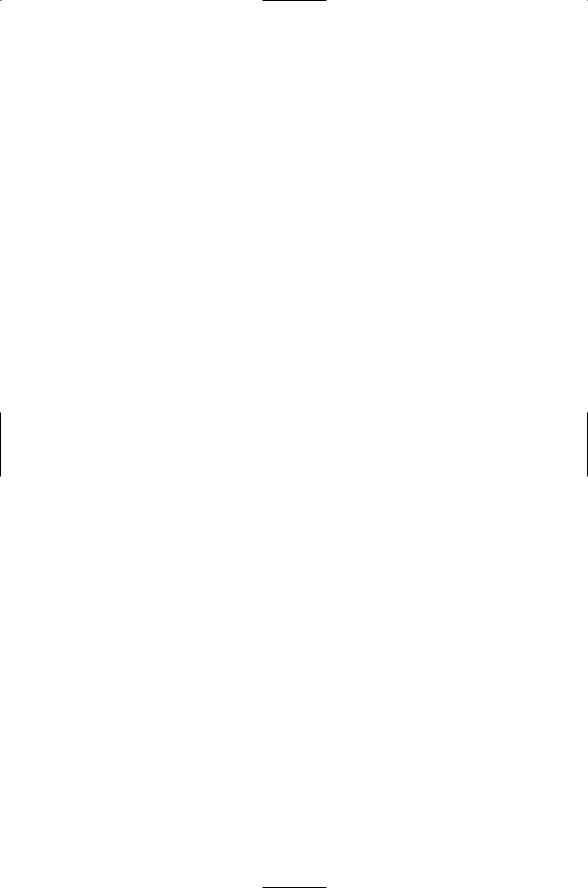
in South Africa, led nonviolent campaign against racial discrimination. Returned to India in 1915. Assumed leadership of Indian National Congress in 1919. First Indian campaign of civil disobedience (satyagraha) in March 1930–– march to Dandi against salt tax. Repeatedly imprisoned. In 1947–48 campaigned against communalism and partition of Raj into India and Pakistan. Assassinated by Hindu extremist.
Gao Gang (1902–55). Chinese politician. Joined Chinese Communist Party in 1926. In 1945 became member of CCP CC and of its Politburo and secretary of its Northeast Bureau (for Manchuria). In 1949 appointed a deputy chairman of central people’s government. Distrusted on account of strong ties with Soviet leaders. In 1953 transferred to Beijing and appointed chairman of State Planning Commission. “Exposed” and removed from all official positions in 1954 and expelled from CCP in March 1955, accused (inter alia) of relying excessively on Soviet advisers and promoting Soviet model of economic management. Died under mysterious circumstances.
Garst, Roswell (“Bob”; 1898–1977). American millionaire farmer (Coon Rapids, Iowa). Began farming in 1917. From 1926 to 1930 lived in Des Moines, capital of Iowa, and tried to sell real estate. Met Henry A. Wallace and became enthusiast for his ideas about hybrid seed corn. In 1930 Garst and his friend Charles Thomas established Garst & Thomas Hybrid Corn Company and became Midwest marketers of Wallace’s Pioneer Hi-Bred corn. Visited Soviet Union and met Khrushchev and Mikoyan in the Crimea on October 7, 1955. Thereafter maintained business relations with USSR and met Khrushchev several times. On his visit to United States, Khrushchev accepted invitation to tour Garst’s farm on September 23, 1959.
Gerhardsen, Einar Henry (1897–1987). Norwegian politician. Originally road worker. Active in Labor Party Youth Organization from 1919 to 1926. General secretary of Norwegian Labor Party from 1923 to 1925 and from 1935 to 1945. Elected to Oslo City Council in 1932 and became mayor of Oslo in 1940. During German occupation interned in concentration camp at Grini. Prime minister from 1945 to 1951 and (with an interval in 1963) from 1955 to 1965. Known as “father of the nation” in recognition of his achievements in postwar reconstruction and creation of a welfare state. Retired in 1969.
Gero, Erno (1898–1980). Hungarian politician. Worked for Comintern in France. Fought in Spanish civil war. Minister of transport from 1945 to 1949, minister of finance in 1949, minister of internal affairs in 1953–54. Deputy prime minister from 1952 to 1956. First secretary of CC of Hungarian Workers Party
[ ]
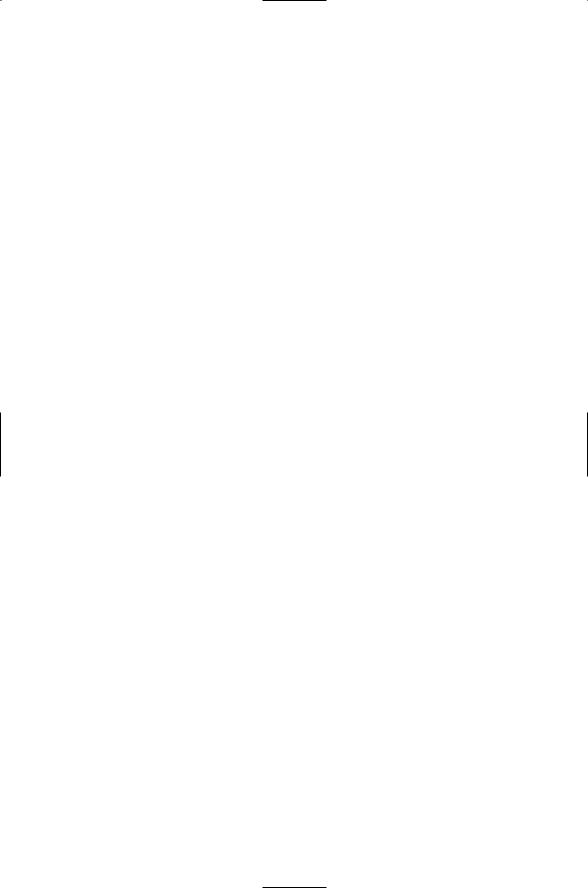
from July 1 to October 2, 1956. From 1957 to 1960 lived in Soviet Union, then returned to Hungary.
Ghaleb, Murat M. (born 1922). Egyptian diplomat. Official at Egyptian embassy in Moscow from 1953 to 1957, then head of president’s political chancellery. Ambassador to Soviet Union from 1961 to 1971.
Gheorghiu-Dej, Gheorghe (1901–65). Romanian politician. Railroad worker. Joined Communist Party of Romania in 1930 and its CC in 1936. Participant in railroad strike in 1933, in prison from 1933 to 1944. General secretary of CC of Romanian Workers Party from 1945 to 1965. Minister of roads and railways in 1944–45. Minister of national economy in 1946–47. Minister of industry and commerce in 1947–48. Prime minister from 1952 to 1955. Became president of state council in 1961.
Ghosh, Ajoy Kumar (1909–62). Indian politician. Active in trade-union movement. A founding member of Communist Party of India in 1925. Member of CC of Communist Party of India from 1933, member of its Politburo from 1936 to 1943 and from 1950, and its general secretary from October 1951 (following defeat of Andhra faction, which advocated armed struggle) to 1958. Thereafter general secretary of CPI’s National Council and member of its CEC. Supported Khrushchev’s line on Stalin and peaceful path to socialism.
Gierek, Edward (1913–2001). Polish politician. First secretary of Katowice city committee of Polish United Workers Party from 1957 to 1970. Replaced Gomulka as party first secretary in 1970 in wake of popular unrest. Remained in post until 1980.
Gitalov, Aleksandr Vasilyevich (1915–?). Soviet public figure. Head of brigade of tractor drivers on collective farm named after the Twentieth CPSU Congress in Novo-Ukrainsky district, Kirovograd province, Ukraine. An initiator of all-sided mechanization of crop cultivation. Member of party CC from 1948 and of Presidium of Supreme Soviet from 1974 to 1989. Twice Hero of Socialist Labor.
Golikov, Filipp Ivanovich (1900–80). Soviet general. From peasant background. Joined party and Red Army in 1918. Political commissar in and after civil war. Graduated from Frunze Military Academy in 1933. Commander in occupation of western Ukraine in 1939. Deputy chief of General Staff in Soviet-Finnish war (1939–40), then head of military intelligence. Headed mission to London and Washington, D.C., in 1941 to negotiate military aid. Commanded Tenth Army in battle for Moscow in 1941–42. Commanded Bryansk, then Voronezh Front in 1942–43. Deputy people’s commissar (minister) of defense
[ ]
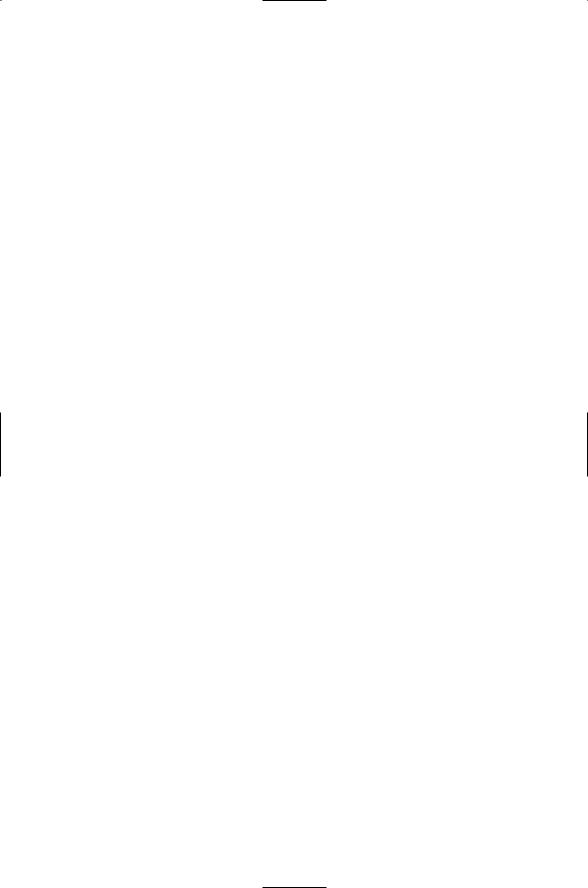
for personnel from 1943 to 1945. Head of Soviet repatriation commission in 1944. From 1950 to 1957 commander of Special Mechanized Army. From 1958 to 1962 head of Main Political Administration of Army and Navy, then official in Ministry of Defense. Member of party CC from 1961 to 1966. Marshal of the Soviet Union (1960). Hero of the Soviet Union.
Gomulka, Wladyslaw (1905–82). Polish politician. Joined Communist Party of Poland in 1926. Founder of Polish Workers Party in 1942. General secretary of CC of Polish Workers Party from November 1943 to September 1948, when removed from Politburo and Secretariat for “nationalist deviation” (i.e., advocacy of a “Polish path to socialism”). Expelled from party in 1949, imprisoned in 1951, released in late 1954 or first half of 1955, reinstated in party in mid-1956. First secretary of CC of Polish United Workers Party from October 1956 to 1970.
Gottwald, Klement (1896–1953). Czechoslovak politician. Cabinet maker. Founding member of Communist Party of Czechoslovakia in 1921. Newspaper editor and party functionary in Slovakia from 1921 to 1926. Became member of CC of Communist Party of Czechoslovakia in 1925, head of its Central Political and Propaganda Committee from 1926 to 1929, general secretary from 1929 to 1945, chairman from 1945 to 1953. A secretary of Executive Committee of Communist International from 1935 to 1943. Vice premier of Czechoslovakia in 1945–46, premier from 1946 to 1948, president from 1948 to 1953. Died soon after attending Stalin’s funeral.
Grechko, Andrei Antonovich (1903–76). Soviet general. Joined Red Army in 1919. During Soviet-German war (1941–45) occupied command posts in Southwestern, Southern, and First Ukrainian Fronts. From 1945 to 1953 commander of Kiev military district. From 1953 to 1957 commander in chief of Group of Soviet Troops in Germany. From 1957 to 1967 first deputy minister of defense, from 1957 to 1960 concurrently commander in chief of ground forces. From 1960 to 1967 commander in chief of Unified Armed Forces of Warsaw Pact. Minister of defense from 1967 to 1976. Member of party CC from 1961 and of its Politburo from 1973 to 1976. Marshal of the Soviet Union (1955).
Gromyko, Andrei Andreyevich (1909–89). Soviet politician. Joined party in 1931. Graduated in 1932 from Economics Institute (Minsk) and in 1936 completed graduate studies at All-Union Scientific Research Institute of the Economics of Agriculture. From 1936 to 1939 senior research associate at Institute of Economics of Academy of Sciences. In 1939 head of Department for the Americas in People’s Commissariat of Foreign Affairs. From 1939 to
[ ]
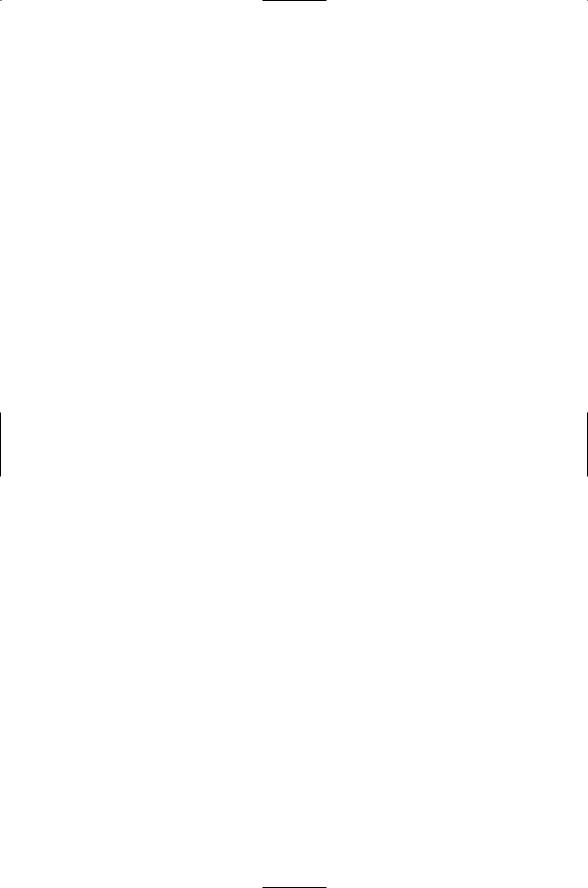
1943 counselor at Soviet embassy in United States. From 1943 to 1946 Soviet ambassador to United States. From 1946 to 1948 permanent representative of USSR at United Nations Security Council, concurrently deputy minister of foreign affairs. From 1949 to 1952 first deputy minister of foreign affairs. In 1952–53 Soviet ambassador to Great Britain, then again first deputy minister of foreign affairs. Obtained degree of Doctor of Economic Sciences in 1956. From 1957 to 1985 minister of foreign affairs, concurrently from 1983 to 1985 first deputy chairman of Council of Ministers. From 1985 until retirement in 1988 chairman of Presidium of Supreme Soviet. Member of party CC from 1956 to 1989 and of its Politburo from 1973 to 1988. Twice Hero of Socialist Labor.
Grotewohl, Otto (1894–1964). East German politician. Printer. Joined Social Democratic Party of Germany in 1912. President of Central Board of SPDG in 1945–46. From 1946 to 1949 member of Secretariat of Central Board and from 1949 to 1964 member of Politburo of CC of Socialist Unity Party of Germany and prime minister of German Democratic Republic.
Groza, Petru (1884–1958). Romanian politician. In 1933 founded democratic peasant organization “Plowmen’s Front.” From 1945 to 1947 head of coalition government. From 1947 to 1952 chairman of Council of Ministers, thereafter president of Presidium of Grand National Assembly.
Guevara de la Serna, Ernesto (nickname Che; 1928–67). Latin American physician and revolutionary. From well-off left-wing family in Argentina. In 1953 completed medical studies at University of Buenos Aires. Traveled widely in Latin America. In 1954 tried to organize resistance to U.S. aggression against Arbenz government in Guatemala. In 1955 worked at Hospital Central in Mexico City, met Raul and Fidel Castro, and joined Castro’s July 26 Movement in exile. In 1956 arrested but released on intervention of Mexican ex-president Lazaro Cardenas. In November–December 1956 went to Cuba with Castro brothers on the small ship Granma to launch the guerrilla war in the Sierra Maestre that eventually overthrew Batista (see Guevara’s Reminiscences of the Cuban Revolutionary War). Following Cuban revolution granted Cuban citizenship (February 9, 1959). In July–August 1959 headed Cuban delegation to UAE, Egypt, India, Thailand, Japan, Indonesia, and Pakistan, returning via Europe and Morocco. At end of 1960 headed Cuban delegation to USSR, GDR, Czechoslovakia, PRC, and North Korea. In 1964 addressed UN General Assembly. In 1965 went with group of Cubans to Congo to assist guerrilla struggle against Mobutu regime. In November 1966 arrived with group of Cubans in Bolivia to incite peasant uprising. In October 1967 captured and murdered by Bolivian army.
[ ]

Haile Selassie I (Tafari Makonnen; 1892–1975). Emperor of Ethiopia from 1930 to 1974. Led fight against Italian fascist invasion of 1935–36. Deposed in September 1974 in coup led by Mengistu Haile Mariam. Killed in August 1975.
Hammarskjold, Dag Hjalmar Agne Carl (1905–61). Swedish economist and diplomat. From 1930 to 1934 secretary of a government committee on unemployment. Later became chairman of National Bank of Sweden and undersecretary of finance. From 1947 to 1951 at Foreign Office. From 1951 to 1953 minister without portfolio dealing with international economic issues. From 1953 until death in 1961 secretary-general of the United Nations. Member of the Swedish Academy (1954). Died in plane crash while on peace mission to the Congo.
Harriman, William Averell (1891–1986). American businessman and diplomat. Joined father’s Union Pacific [Railroad] Company in 1915, became chairman of board in 1932. Also involved in banking and shipbuilding. In 1934–35 administrative officer of National Relief Administration. From 1937 to 1940 in Department of Commerce. In 1941 appointed chief overseas administrator of lend-lease. From 1943 to 1946 U.S. ambassador to Soviet Union. From 1946 to 1948 secretary of commerce. From 1948 to 1951 U.S. representative abroad for European Recovery Program (Marshall Plan). From 1951 to 1953 director of Mutual Security Agency and national security adviser. From 1955 to 1959 Democratic Party governor of New York. From 1961 to 1963 ambassador at large, negotiated Nuclear Test Ban Treaty. From 1963 to 1965 undersecretary of state for political affairs. From 1965 to 1968 ambassador at large for Southeast Asian affairs. Chief U.S. negotiator at start of Paris peace talks with North Vietnam in 1968. In 1978 appointed senior member of U.S. delegation to Special Session on Disarmament of United Nations General Assembly.
Hassan II (1929–99). King of Morocco. Graduated from University of Bordeaux. Became crown prince and army chief of staff in 1957. Ascended to throne in 1961 on death of father, Mohammed V. Head of government from 1961 to 1963 and (following political unrest) from 1965 to 1967. Yielded some powers to parliament in 1971. Survived series of attempted coups throughout 1970s. In 1984 appointed coalition government. Pursued neutralist foreign policy.
Herter, Christian A. (1895–1966). American politician. Began diplomatic career during World War I. In 1922 visited Soviet Union as member of a mission of American Aid Administration. After World War II played leading role in implementing Marshall Plan. From 1953 to 1957 governor of state of Massachusetts. From 1957 to 1959 deputy secretary of state. From 1959 to 1961 secretary
[ ]
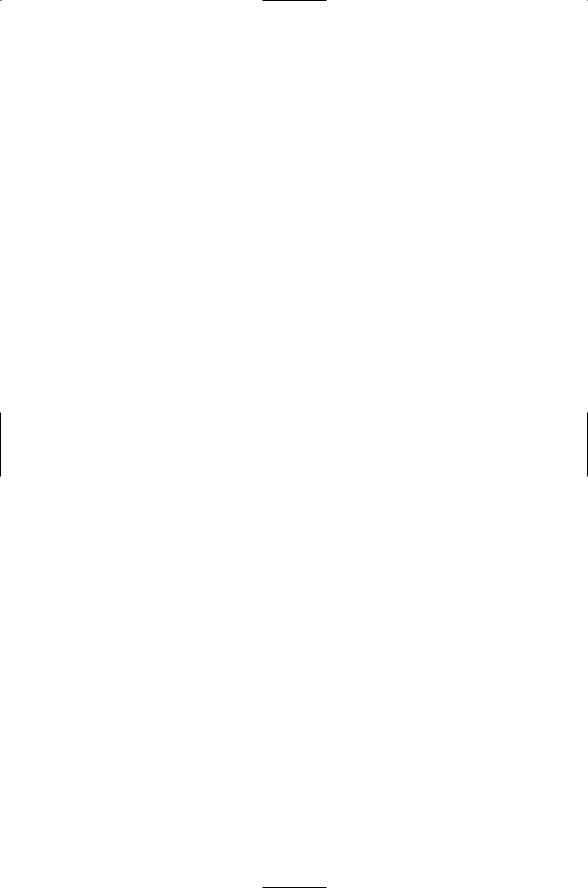
of state. Thereafter chairman of Atlantic Council and U.S. special representative to General Agreement on Tariffs and Trade (GATT).
Ho Chi Minh (original name Nguyen Sinh Cung; earlier alias Nguyen Tat Thanh; pen name Nguyen Ai Quoc; 1890–1969). Vietnamese politician. Son of teacher. Educated at French lycée in Hue, then teacher and sailor. From 1915 to 1923 in France and England. At Versailles peace conference after World War I petitioned powers for equal rights for French Indochina, but ignored. Founding member of French Communist Party in 1920. Visited Moscow in 1924, then went to Guangzhou (Canton), where helped organize Vietnamese Revolutionary League and (in 1930) Communist Party of Indochina. Returned to Vietnam in 1941 to lead Vietnamese Independence League (Viet Minh) in fight against Japanese occupation. Proclaimed Democratic Republic of Vietnam in 1945 and became its president in 1946, concurrently from 1946 to 1955 prime minister. From 1946 to 1954 led Viet Minh against French reoccupation. From 1951 chairman (from 1956 to 1960 general secretary) of CC of Vietnamese Workers Party. Encouraged formation in 1960 of National Front for the Liberation of South Vietnam with view to unification of country. After death embalmed and displayed in mausoleum.
Hoxha, Enver (1908–85). Albanian politician. Son of landowner and merchant. Studied at American Technical School in Tirana, later in France (1930–34) and Belgium (1934–36). Returned to Albania in 1936, worked as schoolteacher. A founder of Albanian Communist Party in 1941. Member and secretary of CC of Albanian Communist Party from 1941, its general secretary from 1943 to 1948. Political commissar of Army of National Liberation resisting Italian and German occupation. From 1948 to 1954 general secretary, and thereafter first secretary, of CC of Albanian Party of Labor, concurrently from 1944 to 1954 commander in chief of armed forces and chairman of Defense Council, from 1946 to 1954 chairman of Council of Ministers, and from 1946 to 1953 minister of foreign affairs. Semi-retired in 1983.
Husak, Gustav (1913–91). Czechoslovak politician. During 1930s studied law at Comenius University (Bratislava). Joined Communist Party of Czechoslovakia in 1933. Helped prepare Slovak national uprising of 1944. Head of government of Slovakia from 1946 to 1950. Arrested and imprisoned in 1951 on fabricated political charges. In April 1954 tried and sentenced to life imprisonment as a “Slovak bourgeois nationalist.” Amnestied in 1960, rehabilitated and readmitted to party in 1963. Scientific associate of Institute of State and Law of Slovak Academy of Sciences from 1963 to 1968. Deputy prime minister from April to August 1968. First secretary of CC of Communist
[ ]
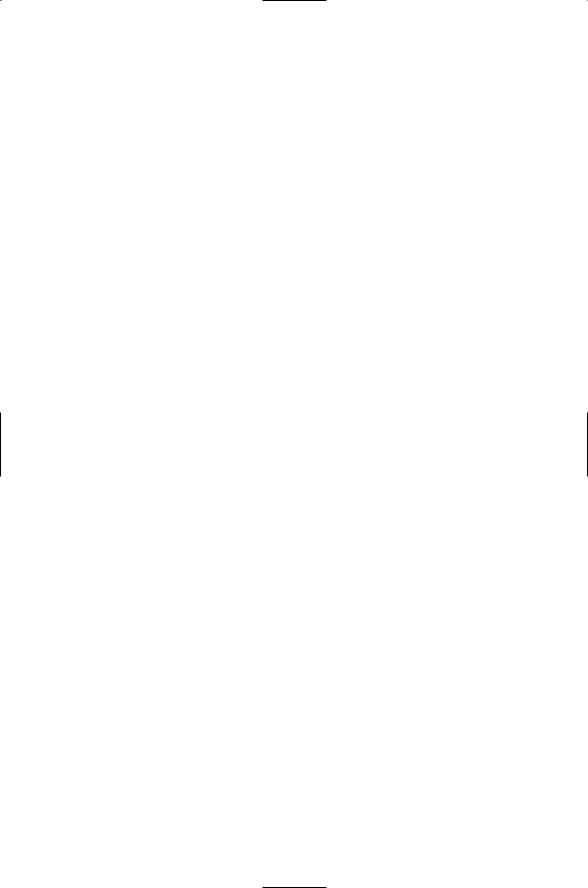
Party of Slovakia in 1968–69. First secretary (later general secretary) of CC of Communist Party of Czechoslovakia from April 1969 to 1989. President of Czechoslovakia from 1975 to 1989. Expelled from Communist Party of Czechoslovakia in 1990.
Ibarruri, Dolores (1895–1989). Spanish politician. Founding member of Spanish Communist Party in 1920. Elected to parliament in 1936. During Spanish civil war gained fame as orator, given name of La Pasionaria. After Franco’s victory in 1939 took refuge in USSR. From 1942 to 1959 general secretary, and thereafter chairperson, of Communist Party of Spain. Returned to Spain in 1977 and won re-election to National Assembly.
Ilyichev, Ivan Ivanovich (1905–83). Soviet diplomat. Deputy political adviser to Soviet Control Commission in Germany from 1949 to 1952. Head of Soviet diplomatic mission to German Democratic Republic in 1952–53. Supreme commissar of USSR in Austria from 1953 to 1955. First Soviet ambassador to postwar Austria in 1955–56, then head of Department of Scandinavian Countries in Ministry of Foreign Affairs (MFA). Head of Third European Department in MFA from 1956 to 1966.
Ilyushin, Sergei Vladimirovich (1894–1977). Soviet aircraft designer. From 1910 to 1912 and during World War I worked at Saint Petersburg (later, Petrograd) hippodrome (aerodrome), in 1916 learned to fly. Designed first Soviet training plane U-1. From 1921 to 1926 at Zhukovsky Air Force Academy, where took part in constructing gliders. Qualified as air force engineer-mechanic. Headed aircraft section of air force Scientific-Technical Committee. In 1930 appointed technical aide to director of air force Scientific-Testing Institute. From 1931 to 1933 deputy director of Central Aerohydrodynamics Institute and head of Central Design Bureau. In 1933 Central Design Bureau attached to Menzhinsky Plant and Ilyushin appointed its director and deputy director of the plant, working on bombers and attack planes. General designer until 1970. Supervised design of bombers, attack planes (most famous being IL-2), transport planes, training planes, and passenger planes. Colonel general of the engineering-technical service (1967). Made member of Academy of Sciences in 1968. Recipient of Lenin Prize and State Prize. Thrice Hero of Socialist Labor.
Ivanov, Vsevolod Vyacheslavovich (1895–1963). Soviet writer and playwright. Early stories and plays on civil war. Later novels use fantasy and grotesque. Also diaries, memoirs, autobiographical novel.
Jiang Qing (alternative transliteration: Chiang Ching; original name: Li Yunho; stage name: Lan Ping; 1914–91). Chinese actress and politician. Embarked on
[ ]
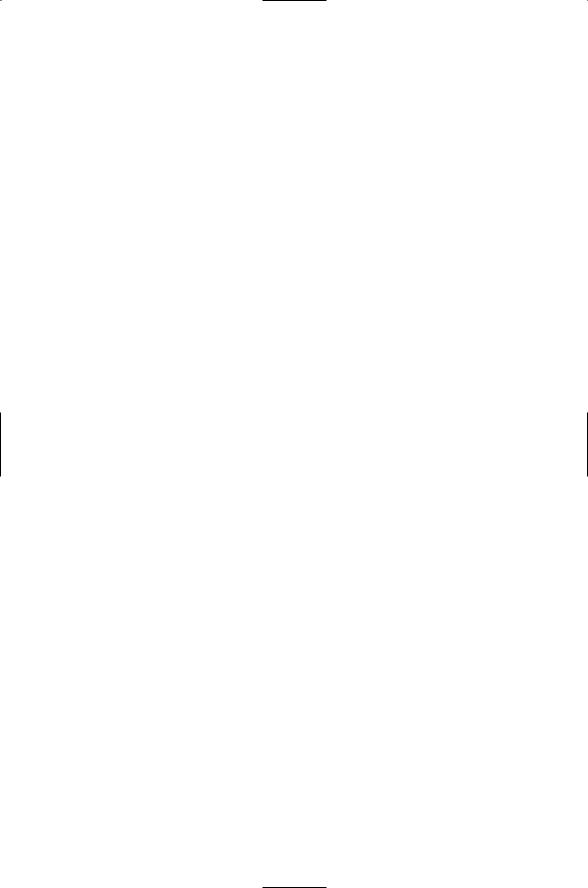
acting career in Shanghai in 1938. Joined Chinese Communist Party in 1938. Became Mao Zedong’s third wife in 1939 and continued work in dramatic arts. Began to assume political role in 1964. In 1966 became deputy head of Cultural Revolution Group of CCP CC and from 1969 to 1976 member of its Politburo. Arrested in October 1976 after Mao’s death as member of “Gang of Four” charged with abuses of power during Cultural Revolution. Sentenced to death, commuted to life imprisonment.
Johnson, Lyndon Baines (1908–73). American politician. Graduated from Southwest Texas State Teachers College in 1928. From 1935 to 1937 head of Texas National Youth Administration. Member of House of Representatives from 1937 to 1948 (except for brief period in Navy) and of Senate from 1948 to 1961. Chosen as minority leader for Democratic Party in 1953. Vice president of United States from 1961 to 1963. President from 1963 to 1969. Known for “Great Society” social reform program.
Joxe, Louis (1901–91). French diplomat and politician. Secretary of state for foreign affairs and minister of the air from 1932 to 1935. Inspector of foreign services from 1935 until recalled by Vichy government in 1940, then schoolteacher. Secretary general of French Committee for National Liberation from 1942 to 1944. In 1946 secretary general of provisional government of the French Republic, then director general at MFA. French ambassador to USSR from 1952 to 1955 and to West Germany in 1955–56, then secretary general at MFA. Minister of national education in 1960 and 1962. Minister of Algerian affairs from 1960 to 1962. Minister of administrative reform from 1962 to 1966. Minister of justice in 1967–68. Deputy in National Assembly from 1967 to 1977, then appointed to Constitutional Council.
Kadar, Janos (Csermanek or Czermanik; 1912–89). Hungarian politician. From peasant family. Mechanic and trade union activist. Joined Communist Party of Hungary in 1931. During German occupation fought in Czechoslovak resistance movement. Became member of CC of Communist Party of Hungary in 1942, one of its secretaries in 1943, and member of its Politburo in 1945. From 1946 to 1951 deputy general secretary of CC of Hungarian Communist Party (Hungarian Workers Party), concurrently from 1946 to 1948 deputy chief of Budapest police department. From 1948 to 1950 minister of internal affairs. In 1950 arrested and charged with Titoism. Released at end of 1953 and appointed secretary of district committee of Hungarian Workers Party for Thirteenth District of Budapest. First secretary, then general secretary of CC of Hungarian Socialist Workers Party from October 1956 to 1988.
[ ]

Concurrently prime minister of Hungary from 1956 to 1958 and from 1961 to 1965. Introduced New Economic Mechanism. Party president in 1988–89.
Kalchenko, Nikifor Timofeyevich (1906–89). Soviet agronomist and official. From peasant background. Joined party in 1932. Graduated from Poltava Agricultural Institute in 1928, then agronomist for various organizations. From 1938 to 1941 chairman of Odessa Province Executive Committee. During Soviet-German war (1941–45) member of military councils of several armies and fronts. In 1946–47 minister of technical crops of Ukraine. From 1947 to 1950 minister of state farms of Ukraine. From 1950 to 1952 minister of agriculture of Ukraine. From 1952 to 1954 first deputy chairman of Council of Ministers of Ukrainian SSR, concurrently in 1953 minister of agriculture and procurements of Ukraine. From 1954 to 1961 chairman of Council of Ministers of Ukrainian SSR. In 1961–62 deputy chairman of Council of Ministers of Ukrainian SSR, concurrently minister of procurements of Ukraine. From 1962 until retirement in 1976 first deputy chairman of Council of Ministers of Ukrainian SSR, concurrently from 1962 to 1965 minister of production and procurement of agricultural products of Ukraine. Member of party CC from 1956 to 1961. Lieutenant general (1944). Hero of Socialist Labor (1976).
Kalinin, Mikhail Ivanovich (1875–1946). Soviet politician. Born into poor peasant family. Metalworker at armaments plant, then at Putilov Iron Works in Petrograd. Joined party in 1898. In November 1917 elected mayor of Petrograd. From March 1919 to 1938 chairman of All-Russia CEC of the Soviets, concurrently from December 1922 a chairman of USSR CEC of the Soviets. From 1938 to 1946 chairman of Presidium of the Supreme Soviet. Member of party CC from 1919, of its Orgburo in 1919–20 and in 1924–25, and of its Politburo from 1926. Retired in 1946 and died shortly after. Hero of Socialist Labor (1944). City of Königsberg in East Prussia renamed Kaliningrad in his honor.
Kamaraj, K. Perunthalaivar (1903–75). Indian politician (Madras, Tamil Nadu). Involved in struggle for independence from age 12. Joined Tamil Nadu organization of Indian National Congress in 1919 and rose to become its leading figure. Spent 9 years in prison. Chief minister of Tamil Nadu state from April 1954 to October 1963. Known as “king maker.” Member of Lok Sabha (House of the People, lower chamber of federal parliament) from January 1969 until his death in October 1975. Helped to unionize tea and coffee plantation workers in 1974.
Kamenev, Lev Borisovich (Rozenfeld; 1883–1936). Soviet politician. Joined party in 1901. Close associate of Lenin. Chairman of All-Russia CEC in November
[ ]
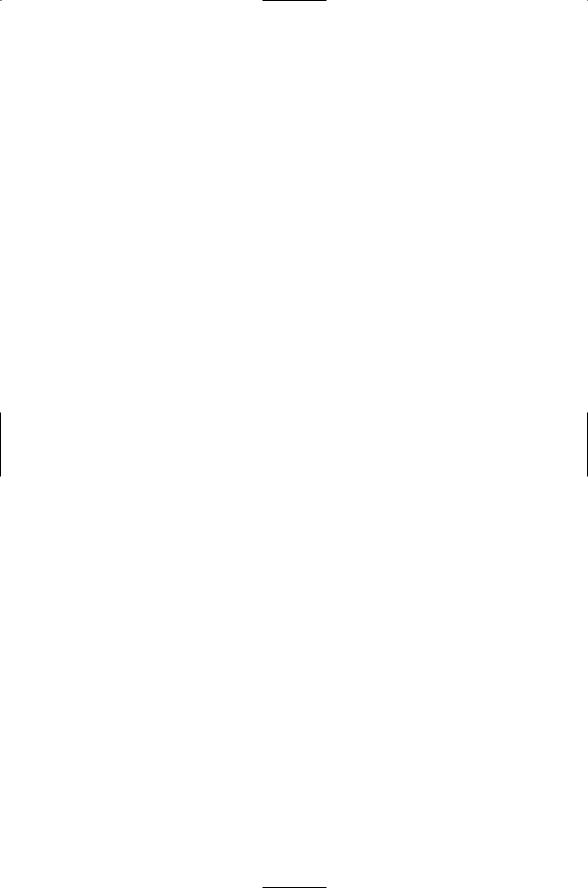
1917. Chairman of Moscow Soviet from 1918 to 1926. Deputy chairman of Council of People’s Commissars from 1923 to 1926. Chairman of Council of Labor and Defense from 1924 to 1926. Director of Lenin Institute from 1923 to 1926. Member of party CC from 1917 to 1927 and of its Politburo from 1919 to 1926. In 1925–26, together with Zinoviev, a leader of so-called New Opposition, or Leningrad Opposition, and then in 1926–27 of United Left Opposition to Stalin. Expelled from party in 1927; after capitulating to Stalin, readmitted in 1928. Arrested on charges of conspiring to restore capitalism after Kirov assassination. A chief defendant (with Zinoviev) in August 1936 in first major Moscow show trial. Executed, rehabilitated posthumously in 1988.
Kang Sheng (Zhang Zongke; 1898–1975). Chinese politician. From landlord family. Joined Chinese Communist Party in 1925. Worked as labor organizer. Participated in 1927 uprising in Shanghai, but escaped to Soviet areas in countryside. Sent to Moscow in 1933 to study methods of security police work. On return to Yenan, head of Social Affairs Department (security service) from 1935 to 1949. Resumed control of security apparatus of Chinese People’s Republic in mid-1950s. Became member of Secretariat of CCP CC in 1962 and member of Standing Committee of its Politburo in 1966. Closely involved in Cultural Revolution as adviser to Cultural Revolution Group under CCP CC. Posthumously expelled from CCP in 1980.
Karbyshev, Dmitry Mikhailovich (1880–1945). Russian and Soviet military engineer. Graduated from Siberian Military College in 1898, Nikolayevsky Military Engineering College in 1900, and Nikolayevsky Military Engineering Academy in 1911. Served in Russo-Japanese war and World War I. Worked on fortifications of Brest fortress from 1911 to 1914. Joined Red Army in December 1917. During civil war served as engineer of the Board of Engineering Defense of the Soviet Republic. In 1926 appointed head of department at Frunze Military Academy, and in 1936 assistant department head at General Staff Military Academy. Author of more than 100 works on military engineering and military history. Lieutenant general of engineering forces (1940). Professor. Doctor of Military Sciences (1941). In June 1941, while inspecting fortifications in Belorussia, fell into encirclement and taken prisoner. Passed through 13 German camps and prisons. Murdered at Mauthausen concentration camp during night of February 16, 1945. Posthumously made Hero of the Soviet Union (1946).
Kardelj, Edvard (1910–79). Yugoslav politician. Son of railroad worker. Graduated from Ljubljana Teachers College. Joined Yugoslav Communist Party in
[ ]
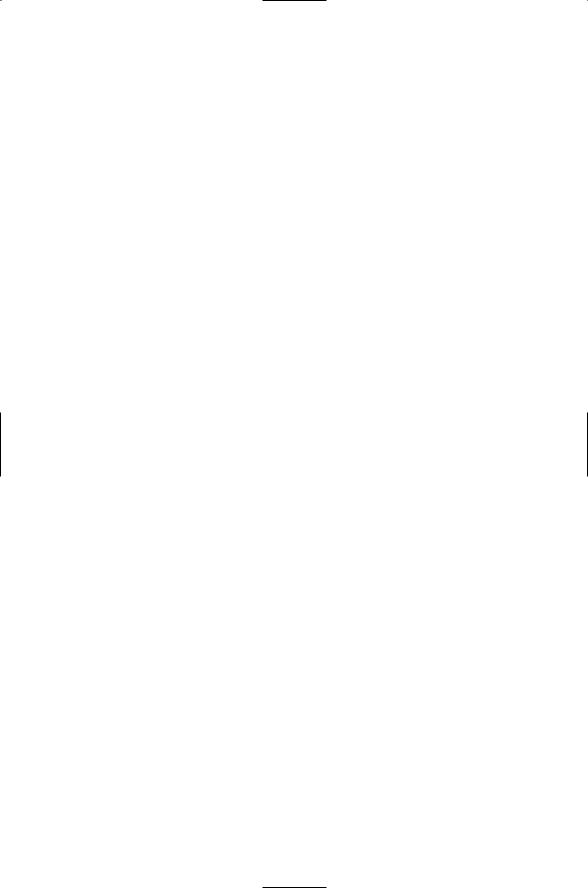
1928. Imprisoned from 1930 to 1932. In 1934 went to Czechoslovakia, then Soviet Union, where he met Tito. Became member of CC of Yugoslav Communist Party on return to Yugoslavia in 1937 and of its Politburo in 1938. Fought with Tito in partisan movement against Nazi occupation. Deputy prime minister in 1945 and from 1946 to 1953, concurrently minister of foreign affairs from 1948 to 1953. From 1953 to 1960 general secretary of Socialist League of the Working People of Yugoslavia. Secretary of CC of League of Communists of Yugoslavia from 1958 to 1966. Leading ideologist and jurist. Developed concepts of socialist self-management and nonalignment in world affairs. Drafted federal Yugoslav constitution of 1946 and supervised drafting of constitutions of 1953, 1963, and 1974. Deputy chairman of Federal Executive Council from 1953 to 1963. Chairman of federal parliament from 1963 to 1967. Member of Slovene Academy of Sciences and Arts. Croatian town of Ploce named Kardeljevo in his honor from 1950 to 1954 and from 1980 to 1990.
Karmen, Roman Lazarevich (1906–78). Soviet documentary film maker. Produced films on various international and domestic themes. Supervised production of twenty-part film series on Soviet-German war, shown on television in United States as The Unknown War (1979). Recipient of Lenin Prize (1960) and State Prize (1942, 1947, 1952, 1975). People’s Artist of the USSR (1966). Hero of Socialist Labor (1976).
Kassem, Abdel Karim (Qassim; 1914–63). Iraqi general and politician. Brigadier general. Graduated from Baghdad Military Academy in 1934, then attended Staff College. Fought Zionists in Palestine in 1948. Led coup against monarchy in July 1958, became prime minister of new republic, also minister of defense and commander in chief of armed forces. Withdrew Iraq from Baghdad Pact (Central Treaty Organization) in 1959. Suppressed leftist uprising in 1959 and Kurdish uprising in 1961. Overthrown and shot in Baathist coup of February 1963. Recipient of many military awards.
Kazakov, Mikhail Ilyich (1901–79). Soviet general. Joined Red Army in 1920. In June 1941 major general. From 1941 to 1943 army chief of staff, then chief of staff of Bryansk and Voronezh Fronts. In 1943–44 army commander, then deputy commander of Bryansk and Second Baltic Fronts. From 1944 to 1946 commander of Guards Army. From 1946 to 1949 deputy commander, then chief of staff and first deputy commander of Transcaucasus military district. From 1950 to 1952 commander of Urals military district, deputy commander in chief of ground forces. From 1956 to 1960 commander of Southern Group of Forces [in Hungary]. From 1960 to 1965 commander of Leningrad military district. From 1965 to 1968 first deputy chief of General Staff and chief of
[ ]
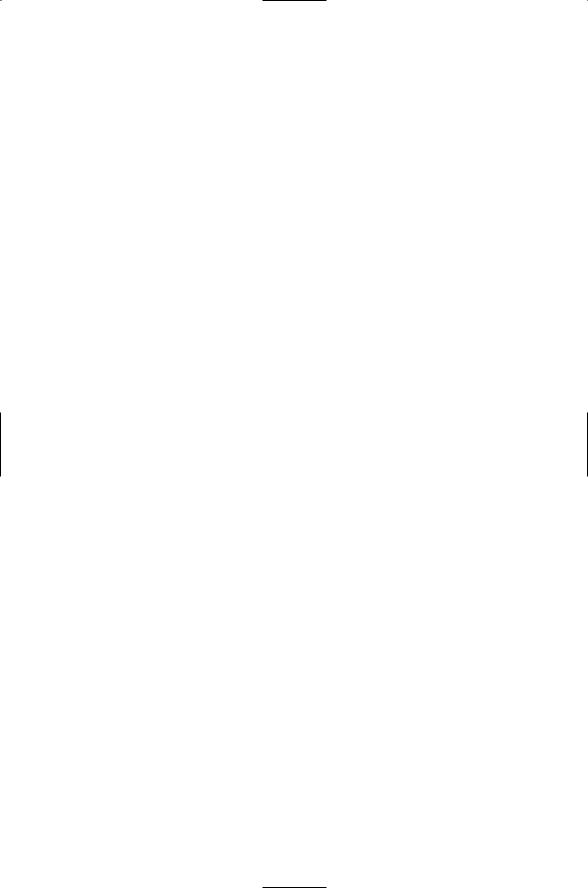
staff of Unified Armed Forces of Warsaw Pact, thereafter member of Group of General Inspectors of Ministry of Defense.
Keita, Modibo (1915–77). Malian politician. Active in movement for independence of French Sudan from 1946. General secretary of Sudanese Union from 1947 to 1968. Representative for French Sudan in French National Assembly from 1956 to 1958. Head of government and president of Republic of Mali from 1960 to 1968. Deposed by military coup. Died in prison.
Kennedy, John Fitzgerald (1917–63). American politician. Graduated from Harvard University in 1940. Served in Navy during World War II. Elected for Democratic Party to House of Representatives in 1946. Elected to Senate in 1952. Elected president of United States in November 1960 and held office from January 1961 until his assassination on November 21, 1963.
Kennedy, Robert Francis (1925–68). American politician. Younger brother of John Fitzgerald Kennedy. Served briefly in Navy during World War II. Graduated from Harvard University in 1948 and from University of Virginia School of Law in 1951. Junior counsel for Senator McCarthy. From 1956 to 1959 chief counsel for Senate Labor Rackets Committee. In 1961 appointed attorney general by President Kennedy. Left office after brother’s assassination. Elected to Senate in November 1964. Assassinated in June 1968.
Khmelnitsky, Bogdan (Zinovy) Mikhailovich (1595–1657). Ukrainian hetman (military and political leader). Led Cossack-peasant rebellion against Polish rule from 1648 to 1654. In January 1654 at Pereyaslavl proclaimed unification of Ukraine with Russia.
Khrulyov, Andrei Vasilyevich (1892–1962). Soviet official. In 1940–41 chief quartermaster of Red Army. In August 1941 appointed deputy people’s commissar of defense and head of Red Army Main Administration of the Rear. Concurrently in 1942–43 people’s commissar of railroads. Army general (1943). From 1943 to 1946 chief of the rear of Soviet Army. From 1946 to 1951 chief of the rear of Armed Forces and deputy minister of USSR Armed Forces for the rear. From 1951 to 1958 deputy minister of building materials industry, deputy minister of automobile transport and highroads, and deputy minister of construction.
Kiesinger, Kurt Georg (1904–88). German politician. Official in German MFA from 1940 to 1945. Federal chancellor of West Germany from 1966 to 1969. Leader of Christian Democratic Union from 1967 to 1971.
Kliszko, Zenon (1908–89). Polish politician. Joined Communist Party of Poland in 1931. Member of CC of Polish Workers Party (and then of Polish
[ ]
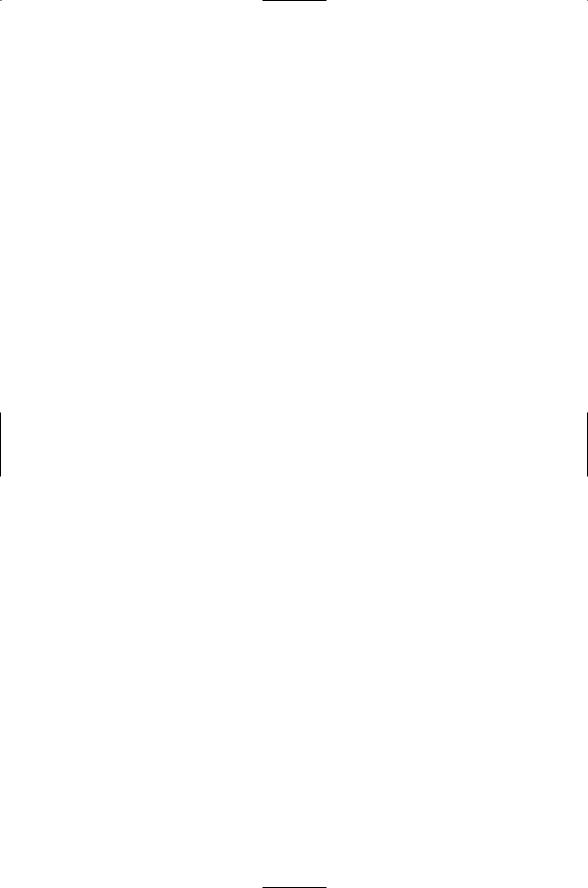
United Workers Party) from 1944 to 1948. Expelled from party as ally of Gomulka in 1949 and readmitted along with Gomulka in 1956. Again member of CC from 1957 to 1971 and member of its Politburo from 1957 to 1970. Vice marshal of Sejm (parliament) from 1957 until retirement in 1971.
Konev, Ivan Stepanovich (1897–1973). Soviet general. From peasant background. Lumberjack. Noncommissioned officer of tsarist army during World War I. Joined party in 1918. Commissar of an armored train during civil war, thereafter commissar, regimental and divisional commander. Graduated from Frunze Military Academy in 1934, then divisional and corps commander. From 1938 to 1940 commander of Second Far Eastern Army. In 1940–41 commander of Transbaikal and North Caucasus military districts. Commander of Nineteenth Army in battle for Moscow in 1941, then of Steppe and Second Ukrainian Fronts. In 1944–45 commander of First Ukrainian Front. In 1945–46 commander in chief of Soviet forces in Austria and Hungary (Central Group of Forces). From 1946 to 1950 commander in chief of ground forces and deputy minister of USSR Armed Forces. In 1950–51 chief inspector of Soviet Army and deputy war minister. From 1951 to 1955 commander of Carpathian military district. From 1956 to 1961 first deputy minister of defense, concurrently from 1955 to 1960 commander in chief of Unified Armed Forces of Warsaw Pact. In 1961–62 commander in chief of Group of Soviet Forces in Germany, thereafter member of Group of General Inspectors of Ministry of Defense. Member of party CC from 1952 to 1973. Marshal of the Soviet Union. Twice Hero of the Soviet Union.
Korneichuk, Aleksandr Yevdokimovich (1905–72). Ukrainian playwright, writer, and journalist. Best-known play The Front (1942). Became member of Academy of Sciences in 1943. Chairman of Ukrainian Union of Writers from
1946 to 1953.
Kosciuszko, Tadeusz (1746–1817). Polish military leader. Fought in American war of independence from 1775 to 1783. Leader of Polish national uprising of 1794 against Russian and Prussian rule. Wounded in battle and taken prisoner by tsarist troops. Freed from Peter and Paul Fortress in Saint Petersburg in 1796. Died in Switzerland. Ashes brought to Krakow.
Kosior, Stanislav Vikentyevich (1889–1939). Soviet official. Worker. Joined party in 1907. After 1917 a prominent party official, an organizer of CP(B) of Ukraine. A secretary of CC of CP(B) of Ukraine from 1920. Secretary of Siberian Bureau of party CC from 1922, thereafter up to 1938 general secretary of CC of CP(B) of Ukraine. At time of arrest on false charges in purges of 1938, deputy chairman
[ ]
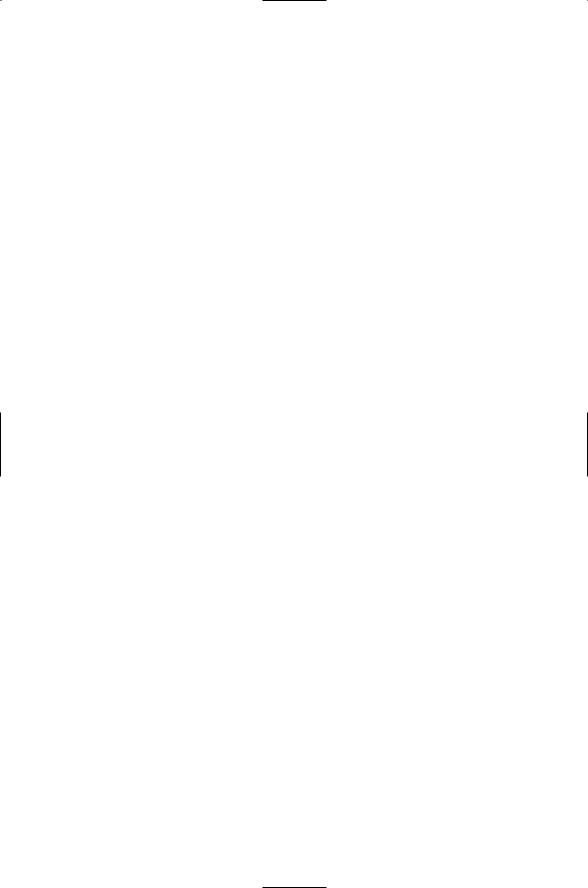
of Council of People’s Commissars and chairman of Soviet Control Commission. Member of party CC from 1924, of its Orgburo from 1928, and of its Politburo from 1930. Arrested in 1938, executed in 1939, posthumously rehabilitated in 1956.
Kosygin, Aleksei Nikolayevich (1904–80). Soviet official. Joined the party in 1927. Graduated from Kirov Leningrad Textile Institute in 1935. From 1935 foreman and workshop head and in 1937–38 a plant director in Leningrad. In 1938 head of the Industry and Transport Department of the Leningrad province committee of the party. In 1938–39 chairman of the Leningrad City Executive Committee. In 1939–40 people’s commissar for the textiles industry. From 1940 to 1953 deputy chairman of the Council of People’s Commissars (Council of Ministers) of the USSR and concurrently deputy chairman of the Council for Evacuation in 1941, chairman of the Council of People’s Commissars of the RSFSR from 1943 to 1946, minister of finance in 1948, and minister of light industry from 1948 to 1953. In 1953–54 minister of consumergoods industry. From 1953 to 1956 and from 1957 to 1960 deputy chairman of the Council of Ministers. In 1956–57 first deputy chairman of the State Economic Commission of the Council of Ministers. First deputy chairman and in 1959–60 chairman of State Planning Commission (Gosplan). From 1960 to 1964 first deputy chairman and from 1964 to 1980 chairman of the Council of Ministers. Member of Politburo (Presidium) of party CC from 1948 to 1952 and from 1960 to 1980.
Kovalyov, Ivan Vladimirovich (1901–93). Soviet official. Born in peasant family. Fought in civil war. Joined party in 1922. Graduated in 1935 from Military Transport Academy of Red Army, then railroad inspector. From 1937 to 1939 head of administration of Western Railroad. From 1939 to 1941 head of Central Military Department of People’s Commissariat of Railroads. From 1941 to 1944 first deputy head, then head of Central Administration of Military Communications. From 1944 to 1948 people’s commissar (minister) of railroads. From 1948 to 1950 chief adviser to CC of Chinese Communist Party, leader of Soviet military specialists in China, and representative of USSR Council of Ministers for matters pertaining to the Chinese Changchun Railroad. In 1950–51 head of Donetsk Railroad District. From 1951 to 1957 deputy minister of the coal industry. From 1957 to 1960 senior scientific associate of Military Science Administration of General Staff. From 1960 to 1969 senior lecturer at Military Academy of General Staff, head of its research group in military economics. From 1969 until retirement in 1985 at Institute of World Economy and International Relations of USSR Academy of Sciences.
[ ]
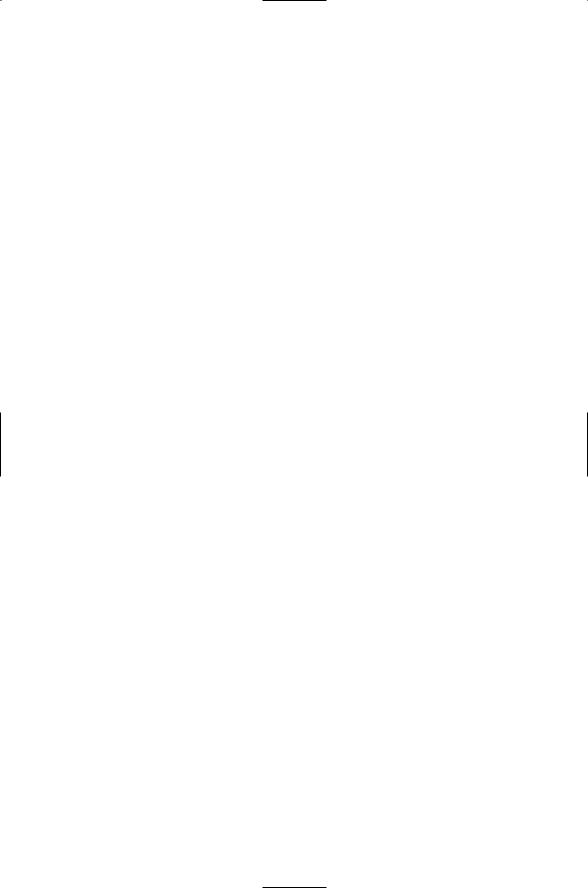
Lieutenant general of technical troops (1943). Doctor of military sciences (1967). Professor (1969).
Kozlov, Vasily Ivanovich (1903–67). Soviet official. From 1944 to 1948 first secretary of Minsk province and city committees of party. From 1948 to 1967 chairman of Presidium of Supreme Soviet of Belorussian SSR and deputy chairman of USSR Supreme Soviet. Member of party CC in 1966–67.
Kozlov, Frol Romanovich (1908–65). Soviet official. Laborer at textile factory. Joined party in 1926. From 1926 to 1928 in Komsomol work. In 1936 graduated from Leningrad Polytechnical Institute. From 1936 to 1939 manager at metallurgical factory, then in 1939–40 secretary of its party committee and party organizer for the CC. From 1940 to 1944 secretary of Izhevsk city party committee (in Udmurtia). From 1944 to 1947 working in CC apparatus. From 1947 to 1949 second secretary of Kuybyshev province party committee, then second secretary, and from 1950 first secretary, of Leningrad city party committee. In 1957–58 chairman of the RSFSR Council of Ministers. From 1958 to 1960 first deputy chairman of USSR Council of Ministers. From 1960 until retirement in 1964 secretary of party CC for defense issues. Member of party CC from 1952 and of its Presidium from 1957 to 1964. Hero of Socialist Labor (1961).
Kozlovsky, Ivan Semyonovich (1900–93). Soviet opera singer (lyrical tenor). With Bolshoi Theater (Moscow) from 1926 to 1954. Sang in Tchaikovsky’s opera Yevgeny Onegin, Mussorgsky’s Boris Godunov, and Wagner’s Lohengrin. Awarded titles of People’s Artist of the USSR in 1940 and Hero of Socialist Labor in 1980. Won State Prize in 1941 and 1949.
Krag, Jens Otto (1914–78). Danish politician. Social democrat. Shaped Denmark’s postwar economic policies. Elected to parliament in 1947. Minister of commerce, industry, and shipping from 1947 to 1950. Minister of economy and labor from 1953 to 1957. Minister of foreign economic relations in 1957–58. Minister of foreign affairs from 1958 to 1962 and in 1966–67. Chairman of Social Democratic Party of Denmark from 1962 to 1973. Prime minister from 1962 to 1968 and in 1971–72, resigning for personal reasons after achieving goal of European Community membership for Denmark.
Kreisky, Bruno (1911–90). Austrian politician. Joined Austrian Social Democratic Party at age 15. Studied law at University of Vienna. When Nazis occupied Austria in 1938 fled to Sweden. Returned to Austria in 1945 but sent to join Austrian legation in Stockholm. In 1951 appointed assistant chief of staff and political adviser to President Theodor Körner. In 1953 became undersecretary
[ ]

in foreign affairs department of federal chancellery, took part in negotiating Austrian State Treaty of 1955. Elected to parliament and to Executive of Socialist Party of Austria in 1956. Foreign minister from 1959 to 1966. Vice chairman of the Socialist Party of Austria from 1959 to 1967 and chairman from 1967 to 1983. Federal chancellor from 1970 to 1983.
Krinitsky, Aleksandr Ivanovich (1894–1937). Polish-Soviet official. Son of minor official. Enrolled at Moscow University in 1913, active in student revolutionary circles. In 1915 joined party, arrested, and exiled to Eastern Siberia. In 1917 chairman of Tver province party committee. In 1918 head of Agitation and Propaganda Department of Red Army on Southern Front of civil war. From 1919 to 1921 secretary of Vladimir, then Saratov province party committee. In 1921–22 head of Organization Department of Moscow Committee of party, concurrently secretary of party committee for a Moscow district. From 1922 to 1924 secretary of Omsk province, and in 1924–25 of Donetsk province, party committee. In 1925–26 secretary of CC of Communist Party (Bolshevik) of Belorussia. From 1926 to 1929 head of Department of Agitation and Propaganda of party CC. Head of commission to select Soviet Poles to attend Congress of Poles Abroad (Warsaw, 1929). In 1929–30 secretary of Transcaucasia territory party committee. From 1930 to 1935 member of editorial board of party’s theoretical journal, Bolshevik. From 1930 to 1932 deputy people’s commissar of Workers’ and Peasants’ Inspection. From 1933 to 1935 deputy head of Agriculture Department of party CC, concurrently head of Political Administration of People’s Commissariat of Agriculture and deputy people’s commissar of agriculture. Elected to party CC in 1934. Appointed first secretary of Saratov territory (province) and city party committees in 1935. Arrested, sentenced to death for “counterrevolutionary terrorist activity,” and executed in October 1937. Rehabilitated in 1956.
Kristo, Pandi (dates of birth and death unknown). Albanian politician. A leader of Communist Party and partisan movement in Albania during World War II. Oriented toward Tito’s Yugoslavia. Member of Politburo of CC of Albanian Party of Labor from 1944 to 1948. Chairman of Central Control Commission. In June 1947 supported Xoxe in attempt to prevent break with Yugoslavia; following break with Yugoslavia, removed from official posts (July 1948). Expelled from party and arrested in November 1948. Tried in June 1949 together with Xoxe and others, sentenced to 20 years hard labor.
Krylenko, Nikolai Vasilyevich (1885–1938). Soviet military commander and official. Son of political exile. Joined party in 1904. Graduated from Faculty of History and Philology of Petersburg University in 1909 and from Faculty
[ ]
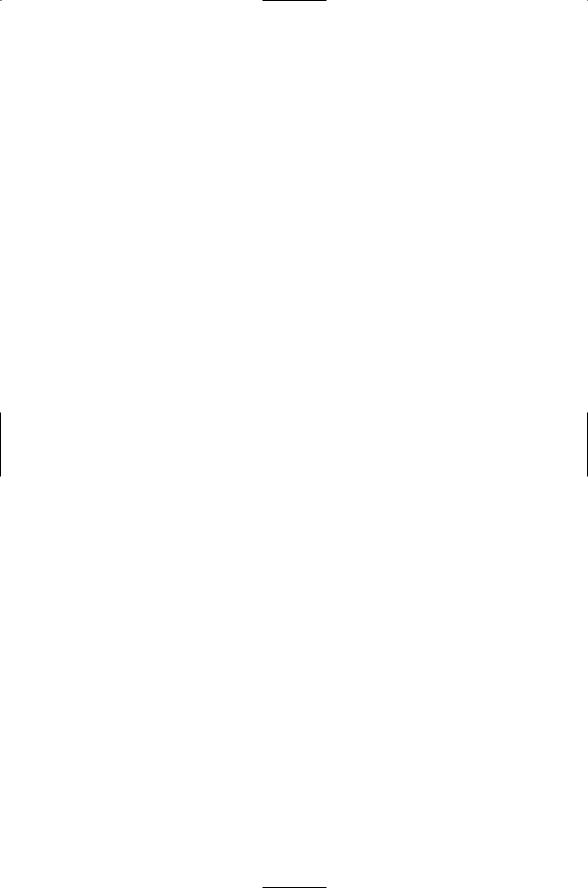
of Law of Kharkov University in 1914. Doctor of State and Social Sciences. Participated in revolution of 1905. Schoolteacher. In 1914–15 in Switzerland. On return to Russia arrested, then drafted into army. In February–April 1917 elected chairman of soldiers’ committees, in May 1917 delegate to soldiers’ congress. Delegate and member of presidium at first All-Russia Congress of Soviets. In revolution of October 1917 member of Petrograd MilitaryRevolutionary Committee. From November 1917 to March 1918 supreme commander in chief and people’s commissar for military affairs. Helped to organize Red Army. In February–March 1918 member of Committee of Revolutionary Defense of Petrograd. From March 1918 member of collegium of People’s Commissariat of Justice, helped to set up Soviet courts and procuracy. From May 1918 chairman of Revolutionary Tribunal (from 1919 Supreme Tribunal) of All-Russia CEC of the Soviets. From 1922 to 1929 deputy people’s commissar of justice of RSFSR. From 1929 to 1931 procurator of RSFSR. From 1931 to 1936 people’s commissar of justice of RSFSR. From 1936 to 1938 people’s commissar of justice of USSR. Arrested and executed in 1938, rehabilitated posthumously in 1956.
Krylov, Ivan Andreyevich (1769–1844). Russian satirist, playwright, poet, translator, and musician. Son of army captain. Best known for his 203 animal fables. Also composed 5 comic operas. Co-editor of satirical magazine from
1789 to 1793.
Kudryavtsev, Sergei Mikhailovich (1915–?) Soviet diplomat. Entered diplomatic service in 1941. In 1950–51 deputy head of Third, then of Fourth, European Department of MFA. Political representative to Austrian government in 1952–53. Soviet deputy high commissioner in Austria from 1953 to 1955. Minister at Soviet embassy in Austria in 1955 and in West Germany from 1955 to 1957, then deputy head of Third European Department of MFA. In 1959–60 minister at Soviet embassy in France. Soviet ambassador to Cuba from August 1960 to 1962, later a consultant to MFA. Still alive in 1996.
Kun, Bela (1886–1939). Hungarian politician. Son of village clerk. Studied law at Cluj University. Joined Social Democratic Party of Hungary in 1902. Fought in Austro-Hungarian army in World War I, taken prisoner on Russian front in 1916. Joined Russian Bolshevik Party, after October 1917 worked for Bolshevik newspapers. Returned to Hungary illegally in November 1918, founding member of Communist Party of Hungary. Played key role as people’s commissar of foreign and military affairs in Hungarian Soviet Republic of March–August 1919. Following defeat by Romanian, Czechoslovak, and Hungarian intervention, fled to Vienna. Held in insane asylum, allowed to go to
[ ]
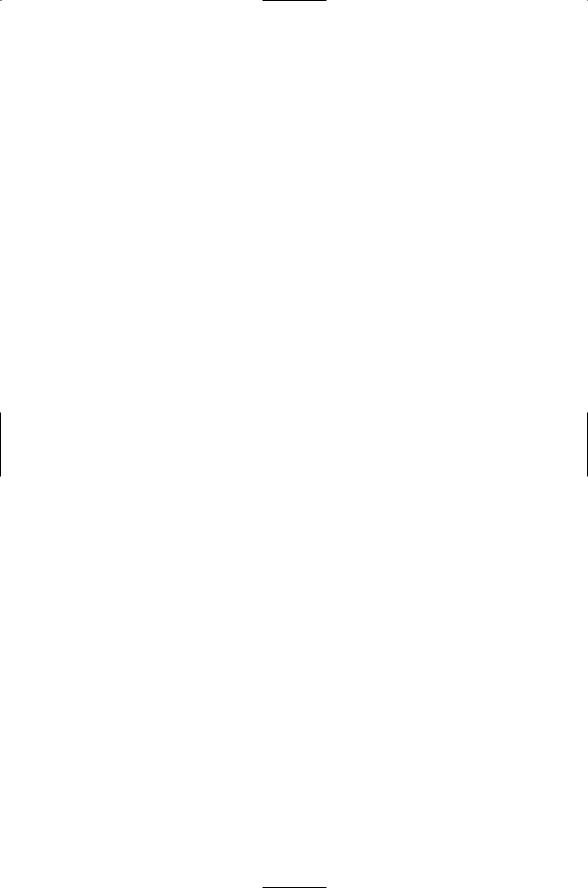
Russia in August 1920. In October–November 1920 member of Revolutionary Military Council of Southern Front in civil war, then appointed head of Crimean Region Revolutionary Committee. Party work in Urals from 1921 to 1923, then in Comintern. Recipient of Order of the Red Banner (1927). Reappeared in Vienna in 1928, imprisoned and sent back to USSR. Arrested in purges in 1937, died in 1939. Rehabilitated posthumously.
Kurasov, Vladimir Vasilyevich (1897–1973). Soviet general. Joined party in 1928. Graduated in 1932 from Frunze Military Academy and in 1938 from General Staff Higher Military Academy. During Soviet-German war commanded Fourth Shock Army, then chief of staff of Kalinin and First Baltic Fronts. In 1945–46 chief of staff of Soviet military administration in Germany. From 1946 to 1949 commander in chief of Central Group of Forces (Hungary, Austria, Romania). Promoted to army general in 1948. From 1949 to 1956 and from 1961 to 1963 head of General Staff Military Academy. From 1956 to 1961 deputy chief of General Staff. From 1963 to 1968 senior representative of High Command of Unified Armed Forces of the Warsaw Pact Countries in People’s Army of GDR, then military inspector of Group of General Inspectors of Ministry of Defense.
Kurchatov, Igor Vasilyevich. (1902/03–60). Soviet atomic physicist and head of Soviet nuclear-weapons program. Son of forester. In early 1920s student in Faculty of Physics and Mathematics of Simferopol University in the Crimea, then in Shipbuilding Faculty of Polytechnical Institute in Petrograd (Leningrad, Saint Petersburg). While studying worked as observer at Pavlov MagneticMeteorological Observatory and conducted research on radioactivity of snow. Research on high-voltage isolation, electrical insulation, segneto-electricity, isomerism, and other newly discovered physical phenomena. Supervised creation of the first Soviet cyclotron (1939) and discovery of spontaneous splitting of the uranium nucleus (1940). During Soviet-German war (1941–45) worked on protecting ships against magnetic mines. Founder and from 1943 until his death first director of Institute of Atomic Energy of USSR Academy of Sciences (later named in his honor). His institute created first atomic reactor in Europe (1946), first Soviet atomic bomb (1949), world’s first thermonuclear (hydrogen) bomb (1953), first atomic power plant (1954), and world’s first atomic-powered icebreaker. Also wrote poetry and loved music. Doctor of Physical and Mathematical Sciences (1932). Member of USSR Academy of Sciences (1943) and of its Presidium. Awarded Lenin Prize and State Prize. Thrice Hero of Socialist Labor. In 1964 Soviet physicists artificially obtained a heavy (atomic number 104) unstable radioactive element and
[ ]
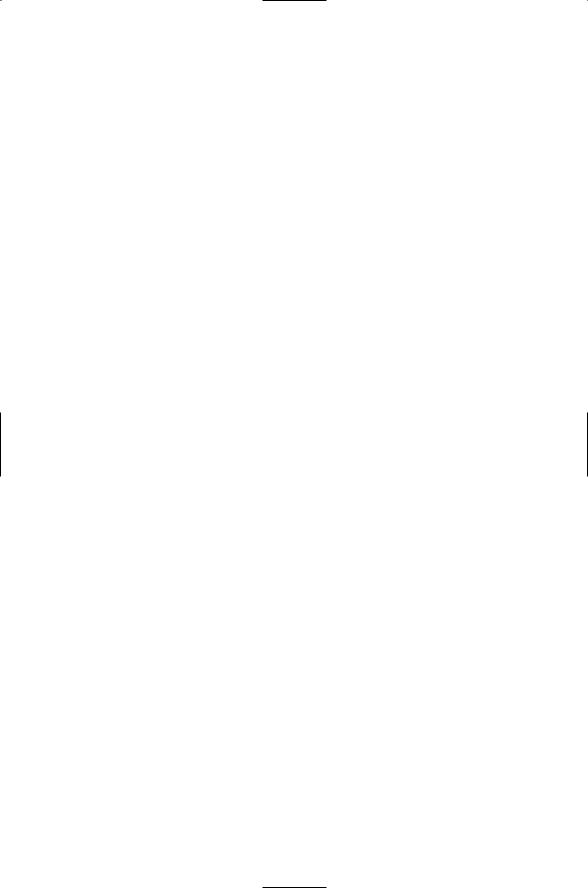
named it Kurchatovy (Latin name Kurtchatovium) after him. In 1983 a town in Kursk province was named Kurchatov in his honor.
Kutuzov, Mikhail Illarionovich (1745–1813). Russian general. Best known for leading Russian army in struggle against Napoleonic invasion of 1812. Also fought in Russo-Turkish wars of late eighteenth and early nineteenth centuries and in Russian-Austrian-French war of 1805.
Kuusinen, Otto Ville (Vilhelm; 1881–1964). Finnish-Soviet politician. Joined Russian Social Democratic Labor Party in 1904 and Social Democratic Party of Finland in 1905. From 1911 to 1917 chairman of Executive Committee of Social Democratic Party of Finland. Minister of education in short-lived Finnish revolutionary government in 1918. Founding member of Communist Party of Finland in 1918. From 1921 to 1939 member of Presidium and secretary of Executive Committee of Communist International. In 1939–40 chairman of Provisional People’s Government of Finland. From 1940 to 1956 chairman of Presidium of Supreme Soviet of Karelo-Finnish SSR (set up with a view to absorbing Finland into USSR) and a deputy chairman of Presidium of USSR Supreme Soviet. Became member of party CC in 1941. Secretary of party CC from 1957 to 1964 and member of its Presidium in 1952–53 and from 1957 to 1964. Elected member of USSR Academy of Sciences in 1958. Author of works on history of international communist movement. Hero of Socialist Labor (1961).
Kuznetsov, Vasily Vasilyevich (1901–90). Soviet engineer and diplomat. From peasant family. Joined party in 1927. Graduated in 1926 from Metallurgy Faculty of Leningrad Polytechnical Institute and in 1933 from Metallurgy Faculty of Carnegie Technological Institute in Pittsburgh (United States). Candidate of Technical Sciences. From 1937 to 1940 expert in special steels at People’s Commissariat of Heavy Industry. From 1940 to 1943 deputy chairman of State Planning Commission (Gosplan), concurrently from 1941 deputy member of State Defense Committee. In 1943–44 chairman of CC of Ferrous Metallurgy Workers Union. From 1944 to 1953 chairman of All-Union Central Council of Trade Unions, concurrently from 1946 to 1950 chairman of Soviet of Nationalities of USSR Supreme Soviet. In 1953 Soviet ambassador to Chinese People’s Republic. From 1953 to 1955 a deputy foreign minister. From 1955 to 1977 first deputy foreign minister. Also Soviet representative at United Nations Security Council. From 1977 to 1986 first deputy chairman of Presidium of USSR Supreme Soviet, then state adviser to Presidium of USSR Supreme Soviet. Member of party CC from 1952 to 1989, of its Presidium in 1952–53, and of its Orgburo from
[ ]
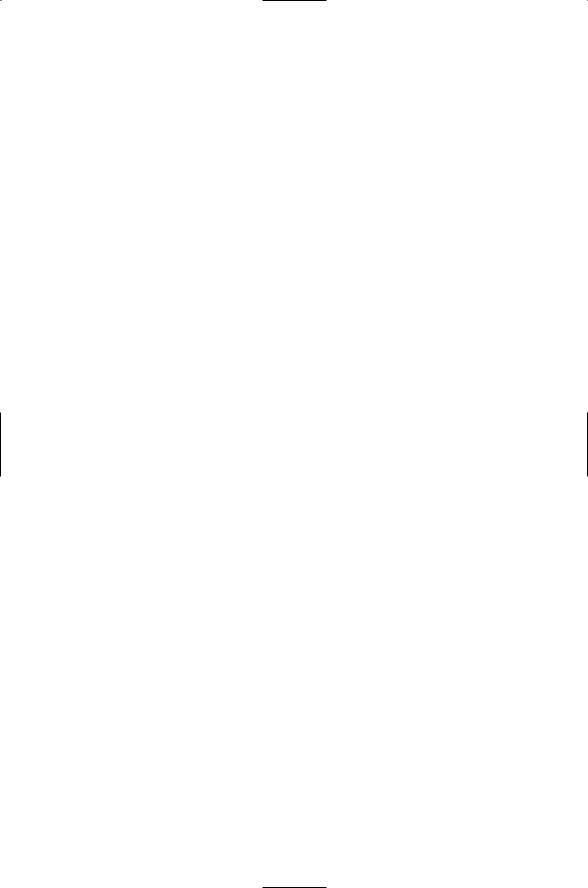
1946 to 1952. Twice Hero of Socialist Labor (1971, 1981). Recipient of State Prize (1941).
Le Duan (also known as Le Dung; 1907–86). Vietnamese politician. Railroad worker. Founding member of Communist Party of Indochina (1930). Imprisoned by French colonial regime for ten of next fifteen years. In 1945 became member of CC of Communist Party of Indochina. Fought in Viet Minh against French reoccupation. Following French withdrawal in 1954, organized Communist underground in South Vietnam. Oversaw collectivization of agriculture in late 1950s. First secretary of Vietnamese Workers Party from 1960 to 1976, thereafter general secretary of Vietnamese Communist Party. Leading figure after death of Ho Chi Minh in 1969.
Lenart, Jozef (1923–2004). Czechoslovak politician. Premier from September 1963 to April 1968. General secretary of CC of Communist Party of Slovakia from 1968 to 1988. In 1989 charged with high treason for attending meeting at Soviet embassy on day after Soviet military intervention in 1968 to discuss formation of new “workers and peasants government.” Acquitted of all charges in 2002 due to insufficient evidence.
Leonova, Valentina Ivanovna (born 1926). Soviet physician (ear, nose, and throat specialist). Candidate of Medical Sciences (1951). From 1945 to 1951 studied at Sverdlovsk Medical Institute. From 1955 until retirement in 1984 in Therapeutic-Sanitary Division of Fourth Main Administration of USSR Ministry of Health.
Lesechko, Mikhail Avksentyevich (1909–84). Soviet official. Son of worker. Graduated from Moscow Aviation Institute in 1934. From 1936 to 1942 deputy chief engineer at aircraft factory. Joined party in 1940. From 1942 to 1946 deputy head of a main administration of People’s Commissariat for Aviation Industry. From 1946 to 1948 in apparatus of Technical Council for Mechanization attached to Council of Ministers. From 1948 to 1954 head of special design bureau of Moscow Calculating Machines Factory. From 1954 to 1956 first deputy minister of machine building and instrument making. In 1956–57 minister of instrument making and automation equipment. In 1957–58 a deputy chairman of State Planning Commission (Gosplan) of Ukrainian SSR. From 1958 to 1960 first deputy chairman of USSR Gosplan. From 1960 to 1962 chairman of commission of Presidium of Supreme Soviet on questions of foreign economic relations. From 1962 until retirement in 1980 a deputy chairman of Council of Ministers, concurrently from 1962 to 1977 permanent representative of USSR to Council for Mutual Economic
[ ]
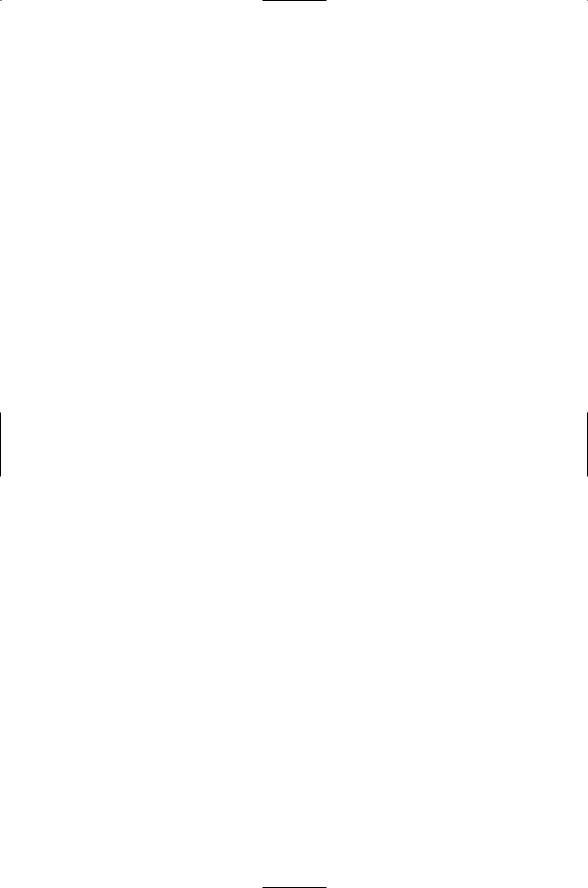
Assistance (Comecon). Member of party CC from 1961 to 1981. Recipient of State Prize (1954).
Lie, Trygve Halvdan (1896–1968). Norwegian politician and diplomat. Joined Norwegian Labor Party in 1911. Legal adviser to Norwegian Trade Union Federation from 1922 to 1935. National executive secretary of Labor Party in 1926. Minister of justice from 1935 to 1939. Minister of trade and industry from July to September 1939, then minister of supply and shipping. After German invasion of April 1940, saved Norwegian ships for the Allies by ordering them to set sail for Allied ports. Went to England in June 1940. Foreign minister in Norwegian government in exile and in 1945–46. Headed Norwegian delegation to United Nations conference in San Francisco and to UN General Assembly (1946). First secretary-general of United Nations (from February 1946 to November 1952). Thereafter governor of Oslo and Akershus, also chairman of Norwegian Board of Energy.
Lin Biao (1907–71). Chinese general and politician. Trained at Whampoa Military Academy. Rose to company commander in Kuomintang army. Joined Chinese Communist Party in 1925. After CCP-Kuomintang split of 1927, leading aide to Red Army commander in chief Zhu De, then commander of a Red Army corps. Veteran of Long March (1934–35), then director of Red Academy at Yenan. Became member of CCP CC in 1945. In 1947–48 led offensive against Kuomintang in northeastern China. Became deputy chairman of Chinese People’s Republic in 1954, minister of defense and member of CCP Politburo in 1959. Became second-ranking leader of CCP at start of Cultural Revolution in 1966. Died in air crash in Mongolia, apparently while trying to escape by plane to the Soviet Union following a conflict with Mao.
Liu Shaoqi (1898–1969). Chinese politician. Son of landlord. Joined Comintern organization in Shanghai in 1920, studied Russian, and went to Moscow, where joined Chinese Communist Party in 1921. Returned to China as labor organizer. Became member of CCP CC in 1927 and of its Politburo in 1934. Veteran of Long March (1934–35). Leading expert in theory of party organization. Wrote How to Be a Good Communist (1939). In 1943 became general secretary of CCP CC in 1943, its vice chairman in 1949, and then its chairman in 1959, replacing Mao Zedong following failure of Great Leap Forward. In 1966 denounced in Cultural Revolution as “Capitalist Roader No. 1.” Resigned from all posts in October 1968 and banished to Henan. Rehabilitated posthumously in 1980.
Lloyd, John Selwyn Brooke (1904–78). British politician (Conservative Party). Elected member of Parliament in 1945. Minister of state for foreign affairs
[ ]

from 1951 to 1954. Minister of supply in 1954–55, then minister of defense. Foreign secretary from 1955 to 1960. Chancellor of the exchequer from 1960 to 1962. Lord Privy Seal and Leader of the House of Commons in 1963–64. Speaker of the House of Commons from 1971 to 1976. Raised to peerage in 1976 as Baron Selwyn-Lloyd.
Lodge, Henry Cabot, Jr. (1902–85). American diplomat. Republican senator from 1937 to 1944 and from 1947 to 1953. During World War II (1944–45) served in Mediterranean and European theaters, rising to rank of lieutenant colonel. After war rose to rank of major general in U.S. Army Reserves. From February 1953 until resignation in September 1960 U.S. permanent representative at United Nations and on its Security Council. Subsequently general director of Atlantic Institute of International Relations in Paris. U.S. ambassador to Republic of Vietnam (South Vietnam) in 1963–64 and from 1965 to 1967, ambassador at large in 1967–68, and ambassador to West Germany in 1968–69. Appointed by President Richard Nixon to head U.S. delegation to Vietnam peace negotiations in Paris in 1969. U.S. special envoy to the Vatican from 1970 to 1977.
Loga-Sowinski, Ignacy (1914–?). Polish politician. Joined Communist Party of Poland in 1935. Became member of CC of reformed Polish Workers Party in 1943. Delegate to Sejm (parliament) from 1947 to 1952 and from 1957 to 1972. Expelled from party in 1949 as ally of Gomulka and readmitted together with Gomulka in 1956. From 1956 to 1971 leader of Polish trade unions, deputy chairman of State Council of Polish People’s Republic, and member of Politburo of CC of Polish United Workers Party, thereafter Polish ambassador to Turkey.
Lominadze, Vissarion Vissarionovich (1897–1935). Soviet official. Son of teacher. Joined party in 1917. Until 1924 occupied leading party posts. From 1925 to 1929 a prominent official of Comintern, then occupied various party posts. Former supporter of Stalin who created a left opposition group in the party in 1928–29. Accused of cooperating with S. I. Syrtsov to form a “LeftRight” opposition bloc. Committed suicide to avoid arrest. At time of death secretary of Magnitogorsk city party committee. A member of party CC from 1930.
Luca,Vasile (Laszlo; 1898–1963). Romanian politician. Fought against Hungarian Soviet Republic of 1919 but in early 1920s joined Romanian Communist Party. Party secretary of Brasov region from 1924 to 1929, when elected president of United Unions. Demoted in 1930 for factionalism. Party secretary of Iasi
[ ]
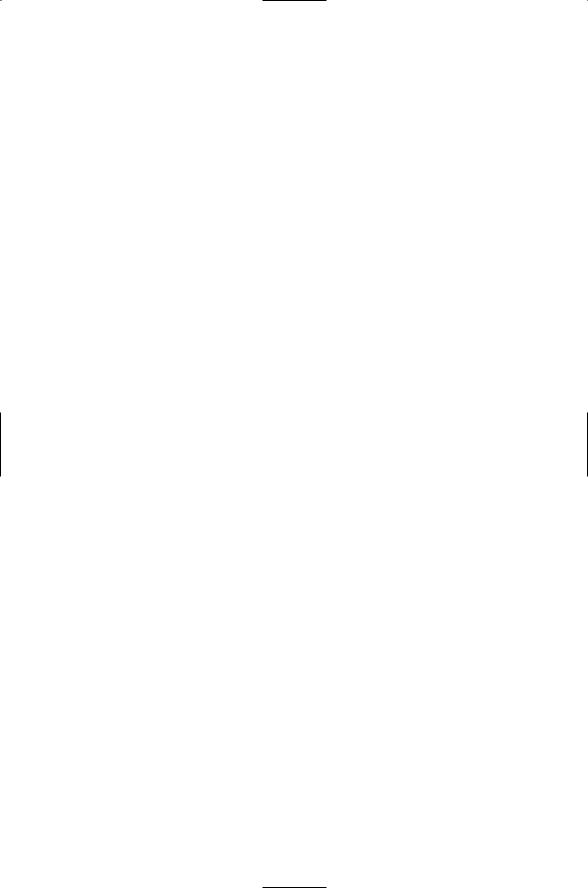
region in 1932–33. Imprisoned from 1933 to 1939 and again in 1940. During Soviet-German war in USSR: Supreme Soviet deputy, political officer in Red Army, organized Romanian prisoners of war into Red Army divisions (together with Ana Pauker). Returned to Romania in 1944. A secretary of CC of Romanian Workers Party and member of its Politburo from 1945 to 1952. Minister of finance and deputy prime minister from 1947 to 1952. Arrested in August 1952 and charged with “right opportunism” for opposing currency devaluation. Tried in October 1954, sentenced to death, commuted to life imprisonment, for “economic sabotage.” Died in prison. Rehabilitated posthumously in 1968.
Lukaszewicz, Jerzy (1931–83). Polish politician. In 1970s member of Politburo of CC of Polish United Workers Party. Head of CC Department of Propaganda from 1971 to 1983 (chief ideologist, also responsible for mass media). Ally of Eduard Gierek. Following Gdansk shipyard strike of August 1980, removed from leading positions as concession to strikers. Imprisoned after imposition of martial law by General Wojciech Jaruzelski in December 1981.
Lumumba, Patrice Emery (1925–61). Congolese politician. Educated at mission schools in Belgian Congo. Postal clerk, accountant; wrote essays and poems for publication in journals. In 1955 became regional president of an independent (from Belgium) trade union of government employees. Also active in Belgian Liberal Party. In October 1958 founded Congolese National Movement, first nationwide Congolese political party, which came first in local elections of December 1959. First prime minister of Democratic Republic of the Congo from June to September 5, 1960, when dismissed by President Kasavubu following secession of Katanga province led by Moise Tshombe. In November 1960 pursued, captured, and imprisoned by forces of Colonel Mobutu (who had seized power on September 14) and on January 17, 1961, handed over to Katanga regime and murdered. National Hero (1996).
Lunkov, Nikolai Mitrofanovich (1919– ?). Soviet diplomat. From peasant background. Secretary of factory committee of Komsomol. In 1941 sent to Higher Party School for military-diplomatic training. Entered diplomatic service in 1943, dealt with German and Austrian problems in Third European Department of MFA. Deputy political adviser to Marshal Tolbukhin, then Marshal Konev in Vienna in 1945–46. First secretary of Soviet mission in Switzerland from 1946 to 1949. Appointed counselor in 1948. From 1949 to 1951 assistant to an MFA department head. In 1951–52 acting assistant to minister of foreign affairs. From 1952 to 1954 deputy political counselor at Soviet Control Commission in Germany. From 1954 to 1957 counselor and
[ ]
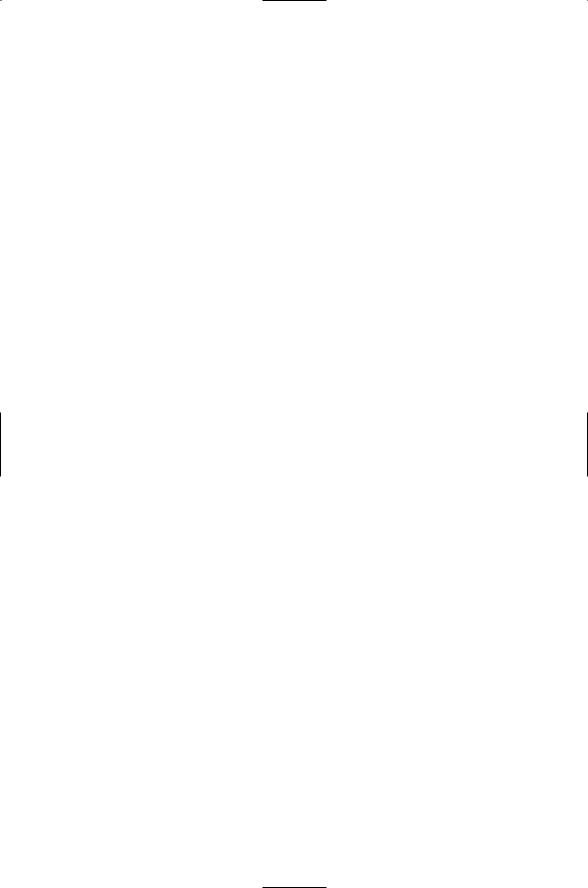
temporary chargé d’affaires at Soviet embassy in Sweden. In 1957 deputy head of Department of International Organizations, from 1957 to 1962 deputy head, then head of Department of Scandinavian Counties of MFA. Accompanied Khrushchev on visit to United States in 1959. From 1962 to 1968 Soviet ambassador to Norway. From 1968 to 1971 head of Department for Cultural Ties with Foreign Countries, from 1971 to 1973 head of Second European Department of MFA and member of its collegium. From 1973 to 1980 Soviet ambassador to Britain and Malta. From 1980 until retirement in 1990 Soviet ambassador to Italy, also maintained contact with Vatican.
Macmillan, Harold (1894–1986). British politician (Conservative Party). Member of Parliament from 1924 to 1929 and from 1931. Parliamentary secretary to minister of supply from 1940 to 1942, then minister at Allied Headquarters in North Africa. Minister of housing from 1951 to 1954, minister of defense in 1954–55, foreign secretary in 1955, chancellor of the exchequer from 1955 to 1957. Prime minister from 1957 to 1963. Given title of Earl of Stockton.
Mahtab, Hare Krishna (1899–1987). Indian politician, writer, and newspaper editor. Joined independence movement in 1921. Worked with Gandhi to help Harijans (untouchables) from 1933 to 1937. Repeatedly imprisoned. Premier of Orissa state from 1946 to 1950. Minister for commerce and supply from 1950 to 1952. Secretary general of Congress Parliamentary Party from 1952 to 1954. Governor of Bombay state in 1955–56. Chief minister of Orissa state from 1956 to 1961. Elected to Lok Sabha (House of the People, lower chamber of federal parliament) in 1962. Deputy leader of Congress Parliamentary Party. Left Congress Party in 1966 to form Jana Congress. Author of 24 books, including novels and poetry, in English and Oriya.
Makhno, Nestor Ivanovich (1889–1934). Ukrainian anarchist (anarcho-com- munist or libertarian communist) organizer and military leader. Born to peasant family in village of Gulyai-Polye, Yekaterinoslav gubernia, centralsouthern Ukraine. Shepherd from age 7, later farmhand. Became anarchist following participation in revolution of 1905. Arrested in 1908 and condemned to death for terrorist acts, but sentence commuted to life imprisonment on grounds of youth. Released in March 1917 after fall of tsarist regime. Returned to home village and became president in turn of regional peasants’ union, agricultural commission, and union of metal and carpentry workers. In August 1917, as president of Peasants and Workers Soviet of Gulyai-Polye, carried out land reform. In early 1918, when Ukraine ceded to Central Powers by Treaty of Brest-Litovsk, organized Revolutionary Insurrectionary Army of Ukraine to fight German and Austrian occupation forces. Between 1918
[ ]
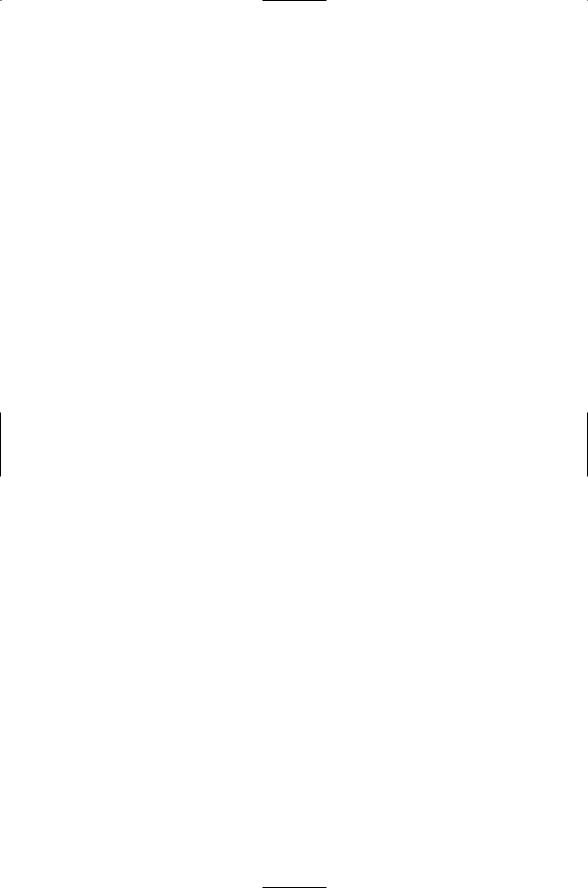
and 1921 also fought Ukrainian nationalists (Petlyurists), Whites (in temporary alliance with Red Army), and finally Red Army invasion of Ukraine. Fled to Romania, thence to Poland and Germany, eventually settled in Paris (1926). Joined Group of Russian Anarchists Abroad and co-authored organizational platform of the Libertarian Communists. Died of tuberculosis.
Malenkov, Georgy Maksimilianovich (1902–88). Soviet politician. Son of white-collar employee. Joined party in 1920. Became an official in apparatus of party CC in 1925 and in apparatus of Moscow committee of the party in 1930. From 1934 to 1939 head of CC Department for Leading Party Bodies. From 1939 to 1953 a secretary of party CC and head of its Cadres Administration. From 1941 to 1945 a member of State Defense Committee. Became a member of Politburo of party CC in 1946. From 1946 to 1953 deputy chairman, and from 1953 to 1955 chairman, of USSR Council of Ministers. From 1955 to 1957 minister of electric power plants. A member of party CC from 1939 to 1957. For participating in the so-called antiparty group of Molotov, Malenkov, and Kaganovich, removed from high-level positions in 1957 and appointed director of Ust-Kamenogorsk hydroelectric power plant, then of Ekibastuz thermoelectric power plant (both in Kazakhstan). Expelled from party in 1961.
Malik, Adam (1917–84). Indonesian politician and diplomat. Participated in fight for independence from Netherlands from early age. In 1937 established Antara Press Bureau (later to become official Indonesian Antara News Agency). Founding member of People’s Party in 1946 and Murba Party in 1948. Elected to house of representatives in 1956. Appointed to Provisional Supreme Advisory Council in 1959. Indonesian ambassador to Soviet Union and Poland from November 1959 to 1963. Minister of trade from 1963 to 1965. Led Indonesian delegations to United Nations Conference on Trade and Development in 1964. Coordinating minister for implementation of guided economy in 1965–66. Deputy prime minister in 1966–67. Minister of foreign affairs from 1966 to 1978. Led Indonesian delegations to United Nations General Assembly. Chairman of People’s Consultative Assembly. Vice president from 1978 to 1983.
Malinovsky, Rodion Yakovlevich (1898–1967). Soviet general. Noncommissioned officer in tsarist army. Joined Red Army in 1919. Military adviser in Spanish civil war, instructor at Frunze Military Academy, then in senior command posts. During Soviet-German war (1941–45) commanded Southern Front, Don Operational Group (1942), Second Guards Army in counteroffensive at Stalingrad (1942–43), various Fronts engaged in offensive operations in Ukraine, Romania, Hungary, Austria, and Czechoslovakia (1943–45), and Transbaikal Front in war with Japan (1945). Commander in chief of Soviet
[ ]
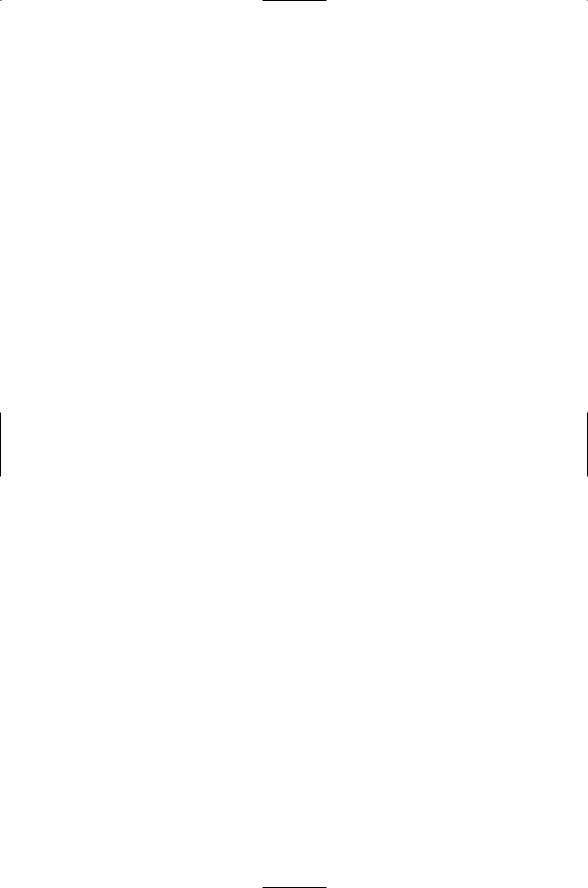
forces in Far East from 1947 to 1953. Commander of Far East military district from 1953 to 1956. First deputy minister of defense and commander in chief of ground forces in 1956–57. Minister of defense from 1957 to 1967. Marshal of the Soviet Union (1944).
Malraux, André (1901–76). French writer and politician. Author of books on archaeology, art history, and anthropology, as well as memoirs and several novels based on travels in Indochina, China, and Spain, where helped organize an air force for the Republican side in Spanish civil war (1936–39). Tank commander and Resistance leader in World War II. Close to Communist Party in 1930s, joined Gaullists in 1943. Minister of information in 1945 and 1958. Minister of culture from 1959 to 1969.
Manuilsky, Dmitry Zakharovich (1883–1959). Soviet official. Son of priest. Graduated from University of Saint Petersburg. Joined Russian Social Democratic Labor Party in 1903. Deported to Siberia for participating in 1905 revolution, fled to Paris. In 1917 returned to Russia, commissar of Petrograd Military-Revolutionary Committee. Secretary and member of Presidium of Executive Committee of Communist International from 1928 to 1943. Deputy chairman of Council of People’s Commissars (Council of Ministers) and people’s commissar (minister) of foreign affairs of Ukrainian SSR from 1944 to 1953. Vice chairman of United Nations Security Council in 1945 and of its Political Committee in 1946. Member of party CC from 1923 to 1952. Member of Ukrainian Academy of Sciences (1945). Author of works on international workers movement
Mao Zedong (1893–1976). Chinese politician. From landlord family. Became member of CC of Chinese Communist Party in 1923. In 1926 appointed director of Kuomintang Peasant Movement Training Institute (in context of CCP-Kuomintang alliance). In 1931 became chairman of Soviet Republic of China (based in Jiangxi). In 1933 became member of Politburo of CCP CC, in 1935 elected to its Secretariat and Standing Committee of Politburo. In 1934–35 led Long March to Yenan. Chairman of CCP CC from 1945 to 1976. Chairman of CCP Central Military Commission from 1936 to 1976. Chairman of Chinese People’s Republic from 1949 to 1959, when resigned on account of failure of Great Leap Forward. Initiated Cultural Revolution (1966–76).
Markov, Aleksandr Mikhailovich (1901–82). Soviet physician. Graduated from medical faculty of Voronezh University in 1928. From 1928 to 1932 intern, then chief physician at Krasnaya Moskva (Red Moscow) sanatorium in Sochi. From 1932 to 1938 intern, then assistant at preliminary therapy clinic of Voronezh
[ ]
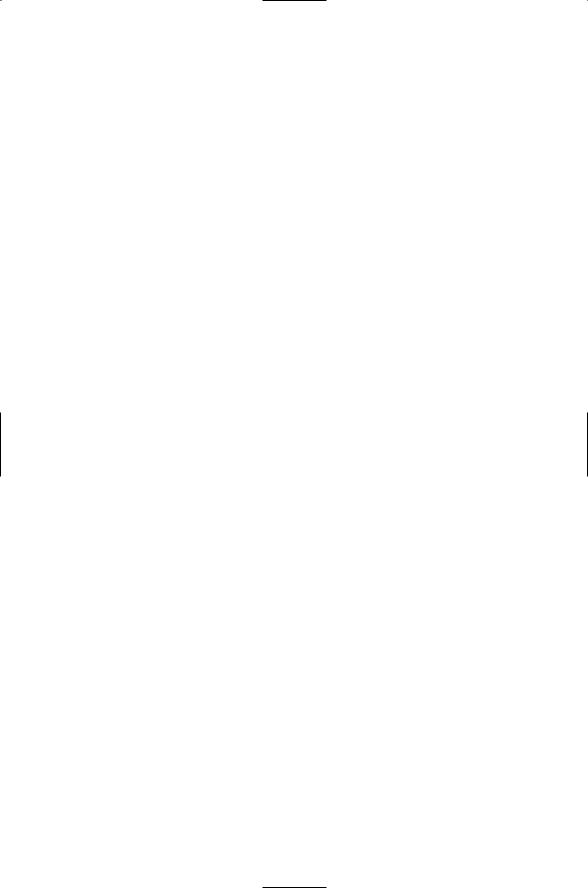
Medical Institute, thereafter head of Department of Internal Diseases at Voronezh Stomatological Institute. During Soviet-German war (1941–45) army physician, chief practitioner of Transbaikal Front. From 1947 to 1953 scientific director, then director of Central Polyclinic, head of division of Kremlin Hospital, then deputy head of Medical-Sanitary Administration (Lechsanupr) of Kremlin. From 1953 to 1966 head of Fourth Main Administration of Ministry of Health and member of its collegium, thereafter consultant to Central Tuberculosis Institute of Ministry of Health. Professor. Doctor of Medical Sciences. Meritorious Scientist of the RSFSR.
Masaryk, Thomas (1850–1937). Czechoslovak politician. From 1900 to 1920 leader of liberal Czech People’s Party, later renamed Progressive Realist Party, advocating Czech autonomy within Austro-Hungarian empire. Elected to Austrian parliament in 1907. During World War I in exile, head of Paris-based Czech National Council, helped organize Czech Legion in Russia, which in 1918 rose against Bolsheviks in Russian civil war. President of Czechoslovakia from 1918 to 1935. Author of historical and philosophical works.
Maurer, Ion Gheorghe (1902–2000). Romanian lawyer and politician. Joined Romanian Communist Party in 1936. Chief defense attorney in Ana Pauker’s trial in 1936. Became member of RCP CC and of its Politburo in 1945. Undersecretary of state at Ministry of Industry and Commerce from 1945 to 1948. Deputy minister of foreign trade in 1948–49, then chairman of Association for the Dissemination of Science and Culture. Minister of foreign affairs from 1956 to 1958. In 1957 deputy president and from 1958 to 1961 president of Presidium of Grand National Assembly of Romania. Became member of Politburo of CC of Romanian Workers Party in 1960 and member of Executive Committee and Standing Presidium of CC of Romanian Communist Party in 1965. From 1961 to 1965 vice president of State Council. From 1961 to 1974 chairman of Council of Ministers.
Mazurov, Kirill Trofimovich (1914–89). Soviet official. From peasant family. Joined party in 1940. Graduated from Gomel Road Transport College in 1933 and from Higher Party School in 1947. Before Soviet-German war (1941–45) road transport engineer, then Komsomol work. In 1941–42 occupied various posts in 21st Army of Southwestern Front. From 1942 to 1944 secretary of CC of underground Belorussian Komsomol. From 1944 to 1946 second secretary, and in 1946–47 first secretary, of CC of Belorussian Komsomol. From 1948 to 1950 second, then first secretary of Minsk city party committee. From 1950 to 1953 first secretary of Minsk province party committee. From 1953 to 1956 chairman of Council of Ministers of Belorussian SSR. From 1956 to
[ ]
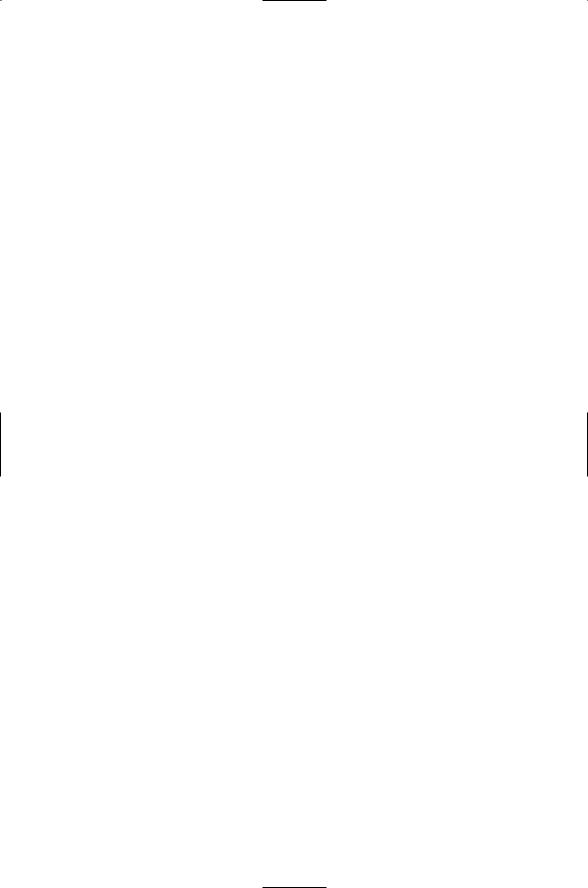
1965 first secretary of CC of CP(B) of Belorussia. From 1965 until retirement in 1978 first deputy chairman of USSR Council of Ministers. From 1986 chairman of All-Union Council of War and Labor Veterans. Member of party CC from 1956 to 1981 and of its Politburo (Presidium) from 1965 to 1978. Hero of Socialist Labor.
Mendès-France, Pierre (1907–82). French lawyer, economist, and politician. In 1932 entered chamber of deputies as Radical Socialist. Imprisoned as opponent of Vichy regime in 1940, but escaped to England in 1941 to join Free French Forces of General de Gaulle as pilot. Minister of national economy in 1945. Became prime minister in 1954 following defeat of French forces in Vietnam at Dienbienphu and arranged armistice in Indochina at Geneva Conference. Helped to establish Western European Union. Resigned as prime minister in 1955 and as head of Radical Party in 1957. Failed to be re-elected to National Assembly in 1958. Led anti-Gaullist Union of Democratic Forces. Parliamentary deputy again in 1967–68. Author of three books.
Menon, V. K. (Vengalil Krishnan) Krishna (1897–1974). Indian politician. Son of lawyer. Studied at Law College of Madras, where joined Home Rule Movement. Lived in England from 1924 to 1952. Studied at London School of Economics and University College London, practiced law from 1934. Worked for Indian independence as journalist and secretary of India League (1929–47), associate of Nehru. Also active in British Labour Party. In 1932 secretary of parliamentary fact-finding delegation to India. In 1930s editor of Twentieth Century Library. From 1947 to 1952 Indian High Commissioner to Great Britain. Led Indian delegation to United Nations from 1952 to 1962. Member of Rajya Sabha (House of States, upper chamber of federal parliament) from 1953 to 1957. Minister without portfolio in 1956–57. Member of Lok Sabha (House of the People, lower chamber of federal parliament) from 1957 to 1967 and from 1969. Minister of defense from 1957 until resignation in 1962 following criticism for country’s lack of military preparedness in Sino-Indian war. Made honorary president of World Peace Council in 1971.
Menon, Kumar Padma Shivasankar (1898–1982). Indian diplomat and public figure. In 1947–48 ambassador to China. From 1948 to 1952 secretary for foreign affairs. From 1952 to 1961 ambassador to Soviet Union (and concurrently to Poland and Hungary). From 1965 chairman of Indian-Soviet Cultural Society. From 1970 member of presidium of World Peace Council. From 1980 ambassador to Egypt. Recipient of International Lenin Prize (1979).
[ ]
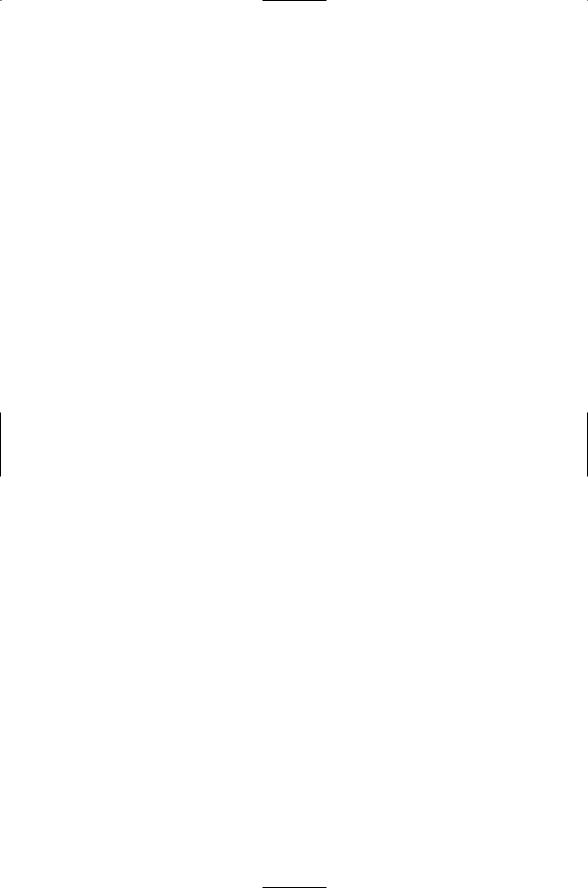
Menshikov, Mikhail Alekseyevich (1902–76). Soviet official. Worker. Fought in civil war. From 1922 to 1924 student at school of All-Russia CEC of the Soviets. From 1924 to 1928 accountant and chairman of factory committee at refrigerator factory. Joined party in 1927. From 1928 to 1930 economist at People’s Commissariat of Domestic Trade. In 1929 graduated from Moscow Institute of National Economy as foreign trade economist. From 1930 to 1936 a director of All-Russia Cooperative Society ARKOS in England. Thereafter until 1943 held responsible positions in People’s Commissariat of Foreign Trade. From 1943 to 1945 deputy director in council of United Nations Aid and Reconstruction Administration in Washington. In 1945–46 headed temporary commission of this administration in Poland. From 1946 to 1949 deputy minister of foreign trade. From 1949 to 1951 minister of foreign trade. From 1951 to 1953 in apparatus of Ministry of Foreign Trade. Soviet ambassador to India from 1953 to 1957 and to the United States from 1957 to 1961. From 1961 until retirement in 1968 minister of foreign affairs of the RSFSR.
Meretskov, Kirill Afanasyevich (1897–1968). Soviet general. From peasant background. Worker. Joined party in 1917 and Red Army in 1918. Fought in civil war. Occupied leading staff, political, and command posts. Fought in Spanish civil war (1936–37). Army commander in Soviet-Finnish war of 1939, then commander of Leningrad military district. From August 1940 to January 1941 chief of General Staff, then deputy people’s commissar of defense. In summer 1941 under investigation. In Soviet-German war commanded various Armies and Fronts, then commander of a number of military districts. In 1955–56 assistant minister of defense for higher military training institutions. Member of Central Revision Commission from 1956 to 1961. From 1964 general inspector of Group of General Inspectors of Ministry of Defense. Hero of the Soviet Union (1940). Marshal of the Soviet Union (1944).
Michael I (Mihai; born 1921). King of Romania from 1927 to 1930 (with regency council governing country) and from 1940 to 1947. From 1920 to 1930 crown prince and army commander in chief. Opposed to Antonescu and assisted in coup against him in August 1944, then concluded armistice with Allies. Forced to abdicate in December 1947, left Romania for Britain in January 1948. Stripped of Romanian citizenship in 1948. Settled in Switzerland and became commercial pilot. In exile adopted title of Prince Michael of Hohenzollern-Sigmaringen. Romanian citizenship restored in 1997, thereafter visited Romania many times. Met president of Romania in May 2001. Some of family estates returned to him.
[ ]
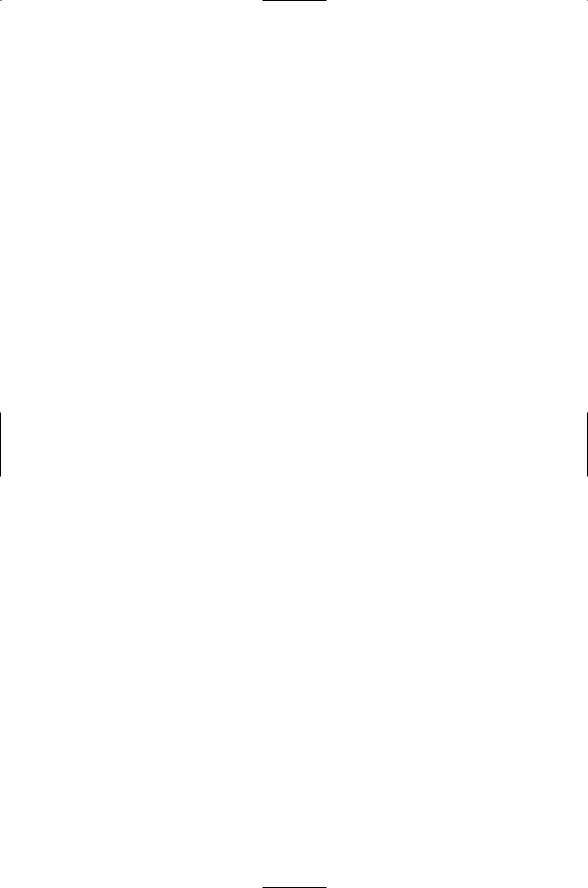
Mickiewicz, Adam (1798–1855). Polish national poet and playwright. Founder of Polish romanticism. Exiled from Lithuania by tsarist authorities in 1824, lived in Russia and knew Pushkin and Decembrists. Emigrated in 1829. Most celebrated epic poem Pan Tadeusz (1834). From 1840 to 1844 lectured on Slavic literature in Paris. In 1849 editor of French democratic newspaper Tribune du Peuple.
Mikolajczyk, Stanislaw (1901–66). Polish politician. Son of farmer. Joined Polish army in 1920 and fought in Polish-Soviet war. Discharged wounded and returned to father’s farm. Became active in Polish Peasant Party (PSL) in 1920s. Elected to Sejm (parliament) in 1929. Became vice chairman of Executive Committee of PSL in 1935 and party president in 1937. Took part in defense of Warsaw against German attack in September 1939. After fall of Warsaw fled to Hungary, then Paris. Participated in Polish government in exile as deputy chairman of Polish National Council, then from 1941 to 1943 as deputy prime minister and minister of the interior (responsible for maintaining contact with underground resistance in Poland and coordinating its finances), and in 1943–44 as prime minister. Resigned in November 1944 in protest against lack of Allied support for Warsaw uprising and over question of Poland’s eastern border. Persuaded by Churchill, went to talks in Moscow in June 1945 to form Provisional Government of National Unity, then returned to Warsaw to take up posts of minister of agriculture and second deputy prime minister in this government. In August 1945 established Polish People’s Party. Resigned following fraudulent elections of January 1947 and secretly fled Poland in April 1947 to avoid arrest. Settled in United States. Died in New York.
Mikoyan, Anastas Ivanovich (1895–1978). Soviet politician. From 1926 to 1930 people’s commissar of domestic and foreign trade. From 1930 to 1934 people’s commissar of supply. From 1934 to 1938 people’s commissar of food industry. From 1938 to 1949 and again in 1953 people’s commissar (minister) of foreign trade and concurrently from 1937 to 1955 a deputy chairman of USSR Council of People’s Commissars (Council of Ministers). From 1955 to 1964 first deputy chairman of USSR Council of Ministers. In 1964–65 chairman of Presidium of USSR Supreme Soviet. From 1965 to 1974 a member of Presidium of USSR Supreme Soviet, then in retirement. A member of the Politburo (Presidium) of the party CC from 1935 to 1966.
Minc, Hilary (1905–74). Polish politician and economic planner. Member of Politburo and Secretariat of CC of Polish (United) Workers Party from 1948 to 1956. Top economic adviser to Bierut. Minister of industry from 1945 to
[ ]
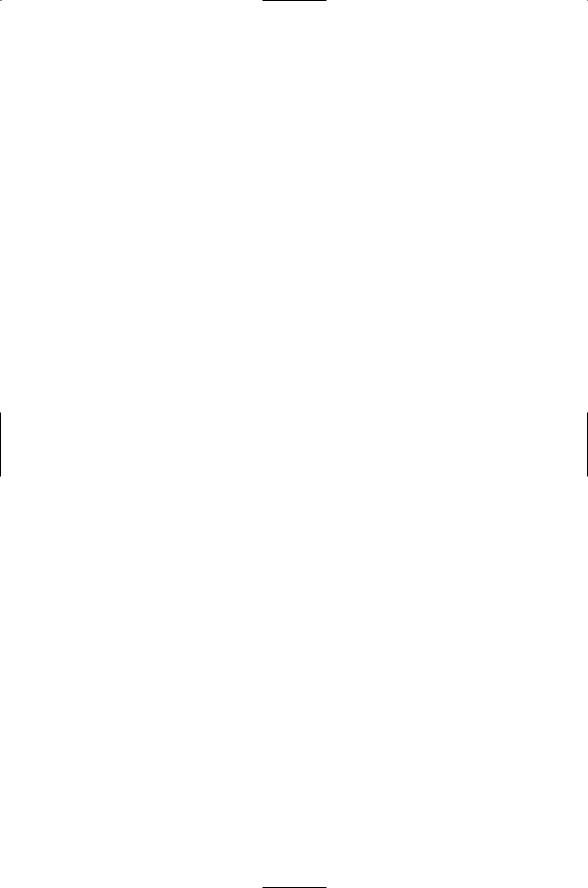
1949. Deputy prime minister with responsibility for economy from 1949 to 1954. A secretary of CC from November 1952 to March 1954. First deputy prime minister from 1954 until resignation in October 1956.
Mindszenty, Jozsef (original name Pehm; 1892–1975). Hungarian Catholic prelate. Ordained as priest in 1915. First book published in 1917. Arrested by Hungarian Soviet Republic of 1919 for opposing state takeover of Catholic schools. Active in Smallholders Party in 1930s. Consecrated bishop of Veszprem in 1944. Imprisoned by fascist regime in 1944–45. On release appointed primate of Hungary and archbishop of Esztergom. Made cardinal in 1946. Drove through countryside in sound truck urging resistance to Communist policies. Arrested in December 1948, accused of treason, conspiracy, currency offenses, and other crimes. Tried in February 1949, sentenced to life imprisonment, but released under guard in 1955 on account of poor health. Freed on October 30, 1956, during uprising. Following entry of Soviet troops into Budapest, took refuge in U.S. embassy. Left Hungary in 1971 for Vatican, then settled in Vienna. Retired in 1974.
Mohammed V (1909–61). King of Morocco. Sultan from Alawite dynasty from 1927 to 1953 and from 1955 to 1957. After World War II demanded independence. In exile in Madagascar from 1953 to 1955. Ascended to throne in 1957.
Mollet, Guy (1905–75). French politician. Teacher. Joined French Socialist Party in 1921 In 1939 elected secretary-general of Teaching Federation. Fought in Resistance to Nazi occupation. Elected to National Assembly in 1945. General secretary of French Socialist Party from 1946 to 1969. Minister for European relations in 1950–51 and deputy prime minister in 1951. Represented France on Council of Europe. Prime minister of coalition government from January 1956 to May 1957. Vice chairman of Socialist International from 1951 to 1969. Retired in 1971.
Molotov, Vyacheslav Mikhailovich (Skryabin; 1890–1986). Soviet politician. Joined party in 1906. Participated in revolutionary movement. From 1909 to 1911 in exile in Totma, Solvychegodsk, and Vologda. From 1919 chairman of Nizhny Novgorod Province Executive Committee, then a secretary of Donetsk province committee of the party. From 1921 to 1930 a secretary of party CC. From 1930 to 1941 chairman of Council of People’s Commissars. From 1942 to 1957 first deputy chairman of Council of People’s Commissars (Council of Ministers). From 1941 to 1945 a deputy chairman of State Defense Committee. From 1939 to 1949 and from 1953 to 1956 people’s commissar (minister) of foreign affairs. From 1957 Soviet ambassador to Mongolia. From 1960 to
[ ]
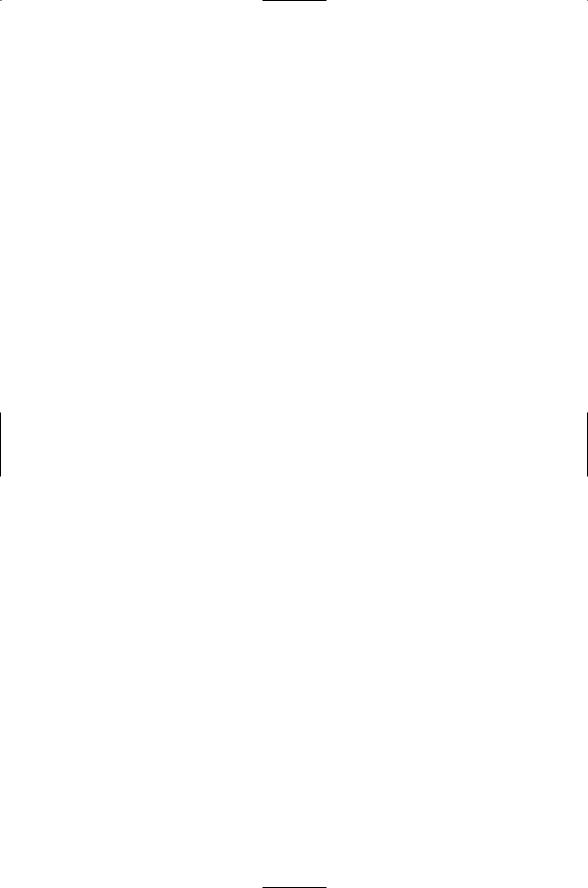
1962 permanent Soviet representative at International Atomic Energy Agency. At various times member of party CC, of its Orgburo and Politburo, and of All-Russia CEC of the Soviets and USSR CEC of the Soviets. Deputy to USSR Supreme Soviet from 1937 to 1958. In June 1957 removed from party posts for factional activity.
Munnich, Ferenc (1886–1967). Hungarian politician. Fought in AustroHungarian army in World War I, taken prisoner on Russian front in 1915. Joined Russian Bolshevik Party in 1917 and Communist Party of Hungary in 1918. Fought in Spanish civil war and Soviet-German war (1941–45). From 1946 to 1949 head of Budapest police department. From 1949 to 1954 Hungarian ambassador to Finland, then Bulgaria. From 1954 to 1956 Hungarian ambassador to USSR, then Yugoslavia. Minister of armed forces and public security in 1956–57. Deputy chairman in 1956–57, first deputy chairman in 1957–58, and chairman of council of ministers from 1958 to 1961. State minister from 1961 to 1965. Member of CC of Hungarian Socialist Workers Party from 1956 and of its Politburo from 1957 to 1965.
Naguib, Mohammed (1901–84). Egyptian general and politician. Major general. Graduated from Royal Military Academy (Cairo). Fought in Arab-Israeli war of 1948. Recruited as figurehead by “The Free Officers.” Following revolution of July 1952, appointed prime minister and commander in chief. In September 1952 made head of governing council. Became president in June 1953 on declaration of republic. Accused of dictatorial tendencies and supporting Moslem Brotherhood, forced by Nasser in November 1954 to resign and retire from public life.
Nagy, Imre (1896–1958). Hungarian politician. From peasant family. Engineering apprentice, worker. In World War I fought in Austro-Hungarian army, taken prisoner on Russian front. Joined Red Army in 1917 and Russian Bolshevik Party in 1918. On return to Hungary took charge of work of Communist Party of Hungary in countryside. Imprisoned several times. In 1928 went to Vienna and in 1929 to Moscow, where worked for Comintern and for International Agronomy Institute. Returned to Hungary in 1944. Minister of agriculture, also occupied other posts. Prime minister from 1953 to 1955, when denounced as Titoist and removed from office. In early 1956 expelled from Hungarian Workers Party. Recalled as prime minister on October 24, 1956. Following Soviet invasion on November 4, 1956, took refuge in Yugoslav embassy. Left embassy under pledge of safe conduct, then arrested. Trial and execution announced in 1958. Rehabilitated and reburied with full honors in 1989.
[ ]

Naim, Sardar (Prince) Mohammed. Afghan politician. Cousin of King Mohammed Zahir Shah and brother of Mohammed Daud. Minister of foreign affairs of Afghanistan from 1956 to 1978. Visited Moscow in January 1959, in September 1960, and in subsequent years. In April 1978 killed together with Mohammed Daud in coup by People’s Democratic Party of Afghanistan (i.e., Communist Party).
Nakhimov, Pavel Stepanovich (1802–55). Russian admiral. Took part in round-the-world expedition commanded by explorer Mikhail Lazarev from 1822 to 1825. During Crimean War commanded squadron that annihilated Turkish fleet at Sinope in 1853, then commanded naval and land forces during siege of Sevastopol in 1854–55. Admiral (1855). Mortally wounded by sniper while inspecting forward defense positions on Malakhov Kurgan (a commanding height southeast of Sevastopol).
Nasriddinova, Yadgar Sadykovna (born 1920). Soviet politician (Uzbek). Daughter of worker. Joined party in 1942. Graduated in 1941 from Tashkent Institute of Railroad Engineers. From 1942 to 1950 in Komsomol work, from 1948 as second secretary of CC of Uzbekistan Komsomol. From 1950 to 1952 first secretary of a district party committee in Tashkent. From 1952 to 1959 minister of the building materials industry of Uzbek SSR and from 1955 to 1959 a deputy chair of Council of Ministers of Uzbek SSR. From 1959 to 1970 deputy chair of Presidium of Supreme Soviet of Uzbek SSR. From 1970 to 1974 chair of Soviet of Nationalities of USSR Supreme Soviet. From 1974 until retirement in 1978 deputy minister of the building materials industry of USSR. Member of party CC from 1956 to 1976. In 1988 charged with accepting bribes and abusing official position in 1970–75 and expelled from party, but in 1991 charges dropped and readmitted to party.
Nasser, Gamal Abdel (1918–70). Egyptian military officer and politician. Colonel. From 1949 headed Executive Committee of “The Free Officers,” who seized power in July 1952. Deputy chairman, then chairman of Revolution Leadership Council. Deputy prime minister and minister of internal affairs from 1952 to 1954. Prime minister from 1954 to 1956 (with an interval). Acting president from November 1954 and president of Egypt (later of United Arab Republic) and commander in chief of armed forces from 1956. Chairman of Arab Socialist Union from 1963.
Nasution, Abdul Haris (1918–2000). Indonesian general. Strategist and hero of fight for independence from Netherlands, led guerrilla attacks against colonial regime in 1948–49. Army chief of staff from 1955 to 1966, concurrently
[ ]
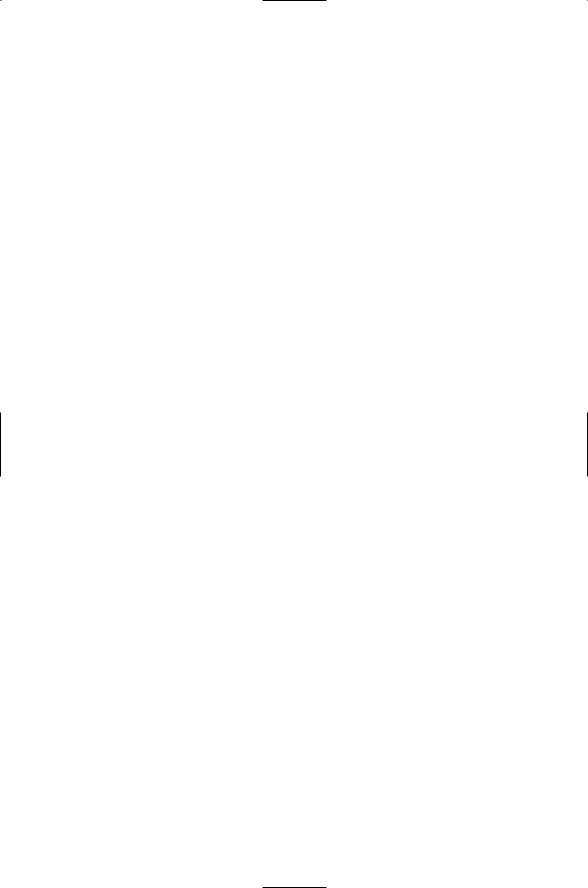
minister of national security from 1960 to 1962 and coordinating minister for defense and security from 1962 to 1966. Suppressed rebellions in Sumatra and Sulawesi in late 1950s. Escaped assassination attempt during attempted coup of 1965.
Ne Win (Shu Maung; 1911–2002). Burmese general and politician. Comrade- in-arms of Aung San in struggle for independence. Became commander of Burmese Independence Army in 1943. Home and defense minister and commander in chief of armed forces from 1948 to 1958. Deposed U Nu in 1958 to become prime minister. Again in power following U Nu’s return in 1960–62. Chairman of revolutionary council and revolutionary government from 1962 to 1974. President of Burma from 1974 to 1981. Chairman of executive committee of CC of Burmese Socialist Program Party from 1971 until retirement in 1988.
Nehru, Jawaharlal (1889–1964). Indian politician. Educated in England at Cambridge University. Returned to India in 1912 to practice law. Joined struggle for independence in 1919 after Amritsar massacre. Four times president of Indian National Congress (first time in 1929). Spent many years in prison. In July 1946 formed first Indian government. Prime minister from independence on August 15, 1947 until death. Pursued economic development by means of planning and a foreign policy of nonalignment. Founder and leader of nonaligned movement. Author of several books.
Nixon, Richard (1913–94). American politician. Graduated from Whittier College and Duke University Law School. During World War II served in Navy and rose to lieutenant commander. Elected to House of Representatives in 1946 and to Senate in 1950. Vice president from 1953 to 1961. President from 1969 to 1974 (re-elected to second term in 1972). Resigned as result of Watergate scandal.
Nkrumah, Kwame (1909–72). Ghanaian politician. Founded People’s Congress Party of the Gold Coast in 1949. Head of government of Gold Coast from 1952 to 1957. Prime minister of Republic of Ghana from 1957 to 1960. President of Republic of Ghana from 1960 to 1966. Deposed by military coup. Given refuge in Guinea; recipient of International Lenin Prize (1962).
Novotny, Antonin (1904–75). Czechoslovak politician. Son of bricklayer. Locksmith in arms factory. Founding member of Communist Party of Czechoslovakia in 1921. Arrested following Nazi occupation of Czechoslovakia in 1938. In Mauthausen concentration camp from 1941 to 1945. Member of CC of Communist Party of Czechoslovakia from 1946. First secretary of Prague city committee of Communist Party of Czechoslovakia from 1945 to 1953.
[ ]
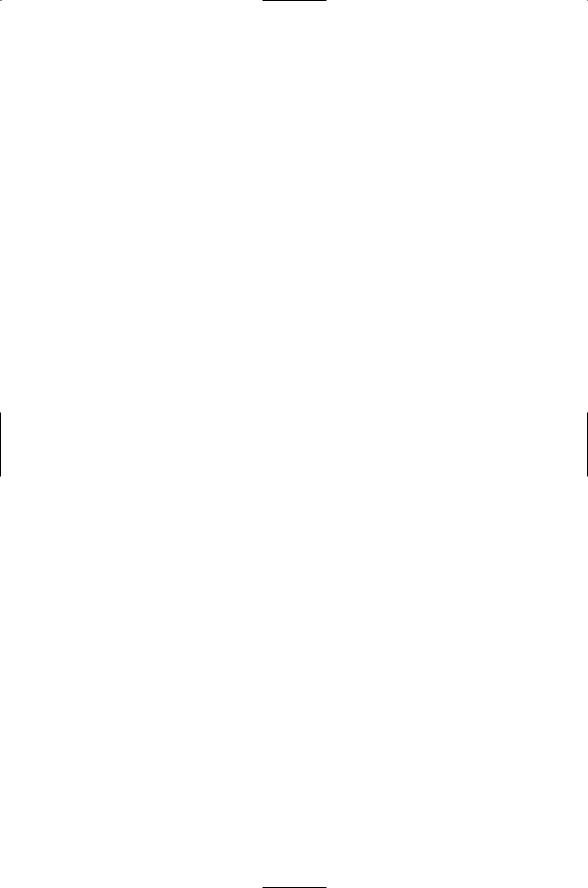
First secretary of CC of Communist Party of Czechoslovakia from September 1953 to January 1968. President of Czechoslovakia from 1958 to 1968.
Ochab, Eduard (1906–89). Polish politician. Joined Communist Party of Poland in 1929. Participated in defense of Warsaw in 1939. Served from 1943 in the Polish Kosciusko Division, then deputy commander of First Corps of Wojsko Polskie (Polish Army in USSR). Member of CC of Polish Workers Party (later Polish United Workers Party) from 1944 to 1968 and of its Politburo from 1954 to 1968. From 1950 to 1956 and from 1959 to 1964 secretary, and in 1956 first secretary, of CC of Polish United Workers Party. From 1957 to 1959 minister of agriculture. From 1964 to 1968 chairman of state council of Polish People’s Republic.
Osobka-Morawski, Edward (1909–97). Polish politician. Leader of left wing of Polish Socialist Party. Active in resistance to Nazi occupation. In July 1944 became chairman of Polish Committee of National Liberation. Minister of foreign affairs from July 1944 to May 1945. Prime minister of provisional government of national unity from June 1945 to February 1947.
Pahlavi, Mohammed Reza Shah (1919–80). Shah of Iran. Son of Reza Shah Pahlavi. Graduated from military college in Teheran. Succeeded to throne in 1941. Forced to flee Iran in 1953 during coup by prime minister Mohammed Mossadegh, returned to throne in military countercoup backed by United States and Britain. Pursued policies of modernization and land reform (the White Revolution). Forced to flee Iran again in 1979 during Islamic revolution. Went to Egypt, Morocco, Bahamas, Mexico, United States (for medical treatment), Panama, died in Egypt.
Pahlavi, Reza Shah (1877–1944). Shah of Iran. Father of Mohammed Reza Shah Pahlavi. Military commander, then minister of war from 1921 to 1923 and prime minister from 1923 to 1925. Proclaimed Shah by Majlis (National Assembly) in 1925. Shah of Persia from 1925 to 1935. Shah of Iran from 1935 until abdication in 1941.
Paletskis, Yustas Ignovich (1899–1980). Lithuanian-Soviet politician. Worker, then journalist, interpreter, and teacher. From 1927 to 1939 correspondent of newspapers in Latvia and Lithuania. In 1940 joined Communist Party, prime minister and acting president of Lithuanian People’s Government. From 1940 to 1967 chairman of Presidium of Supreme Soviet of Lithuanian SSR. From 1966 until retirement in 1970 chairman of Council of Nationalities of USSR Supreme Soviet. Candidate member of party CC from 1952 to 1971. Hero of Socialist Labor (1969).
[ ]
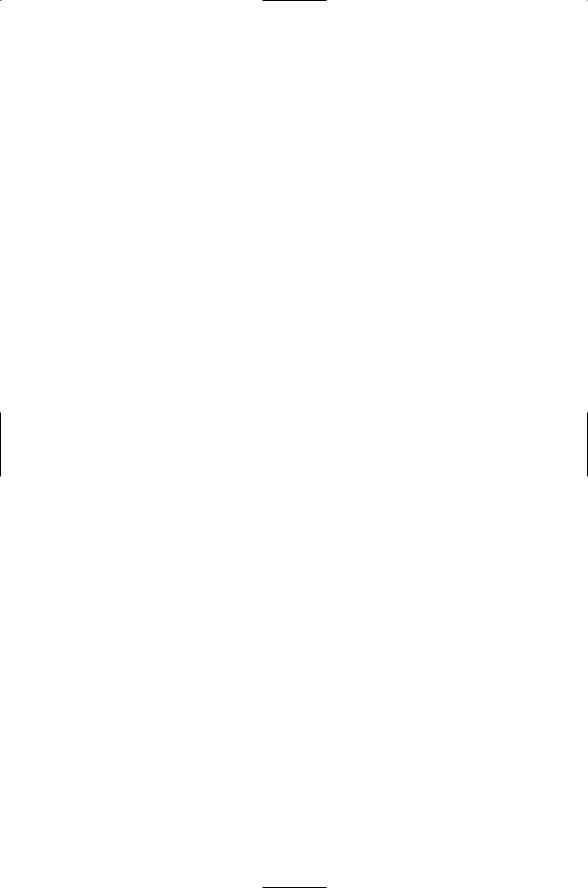
Pauker, Ana (Hannah Rabinsohn; 1893–1960). Romanian politician. Daughter of butcher. Teacher. Joined Romanian Workers Social Democratic Party in 1915. Went to Switzerland in 1919 to pursue further education. Founding member of Romanian Communist Party in 1921, member of CC from 1922 and of its Secretariat from 1935. Imprisoned in 1923–24 and 1924–25. Left country in 1926, lived in Prague, Berlin, Paris, and Vienna. Enrolled as student at Lenin School in Moscow in 1928, seconded to Latin Secretariat of Comintern in 1930. On Comintern work in France from 1930 to 1932, then at Comintern headquarters in Moscow. Probably returned to Romania in 1934. Arrested in 1935, tried in 1936, sentenced to ten years, but returned to USSR in May 1941 through prisoner exchange. Representative of Romanian Communist Party in Executive Committee of Communist International from 1941 to 1943, then head of Comintern’s Foreign Bureau in 1943–44. Directed Free Romania radio station and (together with Vasile Luca) organized Romanian prisoners of war into Red Army divisions. Returned to Romania in September 1944. Elected to parliament in November 1946. Member of Politburo and a secretary (initially, in 1944–45, general secretary) of CC of Romanian Workers Party from 1945 to 1952, with responsibility for organizational matters until 1948 and then for agriculture. Concurrently minister of foreign affairs from 1947 to 1952. Criticized as “peasantist” for opposing forced collectivization and supporting higher prices for agricultural products. Arrested in February 1952, released from prison in 1953 but under house arrest until 1956, then worked as translator.
Peng Zhen (Peng Chen; 1902–97). Chinese politician. Joined Chinese Communist Party in 1923. Arrested in 1929, after release in 1935 head of Organization Department of CCP Northern Bureau. Member of CCP CC and of its Politburo from 1945 to 1966 and from 1979 to 1987. First secretary of Beijing city committee of CCP from 1949, mayor of Beijing from 1951. From 1954 to 1966 and from 1979 to 1983 deputy chairman, and from 1983 chairman, of Standing Committee of National People’s Congress. In 1980 appointed secretary of Political and Legal Affairs Commission of CCP CC. Retired in 1988.
Peng Dehuai (1898–1974). Chinese military commander and politician. Coal miner and dam builder. Graduated from Hunan Military Academy as Kuomintang officer. Joined Chinese Communist Party in 1927. Veteran of Long March (1934–35). Deputy commander in chief of Red forces in anti-Japanese war. Commander of First Field Army in civil war. Commander of Chinese forces in Korean War. Minister of defense and member of Politburo of CCP CC from 1954 to 1959. People’s Liberation Army Marshal (1955). Disgraced
[ ]
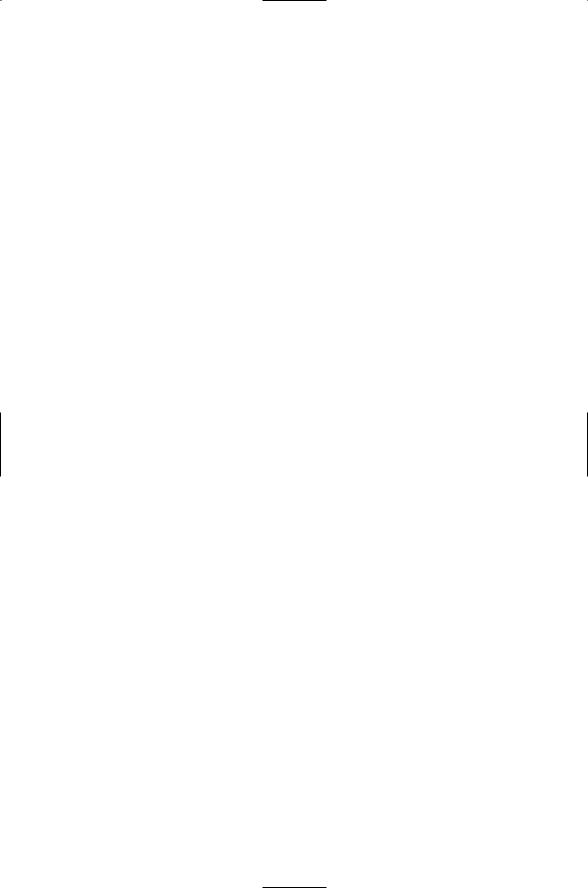
in 1959 for criticizing Great Leap Forward. Deputy prime minister from 1959 to 1965. Persecuted by Red Guards in Cultural Revolution. Removed from official positions and arrested in 1967. Rehabilitated posthumously in 1978.
Pervukhin, Mikhail Georgiyevich (1904–78). Soviet engineer, official, and diplomat. Joined party in 1919. In 1920s mainly in journalism and Komsomol work. Graduated from Plekhanov Institute of National Economy in 1929, then electrical engineer in industry. In 1937–38 official in People’s Commissariat of Heavy Industry. In 1938–39 deputy, then first deputy people’s commissar of heavy industry. In 1939–40 people’s commissar of electric power plants and electrical industry. From 1940 to 1944 deputy chairman of Council of People’s Commissars, concurrently from 1942 to 1950 people’s commissar (minister) of chemical industry. From 1950 to 1955 a deputy chairman and from 1955 to 1957 first deputy chairman of Council of Ministers, concurrently from 1953 to 1955 minister of electric power plants and electrical industry. In 1956–57 chairman of State Economic Commission, then minister of medium machine building. In 1957–58 chairman of State Committee of Council of Ministers for Foreign Economic Relations. Removed from high-level positions for supporting “antiparty group” of Molotov, Malenkov, and Kaganovich. From 1958 to 1962 Soviet ambassador to East Germany. Member of CPSU CC from 1939 to 1961 and of its Presidium from 1952 to 1957. Lieutenant general of Engineering and Technical Branch. Hero of Socialist Labor (1949).
Peters, Yakov Khristoforovich (1886–1938). Soviet security police official. From peasant family. Worker. Joined Russian Social Democratic Labor Party in 1904 and British Labour Party in 1909. After 1917 occupied leading posts in All-Russia Cheka (security police) in Petrograd, Moscow, Kiev, Tula, and Turkestan. From 1923 member of Collegium of OGPU (security police). Member of Central Control Commission from 1923 to 1934, then member of Party Control Commission. From 1930 to 1934 chairman of Party Control Commission of Moscow province. Executed, posthumously rehabilitated.
Pham Van Dong (1906–2000). Vietnamese politician. From prominent Mandarin family, son of private secretary to Emperor Duy Tan. Educated at French lycée in Hue. Led student demonstration in 1929, sentenced by French colonial regime to seven years’ hard labor in penal colony. On release in 1936 resumed underground work, then fled to join Ho Chi Minh in China. Founding member of Vietnamese Independence League (Viet Minh, 1941), led Viet Minh in 1942–43 when Ho in jail. Led Vietnamese delegation in talks with French in 1946 and again in 1954. Prime minister of Democratic Republic of Vietnam from 1955 to 1976, concurrently minister of foreign affairs from 1954 to 1961.
[ ]
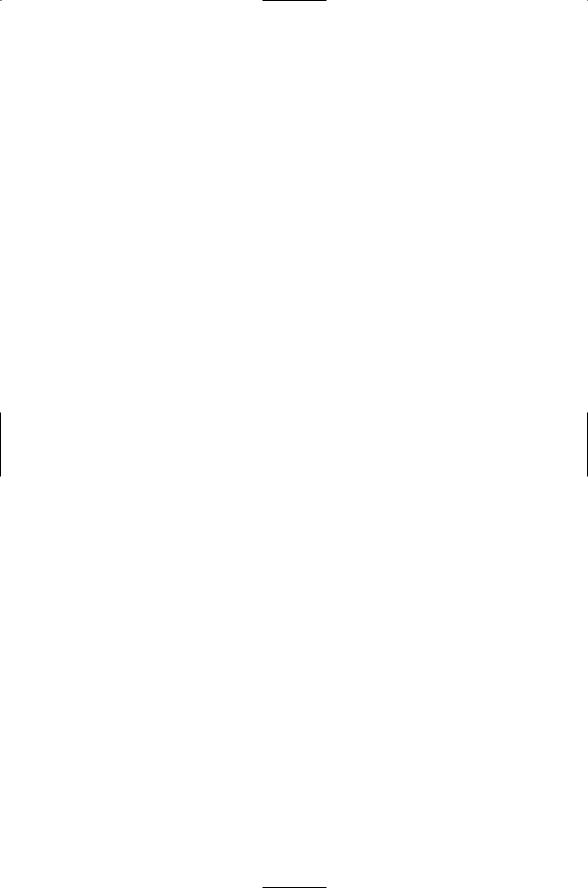
Prime minister of [reunited] Socialist Republic of Vietnam from 1976 until resignation in 1987, but remained government adviser until 1997. Member of Politburo of CC of Vietnamese Workers (Communist) Party from 1951 to 1986.
Pilsudski, Jozef Klemens (1867–1935). Polish military leader and politician. From impoverished noble family. In 1885–86 studied medicine at Kharkov University but suspended, arrested, and exiled to Siberia in 1887. On release in 1892 founded Polish Socialist Party, published underground newspaper. Imprisoned in 1900, escaped in 1901. Visited Japan in 1904. In 1908 formed secret military organization (from 1910 called Riflemen’s Association) to train Polish military officers. In World War I commanded Polish Legion (as brigadier general) within Austro-Hungarian army, in 1916 appointed minister of war in Polish regency government, but in 1917 imprisoned by Germans for refusing to swear loyalty to Central Powers. After release, became chief of state (president) of new Polish republic and commander in chief of its armed forces in November 1918. Field marshal (March 1920). Launched offensive against Soviet Russia in April 1920, war ended by Treaty of Riga (1921). Resigned as chief of state in 1922 and as commander in chief in 1923, went into retirement outside Warsaw, but returned to power in coup d’état in 1926, thereafter de facto dictator. Prime minister from 1926 to 1928 and in 1930, also held posts of minister of defense and inspector general of armed forces.
Pliyev, Issa Aleksandrovich (1903–79). Soviet general. Joined Red Army in 1922. Became member of Communist Party in 1926. From 1939 to 1941 commander of a cavalry regiment. At outbreak of war colonel. Commanded 50th Cavalry Division, then cavalry corps, and in 1944–45 mechanized cavalry groups in Western, Southern, Southwestern, Steppe, Third Ukrainian, First Belorussian, Second Ukrainian, and Transbaikal Fronts. Took part in battles of Moscow and Stalingrad, Belorussia and Melitopol operations, liberation of Odessa, Budapest, and Prague, and defeat of Japanese forces in Manchuria. From 1958 to 1968 commander of North Caucasus Military District, with interval as commander of Group of Soviet Forces in Cuba. General of the Army (1962). From 1961 to 1966 candidate member of party CC. Twice Hero of the Soviet Union (1944, 1945).
Podgorny, Nikolai Viktorovich (1903–83). Soviet politician. Joined party in 1930. From peasant background. Metalworker, then from 1921 to 1923 secretary of a county committee of Komsomol in Poltava province. Graduated in 1931 from Kiev Technological Institute of Food Industry. From 1931 to 1939 engineer in Ukrainian sugar industry. Deputy people’s commissar of food industry of Ukrainian SSR in 1939–40 and of USSR from 1940 to 1942. From 1942 to 1944
[ ]
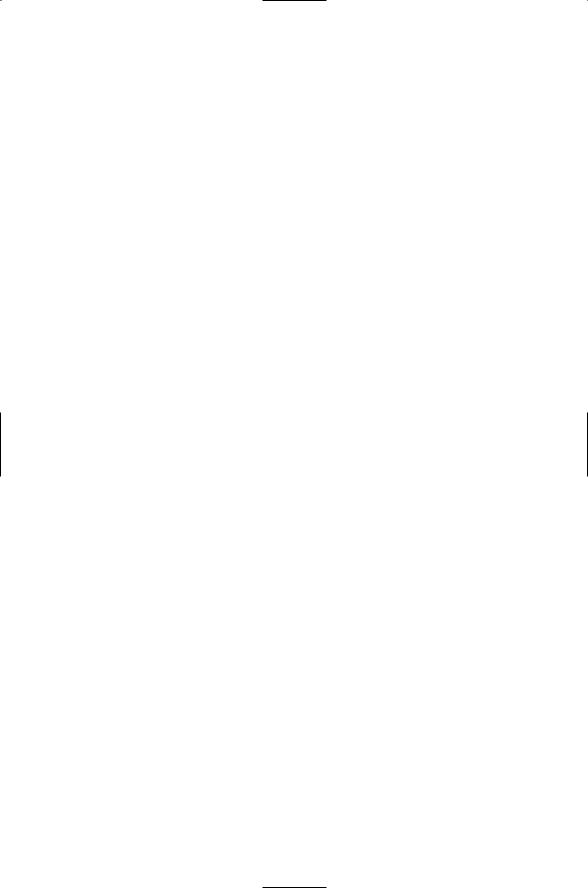
director of Moscow Technological Institute of Food Industry. From 1944 to 1946 deputy people’s commissar of food industry of Ukrainian SSR. From 1946 to 1950 permanent representative of Council of Ministers of Ukrainian SSR to USSR Council of Ministers. From 1950 to 1953 first secretary of Kharkov province committee of CP(B) of Ukraine. From 1953 second secretary, and from 1957 to 1963 first secretary, of CC of CP(B) of Ukraine. From 1963 to 1965 a secretary of CPSU CC. From 1965 until retirement in 1977 chairman of Presidium of USSR Supreme Soviet. Member of Central Inspection Commission of CPSU from 1952 to 1956. Member of party CC from 1956 to 1981 and of its Presidium (Politburo) from 1960 to 1977. Twice Hero of Socialist Labor.
Ponomarenko, Panteleimon Kondratyevich (1902–84). Soviet official and diplomat. From a peasant background. Joined party in 1925. In 1932 graduated from the Moscow Institute of Transport Engineers. From 1932 to 1936 battalion commander in Red Army. From 1938 to 1947 first secretary of CC of CP(B) of Belorussia. During Soviet-German war (1941–45) member of several military councils and from 1942 chief of the central staff of the partisan movement. From 1944 to 1948 chairman of Council of People’s Commissars (Council of Ministers) of Belorussia. Secretary of party CC from 1948 to 1953, concurrently minister of procurements from 1950 to 1952. In 1952–53 deputy chairman of Council of Ministers for agricultural procurements. In 1953–54 minister of culture. In 1954–55 first secretary of CC of CP(B) of Kazakhstan. Appointed Soviet ambassador to Poland in 1955, to India and Nepal in 1957, and to Netherlands in 1959. From 1962 to 1964 Soviet representative at International Atomic Energy Agency. From 1964 to 1974 lecturer at Institute of Social Sciences under party CC. Retired in 1965. Member of party CC from 1939 to 1961 and of its Presidium in 1952–53. Lieutenant general (1943).
Ponomaryov, Boris Nikolayevich (1905–95). Soviet party official. From 1932 to 1936 deputy director of Institute of Red Professors, then director of Institute of Party History under Moscow province party committee. In 1943–44 deputy director of Marx-Engels-Lenin Institute under party CC. From 1944 to 1946 deputy head of department in party CC. From 1947 to 1949 deputy head, then head of Soviet Information Bureau (Sovinformburo) under USSR Council of Ministers. From 1948 first deputy head and from 1955 to 1961 head of International Department of party CC. From 1961 to 1986 a secretary of party CC. Member of party CC from 1956 to 1989 and candidate member of its Politburo from 1972 to 1986. Became member of USSR Academy of Sciences in 1962.
Popovic, Koci (1908–80). Yugoslav politician. Joined Yugoslav Communist Party in 1933. Fought in Spanish civil war from 1937 to 1939, then interned in
[ ]
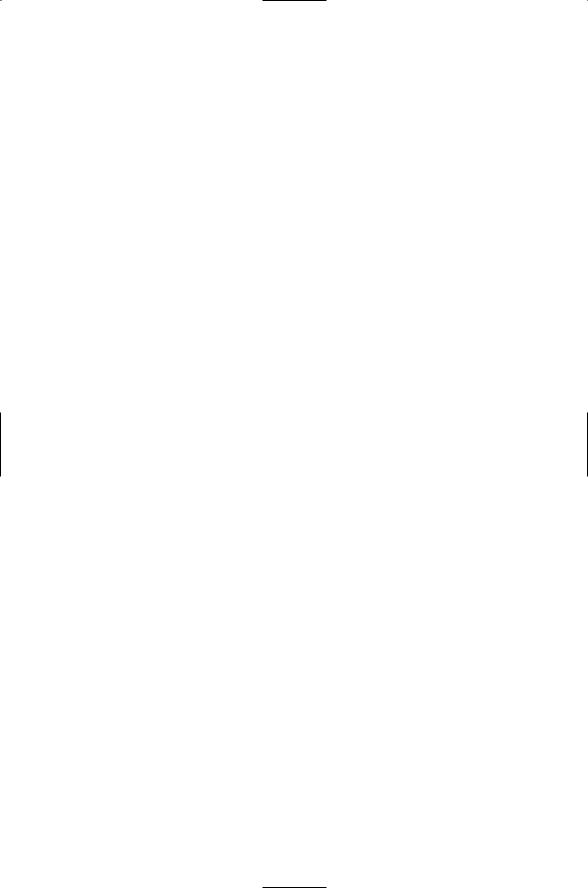
France. During World War II in People’s Liberation Army of Yugoslavia, partisan commander in Serbia. Chief of general staff of Yugoslav armed forces from 1945 to 1953. Foreign minister of Federal Socialist Republic of Yugoslavia from 1953 to 1965. Led Yugoslav delegation to United Nations General Assembly several times. Vice president in 1966–67. In 1971–72 member of collective presidency, resigning in protest against policies restricting autonomy of the federal republics. People’s Hero.
Poskrebyshev, Aleksandr Nikolayevich (1891–1965). Soviet official. Joined party in 1917. From 1922 instructor (position in party apparatus) and aide to general secretary (Stalin). From 1928 to 1953 head of special sector of Secretariat of party CC and of its Secret Department. From 1939 member of party CC and from 1952 a secretary of its Presidium.
Postyshev, Pavel Petrovich (1887–1939). Soviet politician. Worker. Joined party in 1904. Participated in revolutions of 1905, February 1917, and October 1917. From 1917 to 1922 occupied a number of military, party, and state posts in Far East, and from 1923 in Ukraine. From 1926 to 1930 secretary of Kharkov district committee of CP(B) of Ukraine. From 1930 to 1933 a secretary and from 1933 to 1937 second secretary of CC of CP(B) of Ukraine, concurrently in 1933–34 first secretary of its Kharkov province committee and from 1934 to 1937 first secretary of its Kiev province committee. In 1937–38 a secretary of Kuibyshev party province committee. From 1934 to 1938 candidate member of Politburo of party CC. Arrested in 1938, executed in 1939, rehabilitated posthumously in 1956.
Prasad, Rajendra (1884–1963). Indian lawyer and politician. Son of philologist. Studied and then taught English literature, history, economics, and law at Calcutta University. In 1916–17 barrister at High Courts of Bihar and Orissa. Met and began working with Gandhi in 1917, joined Indian National Congress in 1920. In prison for long periods. Raised funds for victims of Bihar earthquake of 1934. Elected president of Indian National Congress in 1934, 1939, and 1947–48. President of India from January 1950 until retirement in May 1962. Author of many works. Recipient of Bharat Ratna (India’s highest civilianaward).
Raab, Julius (1891–1964). Austrian politician. Trained as an engineer, also known as an economist. In 1938 organized the first trades union congress in Austria, appointed minister of commerce. After World War II a co-founder of the Austrian People’s Party. Vice chairman of (conservative) Austrian People’s Party from 1945 to 1951 and its chairman from 1951 to 1960. Federal chancellor of Austria from 1953 to 1961.
[ ]
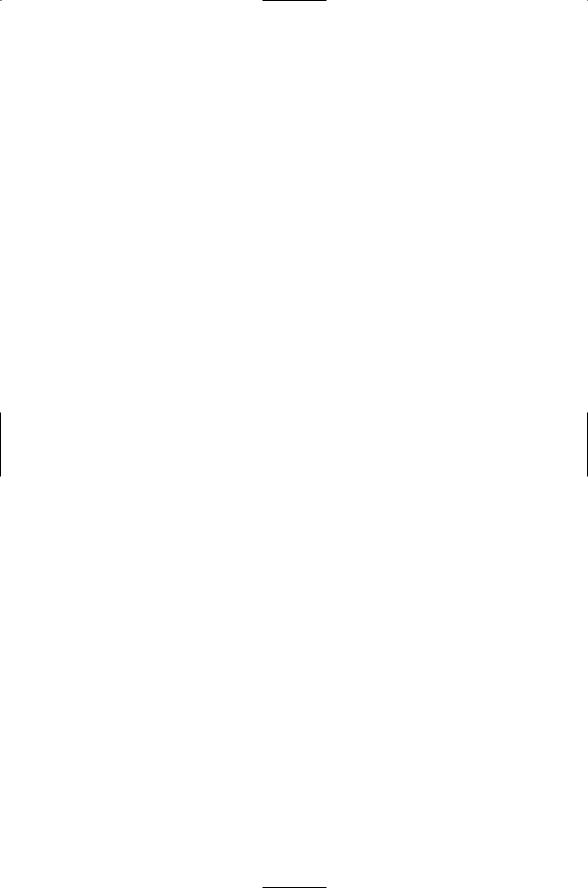
Radek, Karl Berngardovich (Karol Sobelsohn; 1885–1939). Soviet journalist and party official. Studied law at University of Krakow in 1902–1903. Joined Social Democratic Party of Poland and Lithuania in 1904. Participated in revolution of 1905. Leading contributor to social democratic press of Central and Eastern Europe from 1906 to 1917. During World War I in Switzerland. Joined Bolshevik party after revolution of October 1917 and worked for its International Bureau in Stockholm. Member of Soviet delegation to BrestLitovsk peace negotiations with Germany. In 1918 went to Germany as representative of Bolshevik party CC to help organize German Communist Party. On return to Russia in 1920, leading official of Comintern. Joined Left Opposition in 1923, leading to expulsion from CC in 1924 and from party in 1927. Recanted and readmitted to party in 1930. Wrote for Izvestia. Co-author of Soviet Constitution of 1936. Defendant in second Moscow show trial in 1937. Believed to have died in labor camp.
Radhakrishnan, Sarvapalli (or Sarvepalli) (1888–1975). Indian philosopher, diplomat, and politician. Graduated in philosophy from Madras Christian College in 1908, then taught there and at Mysore and Calcutta universities. Lectured on comparative religion and ethics at Oxford University from 1929 to 1949. Headed several Indian delegations to United Nations Educational, Scientific, and Cultural Organization (UNESCO) between 1946 and 1950, in 1948 elected to executive board of UNESCO and chairman of its University Education Committee. President of UNESCO in 1952. Indian ambassador to Soviet Union from 1949 to 1952. Vice president of India and chairman of Rajya Sabha (House of States, upper chamber of federal parliament) from 1952 to 1962. President of India from May 1962 to May 1967. Author of many works on philosophy, ethics, and religion. Recipient of Bharat Ratna, India’s highest civilian award (1954).
Rajagopalachari, Chakravarthi (Rajaji; 1878–1972). Indian politician. Educated in law at Bangalore and Madras, then barrister. Joined Indian National Congress after World War I. Close to Gandhi. Several terms in prison. Last governorgeneral of India from 1948 to 1950. Home minister in 1950–51. Chief minister of Tamil Nadu state from April 1952 to April 1954. In 1959 established Swatantra [Freedom] Party. Published English and Tamil translations of many important Hindu religious works.
Rakosi, Matyas (1892–1971). Hungarian politician. Served in Austro-Hungarian army in World War I, taken prisoner on Russian front. Joined Communist Party of Hungary on return to Hungary in 1918. Commander of the Red Guard and deputy people’s commissar of commerce in Hungarian Soviet Republic
[ ]
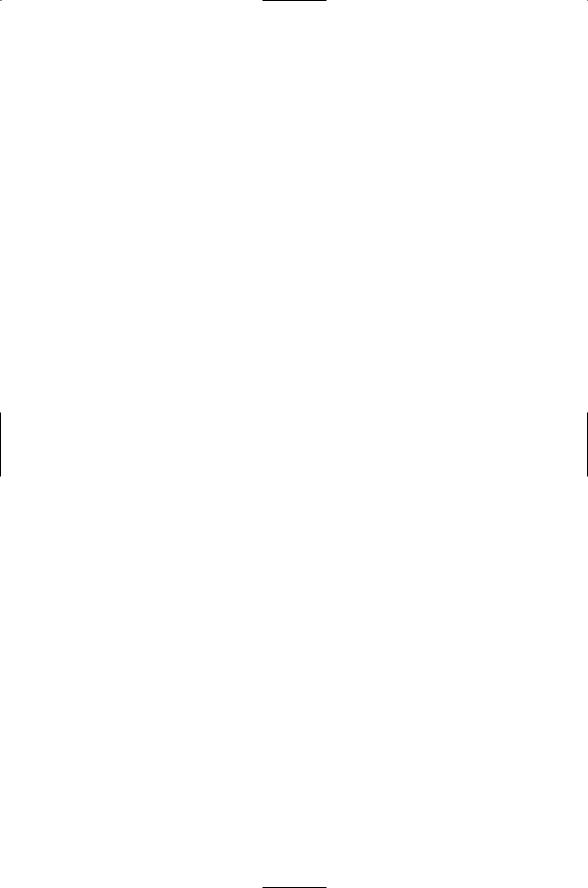
of 1919. Fled to Moscow when Soviet Republic crushed, worked for Comintern. Returned to Hungary in 1924, but imprisoned in 1925 and not released until 1940. Again worked in Moscow for Comintern from 1940 to 1945. General secretary of CC of Hungarian Communist Party (Hungarian Workers Party) from 1945 to July 1956. Concurrently prime minister of Hungary in 1946 and in 1952–53. After fall from power lived in Soviet Union. Expelled from Hungarian Socialist Workers Party in 1962.
Rankovic, Aleksandar (1909–83). Yugoslav politician. Joined Yugoslav Communist Party in 1928 and its CC in 1937. Fought with partisans against Nazi occupation. From 1945 to 1948 minister of internal affairs (in charge of security police). From 1948 to 1966 Tito’s second in command in Yugoslav government, from 1963 to 1966 vice president of the republic. In 1966 accused of abuse of power, removed from all official positions, and expelled from Yugoslav League of Communists.
Redens, Stanislav Frantsevich (1892–1940). Soviet official. Joined party in 1914. Prominent official of OGPU and NKVD (security police). From 1935 commissar of state security of the first rank. Arrested, exiled, and executed. Posthumously rehabilitated.
Reuther, Walter (1907–70). American trade-union leader. Apprentice tool and die maker, then automobile worker and union organizer. Studied law at Detroit City College. Before World War II active in Socialist Party, later joined Democratic Party. After being fired for union activity by Ford Motor Company in 1933, left United States and worked for a time at a Soviet automobile factory. On return to United States joined General Motors and United Automobile Workers (UAW). Led several strikes, hospitalized in 1937 and 1940 after assaults by hired thugs, also survived two assassination attempts. In 1946 elected president of UAW and in 1952 president of Congress of Industrial Organizations (CIO). Following merger of CIO with American Federation of Labor (AFL) in 1955, became director of Industrial Union Department of AFL-CIO. Supported social welfare legislation and civil-rights movement, opposed war in Vietnam. In 1968 led UAW out of AFL-CIO and in 1969 formed Alliance for Labor Action together with Teamsters Union. Died in plane crash.
Ribbentrop, Joachim von (1893–1946). German diplomat. Minister of foreign affairs of Germany from 1938 to 1945. Sentenced to death by the International Military Tribunal in Nuremberg.
Rimsky-Korsakov, Nikolai Andreyevich (1844–1908). Russian composer, conductor, music teacher, and theorist. From 1856 to 1862 attended Naval Academy
[ ]
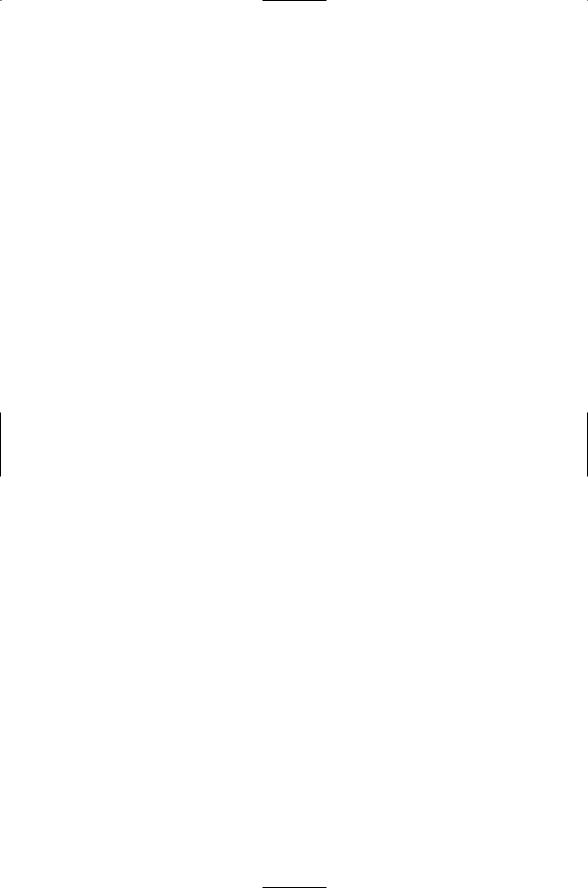
in Saint Petersburg. From 1862 to 1865 on naval cruise, completed first symphony on board ship. In 1971 left navy and joined faculty of Saint Petersburg Conservatory. Students included Sergei Prokofiev and Igor Stravinsky. Composed 15 operas, many based on Russian history and folklore, and several symphonies. Best known for symphonic suite Scheherazade (1888).
Rochet, Waldeck (1905–83). French politician. Joined French Communist Party in 1924, member of CC from 1937 to 1976, of its Politburo from 1950 to 1972, and of its Secretariat from 1959 to 1972. Imprisoned and sent to Algeria when Communist Party declared illegal at outbreak of World War II. Freed in 1943 and worked with Free French Forces. Became deputy general secretary of the CC of the French Communist Party in 1961 and was general secretary from 1964 to 1972, thereafter honorary chairman. For many years deputy in National Assembly.
Rockefeller, Nelson Aldrich (1908–79). American businessman and politician. Grandson of industrialist John D. Rockefeller. Graduated in 1930 from Dartmouth College, then joined family business. Coordinator of inter-American affairs for the U.S. government from 1940 to 1944. Assistant secretary of state for Latin American affairs in 1944–45. Head of International Development Advisory Board in 1950–51. Undersecretary of health, education, and welfare in 1953–54. Special aide to president on foreign policy in 1954–55. Chairman of Presidential Advisory Committee on Government Organization from 1952 to 1958. Republican governor of New York from 1959 to 1973. Chairman of National Commission on Critical Choices for America in 1973–74. Vice president from 1974 to 1977.
Roerich, Nikolai Konstantinovich (1874–1947). Russian artist, writer, traveler, and archeologist. Father of Svyatoslav Nikolayevich Roerich and Yuri Nikolayevich Roerich. Emigrated to India in early 1920s. Paintings inspired by landscape and mythology of ancient Rus, India, and Tibet. From 1923 to 1928 and in 1934–35 on expeditions (together with son Yuri) to India, China, Mongolia, and other countries of Central and East Asia. Director (together with son Yuri) of Himalayan Research Institute “Urusvati” in Darjeeling from 1928 to 1942. Initiated movement to protect objects of cultural value. Author of several works, mainly travelogues and poetry. Paintings brought to Soviet Union after his death by son Yuri.
Roerich, Svyatoslav Nikolayevich (1904–93). Russian artist. Son of Nikolai Konstantinovich Roerich and brother of Yuri Nikolayevich Roerich. Lived in India. Painted portraits, landscapes, and symbolic compositions. Honorary member of USSR Academy of Arts (1978).
[ ]
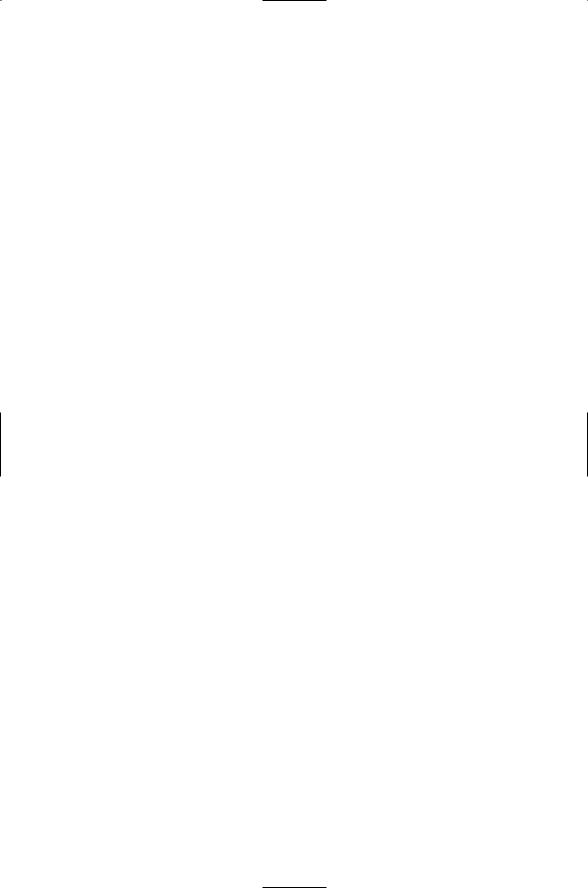
Roerich, Yuri Nikolayevich (1902–60). Russian Orientalist. Son of Nikolai Konstantinovich Roerich and brother of Svyatoslav Nikolayevich Roerich. Graduated in Oriental languages from University of London in 1919, Harvard University in 1922, and University of Paris in 1923. From 1923 to 1928 and in 1934–35 on expeditions (together with father) to India, China, Mongolia, and other countries of Central and East Asia. Director (together with father) of Himalayan Research Institute “Urusvati” in Darjeeling from 1928 to 1942. Taught at University of Kalimpong (India) from 1949 to 1957. Returned to Soviet Union in 1957 to head Sector of History of Indian Religion and Philosophy at Institute of Oriental Studies of USSR Academy of Sciences. Brought father’s paintings to USSR. Author of works on Tibet and Buddhist philosophy and religion.
Rokossovsky, Konstantin Konstantinovich (1896–1968). Soviet-Polish general. Son of locomotive driver. Building worker. Joined party in 1919. Red Guard in 1917. Fought in civil war, then in various command posts. Arrested in 1937. Released and reinstated in 1940. Commander of Sixteenth Army in battle for Moscow in 1941–42. Commander of Don Front in battle for Stalingrad in 1942–43, then of Central Front in battle for Kursk. In 1944 commander of First, then Second Belorussian Front. From 1945 to 1949 commander in chief of Soviet forces in Poland (Northern Group). From 1949 to 1956 minister of national defense and deputy chairman of Council of Ministers of Polish People’s Republic, member of Politburo of CC of Polish United Workers Party. In 1956–57 deputy minister of defense of USSR, then commander of Transcaucasus military district. From 1958 to 1962 deputy minister of defense and chief inspector of USSR Ministry of Defense, thereafter member of Group of General Inspectors of USSR Ministry of Defense. Candidate member of party CC from 1961 to 1968. Marshal of the Soviet Union. Twice Hero of the Soviet Union.
Rola-Zymierski, Michal (1890–1989). Polish general. From January to July 1944 commander in chief of People’s Army (Armia Ludowa), then commander in chief of Wojsko Polskie. From 1945 to 1949 minister of national defense. Marshal of Poland (1945).
Rusk, Dean (1909–94). American politician, lawyer, and teacher. Graduated from Davidson College (North Carolina) in 1931. Studied at Oxford University and University of California, Berkeley. Worked as college teacher. Served in Burma in World War II. Joined Office of United Nations Affairs of Department of State in February 1945. Appointed deputy undersecretary of state in 1949 and assistant secretary of state for Far Eastern affairs in 1950.
[ ]
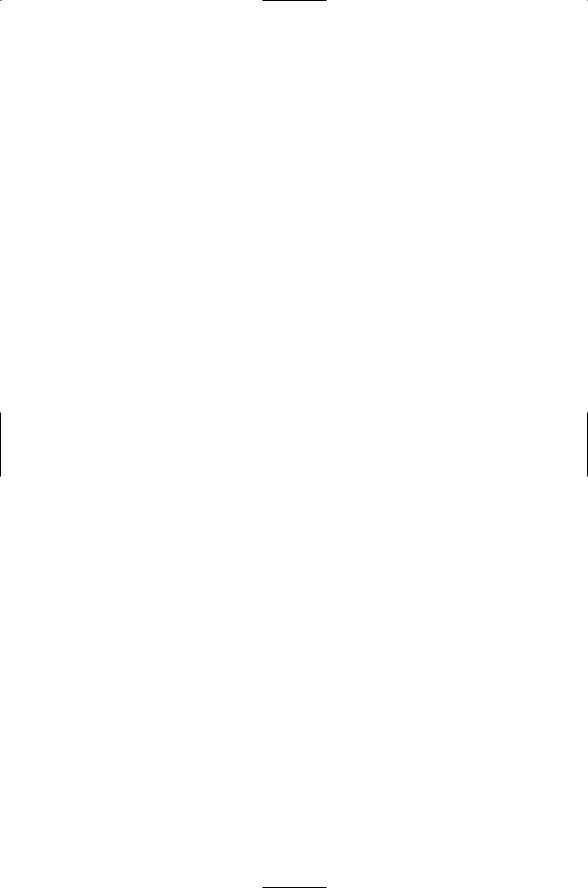
Played central role in decision to enter Korean War. Became president of Rockefeller Foundation in 1952. Secretary of state from 1961 to 1969. Taught international law at University of Georgia from 1970 to 1984.
Rybak, Natan Masuilovich (Samoilovich) (1912/13–78). Ukrainian writer of historical novels. Awarded State Prize in 1950.
Rykov, Aleksei Ivanovich (1881–1938). Soviet politician. Joined party in 1898. People’s commissar of internal affairs of RSFSR from November 1917. Chairman of Supreme Council of National Economy from 1918 to 1921 and from 1923 to 1924. Deputy chairman of Council of People’s Commissars and of Council of Labor and Defense from 1921. Chairman of Council of People’s Commissars from 1924 to 1930 and chairman of Council of Labor and Defense from 1926 to 1930. People’s commissar of posts and telegraphs (people’s commissar of communications) from 1931 to 1936. Member of party CC from 1905 to 1907, in 1917–18, and from 1920 to 1934, of its Politburo from 1922 to 1930, and of its Orgburo from 1920 to 1924. Member of All-Russia CEC of the Soviets and of USSR CEC of the Soviets. Arrested in 1937, executed in 1938, posthumously rehabilitated in 1988.
Sabri, Ali (1920–91). Egyptian military officer and politician. Prime minister from September 1962 to October 1965, then vice president and head of Arab Socialist Union. Dismissed in May 1971 and arrested on charges of plotting coup against government of Anwar Sadat.
Said, Nuri (As-Said; 1888–1958). Iraqi politician. Trained as officer in Ottoman army, but defected to Arab nationalist cause. Fought with T. E. Lawrence in Arab revolt of 1916–18. In 1922 appointed minister of defense under pro-British monarch Faisal ibn Ali. Occupied numerous cabinet posts. Prime minister in
1930–32, 1938–40, 1941–44, 1946–47, 1949, 1950–52, 1954–57, and 1958. Fled Iraq briefly during attempted coups of 1936 and 1941. Helped found Arab League in 1945. Executed leading Communists in 1949. Signed Baghdad Pact (Central Treaty Organization) in 1954. Resigned May 1958. Killed in republican coup of July 1958, corpse dragged through streets of Baghdad.
Savchenko, Sergei Romanovich (1904–66). Soviet security police official. From peasant family. Night watchman, clerk. Started work in Cheka in 1922. Joined party in 1930. Graduated from Higher Border Troop School of OGPU and served in border troops from 1922 to 1941, rising to deputy head of Ukrainian border troops. Deputy people’s commissar of internal affairs of Ukrainian SSR from 1941 to 1943. Deputy people’s commissar of state security of Ukrainian SSR, then people’s commissar (minister) of state security of Ukrainian SSR
[ ]

from 1943 to 1949. Lieutenant general (1945). Oversaw liquidation of Ukrainian nationalist underground in western Ukraine in 1947. From 1949 to 1953 head of foreign intelligence, concurrently from 1951 to 1953 deputy minister of state security of USSR. In 1953 appointed first deputy head of foreign intelligence, but then transferred to Second Main Administration and finally to Administration of Construction Troops in Ministry of Internal Affairs. Forced to retire in 1955 as “unsuitable for the service.”
Schmidt, Helmut (born 1918). West German politician. Elected a deputy of the Social Democratic Party of Germany (SDP) in the Bundestag in 1953. From 1967 to 1969 leader of the SDP fraction in the Bundestag. Between 1968 and 1983 deputy chairman of the SDP. From 1969 to 1974 minister of defense, economy, and finance. From 1974 to 1982 federal chancellor of West Germany.
Sékou Touré, Ahmed (1922–84). Guinean politician. From poor family. Trade union activist in youth. In 1945 became general secretary of Postal Workers Union. In 1946 co-founder of Rassemblement Démocratique Africain (African Democratic Assembly). In 1947 became general secretary of Democratic Party of Guinea. In 1956 organized General Union of Workers of Black Africa and elected deputy for Guinea to French National Assembly and mayor of Conakry. After independence referendum, elected president of Guinea in 1958, re-elected unopposed in 1982. In 1978 reoriented country from Soviet Union toward West. Recipient of International Lenin Prize (1961).
Semyonov, Vladimir Semyonovich (1911–92). Soviet diplomat. In 1940–41 an adviser at Soviet embassy in Berlin. In 1945–46 deputy political adviser and from 1946 to 1949 political adviser to Soviet military administration in eastern Germany. From 1949 to 1953 political adviser to Soviet Control Commission in Germany. In 1953–54 supreme commissar of the USSR in Germany and Soviet ambassador to East Germany. From 1955 to 1978 a deputy minister of foreign affairs. From 1978 to 1986 Soviet ambassador to West Germany.
Serov, Ivan Aleksandrovich (1905–90). Soviet security police official. In 1939 head of Chief Directorate of Worker-Peasant Militias of NKVD, then deputy head of NKVD Chief Directorate of State Security. From 1939 to 1941 people’s commissar of internal affairs of Ukrainian SSR. In 1941 first deputy people’s commissar of state security. From 1941 to 1954 deputy, then first deputy people’s commissar (minister) of internal affairs. From 1954 to 1958 chairman of KGB. From 1958 to 1963 head of Chief Intelligence Directorate of General Staff (GRU, military intelligence). Retired in 1965.
[ ]
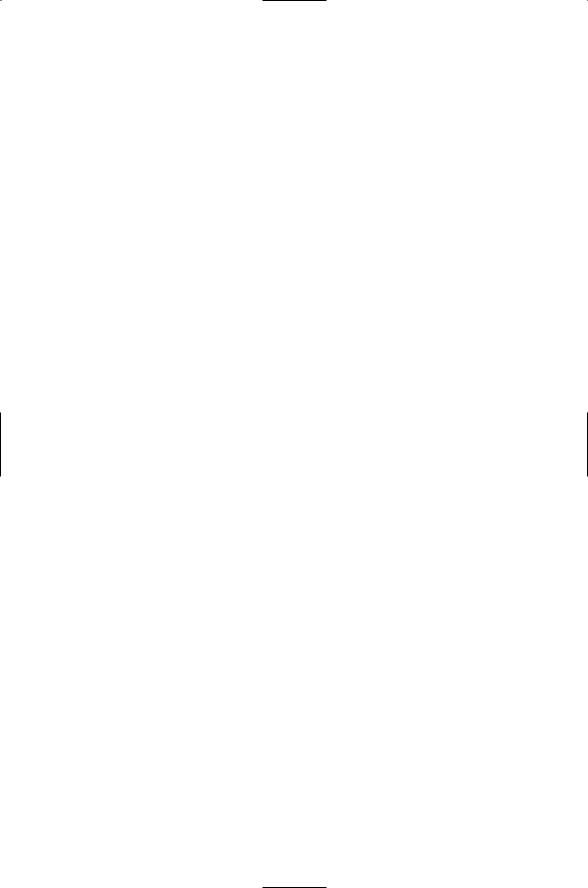
Shehu, Mehmet (1913–81). Albanian politician. In 1930s studied at military college in Naples, later fought in Spanish civil war. Interned in France from 1939 to 1942, then joined Albanian Communist Party and partisan movement. In 1944–45 member of Antifascist Council of National Liberation (provisional Albanian government). From November 1944 deputy chief of staff of army, from 1946 (after military studies in Moscow) chief of staff. In 1948 became member and (until 1953) a secretary of CC of Albanian Party of Labor and member of its Politburo. From 1948 to 1954 deputy chairman of Council of Ministers, concurrently minister of internal affairs. From 1954 until death chairman of Council of Ministers, concurrently from 1974 minister of people’s defense. In 1981 involved in power struggle and accused of being Yugoslav spy. Found dead with bullet in head, unclear whether murder or suicide.
Shelepin, Aleksandr Nikolayevich (1918–94). Soviet official. Son of railroad employee. Joined party in 1940. Graduated in 1941 from Moscow Institute of History, Philosophy, and Literature. In 1939–40 Red Army commissar in Soviet-Finnish war. From 1940 in Komsomol work. From 1943 secretary, then second secretary, and from 1952 to 1958 first secretary of Komsomol CC. From April to December 1958 head of Department of Party Bodies of party CC, then until November 1961 chairman of State Security Committee (KGB). From 1961 to 1967 a secretary of party CC, concurrently from 1962 to 1965 chairman of Party-State Control Committee and a deputy chairman of USSR Council of Ministers. From 1967 to 1975 chairman of All-Union Central Council of Trade Unions. From 1975 until retirement in 1984 deputy chairman of State Committee for Vocational and Technical Education. Member of party CC from 1952 to 1975 and of its Politburo (Presidium) from 1964 to 1975.
Shepilov, Dmitry Trofimovich (1905–95). Soviet politician. Joined party in 1926. From 1935 in party work. Major general (1945). After World War II in journalism. In 1946–47 and from 1952 to 1956 chief editor of Pravda. From 1947 to 1952 in apparatus of party CC, including period as first deputy head of Department of Propaganda and Agitation, then deputy head of its commission for ideology. In 1956–57 minister of foreign affairs. Removed from political positions in 1957 for participation in so-called antiparty group of Molotov, Malenkov, and Kaganovich. From 1957 to 1960 director, then deputy director of Institute of Economics of Kazakhstan Academy of Sciences. From 1960 until retirement in 1982 archivist in Chief Archives Administration of Council of Ministers. Member of party CC from 1952 to 1957, one of its secretaries from 1955 to 1957, and candidate member of its
[ ]
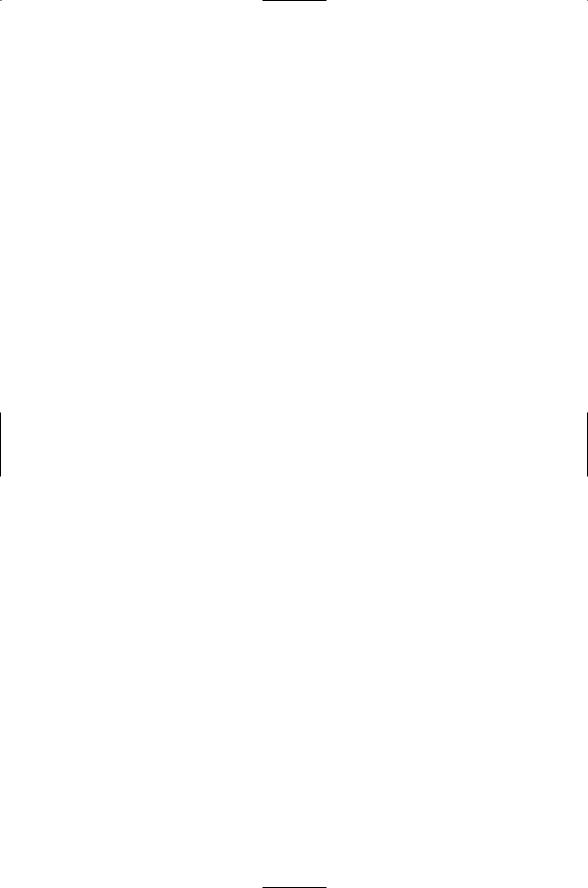
Presidium in 1956–57. Expelled from party in 1962 for supporting “antiparty group” of Molotov, Malenkov, and Kaganovich. Readmitted to party in 1976.
Shermark, Abdirashid (1919–69). Somali politician. In 1943 founding member of Club of Somali Youth (renamed in 1947 League of Young Somalis). Prime minister from 1960 to 1964. President of Somali Republic from 1967 to 1969. Killed in October 1969 in military coup led by Barre.
Shevchenko, Taras Grigoryevich (1814–61). Ukrainian poet and artist. From peasant family. In 1838 entered Petersburg Academy of Arts. In 1847 arrested for participation in Society of Cyril and Methodius and sent to serve in army as private. Returned to Petersburg in 1858. Wrote several collections of verse and a play. Work infused by protest against social and national oppression. Pictures and drawings, including watercolor landscapes, psychological portraits, and etchings, in realistic style.
Sholokhov, Mikhail Aleksandrovich (1905–84). Soviet writer and public figure. Member of USSR Academy of Sciences (1939). Twice Hero of Socialist Labor. Author of Don Tales (1926), novels The Quiet Don (1928–1940) and Virgin Soil Upturned (1932–1960), unfinished composition They Fought for the Motherland, and many other works. Awarded Nobel Prize for Literature in 1965.
Shvernik, Nikolai Mikhailovich (1888–1970). Soviet party official. Joined RSDLP in 1905. From 1903 worker at electrical engineering plant in Saint Petersburg. Active participant in revolution of 1905. Underground party work in Saint Petersburg, Nikolayev, Tula, and Samara. In 1917–18 chairman of a plant committee and secretary of a district party committee in Samara. In 1925–26 secretary of Leningrad province party committee and of Northwestern Bureau of party CC. In 1926–27 a secretary of party CC. From 1927 to 1929 secretary of Urals province party committee. In 1929 secretary and from 1930 to 1944 and from 1953 to 1956 chairman (first secretary) of AllUnion Central Council of Trade Unions. From 1944 to 1946 chairman of Presidium of RSFSR Supreme Soviet. From 1946 to 1953 chairman of Presidium of USSR Supreme Soviet. From 1956 until retirement in 1966 chairman of Party Control Committee under party CC. A member of Presidium (Politburo) of party CC in 1952–53 and from 1957 to 1966.
Siroky,Viliam (1902–71). Czechoslovak politician. Vice premier in 1953, premier from March 1953 to December 1963, when removed from official positions on account of responsibility for purges of early 1950s.
Skarbek (Scacki), Boleslaw (1888–1934). Polish-Soviet official and editor. Of noble origin. Joined party in 1917. In 1917–18 member of Kharkov Soviet of
[ ]
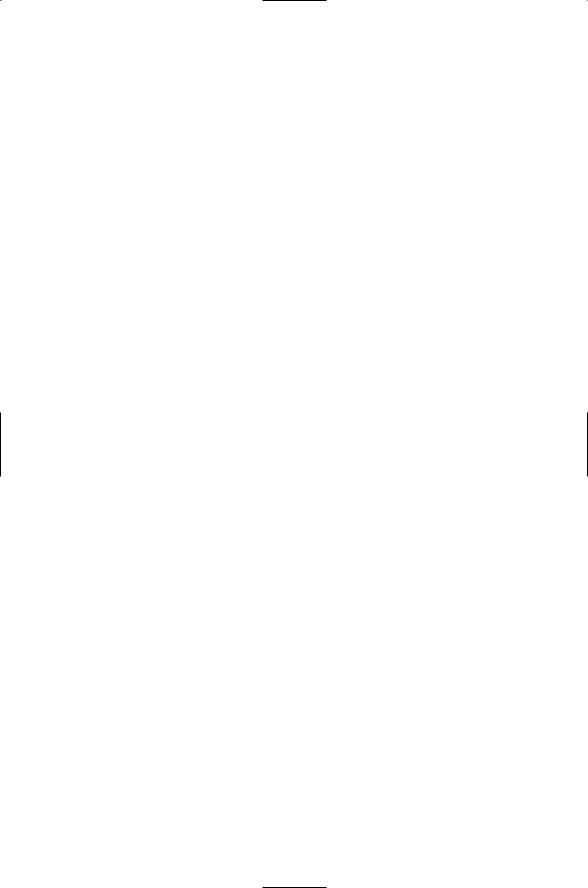
Workers’ and Soldiers’ Deputies. In 1918 head of Department of Culture and Education of Commissariat of Polish Affairs in Kharkov. Head of Polish Section of Military Revolutionary Council of Western Front in civil war. In 1919 member of editorial boards of newspapers Komunista pol’ski (Polish Communist) and Glos komunisti (Communist Voice), head of Polish Section of Federation of Foreign Communist Groups in Ukraine and editor of its newspaper Shtandar komunizmu (Standard of Communism), a founder of Kiev Group of Communist Workers Party of Poland. In 1920 a plenipotentiary of Revolutionary Committee of Poland in Grodno. In 1921 head of Political Administration in Ukraine, head of Polish Bureau of Kiev district committee of CP(B) of Ukraine, member and later head of Polish Bureau of CC of CP(B) of Ukraine and editor of Kharkov newspaper Proletars’ka pravda (Proletarian Truth). In 1926 representative of Ukrainian government in Moscow. In 1926–27 deputy editor of Kharkov newspaper Serp (Sickle). From 1927 to 1929 in Moscow in apparatus of party CC and deputy editor of newspaper Sovetskaya tribuna (Soviet Tribune). In 1929 returned to Kiev to edit newspaper Kievsky proletary, then head of department in district committee of CP(B) of Ukraine, director of Institute of Polish Proletarian Culture of All-Ukraine Academy of Sciences. In October 1932 appointed head of Department of Culture and Propaganda of Chernigov province committee of CP(B) of Ukraine. Arrested in September 1933, sentenced to death in March 1934 as alleged member of Polish Military Organization, executed in June 1934. A victim of the purge of officials of Polish origin. Rehabilitated posthumously in February 1958.
Skripko, Nikolai Semyonovich (1902–87). Soviet general. Joined Red Army in 1919. During Soviet-German war deputy commander of Long Range Air Forces (1942–44) and first deputy commander of Eighteenth Air Army (1944–45). Helped organize air combat in battles of Leningrad, Stalingrad, and Kursk, in liberation of North Caucasus, the Crimea, Belorussia, and the Baltic, and in the assault on East Prussia. From 1950 to 1969 commander of military transportation and paratroop transportation in air force. Air force marshal (1944).
Slansky, Rudolf (1901–52). Czechoslovak politician. Founding member of Communist Party of Czechoslovakia in 1921, member of its CC from 1929. Following German occupation of Sudetenland in October 1938, fled to Soviet Union. Returned to Czechoslovakia in 1944 to play leading role in Slovak national uprising. General secretary of CC of Communist Party of Czechoslovakia from 1945 to September 1951. First secretary of Prague city party
[ ]
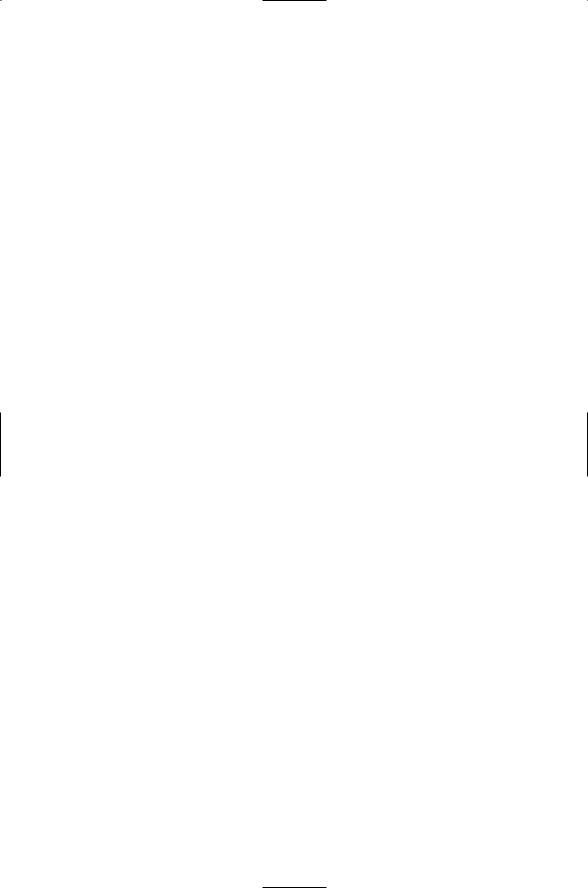
committee from September until arrest in November 1951. Tried in November 1952 and found guilty of “Trotskyite-Titoist-Zionist activities in the service of American imperialism.” Executed on December 2, 1952. Rehabilitated posthumously.
Slavsky,Yefim Pavlovich (1898–1991). Soviet engineer and official. From peasant family. Worker. Joined party and Red Army in 1918, rising in 1927 to commissar of cavalry regiment. Graduated in 1933 from Moscow Institute of Nonferrous Metals and Gold, then engineer and director of various factories. In 1945–46 deputy people’s commissar of nonferrous metallurgy. From 1946 to 1953 deputy head, then first deputy head of First Main Administration of Council of Ministers. From 1953 to 1957 deputy minister, then first deputy minister of medium machine-building, concurrently in 1956–57 head of Chief Administration for Use of Atomic Energy. From 1957 to 1963 and from 1965 to 1986 minister of medium machine-building. From 1963 to 1965 chairman of State Production Committee for Medium Machine-Building. Retired in 1986. Member of party CC from 1961 to 1990. Thrice Hero of Socialist Labor (1949, 1954, 1962). Recipient of Lenin Prize (1980) and State Prize (1949, 1951, 1983).
Sokolovsky, Vasily Danilovich (1897–1968). Soviet general. Joined Red Army in 1918. In 1941 lieutenant general. Chief of staff of Western Front and (at times concurrently) of Western Area. Helped plan and carry out counteroffensive in battle for Moscow. From February 1943, as commander of Western Front, took part in several offensive operations between Moscow and Smolensk. In April 1944 became chief of staff of First Ukrainian Front, then in April 1945 deputy commander of First Belorussian Front, participating in liberation of western Ukraine and Poland and in assault on Berlin. In 1945–46 deputy commander in chief, and from 1946 to 1949 commander in chief, of Group of Soviet Forces in Germany. From 1949 to 1952 first deputy minister of USSR Armed Forces (war minister). From 1952 to 1960 chief of general staff and first deputy minister of defense, thereafter member of Group of General Inspectors of Ministry of Defense. Member of party CC from 1952 to 1961. Marshal of the Soviet Union (1946). Hero of the Soviet Union.
Soong, Chingling (Madame Sun Yatsen; 1893–1981). Chinese public figure. Second of three daughters of industrialist and missionary Charlie Soong. Graduated from Wesleyan College, Macon, Georgia, United States, then worked with Sun Yatsen in Japan and married him in 1915. In 1924 became head of Women’s Department of Kuomintang. After Sun’s death in 1925, elected in 1926 to CEC of Kuomintang. Following Kuomintang-Communist split of 1927, went to
[ ]
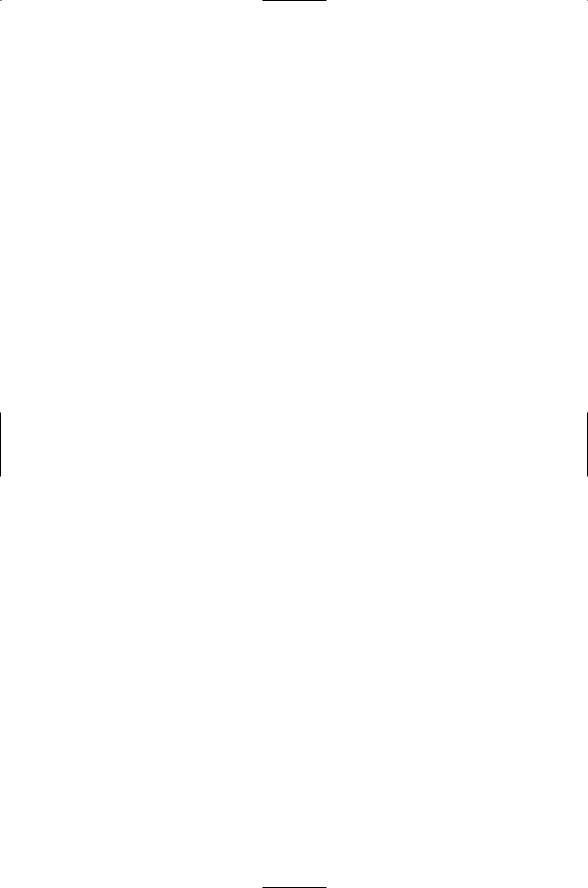
Moscow and later to Hong Kong. Established Women’s Political Training School (1927), China League for Civil Rights (1932), and China Defense League (1939; renamed China Welfare Institute in 1950). During Chinese civil war headed Revolutionary Committee of Kuomintang (wing close to Communists). Vice president of Chinese People’s Republic from 1949 to 1975. Honorary president of All-China Women’s Federation. President of Sino-Soviet Friendship Association. In 1949 co-founded China Reconstructs magazine (later renamed China Today). In 1951 awarded Stalin Peace Prize. From 1968 to 1972 joint head of state. In 1981 joined Chinese Communist Party and made honorary president of Chinese People’s Republic.
Spychalski, Marian (1906–80). Polish politician. Joined Communist Party of Poland in 1931. Chief of general staff of the Guardia Ludowa (People’s Guard) from 1942. Mayor of Warsaw in 1944–45. First deputy minister of national defense from 1945 to 1948. Member of Politburo of CC of Polish Workers Party (then Polish United Workers Party) from 1944 to 1948. Expelled from party as close ally of Gomulka in 1949, imprisoned in 1950, accused of being “Titoite.” Tortured in prison and forced to appear in show trial in 1951 and give false testimony there against Gomulka. Released and reinstated in party in 1956. Member of Politburo of CC of PUWP from 1959 to 1970. Minister of national defense from 1956 to 1968. Chairman of State Council of Polish People’s Republic from 1968 to 1970. Marshal (1963).
Stevenson, Adlai Ewing (1900–65). American politician and lawyer. Graduated from Princeton University in 1922. Attended law school at Harvard University and Northwestern University. Practiced law. Special counsel to Agricultural Adjustment Administration 1933–34. Assistant general counsel to Federal Alcohol Bureau 1934. Assistant to the secretary of the Navy from 1941 to 1944. Appointed special assistant to the secretary of state in 1945. Member of U.S. delegation to founding conference of United Nations in San Francisco in 1945. U.S. delegate to UN General Assembly in 1946 and 1947. Elected Democratic governor of Illinois in 1949. Democratic presidential candidate in 1952 and 1956. Permanent U.S. representative at United Nations and U.S. representative in United Nations Security Council from 1961 until death. Author of several books.
Stoica, Chivu (1908–75). Romanian politician. Prime minister from 1955 to 1961. President of State Council from March 1965 to 1967.
Stramentov, Andrei Yevgenyevich (1902–?). Soviet municipal engineer. Following graduation from Construction Faculty of Moscow Bauman Higher
[ ]
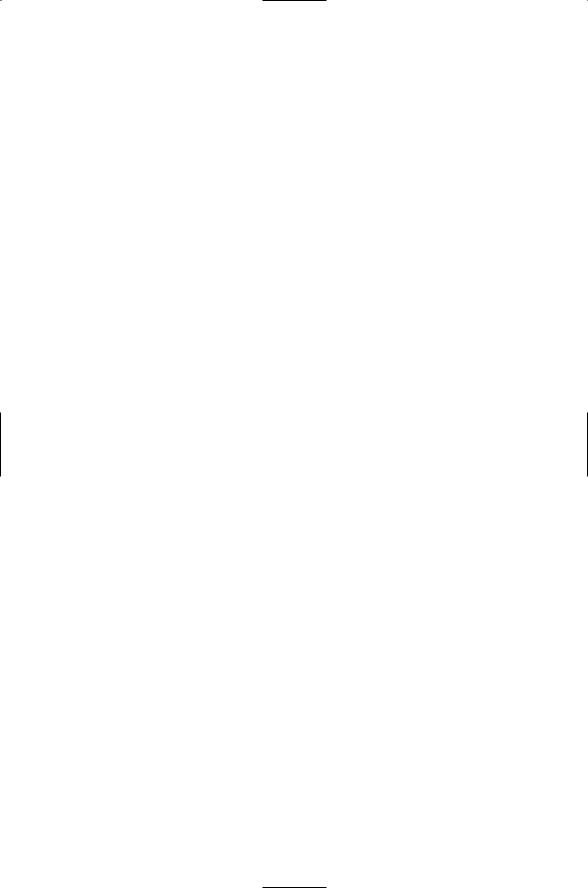
Technical School, engaged in building of river embankments in Moscow from 1924 to 1942. Demolition work in army from 1941 to 1943, then engaged in road building and restoration of Warsaw and Kiev (especially the Kreshchatik, its main street). From 1948 professor at Moscow EngineeringConstruction Institute.
Subandrio (1914–2004). Indonesian politician, diplomat, and physician. Active in nationalist youth movement against Dutch colonial regime. Socialist. Graduated in surgery from medical college in Jakarta in 1941, then in general medical practice. Worked with resistance against Japanese occupation (1942–44). From 1945 to 1949 special envoy in Europe, established information office in London in 1947. Indonesian ambassador to Britain from 1950 to 1954 and to Soviet Union from 1954 to 1956. Secretary general of MFA in 1956–57. Appointed foreign minister in 1957, second deputy prime minister and chief of intelligence in 1960, and minister for foreign economic relations in 1962. Following military countercoup of October 1965, accused of involvement in attempted Communist coup, arrested, and sentenced to death, but sentence commuted to life imprisonment at request of British government. Released in 1995 because of ill health.
Sukarno, Ahmed (1901–70). Indonesian politician. Active in independence movement since teens. Graduated in architecture from Bandung Institute of Technology in 1926. Founding member of National Party of Indonesia in 1927, later its chairman. In prison from 1929 to 1931 and in exile from 1933 to 1942. Collaborated with Japanese occupation from 1942 to 1944. Elected president of Indonesia in 1945 (but independence not recognized by Netherlands until 1949). A convenor of Bandung Conference in 1955. Introduced “Guided Democracy” in 1959. Following attempted coup and countercoup of 1965, demoted to acting president in 1967, then deposed and placed under house arrest in 1968. Recipient of International Lenin Prize (1960).
Sun Yatsen (1866–1925). Chinese politician. Widely regarded as father of modern China. Spent teenage years with brother in Hawaii. Graduated in 1892 from Hong Kong College of Medicine for Chinese. In 1894 set up Xing Zhong (Revive China) Society among Chinese exiles in Hong Kong. In 1895, following failure of attempted coup, left for Europe, United States, Canada, and Japan. Returned to China in 1911 on learning that military uprising had overthrown Ching dynasty. Chosen by provincial representatives as provisional president of Republic of China, proclaimed January 1, 1912 but dependent on Beiyang Army of General Yuan Shikai. In 1912 founded National People’s Party (Kuomintang). Went to Japan in 1913 after conflict with Yuan Shikai.
[ ]
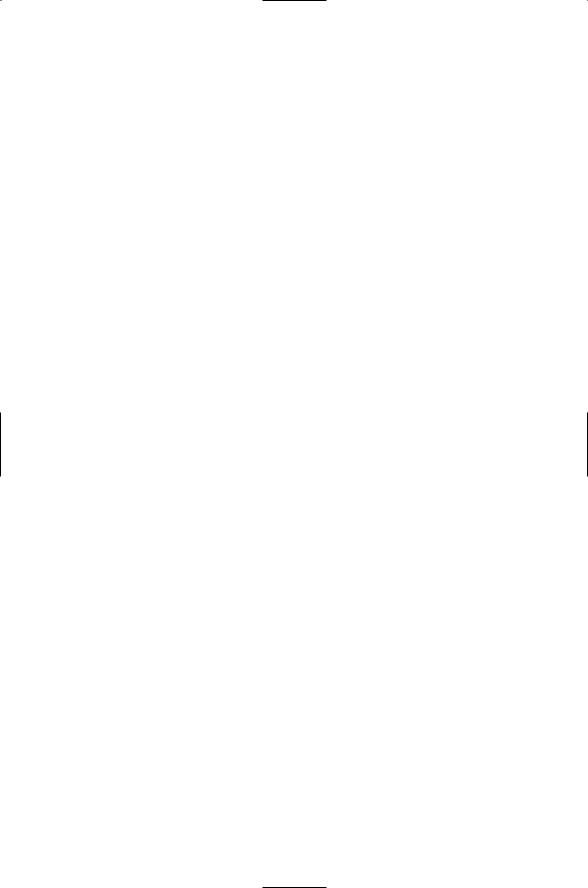
Returned to China in 1917. In 1921 elected president of government at Guangzhou (Canton). In 1923 proclaimed “Three Principles of the People.” In 1924 established Whampoa Military Academy with a view to organizing Northern Expedition to unite China.
Suslov, Mikhail Andreyevich (1902–82). Soviet party official. From 1939 to 1944 first secretary of the Ordzhonikidze [previously and currently Vladikavkaz] territory committee of the party. From 1944 to 1946 chairman of Bureau of party CC for Lithuanian SSR. From 1947 to 1982 a secretary of party CC, with special responsibility for questions of ideology, and concurrently chief editor of the newspaper Pravda from 1949 to 1951. In 1952 appointed head of the CC commission for ideology. A member of the Politburo (Presidium) of the party CC from 1952 to 1953 and from 1955 to 1982.
Suvorov, Aleksandr Vasilyevich (1730–1800). Russian general. Celebrated as great Russian military strategist and tactician who never lost a battle. Fought in Seven Year War (1756–63) and in Russo-Turkish wars of 1768–74 and 1787–91. Took part in suppression of Cossack rebellion of Yemilyan Pugachev (1774) and Polish rising of 1794. Led expeditions against French forces in Italy and Switzerland in 1799. Author of works on military theory, strategy, and tactics.
Svoboda, Ludvik (1895–1979). Czechoslovak general and politician. Joined Austro-Hungarian army in 1915, deserted and fought in Czech Legion for Russia. In 1922 became officer in Czechoslovak army. From 1931 to 1934 taught at military academy. In June 1939 illegally left occupied Czechoslovakia for Poland, where formed first Czechoslovak armed unit to fight Nazis. Following occupation of Poland in September 1939 took his unit to USSR. In 1942–43 commander of First Czechoslovak Independent Battalion, then Brigade. Colonel, general (1943), army general (1945). From 1943 to 1945 commander of First Czechoslovakian Corps in Red Army, participated in liberation of Czechoslovakia. In 1945 chief of Czechoslovak General Staff. From 1945 to 1950 minister of national defense and commander in chief of army. Following Communist takeover of February 1948 joined Communist Party of Czechoslovakia, elected to National Assembly. Under pressure from Stalin left army in 1950. In 1950–51 deputy chairman of government and chairman of Committee for Physical Culture and Sport. Convicted and imprisoned in purges, released after Stalin’s death. Visited by Khrushchev on June 16, 1954. Head of Klement Gottwald Military Academy from 1955 to 1959. Retired but emerged from retirement in March 1968 to serve as president of Czechoslovakia and commander in chief of armed forces until May 1975. Hero of the Soviet
[ ]
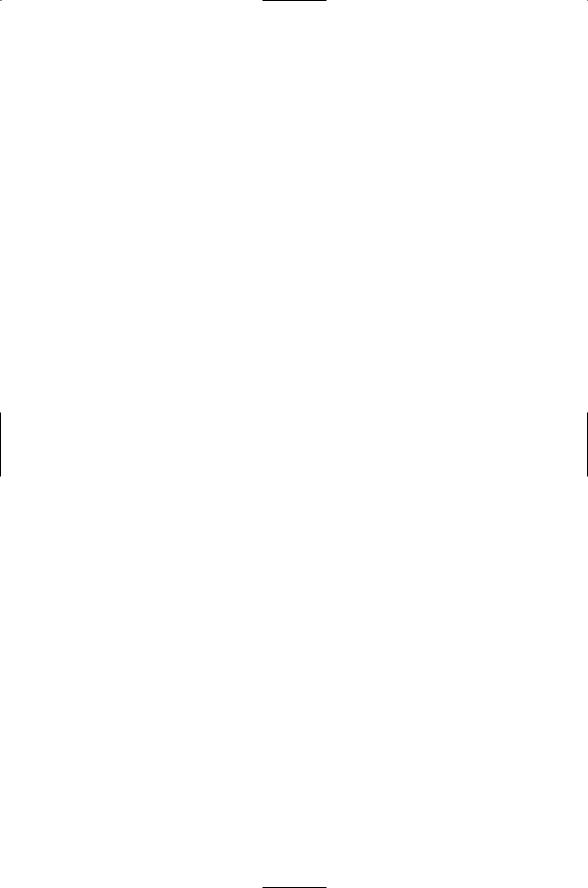
Union (1965). Hero of the Czechoslovakian Socialist Republic (1965, 1970, 1975).
Awarded International Lenin Prize (1970).
Syrtsov, Sergei Ivanovich (1893–1937). Soviet official. White-collar worker. Joined party in 1913. Fought in civil war. Prominent party figure in Donbas. From 1921 official in apparatus of party CC. From 1924 editor of newspaper Kommunisticheskaya revolyutsiya (Communist Revolution). From 1926 secretary of Siberian territory committee of the party. From 1929 chairman of RSFSR Council of People’s Commissars. After 1931 in various leading administrative and party posts. Candidate member of Politburo of party CC in 1929–30. Supposedly the central figure in a right opposition group in the party. Accused of cooperating with V. V. Lominadze to form a “Right-Left” opposition bloc. Expelled from CC and lost leading positions in 1930. Arrested during purges and died in detention. Posthumously rehabilitated.
Talleyrand-Périgord, Charles-Maurice (1754–1838). French diplomat, famous for his mastery of diplomatic intrigue. Minister of foreign affairs from 1797 to 1799 (under Directory), from 1799 to 1807 (under Consulate and Empire of Napoleon I), and in 1814–15 (under Ludovic XVIII). Head of French delegation at Congress of Vienna in 1814–15. From 1830 to 1834 French ambassador to Great Britain.
Thant, U (1909–74). Burmese diplomat. Graduated from University College Rangoon, then teacher and journalist. Government press director in 1947–48. Director of broadcasting in 1948–49, then secretary at Ministry of Information. Headed Burmese delegations to United Nations General Assembly from 1957 to 1961. Following death of Dag Hammarskjold, elected acting secretarygeneral of UN in November 1961, then secretary-general from November 1962 until retirement in 1971 (two terms). Author of books on history of Burma and League of Nations.
Thompson, Llewellyn E. (Tommy; 1904–72). American diplomat. In U.S. embassies and consulates in Ceylon (Sri Lanka), Switzerland, the USSR (from 1940 to 1944), Britain, Italy, and Austria. U.S. ambassador to the USSR from 1957 to 1962 and from 1967 to 1969. For a number of years occupied responsible positions in the State Department.
Thorez, Maurice (1900–64). French politician. Mineworker. Joined French Communist Party in 1920, a member of its CC from 1924 and of its Politburo from 1925. General secretary of French Communist Party from 1930 (in 1964 its chairman). Elected to national assembly in 1932. Member of Executive Committee of Communist International from 1928 to 1943 and of its Presidium
[ ]
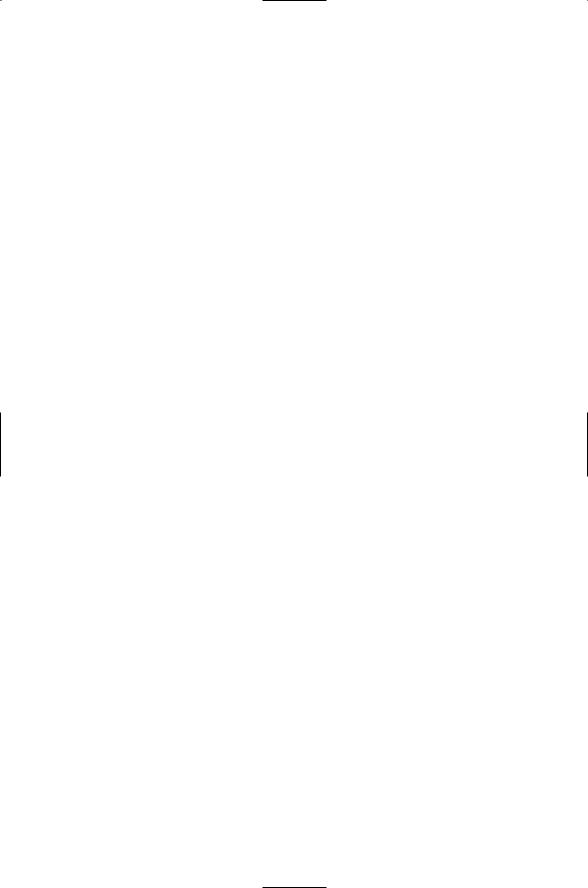
from 1935 to 1943. Lived in Moscow from 1940 to 1944. Member of French coalition government from 1945 to 1947.
Timoshenko, Semyon Konstantinovich (1895–1970). Soviet general. From peasant background. Joined party in 1919. During civil war, commander of a cavalry brigade and a cavalry division, thereafter occupied various command posts. From 1933 to 1937 deputy commander of Belorussian, then of Kiev, military district. In 1937 commander of North Caucasus and Kharkov military districts. In 1938–39 commander of Kiev special military district. In 1939 commander of Ukrainian Front in expulsion of Polish forces from western Ukraine, and of Northwestern Front in war against Finland. In 1940–41 people’s commissar of defense. From 1941 to 1945 representative and member of supreme headquarters and commander in chief of various fronts. After World War II commander of Baranovichi, South Urals, and Belorussian military districts. From 1960 member of Group of General Inspectors of Ministry of Defense. From 1961 chairman of Soviet Committee of War Veterans. From 1939 to 1952 member of party CC. Marshal of the Soviet Union (1940).
Tito, Josip Broz (1892–1980). Yugoslav politician. Metalworker. Joined Social Democratic Party of Croatia and Slovenia in 1910. Fought in Austro-Hungarian army in World War I, taken prisoner on Russian front in 1915. Fought on Soviet side in Russian civil war. Joined Communist Party of Yugoslavia in 1920. Became member of CC of Communist Party of Yugoslavia, member of its Politburo in 1934, and its general secretary in 1940. In 1935–36 worked for Balkan Section of Comintern in Moscow. Supreme commander in chief of People’s Liberation Army of Yugoslavia from 1941 to 1945, as minister of defense remained commander in chief of Yugoslav armed forces until 1953. Marshal (1943). Chairman of Socialist League of the Working People of Yugoslavia from 1945 to 1963. Chairman of Council of Ministers from 1946 to 1953. President of Yugoslavia from 1953 to 1971, thereafter chairman of collective presidency. Chairman of League of Communists of Yugoslavia from 1966.
Togliatti, Palmiro (1893–1964). Italian politician. Lawyer. Founding member of Italian Communist Party in 1921, member of its CC from 1922 and of its leadership from 1923. General secretary of CC of Italian Communist Party from 1926 to 1964. Member of Executive Committee of Communist International from 1924, of its Presidium from 1928, and of its Secretariat from 1935. Comintern chief in Spain during civil war. Took refuge in Soviet Union in 1940, returned to Italy in 1944. Held cabinet posts in Italian coalition governments from 1944 to 1946. From 1944 director of party newspaper Rinascita.
[ ]
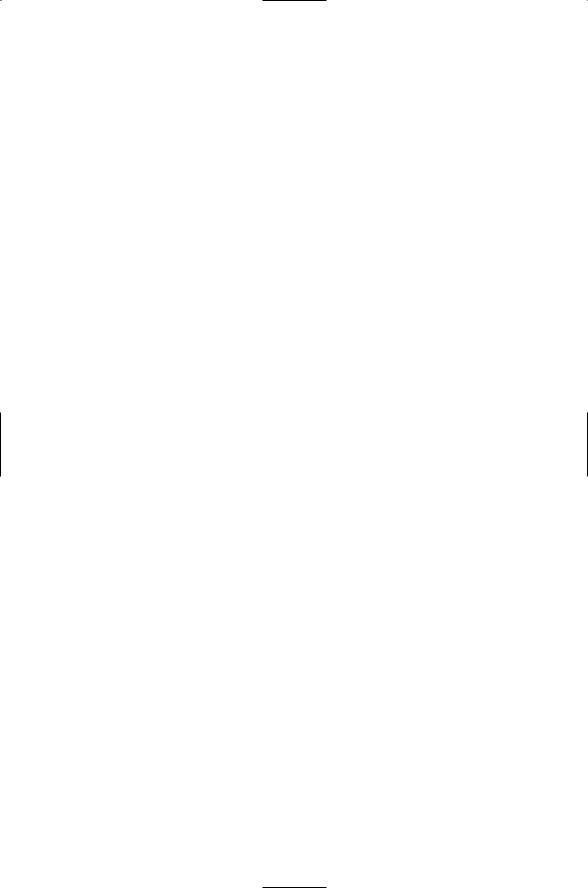
From 1948 chairman of parliamentary group of Italian Communist Party. Advocate of “polycentrism” in world Communist movement.
Tolstoy (or Tolstoi), Lev (or Leo) Nikolayevich (1828–1910). Russian novelist, publicist, and moral philosopher. From noble family. Studied languages and law at University of Kazan. From 1851 to 1855 in army, serving in Caucasus and taking part in defense of Sevastopol in Crimean War. Set up school for peasant children. Best known works: War and Peace (1862–69), The Cossacks (1863), Anna Karenina (1873–76), and an autobiographical trilogy (1852–57). In 1876 converted to anarcho-pacifist doctrine of Christian love and nonresistance to evil. Wrote many works to propagate his doctrine. Excommunicated by Russian Orthodox Church in 1901.
Trenyov, Konstantin Andreyevich (1876–1945). Russian writer of stories, songs, and historical plays. Awarded State Prize in 1941.
Truman, Harry S. (1884–1972). American politician. Farmer. Fought in France in World War I, discharged from army as major. In haberdashery business from 1919 to 1921. Studied at Kansas City Law School. County court judge from 1922 to 1924. Presiding judge from 1926 to 1934. Elected to Senate in 1934, reelected in 1940. From 1935 to 1945 chairman of Special Committee to Investigate the National Defense Program (uncovering waste and corruption). Elected vice president under F. D. Roosevelt in 1944. Inaugurated as president of United States on April 12, 1945, following Roosevelt’s death. Reelected president in 1948. Left presidency and retired in 1953.
Tshombe, Moise Kapenda (name also spelled Tschombe; 1919–69). Congolese politician. Related to royal family of Lunda people. Educated at mission schools in Belgian Congo. In 1951 elected to advisory provisional council of Katanga province. In 1959 became president of Belgian-supported Conakat party, which in general elections of 1960 gained control of Katanga provincial legislature. Following Congolese independence proclaimed secession of Katanga. In August 1960 elected president of Katanga. Complicit in murder of Lumumba in January 1961. Arrested by central government in April 1961, released on promise to reunite Katanga with Congo but reneged. In 1963, when UN forces occupied Katanga, went into exile in Northern Rhodesia (Zambia), later went to Spain. Returned to head government of national reconciliation from July 1964 to October 1965. Accused of treason, returned to Spain, sentenced to death in absentia. In June 1967 abducted, taken to Algeria, jailed, then kept incommunicado until death in 1969.
[ ]
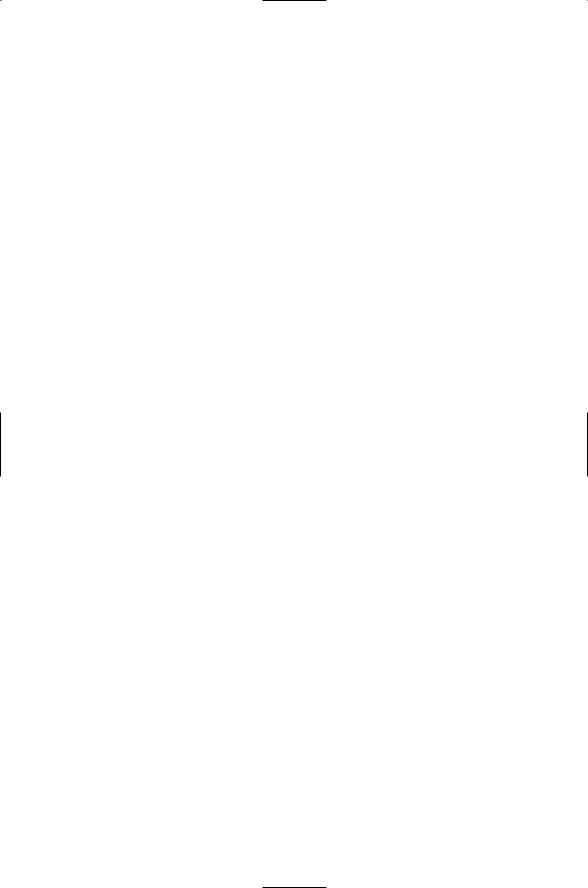
Tsybin, Nikolai Ivanovich (1909–84). Soviet general. Air force lieutenant general. Joined air force in 1927. Graduated from Leningrad Military-Theo- retical School for Pilots and Borisoglebsk Military School for Pilots. During Soviet-German war (1941–45) served with Khrushchev as his personal pilot (with rank of lieutenant colonel) in Southwestern, Stalingrad, Voronezh, and First Ukrainian Fronts. From 1953 to 1959 commander of a special-purpose air division in service of top leadership. From 1959 to August 1964 deputy head of Main Administration of the Civilian Air Fleet of the USSR (Aeroflot), then first deputy minister of civil aviation until retirement in 1965.
Turyanitsa, Ivan Ivanovich (1901–55). Soviet politician. Joined party in 1925. Participant in Hungarian Soviet Republic of 1919. From 1928 to 1930 secretary of Mukachevo, then of Uzhgorod city committee of the party. Studied at Kharkov Communist Institute of Journalism, then continued to take part in revolutionary movement of Transcarpathia. From 1944 to 1946 chairman of People’s Council of Transcarpathian Ukraine (by 1945 secretary of CC of Communist Party of Transcarpathian Ukraine). Until 1948 first secretary of Transcarpathian province committee of CP((B) of Ukraine and chairman of Transcarpathian province executive committee. From 1949 member of CC of CP(B) of Ukraine.
U Ba Swe (Yangon Ba Swe; 1915–86). Burmese politician. General secretary of Antifascist People’s Freedom League from 1947 to 1952. Founding member, later general secretary of Socialist Party of Burma. President of Trades Union Congress of Burma in 1951. Vice president of Burma in 1952. Minister of defense in 1952–53. Prime minister from June 1956 to February 1957, then deputy prime minister. Chairman of Bureau of Asian Socialist Conference. President of Burma from 1958 to 1963, thereafter critic of Ne Win regime. Took up painting.
U Nu (Thakin Nu; 1907–95). Burmese politician. Founding member of Antifascist People’s Freedom League. Prime minister of Burma from 1947 to 1956, in 1957–58, and from 1960 to 1962. Overthrown by General Ne Win in 1958 and again in 1962. Under house arrest for some years, left country on release, lived in various countries including India and Thailand, later returned to Burma. Rearrested after military coup of 1988, charged with trying to set up rival government, under house arrest from 1989 to 1992.
Ulbricht, Walter (1893–1978). East German politician. Son of tailor. Trained as joiner. Served on front in World War I. Joined Social Democratic Party of Germany in 1918. Founding member of Communist Party of Germany in 1919. Attended International Lenin School of Comintern in Moscow in 1924–25.
[ ]
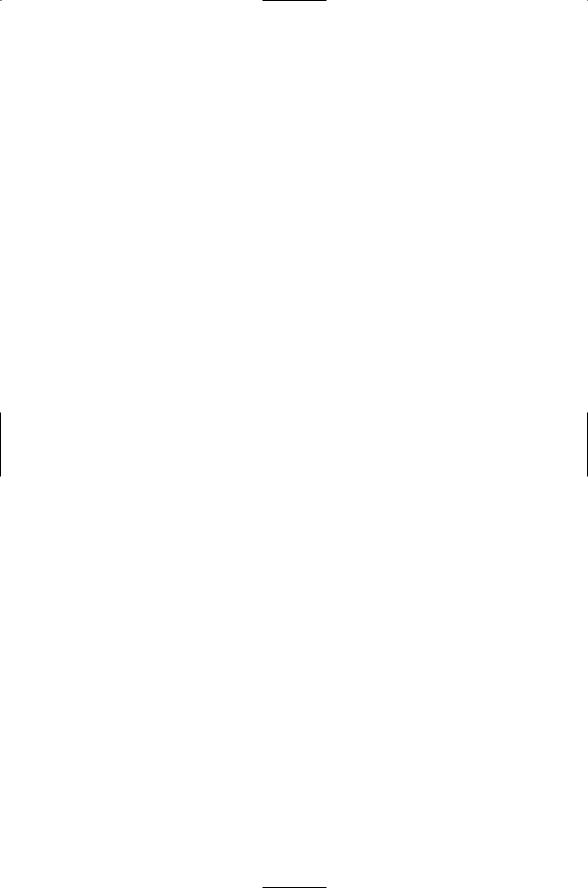
Elected to regional parliament of Saxony in 1926. Member of German parliament (Reichstag) from 1928 to 1933. On Hitler’s accession to power went into exile in Paris and Prague and then from 1938 to 1945 in Moscow. After World War II returned to Berlin to assume leadership of German Democratic Republic (GDR). General secretary, then first secretary of CC of Socialist Unity Party of Germany from 1950 to 1971, thereafter honorary chairman of party. Chairman of State Council of GDR from 1960 until death.
Ushakov, Fyodor Fyodorovich (1745–1817). Russian admiral. Served in RussoTurkish war of 1768–74. Commanded yacht of Empress Catherine II and defended Russian merchant ships in Mediterranean from British pirates. Supervised construction of naval base at Sevastopol (Crimea). In RussoTurkish war of 1790–91 defeated Turks at Fidonisi. Admiral (1799). Sent to Mediterranean in 1799 to support Suvorov’s Italian campaign against Napoleon, but recalled to Russia in 1800. Resigned command in 1807 and became monk.
Vatutin, Nikolai Fyodorovich (1901–44). Soviet general. Joined Red Army in 1920. Chief of staff of Kiev special military district from November 1938 to September 1939, then head of Operational Administration of General Staff. At start of Soviet-German war lieutenant general and chief of staff of Northwestern Front. From May 1942 deputy chief of General Staff, concurrently representative of Supreme Headquarters in Bryansk Front. From July 1942 commanded in turn Voronezh, Southwestern, again Voronezh, and (from October 1943) First Ukrainian Front. Army general (1943). Took part in planning Stalingrad offensive, in battles of Stalingrad and Kursk, and in liberation of eastern and central Ukraine. Badly wounded on February 29, 1944, died on April 15. Hero of the Soviet Union (1965).
Vinogradov, Sergei Aleksandrovich (1907–70). Soviet diplomat. Professor. Joined party in 1926. Graduated from Leningrad University in 1934 and from Institute of Red Professors in 1938, then taught history. Entered diplomatic service in 1940. From 1941 to 1948 Soviet ambassador to Turkey. In 1948–49 head of Department of United Nations Affairs and in 1949–50 head of First European Department in MFA. From 1950 to 1953 chairman of Committee of Council of Ministers for Radio Broadcasting. From 1953 to 1965 ambassador to France. From 1967 to 1970 ambassador to Egypt.
Voroshilov, Kliment Yefremovich (1881–1969). Soviet general and politician. Worker. Joined party in 1903. Participated in revolutions of 1905, February 1917, and October 1917 and in civil war. From 1921 to 1925 commander of North Caucasus, then Moscow, military districts. From 1925 to 1940 people’s
[ ]
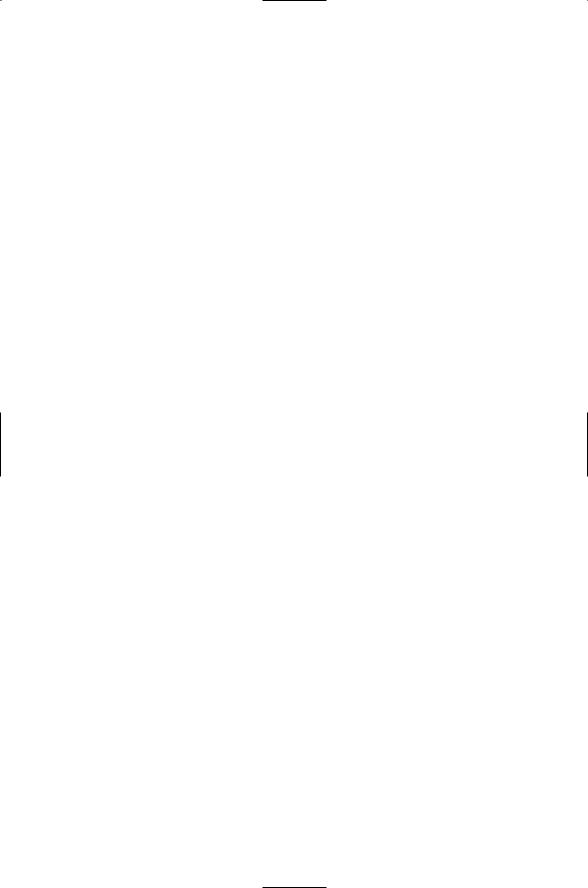
commissar of military and naval affairs (from 1934 people’s commissar of defense). From 1940 to 1946 deputy chairman of Council of People’s Commissars. From 1946 to 1953 deputy chairman of Council of Ministers. From 1953 chairman of Presidium of Supreme Soviet. Marshal of the Soviet Union (1935). From 1926 to 1960 a member of Politburo (Presidium) of party CC. From 1960 a member of Presidium of Supreme Soviet.
Vukmanovic-Tempo, Svetozar (1912–76). Yugoslav politician. Joined Communist Party of Yugoslavia in 1933 and member of its CC from 1939. Member of supreme command of People’s Liberation Army of Yugoslavia during World War II. Sent on missions to Bulgaria, Greece, and Albania. Tito’s representative in Macedonia. From 1945 to 1948 deputy minister of national defense. From 1953 to 1958 deputy chairman of government in charge of economic affairs. From 1958 to 1967 head of Yugoslav trade unions. National Hero of Yugoslavia.
Vyshinsky, Andrei Yanuaryevich (1883–1954). Soviet official. From a gentry background. Joined Menshevik wing of Russian Social Democratic Labor Party in 1903 and Russian Bolshevik Party in 1920. Jurist. After 1917 in social, administrative, lecturing, and judicial work. From 1925 to 1928 rector of First Moscow University, then member of collegium of People’s Commissariat of Enlightenment of the RSFSR. From 1931 an official of the judiciary. From 1935 to 1939 public prosecutor. Chief prosecutor in three major Moscow show trials (1936–38). From 1939 to 1944 deputy chairman of Council of People’s Commissars. From 1940 to 1949 deputy minister, and from 1949 to 1953 minister, of foreign affairs, then permanent representative of the USSR at the United Nations. Became member of party CC in 1939. Candidate member of CC Presidium in 1952–53. Author of works on law. Recipient of State Prize (1947).
Wang Ming (Chen Shaoyu; 1904–74). Chinese politician. Studied at Shanghai University. Sent in 1925 by Chinese Communist Party to Sun Yatsen University in Moscow. Translator for Comintern from 1927 to 1929. Returned to China in 1930. Elected to CCP CC and its Politburo in 1931 with Comintern support. Leader of anti-Mao “internationalist” group in CCP. Dominant position in CCP until Mao gained ascendancy in 1935. CCP representative at Comintern and member of Presidium of Comintern Executive Committee from 1932 to 1943. Allowed to return to Moscow in 1956 and remained there until his death.
Wasilewska, Wanda (1905–64). Pro-Communist Polish writer. Daughter of conservative Polish politician Leon Wasilewski. In September 1939 moved to USSR and became Soviet citizen. During Soviet-German war (1941–45) in
[ ]
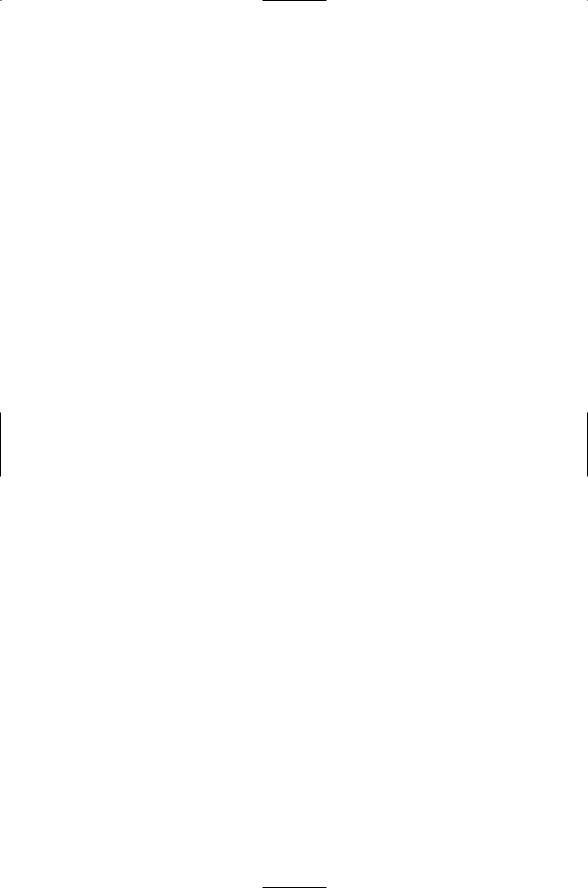
Red Army (as regimental commissar, then colonel) as agitator for Main Political Administration. Editor of newspaper Za Radyansku Ukrainu (For Soviet Ukraine). From 1943 to 1945 editor in chief of newspaper Wolna Polska (Free Poland). Chair of Union of Polish Patriots in the USSR.
Wilson, Harold (1916–95). British politician. Son of industrial chemist. Graduated from Oxford University in 1937 in philosophy, politics, and economics. From 1938 to 1945 lectured at New College, then University College London. During World War II statistician and economist for coal industry; in 1943–44 director of economics and statistics at Ministry of Fuel and Power. Elected to parliament for Labour Party in 1945. Parliamentary secretary to Ministry of Works from 1945 to 1947. Secretary for overseas trade, then president of Board of Trade (making several trips to USSR). Resigned from government in 1951 together with Bevan in protest at imposition of National Health Service charges. Succeeded Gaitskell as leader of Labour Party in 1963. Prime minister from 1964 to 1970 and again from 1974 until resignation from leading positions in 1976. Stressed crucial importance of technological progress for Britain’s future. Remained member of parliament until 1983, then elevated to peerage.
Winzer, Otto (1902–75). East German diplomat. Joined Communist Party of Germany in 1925. In exile from 1935 to 1945. Joined Socialist Unity Party of Germany and its CC in 1946. Secretary of state (head of chancellery of president) from 1949 to 1956. Deputy minister of foreign affairs from 1956 to 1959. First deputy minister of foreign affairs from 1959 to 1965. Minister of foreign affairs from 1965 to 1975. Took part in negotiation of treaty between the two German states in 1970.
Wu Peifu (1874–1939). Chinese general. Son of tradesman. Joined Beiyang Army of General Yuan Shikai (see Biography of Sun Yatsen). Later became warlord based in central China. In early 1920s had effective control over Kuomintang government in Beijing. In 1923 broke northern railroad strike and in 1926 suppressed Communists in Beijing. Toward end of life became a monk.
Xoxe, Koci (1917–49). Albanian politician. Tinsmith. In 1945 directed special tribunal of Council of Ministers to try war criminals. Vice premier, minister of internal affairs, organizational secretary of CC of Albanian Party of Labor, and member of its Politburo from 1946 to 1948. Oriented toward Tito’s Yugoslavia and regarded as principal rival of Enver Hoxha. In June 1947 (together with Pandi) attempted to prevent break with Yugoslavia; following break with Yugoslavia removed as organizational secretary of CC (September 1948) and then from government posts (October 1948). Expelled from party
[ ]
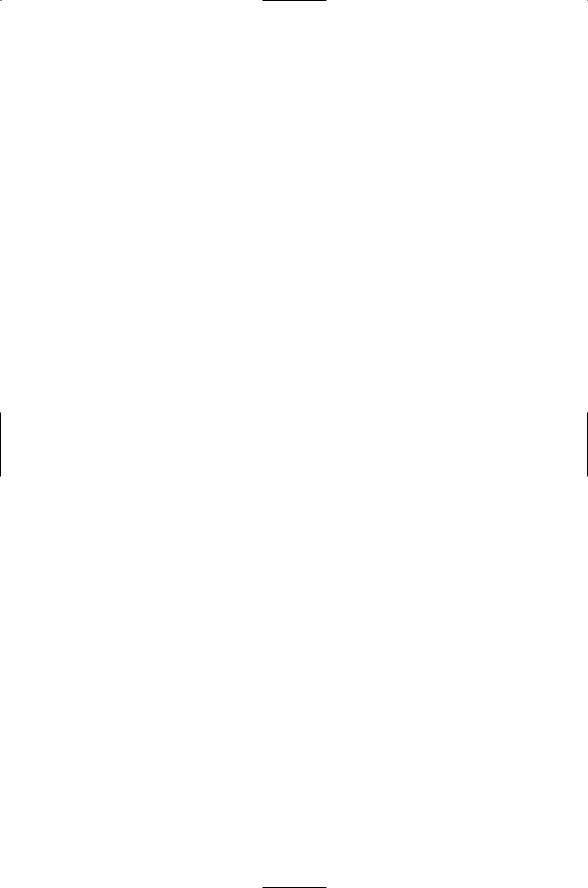
in November 1948. Tried with others and convicted as Yugoslav agent in June 1949, executed the next day.
Yakovlev, Nikolai Dmitriyevich (1898–1972). Soviet general. From 1941 to
1945 and from 1946 to 1948 head of Main Artillery Administration of Red Army, concurrently from 1946 to 1948 first deputy commander of artillery of USSR Armed Forces. From 1948 to 1952 deputy minister of USSR Armed Forces. Arrested in 1952, released and rehabilitated in 1953. From 1953 to 1955 first deputy commander in chief, and from 1955 to 1960 commander in chief, of Antiaircraft Defense Forces, thereafter member of Group of General Inspectors of Ministry of Defense. Marshal of Artillery (1944).
Yakubovsky, Ivan Ignatyevich (1912–76). Soviet general. First deputy commander in chief and commander in chief of Group of Soviet Forces in Germany from 1957 to 1965. Commander in chief of Unified Armed Forces of Warsaw Pact from 1967 to 1976. Marshal of the Soviet Union (1967).
Yasnov, Mikhail Alekseyevich (1906–91). Soviet official. From peasant background. Worker, then manager in construction organizations. Joined party in 1925. From 1938 to 1949 deputy chairman of Moscow City Executive Committee. In 1949–50 deputy minister of city construction. From 1950 to 1956 chairman of Moscow City Executive Committee. In 1956–57 chairman of RSFSR Council of Ministers. From 1957 to 1966 first deputy chairman of RSFSR Council of Ministers. From 1966 until retirement in 1985 chairman of Presidium of RSFSR Supreme Soviet. Member of party CC from 1952 to 1986. Hero of Socialist Labor (1976).
Yudin, Pavel Fyodorovich (1899–1968). Soviet philosopher, public figure, and diplomat. Author of works on historical materialism and scientific communism. Joined Communist Party in 1918. Graduated from Institute of Red Professors in 1931. Director of Institute of Red Professors from 1932 to 1938. Director of Institute of Philosophy of USSR Academy of Sciences from 1938 to 1944, concurrently, from 1937 to 1949, director of Association of State Publishing Houses. Also in apparatus of party CC. From 1947 to 1953 editor- in-chief of For Lasting Peace, For People’s Democracy, journal of Communist Information Bureau (Cominform), initially based in Belgrade. Played key role in Soviet-Yugoslav conflict in 1947–48. In 1953 political adviser to chairman of Soviet Control Commission in Germany, then deputy supreme commissar of USSR in Germany. Soviet ambassador to Chinese People’s Republic from 1953 to 1959. Member of party CC from 1952 to 1961. Elected member of USSR Academy of Sciences in 1953. Recipient of State Prize (1943).
[ ]
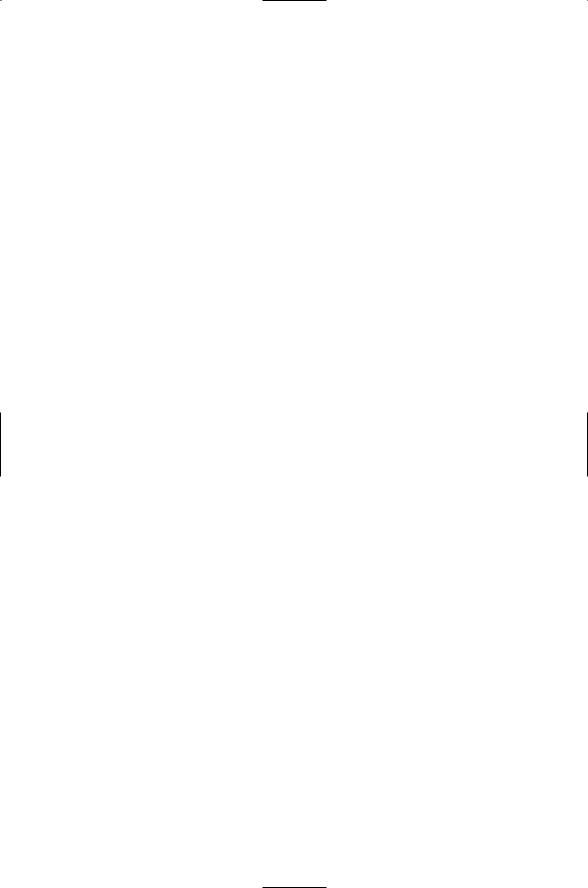
Zahir Shah, Mohammed (born 1914). King of Afghanistan. Ascended to throne in November 1933 following assassination of father, Nadir Shah. Educated in Afghanistan and France. In 1963 forced resignation of prime minister Daud and reassumed full power. In 1964 introduced program of social and constitutional reforms. Overthrown by Daud in 1973 while taking mud baths for lumbago near Naples. Remained in exile in Italy awaiting invitation to return to position of power in Afghanistan. In December 2001 gave his blessing to Afghan leader Hamid Karzai.
Zambrowski, Roman (1909–77). Polish politician. Joined Communist Party of Poland in 1928, member of its CC from 1930 to 1938. Political officer in First Polish Army of Polish Forces during Soviet-German war (1941–45). Member of Presidium of National People’s Council in 1944–45. Chairman of Special Commission for Struggle Against Abuses from 1945 to 1954. Vice Marshal of Legislative Assembly (Sejm) from 1947 to 1952. Member of State Council in 1947 and 1955. Minister of state control in 1955–56. Member of CC of Polish (United) Workers Party from 1944 to 1964, head of its Organization Department in 1944–45, member of its Politburo from 1945 to 1963 and of its Orgburo from 1948 to 1954. A CC secretary from 1956 to 1963. Deputy chairman of Supreme Control Chamber from 1963 to 1968.
Zapotocky, Antonin (1884–1957). Czechoslovak politician. Joined Social Democratic Party of Czechoslovakia in 1900; founding member of Communist Party of Czechoslovakia in 1921. Secretary of CC of Communist Party of Czechoslovakia from 1922 to 1929 and member of its Politburo from 1925 to 1938 and after 1945. Member of Executive Committee of Trade Union International (Profintern) from 1928. Candidate member of Executive Committee of Communist International from 1935. In Nazi prisons and concentration camps from 1939 to 1945. Deputy prime minister from 1945 to 1948. Prime minister from 1948 to 1953. President of Czechoslovakia from
1953 to 1957.
Zasyadko, Aleksandr Fyodorovich (1910–63). Soviet official. Son of worker. Metalworker and fitter at coal mines. Joined party in 1931. Graduated in 1935 from Donetsk Mining Institute, then coal-mining engineer and manager in Donbas. From 1939 to 1941 deputy head of Coal Administration [Glavugol], then head of Stalin Coal [Stalinugol] in Stalino [now Donetsk] province (where he became acquainted with Khrushchev). In 1941–42 head of Molotov Coal [Molotovugol]. From 1942 to 1946 deputy people’s commissar of the coal industry. In 1946–47 deputy minister for the construction of fuel enterprises. In 1947–48 minister of the coal industry for the western regions of the USSR.
[ ]
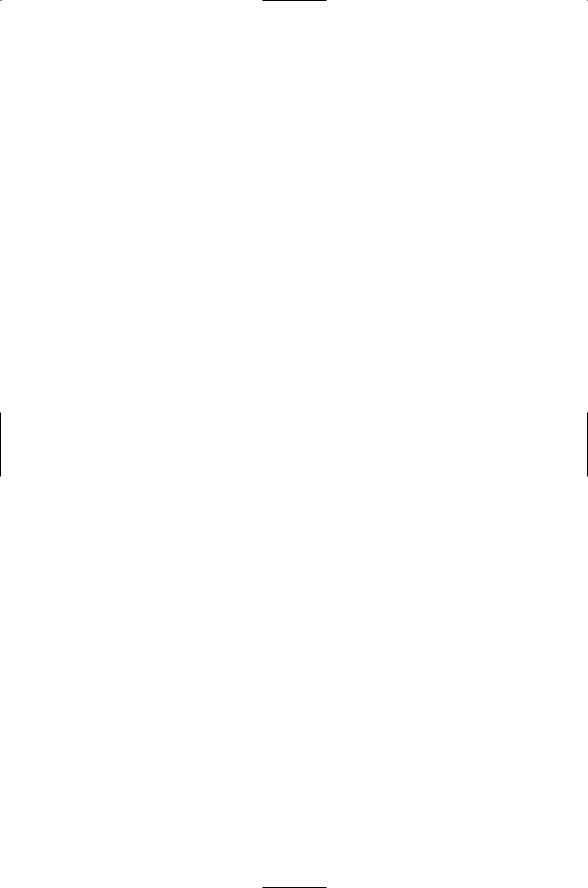
From 1948 to 1955 minister of the coal industry. Became member of party CC in 1952. From 1955 to 1957 deputy minister of the coal industry. In 1957–58 head of Coal Industry Department of State Planning Commission (Gosplan). From 1958 to 1962 deputy chairman of USSR Council of Ministers for problems of the metallurgical and coal-mining industries, concurrently from 1960 to 1962 chairman of State Economic-Science Council of USSR Council of Ministers. Retired in 1963. Hero of Socialist Labor (1957).
Zavenyagin, Avraamy Pavlovich (1901–56). Soviet engineer and official. Son of steamship pilot. Joined party in 1917. From 1918 to 1923 in local party and soviet posts. Graduated from Moscow Mining Academy in 1930. In 1930–31 director of Steel Institute, then of State Institute for Design of Ferrous Metallurgy Plants. From 1931 to 1933 deputy head of Main Administration of Metallurgical Industry of Supreme Council of National Economy. From 1933 to 1937 director of Dzerzhinsky Metallurgical Plant, then of Magnitogorsk Metallurgical Combine. In 1937–38 first deputy people’s commissar of heavy industry. From 1938 to 1941 director of Norilsk Mining-Metallurgical Combine. From 1941 to 1950 deputy people’s commissar (minister) of internal affairs, concurrently from 1945 to 1950 head of Ninth Administration (responsible for special institutes) of Ministry of Internal Affairs (security police) and from 1945 to 1953 deputy head of First Main Administration under Council of People’s Commissars (Council of Ministers). From 1953 to 1955 deputy minister of medium machine-building, thereafter minister of medium machine-building and deputy chairman of Council of Ministers. Member of party CC in 1956. Twice Hero of Socialist Labor (1949, 1954). Lieutenant general.
Zawadzki, Aleksander (1899–1964). Polish politician. Member of Communist Party of Poland from 1923 to 1938. In prison from 1925 to 1931, then exiled to Soviet Union. Returned to Poland (Transcarpathia) in 1939, immediately arrested, but freed by Soviet troops. Joined Polish Army of General Anders, in 1944–45 (as general) deputy commander in chief of Polish Army. After World War II representative of Polish government in former German territory of Silesia. Elected to Sejm (parliament) in 1947. From 1948 to 1964 member of CC of Polish United Workers Party and of its Politburo, from 1948 to 1954 member of its Orgburo and a CC secretary. From 1949 to 1952 deputy chairman of Council of Ministers. From 1952 to 1964 chairman of State Council of Polish People’s Republic (president). From 1954 to 1956 member of Presidium and from August to November 1956 chairman of AllPoland Committee of the National Front. From 1958 to 1964 chairman of All-Poland Committee of National Unity Front.
[ ]
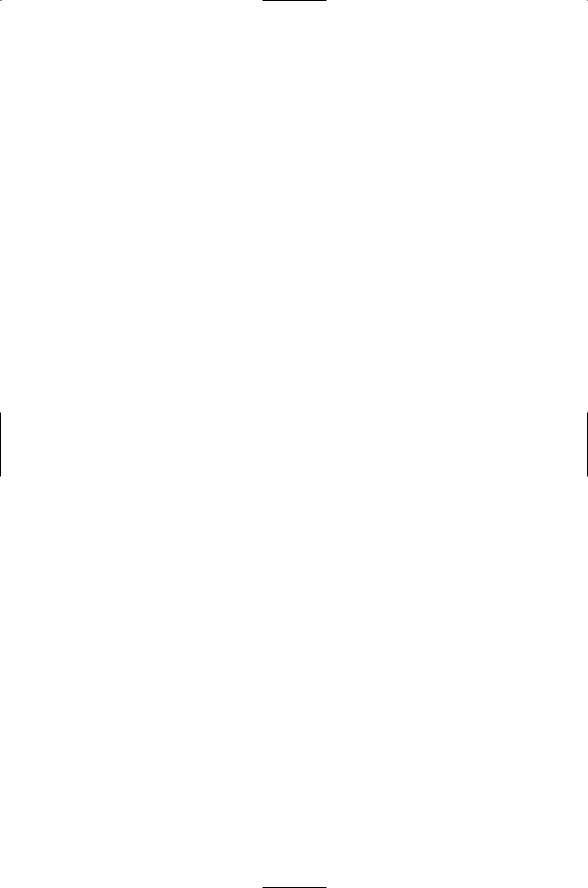
Zheltov, Aleksei Stepanovich (1904–91). Soviet general and official. Joined Red Army in 1924. In June 1941 corps commissar. In 1939–40 member of Military Council of Volga military district. During Soviet-German war (1941–45) member of Military Councils of Far Eastern, Karelian, Don, Southwestern, and Third Ukrainian Fronts. Participated in battle of Stalingrad. Colonel general (1944). From 1945 to 1950 deputy supreme Soviet commissar in Allied Commission for Austria and member of Military Council of Central Group of Forces. In 1950–51 member of Military Council of Turkestan military district. From 1951 to 1953 head of Main Administration for Cadres of Ministry of Defense. From 1953 to 1958 head of Main Political Administration of Soviet Army and Fleet. In 1958–59 head of Administrative Department of party CC. From 1959 to 1971 director of Lenin Military-Political Academy. From 1971 to 1981 military consultant to Group of General Inspectors of Ministry of Defense. From 1981 to 1987 chairman of Soviet Committee of War Veterans.
Zhivkov, Todor Khristov (1911–98). Bulgarian politician. Printer. Joined Communist Party of Bulgaria (CPB) in 1932. Partisan leader under Nazi occupation, headed coup against monarchy in September 1944. Became member of CC of CPB in 1948, member of its Politburo in 1951, and its first secretary in 1954. Prime minister of Bulgaria from 1962 to 1971, then president. Ousted in November 1989. Convicted on corruption charges in 1992, but conviction overturned in 1996.
Zhou Enlai (1898–1976). Chinese politician. Studied in Japan from 1915 to 1918. Formed overseas branch of Chinese Communist Party in France in 1920. Also lived in Britain and Germany. Returned to China in 1924 to work with Sun Yatsen. In 1926 appointed deputy director of Political Department of Whampoa Military Academy. Worked as labor organizer. Veteran of Long March (1934–35). During Sino-Japanese war (1937–45) CCP ambassador to Kuomintang government. From 1949 prime minister of Chinese People’s Republic, concurrently from 1949 to 1958 foreign minister. Covert target of Red Guards in Cultural Revolution (1966). Architect of detente with United States, met Nixon in 1972. Promoted the “four modernizations.” Hospitalized in 1974.
Zhu De (1886–1976). Chinese politician. Son of landlord. Graduated from Yunnan Military Academy in 1911. Took part in overthrow of Ching dynasty. Warlord in Sichuan from 1916 to 1920. Joined Chinese Communist Party in 1922 while studying in Germany but expelled in 1925 and returned to China via Soviet Union. In 1927 member of Revolutionary Committee in Nanchang uprising and took command of Ninth Corps of Chinese Red Army. In 1931 elected member of Soviet government of China and people’s commissar for
[ ]
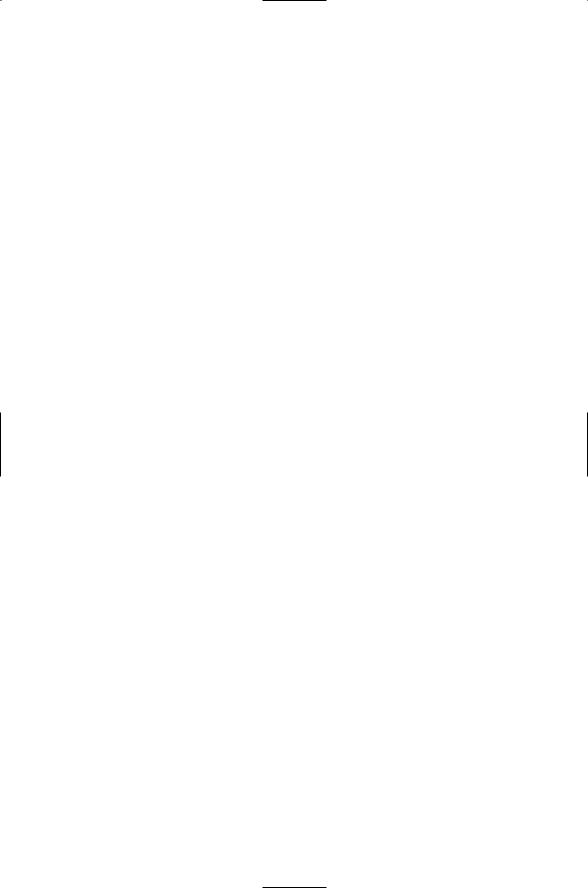
military and naval affairs. Veteran of Long March (1934–35). Became member of CCP CC and Politburo in 1934. Commander of Eighth Army from 1937 to 1945. Played important role in developing guerrilla tactics. Commander in chief of People’s Liberation Army from 1945 to 1954. Deputy chairman of Chinese People’s Republic from 1954 to 1959. Became member of Standing Committee of Politburo of CCP CC in 1956. Chairman of Standing Committee of National People’s Congress from 1959 to 1967, when denounced by Red Guards in Cultural Revolution. Rehabilitated and restored to previous positions in 1971.
Zhukov, Georgy (Yuri) Aleksandrovich (1908–91). Soviet journalist and official. From teacher’s family. Joined party in 1943. Worked in railroad workshops, in 1927 entered journalism. Graduated from Moscow Tractor Institute in 1932. From 1932 to 1938 head of department of Komsomolskaya Pravda. From 1938 to 1940 traveling correspondent for Nasha Strana (Our Country). In 1940–41 head of department of Novy Mir (New World). During Soviet-German war (1941–45) military correspondent and member of editorial board of Komsomolskaya Pravda. From 1946 to 1957 worked at Pravda as international observer, correspondent in France, and (from 1952) a deputy chief editor. From 1957 to 1962 chairman of State Committee of Council of Ministers for Cultural Ties with Foreign Countries. From May 1962 until retirement in 1988 again at Pravda as political observer, concurrently deputy chairman, and from 1982 to 1987 chairman, of Soviet Peace Committee. Member of Central Control Commission of the party from 1956 to 1976. Candidate member of party CC from 1976 to 1989. Awarded Lenin Prize (1960). Hero of Socialist Labor (1978).
Zilliacus, Konni (1894–1971). British politician. Son of activist in Finnish independence movement. Spent childhood in Sweden, Finland, United States, and Britain. Graduated from Yale University in 1915 in science, social science, and history. Served as medical orderly in World War I, then as intelligence officer for British interventionary force in Russian Far East in early 1918. On return to Britain joined Labour Party. In 1919 became member of Information Section of League of Nations Secretariat. Resigned from League of Nations in 1938 over handling of Czechoslovak crisis. During World War II, censor for Ministry of Information. Elected to Parliament in 1945. Strong supporter of United Nations. In 1948 opposed formation of NATO and in 1949 voted against Britain joining NATO, leading to expulsion from Labour Party and loss of parliamentary seat in 1950. Readmitted to Labour Party in 1952 and reelected to Parliament in 1955. Supported movement for unilateral nuclear disarmament. In 1965 protested against American intervention in Vietnam.
[ ]
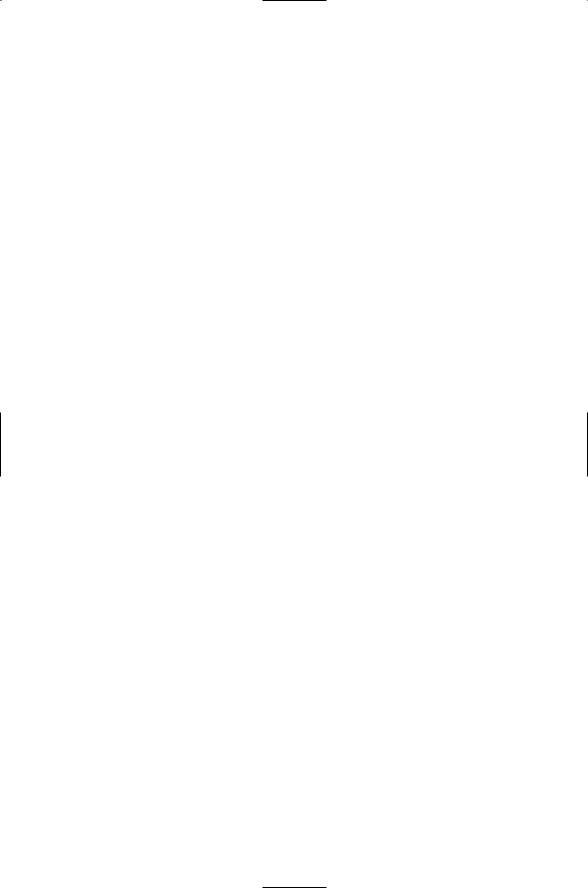
Zinoviev, Grigory Yevseyevich (Radomyslsky; 1883–1936). Soviet politician. Joined party in 1901. Close associate of Lenin in exile from 1908 to 1917. Returned to Russia with Lenin in April 1917. From December 1917 to 1926 chairman of Petrograd Soviet, concurrently chairman of All-Russia Central Council of Trade Unions (1918), chairman of Council of People’s Commissars of Petrograd Labor Commune (1918–19), and chairman of Executive Committee of Communist International (Comintern; 1919–26). Member of party CC from 1907 to 1927 and of its Politburo from 1921 to 1926. From 1917 to 1927 member of All-Russia CEC of the Soviets. Leader of so-called Leningrad Opposition against Stalin in 1925–26, then of United Left Opposition in 1926–27. Expelled from party in 1927, reinstated after capitulating to Stalin in 1928. From 1928 to 1932 rector of Kazan University. In 1932–33 in exile in Kazakhstan. Arrested in December 1934. A chief defendant (with Kamenev) in first major Moscow show trial, executed in August 1936. Posthumously rehabilitated in 1988.
Zyryanov, Pavel Ivanovich (1907–92). Soviet general. Entered military service in 1924. Graduated from Omsk Infantry College in 1927, then occupied various posts in OGPU (security police) troops. Graduated from Frunze Military Academy in 1937, then served in Far East and Maritime Border Troop districts. From 1952 to 1956 and from 1957 until retirement in 1972 head of Chief Administration of KGB Border Troops. Colonel general.
[ ]

Chronology, 1953–1964
Compiled by Sergei Khrushchev, Anastasiya Karponosova, and Anya (Anna) Rasulova from the newspapers Pravda and Izvestia
1953 |
|
January 5–6 |
Khrushchev reports to the Plenum of the Moscow regional |
|
committee of the Communist Party of the Soviet Union |
|
(CPSU). |
January 12 |
At the Bolshoi Theater concert by Polish artists, present |
|
in the balcony are Stalin, Molotov, Malenkov, Beria, Voro- |
|
shilov, Khrushchev, and others. |
January 27 |
Khrushchev speaks at the Column Hall of the House |
|
of Unions at the meeting of workers of the trade and |
|
food union of Moscow. |
February, 15 |
Khrushchev participates in the funeral of L. Z. Mekhlis |
|
on Red Square. |
March 1–5 |
Khrushchev sits beside the ailing Stalin at his dacha |
|
(countryside residence) in the village of Volynskoye, |
|
west of Moscow. |
March 5 |
Plenum of the CPSU Central Committee decides that |
|
Khrushchev should focus on working in the CPSU Central |
|
Committee and releases him from his duties as Secretary |
|
of the Moscow Committee of the CPSU. |
March 9 |
Khrushchev speaks at the 4th session of the USSR |
|
Supreme Soviet. |
May 1 |
Khrushchev stands on the Tribune at the Lenin Mauso- |
|
leum in Red Square in Moscow, watching the military |
|
parade and Muscovite procession on the occasion of |
|
May 1, Labor Day. |
June 27 |
Khrushchev speaks at a session of the Presidium of the |
|
Council of Ministers of the USSR, as the initiator of |
|
the arrest of Beria, which occurred in the Kremlin. |
June 27 |
Khrushchev and other members of the Presidium of the |
|
Central Committee are at the Bolshoi Theater at Yu. |
|
Shaporin’s opera The Decembrists (a group of military |
|
officers who mounted a rebellion in December 1825). |
Entries marked [SK] include information that was not published in the media.
[ ]
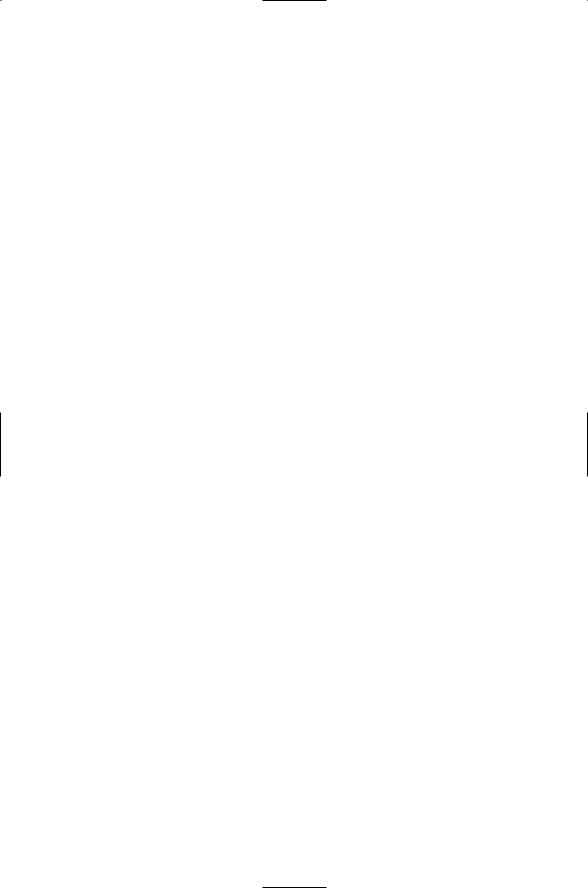
|
|
July 2 |
Khrushchev speaks at a Plenum of the CPSU Central |
|
Committee, discussing the arrest of Beria. |
August 4 |
Khrushchev and other members of the Presidium of |
|
the Central Committee visit the exhibit of the People’s |
|
Republic of China at the Central Park of Culture and |
|
Rest (Gorky Park). |
August 23 |
Khrushchev attends a reception at the Diplomatic Mis- |
|
sion of the German Democratic Republic (East Ger- |
|
many) in Moscow. |
August 23 |
Khrushchev and others attend an air show at Tushino |
|
Airfield in Moscow. |
September 3 |
Khrushchev gives a report at a Plenum of the CPSU |
|
Central Committee dedicated to the reform of agriculture. |
September 7 |
The Plenum of the CPSU Central Committee elects |
|
Khrushchev as the First Secretary of the CPSU Central |
|
Committee. |
September 18 |
Khrushchev attends a reception at the Embassy of the |
|
Democratic People’s Republic of Korea. |
November 6, |
Khrushchev attends the formal session at the Bolshoi |
|
Theater in commemoration of the 36th anniversary of |
|
the October 1917 revolution. |
November 7 |
Khrushchev is on the Tribune at the Lenin Mausoleum |
|
on Red Square in Moscow, watching the military parade |
|
and Muscovite procession in commemoration of the |
|
anniversary of the October 1917 revolution. |
December 12 |
Khrushchev is at a reception at the Embassy of the Czecho- |
|
slovak Republic in Moscow. |
1954 |
|
January 20 |
Khrushchev attends the funeral of M. F. Shkiryatov in |
|
Red Square in Moscow. |
January 21 |
Khrushchev is at the Bolshoi Theater at the formal- |
|
mourning session dedicated to the memory of Lenin |
|
and gives a short speech. |
January 25 |
Khrushchev is at the Kremlin at the all-union meeting |
|
of workers of the machine tractor stations. |
February 3 |
Khrushchev is at the Kremlin at the all-union meeting |
|
of workers of the state farms. |
February 11 |
Khrushchev is at the Kremlin at the All-Russia meeting |
|
of workers of agriculture. |
[ ]
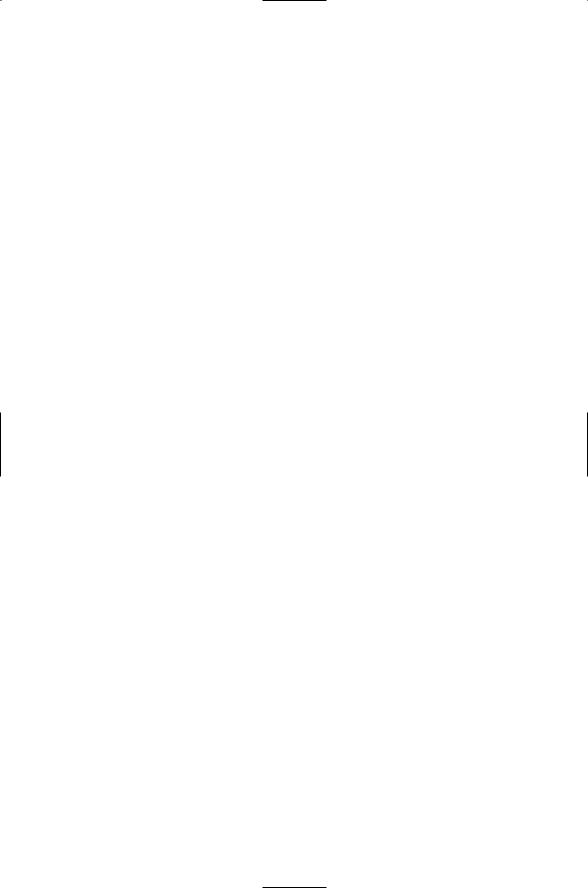
|
|
February 14 |
Khrushchev attends a reception at the Embassy of the |
|
People’s Republic of China in Moscow. |
February 22 |
Khrushchev speaks at a public rally of the members of the |
|
Young Communist League (Komsomol) of the Moscow |
|
region about cultivating the virgin lands in Kazakhstan |
|
and Siberia. |
February 23 |
Khrushchev reports at the Plenum of the CPSU Cen- |
|
tral Committee about cultivating the virgin lands. |
March 6 |
Khrushchev makes a campaign speech to the voters of |
|
the Kalinin constituency of Moscow. |
March 11 |
Khrushchev speaks at the second congress of the Polish |
|
United Workers’ Party in Warsaw. |
March 19 |
Khrushchev is present at the opening of the 12th |
|
Congress of the All-Union Young Communist League |
|
(Komsomol). |
April 15 |
Khrushchev and others attend J.-B. Molière’s play, Le |
|
Bourgeois Gentilhomme, performed by the Comédie |
|
Française. |
April 17 |
Khrushchev turns 60 and is given the title of Hero of |
|
Socialist Labor and is awarded the Gold Star with the |
|
Sickle and Hammer and the Order of Lenin. |
April 21–27 |
Khrushchev is present in the Kremlin at the opening of |
|
the Session of the Supreme Soviet of the Soviet Union |
|
and then speaks at the debate. |
April 24 |
Khrushchev is at the Bolshoi Theater at a concert of |
|
Ukrainian art and skill on the occasion of the 300th |
|
anniversary of Ukraine joining Russia. |
May 1 |
Khrushchev and others stand on the Tribune at the Lenin |
|
Mausoleum on Red Square in Moscow, watching the |
|
military parade and Muscovite procession on the occa- |
|
sion of May 1st, Labor Day. |
May 10 |
Khrushchev and others are at the Bolshoi Theater to see |
|
K. Dankevich’s opera Bogdan Khmelnitsky, performed |
|
by the Kiev Theater of Opera and Ballet named after |
|
T. G. Shevchenko. |
May 29 |
Khrushchev attends the session of the Supreme Soviet |
|
of the Russian Soviet Federative Socialist Republic |
|
(RSFSR), dedicated to the 300th anniversary of Ukraine |
|
joining Russia. |
May 29 |
Khrushchev and others are present at the Bolshoi Theater |
|
at the concert in honor of the 300th anniversary of |
|
Ukraine joining Russia. |
[ ]
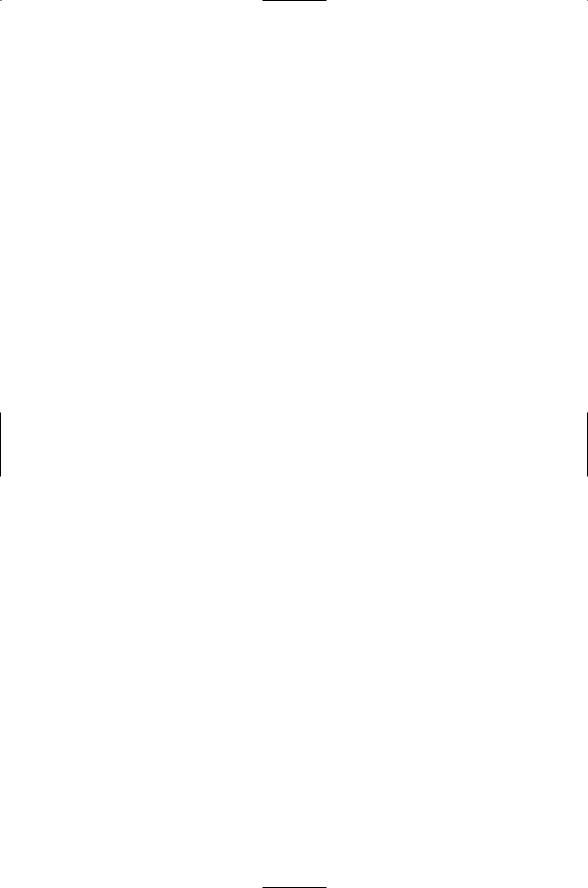
|
|
May 30 |
Khrushchev is on the Tribune at the Lenin Mausoleum |
|
in Moscow during the procession of a demonstration |
|
on the occasion of the 300th anniversary of Ukraine |
|
joining Russia. |
May 30 |
Khrushchev and others attend the reception in the Krem- |
|
lin in honor of the 300th anniversary of Ukraine joining |
|
Russia. |
June 6 |
Khrushchev receives V. I. Svistun, the chairman of the |
|
Canadian Comradeship of Cultural Ties with Ukraine. |
June 7 |
Khrushchev is at the Kremlin at the opening of the 11th |
|
congress of the Trade Unions of the USSR. |
June 12 |
Khrushchev speaks at the 10th congress of the Commu- |
|
nist Party of Czechoslovakia in Prague. |
June 15 |
Khrushchev speaks at a public rally on Starometski Square |
|
in the city of Prague. |
June 16 |
Khrushchev attends a reception in Prague Grad. |
June 21 |
Khrushchev attends an air show at Tushino Airfield in |
|
Moscow |
July 3 |
Khrushchev and others visit the exhibition “Democratic |
|
Germany” in Moscow. |
July 18 |
Khrushchev and others are at the sport club “Dinamo” |
|
for festivities in honor of “The Day of Sport.” |
July 25 |
Khrushchev and others visit the All-Union Agricultural |
|
Exhibition in Moscow (later known as the Exhibition of |
|
Achievements of the National Economy of the USSR |
|
and then as the Exhibition Center). |
July 28 |
Khrushchev attends a reception in honor of Chou |
|
Enlai (People’s Republic of China) and Pham Van Dong |
|
(Democratic Republic of Vietnam). |
July 29 |
Khrushchev receives Chou Enlai, the prime minister of |
|
the State Council of the People’s Republic of China. |
July 29 |
Khrushchev attends a dinner given by the Soviet gov- |
|
ernment in honor of Chou Enlai and Pham Van Dong. |
July 29 |
Khrushchev attends a reception at the Embassy of the |
|
People’s Republic of China, in Moscow. |
July 30 |
Khrushchev attends a reception of the Democratic |
|
Republic of Vietnam, in Moscow. |
August 10 |
Khrushchev attends a dinner given by the Soviet govern- |
|
ment in honor of the delegation from the British Labour |
|
Party, headed by Clement Attlee. |
September 25 |
Khrushchev receives John Bernal, a British physicist. |
[ ]
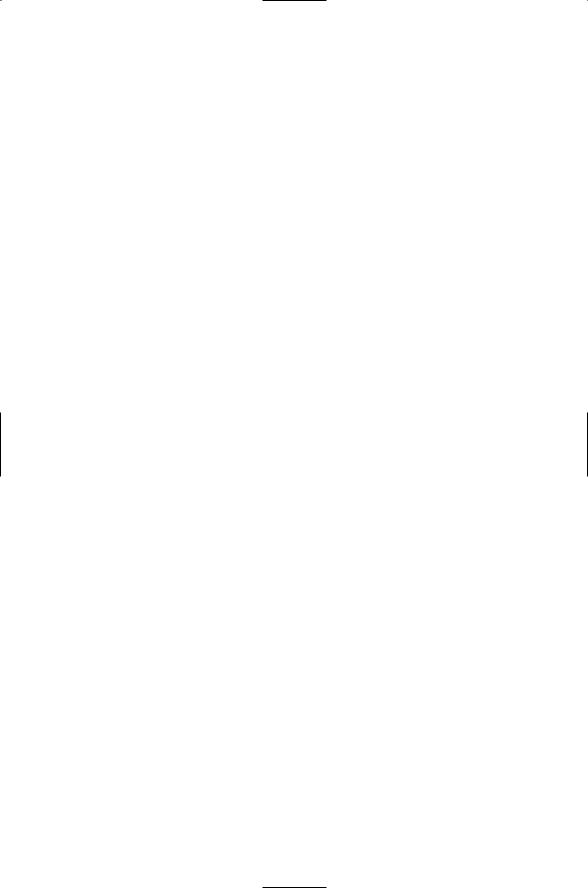
September 29–October 12 Khrushchev is in China at the celebration of the 5th
|
anniversary of the People’s Republic of China. He speaks |
|
upon arrival in the city of Beijing. |
September 30 |
Khrushchev speaks at a formal session in Beijing. |
October 1 |
Khrushchev and others watch a military parade in Beijing. |
October 13 |
Khrushchev and others arrive in the city of Vladivostok, |
|
where they spend some time, and also visit Sakhalin |
|
island (without notifying the press). [SK] |
October 31 |
Khrushchev is on Red Square for the funeral of A. N. |
|
Kuzmin, minister of ferrous metallurgy of the USSR. |
November 6 |
Khrushchev is at the Bolshoi Theater at a formal session |
|
in commemoration of the anniversary of the October |
|
1917 revolution. |
November 7 |
Khrushchev is on the Tribune at the Lenin Mausoleum |
|
in Moscow, watching the military parade and Muscovite |
|
procession on the occasion of the anniversary of the |
|
October 1917 revolution. |
November 7 |
Khrushchev is at the reception in the Kremlin in honor |
|
of the anniversary of the October 1917 revolution. |
November 14–15 |
Khrushchev is in Tajikistan. |
November 17–19 |
Khrushchev is in the city of Tashkent (Uzbekistan) at a |
|
meeting of cotton growers. |
November 28 |
Khrushchev is present at a reception in the Embassy of |
|
Yugoslavia in Moscow. |
November 30 |
|
and December 7 |
Khrushchev is at the Kremlin at a meeting of construc- |
|
tion workers, where he speaks. |
December 2 |
Khrushchev is present at a dinner given by the Soviet |
|
government in honor of the delegations from the countries |
|
taking part in the conference of European countries |
|
for peace and security in Europe. |
December 10 |
Khrushchev is present at a public rally in Moscow in |
|
accordance with the 10th anniversary of the French- |
|
Soviet treaty of alliance and mutual aid. |
December 13 |
Khrushchev and others are at the Bolshoi Theater at a |
|
concert of the Chinese People’s Liberation Army Song |
|
and Dance Ensemble. |
December 15 |
Khrushchev is present in the Kremlin at the opening of |
|
the 2d Congress of Soviet Writers. |
December 26 |
Khrushchev is at a reception in the Kremlin to mark the |
|
closing of the 2d Congress of Soviet Writers. |
[ ]
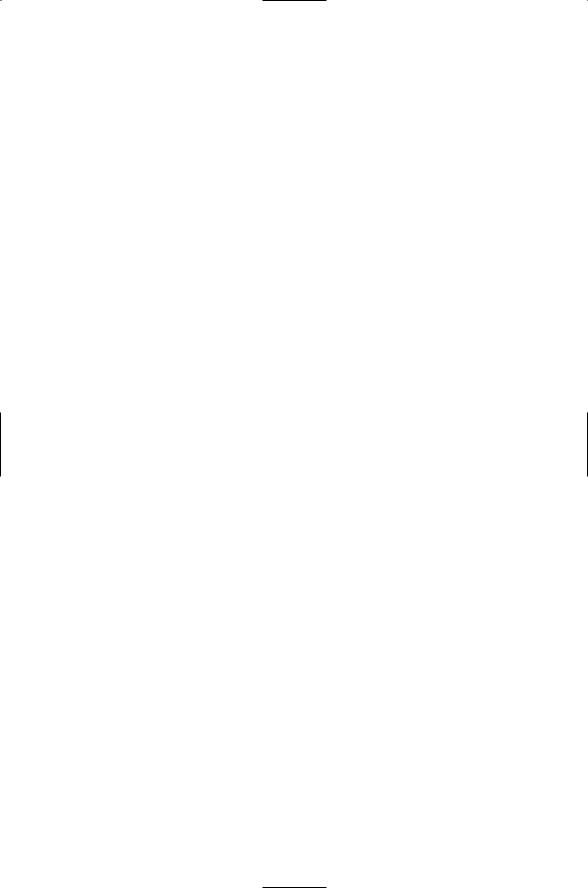
|
|
1955 |
|
January 7 |
Khrushchev speaks at a public rally of Moscow’s youth |
|
who are going to the virgin lands to develop new agri- |
|
cultural areas. |
January 25 |
Khrushchev at the Plenum of the Central Committee |
|
delivers a report on “The Increase of Production of |
|
Products of Livestock Husbandry.” |
February 1 |
Khrushchev receives Marshall McDuffey, an American |
|
lawyer. |
February 3 |
Khrushchev is at the Kremlin at the opening of the ses- |
|
sion of the USSR Supreme Soviet. |
February 5 |
Khrushchev gives an interview to the Americans V. R. |
|
Hearst, John L. Kingsberry, and F. Konnif. |
February 8 |
Khrushchev proposes to the session of the USSR |
|
Supreme Soviet the appointment of Bulganin as head |
|
of government. |
February 11 |
Khrushchev and others are at the Bolshoi Theater for a |
|
Belorussian performers’ concert. |
February 21 |
Khrushchev and others are at the Bolshoi Theater for the |
|
final concert of the Belorussian ten-day festival in Moscow. |
March 8 |
Khrushchev is at the Bolshoi Theater for the formal |
|
session celebrating International Women’s Day. |
March 22 |
Khrushchev receives Dr. Subandrio, the ambassador |
|
of Indonesia. |
March 22 |
Khrushchev attends the funeral of Marshal L. A. Gov- |
|
orov on Red Square in Moscow. |
March 23 |
Khrushchev is at the Kremlin for the opening of the |
|
session of the Supreme Soviet of the RSFSR. |
March 30 |
In the city of Voronezh, Khrushchev speaks at a meeting |
|
of agricultural workers of the Central Black-Soil Region. |
April 4 |
Khrushchev attends a reception at the Embassy of the |
|
Hungarian People’s Republic. |
April 6 |
Khrushchev and others attend a concert in the Bolshoi |
|
Theater. |
April 7 |
Khrushchev speaks at the Kremlin at a meeting of agri- |
|
cultural workers of the Non-Black Soil Region. |
April 15–16 |
Khrushchev participates in a meeting in the Kremlin |
|
dedicated to technical progress. |
April 21 |
Khrushchev speaks in Warsaw at a public rally dedicated |
|
to the 10th anniversary of the signing of the Soviet- |
|
Polish Treaty. |
[ ]
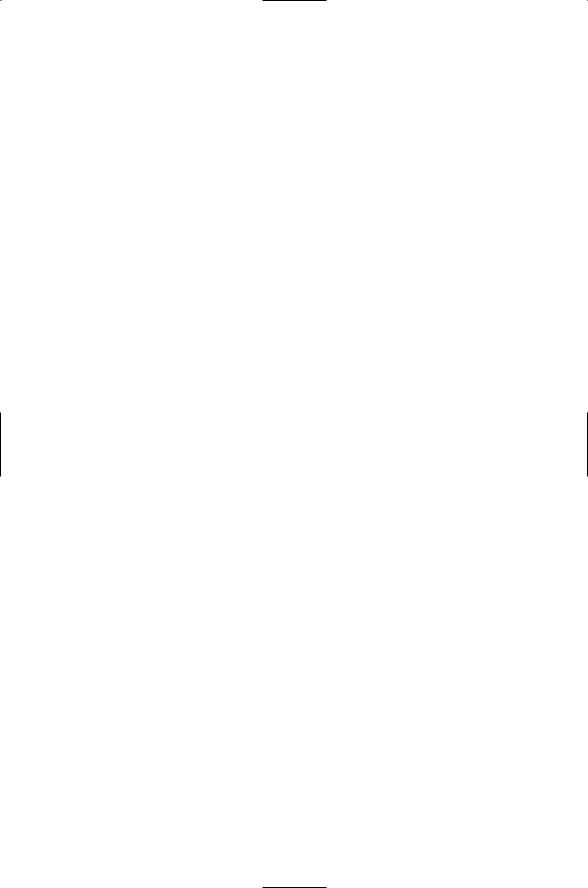
|
|
May 1 |
Khrushchev stands on the Tribune at the Lenin Mauso- |
|
leum in Red Square in Moscow, watching the military |
|
parade and Muscovite procession on the occasion of |
|
May 1, Labor Day. |
May 9 |
Khrushchev ais at the formal session in the Bolshoi The- |
|
ater in commemoration of WWII Victory Day. |
May 9 |
Khrushchev attends a reception in the Embassy of the |
|
German Democratic Republic. |
May 9 |
Khrushchev attends a reception at the Embassy of |
|
Czechoslovakia. |
May 18 |
Khrushchev speaks at a meeting of industrial workers |
|
in the Kremlin. |
May 18 |
Khrushchev and others attend a concert in the Bolshoi |
|
Theater. |
May 26–June 3 |
Khrushchev and others visit Yugoslavia; Khrushchev |
|
speaks upon arrival in the city of Belgrade. |
June 3–4 |
Khrushchev and others are in the city of Sofia, Bulgaria. |
June 4–5 |
Khrushchev and others are in the city of Bucharest, |
|
Romania. |
June 6 |
Khrushchev and others attend a concert of Bashkir Re- |
|
public performers in the Bolshoi Theater in Moscow. |
June 6–11 |
Khrushchev participates in negotiations with Jawaharlal |
|
Nehru, the prime minister of India. |
June 11 |
Khrushchev, J. Nehru, and others attend Tchaikovsky’s |
|
ballet Swan Lake at the Bolshoi Theater. |
June 16 |
Khrushchev speaks at a meeting of agricultural workers |
|
of the Baltic Republics, in the city of Riga. |
June 21 |
Khrushchev is at the “Dinamo” stadium in Moscow at |
|
a public rally in honor of Jawaharlal Nehru. |
June 21 |
Khrushchev, Jawaharlal Nehru, and others attend B. |
|
Asafiev’s ballet The Fountain of Bakhchisaray at the |
|
Bolshoi Theater. |
June 25 |
Khrushchev and others are at a Yugoslav performers’ |
|
concert at the Bolshoi Theater. |
July 3 |
Khrushchev and others attend an air show on Tushino |
|
Airfield in Moscow. |
July 4 |
Khrushchev and others attend a reception at the U.S. |
|
Embassy. |
July 10 |
Khrushchev reports at the Plenum of the CPSU Cen- |
|
tral Committee about his trip to Yugoslavia. |
July 14 |
Khrushchev participates in negotiations with Ho Chi |
|
Minh, the president of Vietnam. |
[ ]
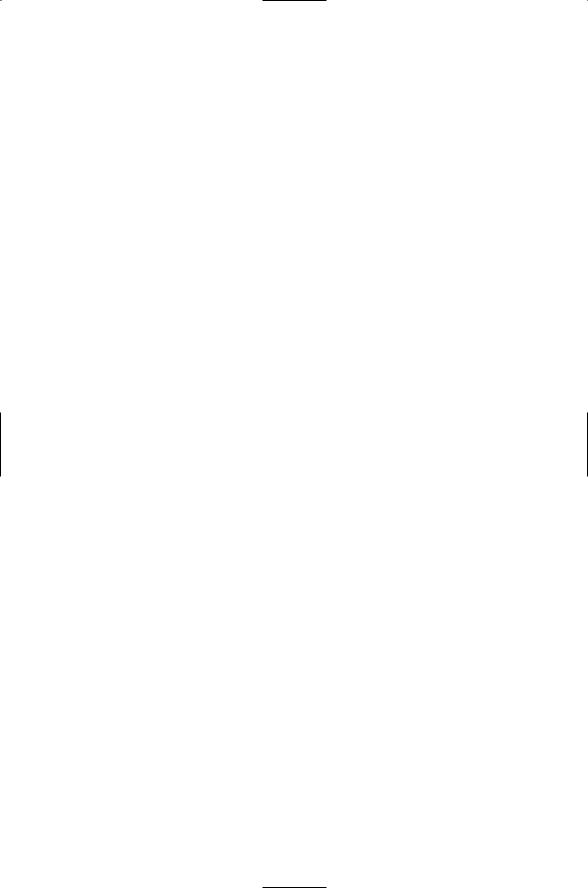
|
|
July 14 |
Khrushchev attends a reception at the Embassy of |
|
France in Moscow. |
July 17–23 |
Khrushchev participates in the negotiations of the Four |
|
Powers (United States, USSR, Great Britain, France) in |
|
the city of Geneva. |
July 24–27 |
Khrushchev and others are in the city of Berlin. |
August 1 |
Khrushchev and others attend a reception at the Embassy |
|
of Switzerland, in Moscow. |
August 4 |
Khrushchev is at the Kremlin at the opening of the |
|
session of the Soviet Council of USSR. |
August 7 |
Khrushchev is at a country residence, attending a recep- |
|
tion given by the Soviet government for the heads of |
|
diplomatic representations. |
August 22 |
Khrushchev speaks in the city of Bucharest at the 11th |
|
anniversary of the liberation of Romania. |
September 9–13 |
Khrushchev and others participate in negotiations with |
|
Konrad Adenauer, the chancellor of West Germany. |
September 9 |
Khrushchev and others are at a reception in the Embassy |
|
of Bulgaria, in Moscow. |
September 10 |
Khrushchev, Konrad Adenauer, and others attend a per- |
|
formance of Prokofiev’s ballet Romeo and Juliet at the |
|
Bolshoi Theater. |
September 12 |
Khrushchev and Bulganin receive U.S. Senators. |
September 16 |
Khrushchev attends a reception at the Embassy of Mexico. |
September 16–19 |
Khrushchev and others lead negotiations with U. K. Paasi- |
|
kivi, the president of Finland. |
September 17–21 |
Khrushchev and others negotiate with Otto Grotewohl, |
|
the prime minister of the GDR, |
September 19 |
Khrushchev receives Walter Ulbricht, the first secretary |
|
of the central committee of the United Socialist Party of |
|
Germany. |
September 21 |
Khrushchev and Bulganin receive a Japanese parliamen- |
|
tary delegation. |
September 21 |
Khrushchev receives Liu Xiao, the ambassador of China. |
September 22 |
Khrushchev and Bulganin receive a delegation from the |
|
French parliament. |
October 4 |
Khrushchev answers a question for the newspaper Pravda |
|
about French North Africa. |
October 6 |
Khrushchev and Mikoyan, in the city of Yalta, Crimea, |
|
receive Roswell Garst, an American farmer. |
October 11 |
Khrushchev and Bulganin receive in Yalta L. B. Pearson, |
|
the external minister of foreign affairs Canada. |
[ ]
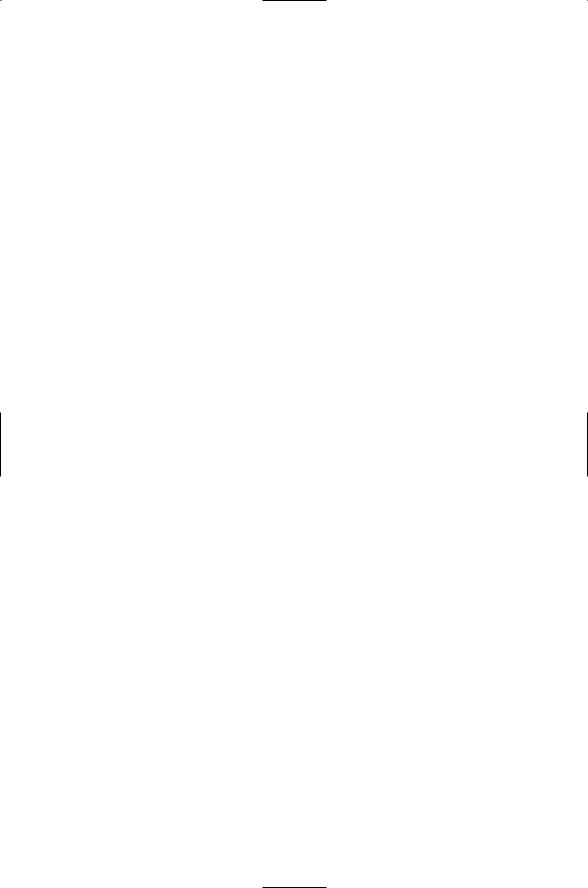
|
|
October 13 |
Khrushchev and others participate in a meeting about the |
|
future of the Soviet Navy in Sevastopol (without noti- |
|
fying the press). [SK] |
October 14 |
Khrushchev speaks at a public rally in the city of Sevas- |
|
topol, celebrating the award to the city of the Order of |
|
the Red Banner, the highest military award. |
October 15 |
Khrushchev in the city of Yalta receives Pietro Nenni, |
|
the general secretary of the Italian Socialist Party. |
October 17 |
Khrushchev in Yalta receives Keith Holyoak, the deputy |
|
prime minister of New Zealand. |
October 26 |
Khrushchev in Yalta receives U Nu, the deputy prime |
|
minister of the Union of Burma. |
November 2 |
Khrushchev attends a dinner in the Kremlin in honor |
|
of U Nu and his wife Do Mia I. |
November 2 |
Khrushchev, Bulganin, and Mikoyan receive U Nu in the |
|
Kremlin. |
November 6 |
Khrushchev attends a formal session at the Bolshoi |
|
Theater in commemoration of the anniversary of the |
|
October 1917 revolution. |
November 7 |
Khrushchev stands on the Tribune of the Lenin Mauso- |
|
leum in Moscow, watching the military parade and Mus- |
|
covite procession, then attends a reception in the Kremlin |
|
celebrating the anniversary of the October 1917 revolution. |
November 11 |
Khrushchev, Bulganin, and Mikoyan receive E. Gerhard- |
|
sen, the prime minister of Norway, in the Kremlin. |
November 11 |
Khrushchev, E. Gerhardsen, and others attend the Bolshoi |
|
Theater for B. Asafiev’s ballet, The Fountain of Bakhchisaray. |
November 12 |
Khrushchev attends a reception at the Embassy of Nor- |
|
way and carries out other protocol activities in connec- |
|
tion with the visit of E. Gerhardsen. |
November 14 |
Khrushchev talks with the ministers of agriculture of |
|
the USSR and of the Union Republics at the CPSU |
|
Central Committee. |
November 15 |
Khrushchev and Mikoyan for the second time receive |
|
E. Gerhardsen in the Kremlin. |
November 16 |
Khrushchev, Bulganin, and Mikoyan visit an exhibition |
|
of Indian handicrafts. |
November 17–December 1 |
Khrushchev and Bulganin visit India (the cities of |
|
Delhi, Nangal, where an electric station is being built, |
|
Bombay, Puna, Bangalore, Madras, and Calcutta). |
December 1–7 |
Khrushchev and Bulganin visit Burma (the cities of Ran- |
|
goon, Mandalay, Taungi, Rangoon). |
[ ]
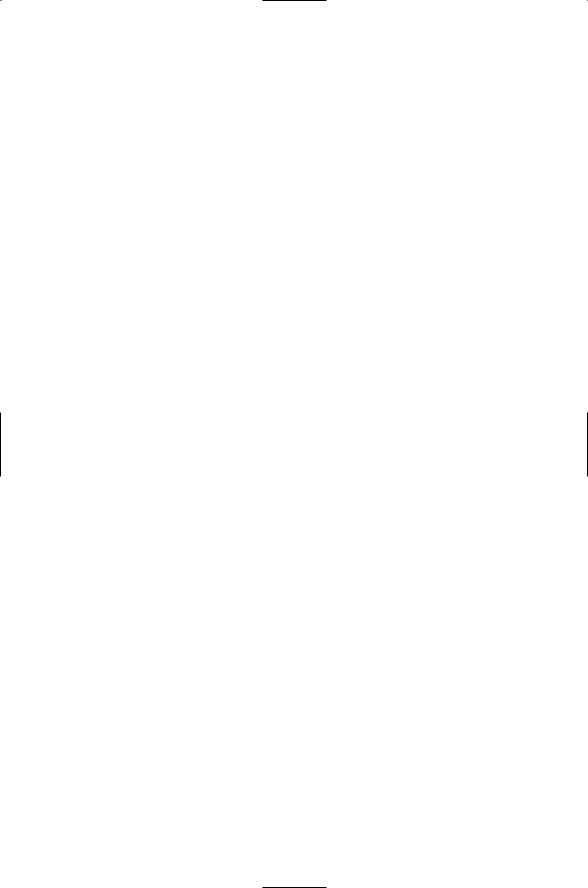
|
|
December 8–14 |
Khrushchev and Bulganin visit Afghanistan (the city of |
|
Kabul). |
December 15–19 |
Khrushchev and Bulganin speak at a public rally in the |
|
city of Tashkent. |
December 20 |
Khrushchev speaks at the meeting of agricultural workers |
|
in the city of Tashkent. |
December 21 |
Khrushchev speaks at a public rally at the Central Air- |
|
port in Moscow. |
December 26 |
Khrushchev is present in the Kremlin at the opening session |
|
of the USSR Supreme Soviet and speaks at the session of the |
|
Supreme Soviet about the trip to the countries of Asia. |
December 27 |
Khrushchev receives Mong Ona, ambassador of Burma. |
December 30 |
Khrushchev, Bulganin, and Molotov receive Otto Grote- |
|
wohl (head of the GDR government) and Lothar Boltz |
|
(foreign minister) and participate in protocol activities. |
1956 |
|
January 3 |
Khrushchev and others attend a reception at the Embassy |
|
of the GDR in Moscow, in honor of the 80th birthday |
|
of Wilhelm Pieck, GDR president. |
January 11 |
Khrushchev receives Mohammad Soyadi, member of the |
|
Iranian parliament. |
January 11 |
Khrushchev and others attend George Gershwin’s opera |
|
Porgy and Bess, performed by the American troupe “Every- |
|
man’s Opera” in the musical theater named after K. S. |
|
Stanislavsky and V. I. Nemirovich-Danchenko. |
January 12 |
Khrushchev receives Harold Wilson, member of the British |
|
Parliament. |
January 12 |
Khrushchev, Voroshilov, and Molotov receive a delega- |
|
tion from the Iranian parliament. |
January 21 |
Khrushchev speaks in the Kremlin at a public rally of |
|
youth who distinguished themselves in cultivating the |
|
virgin lands. |
January 23 |
Khrushchev speaks at the opening of the session of the |
|
RSFSR Supreme Soviet in the Kremlin. |
January 24 |
Khrushchev and others attend J. Kalman’s operetta Silva |
|
performed by artists of the Budapest Theater, in the theater |
|
named after K. S. Stanislavsky and V. I. Nemirovich- |
|
Danchenko. |
January 25 |
Khrushchev gives an interview to Graham Stanford, a |
|
British journalist from the newspaper News of the World. |
[ ]
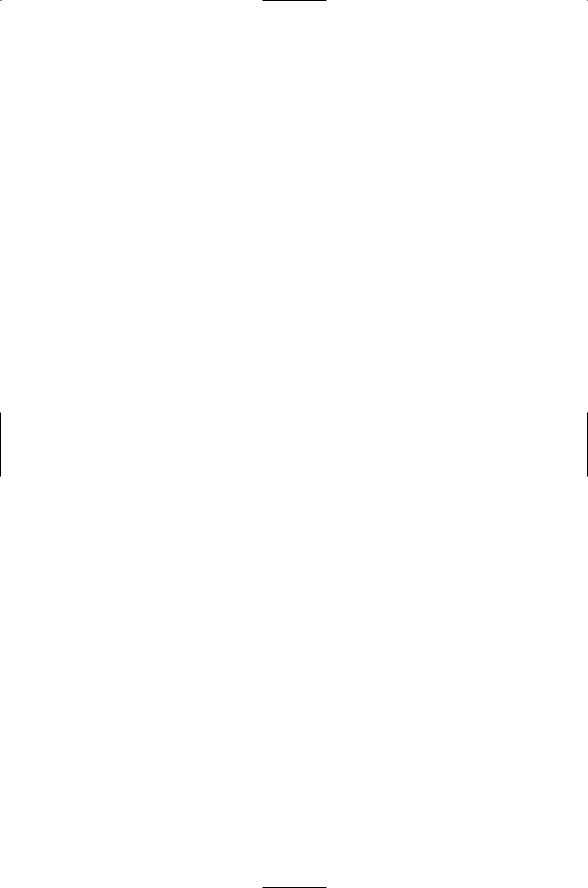
|
|
January 25 |
Khrushchev receives Marshal McDuffie, American lawyer. |
January 26 |
Khrushchev attends a reception in the Embassy of Fin- |
|
land on the occasion of handing over the military base |
|
in Porkkala-Udd. |
January 26 |
Khrushchev attends a reception in the Embassy of India. |
January 26 |
Khrushchev receives Dobrivoje Vidic, the ambassador |
|
of Yugoslavia. |
January 27 |
Khrushchev and others attend a concert at the Bolshoi |
|
Theater in commemoration of the 200th birthday of |
|
Wolfgang Amadeus Mozart. |
January 31 |
Khrushchev and others attend a concert of amateur |
|
performers from Moscow at the Bolshoi Theater. |
February 2 |
Khrushchev attends a reception at the Embassy of the |
|
People’s Republic of Bulgaria in Moscow. |
February 6 |
Khrushchev receives Marshal Zhu De, deputy-head of |
|
government of the People’s Republic of China. |
February 12 |
Khrushchev receives Dobrivoje Vidic, the ambassador of |
|
Yugoslavia. |
February 14 |
Khrushchev gives a report of the CPSU Central Com- |
|
mittee to the 20th congress of the Communist Party. |
February 16 |
Khrushchev and others attend the Moscow Repertory |
|
Theater’s performance of N. Pogodin’s The Kremlin |
|
Chimes. |
February 18 |
Khrushchev and others attend a performance of M. Gorky’s |
|
Foma Gordeyev at the theater named after E. Vakhtangov. |
February 21 |
Khrushchev and others attend a performance at the |
|
Bolshoi Theater by amateur artistic groups of the trade |
|
unions. |
February 25 |
Khrushchev gives his “secret” speech to the 20th con- |
|
gress of the Party about Stalin (without notifying the |
|
press). [SK] |
February 27 |
Khrushchev and others visit the Experimental Design |
|
Bureau (OKB-1) of Sergei P. Korolev, where they discuss |
|
and view ballistic missiles and discuss the launch of a |
|
sputnik, an artificial earth satellite (without press pub- |
|
licity). [SK] |
February 27 |
At a CPSU Central Committee meeting, Khrushchev is |
|
reelected first secretary and a member of the Presidium |
|
of the Central Committee, as well as chairman of the |
|
Bureau of the CPSU Central Committee for the RSFSR. |
February 28 |
Khrushchev receives a delegation from China to the |
|
20th congress of the CPSU. |
[ ]

|
|
February 29 |
Khrushchev and Malenkov attend a performance of N. |
|
Ostrovsky’s Money at the Maly Repertory Theater. |
March 3, 5, 6 |
Khrushchev, Bulganin, Mikoyan, and Molotov receive |
|
H. K. Hansen, the prime minister of Denmark. |
March 7 |
Khrushchev attends a dinner at Molotov’s marking the |
|
departure from Moscow of Vidic, the ambassador of |
|
Yugoslavia. |
March 15–21 |
Khrushchev is in the city of Warsaw at the funeral of |
|
Boleslaw Bierut, first secretary of the Central Commit- |
|
tee of the Polish United Workers Party (PUWP). |
March 30 |
Khrushchev, Bulganin, and Molotov twice receive Tage |
|
Erlander, the prime minister of Sweden. |
April 2 |
Khrushchev attends a reception in the Embassy of |
|
Sweden in Moscow. |
April 4 |
Khrushchev and others attend a reception in the Embassy |
|
of Hungary in Moscow. |
April 11 |
Khrushchev speaks in the Kremlin at a meeting of young |
|
construction workers. |
April 12 |
Khrushchev takes part in the funeral of P. A. Yudin on |
|
Red Square in Moscow. |
April 13 |
Khrushchev and others visit an exhibition of British |
|
art at the Pushkin Museum in Moscow. |
April 18–27 |
Khrushchev and Bulganin visit Great Britain (the cities |
|
of London and Edinburgh). |
April 30 |
Khrushchev speaks at a public rally at the Central Air- |
|
field in Moscow. |
May 1 |
Khrushchev stands on the Tribune at the Lenin Mauso- |
|
leum in Moscow, watching the military parade and |
|
Muscovite procession in honor of May 1, Labor Day. |
May 4–5 |
Khrushchev receives a delegation from the French socialist |
|
party. |
May 9 |
Khrushchev receives a delegation of public figures |
|
from France, including Jacques Mitterand. |
May 14 |
Khrushchev visits agricultural districts in Krasnodar, |
|
Kuban, and Rostov regions. |
May 16–19 |
Khrushchev participates in negotiations with Guy |
|
Mollet, the prime minister of France, and with Christian |
|
Pino, the minister of external affairs, and carries out |
|
protocol activities. |
May 24 |
Khrushchev and Bulganin receive Sartono, the chairman |
|
of the parliament of Indonesia. |
[ ]
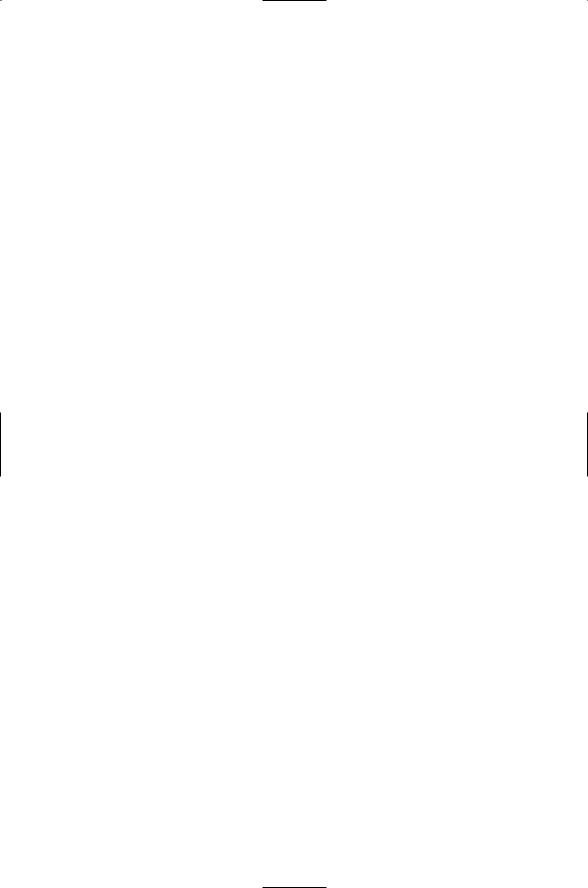
|
|
May 24 |
Khrushchev attends a performance of M. Drshicha’s |
|
Dundo Maroe performed by the Yugoslav Drama Theater. |
May 24 |
Khrushchev, Bulganin, and Molotov receive Christian |
|
Pineau, the minister of foreign affairs of France. |
May 29 |
Khrushchev receives Duncan Sandys, a minister of the |
|
British government. |
May 31 |
Khrushchev and Bulganin receive a delegation from |
|
the parliament of Denmark. |
May 31 |
Khrushchev and others attend a reception in the Embassy |
|
of Great Britain in Moscow. |
June 4–6 |
Khrushchev receives Josip Broz Tito, president of Yugo- |
|
slavia, and participates in protocol activities. |
June 4 |
Khrushchev, Tito, and others attend a performance of |
|
A. Krein’s ballet Laurencia at the Bolshoi Theater. |
June 11–14 |
Khrushchev and Tito are in the cities of Stalingrad, Kras- |
|
nodar, Sochi, Novorossiysk, and on the cruiser Frunze |
|
of the Black Sea fleet. |
June 16 |
Khrushchev and Bulganin receive Sarvepalli Radhakrish- |
|
nan, the vice president of India, and participate in protocol |
|
activities and talks. |
June 19 |
Khrushchev speaks at a public rally at the “Dinamo” |
|
stadium in Moscow, dedicated to the departure of Tito |
|
from the USSR. |
June 20 |
Khrushchev receives Mong Ona, the ambassador of Burma. |
June 23 |
Khrushchev receives Emir Selfaul Islam Mohammed El |
|
Badr, the crown prince of Yemen, and participates in |
|
protocol activities. |
June 24 |
Khrushchev is at the Moscow Tushino Airfield at an air |
|
show. |
June 26 |
Khrushchev, Mohammed Reza Pahlavi, the shah of Iran, |
|
and others are at the Bolshoi Theater at B. Asafiev’s ballet |
|
The Fountain Bakhachisaray. |
June 26 |
Khrushchev takes part in the funeral of I. A. Likhachev, |
|
the minister of the automobile industry, on Red Square. |
June 27–28 |
Khrushchev participates in negotiations with Moham- |
|
med Reza Pahlavi, the shah of Iran, and takes part in |
|
protocol activities. |
June 28 and 30 |
Khrushchev receives a delegation form the French Com- |
|
munist Party. |
July 3 |
Khrushchev receives Dag Hammarskjold, the UN secre- |
|
tary general. |
[ ]
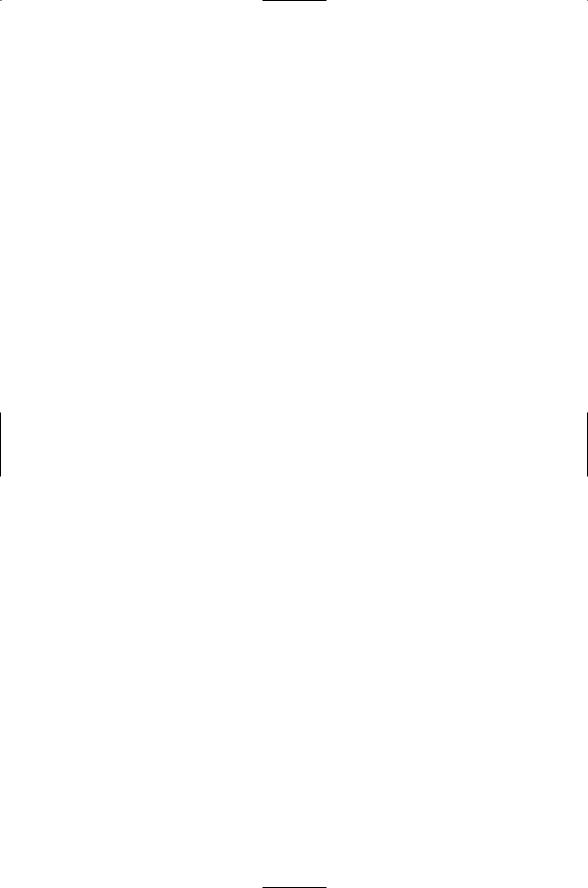
|
|
July 4 |
Khrushchev attends a reception at the U.S. Embassy in |
|
Moscow. |
July 3 |
Khrushchev receives Norodom Sihanouk, the crown |
|
prince of Cambodia, and takes part in protocol activities. |
July 7 |
Khrushchev receives a delegation from the Communist |
|
Party of Belgium. |
July 10 |
Khrushchev receives a delegation from the Communist |
|
Party of Great Britain. |
July 11 |
Khrushchev is at the opening session of the USSR |
|
Supreme Soviet in the Kremlin. |
July 11 |
Khrushchev receives a delegation of the Communist |
|
Party of Italy. |
July 14 |
Khrushchev receives G. V. Morgan, an American engi- |
|
neer who participated in building the first Metro line |
|
in Moscow. |
July 14 |
Khrushchev attends a reception at the Embassy of France |
|
in Moscow. |
July 16–17 |
Khrushchev participates in negotiations with Otto Grote- |
|
wohl, the head of the government of the GDR. |
July 19–20 |
Khrushchev is in the city of Sverdlovsk and speaks at a |
|
meeting of agricultural workers. |
July 23 |
Khrushchev gives a speech at a public rally while he is |
|
in the city of Chkalovsk (Orenburg). |
July 24 |
Khrushchev speaks in the city of Novosibirsk, at a meeting |
|
of agricultural workers of Siberia. |
July 28 |
Khrushchev speaks in the city of Alma-Ata (now Almaty) |
|
at meeting of the agricultural workers of Kazakhstan. |
July 31 |
Khrushchev speaks at the opening of the stadium in |
|
Luzhniki in Moscow. |
August 1 |
Khrushchev receives Mong Ona, the ambassador of Burma. |
August 4 |
Khrushchev takes part in the funeral of I. I. Nosenko, |
|
the minister of shipbuilding, on Red Square. |
August 5 |
Khrushchev is at the stadium in Luzhniki taking part in |
|
the opening of the sports competition of the people of |
|
the USSR. |
August 6 |
Khrushchev receives Allen Ellender, a U.S. senator. |
August 10 |
Khrushchev receives Antonin Novotny, Rudolf Barak, |
|
and Jiri Henrik from Czechoslovakia. |
August 10 |
Khrushchev receives Mamoru Shigemitsu, the minister |
|
of foreign affairs of Japan. |
August 14 |
Khrushchev attends a meeting of coal workers in the |
|
city of Stalino (Donetsk), Donbas, Ukraine. |
[ ]

|
|
August 15 |
Khrushchev is at a meeting of coal workers in the city |
|
of Krasny Lug, Voroshilovgrad (Lugansk) region. |
August 16 |
Khrushchev is in the city of Stalino (Donetsk) visiting |
|
factories. |
August 17 |
Khrushchev speaks at a meeting of workers in the coal |
|
industry of Ukraine in the city of Stalino (Donetsk) and |
|
then at a public rally of the residents of the city. |
August 18 |
Khrushchev is at a meeting of metallurgy workers in |
|
the city of Dnipropetrovsk in Ukraine and then visits |
|
factories. |
August 20 |
Khrushchev visits the coal workers of the Novovolynsk |
|
district of the Lvov region. |
August 21 |
Khrushchev speaks at a meeting of coal workers in the |
|
city of Chervonograd in the Lvov region. |
August 23 |
Khrushchev attends a reception at the Embassy of |
|
Romania in Moscow. |
August 28 |
Khrushchev receives Tahir Mohammad Magdi Hussein, |
|
governor of the province of Tahrir, Egypt. |
August 28 |
Khrushchev and Bulganin receive Edgar Faure, former |
|
prime minister of France. |
August 28–31 |
Khrushchev takes part in talks with Ahmed Sukarno, the |
|
president of Indonesia, as well as in protocol activities. |
August 30 |
Khrushchev receives a delegation from Ceylon. |
August 30 |
Khrushchev receives Thomas Dreiberg, a member of the |
|
National Executive Committee of the British Labour Party. |
September 19–27 |
Khrushchev is in Yugoslavia (the cities of Belgrade, Pule, |
|
Kopar, the Brioni Islands). |
September 27–October 5 |
Khrushchev and Tito are in Crimea (the cities of Yalta |
|
and Sevastopol). |
October 12–18 |
Khrushchev participates in talks with Ichiro Hatoyama, |
|
the prime minister of Japan, and in protocol activities. |
October 16, 17, 18 |
Khrushchev receives Ichiro Kono, the Japanese minister |
|
of agriculture and forestry. |
October 17–18 |
Khrushchev takes part in negotiations with Sardar |
|
Muhammad Daud, the prime minister of Afghanistan, |
|
and in protocol activities. |
October 18 |
Khrushchev receives Konni Zilliacus, a Labour member |
|
of the British Parliament, |
October 18 |
Khrushchev and Sardar Muhammad Daud, the prime |
|
minister of Afghanistan, and others are at the Bolshoi |
|
Theater for the performance of Tchaikovsky’s ballet |
|
Swan Lake. |
[ ]
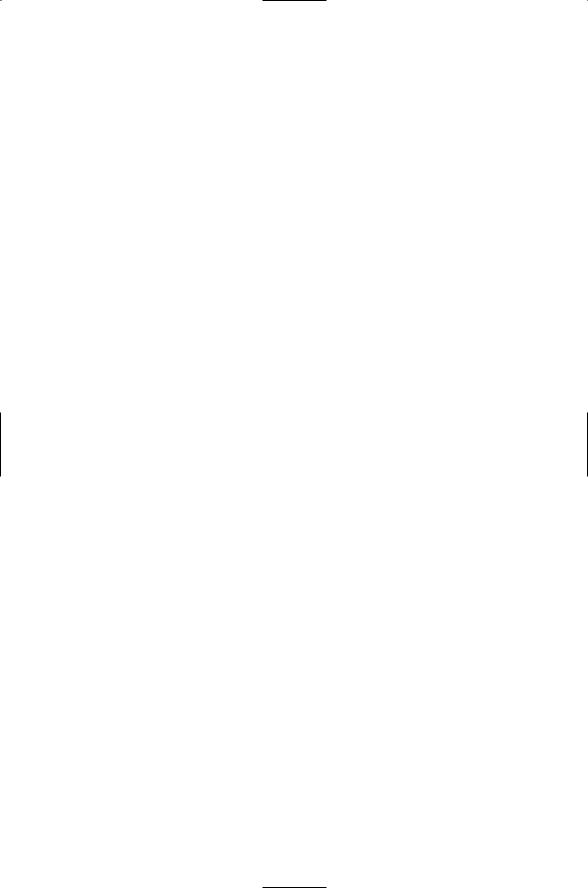
|
|
October 19 |
Khrushchev is in Warsaw leading negotiations with |
|
Wladyslaw Gomulka, the newly elected first secretary of |
|
the Central Committee of the Polish United Workers |
|
Party. |
October 22 |
Khrushchev receives a delegation of active community |
|
leaders of Italy. |
October 22 |
Khrushchev and others attend a concert of Bulgarian |
|
performers in the Tchaikovsky Concert Hall in Moscow. |
October 26 |
Khrushchev attends a reception at the Embassy of Iran |
|
in Moscow. |
October 27 |
Khrushchev receives Gaston Palevsky, a French politician. |
October 28–29 |
Khrushchev in Moscow conducts negotiations with a |
|
Chinese delegation headed by Liu Shaoqi on the Hun- |
|
garian crisis (without press notification). [SK] |
October 29 |
Khrushchev is at a public rally in the Hall of Columns |
|
of the House of the Unions in honor of the prime min- |
|
ister of Afghanistan. |
October 30 |
Khrushchev is present at the signing of the Soviet-Afghan |
|
communiqué and at a reception in honor of the prime |
|
minister of Afghanistan. |
October 31–November 2 |
Khrushchev visits the cities of Brest and Bucharest and |
|
Yugoslavia and leads talks with leaders of socialist |
|
countries about the Hungarian crisis (without press |
|
notification). [SK] |
November 3 |
Khrushchev is present at a reception given by Voroshilov |
|
in honor of Shukri Al-Kuatli, the president of Syria. |
November 6 |
Khrushchev is at the Bolshoi Theater at a formal session |
|
in commemoration of the anniversary of the October |
|
1917 revolution. |
November 7 |
Khrushchev is on the Tribune at the Lenin Mausoleum in |
|
Moscow, watching the military parade and Muscovite |
|
procession dedicated to the anniversary of the October |
|
1917 revolution. |
November 16–18 |
Khrushchev participates in talks with the delegation of |
|
Poland headed by Wladyslaw Gomulka and in protocol |
|
activities. |
November 16 |
Khrushchev, Voroshilov, and Bulganin receive Wladyslaw |
|
Gomulka, A. Zawadzki, J. Cyrankiewicz, and Stefan |
|
Andrichowski. |
November 19 |
Khrushchev and Bulganin receive peace activists from |
|
Western and Eastern Germany. |
[ ]
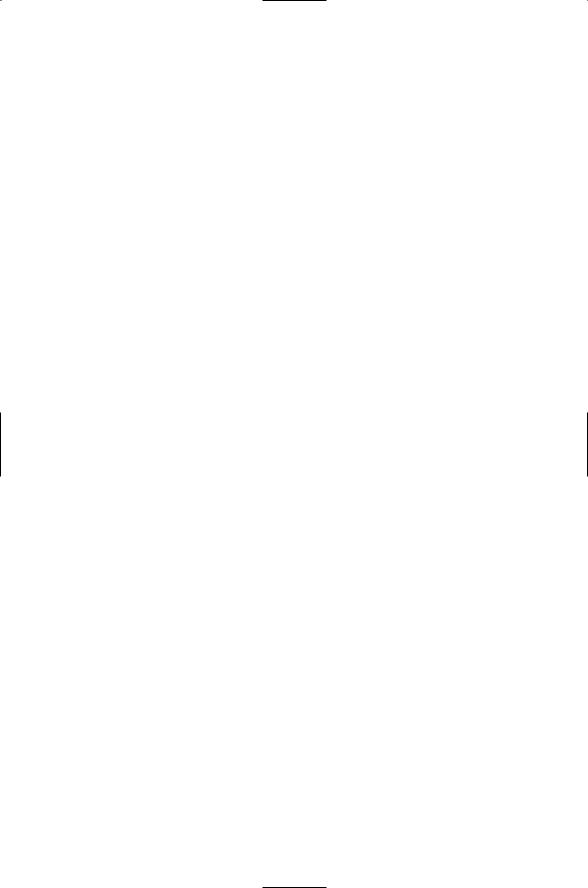
|
|
November 23 |
Khrushchev receives Nguyen Luong Bang, the ambas- |
|
sador from the Democratic Republic of Vietnam (DRV). |
November 28 |
Khrushchev receives Chivu Stoica, the head of the |
|
government of Romania. |
November 28 |
Khrushchev and others are at a reception at the Embassy |
|
of Albania in Moscow. |
November 29 |
Khrushchev, Voroshilov. and Bulganin receive a delega- |
|
tion of the Chinese Congress of People’s Representatives |
|
and attend a reception at the Embassy of the People’s |
|
Republic of China, where Khrushchev gives a speech. |
November 29 |
Khrushchev and others attend a reception at the Embassy |
|
of Yugoslavia in Moscow. |
November 30 |
Khrushchev is at a reception in honor of members of |
|
the Chinese parliament. |
December 8 |
Khrushchev receives Isabella Blum, secretary of the |
|
World Peace Congress. |
December 11 |
Khrushchev attends a formal session in the Bolshoi |
|
Theater in commemoration of the 100th birthday of |
|
G. V. Plekhanov. |
December 19 |
Khrushchev speaks in the Kremlin at a meeting of agri- |
|
cultural workers of the Moscow region. |
December 25 |
Khrushchev and others attend an Estonian performers’ |
|
concert at the Bolshoi Theater. |
December 29 |
Khrushchev receives the writer Abdel Rahman El-Hamis, |
|
and the journalist Farouk El-Kadi from Egypt. |
1957 |
|
January 1 |
Khrushchev gives an interview to the Czech newspaper |
|
Rude Pravo. |
January 1 |
Khrushchev gives an interview to the French newspaper |
|
L’Humanité. |
January 1 |
Khrushchev is at a New Year reception in the Kremlin. |
January 1–4 |
Khrushchev and Malenkov are in Budapest at a meeting |
|
with the leaders of Bulgaria, Hungary, Romania, the USSR, |
|
and Czechoslovakia. |
January 4 |
Khrushchev, Walter Ulbricht, and others attend M. Mus- |
|
sorgsky’s opera Boris Godunov at the Bolshoi Theater. |
January 4–8 |
Khrushchev takes part in talks with the delegation of the |
|
GDR (Otto Grotewohl and others) and accompanying |
|
protocol activities. |
[ ]
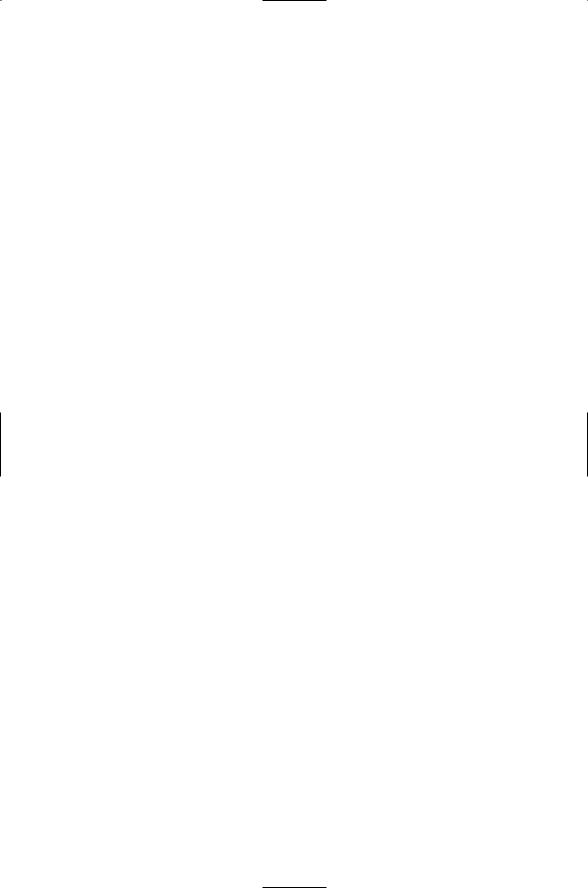
|
|
January 5 |
Khrushchev attends a reception in the Embassy of the |
|
German Democratic Republic. |
January 7–10, and |
|
then 17–January 18 |
Khrushchev takes part in negotiations with the delega- |
|
tion of the People’s Republic of China, headed by Chou |
|
Enlai, and in protocol activities. |
January 9 |
Khrushchev is at a reception in honor of the Soviet parti- |
|
cipants in the 16th Olympics held in Melbourne, Australia. |
January 9 |
Khrushchev, Chou Enlai, and others are at the Bolshoi |
|
Theater to see Tchaikovsky’s ballet Swan Lake. |
January 10 |
Khrushchev takes part in a meeting in Moscow with |
|
representatives of Hungary, China, and the USSR. |
January 12 |
Khrushchev is in the city of Tashkent. |
January 13 |
Khrushchev speaks at a ceremony dedicated to awarding |
|
Uzbekistan the Order of Lenin. |
January 14 |
Khrushchev speaks at a meeting of agricultural workers |
|
of Uzbekistan and visits the city of Tashkent’s textile |
|
factory, where he gives a speech. |
January 15 |
Khrushchev is in the city of Frunze (Bishkek), where he |
|
speaks at the awarding of the Order of Lenin, and then |
|
travels to the Chuysk Steppes. |
January 16 |
Khrushchev is in Tashkent and speaks at the ceremonial |
|
giving of awards to the best workers of Uzbekistan. |
January 17 |
Khrushchev speaks at a reception at the Embassy of the |
|
People’s Republic of China in Moscow. |
January 24 |
Khrushchev is at a dinner in honor of Luigi Longo and |
|
others, leaders of the Italian Communist Party. |
January 25–29 |
Khrushchev takes part in negotiations with the delega- |
|
tion of Czechoslovakia (Antonín Novotny and others) |
|
and in accompanying protocol activities. |
January 25 |
Khrushchev attends a reception at the Embassy of India. |
January 26 |
Khrushchev, A. Novotny, and others are at the Bolshoi |
|
Theater to hear G. Bizet’s opera Carmen. |
January 30 |
Khrushchev is at a breakfast given by Bulganin in honor |
|
of K. A. Fagerholm, prime minister of Finland. |
January 31 |
Khrushchev receives Peng Zhen, member of the Polit- |
|
buro of the Chinese Communist Party. |
January 31 |
Khrushchev is present at the awarding of the Order of |
|
Lenin to the Moscow region. |
February 1 |
Khrushchev is at a reception at the Embassy of Finland, |
|
given in honor of K. A. Fagerholm, the prime minister. |
[ ]
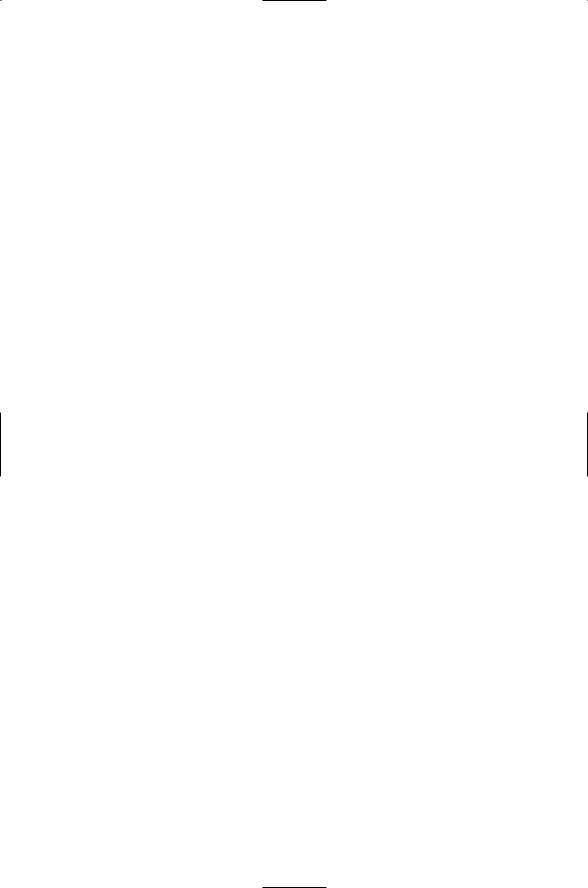
|
|
February 4 |
Khrushchev is present at a meeting of construction |
|
workers of Moscow, in the Palace of Sports in Luzhniki. |
February 5 |
Khrushchev speaks at the Kremlin at the opening of the |
|
session of USSR Supreme Soviet. |
February 13 |
Khrushchev delivers a report to the Plenum of the |
|
Central Committee “About the Future Development of |
|
Management of Industry and Construction.” |
February 14 |
Khrushchev is at a reception in the Kremlin in honor |
|
of cotton growers. |
February 15 |
Khrushchev is at the Bolshoi Theater participating in a |
|
formal session commemorating the 100th anniversary |
|
of the death of the composer M. I. Glinka. |
February 16 |
Khrushchev receives a delegation from Bulgaria headed |
|
by Todor Zhivkov. |
February 16–20 |
Khrushchev takes part in negotiations with the delegation |
|
of Bulgaria and in the accompanying protocol activities. |
February 16 |
Khrushchev receives Liu Xiao, the ambassador of China. |
February 16 |
Khrushchev receives Veljko Micunovic, the ambassador |
|
of Yugoslavia. |
February 18 |
Khrushchev speaks in the Kremlin at a public rally cele- |
|
brating friendship with Bulgaria. |
February 18 |
Khrushchev speaks at the Embassy of Bulgaria at a recep- |
|
tion in honor of the Bulgarian delegation. |
February 19 |
Khrushchev, T. Zhivkov, and others are at the Bolshoi |
|
Theater to attend A. Borodin’s opera Prince Igor. |
February 19 |
Khrushchev gives an interview to Joseph Alsop, an |
|
America journalist. |
March 9 |
Khrushchev speaks at a meeting of agricultural workers |
|
in the city of Krasnodar and visits collective farms and |
|
state farms. |
March 11 |
Khrushchev speaks in the city of Rostov-on-Don at a |
|
meeting of agricultural workers of the South Caucasus and |
|
North Caucasus regions and visits several collective farms |
|
and state farms. |
March 12 |
Khrushchev speaks at a public rally at the central square |
|
of the city of Rostov. |
March 16 |
Khrushchev is at a public rally at the Palace of Sports |
|
in Luzhniki dedicated to the 100th anniversary of “Krasny |
|
Proletary” (Red Proletarian) factory. |
March 17 |
Khrushchev and others are at Ella Roman’s Kolomba, |
|
performed by the Bucharest Theater of Operetta. |
[ ]
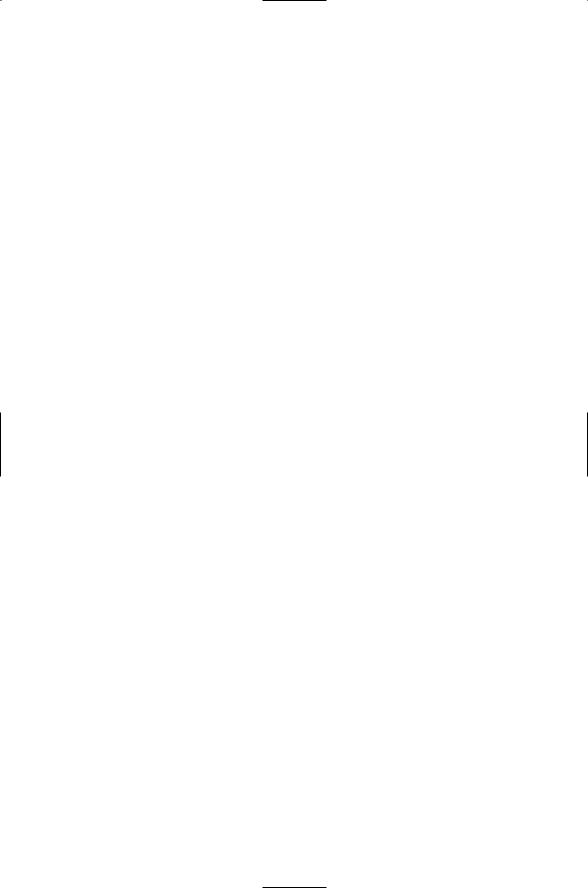
|
|
March 18 |
Khrushchev receives Masaharu Hatanaki, a Japanese |
|
journalist. |
March 19 |
Khrushchev is interviewed by the editor of the Ameri- |
|
can newspaper Grand Rapids Herald. |
March 20–22 |
Khrushchev takes part in negotiations with the Hun- |
|
garian delegation headed by Janos Kadar and in the |
|
accompanying protocol activities. |
March 21 |
Khrushchev receives a delegation from Hungary. |
March 30 |
Newspapers publish Khrushchev’s theses about the |
|
decentralization of the Soviet economy. |
March 30 |
Khrushchev speaks at a meeting of agricultural workers |
|
of the Non-Black Earth Region, in the Kremlin. |
April 2–4 |
Khrushchev speaks at a meeting of agricultural workers of |
|
the Central Black Earth Region, in the city of Voronezh, |
|
and visits factories. |
April 5–8 |
Khrushchev speaks at a meeting of agricultural workers |
|
of the Volga region, in the city of Gorky (Nizhny Nov- |
|
gorod), and visits collective farms. |
April 8 |
Khrushchev is awarded his second gold medal, “Sickle |
|
and Hammer,” and the Order of Lenin, for the culti- |
|
vation of the virgin lands. |
April 10 |
Khrushchev is at a breakfast at Bulganin’s in honor of |
|
Viliam Siroky, the leader of the government of Czecho- |
|
slovakia. |
April 11–18 |
Khrushchev takes part in negotiations with a delegation |
|
from Albania and in accompanying protocol activities. |
April 11 |
Khrushchev receives a delegation from Albania. |
April 15 |
Khrushchev speaks at a reception at the Embassy of |
|
Albania. |
April 18–20 |
Khrushchev takes part in negotiations with Jozef Cyran- |
|
kiewicz, the head of the government of Poland, and in |
|
accompanying protocol activities. |
April 19 |
Khrushchev speaks at a reception at the Embassy of |
|
Poland. |
April 20 |
Khrushchev receives S. Kadowaki, the ambassador of |
|
Japan. |
April 20 |
Khrushchev and others are at the Bolshoi Theater at a |
|
Tajik performers’ concert. |
April 22 |
Khrushchev and others are at the Bolshoi Theater at a |
|
formal session in commemoration of Lenin’s birthday. |
April 29 |
Khrushchev and others are at a reception at the Embassy |
|
of Japan in Moscow. |
[ ]
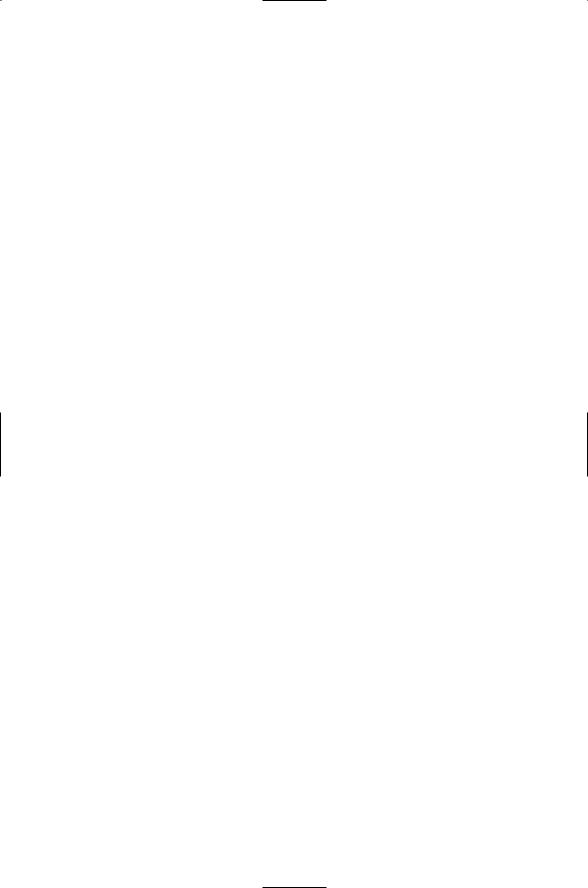
|
|
April 30 |
Khrushchev speaks at a public rally at the subway station |
|
“Frunzenskaya,” dedicated to the opening of the “Crimea |
|
Square–Luzhniki” Metro line. |
May 1 |
Khrushchev is on the Tribune of the Lenin Mausoleum |
|
in Moscow, watching the military parade and Mus- |
|
covite procession of May 1, Labor Day. |
May 7 |
Khrushchev reports to the session of the Supreme Coun- |
|
cil of the USSR about reform and decentralization of the |
|
Soviet economy. |
May 8 |
Khrushchev receives a delegation from the German Com- |
|
munist Party headed by Max Reiman. |
May 8 |
Khrushchev gives an interview to the Chinese newspaper |
|
Renmin Ribao and to the Xinhua News agency. |
May 9 |
Khrushchev and others are at a reception in the Embassy |
|
of Czechoslovakia. |
May 10 |
Khrushchev gives an interview to Turner Catledge, the |
|
chief editor of the newspaper The New York Times. |
May 11 |
Khrushchev receives a delegation from Mongolia. |
May 11–15 |
Khrushchev takes part in negotiations with the delega- |
|
tion from Mongolia headed by Yumjaagiyn Tsedenbal |
|
and in accompanying protocol activities. |
May 14 |
Khrushchev, Tsedenbal, and others are at the Bolshoi |
|
Theater to attend Glinka’s opera Ruslan and Ludmila. |
May 15 |
Khrushchev gives an interview to Polish journalists. |
May 19 |
Khrushchev takes part in a meeting with intellectuals at |
|
Stalin’s former countryside residence, “Semenovskoye.” |
May 20 |
Khrushchev is in the city of Leningrad speaking at a |
|
public rally at the Kirov factory, and then at a collective |
|
farm. |
May 22 |
Khrushchev speaks at a meeting of the agricultural workers |
|
of the North-West region, in the city of Leningrad. |
May 28 |
Khrushchev speaks at a public rally on Dvortsovaya |
|
Square in Leningrad. |
May 28 |
Khrushchev is present at the opening session of the |
|
Supreme Soviet of the RSFSR in the Kremlin. |
May 28 |
Khrushchev gives an interview to a representative of |
|
the Columbia Broadcasting System. |
June 1 |
Khrushchev receives Nguyen Van Kin, the ambassador |
|
of Vietnam. |
June 2 |
Khrushchev speaks at the opening of the All-Union |
|
Agricultural Exhibition in Moscow. |
[ ]

|
|
June 4 |
Khrushchev and others visits “Detsky Mir (Children’s |
|
World),” the new and largest children’s department store |
|
in Moscow. |
June 4 |
Khrushchev and others are at the Bolshoi Theater at a |
|
Tatar performers’ concert. |
June 6–13 |
Khrushchev and Bulganin visit Finland (the cities of |
|
Helsinki, Lahti, Tampere, Helsinki). |
June 15 |
Khrushchev speaks at a public rally at the square by the |
|
Leningrad Railroad Station in Moscow. |
June 17 |
Khrushchev and others attend a reception at the Embassy |
|
of Bulgaria in Moscow. |
June 18–22 |
Session of the Presidium of the Central Committee |
|
where the Stalinists try to overthrow Khrushchev. |
June 18 |
Khrushchev and all the other members of the Presidium |
|
of the Central Committee meet with Hungarian journalists. |
June 18 |
Khrushchev gives an interview to the chief editor of the |
|
Japanese newspaper Asahi Shimbun. |
June 18 |
Khrushchev and others are at a reception at the Embassy |
|
of Egypt in Moscow. |
June 19 |
Khrushchev and others are at a reception at the Embassy |
|
of Yugoslavia in Moscow. |
June 24 |
Khrushchev and Bulganin receive General Gosnjak, the |
|
minister of defense of Yugoslavia. |
June 29 |
Khrushchev and Bulganin receive a delegation from the |
|
parliament of Burma. |
June 22–29 |
Khrushchev speaks at the Plenum of the Central Com- |
|
mittee on the conspiracy of Malenkov, Molotov, and |
|
Kaganovich, along with D. T. Shepilov. |
July 1 |
Khrushchev and others are at the Bolshoi Theater at |
|
the Kabardino-Balkarian performers’ concert. |
July 5 |
Khrushchev receives Veljko Micunovic, the ambassador |
|
of Yugoslavia. |
July 6 |
Khrushchev gives a speech at the Leningrad factory |
|
“Elektrosila” to commemorate the 250th anniversary of |
|
the foundation of Saint Petersburg (Leningrad). |
July 7 |
Khrushchev and others are at a concert at the Leningrad |
|
Opera and Ballet Theater. |
July 8–16 |
Khrushchev and Bulganin visit Czechoslovakia (the |
|
cities of Cierna nad Tisou, Prague; Khrushchev speaks |
|
at the factory “CHKD-Stalingrad”; Bratislava, Ostrava, |
|
Prague, Plzen, Prague). |
July 16 |
Khrushchev speaks at a public rally at the stadium in |
|
Luzhniki in Moscow. |
[ ]
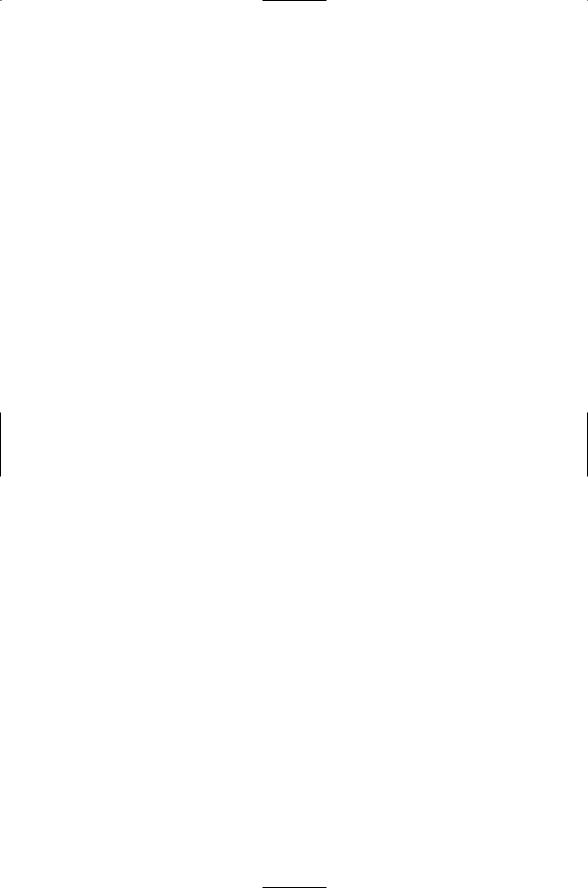
|
|
July 17–19 |
Khrushchev takes part in negotiations with Muhammad |
|
Zahir Shah, the king of Afghanistan, and in accompa- |
|
nying protocol activities. |
July 17 |
Khrushchev receives Ho Chi Minh, the president of |
|
Vietnam. |
July 17 |
Khrushchev receives Edvard Kardelj and Alexander |
|
Rankovic, members of the executive committee of the |
|
Communist Party of Yugoslavia. |
July 17 |
Khrushchev and others meet with the leaders of commu- |
|
nist and labor parties (E. Hoxha, T. Zhivkov, E. Kardelj, |
|
A. Rankovic, and others who are in Moscow at the time). |
July 18 |
Khrushchev receives Todor Zhivkov, first secretary |
|
of the Central Committee of the Communist Party of |
|
Bulgaria. |
July 19 |
Khrushchev receives Muhammad Zahir Shah, the king |
|
of Afghanistan. |
July 20 |
Khrushchev receives Ali Sastroamijoyo, an Indonesian |
|
politician. |
July 24 |
Khrushchev receives G. M. Malalasekera, the ambassador |
|
of Ceylon. |
July 24 |
Khrushchev meets with a group of 26 American tourists. |
July 25 |
Khrushchev and Bulganin receive, K. S. Timaya, the |
|
chief of staff of the Indian army. |
July 26 |
Khrushchev takes part in the reception of members of |
|
the executive committee of the World Federation of |
|
Trade Unions, in the Kremlin’s Granite Palace. |
July 27 |
Khrushchev and others receive a delegation of the Italian |
|
Communist Party. |
July 28 |
Khrushchev is at the stadium in Luzhniki participating in |
|
the opening of the World Festival of Youth and Students. |
July 29 |
Khrushchev gives an interview to a group of journalists |
|
from Nepal. |
July 29 |
Khrushchev and Bulganin give a dinner in honor of a |
|
delegation from Syria. |
August 1–2 |
Khrushchev and others in Romania meet with a Yugo- |
|
slavian delegation headed by Josip Broz Tito. |
August 5 |
Khrushchev is at a reception in the Kremlin in honor of |
|
the participants of the World Youth and Students Festival. |
August 6 |
Khrushchev is at a reception at the CPSU Central Com- |
|
mittee in honor of a delegation from the Italian Com- |
|
munist Party. |
August 7–14 |
Khrushchev and others visit GDR (the cities of Berlin, |
|
Leipzig, Stralsund, Magdeburg, Rostock, Berlin). |
[ ]
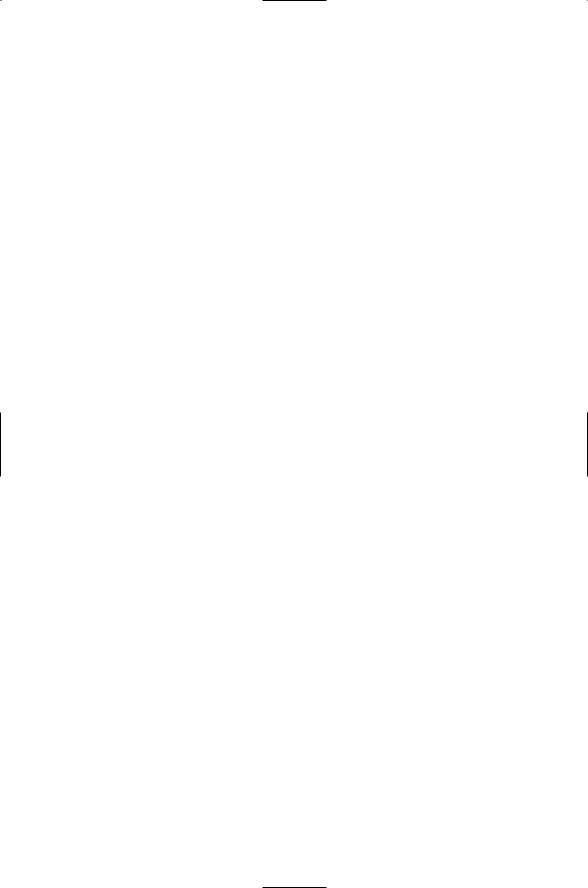
|
|
August 14 |
Khrushchev speaks at a public rally at the stadium in |
|
Luzhniki in Moscow. |
August 23 |
In the city of Yalta, Khrushchev receives Ho Chi Minh, |
|
the president of Vietnam. |
September 9 |
Khrushchev receives a delegation from the French Repub- |
|
lican Party of Radicals and Radical Socialists in the city of |
|
Yalta. |
September 17 |
Khrushchev receives Aneurin Bevan and Jennie Lee, |
|
Labour members of the British Parliament, in Yalta, |
|
Crimea. |
September 27 |
Khrushchev receives Eleanor Roosevelt, the widow of |
|
U.S. President Franklin D. Roosevelt, in the city of Yalta. |
October 2–4 |
Khrushchev is in the city of Kiev at the Army maneuvers |
|
(without press notification). [SK] |
October 5 |
Khrushchev is at a dinner in the Kremlin in honor of a |
|
governmental delegation from Hungary. |
October 5 |
Khrushchev receives the veterans of the liberation war |
|
in Yugoslavia. |
October 7 |
Khrushchev gives an interview to James B. Reston, a |
|
correspondent of the newspaper The New York Times. |
October 7 |
Khrushchev and others attend a reception at the Embassy |
|
of the GDR in Moscow. |
October 8 |
Khrushchev receives S. Osborne and G. Kirby, members |
|
of the British Parliament. |
October 11 |
Khrushchev and others are at the concert of perform- |
|
ers from Adygeya and Karachaevo-Cherkessia in the |
|
Theater named after K. Stanislavsky and V. I. Nemirovich- |
|
Danchenko. |
October 15 |
Khrushchev attends a reception at the Embassy of |
|
Afghanistan in Moscow. |
October 16 |
Khrushchev is at the Kremlin, at a dinner in honor of a |
|
governmental delegation from Bulgaria. |
October 24 |
Khrushchev receives V. I. Svistun, chairman of the Cana- |
|
dian Association of Cultural Ties with Ukraine. |
October 28–29 |
Khrushchev speaks at the Plenum of the Central Com- |
|
mittee of the USSR, which releases Marshal Zhukov |
|
from all his positions. |
October 29 |
Khrushchev attends a reception at the Embassy of |
|
Turkey in Moscow. |
November 1 |
Khrushchev and Bulganin receive A. Masud Insari, the |
|
ambassador of Iran. |
November 2 |
Khrushchev receives Abdel-Hakim Amer, the defense |
|
minister of Egypt. |
[ ]
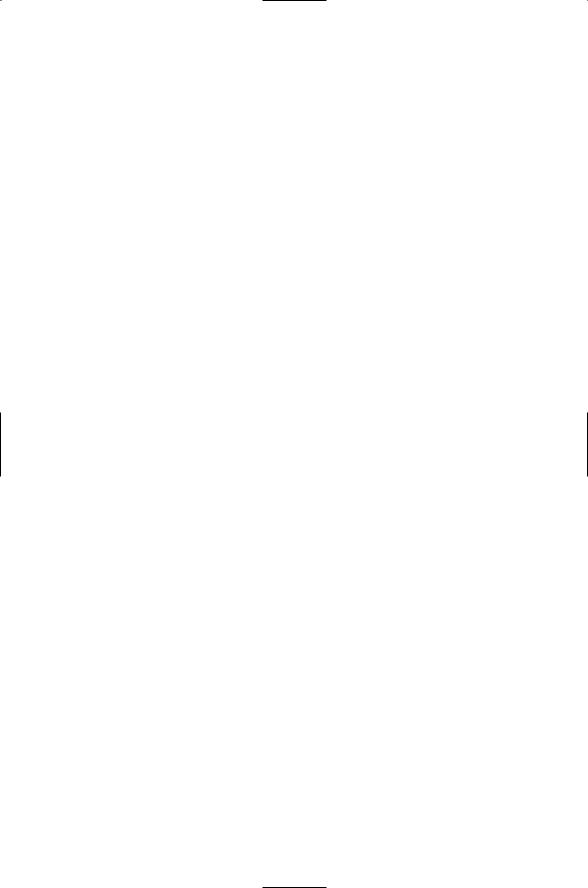
|
|
November 2 |
Khrushchev takes part in negotiations and protocol |
|
activities resulting from the visits to the USSR of Mao |
|
Zedong, and leaders of other countries, arriving in Mos- |
|
cow for the celebration of the 40th anniversary of the |
|
October 1917 revolution. |
November 4 |
Khrushchev receives Mao Zedong. |
November 4 |
Khrushchev receives Ho Chi Minh, president of Vietnam. |
November 5 |
Khrushchev receives a delegation from Mongolia. |
November 6 |
Khrushchev speaks at the session of the USSR Supreme |
|
Soviet commemorating the 40th anniversary of the Octo- |
|
ber 1917 revolution. |
November 7 |
Khrushchev is on the Tribune at the V. Lenin Mauso- |
|
leum in Red Square and at the reception at the Kremlin |
|
dedicated to the 40th anniversary of the October 1917 |
|
revolution. |
November 10 |
Khrushchev and Mikoyan receive a delegation from |
|
Czechoslovakia. |
November 10 |
Khrushchev and others are at the Bolshoi Theater to hear |
|
D. Kabalevsky’s opera Nikita Vershinin. |
November 11 |
Khrushchev receives Mao Zedong. |
November 11 |
Khrushchev receives Professor John Bernal, a British |
|
scientist. |
November 12 |
Khrushchev receives a delegation from Romania. |
November 12 |
Khrushchev receives a delegation from Bulgaria. |
November 13 |
Khrushchev and other members of the Presidium of the |
|
Central Committee receive a delegation from Czecho- |
|
slovakia in accordance with the death of Antonin Zapo- |
|
tocky, the president of the Republic. |
November 14 |
Khrushchev speaks at the meeting of representatives of |
|
Communist and workers’ parties in Moscow. |
November 14 |
Khrushchev gives an interview to Henry Shapiro, a |
|
correspondent form United Press. |
November 15 |
Khrushchev receives a delegation from Hungary. |
November 15 |
Khrushchev and Mao Zedong are at the Bolshoi Theater |
|
to see P. I. Tchaikovsky’s ballet Swan Lake. |
November 16 |
Khrushchev attends a reception at the Embassy of |
|
Egypt in honor of Abdel Hakim Amer. |
November 17 |
Khrushchev and others are at the Moscow Vnukovo Air- |
|
port inspecting new passenger jet planes. |
November 17 |
Khrushchev is at a dinner in the Kremlin in honor of |
|
foreign delegations who came to celebrate the 40th anni- |
|
versary of the October 1917 revolution. |
[ ]
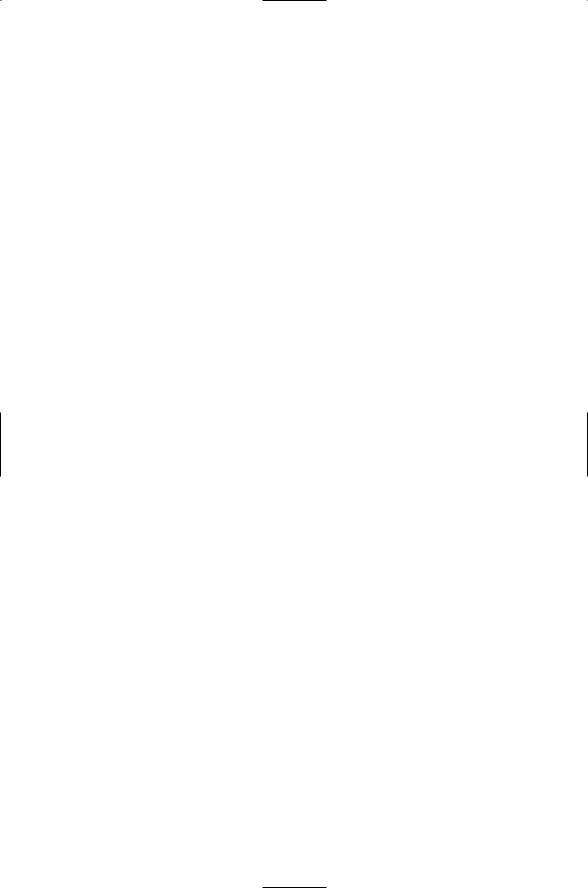
|
|
November 18 |
Khrushchev gives an interview to Muhammad H. Heikal, |
|
chief editor of the Egyptian newspaper Al-Ahram. |
November 18 |
Khrushchev and others are at the Embassy of Czecho- |
|
slovakia to offer condolences on the death of Antonin |
|
Zapotocky. |
November 19 |
Khrushchev is at a reception at the Kremlin in honor |
|
of Abdel Hakim Amer. |
November 19 |
Khrushchev and others attend talks with Abdel Hakim |
|
Amer. |
November 20 |
Khrushchev is at a dinner at the Kremlin in honor of a |
|
delegation from China. |
November 22 |
Khrushchev gives an interview to W. R. Hearst, pub- |
|
lisher of the Hearst newspapers in the United States. |
November 23 |
Khrushchev and others are at the Tchaikovsky Concert |
|
Hall at a concert of the song and dance ensemble of |
|
the Russian Army named after A. V. Alexandrov. |
November 25 |
Khrushchev speaks at a reception in the Kremlin in |
|
honor of the graduates of the military academies. |
November 27 |
Khrushchev, Voroshilov, and Bulganin receive a Chinese |
|
military delegation headed by Marshal Peng Dehuai. |
November 27 |
Khrushchev receives a delegation from the Japanese |
|
Communist Party. |
November 29 |
Khrushchev and others are at the Bolshoi Theater at P. |
|
Maiboroda’s Opera Milana, performed by the Kiev Opera |
|
and Ballet Theater. |
November 29 |
Khrushchev is at a reception at the Embassy of Yugo- |
|
slavia in Moscow. |
November 30 |
Khrushchev is at a reception in the Kremlin in honor |
|
of a military delegation from China. |
November 30 |
Khrushchev receives U Cho Nein, the prime minister |
|
of Burma. |
December 1–3 |
Khrushchev takes part in negotiations with U Cho Nein |
|
and in accompanying protocol arrangements. |
December 6 |
Khrushchev and others attend a reception at the Embassy |
|
of Finland in Moscow. |
December 7 |
Khrushchev and others visit the All-Union Painting and |
|
Sculpture Exhibition. |
December 17 |
Khrushchev receives a delegation from the Republic of Syria. |
December 17 |
Khrushchev and others are at the Bolshoi Theater at a |
|
Yakutia artists’ concert. |
December 19 |
Khrushchev is present in the Kremlin at the opening |
|
session of the USSR Supreme Soviet. |
[ ]
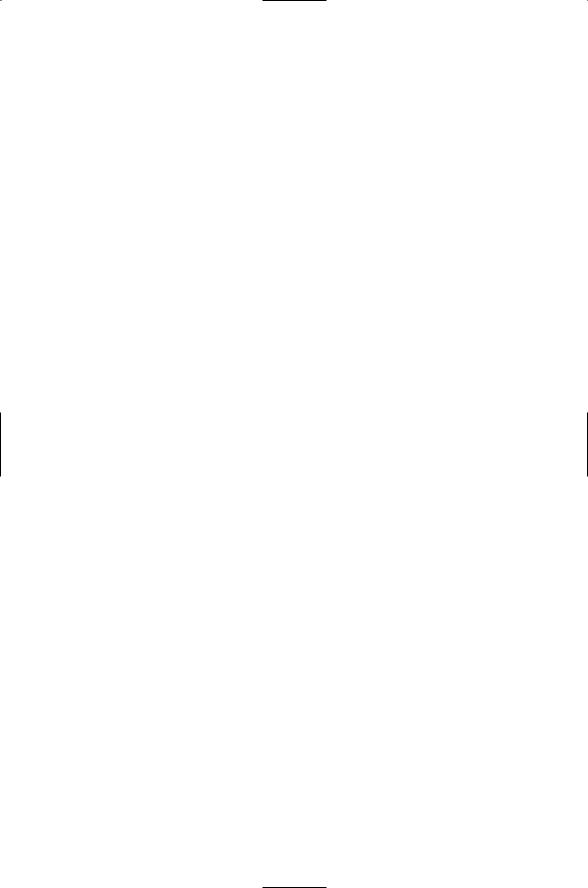
|
|
December 19 |
Khrushchev gives an interview to E. Pickering, chief |
|
editor of the British Newspaper Daily Express. |
December 21 |
Khrushchev speaks at a session of the USSR Supreme |
|
Soviet about the international situation. |
December 25 |
Khrushchev speaks at the anniversary session of the |
|
Supreme Soviet of Ukraine, dedicated to the 40th anni- |
|
versary of the creation of the Ukrainian state. |
December 30 |
Khrushchev and others are at a reception in Kiev, given |
|
by the government of Ukraine in honor of the 40th |
|
anniversary of the Ukrainian SSR. |
December 30 |
Khrushchev attends a breakfast in the Kremlin given |
|
in honor of Saif Ul-Islam Mohammed El-Badr, crown |
|
prince of Yemen. |
1958 |
|
January 1 |
Khrushchev speaks at the New Year’s reception in the |
|
Kremlin. |
January 2 |
Khrushchev attends negotiations with Vilian Siroky, |
|
the head of the government of Czechoslovakia, and |
|
accompanying protocol activities |
January 3–10 |
Khrushchev is on vacation in Poland and meets with |
|
W. Gomulka. |
January 14 |
Khrushchev gives an interview to the chief editor, V. Sinn- |
|
beck, of the Dutch newspaper for youth, Dansk Folkiture. |
January 19–23 |
Khrushchev is in Belorussia. |
January 22 |
Khrushchev speaks in the city of Minsk at a meeting of |
|
the agricultural workers of Belorussia. |
January 23 |
Khrushchev speaks at a public rally at the central square |
|
in Minsk. |
January 24 |
Khrushchev is at the 13th Moscow City Party Conference. |
January 25 |
Khrushchev and others receive Todor Zhivkov and other |
|
leaders of Bulgaria. |
January 27 |
Khrushchev is at a reception at the Embassy of India. |
January 28 |
Khrushchev and others are at the Kremlin at the opening |
|
session of the Supreme Soviet of the RSFSR. |
January 26–29 |
Khrushchev participates in the negotiations with a |
|
delegation from Egypt and in accompanying protocol |
|
activities. |
January 29 |
Khrushchev gives an interview to Axel Springer, the |
|
West German publisher, and to Hans Zehrer, the chief |
|
editor of the newspaper Die Welt. |
[ ]
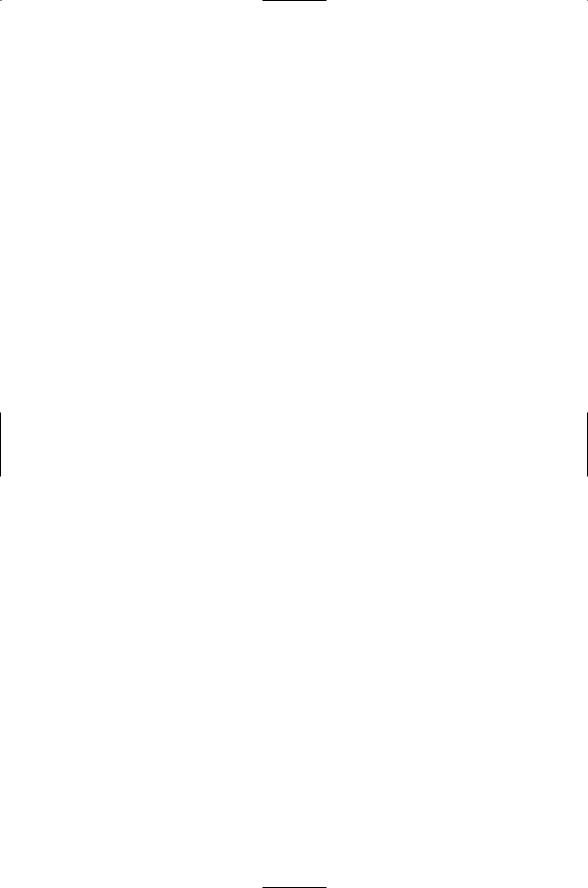
|
|
January 31 |
Khrushchev is at the Moscow regional party conference. |
January 31 |
Khrushchev gives an interview to Averah McDonald, |
|
editor of the British newspaper The Times. |
January 31 |
Khrushchev and others are at the Tchaikovsky Concert |
|
Hall for a Moldavian performers’ concert. |
February 3 |
Khrushchev and others receive V. Siroky, the head of |
|
the government of Czechoslovakia. |
February 4 |
Khrushchev attends a reception at the Embassy of |
|
Romania. |
February 8 |
Khrushchev speaks at the Kremlin at a reception in honor |
|
of Soviet intellectuals. |
February 17 |
Khrushchev receives V. Micunovic, the Yugoslavian |
|
ambassador. |
February19 |
Khrushchev speaks at the Kremlin at the All-Union |
|
meeting of cotton growers. |
February 19 |
Khrushchev and others are at the Palace of Sports in |
|
Luzhniki to attend a concert by performers representing |
|
the peoples of the USSR. |
February 20 |
Khrushchev is at a reception in the Kremlin in honor |
|
of cotton growers. |
February 23 |
Khrushchev speaks at a formal meeting, at the Palace |
|
of Sports in Luzhniki, in commemoration of the 40th |
|
anniversary of the Armed Forces of the USSR. |
February 23 |
Khrushchev is at a reception at the Kremlin in honor |
|
of the 40th anniversary of the Armed Forces of the USSR. |
February 25 |
Khrushchev reports to the Plenum of the CPSU Central |
|
Committee about the reorganization of the machine |
|
tractor stations. |
March 8 |
Khrushchev is at the Bolshoi Theater at the formal |
|
session on International Women’s Day. |
March 10 |
Khrushchev gives an interview to Z. Borianski and M. |
|
Lutskoi, journalists of the Tribuna Ludu Polish newspaper. |
March 14 |
Khrushchev makes a campaign speech at a meeting of |
|
the voters at the Kalinin voting district in Moscow. |
March 17 |
Khrushchev receives American representatives, who |
|
arrive in the USSR to observe the elections of the USSR |
|
Supreme Soviet. |
March 19 |
Khrushchev gives an interview to Serge Groussard, a |
|
French correspondent of the newspaper Figaro. |
March 20 |
Khrushchev speaks at the Kremlin at a reception in honor |
|
of the graduates of the engineering academies of the Air |
|
Force. |
[ ]
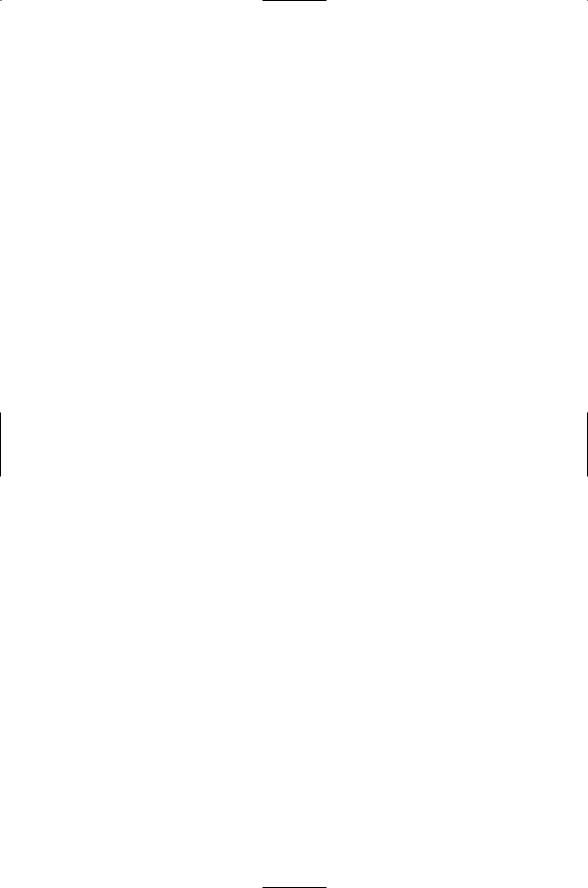
|
|
March 22 |
Khrushchev gives an interview to Eric Ridder, the owner |
|
of the American newspaper Journal of Commerce, and to |
|
Gants Ludiks, its editor. |
March 24 |
Khrushchev and others are at the Bolshoi Theater at A. |
|
Machavariani’s ballet Othello, performed by the Tbilisi |
|
Ballet and Opera Theater named after Z. Paliashvili. |
March 24 |
Khrushchev receives Dag Hammarskjold, the UN Sec- |
|
retary General. |
March 24 |
Khrushchev gives an interview to Giuseppe Palozzo, a |
|
correspondent of the Italian newspaper Tiempo. |
March 25 |
Khrushchev is at the Kremlin at a dinner in honor of |
|
Dag Hammarskjold. |
March 27 |
The Supreme Council of the USSR appoints Khrushchev |
|
chairman of the Council of Ministers of the USSR. |
March 27 |
Khrushchev reports to the session of the Supreme Coun- |
|
cil of the USSR about the reorganization of machine |
|
tractor stations. |
March 29 |
Khrushchev receives D. Morse, the director general of |
|
the International Labor Organization. |
April 1 |
Khrushchev and others are at the Bolshoi Theater at a |
|
Georgian performers’ concert. |
April 2–10 |
Khrushchev visits Hungary (the cities of Budapest, Stalin- |
|
varosz, Cegled, Tatabanya, Budapest). |
April 10 |
Khrushchev attends a public rally in the Palace of Sports |
|
at Luzhniki. |
April 12 |
Khrushchev receives Kumar (Krishna) P. S. Menon, the |
|
ambassador of India. |
April 14 |
Khrushchev receives Queen Elisabeth of Belgium. |
April 14 |
Khrushchev and others are at a conservatory at the closing |
|
of the first Tchaikovsky Music Competition. |
April 16 |
Khrushchev and others receive the Romanian government |
|
delegation headed by prime minister Chivu Stoica. |
April 17 |
Khrushchev and others are at the Palace of Sports at |
|
Luzhniki for a concert dedicated to the 13th congress of |
|
the Young Communist League (Komsomol). |
April 18 |
Khrushchev speaks at the 13th congress of the Young |
|
Communist League at the Kremlin. |
April 19 |
Khrushchev is at a public rally at the Kremlin for the |
|
13th congress of the Young Communist League. |
April 19 |
Khrushchev receives the ambassador of China, Liu Xiao. |
April 19 |
Khrushchev receives the ambassador of Japan, M. Akagi. |
April 19 |
Khrushchev receives A. Hussein, the ambassador of |
|
Pakistan. |
[ ]
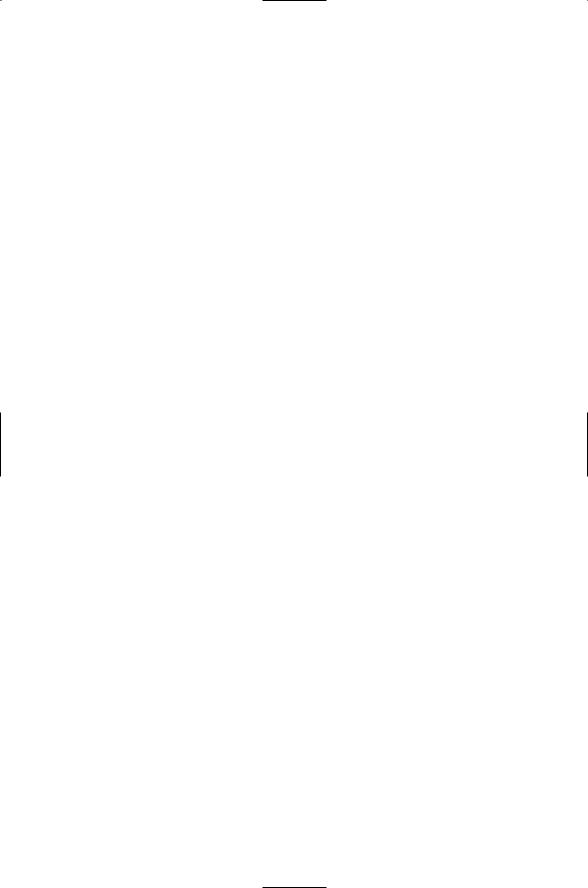
|
|
April 21 |
Khrushchev speaks at a reception at the Embassy of |
|
Poland in Moscow. |
April 21–May 3 |
Khrushchev receives Gamal Abdel Nasser, the president |
and May 12 |
of Egypt, leads the negotiations with the Egyptian dele- |
|
gation, and participates in protocol activities. |
April 22 |
Khrushchev is at the Bolshoi Theater at the formal meeting |
|
celebrating the birthday of Lenin. |
Aril 23 |
Khrushchev and others visit the All-Union Agricultural |
|
Exhibition. |
April 23 |
Khrushchev receives Finn Mu, chairman of a committee |
|
of the Norwegian Storting (parliament). |
April 25 |
Khrushchev is in the city of Kursk speaking at a public |
|
rally to mark the region’s receiving the Order of Lenin. |
April 26 |
Khrushchev speaks at a public rally in the city of Kiev |
|
to celebrate the Kiev region’s receiving the Order of Lenin |
|
and participates in a reception in the October Palace |
|
of Culture. |
April 30 |
Khrushchev, Nasser, and others attend a performance of |
|
Tchaikovsky’s ballet Swan Lake at the Bolshoi Theater. |
May 1 |
Khrushchev is on the Tribune at the Lenin Mausoleum in |
|
Moscow, watching the military parade and Muscovite |
|
procession, in celebration of May 1, Labor Day. |
May 4 |
Khrushchev gives an interview to C. Lambrakis, a Greek |
|
publisher. |
May 6 |
Khrushchev receives a delegation from the parliament |
|
of Mongolia. |
May 6 |
Khrushchev reports at the Plenum of the CPSU Central |
|
Committee about accelerating the development of the |
|
chemical industry. |
May 11 |
Khrushchev speaks at the opening of the All-Union Agri- |
|
cultural Exhibition in Moscow. |
May 12 |
Khrushchev attends a meeting at the Kremlin, dedi- |
|
cated to the automation of industry. |
May 15 |
Khrushchev speaks at a public rally at the Kremlin cele- |
|
brating the visit of G. A. Nasser to the USSR. |
May 17 |
Khrushchev receives a delegation from the parliament |
|
of Burma. |
May 17 |
Khrushchev receives Patriarch Aleksey and Metropoli- |
|
tan Nikolai. |
May 19 |
Khrushchev receives G. Kroll, the ambassador of West |
|
Germany. |
[ ]
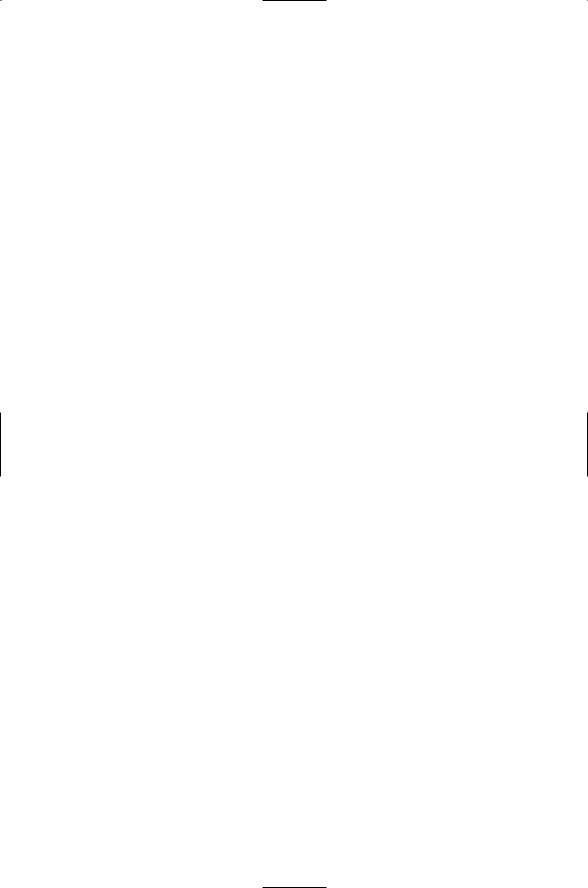
|
|
May 20–23 |
Khrushchev participates in the meeting of the heads of |
|
states belonging to the Council for Mutual Economic |
|
Assistance (COMECOM). |
May 22 |
Khrushchev receives A. Novotny, president of Czecho- |
|
slovakia. |
May 22 |
Khrushchev receives W. Gomulka, the first secretary of the |
|
Central Committee of the Polish United Workers Party. |
May 22 |
Khrushchev receives T. Zhivkov, first secretary of the |
|
Bulgarian Communist Party. |
May 22 |
Khrushchev receives D. Damba and L. Tsend, leaders of |
|
Mongolia. |
May 22 |
Khrushchev receives a delegation from the GDR. |
May 22 |
Khrushchev receives Urho Kaleva Kekkonen, president |
|
of Finland. |
May 23–30 |
Khrushchev leads the talks with Kekkonen and par- |
|
takes in protocol activities. |
May 23 |
Khrushchev, U. K. Kekkonen, and others are at the Bolshoi |
|
Theater to attend Mussorgsky’s opera Boris Godunov. |
May 23 |
Khrushchev receives Gheorghe Gheorghiu-Dej, the first |
|
secretary of the Romanian Communist Party. |
May 24 |
Khrushchev receives a delegation from Hungary headed |
|
by Janos Kadar. |
May 24 |
Khrushchev receives W. Gomulka, the first secretary of |
|
the Central Committee of the Polish United Workers |
|
Party, and Jozef Cyrankewicz, the head of the govern- |
|
ment of Poland. |
May 24 |
Khrushchev speaks at a dinner at the Kremlin honoring |
|
the participants in the conference of the Council for |
|
Mutual Economic Assistance. |
May 24 |
Khrushchev speaks at the meeting of the Political Consul- |
|
tative Committee of states participating in the Warsaw |
|
Pact. |
May 30 |
Khrushchev speaks at the Kremlin at a public rally cele- |
|
brating the visit of U. K. Kekkonen to the USSR. |
May 31–June 9 |
Khrushchev is in Bulgaria at a congress of the Bulgarian |
|
Communist Party. |
May 31 |
Khrushchev speaks at the opening of the All-Union |
|
Industrial Exhibition in Moscow. |
June 3 |
Khrushchev speaks at the congress of the Bulgarian |
|
Communist Party. |
June 7 |
Khrushchev speaks at a public rally in the city of Sofia. |
[ ]
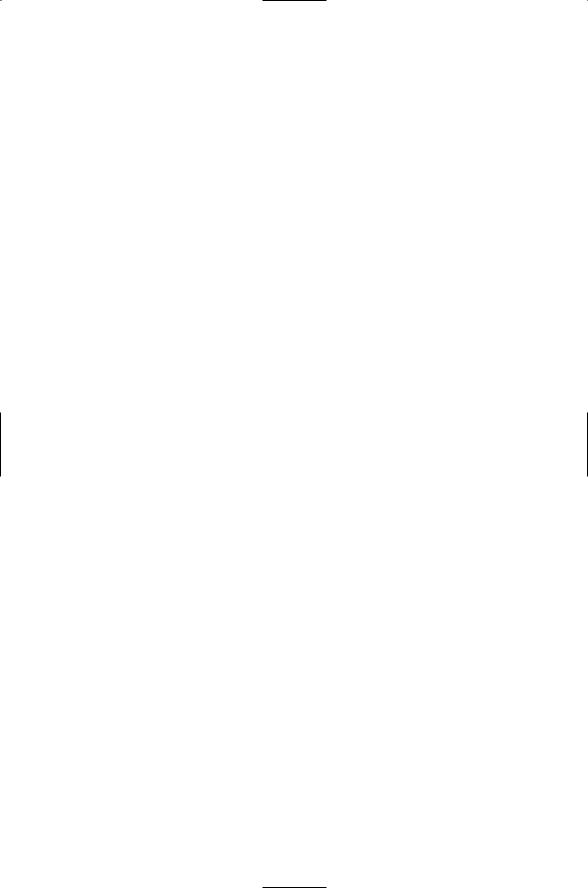
|
|
June 10 |
Khrushchev receives a group of public figures from |
|
Great Britain. |
June 10 |
Khrushchev and others are at a ballet from Le Grand |
|
Opéra, performed by a French troupe. |
June 12 |
Khrushchev and others attend a reception at the Embassy |
|
of Great Britain. |
June 17 |
Khrushchev reports to the Plenum of the CPSU Central |
|
Committee about the reorganization of the machine |
|
tractor stations and the new rules for the preparation |
|
of agricultural products. |
June 22 |
Khrushchev receives Bir Bikram Shah Deva, the king |
|
of Nepal. |
June 23 |
Khrushchev attends a breakfast in honor of the ambas- |
|
sadors of the countries participating in the Bandung |
|
Conference. |
June 24 |
Khrushchev receives Prince Prem Purachatra, the Thai |
|
scientist. |
June 24 |
Khrushchev gives an interview to John Waters, the editor |
|
of the Australian newspaper Herald. |
June 25 |
Khrushchev receives E. Brodland, the ambassador of |
|
Norway. |
June 26 |
Khrushchev and others are at a construction exhibition |
|
in Moscow. |
June 29 |
Khrushchev and others are at the stadium in Luzhniki |
|
at the festival of Soviet youth. |
July 2–4 |
Khrushchev receives Antonin Novotny, the president of |
|
Czechoslovakia, conducts talks with him, and partakes |
|
in protocol activities. |
July 3 |
Khrushchev receives a delegation from the Youth Con- |
|
gress of India. |
July 4–6 |
Khrushchev and A. Novotny are in the city of Leningrad. |
July 7 |
Khrushchev receives Anton Yugov, the head of the Bul- |
|
garian government. |
July 8–11 |
Khrushchev is at the Fifth Congress of the United |
|
Socialist Party of Germany in the GDR (the cities of |
|
Berlin, Galle, Bitterfeld). |
July 11 |
Khrushchev speaks at the 5th congress of the United |
|
Socialist Party of Germany. |
July 11 |
Khrushchev attends a reception in Moscow in honor of |
|
A. Novotny. |
July 12 |
Khrushchev speaks at a public rally at the Palace of Sports |
|
in Luzhniki on the occasion of the visit of A. Novotny. |
[ ]
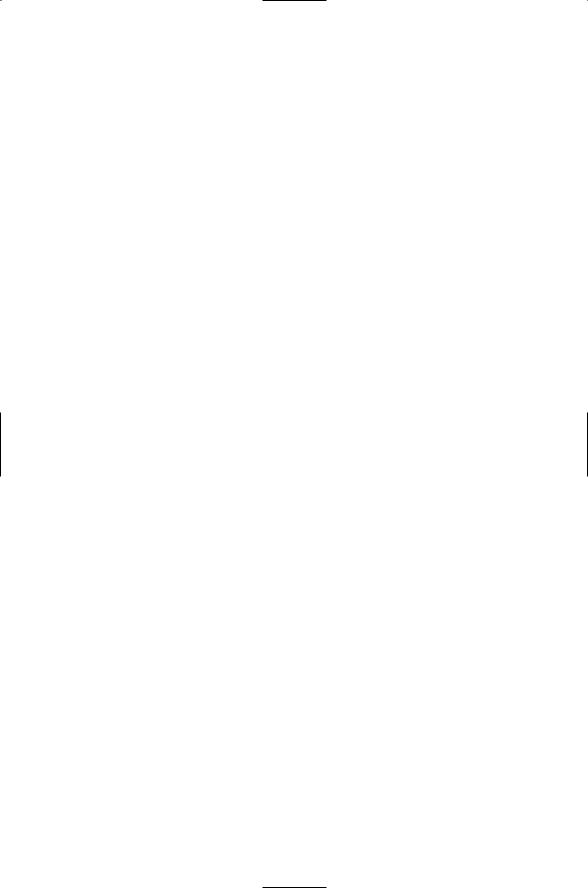
|
|
July 16 |
Khrushchev receives members of the parliament of |
|
Cambodia. |
July 16 |
Khrushchev receives Abebe Retta, an Ethiopian minister. |
July 16 |
Khrushchev receives V. Micunovic, the ambassador of |
|
Yugoslavia. |
July 18 |
Khrushchev receives G. A. Nasser, the president of Egypt. |
July 20 |
Khrushchev and others are at an air show at Tushino |
|
Airfield in Moscow. |
July 21 |
Khrushchev receives Aruji Kartawinata, the chairman |
|
of the parliament of Indonesia. |
July 22–24 |
Khrushchev participates in negotiations with a delegation |
|
from Austria and in accompanying protocol activities. |
July 22 |
Khrushchev receives Julius Raab, the federal chancellor |
|
of Austria. |
July 22 |
Khrushchev speaks at a reception at the Embassy of |
|
Poland in Moscow. |
July 25 |
Khrushchev receives members of the Executive Com- |
|
mittee of the International Union of Architects. |
July 29 |
Khrushchev gives an interview to journalists from India. |
July 31–August 2 |
Khrushchev is in the city of Beijing negotiating with |
|
Mao Zedong. |
August 5 |
Khrushchev receives Adlai Stevenson, leader of the |
|
Democratic Party in the United States. |
August 6 |
Khrushchev receives a delegation from the Italian Com- |
|
munist Party. |
August 6 |
Khrushchev receives General José Rafael Gabaldón from |
|
Venezuela. |
August 9–12 |
Khrushchev is at the collective farm near the city of |
|
Kuibyshev and at enterprises in the city. |
August 10 |
Khrushchev speaks at the opening of the Kuibyshev |
|
Hydroelectric Station. |
August 13 |
Khrushchev receives Mendès-France, the French politician. |
August 13 |
Khrushchev receives P. Malalasekera, the ambassador |
|
of Ceylon. |
August 13 |
Khrushchev is in the Smolensk region. |
August 16 |
Khrushchev speaks about vegetable growing at a meeting |
|
of the Central Committee of the CPSU. |
August 28 |
Khrushchev in the city of Yalta receives Paul Robeson, |
|
the American singer, and they visit the children’s camp |
|
“Artek.” |
August 29 |
Khrushchev gives an interview to a correspondent of |
|
the newspaper Pravda. |
[ ]

|
|
September 1 |
Khrushchev in the Kremlin receives Cyrus Eaton,American- |
|
Canadian industrialist. |
September 4 |
Khrushchev in the Kremlin receives K. Zilliacus, a Labour |
|
member of the British Parliament. |
September 8–10 |
Khrushchev is in Kapustin Yar firing range, observing |
|
and examining models of missile and aviation arma- |
|
ments [Operation “Topol”]. He conducts a meeting on |
|
the development of new missiles and other weapons |
|
(without press publicity). [SK] |
September 11 |
Khrushchev speaks at a public rally at the central square |
|
in the city of Stalingrad and travels around the Stalin- |
|
grad region. |
September 13 |
Khrushchev in the city of Yalta receives K. Yasue, a Japanese |
|
politician. |
September 16 |
Khrushchev in Yalta receives Liu Xiao, the ambassador |
|
of China. |
September 20 |
Khrushchev sends the Presidium of the CPSU Central |
|
Committee a memorandum about the reform of the |
|
system of higher education. |
September 21 |
Khrushchev gives an interview to a correspondent of |
|
the newspaper Pravda. |
September 23 |
Khrushchev gives an interview to A. E. Iogan, a West |
|
German journalist. |
October 5 |
Khrushchev gives an interview to a correspondent from |
|
the Telegraph Agency of the Soviet Union (TASS). |
October 6 |
Khrushchev is in Pitsunda peninsula, Abkhazia (his |
|
countryside residence), and receives Eric Johnston, the |
|
president of the National Association of Movie Producers |
|
in the United States. |
October 8 |
Khrushchev, in Yalta, receives V. Micunovic, the ambas- |
|
sador of Yugoslavia. |
October 14 |
Khrushchev travels around the Crimea and speaks at a |
|
public rally in the city of Stavropol. |
October 15 |
Khrushchev speaks at a public rally in the city of Kras- |
|
nodar and travels around the region. |
October 16 |
Khrushchev speaks at a public rally in the city of Rostov |
|
on Don and travels around the region. |
October 18 |
Khrushchev is in the village of Kalinovka, in the Kursk |
|
region. |
October 20 |
Khrushchev receives Abdel Hakim Amer, the vice presi- |
|
dent of Egypt. |
October 20 |
Khrushchev is at a dinner at the Embassy of Egypt. |
[ ]
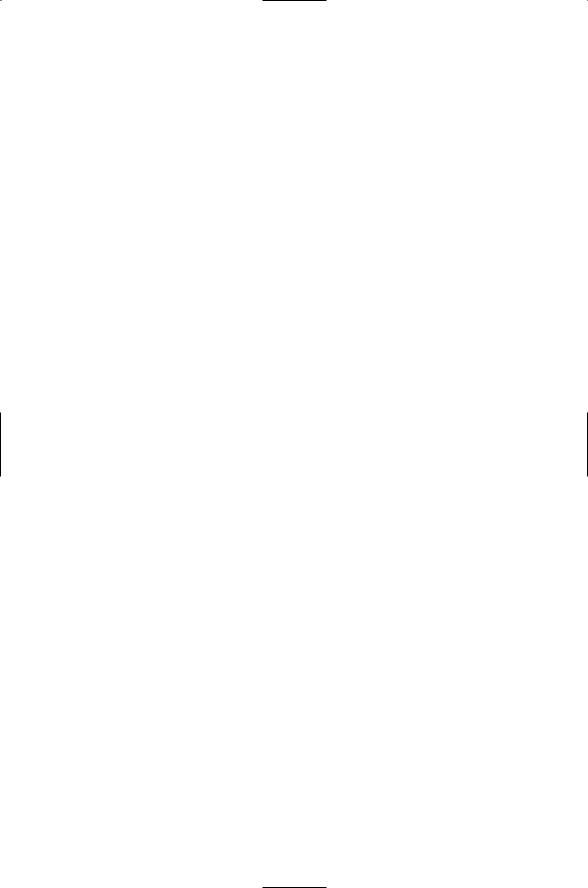
|
|
October 21–24 |
Khrushchev receives Abdel Hakim Amer, conducts talks |
|
with him, and participates in the accompanying protocol |
|
activities. |
October 22 |
Khrushchev speaks at a reception in the Kremlin in |
|
honor of the participants at the Tashkent congress of |
|
writers from Asian and African countries. |
October 23 |
Khrushchev receives S. Samii, the Iranian ambassador. |
October 24 |
Khrushchev gives an interview to Walter Lipmann, the |
|
American publisher. |
October 25 |
Khrushchev. Wladyslaw Gomulka, and others attend a |
|
concert of Kyrgyz artists at the Bolshoi Theater. |
October 25–28 and |
Khrushchev receives a delegation from Poland headed by |
November 5–8 |
W. Gomulka, leads negotiations with them, and partici- |
|
pates in protocol activities. |
October 26 |
Khrushchev speaks at a public rally of youth on Red |
|
Square in Moscow, marking the 40th anniversary of |
|
the Young Communist League. |
October 27 |
Khrushchev, Wladyslaw Gomulka, and others attend a |
|
performance of Prokofyev’s opera War and Peace at |
|
the K. S. Stanislavski and V. I. Nemirovich-Danchenko |
|
Musical Theater. |
October 29 |
Khrushchev receives Y. Tsedenbal, the Mongolian leader. |
October 29 |
Khrushchev receives Nhiek Tulon, the ambassador of |
|
Cambodia. |
October 29 |
Khrushchev speaks at the Plenum of the Central Com- |
|
mittee of the Young Communist League (Komsomol), |
|
dedicated to its 40th anniversary. |
October 30 |
Khrushchev speaks at a meeting of the CPSU Central |
|
Committee in regard to beet growing. |
November 3 |
Khrushchev and W. Gomulka speak at a public rally at |
|
the Baltic factory in the city of Leningrad. |
November 4 |
Khrushchev and W. Gomulka speak at a public rally in |
|
Palace Square in Leningrad. |
November 6 |
Khrushchev is at the Bolshoi Theater at a formal session |
|
in commemoration of the anniversary of the October |
|
1917 revolution. |
November 7 |
Khrushchev stands on the Tribune at the Lenin Mauso- |
|
leum on Red Square in Moscow, watching the military |
|
parade and Muscovite procession, then attends a recep- |
|
tion at the Kremlin celebrating the anniversary of the |
|
October 1917 revolution. |
November 10 |
Khrushchev speaks at a public rally at the Kremlin |
|
marking the visit of a delegation from Poland. |
[ ]
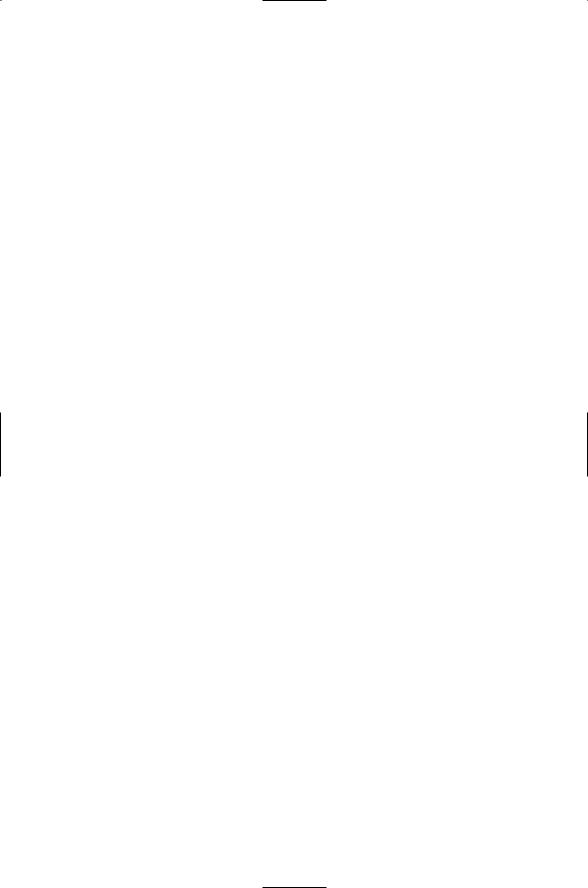
|
|
November 12 |
Khrushchev receives John Cockcroft, a British physicist. |
November 12 |
Khrushchev presents to the Plenum of the CPSU Central |
|
Committee the theses of his report to the 21st congress |
|
of the CPSU. |
November 14 |
Khrushchev speaks at a reception at the Kremlin in |
|
honor of the graduates of military academies. |
November 18 |
Khrushchev receives a delegation of lawyers from India. |
November 19 |
Khrushchev receives a delegation from the municipality |
|
of Baghdad, Iraq. |
November 21 |
Khrushchev receives a delegation of Iraqi public figures. |
November 24 |
Khrushchev receives a delegation of workers from China. |
November 26 |
Khrushchev receives L. Moisov, the ambassador of |
|
Yugoslavia. |
November 27 |
Khrushchev gives a press conference in the Kremlin on |
|
Berlin. |
November 29 |
Khrushchev is at a reception at the Embassy of Albania |
|
in Moscow. |
November 29 |
Khrushchev is at the Embassy of Czechoslovakia to |
|
offer condolences on the death of Jaromir Vosaglik, the |
|
ambassador. |
November 29 |
Khrushchev receives, Dr. Subandrio, the Indonesian |
|
foreign minister. |
November 29 |
Khrushchev receives Lazaro Cárdenas, the former presi- |
|
dent of Mexico. |
November 30 |
Khrushchev is in Bulgaria to offer condolences on the |
|
death of Gheorghe Damianov, the chairman of the Pre- |
|
sidium of the National Assembly of the People’s Republic |
|
of Bulgaria. |
December 1 |
Khrushchev receives Hubert Humphrey, the American |
|
senator. |
December 7 |
Khrushchev is at the Kremlin at the opening of the First |
|
Congress of Writers of the RSFSR. |
December 7 |
Khrushchev and others attend a Chinese performers’ |
|
concert at the Kremlin Theater. |
December 12 |
Khrushchev gives an interview to G. Kempski, a corre- |
|
spondent of the West German newspaper Suddeutsche |
|
Zeitung. |
December 12 |
Khrushchev and others attend reception at the Embassy |
|
of Czechoslovakia. |
December 12 |
Khrushchev and others attend a Kazakh performers’ |
|
concert at the Bolshoi Theater. |
December 13 |
Khrushchev speaks at a reception in the Kremlin in honor |
|
of Russian writers. |
[ ]
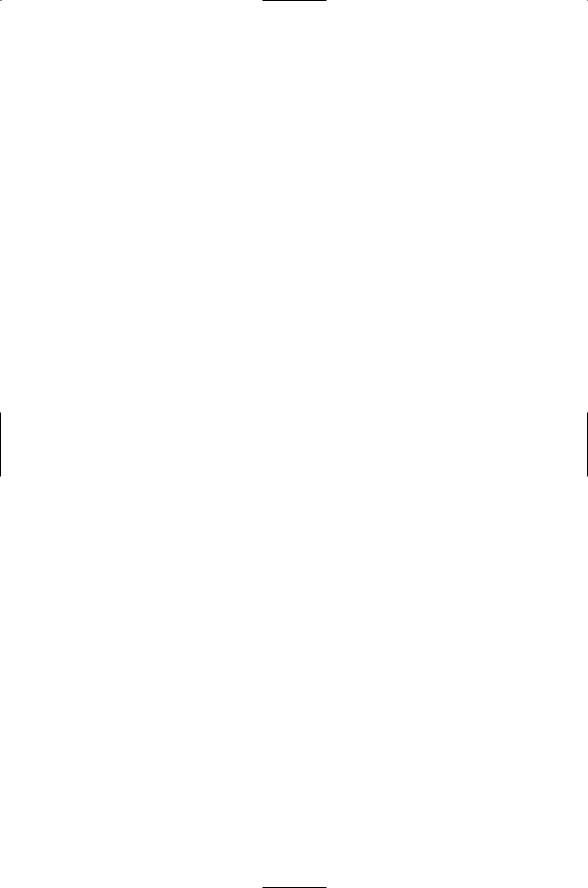
|
|
December 13 |
Khrushchev receives, L. Pietromarcu, the Italian ambas- |
|
sador. |
December 14 |
Khrushchev reports to the Plenum of the CPSU Central |
|
Committee about the results of agricultural development |
|
for the past five years and about plans for the future. |
December 16 |
Khrushchev receives Philip Noel-Baker, a Labour Party |
|
member of the British Parliament. |
December 18 |
Khrushchev receives a delegation from the municipality |
|
of Paris, France. |
December 20 |
Khrushchev is at the opening ceremony of the monu- |
|
ment to F. E. Dzerzhinsky in Moscow. |
December 22 |
Khrushchev is in the Kremlin at the opening of the ses- |
|
sion of the USSR Supreme Soviet. |
December 22 |
Khrushchev receives Kumar (Krishna) P. S. Menon, the |
|
ambassador of India. |
December 24 |
Khrushchev and N. G. Ignatov examine new agricul- |
|
tural machines at the All-Union Agriculture Exhibition. |
December 26 |
Khrushchev is at the Kremlin at the opening of the |
|
session of the Supreme Council of the RSFSR. |
December 29, 1958 |
Khrushchev receives S. Bata, the ambassador of Mongolia. |
1959 |
|
January 1 |
Khrushchev speaks at the New Year reception at the |
|
Kremlin. |
January 1 |
Khrushchev receives Sardar Muhammad Naim, the minis- |
|
ter of foreign affairs of Afghanistan. |
January 2 |
Khrushchev for the second time receives Sardar Muham- |
|
mad Naim, the minister of foreign affairs of Afghanistan. |
January 3–5 |
Khrushchev is in the city of Minsk, Belorussia, speaking |
|
at the session of the Supreme Soviet of Belorussia, to |
|
commemorate the 40th anniversary of the Republic, |
|
and is present at the reception following. |
January 19 |
Khrushchev receives a delegation from the People’s Con- |
|
gress of Poland, headed by Zenon Novak, the deputy |
|
head of the government. |
January 20 |
Khrushchev receives the Americans Dr. William Dubya |
|
and Sherri Graham, a writer. |
January 20 |
Khrushchev speaks at a public rally of physics students |
|
graduating from Moscow State University. |
January 22 |
Khrushchev is in the city of Leningrad meeting with U. K. |
|
Kekkonen, the president of Finland, attends a breakfast in |
[ ]
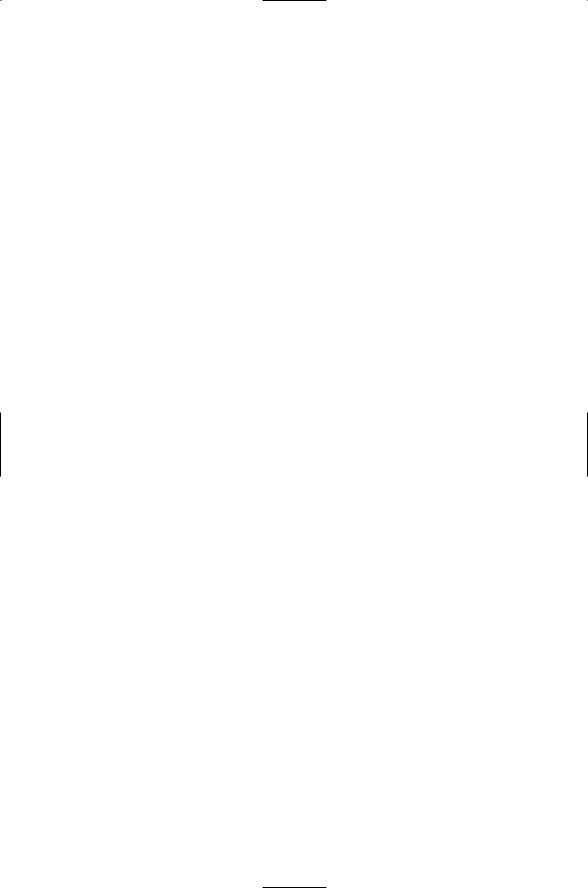
|
|
|
honor of Kekkonen; both then attend a performance of |
|
Prokofiev’s ballet Kammenniy Tsvetok (Stone Flower) at |
|
the Kirov Opera and Ballet Theater. |
January 23 |
Khrushchev returns to Moscow. |
January 26 |
Khrushchev and others attend a reception at the Em- |
|
bassy of India in Moscow. |
January 27 |
Khrushchev reports to the 21st congress of the CPSU |
|
about plans for the development of the economy from |
|
1959 to 1965. |
January 30 |
Khrushchev and others attend a Ukrainian performers’ |
|
concert at the Kremlin Theater. |
February 2 |
Khrushchev receives G. Kroll, the ambassador of West |
|
Germany. |
February 4 |
Khrushchev receives a delegation from Hungary headed |
|
by Janos Kadar. |
February 4 |
Khrushchev and others are at a reception at the Embassy |
|
of Ceylon in Moscow. |
February 4 |
Khrushchev and others attend a concert at the Kremlin |
|
Theater. |
February 5 |
Khrushchev delivers the closing remarks at the 21st |
|
congress of the CPSU. |
February 6 |
Khrushchev receives Antonin Novotny, the president |
|
of Czechoslovakia. |
February 6 |
Khrushchev is at the Kremlin at a reception in honor |
|
of the foreign delegations that came to the 21st congress |
|
of the CPSU. |
February 7 |
Khrushchev and Chou Enlai, the chairman of the Chi- |
|
nese Government Committee, sign an agreement about |
|
the expansion of economic collaboration. |
February 7 |
Khrushchev receives a delegation from the GDR headed |
|
by Walter Ulbricht. |
February 7 |
Khrushchev receives a delegation from Bulgaria headed |
|
by Todor Zhivkov. |
February 7 |
Khrushchev receives Ho Chi Minh, the president of |
|
Vietnam. |
February 7 |
Khrushchev gives a dinner at the Kremlin in honor of |
|
the delegation from China headed by Chou Enlai. |
February 8 |
Khrushchev receives a delegation of Italian communists |
|
headed by Palmiro Togliatti. |
February 9 |
Khrushchev receives a delegation from Albania headed |
|
by Enver Hoxha. |
[ ]
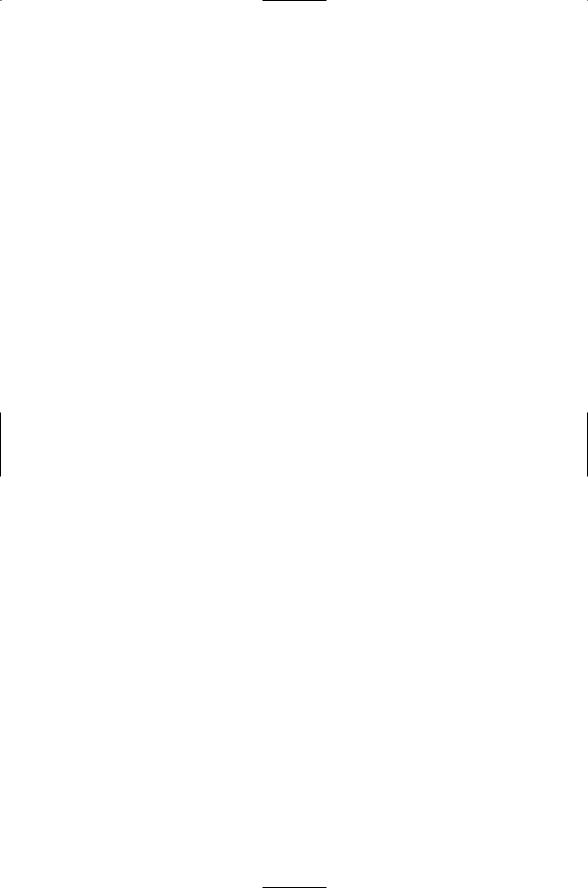
|
|
February 9 |
Khrushchev receives a delegation from Mongolia headed |
|
by Y. Tsedenbal. |
February 9 |
Khrushchev receives Kumar (Krishna) P. S. Menon, the |
|
ambassador of India. |
February 9 |
Khrushchev receives O. Gundersen, the ambassador of |
|
Norway. |
February 10 |
Khrushchev and Y. Tsedenbal sign an agreement about |
|
economic collaboration with Mongolia, and Khrushchev |
|
hosts a dinner for this occasion. |
February 10 |
Khrushchev receives Abdel Wahab Mahmud, the ambas- |
|
sador from Iraq. |
February 10 |
Khrushchev and others visit the GDR exhibition dedi- |
|
cated to the use of plastic in construction. |
February 10 |
Khrushchev and others visit a furniture exhibition. |
February 11 |
Khrushchev receives a delegation of French communists |
|
headed by Jacques Duclos. |
February 13 |
Khrushchev speaks at a meeting of agricultural workers |
|
of the Ryazan region. |
February 14 |
Khrushchev and others are at the Bolshoi Theater for a |
|
performance of the opera Dirom, performed by the |
|
Uzbek Theater of Opera and Ballet named after S. Aini. |
February 15 |
Khrushchev receives W. Gomulka and Zenon Kliszko, |
|
Polish leaders. |
February 17 |
Khrushchev speaks at a public rally in the city of Tula on |
|
the occasion of awarding the region the Order of Lenin. |
February 18 |
Khrushchev speaks at a public rally at the chemical plant |
|
in town of Stalinogorsk in the Tula region. |
February 21–26, and also |
|
March 2–3 |
Khrushchev receives Harold Macmillan, the prime |
|
minister of Great Britain, conducts negotiations with |
|
him, signs an agreement on nonaggression, and then |
|
participates in protocol activities. |
February 22 |
Khrushchev receives H. Macmillan at Gorky-9, a Moscow |
|
countryside residence. |
February 24 |
Khrushchev makes a campaign speech to voters of the |
|
Kalinin voting region in Moscow. |
February 24 |
Khrushchev receives the members of the Bureau of the |
|
World Peace Congress. |
February 25 |
Khrushchev, H. Macmillan, and others attend a per- |
|
formance of Prokofiev’s ballet Romeo and Juliet at the |
|
Bolshoi Theater. |
[ ]
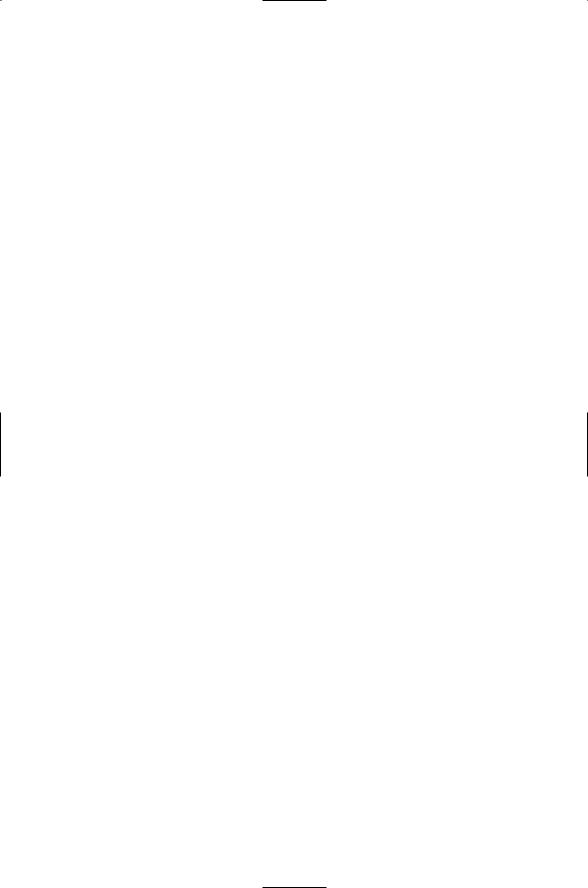
|
|
February 26 |
Khrushchev receives a delegation from Iraq. |
February 28 |
Khrushchev receives G. P. Malalasekera, the ambassador |
|
from Ceylon. |
March 4–7 |
Khrushchev visits the Leipzig Fair in Germany. |
March 8–12 |
Khrushchev visits Berlin. |
March 9 |
Khrushchev in Berlin receives F. Ollenhauer, the chair- |
|
man of the Social-Democratic Party of Germany. |
March 13 |
Khrushchev receives A. Karjalainen, the minister of trade |
|
and industry of Finland. |
March 16 |
Khrushchev receives K. Schmidt and F. Erler, leaders of |
|
the Socialist Democratic Party of Germany. |
March 16 |
Khrushchev and Dr. Mohammed sign an agreement on |
|
economic collaboration with Iraq. |
March 19 |
Khrushchev gives a press conference about the possi- |
|
bilities of signing a peace treaty with Germany. |
March 20 |
Khrushchev receives Batochirin Jambaldorj, the ambas- |
|
sador of Mongolia. |
March 20 |
Khrushchev receives Mohammed H. El-Nil, the ambas- |
|
sador of Sudan. |
March 23 |
Khrushchev is at the Kremlin at the opening of the 12th |
|
congress of trade unions. |
March 27 |
Khrushchev in Pitsunda peninsula at a countryside resi- |
|
dence receives Dag Hammarskjold, the UN Secretary |
|
General. |
March 28 |
Khrushchev in Pitsunda receives Roswell Garst, an Ameri- |
|
can farmer. |
April 4 |
Khrushchev gives an interview to a correspondent from |
|
the newspaper Pravda. |
April 7 |
Khrushchev in Pitsunda receives Abdul Hakim Shaha- |
|
lami, the ambassador of Afghanistan. |
April 10 |
Khrushchev in Pitsunda receives Tsoi En Gen, the chair- |
|
man of the parliament of North Korea. |
April 27 |
Khrushchev in the Kremlin receives S. Markezinis, a |
|
Greek politician. |
April 29 |
Khrushchev receives British Field Marshal Montgomery. |
April 29–30 |
Khrushchev receives Kumar (Krishna) P. E. Menon, the |
|
ambassador of India. |
April 30 |
Khrushchev receives Avandia Karan Singh, the governor |
|
of the Indian state of Jammu and Kashmir. |
May 1 |
Khrushchev stands on the Tribune at the Lenin Mauso- |
|
leum in Red Square, watching the military parade and Mus- |
|
covite procession on the occasion of May 1, Labor Day. |
[ ]
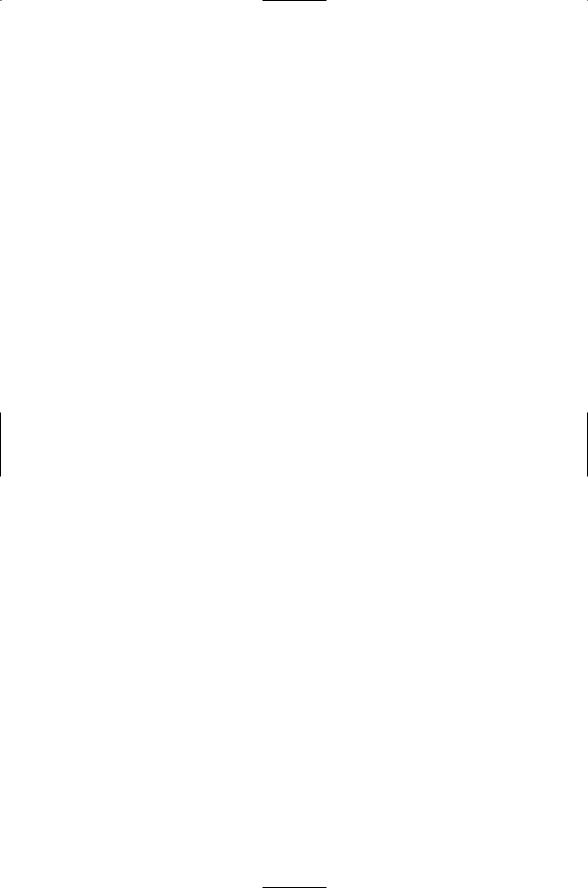
|
|
May 4 |
Khrushchev visits the site of the American exhibition |
|
in the Sokolniki district of Moscow. |
May 4 |
Khrushchev receives L. Thompson, the U.S. ambassador. |
May 5 |
Khrushchev receives R. Dvorak, the Czechoslovakian |
|
ambassador. |
May 5 |
Khrushchev gives an interview to the editors of Social- |
|
Democratic newspapers of West Germany. |
May 7 |
Khrushchev gives an interview to a correspondents of |
|
the newspaper Pravda. |
May 7 |
Khrushchev receives Ahmed Sukarno, the president of |
|
Indonesia, conducts talks with him, and participates in |
|
protocol activities. |
May 7 |
Khrushchev gives an interview to R. K. Karanjia, the |
|
editor of the Indian newspaper Blitz. |
May 7 |
Khrushchev receives Professor Prasandra Chandra Maha- |
|
lanobis, the Indian scientist. |
May 8 |
Khrushchev receives the Finnish politician A. Korejwo. |
May 9 |
Khrushchev receives American veterans of World War II. |
May 9–10 |
Khrushchev is in the city of Kiev and visits the collective |
|
farms in the Kiev region. |
May 11 |
Khrushchev speaks at a public rally in Kiev commemo- |
|
rating Ukraine’s receiving the Order of Lenin. |
May 14 |
Khrushchev is in Moldavia, speaking at a public rally |
|
celebrating the Republic’s receiving the Order of Lenin. |
May 16 |
Khrushchev at the Kremlin receives the International |
|
Lenin Peace Prize. |
May 18 |
Khrushchev is at the Kremlin at the opening of the 3d |
|
Congress of Writers of the USSR. |
May 19 |
Khrushchev receives Muhammad Daud, the prime |
|
minister of Afghanistan, and gives a breakfast in his |
|
honor. |
May 19 |
Khrushchev receives Sardar Swarn Singh and Manubhai |
|
Shah, Indian ministers. |
May 19 |
Khrushchev meets with tourists from Florida. |
May 20 |
Khrushchev receives a delegation from the World Federa- |
|
tion of Scientists. |
May 20 |
Khrushchev for the second time receives Muhammad |
|
Daud, the prime minister of Afghanistan, and attends a |
|
breakfast given in his honor. |
May 21 |
Khrushchev speaks at the reception in the Kremlin in |
|
honor of M. Daud. |
May 22 |
Khrushchev receives Mohammed A. El Kun, the ambas- |
|
sador of Egypt. |
[ ]
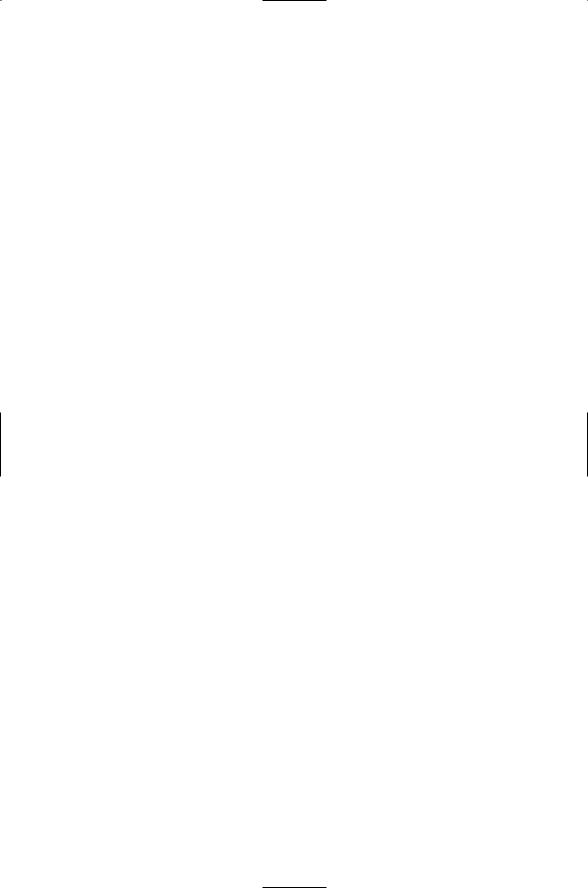
|
|
May 22 |
Khrushchev speaks at the 3d Congress of Soviet Writers. |
May 23 |
Khrushchev receives D. Eccles, the minister of trade of |
|
Great Britain. |
May 23 |
Khrushchev receives U Chin, the ambassador of Burma. |
May 23 |
Khrushchev receives A. Hussein, the ambassador of |
|
Pakistan. |
May 23 |
Khrushchev and others are at the Kremlin at a reception |
|
in honor of the 3d Congress of Writers of the USSR. |
May 25–June 4 |
Khrushchev visits Albania (the cities of Tirana, Shkoder, |
|
Elbasan, Korca, Tirana, Sardana, Tirana). |
June 4–5 |
Khrushchev visits Hungary (the city of Budapest). |
June 6 |
Khrushchev speaks at a public rally at the Palace of |
|
Sports in Luzhniki in Moscow. |
June 7 |
Khrushchev gives an interview to the Hungarian Tele- |
|
graph Agency and the newspaper Nepszabadsag. |
June 8–9 and June 19–20 |
Khrushchev receives Walter Ulbricht, conducts talks |
|
with the delegation from East Germany, and participates |
|
in protocol activities. |
June 10–12 |
Khrushchev and W. Ulbricht are in the city of Riga, |
|
Latvia; both speak at a meeting in Riga. |
June 12 |
Khrushchev returns to Moscow. |
June 16 |
Khrushchev speaks at the opening of the All-Union |
|
Exhibition of Achievements of the National Economy. |
June 19 |
Khrushchev speaks at the Kremlin at a public rally on |
|
the occasion of the visit of a delegation from the GDR |
|
to the USSR. |
June 23 |
Khrushchev receives Averell Harriman, the former U.S. |
|
ambassador to the USSR. |
June 25 |
Khrushchev receives a Chinese delegation from the |
|
society of Chinese-Soviet friendship. |
June 26 |
Khrushchev receives A. Masud Ansari, the Iranian ambas- |
|
sador. |
June 27 |
Khrushchev receives Walter Loridan, the ambassador of |
|
Belgium. |
June 28 |
Khrushchev is at the stadium at Luzhniki in Moscow at |
|
the festival of Soviet youth. |
June 29 |
Khrushchev speaks at the Plenum of the CPSU Central |
|
Committee, dedicated to the development of productive |
|
forces. |
June 30 |
Khrushchev receives Haile Selassie I, the emperor of |
|
Ethiopia, and takes part in talks and protocol activities. |
[ ]
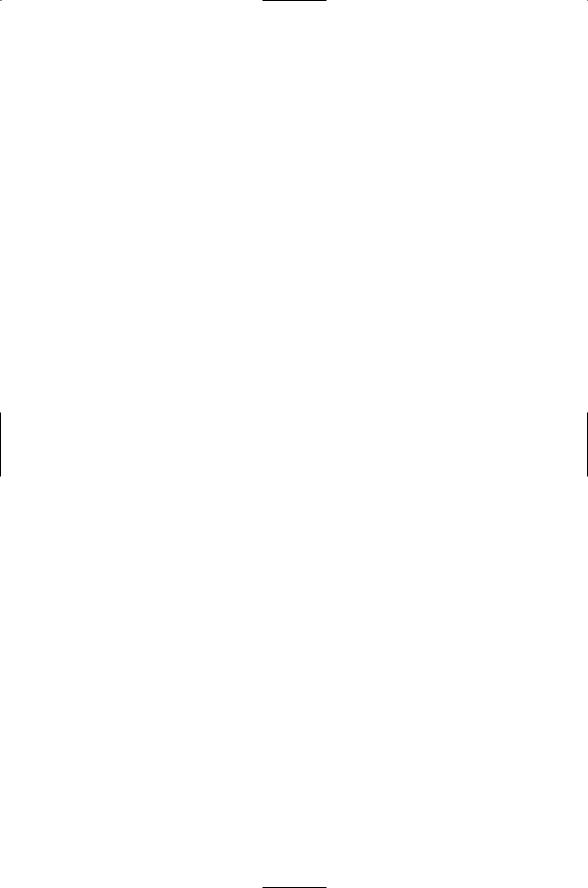
|
|
June 30 |
Khrushchev, Haile Selassie I, and others attend a perfor- |
|
mance of Tchaikovsky’s ballet Swan Lake at the Bolshoi |
|
Theater. |
July 3 |
Khrushchev receives Ho Chi Minh, the president of |
|
Vietnam, and is present at the Kremlin at a breakfast in |
|
his honor. |
July 6 |
Khrushchev receives the participants of the 18th session |
|
of the Committee on Human Settlements of the Eco- |
|
nomic Commission for Europe of the United Nations. |
July 6 |
Khrushchev visits the Experimental Design Bureau |
|
(OKB-52) of the academician V. Chelomei in the town |
|
of Reutov near Moscow, examines designs of new mis- |
|
siles, and gives the OKB-52 the Order of Lenin (without |
|
press notification). [SK] |
July 1959 |
Khrushchev is in the city of Sevastopol for the presen- |
|
tation of new models of naval armament and then con- |
|
ducts a meeting of the Defense Council (without press |
|
notification). [SK] |
July 7 |
Khrushchev receives a delegation of seven U.S. governors. |
July 8 |
Khrushchev receives an agricultural delegation from |
|
Poland. |
July 12 |
Khrushchev receives Haile Selassie I at his Moscow |
|
countryside residence. |
July 14–22 |
Khrushchev visits Poland (the cities of Warsaw, Katowice, |
|
Szczecin, Poznan, Rzeszow, Warsaw). |
July23 |
Khrushchev speaks at a public rally at the Palace of Sports |
|
in Luzhniki, about the results of the visit to Poland. |
July 24 |
Khrushchev speaks at the opening of an American exhi- |
|
bition at Sokolniki in Moscow. |
July 24 |
Khrushchev gives a breakfast at the Kremlin in honor |
|
of Richard Nixon, the Vice President of the United States. |
July 25 |
Khrushchev receives a delegation from Cyprus. |
July 25 |
Khrushchev is at a dinner at the American Embassy in |
|
honor of R. Nixon. |
July 26 |
Khrushchev receives R. Nixon at the country residence |
|
in Moscow’s periphery, in Novoye Ogarevo. |
July 26 |
Khrushchev and A. Tupolev are at the Moscow Vnukovo |
|
Airport examining R. Nixon’s two Boeing-707 planes. |
July 28, 29 |
Khrushchev is in the city of Dnepropetrovsk inspecting |
|
new missile designs and speaking at the meeting at |
[ ]
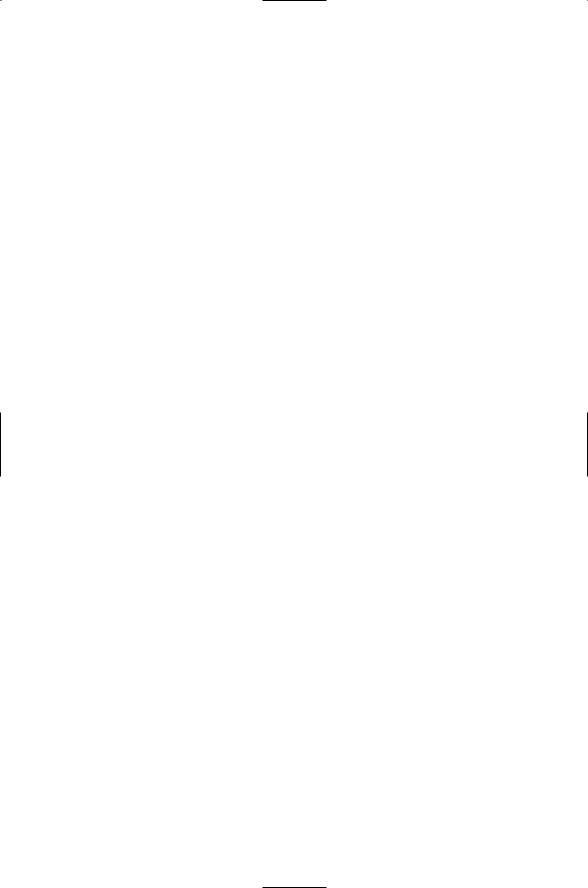
|
|
|
M. Yangel’s missile factory and then at the Pipe and |
|
other factories. |
August 5 |
Khrushchev gives a press conference on Soviet-American |
|
relations. |
August 17 |
Khrushchev in the city of Yalta receives I. Kenning, the |
|
ambassador of the GDR. |
August 19 |
Khrushchev in Yalta receives a delegation from the Repub- |
|
lic of Guinea. |
August 20 |
Khrushchev in Yalta receives Y. Tsedenbal. |
August 30–September 1 |
Khrushchev is in the Don region, at the Cossack village |
|
of Veshenskaya, visiting the writer Mikhail Sholokhov. |
|
He also speaks at a public rally in Veshenskaya. |
September 2 |
Khrushchev at the Kremlin receives A. Masud Ansani, |
|
the ambassador of Iran. |
September 3 |
Khrushchev speaks at the Kremlin at a reception in |
|
honor of the graduates of military academies. |
September 4 |
Khrushchev speaks at the opening of a Polish exhibition |
|
at Gorky Park in Moscow. |
September 4 |
Khrushchev receives Jozef Cyrankiewicz, the head of the |
|
government of Poland. |
September 4 |
Khrushchev receives H. Gaitskell, A. Bevan, D. Hill, |
|
and D. Ennals, leaders of the British Labour Party. |
September 5 |
Khrushchev is at an exhibition of Czechoslovakian glass. |
September 6 |
Khrushchev publishes an article on peaceful coexistence |
|
in the American journal Foreign Affairs. |
September 11 |
Khrushchev receives Takeo Mikki; a Japanese politician; |
|
Naotsugu Nabesiba, member of the parliament of Japan; |
|
and Kadzusige Harsawa, the chief editor of the news- |
|
paper Japan Times. |
September 12 |
Khrushchev receives Kumar (Krishna) P. S. Menon, the |
|
ambassador of India, |
September 12 |
Khrushchev receives Maurice Thorez, the general secre- |
|
tary of the Communist Party of France, and Walter |
|
Ulbricht, the first secretary of the United Socialist Party |
|
of Germany. |
September 12 |
Khrushchev receives P. Sudreau, the French minister of |
|
construction. |
September 15–27 |
Khrushchev visits the United States (the cities of Washington, |
|
D.C., New York, Los Angeles, San Francisco, Des Moines, |
|
Pittsburgh, and Washington, D.C., and Camp David). |
September 28 |
Khrushchev speaks at a public rally at the Palace of Sports |
|
at Luzhnik about his visit to the United States. |
[ ]
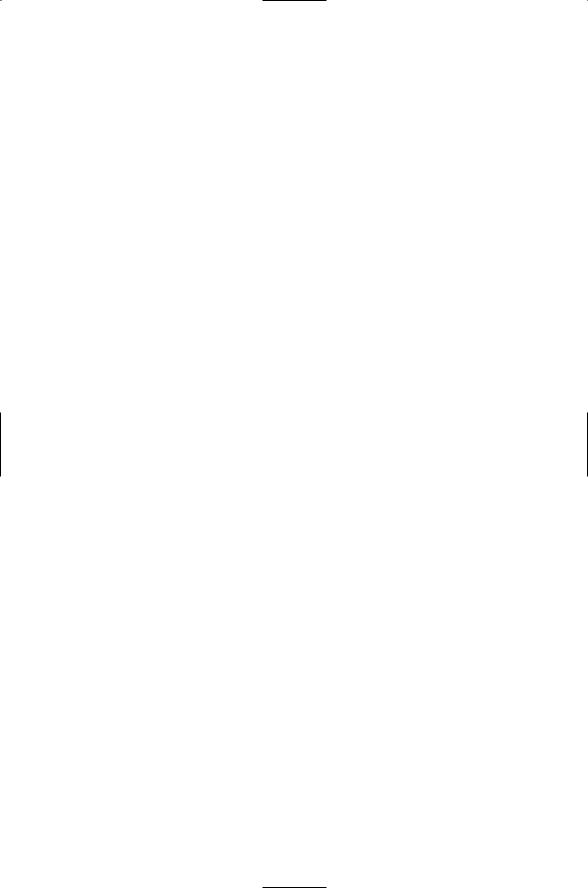
|
|
September 29 |
Khrushchev gives an interview to a correspondent from |
|
TASS. |
September30– October 4 |
Khrushchev visits China (the city of Beijing). |
October 2 |
During the visit to Beijing, Khrushchev receives John |
|
Bernal, the British scientist. |
October 4–7 |
Khrushchev is in the city of Vladivostok, speaks at a public |
|
rally at the main city square, and visits enterprises. |
October 7 |
Khrushchev is in the city of Irkutsk. |
October 8 |
Khrushchev is in the city of Bratsk. |
October 9 |
Khrushchev is in the city of Krasnoyarsk. |
October 10 |
Khrushchev is in the city of Novosibirsk. |
October 13 |
Khrushchev at the Kremlin receives Adolf Scharf, the |
|
president of Austria, and speaks at a reception at the |
|
Embassy of Austria. |
October 13 |
Khrushchev receives a Bulgarian delegation from the |
|
agricultural union. |
October 16 |
Khrushchev receives Maurice Dejean, the ambassador |
|
of France. |
October 16 |
Khrushchev receives A. Masud Ansani, the ambassador |
|
of Iran. |
October 17 |
Khrushchev receives Del Vo, the minister of domestic |
|
trade of Italy. |
October 19–25 |
Khrushchev visits Romania. |
October 27 |
Khrushchev is at the Kremlin at the opening of the |
|
session of the Supreme Soviet of the USSR. |
October 27 |
Khrushchev receives Maurice Dejean, the ambassador |
|
of France. |
October 31 |
Khrushchev speaks at the session of the Supreme Coun- |
|
cil of the USSR on international affairs. |
November 4 |
Khrushchev gives an interview to Salhal Salem, an |
|
Egyptian editor. |
November 4 |
Khrushchev speaks at a meeting of Soviet government |
|
about the fulfillment of the plan for 1959. |
November 6 |
Khrushchev is at the formal session at the Bolshoi The- |
|
ater commemorating the anniversary of the October |
|
1917 revolution. |
November 6 |
Khrushchev receives Faisal As-Samir, the minister of Iraq. |
November 6 |
Khrushchev receives Raiko Damianov, the minister of |
|
internal trade of Bulgaria. |
November 7 |
Khrushchev is on the Tribune at the Lenin Mausoleum |
|
in Moscow, watching the military parade and Muscovite |
|
procession, and later attends a reception at the Kremlin |
[ ]

|
|
|
on the occasion of the anniversary of the October 1917 |
|
revolution. |
November 9 |
Khrushchev receives K Kleemola, the minister of public |
|
work of Finland. |
November 9 |
Khrushchev is at the Kremlin at a breakfast in honor of |
|
the Iraqi delegation. |
November 10 |
Khrushchev receives Tadeusz Gede, the ambassador of |
|
Poland. |
November 11 |
Khrushchev at the Kremlin examines the Mi-4 helicopter. |
November 12 |
Khrushchev is at the Column Hall of the House of |
|
Unions at the opening of the Congress of Journalists. |
November 12 |
Khrushchev receives Todor Zhivkov, first secretary of the |
|
Central Committee of the Communist Party of Bulgaria. |
November 13 |
Khrushchev and others are at the House of Architects |
|
inspecting plans for the Hotel “Rossiya” in Zariadye near |
|
the Kremlin and for a resort in Abkhazia on the cape of |
|
Pitsunda. |
November 14 |
Khrushchev speaks at the Kremlin at a reception in |
|
honor of the creation of the Union of Journalists. |
November 23 |
Khrushchev in Pitsunda peninsula at state country resi- |
|
dence, receives Sékou Touré, the president of the Repub- |
|
lic of Guinea, and gives a dinner in his honor. |
November 24–25 |
Khrushchev in the government residence at Pitsunda |
|
peninsula conducts a meeting on perspectives for the |
|
development of electric energy production (without press |
|
notification). [SK] |
November 27 |
Khrushchev returns to Moscow. |
November 27 |
Khrushchev receives Abd Ar-Rahman, a prince of Yemen. |
November 28 |
Khrushchev speaks at the All-Union Conference on Elec- |
|
tric Energy Development. |
November 29–December 7 Khrushchev is in Hungary (the city of Budapest). |
|
December 1 |
Khrushchev speaks at the 7th congress of the Hungarian |
|
Socialist Workers Party. |
December 8 |
Khrushchev is in the town of Mukachevo, Ukraine. |
December 9 |
Khrushchev is in the city of Lvov. |
December 10 |
Khrushchev visits peasants in Lvov and Ternopol regions. |
December 11 |
Khrushchev is in the city of Kiev. |
December 13 |
Khrushchev returns to Moscow. |
December 15 |
Khrushchev receives a trade delegation from the United |
|
States. |
December 15 |
Khrushchev receives L Moisov, the Yugoslav ambassador. |
[ ]
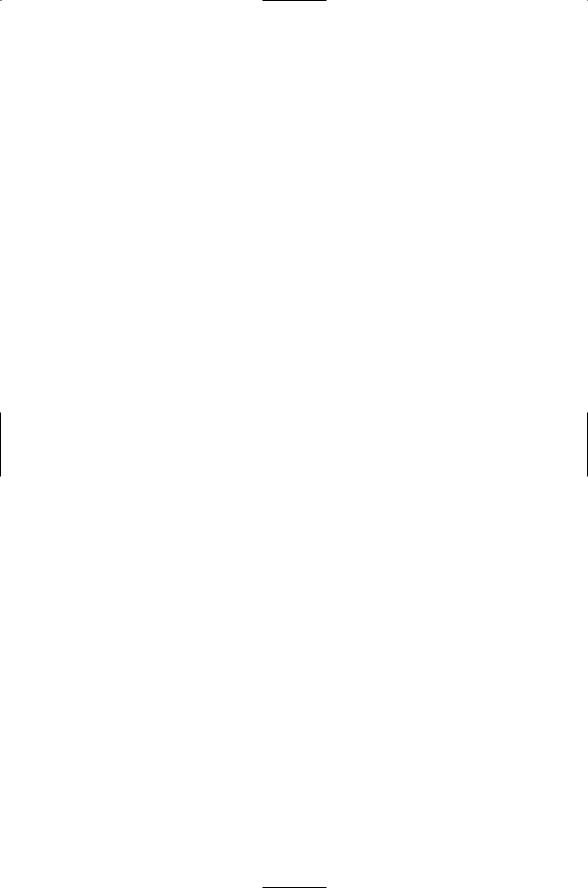
|
|
December 15 |
Khrushchev receives R. Depling, the ambassador of East |
|
Germany. |
December 16 |
Khrushchev receives A. Masud Ansari, the ambassador |
|
of Iran. |
December 21 |
Khrushchev receives Boleslaw Jaszczuk, the ambassador |
|
of Poland. |
December 21 |
Khrushchev receives A. Rosenzweig Diaz, the ambas- |
|
sador of Mexico. |
December 23 |
Khrushchev and others are at the Kremlin Theater at a |
|
Volga region people’s folk concert. |
December 23 |
Khrushchev speaks at the Plenum of the CPSU Central |
|
Committee about the development of agriculture. |
December 31 |
Khrushchev is awarded the “For Work Prowess” (Trudo- |
|
vaya Doblest) medal. |
December 31 |
Khrushchev gives an interview to Japanese mass media. |
1960 |
|
January 1 |
Khrushchev speaks at the New Year’s reception at the |
|
Kremlin. |
January 4 |
Khrushchev answers the questions of R. Noble, the direc- |
|
tor of the Argentinean newspaper Klarin. |
January 6 |
Khrushchev receives Kumar (Krishna) P. S. Menon, the |
|
ambassador of India. |
January 6 |
Khrushchev receives Khwaja Ahmad Abbas, an Indian |
|
intellectual, and Ali Sardar Jafri, a poet. |
January 8 |
Khrushchev receives P. Kronaker, the chairman of the |
|
house of representatives of the Belgian parliament. |
January 9 |
Khrushchev attends the New Year’s children’s party at |
|
the Kremlin. |
January 12 |
Khrushchev receives U Chin, the ambassador of Burma. |
January 13 |
Khrushchev receives Llewellyn Thompson, the U. S. |
|
ambassador. |
January 14 |
Khrushchev reports to the Supreme Soviet of the |
|
USSR about the cutback in the military. |
January 15 |
Khrushchev is awarded the medal of the World Peace |
|
Council of Peace. |
January 16 |
Khrushchev receives Svetozar Vukmanovic-Tempo, leader |
|
of the trade unions in Yugoslavia. |
January 18 |
Khrushchev receives G. Kroll, the ambassador of West |
|
Germany. |
[ ]

|
|
January 28 |
Khrushchev receives Soviet statesmen headed by Dmitry |
|
Polyansky, the head of the government of the RSFSR, |
|
departing on a state visit to the United States. |
January 28 |
Khrushchev is at the Column Hall of the House of Unions |
|
at the opening of the Moscow city Party conference. |
January 29 |
Khrushchev and others are at the Bolshoi Theater at the |
|
formal session in commemoration of the 100th birthday |
|
of Anton Chekhov. |
January 30 |
Khrushchev answers the questions of Pierre Cot, the |
|
director of the French magazine Horizons. |
January 30 |
Khrushchev receives a delegation from the Romanian |
|
Workers Party headed by Gheorghe Gheorghiu-Dej. |
February 1 |
Khrushchev receives Manua Amatyakul, the ambassador |
|
of Thailand. |
February 1 |
Khrushchev receives A. A. Maramis, the ambassador of |
|
Indonesia. |
February 2–4 |
Khrushchev is at the conference of the representatives of |
|
communist and workers’ parties of the socialist coun- |
|
tries for knowledge exchange in the area of agriculture |
|
(Moscow). |
February 2 |
Khrushchev is in the Column Hall of the House of Unions |
|
at the opening of the 15th Moscow region Communist |
|
Party Conference. |
February 3 |
Khrushchev receives a delegation from the Bulgarian |
|
Communist Party headed by Todor Zhivkov. |
February 3 |
Khrushchev receives the delegation from the Hungarian |
|
Socialist Workers Party headed by Janos Kadar. |
February 4 |
Khrushchev participates in the conference of the Political |
|
Consulting Committee of participating countries in the |
|
Warsaw Pact. |
February 4 |
Khrushchev receives Wladyslaw Gomulka and Jozef |
|
Cyrankiewicz, Polish leaders. |
February 5 |
Khrushchev receives a delegation from the GDR headed |
|
by Walter Ulbricht and Otto Grotewohl. |
February 5 |
Khrushchev receives a delegation from Albania headed |
|
by Enver Hoxha and Mehmet Shehu. |
February 5 |
Khrushchev receives a delegation from the Democratic |
|
People’s Republic of Korea (North Korea) headed by |
|
Kim II Sung. |
February 5 |
Khrushchev receives a delegation from Mongolia headed |
|
by Yumjaagiyn Tsedenbal. |
February 5 |
Khrushchev receives public figures from Sicily, Italy. |
[ ]

|
|
February 6 |
Khrushchev receives Giovanni Gronchi, the president |
|
of Italy. |
February 6 |
Khrushchev receives Fernando Santi, the deputy of the |
|
general secretary of the General Italian Confederation |
|
of Labor. |
February 7 |
Khrushchev receives Giovanni Gronchi, the president |
|
of Italy, at his Moscow-countryside residence in Novoye |
|
Ogarevo. They dine with Khrushchev’s family. |
February 7 |
Khrushchev, Giovanni Gronchi, and others attend a per- |
|
formance of Tchaikovsky’s ballet Swan Lake at the Bolshoi |
|
Theater. |
February 8 |
Khrushchev participates in negotiations with Giovanni |
|
Gronchi and in protocol activities. |
February 8 |
Khrushchev receives Henry Cabot Lodge, the U.S. rep- |
|
resentative to the United Nations. |
February 9 |
Khrushchev receives Maurice Dejean, the ambassador |
|
of France. |
February 9 |
Khrushchev is present at the funeral of the academician |
|
Igor Kurchatov at Red Square in Moscow. |
February 11–15 |
Khrushchev visits India (the cities of Delhi, Suratgarh, |
|
Bhilai, and Calcutta). |
February 16–18 |
Khrushchev visits Burma (the city of Rangoon). |
February 18–29 |
Khrushchev visits Indonesia (the cities of Jakarta, Bogor, |
|
Bandung, Yogyakarta, Surabaya, Bali, Bogor, and Jakarta). |
March 1 |
Khrushchev is in Calcutta (India). |
March 2–5 |
Khrushchev visits Afghanistan (Kabul). |
March 5 |
Khrushchev speaks at a public rally in Luzhniki Sport |
|
Palace. |
March 7 |
Khrushchev receives Jacques Chaban-Delmas, the chair- |
|
man of the national assembly of France. |
March 8 |
Khrushchev is in the Kremlin at the formal session |
|
commemorating the 50th anniversary of International |
|
Women’s Day. |
March 8 |
Khrushchev receives George Christopher, the mayor of |
|
San Francisco, California. |
March 22 |
Khrushchev receives Sir Eliot, the ambassador of Ghana. |
March 22 |
Khrushchev receives G. Tesemma, the ambassador of |
|
Ethiopia. |
March 23–April 2 |
Khrushchev visits France (the cities of Paris, Bordeaux, |
|
and Nimes in Provence, Marseille, Dijon, Verdun, Reims, |
|
Roanne, Lille, Paris, Rambouillet, Versailles, Rambouillet, |
|
and Paris). |
[ ]
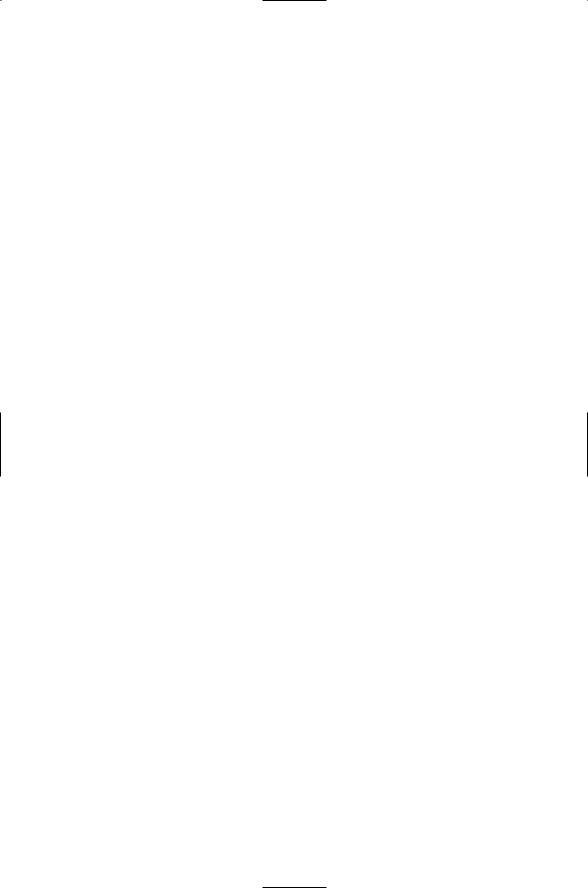
|
|
April 4 |
Khrushchev speaks at a public rally in Luzhniki Sport |
|
Palace about his visit to France. |
April 6 |
Khrushchev speaks in the Kremlin at a reception in |
|
honor of the establishment of the Union of Composers |
|
of the Russian Federation. |
April 7 |
Khrushchev speaks in the Kremlin at the 6th Miners |
|
Convention. |
April 12–13 |
Khrushchev consults with Marshal Rodion Malinovsky |
|
and other ministers along with the general designer |
|
Vladimir Chelomei and other scientists in the city of Yalta |
|
regarding questions of developing spacecraft (without |
|
media publication). [SK] |
April 20 |
Khrushchev receives Walter Nash, the prime minister of |
|
New Zealand, in Pitsunda peninsula countryside residence. |
April 24–26 |
Khrushchev speaks at a public rally in the city of Baku |
|
in commemoration of the 40th anniversary of Soviet |
|
Azerbaijan and visits the oil rigs Neftyaniye Kamni (Oil |
|
Cliffs) by the Caspian Sea. |
April 29 |
Khrushchev is in the city of Kharkov at a turbine fac- |
|
tory and holds a meeting of members of the regional |
|
economic council (sovnarhoz). |
May 1 |
Khrushchev stands on the tribune of the Lenin Mauso- |
|
leum in Moscow, watching the military parade and |
|
Muscovite procession in honor of May 1, Labor Day. |
May 3 |
Khrushchev receives Antonin Novotny, the president |
|
of Czechoslovakia, holds negotiations with him, and |
|
participates in protocol activities. |
May 3 |
Khrushchev and Antonin Novotny attend the opening |
|
of the Czechoslovak exhibition. |
May 3 |
Khrushchev receives Maurice Dejean, the ambassador |
|
of France. |
May 5 |
Khrushchev announces, at the session of the USSR |
|
Supreme Soviet in the Kremlin, that individual taxation |
|
of Soviet citizens will be abolished. |
May 6 |
Khrushchev receives a delegation from the parliament |
|
of Ghana. |
May 6 |
Khrushchev receives Jamsarangin Sambu, the head of |
|
the parliament of Mongolia. |
May 7 |
Khrushchev speaks in the Kremlin at the session of the |
|
USSR Supreme Soviet regarding international relations |
|
and reports about the shooting down of the American |
|
U-2 spy plane near the city of Sverdlovsk (Yekaterinburg). |
[ ]
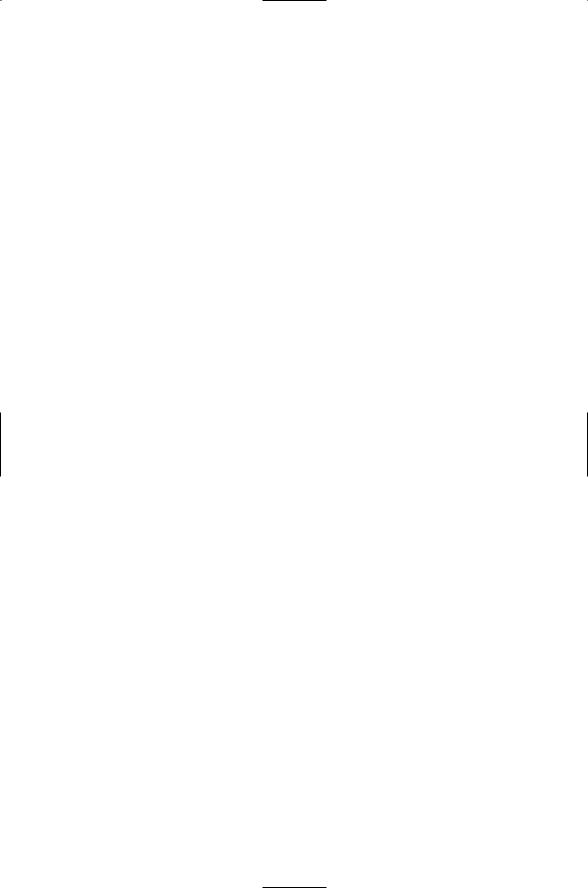
|
|
May 9 |
Khrushchev is in Luzhniki Sport Palace at the public |
|
rally in commemoration of the 15th anniversary of vic- |
|
tory over Germany. |
May 9 |
Khrushchev attends reception at the Embassy of Czecho- |
|
slovakia where he holds negotiations with Llewellyn |
|
Thompson, the U.S. ambassador. |
May 10 |
Khrushchev receives Takeo Fukuda, the minister of |
|
agriculture of Japan. |
May 11 |
Khrushchev gives a press conference regarding bringing |
|
down the American U-2 spy aircraft. |
May 13 |
Khrushchev receives Mohammed Daud, the prime minis- |
|
ter of Afghanistan. |
May 14–18 |
Khrushchev is in the city of Paris at a summit of leaders |
|
of the USSR, United States, France, and England. |
May 20 |
Khrushchev speaks at a public rally in the city of Berlin. |
May 21 |
Khrushchev returns to Moscow. |
May 22 |
Khrushchev and others attend a performance by Aus- |
|
trian artists, “Ice Review,” in Luzhniki Sport Palace. |
May 24 |
Khrushchev and others are at the Kremlin Theater at a |
|
concert of Polish artists. |
May 27 |
Khrushchev receives a group of parliamentarians of |
|
Austria. |
May 28 |
Khrushchev speaks in the Kremlin at a meeting of shock |
|
workers. |
June 1 |
Khrushchev gives an interview to a correspondent of the |
|
newspaper Izvestia. |
June 1 |
Khrushchev and others visit an exhibit of Russian works |
|
of art on Manege Square in Moscow. |
June 1 |
Khrushchev and others visit an exhibition of works of |
|
the artists Nikolai and Svyatoslav Roerich in the Museum |
|
of Fine Arts. |
June 2 |
Khrushchev and others visit the British exhibition of |
|
plastics in industry in the Polytechnic Museum. |
June 3 |
Khrushchev receives Antonio Nunez Jimenez, the minis- |
|
ter of economy of Cuba. |
June 3 |
Khrushchev gives a press conference in the Kremlin. |
June 4 |
Khrushchev answers the questions of the correspondent |
|
of the newspaper Pravda about relationships with the |
|
United States. |
June 10 |
Khrushchev receives Eleutherios Venizelos, the leader |
|
of the Liberal Party of Greece, in Pitsunda peninsula |
|
country residence. |
[ ]
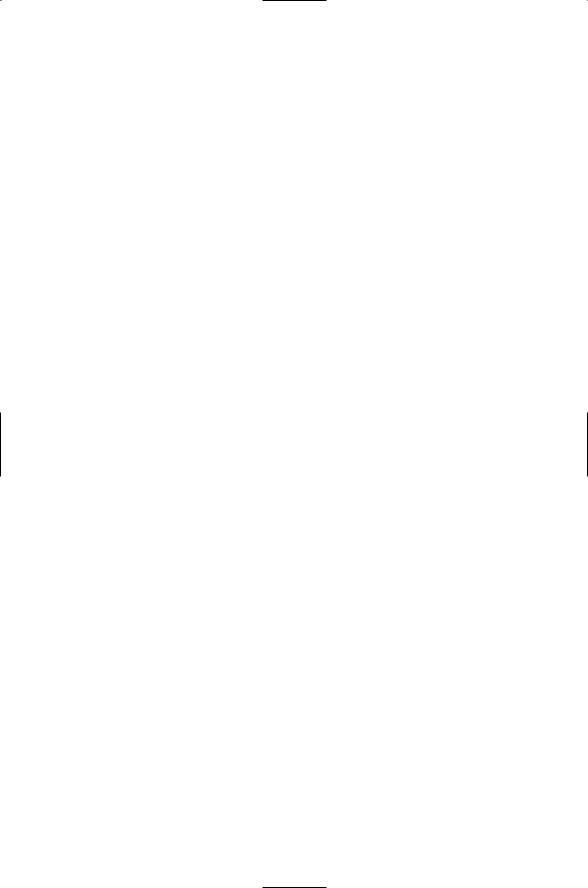
|
|
June 11 |
Khrushchev inspects tourist hotels on Pitsunda cape in |
|
Abkhazia. |
June 18 |
Khrushchev examines the new passenger aircraft AN-24 |
|
at the Moscow Vnukovo Airport. |
June 18–27 |
Khrushchev is present at the 3d convention of the |
|
Romanian Workers Party in Bucharest. |
June 19 |
Khrushchev speaks at the opening of the Soviet exhibi- |
|
tion in Bucharest. |
June 28 |
Khrushchev receives Palmiro Togliatti, the general sec- |
|
retary of the Communist Party of Italy. |
June 28 |
Khrushchev is present in the Kremlin at a reception in |
|
honor of the graduates of the military academies. |
June 29 |
Khrushchev receives I. Paschalidis, the chairman of the |
|
Unified Democratic Left Party of Greece. |
June 29 |
Khrushchev receives Rajendra Prasad, the president of |
|
the Republic of India. |
June 29 |
Khrushchev receives Morarji Desai, the minister of finance |
|
of India. |
June 30–July 8 |
Khrushchev visits Austria (the cities of Vienna, Linz, Salz- |
|
burg, Klagenfurt, and Vienna). |
July 9 |
Khrushchev speaks at the All-Russia Conference of |
|
Teachers in the Kremlin. |
July 12 |
Khrushchev gives a press conference in the Kremlin. |
July 12 |
Khrushchev receives a delegation from the parliament |
|
of Bolivia. |
July 12 |
Khrushchev receives a delegation from the National |
|
Maritime Union of the United States. |
July 13–15 |
Khrushchev participates in the Plenum of the Central |
|
Committee of the CPSU. |
July 17 |
Khrushchev and others attend a meeting with intellec- |
|
tuals at Semionovskoye, formerly Stalin’s country resi- |
|
dence, on Moscow’s periphery. |
July 18 |
Khrushchev and Leonid Brezhnev are shown the new |
|
automobile “Zaporozhets” in the Kremlin. |
July 18 |
Khrushchev and others inspect the model peasant houses |
|
in the village Usovo on Moscow’s periphery. |
July 18 |
Khrushchev receives Raúl Castro, the minister of defense |
|
of Cuba. |
July 19 |
Khrushchev and others visit the construction site of |
|
the Moscow Ring Road. |
[ ]

|
|
July 20–21 |
Khrushchev visits the Kapustin Yar firing range for a |
|
demonstration of the latest designs of missile and avia- |
|
tion armaments (without media coverage). [SK] |
July 21–23 |
Khrushchev is in the city of Stalingrad visiting the |
|
factories and collective farms of the region. |
July 25–27 |
Khrushchev is in the city of Astrakhan inspecting the |
|
delta of the Volga River and visits factories. |
July 28 |
Khrushchev is in the city of Kiev. |
August 5 |
Khrushchev is in the city of Yalta hosting a government |
|
delegation from Ghana. |
August 9 |
Khrushchev answers questions of a correspondent of |
|
the newspaper Pravda. |
August 10 |
Khrushchev is in the city of Yalta hosting Maurice |
|
Thorez, the general secretary of the Communist Party of |
|
France. |
August 18 |
Khrushchev receives Tahmoures Adamiyat, the ambas- |
|
sador of Iran, in the city of Yalta. |
August 27 |
Khrushchev is in the village of Kalinovka, Kursk region. |
August 29 |
Khrushchev receives M. Suzuki, the chairman of the |
|
Socialist Party of Japan. |
August 30 |
Khrushchev and Janos Kadar are present at the opening |
|
of the Hungarian industrial exhibition in Gorky Park |
|
in Moscow. |
September 2–4 |
Khrushchev visits Finland for the 60th birthday of Presi- |
|
dent Urho Kaleva Kekkonen. |
September 7–8 |
Khrushchev receives Sékou Touré, the president of the |
|
Guinean Republic, participates in negotiations with him, |
|
and participates in protocol activities. |
September 8 |
Khrushchev receives Llewellyn Thompson, the U.S. |
|
ambassador. |
September 8 |
Marking the death of the president, Wilhelm Pieck, |
|
Khrushchev visits the Embassy of the GDR to express |
|
his condolences. |
September 19–October 14 |
Khrushchev attends the session of the UN General |
|
Assembly in New York dedicated to decolonization; he |
|
speaks repeatedly and meets with leaders of other states. |
October 8 |
Khrushchev holds a press conference in the UN building. |
October 9 |
Khrushchev appears on American television. |
October 18 |
Khrushchev receives G. Kroll, the ambassador of West |
|
Germany, in the Kremlin. |
[ ]
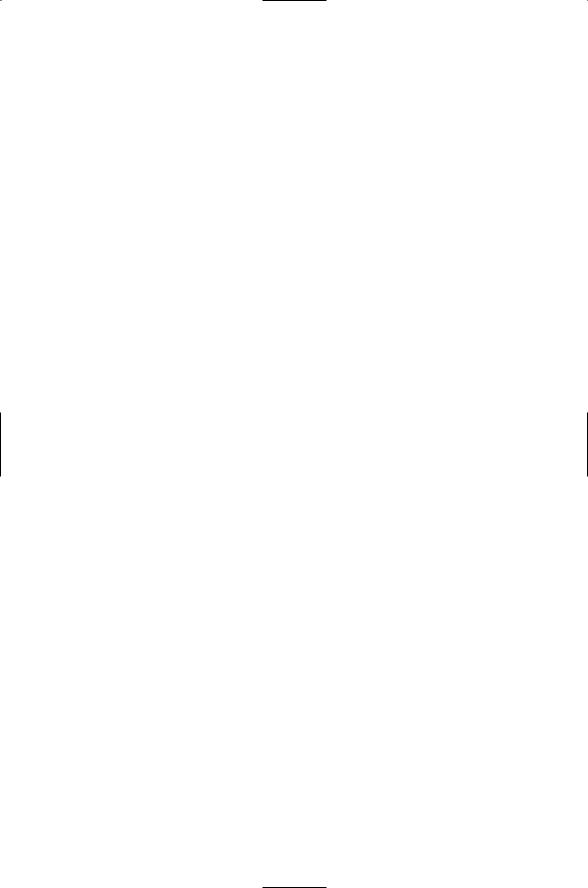
|
|
October 20 |
Khrushchev speaks at a public rally in Luzhniki Sport |
|
Palace. |
October 22 |
Khrushchev receives a delegation from the Republic of |
|
Ghana. |
October 22 |
Khrushchev gives an interview to journalists from Cuba. |
October 23 |
Khrushchev is in Luzhniki Sport Palace at the perfor- |
|
mance of an American ballet group directed by Lucia |
|
Chase and Oliver Smith. |
October 24 |
Khrushchev receives a delegation from the Transport |
|
and General Workers Union from Britain. |
October 25 |
Khrushchev receives A. Masud Ansari, the ambassador |
|
of Iran. |
October 25 |
Khrushchev is in the Kremlin at the opening of the session |
|
of the Supreme Soviet of the RSFSR. |
November 5 |
Khrushchev receives D. Johnson, the ambassador of |
|
Canada. |
November 6 |
Khrushchev is at the formal session in the Bolshoi |
|
Theater to commemorate the anniversary of the Octo- |
|
ber 1917 revolution. |
November 6 |
Khrushchev receives a delegation from the People’s |
|
Republic of China headed by Liu Shaoqi. |
November 7 |
Khrushchev stands on the Tribune of the Lenin Mauso- |
|
leum in Moscow, watching the military parade and Mus- |
|
covite procession, then attends a reception in the Kremlin |
|
in commemoration of the anniversary of the October |
|
1917 revolution. |
November 8–30 |
Khrushchev participates in a meeting of representatives |
|
of the communist and workers parties in Moscow. |
November 11 |
Khrushchev is at a reception in the Embassy of Cuba in |
|
honor of Ernesto Che Guevara. |
November 12 |
Khrushchev and others attend G. Maiboroda opera |
|
Arsenal in the Bolshoi Theater, performed by artists of |
|
the Kiev Theater of Opera and Ballet named in honor |
|
of Taras Shevchenko. |
November 15 |
Khrushchev receives Kumar (Krishna) P. S. Menon, the |
|
ambassador of India. |
November 16 |
Khrushchev and others attend a concert of Ukrainian |
|
artists in Luzhniki Sport Palace. |
November 17 |
Khrushchev speaks at a public rally on the occasion of |
|
the creation of the University of Friendship of People |
|
in Moscow. |
[ ]
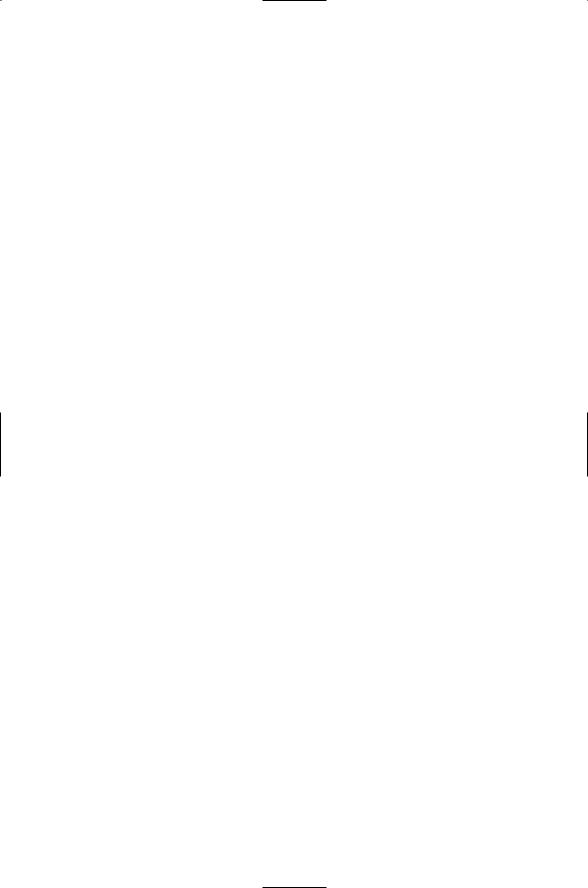
|
|
November 19 |
Khrushchev is at a ceremony in the Bolshoi Theater |
|
commemorating the 50th anniversary of the death of |
|
Leo Tolstoy. |
November 20 |
Khrushchev and Walter Ulbricht are in the Bolshoi Thea- |
|
ter to attend G. Zhukovsky’s opera Pervaya Vesna (First |
|
Spring), performed by the Kiev Theater of Opera and |
|
Ballet named in honor of Taras Shevchenko. |
November 21 |
Khrushchev receives Ho Chi Minh, the president of |
|
Vietnam. |
November 21–29 |
Khrushchev receives Urho Kaleva Kekkonen, the presi- |
|
dent of Finland, hosts a dinner in his honor, and parti- |
|
cipates in negotiations and protocol activities. |
November 22 |
Khrushchev receives Mohammed el Kuni, the ambassador |
|
of Egypt. |
November 22 |
Khrushchev answers questions from a correspondent of |
|
the newspaper Pravda. |
November 23 |
Khrushchev and others attend a concert of Ukrainian |
|
performers in the Bolshoi Theater. |
November 25 |
Khrushchev is in the Kremlin at a reception in honor |
|
of the participants in the decade of Ukrainian artists in |
|
Moscow. |
November 25 |
Khrushchev and others are at Manege Exhibition Hall |
|
at an exhibition of Ukrainian art. |
November 25 |
Khrushchev receives Aníbal Escalante, the representa- |
|
tive of the People’s Socialist Party of Cuba. |
November 26 |
Khrushchev receives a military delegation from Morocco. |
November 26 |
Khrushchev receives Wladyslaw Gomulka, the first secre- |
|
tary of the Polish United Workers Party. |
November 28–December 2 Khrushchev receives Norodom Sihanouk, the head of
|
Cambodia, and holds negotiations and protocol activities. |
November 29 |
Khrushchev receives Luiz Carlos Prestes, the head of the |
|
Communist Party of Brazil. |
November 30 |
Khrushchev receives Walter Ulbricht, the chairman of |
|
the State Council of the GDR. |
November 30 |
Khrushchev, Frol Kozlov, and Mikhail Suslov host Liu |
|
Shaoqi, Deng Xiaoping, and Peng Zhen, representatives |
|
of China. |
December 2 |
Khrushchev receives Maurice Thorez, the general sec- |
|
retary of the Communist Party of France. |
December 2 |
Khrushchev receives Yumjaagiyn Tsenedbal, the head of |
|
the government of Mongolia. |
[ ]
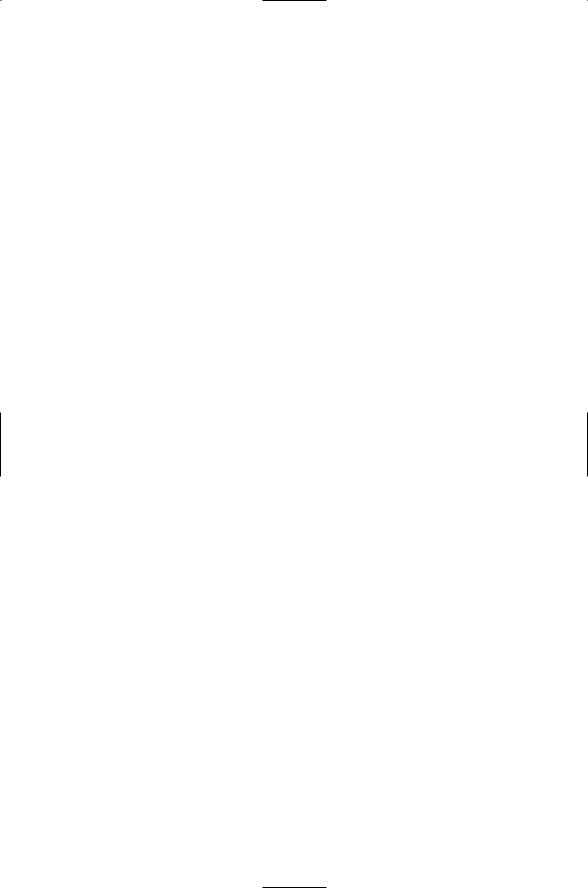
|
|
December 2 |
Khrushchev receives the delegation from the Korean |
|
People’s Democratic Republic (North Korea), headed by |
|
the head of government Kim II Sung. |
December 2 |
Khrushchev and others are in the Kremlin theater to see |
|
L. Delibes’s ballet Coppelia, performed by dancers from |
|
Cuba. |
December 7 |
Khrushchev is in Luzhniki Sport Palace at a public rally |
|
dedicated to Soviet-Chinese friendship. |
December 7 |
Khrushchev receives Liu Shaoqi, the chairman of the |
|
People’s Republic of China. |
December 7 |
Khrushchev receives Abdel al-Hakim Amer, the vice |
|
president of Egypt. |
December 19 |
Khrushchev receives Ernesto Che Guevara, the head of |
|
the economic committee of Cuba. |
December 19 |
Khrushchev receives M. Ansari, the ambassador of Iran. |
December 20 |
Khrushchev is in the Kremlin at the opening of the ses- |
|
sion of the USSR Supreme Soviet. |
December 26 |
Khrushchev receives Sir Frank Roberts, the ambassador |
|
of the United Kingdom. |
December 27 |
Khrushchev receives H. Haymerle, the ambassador of |
|
Austria. |
1961 |
|
January 1 |
Khrushchev speaks at the New Year’s reception in the |
|
Kremlin. |
January 2 |
Khrushchev speaks at a reception in the Embassy of |
|
Cuba in Moscow. |
January 3 |
Khrushchev receives a delegation from the government |
|
of Indonesia headed by Abdul Haris Nasution, the minis- |
|
ter of defense. |
January 3 |
Khrushchev is at the New Year’s children party in the |
|
Kremlin. |
January 4 |
Khrushchev receives Zulfiqar Ali Bhutto, the minister |
|
from Pakistan. |
January 4 |
Khrushchev receives P. Torsteinsson, the ambassador of |
|
Iceland. |
January 6 |
Khrushchev speaks in the Kremlin before members of |
|
the Academy of Public Sciences and other similar insti- |
|
tutions and reports on the results of the meeting of the |
|
Communist Parties. |
[ ]
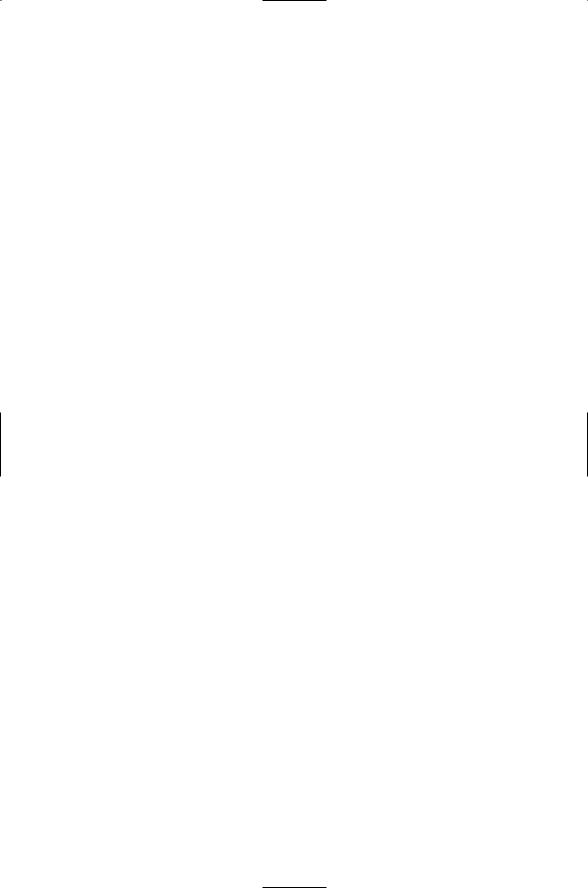
|
|
January 10–18 |
Khrushchev participates in a meeting of the Plenum of |
|
the Central Committee of the CPSU. |
January 10 |
Khrushchev receives artists of Ecuador. |
January 13 |
Khrushchev receives Kumar (Krishna) P. S. Menon, the |
|
ambassador of India. |
January 17 |
Khrushchev speaks at the Plenum of the Central Com- |
|
mittee of the CPSU. |
January 18 |
Khrushchev receives a delegation from the Japan-USSR |
|
association headed by S. Matsumoto, a member of the |
|
Japanese parliament. |
January 23 |
Khrushchev and others attend an exhibition of textile |
|
products. |
January 24–28 |
Khrushchev is in the city of Kiev at a meeting of the |
|
Plenum of the CC Ukrainian Communist Party, visits the |
|
subway, and attends Korneichuk’s play Nad Dneprom in |
|
the theater named in honor of I. Franko. |
January 28 |
Khrushchev speaks at the Plenum of the Central Com- |
|
mittee of the Communist Party of Ukraine. |
January 30–February 1 |
Khrushchev is in the city of Rostov-on-Don at a meet- |
|
ing of the workers of agriculture of northern Caucasus |
|
and visits collective farms. |
February 2 |
Khrushchev and Kliment Voroshilov are in Rostov-on- |
|
Don attending exhibitions of agricultural machinery. |
February 3–8 |
Khrushchev is in the city of Tbilisi at a meeting of agri- |
|
cultural workers of the Transcaucasus, speaks on Febru- |
|
ary 7, and visits collective farms in Kakhetia. On February |
|
7, Khrushchev attends an exhibition of machinery for |
|
grape and tea plantations. |
February 9–11 |
Khrushchev is in the city of Voronezh; on February 11 |
|
he speaks at a meeting of the agricultural workers of |
|
Russia’s Central Black Soil Zone. |
February 12 |
Khrushchev returns to Moscow. |
February 13 |
Khrushchev receives Ahmed Mestiri, the ambassador of |
|
Tunisia. |
February 13 |
Khrushchev receives Mohammed el-Kuni, the ambassador |
|
of Egypt. |
February 18 |
Khrushchev receives Muhammad Yamin, the chairman |
|
of the council of planning of Indonesia. |
February 23 |
Khrushchev speaks in the Kremlin at a meeting of agri- |
|
cultural workers of Central Russia. |
[ ]
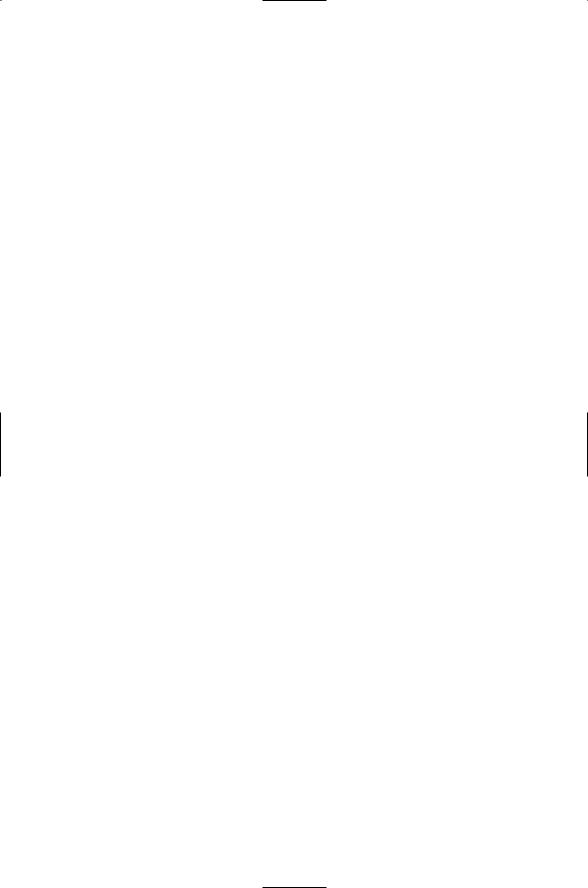
|
|
February 23 |
Khrushchev and others attend a concert at the Bolshoi |
|
Theater. |
February 25 |
Khrushchev visits William Zebulon Foster, the honorary |
|
chairman of the U.S. Communist Party, in Moscow to |
|
celebrate his 80th birthday. |
February 25 |
Khrushchev receives Otto Grotewohl, the head of the |
|
government of the GDR. |
February 28–March 3 |
Khrushchev is in the city of Sverdlovsk; on March 2 he |
|
speaks at a meeting of agricultural workers of the Urals. |
March 4 |
Khrushchev is in the city of Kurgan and awards the |
|
Order of Lenin to the region. |
March 5 |
Khrushchev is in the city of Novosibirsk at an exhibition |
|
of agricultural machinery. |
March 8 |
Khrushchev is present in the city of Novosibirsk at a |
|
meeting of agricultural workers of Siberia. |
March 9 |
Khrushchev receives Llewellyn Thompson, the U.S. ambas- |
|
sador, in Novosibirsk. |
March 10 |
Khrushchev is in the Siberian Science Center (the city |
|
of Akademgorodok). |
March 12–16 |
Khrushchev is in the city of Akmolinsk (now Astana, |
|
Kazakhstan) at a meeting of agricultural workers of |
|
the Virgin Lands Territory and speaks on March 14. |
March 17–21 |
Khrushchev is in the city of Alma-Ata (now Almaty) at |
|
a meeting of agricultural workers of Kazakhstan and |
|
speaks on March 21. |
March 19 |
Khrushchev meets the geologists of Kazakhstan in the |
|
Academy of Sciences in the city of Alma-Ata. |
March 21 |
Khrushchev is awarded the “Medal for Reclamation of |
|
Virgin Lands” in Alma-Ata. |
March 24 |
Khrushchev returns to Moscow. |
March 24 |
Khrushchev receives Kumar (Krishna) P. S. Menon, the |
|
ambassador of India. |
March 27 |
Khrushchev receives a delegation from Romania headed |
|
by Gheorghe Gheorghiu-Dej. |
March 28 |
Khrushchev receives Janos Kadar and Ferenc Munnich |
|
(Hungary). |
March 28 |
Khrushchev is present in Moscow at a meeting of the |
|
Political Consulting Committee of the Warsaw Pact. |
March 30 |
Khrushchev is at a dinner in honor of the participants |
|
of the meeting. |
March 30 |
Khrushchev receives Antonin Novotny, Wiliam Siroky, |
|
and Otto Simunik (Czechoslovakia). |
[ ]
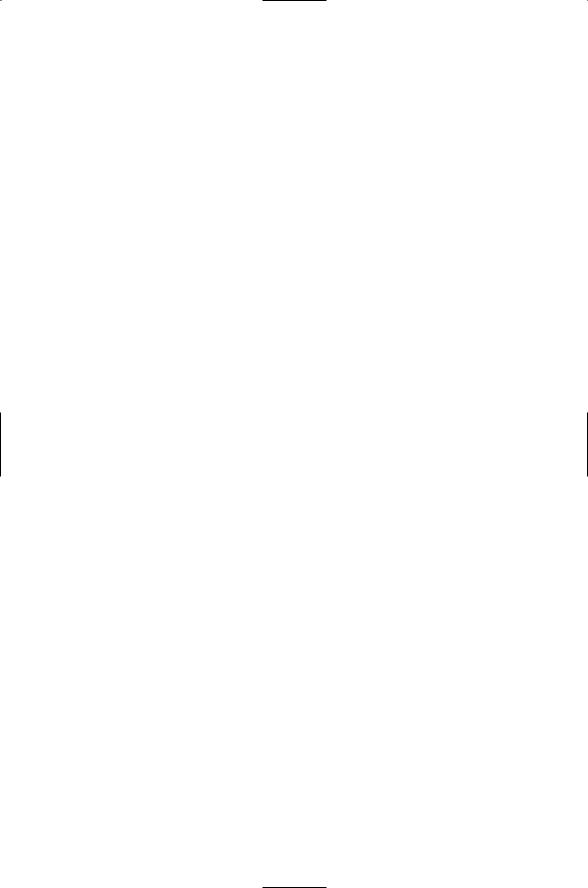
|
|
March 30 |
Khrushchev receives a delegation from Bulgaria headed |
|
by Todor Zhivkov. |
March 30 |
Khrushchev receives a delegation from Mongolia headed |
|
by Yumjaagiyn Tsedenbal. |
March 30 |
Khrushchev receives a delegation from the Democratic |
|
People’s Republic of Korea (North Korea) headed by Kim |
|
Hwan Hyo-Bom, the minister of defense. |
March 31 |
Khrushchev receives a delegation from the GDR led by |
|
Walter Ulbricht. |
March 31 |
Khrushchev receives Felix R. Dias Bandaranaike, the |
|
minister of foreign affairs of Ceylon. |
March 31 |
Khrushchev receives General Ne Win, the commander |
|
in chief of the armed forces of Burma. |
April 1 |
Khrushchev receives Llewellyn Thompson, the U.S. |
|
ambassador. |
April 1 |
Khrushchev attends a breakfast in the Kremlin in honor |
|
of General Ne Win. |
April 4 |
Khrushchev receives a delegation from China headed |
|
by the minister of trade, Ye Xichuan. |
April 5 |
Khrushchev receives Sardar Mohammed Daud, the |
|
prime minister of Afghanistan, holds negotiations with |
|
him, and participates in protocol activities. |
April 5 |
Khrushchev and others are at the Exhibition of National |
|
Economic Achievements (in Moscow), inspecting pro- |
|
jects of electric power stations. |
April 5 |
Khrushchev and others are at the Museum of Russian |
|
Architecture inspecting the plan of the 1967 Moscow |
|
World Fair. |
April 5 |
Khrushchev and others are at the studio of the sculptor |
|
Lev Kerbel, inspecting the model of the monument to |
|
Karl Marx to be erected in Moscow. |
April 7 |
Khrushchev receives John Bernal, the British scientist. |
April 7 |
Khrushchev receives Sardar Mohammed Daud, the |
|
prime minister of Afghanistan. |
April 7 |
Khrushchev receives a parliamentary delegation from |
|
Libya. |
April 12 |
Khrushchev holds a telephone conversation with cos- |
|
monaut Yuri Gagarin after the completion of his space |
|
flight. |
April 14 |
Khrushchev meets Yuri Gagarin at Moscow Vnukovo |
|
Airport and speaks at the public rally in his honor at |
|
Red Square and at a reception in the Kremlin. |
[ ]
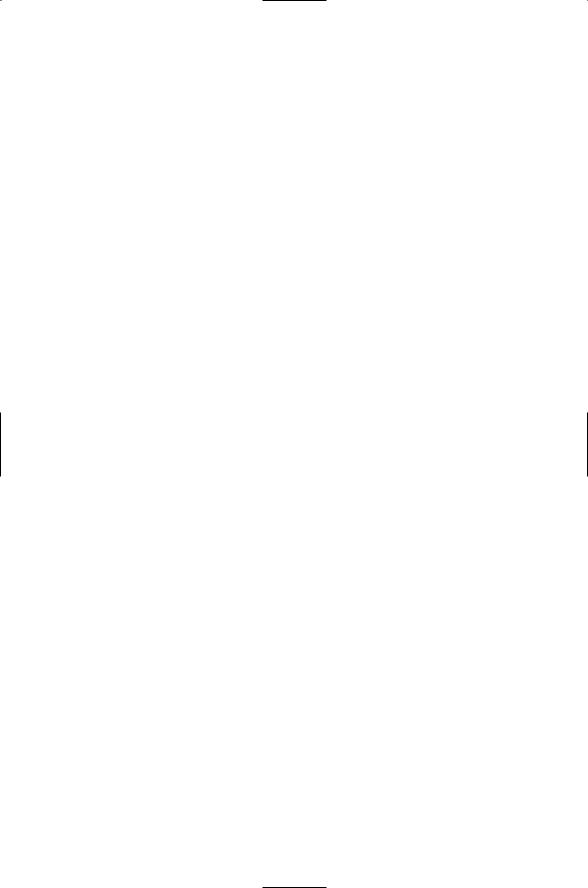
|
|
April 18 |
Khrushchev receives Souvanna Phouma, the prime |
|
minister of Laos, in Pitsunda peninsula countryside |
|
residence, and hosts a breakfast in his honor. |
April 24 |
Khrushchev receives G. Kroll, the ambassador of West |
|
Germany, in Pitsunda. |
May 1 |
Khrushchev stands on the Tribune of the Lenin Mauso- |
|
leum in Moscow, watching the military parades and Mus- |
|
covite procession, on the occasion of May 1st, Labor Day. |
May 3 |
Khrushchev receives parliamentarians of Egypt headed |
|
by Anwar el-Sadat. |
May 3 |
Khrushchev receives Leao de Maura, the head of a |
|
trade delegation from Brazil. |
May 4 |
Khrushchev receives a youth delegation from Cuba. |
May 5–10 |
Khrushchev is in Armenia at the celebration of the 40th |
|
anniversary of the establishment of Soviet rule; on |
|
May 6 he is in the city of Yerevan; on May 8 he visits |
|
the Byurakan Observatory headed by the academician |
|
Victor Ambartsumyan; on May 9 he visits collective |
|
farms in the Ararat valley; and on May 10 he is in the |
|
city of Kirovakan. |
May 11–14 |
Khrushchev is in the city of Tbilisi at the celebration of |
|
the 40th anniversary of the establishment of Soviet rule |
|
in Georgia; on May 12 he speak at a public rally in the city |
|
of Tbilisi; on May 13 he visits an electric locomotive fac- |
|
tory; on May 14 he is in the town of Telavi (Kakhetiya). |
May 17 |
Khrushchev receives Ruslan Abdulgani, the chairman |
|
of the supreme advisory council of Indonesia. |
May 18 |
Khrushchev is in the Kremlin at the 3d All-Union Con- |
|
gress of Architects. |
May 18 |
Khrushchev and others attend a concert of the dance |
|
ensemble of Cuba. |
May 19 |
Khrushchev and others are in the Kremlin theater at a |
|
concert dedicated to the Plenum of the Union of Com- |
|
posers of the Russian Federation. |
May 19 |
Khrushchev and others are in Sokolniki Park at the |
|
opening of a British commercial-industrial exhibition. |
May 20 |
Khrushchev receives D. Birla, an Indian manufacturer. |
May 22 |
Khrushchev receives M. K. Setalvada, the procurator |
|
general of India. |
May 23 |
Khrushchev and Yekaterina Furtseva are in Luzhniki |
|
Sport Palace at a performance of the American group |
|
“Ice Capades.” |
[ ]

|
|
May 25 |
Khrushchev receives Kumar (Krishna) P. S. Menon, the |
|
ambassador of India. |
May 25 |
Khrushchev receives Abdirashid Ali Shermark, the prime |
|
minister of Somalia, holds negotiations, and partici- |
|
pates in protocol activities. |
May 25 |
Khrushchev and Abdirashid Ali Shermark are in the |
|
Bolshoi Theater at performances of the ballets Chopiniana, |
|
Paganini, and Nochnoi Gorod (City at Night). |
May 26 |
Khrushchev receives a delegation from the parliament |
|
of Bolivia. |
May 27 |
Khrushchev receives a delegation from the Communist |
|
Party of Indonesia headed by its chairman, Dipa Nusan- |
|
tara Aidit, and hosts a dinner in their honor. |
May 27 |
Khrushchev leaves Moscow for the city of Vienna to |
|
meet with the U.S. President, John F. Kennedy. |
May 28–30 |
Khrushchev is in the city of Kiev at the grave of the |
|
poet Taras Shevchenko in the town of Kanev and at the |
|
construction site of the city of Kiev hydroelectric power |
|
station in Vyshgorod. |
May 31–June 2 |
Khrushchev is in Czechoslovakia (the city of Bratislava). |
June 3–4 |
Khrushchev holds negotiations with John F. Kennedy |
|
in Vienna. |
June 5 |
Khrushchev returns to Moscow. |
June 6 |
Khrushchev receives Prince Souvanna Phouma, the prime |
|
minister of Laos, and Prince Souphanouvong. |
June 6 |
Khrushchev meets with Ahmed Sukarno, the president |
|
of Indonesia, congratulates him on his 60th birthday, |
|
holds negotiations, and participates in protocol activities. |
June 6–8 |
Khrushchev and Ahmed Sukarno are in the city of |
|
Leningrad. |
June 9 |
Khrushchev receives Ahmed Sukarno. |
June 9 |
Khrushchev receives an economic mission from Nigeria. |
June 10 |
Khrushchev is present at a meeting in the Kremlin in |
|
honor of the visit of Ahmed Sukarno, the president of |
|
Indonesia. |
June 11 |
Khrushchev and Ahmed Sukarno are at the stadium in |
|
Luzhniki at a soccer match and then attend Yury Milyutin’s |
|
operetta Moskva-Cheryomushki in the Operetta Theater. |
June 12 |
Khrushchev is in the Kremlin at the All-Union Confer- |
|
ence of Soviet Scientists. |
June 14 |
Khrushchev speaks in the Kremlin at the reception in |
|
honor of the Soviet scientists. |
[ ]

|
|
June 15 |
Khrushchev speaks on radio and television about the |
|
results of his meeting with the U.S. president, John F. |
|
Kennedy. |
June 17 |
Khrushchev is awarded a third Gold Medal, “The Sickle |
|
and Hammer,” and the Order of Lenin for his support |
|
of space exploration (along with 6,924 participants in |
|
this work). |
June 19 |
Khrushchev reports to the Plenum of the Central Com- |
|
mittee of the CPSU “About the Project of the Program |
|
of the CPSU.” |
June 20 |
Khrushchev receives Abdel Wahab Mahmoud, the ambas- |
|
sador of Iran. |
June 21 |
Khrushchev speaks in the Kremlin at a public rally in |
|
commemoration of the 20th anniversary of the German |
|
invasion of the USSR. |
June 24–25 |
Khrushchev is in the city of Alma-Ata (now Almaty) |
|
speaking at a reception in honor of the 40th anniver- |
|
sary of the Kazakh Socialist Soviet Republic. |
June 27 |
Khrushchev receives Pham Van Dong, the prime minis- |
|
ter of Vietnam, holds negotiations, and participates in |
|
protocol activities. |
June 28 |
Khrushchev speaks at a public rally in the Kremlin in |
|
honor of the visit of Pham Van Dong. |
June 29 |
Khrushchev receives Kim II Sung, the head of the Demo- |
|
cratic People’s Republic of Korea (North Korea), holds |
|
negotiations, and participates in protocol activities. |
July 2 |
Khrushchev and others are at the premiere performance |
|
of the Royal Ballet of the United Kingdom in the Bol- |
|
shoi Theater. |
July 3 |
Khrushchev receives Pham Van Dong, the prime minis- |
|
ter of Vietnam, and attends a reception at the Embassy |
|
of Vietnam in his honor. |
July 3 |
Khrushchev receives Prince Souphanouvong of Laos. |
July 4 |
Khrushchev and others attend a reception at the U.S. |
|
Embassy. |
July 4 |
Khrushchev is in the Kremlin at the All-Union Confer- |
|
ence of Faculty of Higher Education Institutions. |
July 5 |
Khrushchev is in the Kremlin for a breakfast in honor |
|
of Chen Yi, the minister of foreign affairs of China. |
July 5 |
Khrushchev speaks at a reception in the Embassy of |
|
North Korea in honor of Kim II Sung. |
[ ]
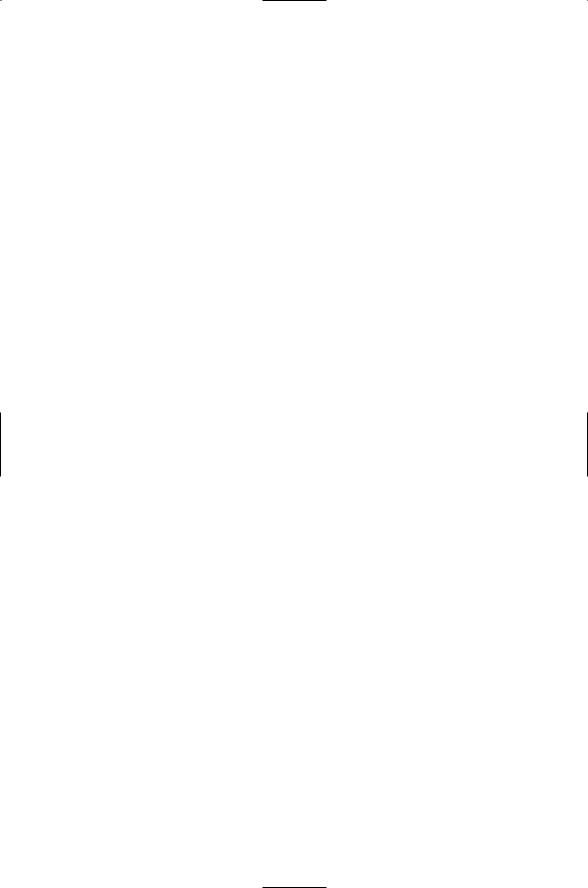
|
|
July 6 |
Khrushchev speaks at a public rally in the Kremlin dedi- |
|
cated to the visit of Kim II Sung. |
July 7 |
Khrushchev speaks at a reception in the Kremlin in honor |
|
of the faculty of higher education institutions. |
July 8 |
Khrushchev speaks at a reception in the Kremlin in |
|
honor of the graduates of military academies. |
July 8 |
Khrushchev receives Koca Popovic, the secretary of |
|
foreign affairs of Yugoslavia. |
July 9 |
Khrushchev and others are on Moscow Tushino Airfield |
|
at an air show. |
July 11 |
Khrushchev receives Kwame Nkrumah, the president of |
|
Ghana, holds negotiations, and participates in protocol |
|
activities. |
July 11 |
Khrushchev receives Subimata Datta, the ambassador |
|
of India. |
July 22 |
Khrushchev receives Ibrahim Abboud, the prime minis- |
|
ter of Sudan, in Pitsunda peninsula countryside residence. |
July 23 |
Khrushchev receives Maurice Thorez and Todor Zhivkov |
|
in Pitsunda. |
July 27 |
Khrushchev receives Pham Van Dong, the prime minis- |
|
ter of Vietnam, in Pitsunda. |
July 31–August 12 |
Khrushchev receives a delegation from Romania headed |
|
by Gheorghe Gheorghiu-Dej in the Kremlin, holds nego- |
|
tiations, and participates in protocol activities. |
July 31 |
Khrushchev receives ambassadors of African countries. |
August 2–4 |
Khrushchev twice receives Amintore Fanfani, the prime |
|
minister of Italy, holds negotiations, and participates |
|
in protocol activities. |
August 3 |
Khrushchev speaks in Luzhniki Sport Palace at a public |
|
rally in honor of the World Youth Forum. |
August 5 |
Khrushchev receives Sadok Mokadem, the state secre- |
|
tary of foreign affairs of Tunisia. |
August 7 |
Khrushchev has a telephone conversation with the cos- |
|
monaut German Titov after his landing. |
August 7 |
Khrushchev speaks on radio and national television |
|
regarding the situation in Germany (the construction |
|
of the Berlin Wall). |
August 7 |
Khrushchev receives Cesar J. Barros Urtrado, the ambas- |
|
sador of Argentina. |
August 7 |
Khrushchev receives Bashir Ben Abbes, the ambassador |
|
of Morocco. |
[ ]
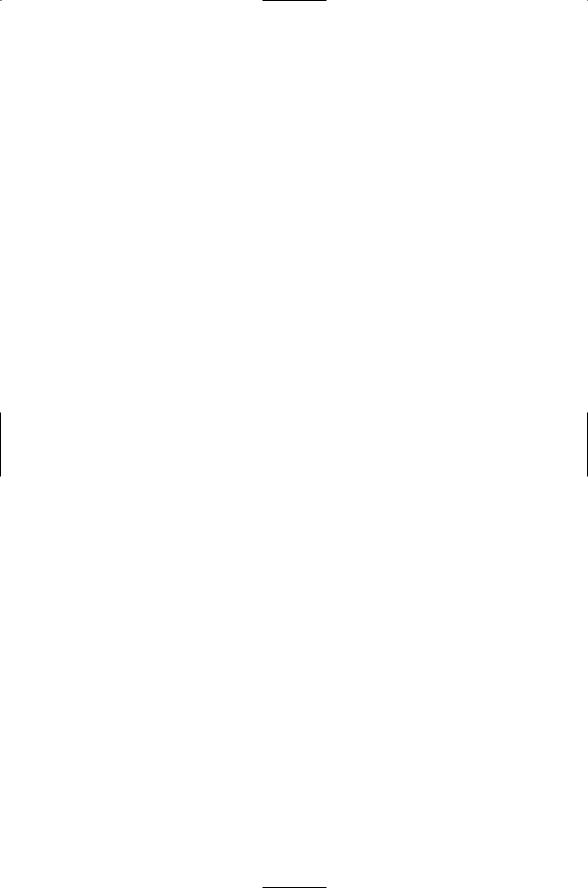
|
|
August 7 |
Khrushchev receives L. Mojsov, the ambassador of |
|
Yugoslavia. |
Beginning of August |
Khrushchev holds a conference for nuclear scientists |
|
in the Kremlin, where the decision is made to resume |
|
testing of nuclear weapons (without media publicity). |
|
[SK] |
August 8 |
Khrushchev receives Raymond Schmittlein, a French |
|
parliamentarian. |
August 9 |
Khrushchev speaks at a public rally on Red Square and |
|
at a reception in the Kremlin in honor of the cosmo- |
|
naut German Titov. |
August 10 |
Khrushchev receives a delegation from Brazil headed |
|
by Vice President Joao Belchior Marques Goulart. |
August 10 |
Khrushchev and others are at the construction site of |
|
the Kremlin Palace of Congresses. |
August 11 |
Khrushchev speaks in the Kremlin at a meeting in |
|
honor of the visit of a delegation from Romania. |
August 24 |
Khrushchev gives an interview to Drew Pearson, the |
|
American journalist, in Pitsunda. |
August 27 and 29 |
Khrushchev twice receives Kwame Nkrumah, the presi- |
|
dent of Ghana, in the city of Yalta, Crimea. |
August 31 |
Khrushchev receives Sir L. Plummer and K. Zilliacus, |
|
members of the British parliament, in the city of Yalta. |
September 5 |
Khrushchev receives Maurice Thorez, the general secre- |
|
tary of the Communist Party of France. |
September 5 |
Khrushchev and others visit the French exhibition in |
|
Moscow. |
September 5 |
Khrushchev is in Moscow to pay his respects at the coffin |
|
of William Z. Foster, the chairman of the national com- |
|
mittee of the Communist Party of the United States. |
September 6 |
Khrushchev receives Jawaharlal Nehru, the prime minis- |
|
ter of India, holds negotiations, and participates in pro- |
|
tocol activities. |
September 6–9 |
Khrushchev receives several times Jawaharlal Nehru |
|
and Kwame Nkrumah, who presents him with a letter |
|
from leaders of nonaligned countries, and holds conver- |
|
sations with them. |
September 7 |
Khrushchev gives an interview to Cyrus Sulzberger, a |
|
columnist of The New York Times. |
September 8 |
Khrushchev speaks in the Kremlin at a public rally in |
|
honor of Jawaharlal Nehru. |
[ ]
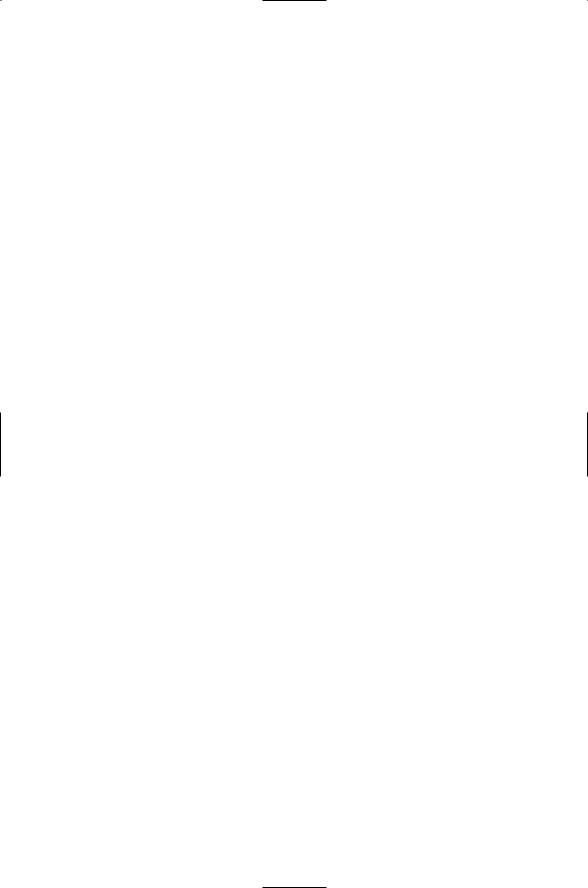
|
|
September 10 |
Khrushchev is in the city of Stalingrad and speaks at |
|
the opening of the Volga hydroelectric power station. |
September 14 |
Khrushchev receives Ahmed Mestiri, the ambassador |
|
of Tunisia. |
September 14 |
Khrushchev receives Mamadou Falnala Keita, the |
|
ambassador of the Republic of Mali. |
September 14 |
Khrushchev receives Sory Kaba, the ambassador of Guinea. |
September 14 |
Khrushchev receives H. Yamada, the ambassador of Japan. |
September 15 |
Khrushchev receives Paul Renault, a French parliamen- |
|
tarian. |
September 16 |
Khrushchev receives a military delegation from Iraq. |
September 16 |
Khrushchev receives Dr. Subandrio, the minister of |
|
foreign affairs of Indonesia. |
September 16 |
Khrushchev receives Osvaldo Dorticos Torrado, the presi- |
|
dent of Cuba. |
September 18 |
Khrushchev receives Mohammed Naim, the minister |
|
of foreign affairs of Afghanistan, and hosts a breakfast |
|
in his honor. |
September 19 |
Khrushchev receives a delegation from the Republic of |
|
Congo (Brazzaville) headed by Mossaba Dobba, a |
|
minister. |
September 19 |
Khrushchev receives Paul-Henri Spaak, the former prime |
|
minister of Belgium. |
September 20 |
Khrushchev answers questions from correspondents of |
|
the newspapers Pravda and Izvestia. |
September 20 |
Khrushchev speaks in the Kremlin at a public rally in |
|
honor of the visit of Osvaldo Dorticos, the president of |
|
Cuba. |
October 7 |
Khrushchev inspects the new Palace of Congresses in |
|
the Kremlin. |
October 8 |
Khrushchev receives Abdullah Hakim Shahalami, the |
|
ambassador of Afghanistan. |
October 9 |
Khrushchev receives Mohammed Murat Ghaleb, the |
|
ambassador of Egypt. |
October 9 |
Khrushchev receives Adolfo Lopez Mateos, the ambas- |
|
sador of Mexico. |
October 14 |
Khrushchev presents to the Plenum of the CPSU Cen- |
|
tral Committee drafts of reports to the 22d Congress of |
|
the CPSU. |
October 17 |
Khrushchev reports to the 22d Congress of the CPSU. |
[ ]
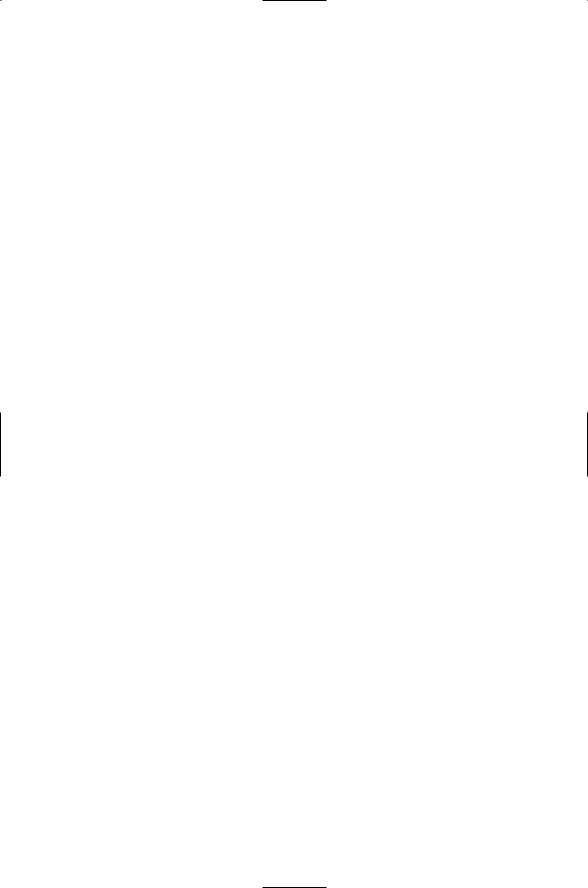
|
|
October 18 |
Khrushchev reports to the 22d Congress of the CPSU |
|
Central Committee a second time on the new program |
|
of the Party. |
October 27 |
Khrushchev gives the closing remarks at the 22d Con- |
|
gress of the CPSU. |
October 29 |
Khrushchev speaks at the unveiling of the monument |
|
to Karl Marx in Moscow. |
October 30 |
Khrushchev speaks at the closing ceremony of the 22d |
|
Congress of the CPSU. (Title of his talk: “Our Aims Are |
|
Clear and Tasks Are Defined! To Work!”) |
November 3 |
Khrushchev receives G. Codacci-Pisanelli, the president |
|
of the International Parliamentary Union. |
November 3 |
Khrushchev and others attend a concert of Chinese artists |
|
at the Bolshoi Theater. |
November 4 |
Khrushchev receives Janos Kadar, the leader of Hungary. |
November 4 |
Khrushchev receives Blas Roca and Carlos Rodríguez, |
|
from Cuba. |
November 5 |
Khrushchev receives Dipa Nusantara Aidit, the chairman |
|
of the central committee of the Communist Party of |
|
Indonesia. |
November 6 |
Khrushchev is in the Kremlin Palace of Congresses at |
|
the formal session and reception in commemoration |
|
of the anniversary of the October 1917 revolution. |
November 6 |
Khrushchev receives a delegation from East Germany |
|
headed by Walter Ulbricht. |
November 7 |
Khrushchev on the Tribune of the stands Lenin Mauso- |
|
leum in Moscow, watching the military parade and |
|
Muscovite procession, then attends the reception in the |
|
Kremlin in honor of the anniversary of the October 1917 |
|
revolution. |
November 9 |
Khrushchev receives Ho Chi Minh, the president of |
|
Vietnam. |
November 9 |
Khrushchev receives Luis Carlos Prestes, the chairman |
|
of the Communist Party of Brazil. |
November 9 |
Khrushchev receives G. Kroll, the ambassador of West |
|
Germany. |
November 11–17 |
Khrushchev is in the city of Tashkent visiting collective |
|
and state farms of the Golodny Steppe and attends a |
|
meeting of the cotton industry. |
November 16 |
Khrushchev speaks in the city of Tashkent at a meeting |
|
of agricultural workers in Central Asia, Kazakhstan, and |
|
Azerbaijan. |
[ ]
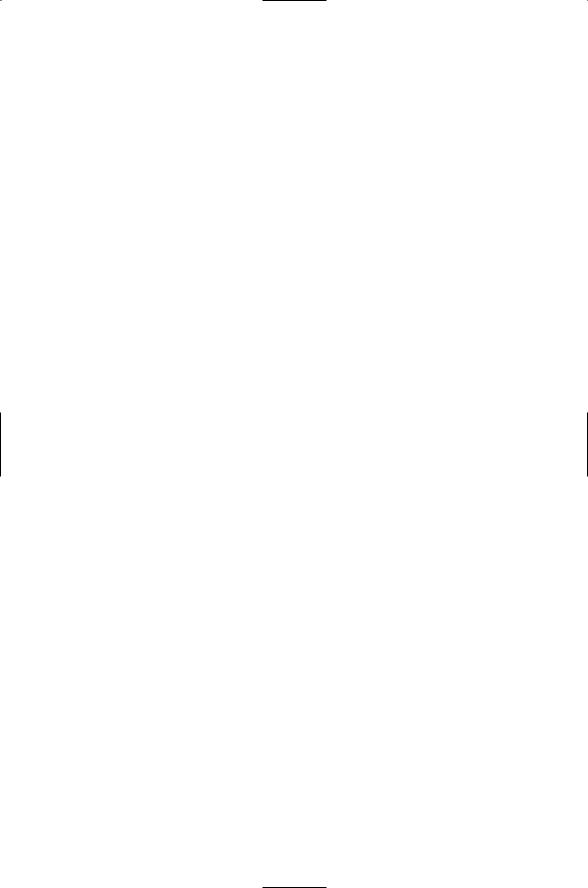
|
|
November 18–23 |
Khrushchev is in the city of Tselinograd (Astana) and |
|
visits collective farms and the Institute of Grain Growing. |
November 22 |
Khrushchev speaks in Tselinograd at a meeting of agri- |
|
cultural workers. |
November 24 |
Khrushchev receives Urho Kaleva Kekkonen, the presi- |
|
dent of Finland, in the city of Novosibirsk. |
November 24–27 |
Khrushchev, in the city of Novosibirsk, visits the fields |
|
of the Altai Agriculture Research Institute. |
November 26 |
Khrushchev speaks in the city of Novosibirsk at a meeting |
|
of agricultural workers of Siberia. |
November 28 |
Khrushchev visits the construction site of Bratsk hydro- |
|
electric power station. |
November 29 |
Khrushchev is at construction sites in the city of Krasnoyarsk. |
November 29 |
Khrushchev returns to Moscow. |
December 2 |
Khrushchev receives H. Lange, the minister of foreign |
|
affairs of Norway. |
December 6 |
Khrushchev is in the Kremlin at the opening session |
|
of the USSR Supreme Soviet. |
December 9 |
Khrushchev speaks in the Kremlin at the 5th World Con- |
|
gress of Trade Unions. |
December 10 |
Khrushchev and others attend a performance of Tchai- |
|
kovsky’s opera Charodeika (Witch) at the Bolshoi Theater. |
December 10 |
Khrushchev speaks at a reception in the Kremlin in |
|
honor of the delegates of the 5th World Congress of |
|
Trade Unions. |
December 14 |
Khrushchev is present in the Kremlin in the Palace of |
|
Congresses at a conference of agricultural workers of the |
|
Central, Northwestern, and Volga-Vyatka economic regions. |
December 14 |
Khrushchev is in the Kremlin at the opening session of |
|
the Supreme Soviet of the RSFSR. |
December 18 |
Khrushchev receives Alfa Diallo, the state secretary of |
|
foreign affairs of Guinea. |
December 18 |
Khrushchev receives D. B. Eliot, the ambassador of Ghana. |
December 19–23 |
Khrushchev is in the city of Kiev. |
December 22 |
Khrushchev speaks at a meeting of agricultural workers |
|
of Ukraine. |
December 25 |
Khrushchev is in the Kremlin at the opening of the all- |
|
union conference on questions of ideological work. |
December 26 |
Khrushchev receives Kaoru Yasui, the chairman of the |
|
All-Japan Council for the Abolition of Nuclear Weapons. |
December 27 |
Khrushchev receives Mahdjubi Ahardan, the minister of |
|
defense of Morocco. |
[ ]

|
|
December 27 |
Khrushchev receives Tsvetin Mijatovic, the ambassador |
|
of Yugoslavia. |
December 30 |
Khrushchev receives the representatives of the Com- |
|
munist Party of Finland headed by Ville Pessi. |
1962 |
|
January 1 |
Khrushchev gives an interview to Minoru Oda, the chief |
|
editor of the Japanese newspaper Yubu Nippon. |
January 1 |
Khrushchev speaks at the New Year’s reception at the |
|
Kremlin. |
January 10–13 |
Khrushchev is in the city of Minsk visiting collective |
|
farms and attending an agriculture exhibition. |
January 12 |
Khrushchev speaks at a meeting of agricultural workers |
|
of Belorussia. |
January 26 |
Khrushchev receives U Chin, the head of an economic |
|
delegation from Burma. |
February 7 |
Khrushchev receives in Pitsunda peninsula at his country |
|
residence R. Assumpcao de Araujo, the acting represen- |
|
tative of Brazil. |
February |
Khrushchev holds a meeting in the government residence |
|
at Pitsunda peninsula with missiles designers and military |
|
high-command officers for consideration of the results |
|
of long-range missile development and of opportuni- |
|
ties for sending a man to the Moon (without media |
|
publicity). [SK]. |
February 16 |
Khrushchev, in the government residence at Pitsunda, |
|
receives Omar Dani, the chief of staff of the air force of |
|
Indonesia, along with Adam Malik, the ambassador. |
February 19 |
Khrushchev receives N’Famara Keita, the minister of |
|
trade of Guinea, and Sory Kaba, the ambassador, in Pit- |
|
sunda. |
February 25 |
Khrushchev is in the city of Kursk at a factory of syn- |
|
thetic fibers. |
February 26 and 27 |
Khrushchev twice receives Walter Ulbricht, the leader |
|
of the GDR. |
March 3 |
Khrushchev receives Rashid Barmad, the minister of |
|
defense of Syria. |
March 5 |
Khrushchev reports to the Plenum of the Central Com- |
|
mittee of the CPSU about problems in agriculture. |
March 7 |
Khrushchev and others are at a concert in the Kremlin |
|
Palace of Congresses. |
[ ]

|
|
March 8 |
Khrushchev is in the Kremlin Palace of Congresses at a |
|
formal session and reception in honor of International |
|
Women’s Day. |
March 16 |
Khrushchev makes a campaign speech to voters about his |
|
candidacy to the USSR Supreme Soviet at the Kalinin |
|
electoral district of the city of Moscow. |
March 23 |
Khrushchev receives a delegation from the Communist |
|
Party of Denmark. |
March 25 |
Khrushchev and others are in the Kremlin Palace of Con- |
|
gresses at a concert of the philharmonic society of Vienna. |
March 26 |
Khrushchev is in the Kremlin at the opening of the 3d |
|
Congress of Composers of the USSR. |
March 27 |
Khrushchev speaks at the Bureau of the Central Com- |
|
mittee of the CPSU for the RSFSR about changes in |
|
the administration of agriculture. |
March 30 |
Khrushchev and others inspect the new trucks at the |
|
Exhibition of National Economic Achievements in Mos- |
|
cow and visit the prefabricated concrete panel factory |
|
“Prokatdetal” and the Moscow exhibition of construc- |
|
tion equipment. |
March 31 |
Khrushchev speaks in the Kremlin at a reception in |
|
honor of the 3d Congress of Composers of the USSR. |
April 1 |
Khrushchev attends the opening of the 2d Tchaikovsky |
|
Music Competition. |
April 2 |
Khrushchev is at a concert in the Kremlin Palace of |
|
Congresses in honor of the 3d Congress of Composers |
|
(invited by D. D. Shostakovich). |
April 4 |
Khrushchev receives Zenon Kliszko, secretary of the |
|
Central Committee of the Polish United Workers Party. |
April 12 |
Khrushchev is in the Kremlin Palace of Congresses at a |
|
reception dedicated to Cosmonautics Day. |
April 16 |
Khrushchev is in the Kremlin Palace of Congresses at the |
|
opening of the 14th congress of the Komsomol (Young |
|
Communist League). |
April 16 |
Khrushchev receives N. Guine, the ambassador of Romania. |
April 19 |
Khrushchev speaks at the 14th congress of “Komsomol.” |
April 20 |
Khrushchev gives an interview to Gardner Cowles, an |
|
American publisher. |
April 22 |
Khrushchev is in the Bolshoi Theater at the formal session |
|
commemorating Lenin’s birthday. |
April 23 |
Khrushchev is in the Kremlin at the opening of the ses- |
|
sion of the USSR Supreme Soviet. |
[ ]
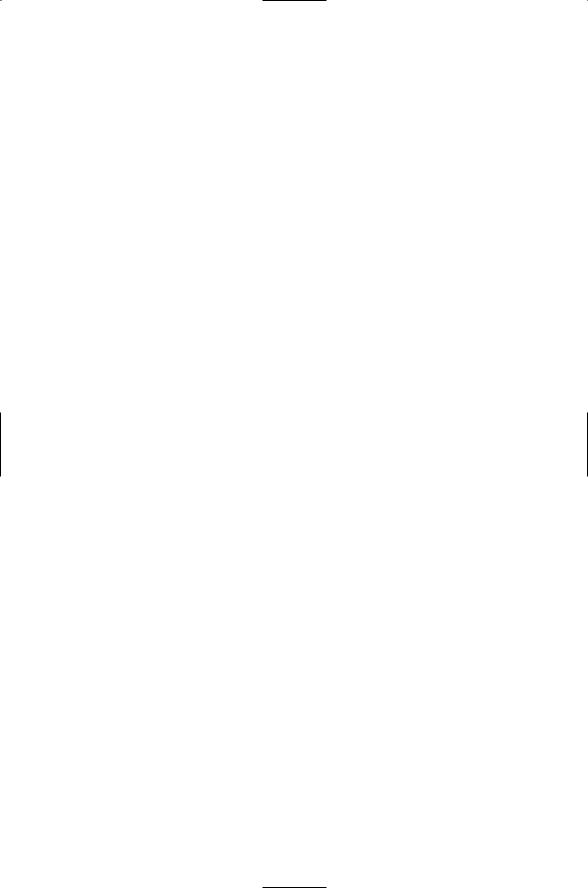
|
|
April 25 |
Khrushchev is reports to the session of the USSR Supreme |
|
Soviet about the project of the new constitution of the |
|
USSR. |
April 25 |
Khrushchev reports to the Plenum of the CPSU Cen- |
|
tral Committee. |
April 25 |
The Session of the USSR Supreme Soviet appoints Khru- |
|
shchev as chairman of the committee for writing the |
|
draft of the new constitution of the USSR. |
April 28 |
Khrushchev receives Osmani Cienfuegos and Joaquin |
|
Ordoqui, statesmen from Cuba. |
April 29 |
Khrushchev and Alexei Kosygin are in the town of Klin |
|
at the industrial complex producing chemical fiber. |
April 30 |
Khrushchev meets Queen Elizabeth of Belgium in Moscow. |
May 1 |
Khrushchev stands on the Tribune of the V. Lenin Mauso- |
|
leum in Moscow, watching the military parade and |
|
Muscovite procession, at the reception in the Kremlin |
|
in honor of May 1st, Labor Day. |
May 3 |
Khrushchev speaks at the Plenum of the Leningrad region |
|
committee of the CPSU. |
May 4 |
Khrushchev is at the Baltic shipbuilding yard in the city |
|
of Leningrad. |
May 5 |
Khrushchev speaks in the Kremlin Palace of Congresses |
|
at a conference in commemoration of the 50th anni- |
|
versary of the newspaper Pravda. |
May 5 |
Khrushchev receives Faure Chomon Mediavilla, the |
|
ambassador of Cuba. |
May 6 |
Khrushchev speaks in the Kremlin at a reception in comme- |
|
moration of the 50th anniversary of the newspaper Pravda. |
May 7 |
Khrushchev receives Ichiro Kono, the minister of agri- |
|
culture of Japan. |
May 7 |
Khrushchev attends the closing concert of the partici- |
|
pants in the Tchaikovsky Music Competition in the Great |
|
Concert Hall of the Conservatoire. |
May 8 |
Khrushchev is in the Kremlin at the opening of a meeting |
|
of railroad workers. |
May 8 |
Khrushchev receives a delegation from Indonesia headed |
|
by Dr. Subandrio, the minister of foreign affairs. |
May 8 |
Khrushchev is in the Kremlin at a reception for partici- |
|
pants in the Tchaikovsky Music Competition. |
May 9 |
Khrushchev and others are at an exhibition of machines |
|
for railroad transport. |
[ ]
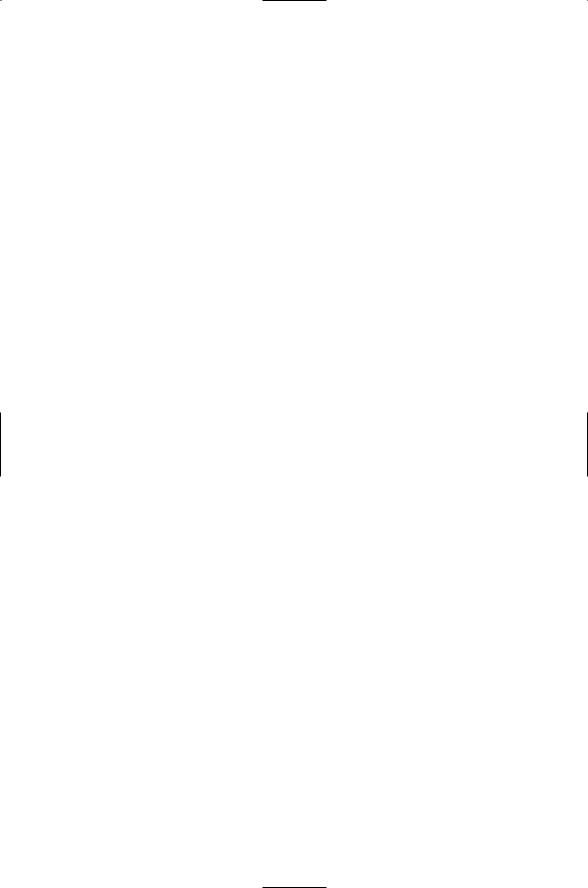
|
|
May 10 |
Khrushchev speaks in the Kremlin at a meeting of rail- |
|
road workers. |
May 11 |
Khrushchev and others are at a concert in the Kremlin |
|
Palace of Congresses. |
May 12 |
Khrushchev receives Pierre Salinger, press secretary to |
|
the president of the United States, in Novoye Ogarevo, |
|
a Moscow country residence. |
May 14–19 |
Khrushchev visits Bulgaria (the cities of Sofia, Haskovo, |
|
Varna, Tolbuhin, Pleven, and Sofia). |
May 20 |
Khrushchev returns to Moscow. |
May 21–23, then |
Khrushchev receives Modibo Keita, the president of the |
May 29–30 |
Republic of Mali, holds negotiations with him, and parti- |
|
cipates in protocol activities. |
May 23 |
Khrushchev, Modibo Keita, and others attend perfor- |
|
mances of the ballets Paganini, Chopiniana, and Nochnoi |
|
Gorod (City at Night) in the Bolshoi Theater. |
May 25 |
Khrushchev speaks on radio and television regarding |
|
international relations. |
May 26 |
Khrushchev is in the Moscow City Council inspecting |
|
projects of reconstruction for Moscow and visits the |
|
exhibition of new finishing materials. |
May 27 |
Khrushchev hosts Van Cliburn, the American pianist, |
|
at the country residence Gorki-9. |
May 28 |
Khrushchev speaks at the opening of an Italian exhibi- |
|
tion in Sokolniki Park. |
May 30 |
Khrushchev speaks in the Kremlin at a public rally in |
|
honor of Modibo Keita. |
June 1 |
Khrushchev speaks at the opening of the “Pioneer’s |
|
Palace” on Vorobyov Hills in Moscow. (The Pioneers are |
|
a youth organization similar to the Scouts; creative activ- |
|
ities like painting, sculpting, singing, dancing, and sports |
|
training are carried out in the Pioneer “palaces.”) |
June 2 |
Khrushchev speaks in the Kremlin at a public rally of |
|
friendship between Soviet and Cuban youth. |
June 2 |
Khrushchev receives a military delegation from Laos |
|
headed by General Kong Le. |
June 4 |
Khrushchev receives Walter Ulbricht, the leader of the GDR. |
June 4 |
Khrushchev receives a delegation from the parliament |
|
of Czechoslovakia headed by Zdenek Fierlinger. |
June 4 |
Khrushchev receives Sourou Migan Apithy, the vice |
|
president of the Republic of Dahomey (after 1975, Benin). |
[ ]
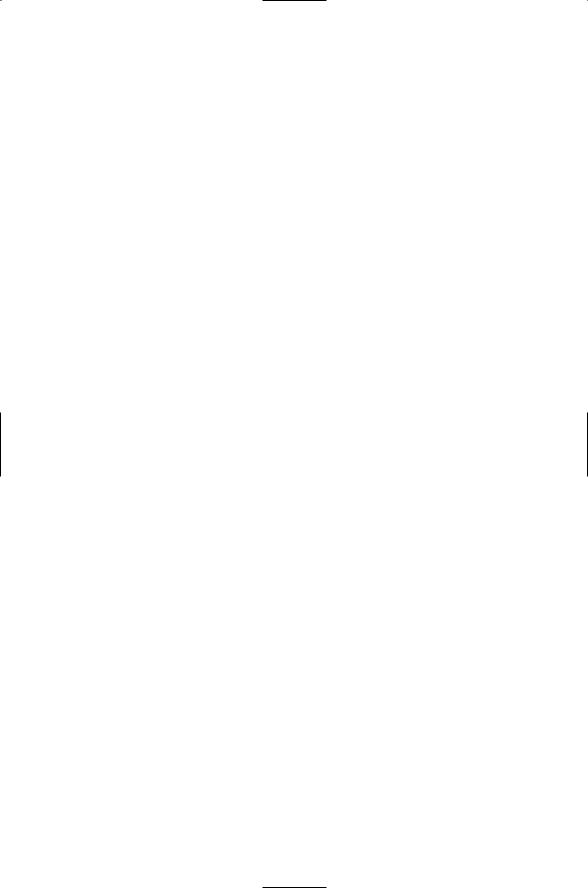
|
|
June 5 and June 13–16 |
Khrushchev receives Mamadou Dia, the head of the |
|
government of Senegal, holds negotiations, and partici- |
|
pates in protocol activities with Mamadou Dia. |
June 6–9 |
Khrushchev is present and speaks at the meeting of |
|
representatives of the countries of COMECON (Coun- |
|
cil of Mutual Economic Assistance). |
June 7 |
Khrushchev receives Wladyslaw Gomulka, the leader of |
|
Poland. |
June 8 |
Khrushchev receives Antonin Novotny, the president |
|
of Czechoslovakia. |
June 8 |
Khrushchev receives Janos Kadar, the leader of Hungary. |
June 8 |
Khrushchev receives Yumjaagiyn Tsedenbal, the leader |
|
of Mongolia. |
June 9 |
Khrushchev receives L. Preti, the minister of foreign |
|
commerce of Italy. |
June 11 |
Khrushchev receives Vasco Leitao da Cunha, the ambas- |
|
sador of Brazil. |
June 11 |
Khrushchev receives Vittorio Valletta, the head of the |
|
Fiat concern of Italy. |
June 12 |
Khrushchev receives Avery Brundage, the chairman of |
|
the International Olympic Committee. |
June 16 |
Khrushchev receives a delegation from the Sejm (the |
|
representative assembly or parliament in Poland) headed |
|
by Czeslaw Wieciech. |
June 16 |
Khrushchev is in the Great Hall of the Moscow Conser- |
|
vatoire at a concert by the American pianist Van Cliburn. |
June 17–25 |
Khrushchev is on an official visit to Romania (the cities |
|
of Bucharest, Onesti, Hunedoara, Craiova, Constanza, |
|
and Bucharest). |
June 25 |
Khrushchev returns to Moscow. |
June 27 |
Khrushchev speaks in the Kremlin at a meeting of |
|
agricultural workers. |
June 28–29, then July 3–5 |
Khrushchev twice receives Alphons Gorbach, the federal |
|
chancellor of Austria, holds negotiations, and partici- |
|
pates in protocol activities. |
June 30 |
Khrushchev receives a delegation from the Communist |
|
Party of Spain headed by Dolores Ibarruri, the chairman |
|
of the party. |
July 1 |
Khrushchev and others are in the Bolshoi Theater at A. |
|
Melikov’s ballet Legend of Love, performed by the Lenin- |
|
grad Kirov Theater of Opera and Ballet. |
[ ]
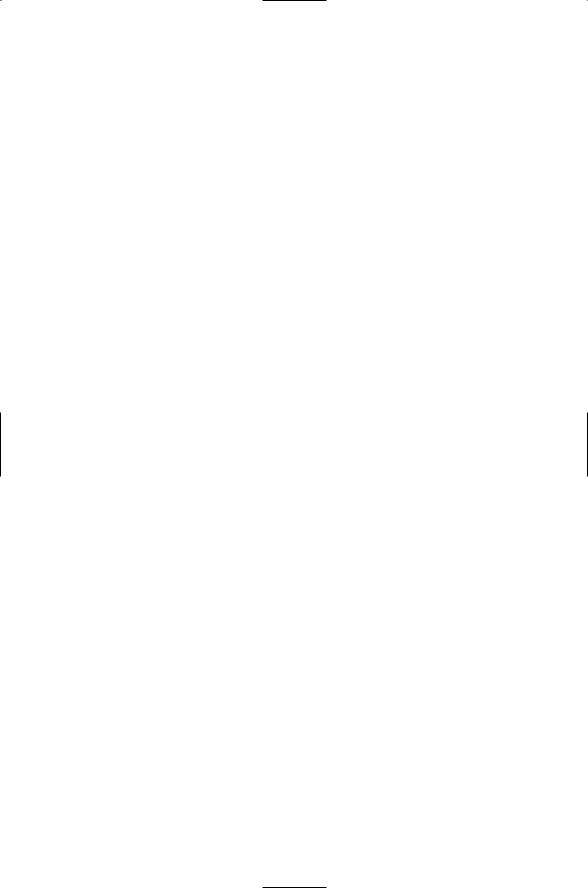
|
|
July 2 |
Khrushchev receives a delegation from the parliament |
|
of Yugoslavia headed by Petar Stambolic. |
July 2 |
Khrushchev speaks on radio and television about the |
|
results of his visit to Romania. |
July 3 |
Khrushchev receives Raúl Castro, the minister of armed |
|
forces of Cuba. |
July 4 |
Khrushchev and others attend a reception in the Ameri- |
|
can Embassy. |
July 5 |
Khrushchev speaks at a reception in the Kremlin in |
|
honor of graduates from the military academies. |
July 5 |
Khrushchev receives an economic delegation from |
|
Yugoslavia. |
July 8 |
Khrushchev hosts a dinner in honor of the Cuban dele- |
|
gation headed by Raúl Castro. |
July 10 |
Khrushchev speaks in the Kremlin at the World Con- |
|
gress for Disarmament and Peace. |
July 10 |
Khrushchev receives L. John Collins, a British canon. |
July 11 |
Khrushchev and others are in the Scientific Research |
|
Agriculture Institute in Nemchinovka in Moscow’s peri- |
|
phery and at the experimental farm “Gorki Leninskiye.” |
July 13 |
Khrushchev gives an interview to a group of American |
|
journalists. |
July 13 |
Khrushchev receives C. Straneo, the ambassador of Italy. |
July 14 |
Khrushchev and Anastas Mikoyan are at the Circus on |
|
Tsvetnoi Boulevard in Moscow at a performance of the |
|
Guangyuan circus from China. |
July 16 |
Khrushchev is in the city of Petrozavodsk at a factory |
|
for paper-making machinery and at other industrial |
|
complexes. |
July 17 |
Khrushchev is in Zapolyarny (Murmansk region) at the |
|
construction site of the Borisoglebsk hydroelectric sta- |
|
tion and visits frontier-guards’ facilities. |
July 18 |
Khrushchev is in the city of Murmansk at the fishing port |
|
and speaks at a public rally on the main city square. |
July 21–23 |
Khrushchev is at a naval exercise of the northern fleet |
|
(Severomorsk naval base, the city of Arkhangelsk) and |
|
at a demonstration of new naval weapons (operation |
|
“Kasatka”). |
July 21 |
Khrushchev gives the crew of the submarine Leninksy |
|
Komsomol orders for their underwater expedition to |
|
the North Pole. |
[ ]
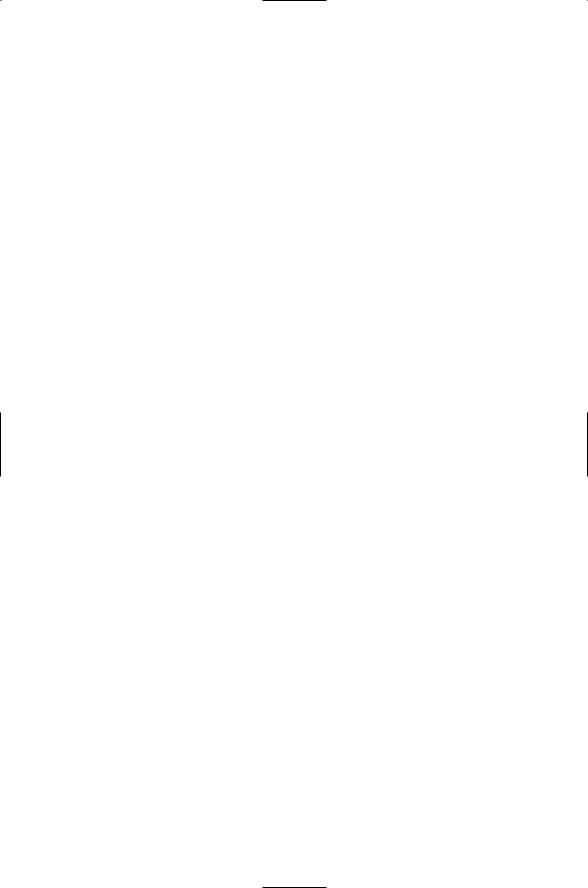
|
|
July 23 |
Khrushchev is in the city of Arkhangelsk at timber |
|
processing mills. |
July 24 |
Khrushchev returns to Moscow. |
July 25 |
Khrushchev receives Llewellyn Thompson, the U.S. ambas- |
|
sador. |
July 25 |
Khrushchev is in the Kremlin at a session of the Supreme |
|
Soviet of the RSFSR. |
26 July |
Khrushchev receives Yumjaagiyn Tsedenbal, the leader |
|
of Mongolia. |
26 July |
Khrushchev receives Modibo Keita, the ambassador of |
|
the Republic of Mali. |
July 26 |
Khrushchev receives Bashir Ben Abbes, the ambassador |
|
of Morocco. |
July 26 |
Khrushchev receives Rafik Asha, the ambassador of |
|
Syria. |
July 27 |
Khrushchev visits collective farms in the Tula and Oryol |
|
region and an iron-ore quarry at Kursk Magnetic Anomaly |
|
in the city of Zheleznogorsk. |
July 28 |
Khrushchev is in his home village of Kalinovka in the |
|
Kursk region. |
July 29 |
Khrushchev speaks at the opening of the Kremenchug |
|
hydroelectric power station on the Dnieper River in |
|
Ukraine. |
July 30 |
Khrushchev is in the city of Dnepropetrovsk visiting a |
|
tire factory as well as the missile factory and design |
|
bureau of Mikhail Yangel. |
July 31 |
Khrushchev visits collective farms in the Kherson region |
|
in Ukraine. |
August 1 |
Khrushchev is on vacation in the city of Yalta, in Crimea. |
August 6–10 |
In Crimea, Khrushchev receives Mohammed Zahir Shah, |
|
the king of Afghanistan, along with Shah Sardar Abdul |
|
Walid Khan, the crown prince, and spends several days |
|
with them. |
August 11 |
Khrushchev talks on the radio with the cosmonaut |
|
Andrian Nikolayev, who is in Earth orbit. |
August 12 |
Khrushchev talks on the radio with the cosmonaut Pavel |
|
Popovich, who is in Earth orbit. |
August 18 |
Khrushchev speaks at a public rally on Red Square and |
|
at a reception in the Kremlin in honor of the cosmonauts |
|
Andrian Nikolayev and Pavel Popovich. |
August 22 |
Khrushchev receives businessmen of Japan in the city |
|
of Yalta. |
[ ]
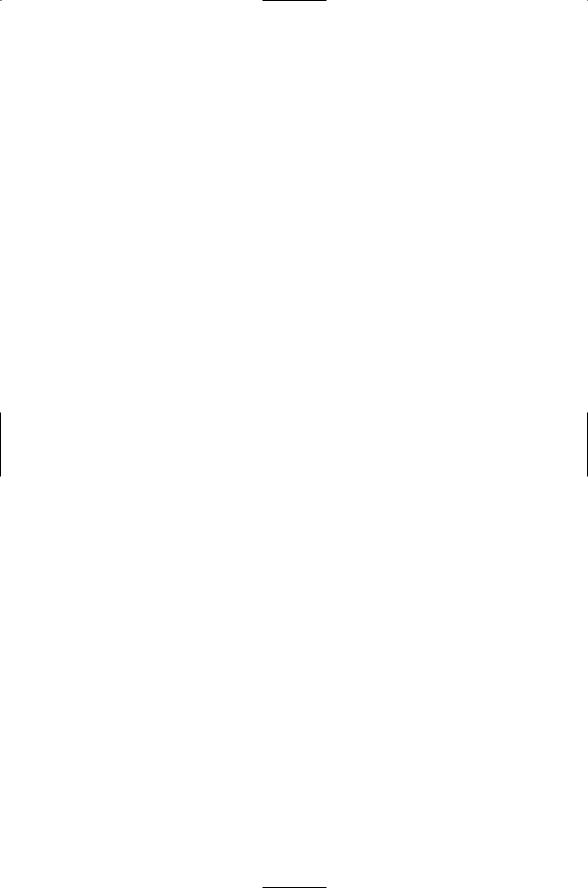
|
|
August 28 |
Khrushchev receives the leader of the GDR, Walter |
|
Ulbricht, in Yalta. |
August 28 |
Khrushchev, in Yalta, receives U Thant, the UN secre- |
|
tary general. |
August 30 |
Khrushchev receives Ernesto Che Guevara and Emilio |
|
Aragones Navarro, leaders of Cuba, in the city of Yalta. |
September 3 |
Khrushchev visits collective farms in the Kuban region. |
September 6 |
Khrushchev receives Stewart L. Udall, the U.S. secretary |
|
of the interior, at the government residence in Pitsunda |
|
peninsula. |
September 7 |
Khrushchev receives Robert Frost, the American poet, |
|
in Pitsunda. |
September 11 |
Khrushchev receives G. Kroll, the ambassador of West |
|
Germany, in Pitsunda. |
September 12 |
Khrushchev receives Ahmed Shukeiry, a minister of |
|
Saudi Arabia, in Pitsunda. |
September 17 |
Khrushchev receives Bruno Pitterman, the vice chan- |
|
cellor of Austria, in the Kremlin. |
September 20 |
Khrushchev is in the town of Ramenskoye in Moscow’s |
|
periphery at an exhibit of new agricultural machines. |
September 24 |
Khrushchev receives Victor Kanga, the minister of the |
|
economy of Cameroon. |
September 24 |
Khrushchev and others examine the passenger airliner |
|
IL-62 and helicopters designed by Mikhail Mil. |
September 26–30 |
Khrushchev is in Turkmenistan (the cities of Ashgabat, |
|
Mari, and Nebitdag). |
October 1–2 |
Khrushchev is in Tajikistan (the city of Dushanbe), at |
|
the exhibition of agricultural goods produced in the |
|
republic. |
October 3–8 |
Khrushchev is in Uzbekistan (the city of Tashkent, at |
|
an agricultural exhibit on the Golodny Steppe; the town |
|
of Almalyk, the center of nonferrous metals produc- |
|
tion; Tashkent, at an aircraft plant; and is present at a |
|
meeting of local activists). |
October 10 |
Khrushchev returns to Moscow. |
October 11 |
Khrushchev receives Max Reiman, the secretary of the |
|
Central Committee of the Communist Party of Germany. |
October 11 |
Khrushchev receives Igor F. Stravinsky, the composer. |
October 12 |
Khrushchev and others are in the Kremlin theater at a |
|
performance of P. Danilov’s Levonikha by the Vitebsk |
|
Classic Dramatic Theater. |
[ ]
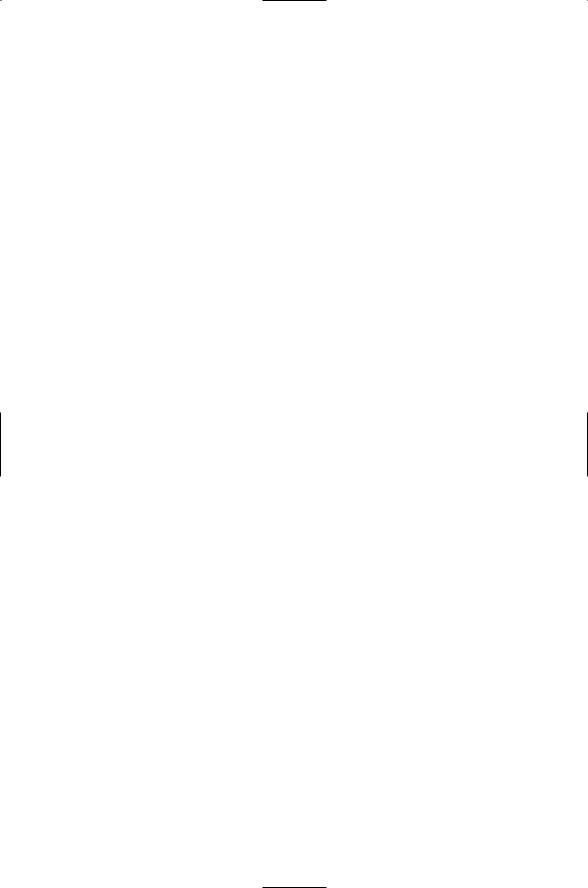
|
|
October 13 |
Khrushchev and others inspect new stations of the |
|
Kaluzhskaya of the Moscow line subway. |
October 14 |
Khrushchev hosts a dinner in honor of Liu Xiao, the |
|
ambassador of China. |
October 15 |
Khrushchev receives Urho Kaleva Kekkonen, the presi- |
|
dent of Finland. |
October 15 |
Khrushchev and Urho Kaleva Kekkonen attend a per- |
|
formance of Adolphe Adam and L. Delibes’ ballet Cor- |
|
sair at the Moscow Musical Theater named in honor |
|
of K. Stanislavsky and N. Nemirovich-Danchenko. |
October 16 |
Khrushchev receives Foy D. Kohler, the U.S. ambassador. |
October 16 |
Khrushchev and Urho Kaleva Kekkonen attend a per- |
|
formance of P. I. Tchaikovsky’s opera Eugene Onegin at |
|
the Bolshoi Theater. |
October 17 |
Khrushchev hosts a dinner in honor of Urho Kaleva |
|
Kekkonen. |
October 18 |
Khrushchev is in the Kremlin Palace of Congresses at a |
|
formal session commemorating the 150th anniversary |
|
of the First Great Patriotic War (against invasion by |
|
Napoleon in 1812). |
October 19 |
Khrushchev receives a military delegation from East |
|
Germany headed by the army general G. Gofman. |
October 23–28 |
Khrushchev, along with the U.S, President John F. |
|
Kennedy, works on the resolution of the Cuban crisis. |
October 23 |
Khrushchev and Gheorghe Gheorghiu-Dej, the leader of |
|
Romania, are at the Bolshoi Theater for a performance |
|
of Mussorgsky’s opera Boris Godunov. |
October 24 |
Khrushchev receives William Knox, the president of the |
|
American company Westinghouse Electric, Inc. |
October 26 |
Khrushchev receives Keshava Deva Malaviya, the min- |
|
ister of mining of India. |
October 26 |
Khrushchev receives Mahmud Forugi, the deputy minis- |
|
ter of foreign affairs of Iran. |
October 26 |
Khrushchev and others are in the Moscow Tchaikovsky |
|
Concert Hall at a concert of Cuban artists of the “Los |
|
Bocucos” orchestra. |
October 28 |
Khrushchev and others are in the Kremlin Theater at |
|
P. Yavorov’s play U Podnozhnya Vitosh, presented by the |
|
Ivan Vazov National Theater (Bulgaria). |
October 30 |
Khrushchev receives Antonin Novotny, the president |
|
of Czechoslovakia, and hosts a dinner in his honor. |
[ ]
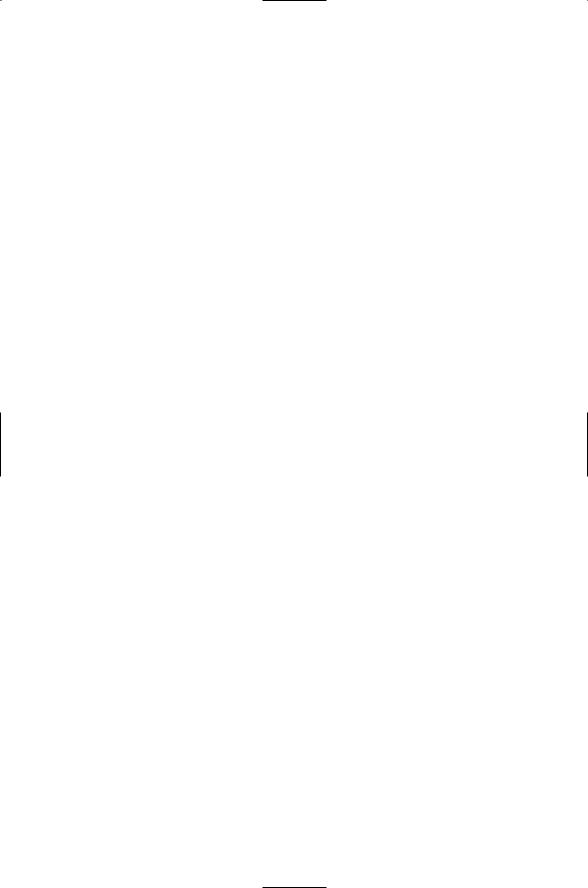
|
|
October 30 |
Khrushchev receives Sardar Mohammed Naim, the minis- |
|
ter of foreign affairs of Afghanistan. |
November 1 |
Khrushchev, Walter Ulbricht, and others are at a con- |
|
cert in the Kremlin Palace of Congresses. |
November 2 |
Khrushchev receives Walter Ulbricht, the leader of the |
|
GDR, and hosts a dinner in his honor. |
November 3 |
Khrushchev receives Todor Zhivkov, the leader of Bul- |
|
garia, and hosts a dinner in his honor. |
November 4 |
Khrushchev receives Wladyslaw Gomulka, the leader |
|
of Poland, and hosts a dinner in his honor. |
November 6 |
Khrushchev is in the Kremlin Palace of Congresses at a |
|
formal session in commemoration of the anniversary |
|
of the October 1917 revolution. |
November 7 |
Khrushchev stands on the Tribune of the Lenin Mauso- |
|
leum in Moscow, watching the military parade and |
|
Muscovite procession, then attends a reception in the |
|
Kremlin commemorating the anniversary of the October |
|
1917 revolution. |
November 8 |
Khrushchev receives Janos Kadar, the leader of Hungary, |
|
and hosts a dinner in his honor. |
November 9 |
Khrushchev receives T. N. Kaul, the ambassador of India. |
November 9 |
Khrushchev receives Jibril Maiga, the ambassador of |
|
the Republic of Mali. |
November 19 |
Khrushchev reports to the Plenum of the Central Com- |
|
mittee of the CPSU about reform of the administrative |
|
structure of the economy. |
November 20 |
Khrushchev and others are at the Bolshoi Theater for |
|
the premiere of Giuseppe Verdi’s opera Falstaff. |
November 22 |
Khrushchev and others are in the Kremlin Palace of |
|
Congresses at Tchaikovsky’s opera Mazepa, performed by |
|
the Kiev National Academic Theater of Opera and Ballet |
|
named in honor of Taras Shevchenko. |
November 24 |
Khrushchev receives T. N. Kaul, the ambassador of India. |
November 24 |
Khrushchev and others are in the Kremlin Palace of |
|
Congresses at P. Maiboroda opera Arsenal, performed |
|
by the Kiev National Academic Theater of Opera and |
|
Ballet named in honor of Taras Shevchenko. |
November 28 |
Khrushchev receives Arnold C. Smith, the ambassador |
|
of Canada. |
November 28 |
Khrushchev receives Crecencio Perez, a Cuban statesman. |
[ ]
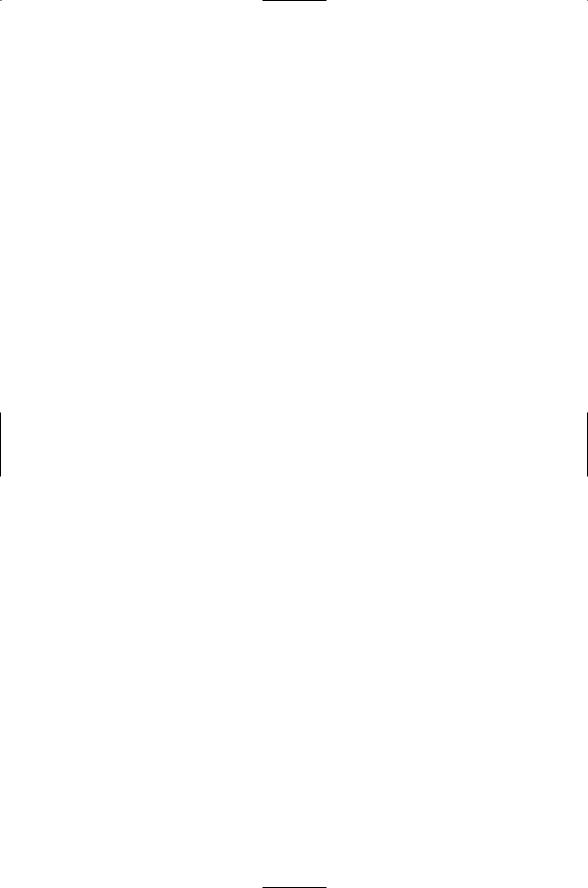
|
|
November 30 |
Khrushchev presides at a meeting of the Council of |
|
Ministers of the USSR that considers questions regarding |
|
the regulation of the country’s economy. |
November 30 |
Khrushchev is in the Kremlin Palace of Congresses at |
|
N. Lysenko’s opera Taras Bulba, performed by the Kiev |
|
National Academic Theater of Opera and Ballet named |
|
in honor of Taras Grigorevich Shevchenko. |
December 1 |
Khrushchev and others are in the Manege Hall at an |
|
exhibition on the 30th anniversary of the Moscow Artists |
|
Union. |
December 3 |
In the Moscow district of Cheryomushki, Khrushchev |
|
visits a weaving factory located in a building built with |
|
windowless American technology. |
December 5 |
Khrushchev receives Josip B. Tito, the president of |
|
Yugoslavia. |
December 5 |
Khrushchev, Josip B. Tito, and others are in the Kremlin |
|
Palace of Congresses at Giuseppe Verdi’s opera Un ballo |
|
in maschera, performed by the Kiev National Academic |
|
Theater of Opera and Ballet. |
December 6–8 |
Khrushchev twice receives the president of Yugoslavia, |
|
Josip B. Tito, holds negotiations, and participates in pro- |
|
tocol activities. |
December 8 |
Khrushchev and others are in the Kremlin Palace of |
|
Congresses at a concert of Ukrainian performers. |
December 10 |
Khrushchev is in the Kremlin at the opening of the ses- |
|
sion of the USSR Supreme Soviet. |
December 11 |
Khrushchev receives Carlos Rafael Rodriguez, the direc- |
|
tor of the Institute of Agrarian Reform of Cuba, and |
|
hosts a dinner in his honor. |
December 12 |
Khrushchev reports to the session of the USSR Supreme |
|
Soviet on international affairs. |
December 12 |
Khrushchev receives Shripad Amrid Dange, the chairman |
|
of the Communist Party of India. |
December 14 |
Khrushchev and others are in the Kremlin Palace of |
|
Congresses at a concert of Kazakh artists. |
December 15–16 |
Khrushchev and Josip B. Tito are in the Zavidovo hunting |
|
preserve on Moscow’s periphery. |
December 17 |
Khrushchev receives a delegation from Poland headed |
|
by Marian Spychalski, the minister of defense. |
December 17 |
Khrushchev is in the Dom Priemov (reception hall) |
|
in the Vorobyov Hills in Moscow, at a meeting with |
|
intellectuals. |
[ ]
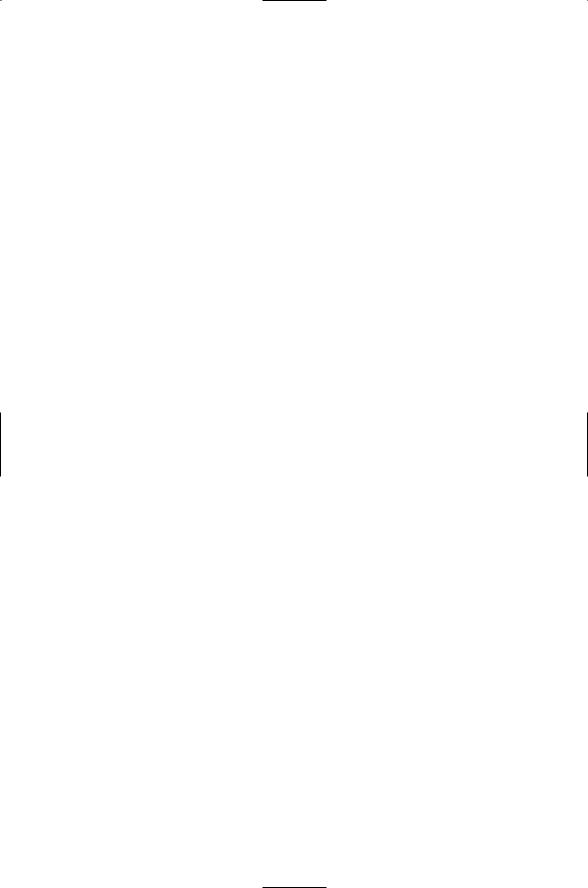
|
|
December 18 |
Khrushchev receives Biro Boubacar Barry, the ambas- |
|
sador of Guinea. |
December 19–20 |
Khrushchev and Josip B. Tito are in the city of Kiev. |
December 24 |
Khrushchev in Kiev speaks at a meeting on the refor- |
|
mation of the economy. |
December 25 |
Khrushchev visits the Research Institute of Superhard |
|
Materials in Kiev. |
December 29 |
Khrushchev receives Wladyslaw Gomulka, Jozef Cyran- |
|
kiewicz, and Zenon Kliszko, Polish leaders, in Kiev. |
1963 |
|
January 1 |
Khrushchev answers questions from a correspondent |
|
of the English newspaper Daily Express. |
January 1 |
Khrushchev speaks at the New Year’s reception at the |
|
Kremlin. |
January 2 |
Khrushchev receives John Gollan, the leader of the Com- |
|
munist Party of Great Britain. |
January 3 |
Khrushchev receives Pan Xili, the ambassador of China. |
January 5 |
Khrushchev and others are at an exhibition of machines |
|
and automation devices. |
January 9 |
Khrushchev receives Eero A. Wuori, the ambassador of |
|
Finland. |
January 10 |
Khrushchev is in the city of Brest. |
January 11–13 |
Khrushchev and Nikolay Podgorny are in the city of |
|
Warsaw. |
January 14 |
Khrushchev is in the GDR. |
January 16 |
Khrushchev is present at the 6th convention of the |
|
United Socialist Party of Germany, in Berlin. |
January 17–22 |
Khrushchev is in East Germany and visits the frontier |
|
guards of the GDR, Checkpoint Charlie, factories in |
|
Berlin, metallurgists of Eisenhuttenstadt, and Soviet |
|
troops in Germany. |
January 23 |
Khrushchev is in the city of Warsaw. |
January 27 |
Khrushchev answers questions from a Mexican reporter |
|
of the newspaper Espana Popular. |
January 28 |
Khrushchev returns to Moscow. |
January 29 |
Khrushchev and others are in the Kremlin Palace of |
|
Congresses at Rimsky-Korsakov’s opera Sadko. |
February 1 |
Khrushchev receives Antonin Novotny, the president of |
|
Czechoslovakia, and hosts a dinner in his honor. |
February 1 |
Khrushchev and others are in the Kremlin Palace of Con- |
|
gresses at a performance of Georgian dancers. |
[ ]
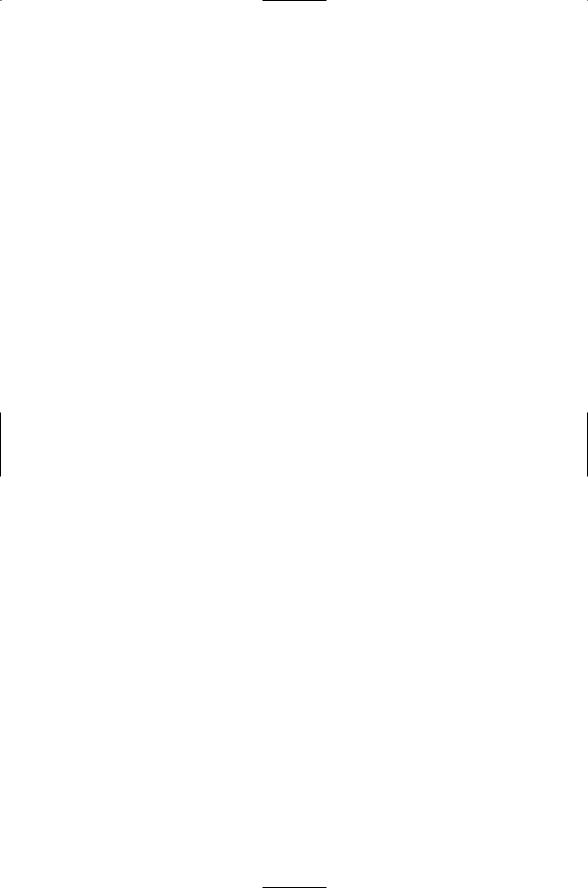
|
|
February 4 |
Khrushchev receives Geza Revesz, the ambassador of |
|
Hungary. |
February 5 |
Khrushchev receives a delegation from the Communist |
|
Party of Algeria. |
February 6 |
Khrushchev receives Richard Dvorak, the ambassador |
|
of Czechoslovakia. |
February 9 |
Khrushchev gives an interview to French television. |
February 9 |
Khrushchev familiarizes himself with new construction |
|
projects in Moscow, including Novy Arbat. |
February 9 |
Khrushchev receives Sir Roy Thomson, the publisher |
|
and chairman of a British newspaper Consortium. |
February 11 |
Khrushchev presides at a session of the Council of |
|
Defense at the factory named in honor of M. V. Khru- |
|
nichev (Branch No. 1 Experimental Design Bureau-52 |
|
of Vladimir Chelomei) on advanced missile technology |
|
(without media publicity). [SK]. |
February 13 |
Khrushchev receives Savang Vatthana, king of Laos, and |
|
participates in protocol activities. |
February 14 |
Khrushchev receives Souvanna Phouma, the prime |
|
minister of Laos. |
February 19 |
Khrushchev receives Todor Zhivkov, the leader of Bulgaria. |
February 20 |
Khrushchev receives members of the executive com- |
|
mittee of COMECON (Council for Mutual Economic |
|
Assistance). |
February 21 |
Khrushchev receives Ahti Karjalainen, the prime min- |
|
ister of Finland, and hosts a dinner in his honor. |
February 22 |
Khrushchev is in the Kremlin Palace of Congresses at a |
|
formal session commemorating the 45th anniversary of |
|
the Armed Forces. |
February 22 |
Khrushchev receives Ahti Karjalainen. |
February 23 |
Khrushchev receives a delegation from the Communist |
|
Party of Brazil headed by Luis Carlos Prestes. |
February 25 |
Khrushchev receives a delegation from the Communist |
|
Party of Czechoslovakia headed by Jiri Henrik. |
February 27 |
Khrushchev makes a campaign speech to voters in his |
|
candidacy to the Supreme Soviet of the RSFSR in the |
|
Kalinin voting district of the city of Moscow. |
March 1 |
Khrushchev receives R. K. Nehru, the general secretary |
|
of the ministry of foreign affairs of India. |
March 1 |
Khrushchev speaks in the Kremlin at a reception in |
|
honor of Ahti Karjalainen. |
[ ]
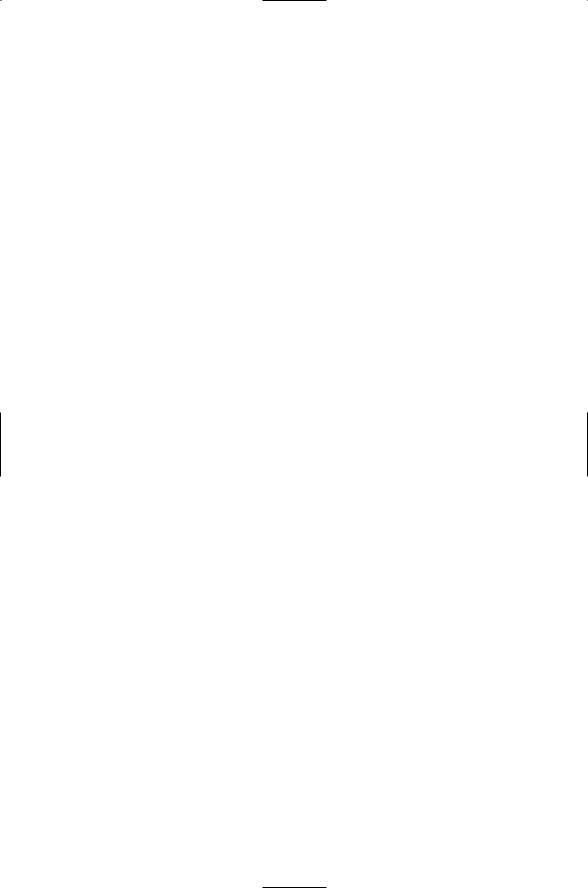
|
|
March 3 |
Khrushchev is in the Bolshoi Theater for a performance |
|
of Giuseppe Verdi’s opera La Traviata. |
March 6 |
Khrushchev receives Adam Malik, the ambassador of |
|
Indonesia. |
March 6 |
Khrushchev receives Sir Humphrey Trevelyan, the ambas- |
|
sador of Great Britain. |
March 7–8 |
Khrushchev is present in the Kremlin at a meeting of |
|
writers, painters, and other artists. |
March 8 |
Khrushchev is in the Bolshoi Theater at the formal ses- |
|
sion in honor of International Women’s Day. |
March 9 |
Khrushchev receives H. Grepper, the ambassador of West |
|
Germany. |
March 9 |
Khrushchev receives U Pe Kin, the ambassador of Burma. |
March 12 |
Khrushchev speaks in the Kremlin at a meeting of the |
|
officials of territorial agricultural administrations. |
March 14 |
Khrushchev is in the towns of Novomoskovsk and Shche- |
|
kino in the Tula region and visits a chemical industrial |
|
complex. |
March 15 |
Khrushchev is in the city of Kursk at a factory producing |
|
synthetic fibers. |
March 16 |
Khrushchev is in the Donetsk region in the town of |
|
Lisichansk, visiting a chemical industrial complex. |
March 17 |
Khrushchev is in the town of Nevinnomyssk, visiting a |
|
chemical industrial complex in Stavropol region. |
March 30 |
Khrushchev gives an interview to P. Silveyra, director |
|
of the Brazilian newspaper Ultima Ora. |
April 1 |
Khrushchev receives a delegation from the parliament |
|
of Somalia at the Pitsunda peninsula country residence. |
April 3 |
Khrushchev receives Svetozar Vukmanovic-Tempo, the |
|
leader of trade unions of Yugoslavia, at the Pitsunda |
|
peninsula country residence. |
April 20 |
Khrushchev receives Ali Sabri, the prime minister of |
|
Egypt, in the Kremlin. |
April 20 |
Khrushchev gives an interview to I. Pietro, director of |
|
the Italian newspaper Giorno. |
April 22 |
Khrushchev is in the Kremlin at a formal session in |
|
commemoration of Lenin’s birthday. |
April 24 |
Khrushchev is in the Kremlin at a meeting of industrial |
|
managers of the Russian Federation. |
April 24 |
Khrushchev receives Sir Humphrey Trevelyan, the ambas- |
|
sador of Great Britain. |
[ ]
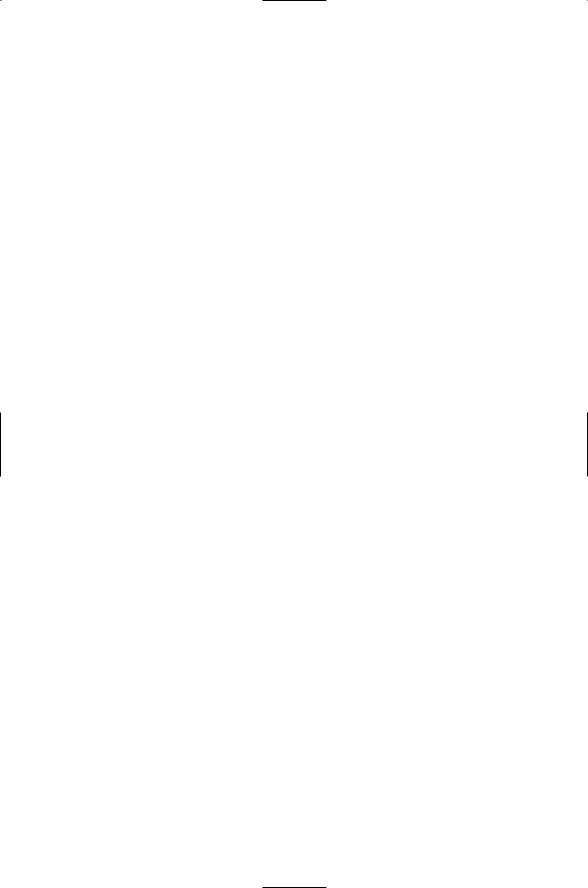
|
|
April 26 |
Khrushchev receives a delegation from the Communist |
|
Party of Canada. |
April 26 |
Khrushchev receives Averell Harriman, the U.S. deputy |
|
secretary of state. |
April 28 |
Khrushchev receives a military delegation from Czecho- |
|
slovakia headed by General Bohumir Lomsky. |
April 28 |
Khrushchev speaks at a public rally in Red Square in |
|
honor of the leader of Cuba, Fidel Castro. |
April 29 |
Khrushchev receives Fidel Castro. |
May 1 |
Khrushchev stands on the Tribune of the Lenin Mauso- |
|
leum in Moscow, watching the military parade and |
|
Muscovite procession, then attends a reception in the |
|
Kremlin in honor of May 1, Labor Day. |
May 2 |
Khrushchev and Fidel Castro are at the stadium in |
|
“Luzhniki” at a sport festival. |
May 2 |
Khrushchev and Fidel Castro are at a concert in the |
|
Kremlin Palace of Congresses. |
May 3 |
Khrushchev receives a military delegation from Mon- |
|
golia headed by General J. Lhagvasuren. |
May 3–5 |
Khrushchev and Fidel Castro are in the Zavidovo hunting |
|
preserve on the Moscow periphery. |
May 8 |
Khrushchev receives British industrialists. |
May 10 |
Khrushchev receives Abdul Hakim Shahalami, the ambas- |
|
sador of Afghanistan. |
May 10 |
Khrushchev receives I. Sipka, the ambassador of Hungary. |
May 10 |
Khrushchev receives Roswell Garst, an American farmer. |
May 11 |
Khrushchev receives a delegation from the Communist |
|
Party of Uruguay. |
May 11 |
Khrushchev receives Tahmuras Adamiyat, the ambas- |
|
sador of Iran. |
May 11 |
Khrushchev receives T. B. Subasinghe, the ambassador |
|
of Ceylon. |
May 11 |
Khrushchev receives F. Zuhir, the ambassador of Tunisia. |
May 13 |
Khrushchev receives a parliamentary delegation from |
|
Mexico. |
May 13 |
Khrushchev inspects new construction sites in Moscow: |
|
Novy Arbat, Vosstaniya Square, Manege Square, and |
|
Novye Cheremushki district. |
May 14 |
Khrushchev receives Bertold Beitz, one of the managers |
|
of Krupp, the West German company. |
May 14 |
Khrushchev visits the Moscow prefabricated-concrete- |
|
panel factories “Prokatdetal” and “Metrostoy.” |
[ ]
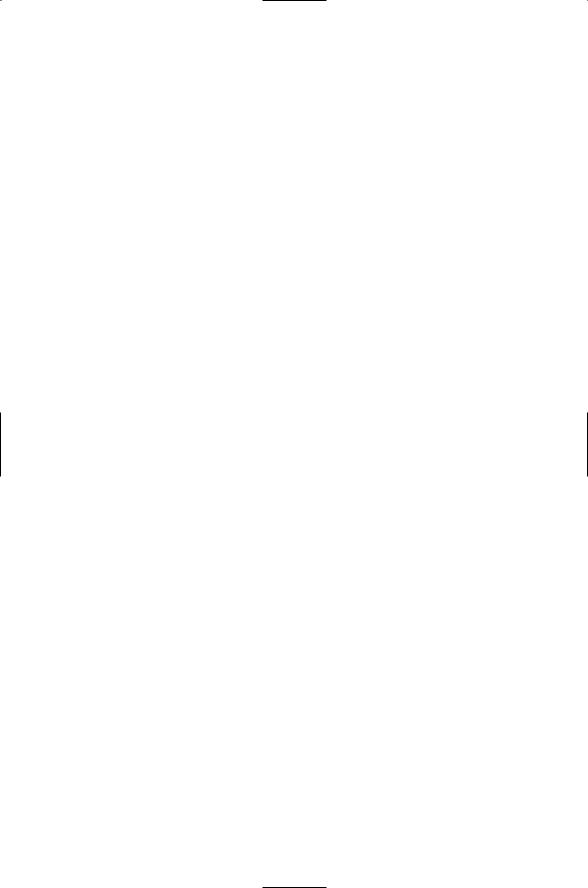
|
|
May 17 |
Khrushchev inspects projects of monuments to Lenin |
|
and Space Explorers. |
May 17 |
Khrushchev and others watch the German documen- |
|
tary film Russian Miracle. |
May 24 |
Khrushchev speaks at the stadium in Luzhniki at a public |
|
rally in honor of Fidel Castro and then at a reception |
|
in his honor in the Kremlin. |
May 24 |
Khrushchev and Fidel Castro visit the intercontinental |
|
missiles base in Kalinin (Tver) region. |
May 24-June 2 |
Khrushchev and Fidel Castro are at Pitsunda peninsula |
|
country residence and at Lake Ritsa in Abkhazia, then |
|
in the city of Tbilisi and the town of Rustavi in Georgia. |
May 27 |
Khrushchev receives Larbi Bouhali, the leader of the |
|
Algerian communists. |
June 2 |
Khrushchev receives Victorio Codovilla, leader of the |
|
communists of Argentina. |
June 3–5 |
Khrushchev is in the city of Yaroslavl at a tire factory, a |
|
synthetic rubber factory, and the Novoyaroslavsk oil |
|
refinery. |
June 6 |
Khrushchev receives an economic delegation from Indo- |
|
nesia in the Kremlin. |
June 8 |
Khrushchev answers questions from the correspondents |
|
of the Italian newspapers Paese Sera and Ora. |
June 8 |
Khrushchev receives a delegation from Egypt headed |
|
by the vice president, Marshal Abdel Hakim Amer. |
June 10 |
Khrushchev receives Harold Wilson, the leader of the |
|
British Labour Party. |
June 11 |
Khrushchev receives Luigi Longo, the deputy of the leader |
|
of the Italian communists, and hosts a dinner in his honor. |
June 11 |
Khrushchev receives Mohammad Zafarullah Khan, the |
|
chairman of the 17th session of the UN General Assem- |
|
bly and the representative of Pakistan to the U.N. |
June 12 |
Khrushchev receives Julian Amery, the minister of avia- |
|
tion of Great Britain. |
June 12 |
Khrushchev receives a parliamentary delegation from |
|
Turkey. |
June 14 |
Khrushchev talks on the radio with the cosmonaut Valery |
|
Bykovsky who is in earth orbit. |
June 16 |
Khrushchev talks on the radio with Valentina Tereshkova |
|
who is in orbit. |
June 21 |
Khrushchev speaks at the Plenum of the Central Com- |
|
mittee of the CPSU. |
[ ]
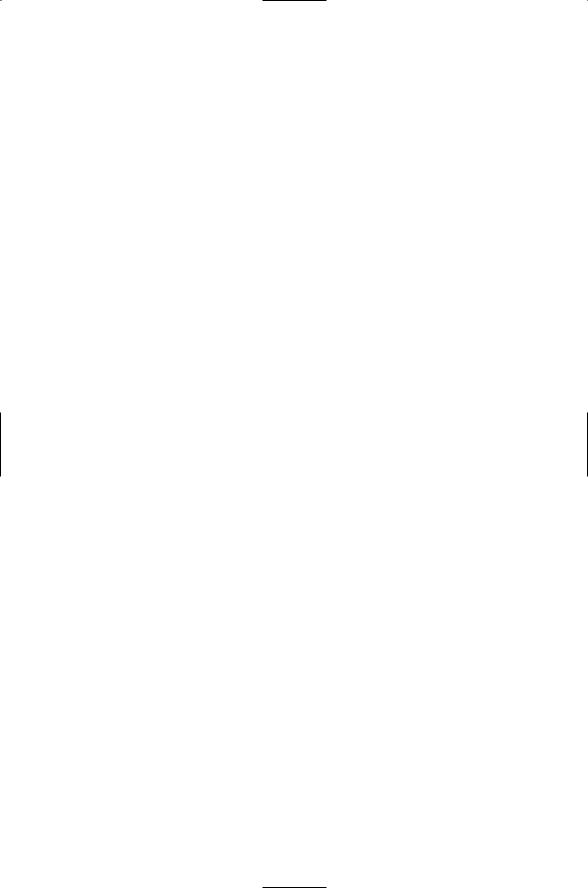
|
|
June 22 |
Khrushchev speaks at a public rally in Red Square in |
|
Moscow and at a reception in the Kremlin in honor of the |
|
cosmonauts Valery Bykovsky and Valentina Tereshkova. |
June 26 |
Khrushchev speaks in the Kremlin at the reception in |
|
honor of the graduates of military academies. |
June 29–July 3 |
Khrushchev is in the city of Berlin to celebrate the |
|
70th birthday of Walter Ulbricht, the leader of the GDR |
|
(visits a Berlin machine-tool factory, the Group of Soviet |
|
Troops, and appears at a public rally in Berlin). |
July 4 |
Khrushchev returns to Moscow. |
July 8 |
Khrushchev receives Paul-Henri Spaak, the former prime |
|
minister of Belgium, in the city of Kiev. |
July 10 |
Khrushchev receives a delegation from Hungary headed |
|
by Janos Kadar. |
July 11 |
Khrushchev receives a military delegation from Roma- |
|
nia headed by General Leontin Salajan. |
July 11 |
Khrushchev receives a delegation from Hungary headed |
|
by Janos Kadar and hosts a breakfast in his honor. |
July 11 |
Khrushchev, Janos Kadar, and others attend a per- |
|
formance of Tchaikovsky’s ballet Swan Lake by the |
|
Novosibirsk State Academic Opera and Ballet Theater |
|
in the Bolshoi Theater. |
July 13 |
Khrushchev is at the Exhibition of National Economic |
|
Achievements (in Moscow) at a competition of sheep |
|
shearing, including Godfrey Bowen from New Zealand, |
|
the world champion. |
July 15 |
Khrushchev receives Averell Harriman, the U.S. deputy |
|
secretary of state. |
July 15 |
Khrushchev receives Lord Hailsham, the minister of |
|
science and technology of Great Britain. |
July 16 |
Khrushchev receives Maurice Dejean, the ambassador |
|
of France. |
July 17 |
Khrushchev receives Mohammed Benyahya, the ambas- |
|
sador of Algeria. |
July 17 |
Khrushchev receives Mikael Imru, the ambassador of |
|
Ethiopia. |
July 19 |
Khrushchev speaks in the Kremlin at a public rally in |
|
honor of the delegation from Hungary. |
July 19 |
Khrushchev speaks at a reception in the Embassy of |
|
Hungary in Moscow. |
July 20 |
Khrushchev is at an Indian exhibition in Sokolniki Park. |
[ ]
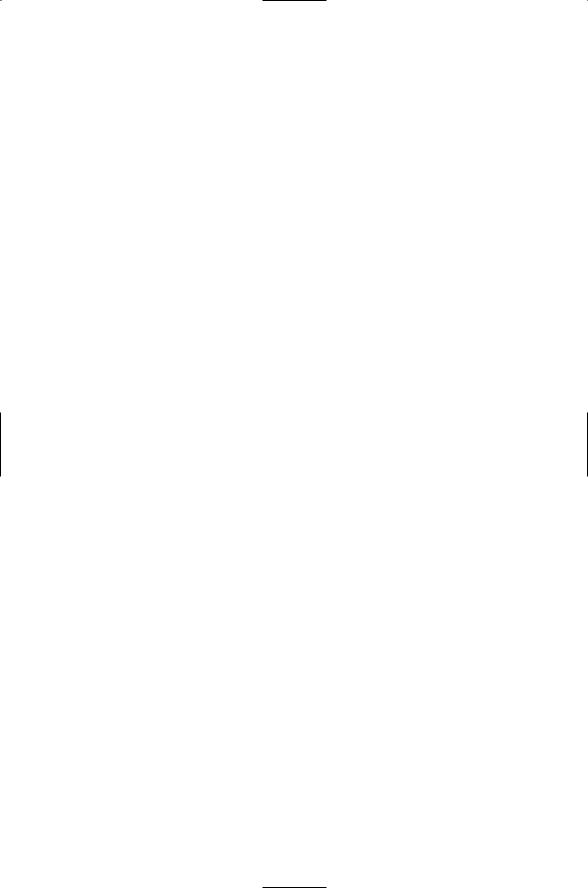
|
|
July 20 |
Khrushchev attends a dinner in honor of the delegation |
|
from the Communist Party of China headed by Deng |
|
Xiaoping. |
July 20 |
Khrushchev is present at a reception in the Kremlin in |
|
honor of the delegation from Hungary. |
July 21 |
Khrushchev, Janos Kadar, and others are aboard the |
|
passenger ship Maxim Gorky, travel along the Moscow- |
|
Volga canal, and later attend a track and field athletic |
|
competition between the USSR and the United States |
|
at “Luzhniki” Moscow Stadium. |
July 22 |
Khrushchev receives a delegation from the Communist |
|
Party of Indonesia headed by Dipa Nusantara Aidit and |
|
hosts a dinner in their honor. |
July 25 |
Khrushchev attends a breakfast in the Embassy of India |
|
in honor of Indira Gandhi (daughter of Jawaharlal Nehru). |
July 26 |
Khrushchev receives Averell Harriman. |
July 26 |
Khrushchev hosts a dinner in honor of Averell Harriman |
|
and Lord Hailsham. |
July 26 |
Khrushchev participates in a conference of the con- |
|
sultative committee of the Warsaw Pact countries and |
|
COMECON (Council for Mutual Economic Assistance) |
|
and hosts a dinner in honor of the delegations. |
July 27 |
Khrushchev answers questions from the correspondents |
|
of the newspapers Pravda and Izvestia. |
July 27 |
Khrushchev receives Indira Gandhi. |
July 27 |
Khrushchev receives Yumjaagiyn Tsedenbal, the leader |
|
of Mongolia. |
July 29 |
Khrushchev receives Manolis Glezos, the Greek politi- |
|
cian, and hosts a dinner in his honor. |
July 30 |
Khrushchev receives an agricultural delegation from the |
|
United States headed by Orville L. Freeman, the agri- |
|
culture secretary |
July 30 |
Khrushchev is in the Moscow City Council studying the |
|
plans of the reconstruction of the city (the subway, |
|
traffic in the downtown area, the southwestern district, |
|
and the resort area near the Klyazma Water Reservoir). |
July 31 |
Khrushchev visits the new resort area at the Klyazma |
|
Water Reservoir near Moscow. |
August 2 |
Khrushchev hosts a dinner in honor of Abdirashid Ali |
|
Shermark, the prime minister of Somalia. |
[ ]
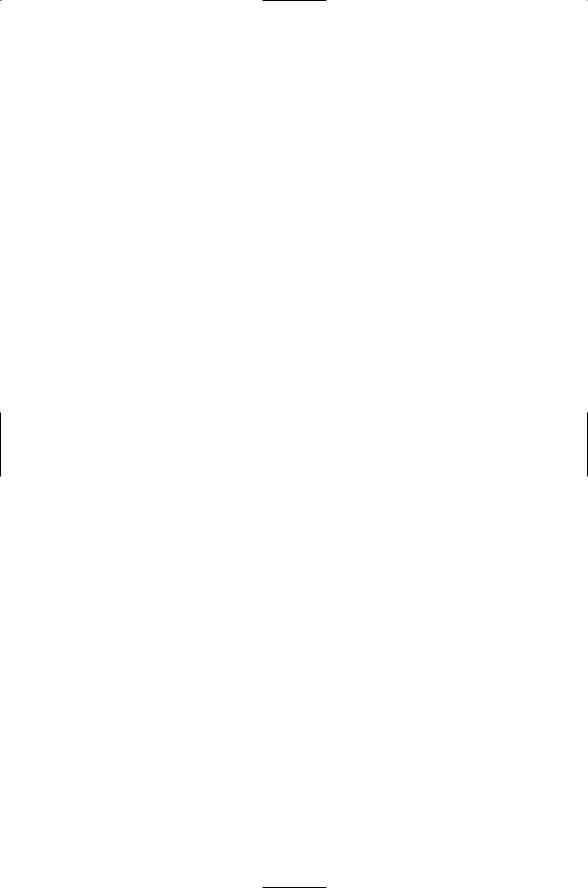
|
|
August 5 |
Khrushchev is present in the Kremlin at the signing |
|
ceremony of the Nuclear Test Ban Treaty in three envi- |
|
ronments. |
August 5 |
Khrushchev receives Dean Rusk, the U.S. secretary of |
|
state. |
August 5 |
Khrushchev receives Sir Alec Douglas-Home, the British |
|
foreign secretary. |
August 5 |
Khrushchev receives U Thant, the UN secretary general. |
August 5 |
Khrushchev speaks at a reception in the Kremlin com- |
|
memorating the signing of the Nuclear Test Ban Treaty |
|
in three environments. |
August 9 |
Khrushchev receives Dean Rusk, the U.S. secretary of |
|
state, at the Pitsunda peninsula country residence. |
August 13 |
Khrushchev receives a group of Soviet and European |
|
writers in Pitsunda. |
August 14 |
Khrushchev receives Cvetin Mijatovic, the ambassador |
|
of Yugoslavia, in Pitsunda. |
August 16 |
Khrushchev receives in Pitsunda Earl Warren, the chief |
|
justice of the U.S. Supreme Court, Drew Pearson, a corre- |
|
spondent of The New York Times, and Mrs. A. Meyer. |
August 20–September 3 |
Khrushchev on vacation in Yugoslavia (the cities of Bel- |
|
grade, Skopje, Cetinje, Split, the Brioni islands, Ljubl- |
|
jana, Velenje, Bled, Zagreb, and Belgrade). |
September 3 |
Khrushchev returns to Moscow. |
September 4 |
Khrushchev receives Thomas Dehler, the deputy of the |
|
West German Bundestag. |
September 5 |
Khrushchev is at a Bulgarian exhibition in Sokolniki Park. |
September 8 |
Khrushchev and others are in the Kremlin Theater for |
|
a concert by the Sofia chamber choir. |
September 11 |
Khrushchev is in the Agriculture Research Institute |
|
for the Non Black Soil Region examining kidney-bean |
|
harvesters. |
September 11 |
Khrushchev receives Frederick Erroll, the secretary of |
|
trade of Great Britain. |
September 16–17 |
Khrushchev visits collective farms in the Volgograd |
|
region and the Volga Chemical Industrial Complex. |
September 18–24 |
Khrushchev is in the city of Astrakhan. |
September 25 |
Khrushchev is in the Kuban region visiting collective |
|
farms. |
September 26 |
Khrushchev is in the city of Krasnodar speaking at a |
|
meeting of agricultural workers. |
September 26 |
Khrushchev is in the Kherson region, Ukraine. |
[ ]
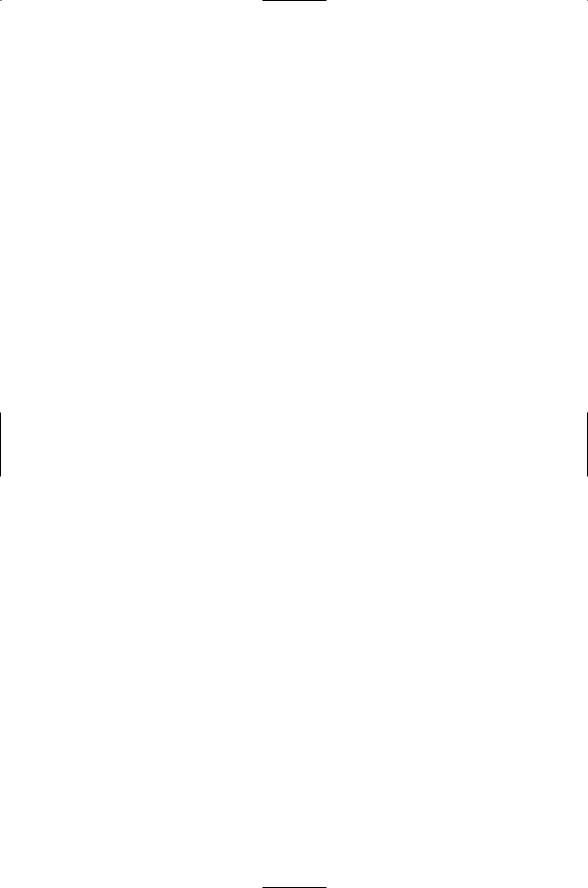
|
|
September 27 |
Khrushchev is in the city of Novaya Kakhovka and then |
|
departs to the city of Yalta for a vacation. |
October 17 |
Khrushchev is in the town of Krasnoperekopsk in Crimea |
|
and speaks at the opening ceremony of the Severokrim- |
|
sky Canal (North Crimean Irrigation Canal). |
October 21–22 |
Khrushchev twice receives in the Kremlin Solomon West |
|
Ridgeway Dias Bandaranaike, the prime minister of |
|
Ceylon (Sri Lanka). |
October 23 |
Khrushchev twice receives Tulsi Giri, the head of the |
|
government of Nepal. |
October 23 |
Khrushchev and Tulsi Giri attend a performance of |
|
Tchaikovsky’s opera Eugene Onegin at the Bolshoi |
|
Theater. |
October 25 |
Khrushchev receives the participants in the Third |
|
World Congress of Journalists in Moscow. |
October 28 |
Khrushchev receives Solomon West Ridgeway Dias |
|
Bandaranaike and is present at a meeting in the Krem- |
|
lin in his honor. |
October 28 |
Khrushchev is present at the opening of the 13th congress |
|
of trade unions in the Kremlin. |
October 29 |
Khrushchev receives a delegation from the socialist parties |
|
of France headed by Guy Mollet. |
October 30 |
Khrushchev receives Prince Souvanna Phouma, the prime |
|
minister of Laos, and hosts a breakfast in his honor. |
November 1 |
Khrushchev speaks at a reception in honor of Prince |
|
Souvanna Phouma. |
November 2 |
Khrushchev is in the Kremlin Palace of Congresses at |
|
the closing of the 13th congress of trade unions. |
November 2 |
Khrushchev receives a delegation from Burma. |
November 2 |
Khrushchev and others are at a concert in the Kremlin |
|
Palace of Congresses. |
November 3 |
Khrushchev attends the wedding ceremony of the cos- |
|
monauts Valentina Tereshkova and Andrian Nikolayev. |
November 6 |
Khrushchev receives presidents of various American com- |
|
panies (about 20 people). |
November 6 |
Khrushchev is at a formal session in the Kremlin Palace |
|
of Congresses commemorating the anniversary of the |
|
October 1917 revolution. |
November 7 |
Khrushchev stands on the Tribune of the Lenin Mauso- |
|
leum in Moscow, watching the military parade and Musco- |
|
vite procession, then attends a reception commemorating |
|
the anniversary of the October 1917 revolution. |
[ ]

|
|
November 19 |
Khrushchev receives General A. Nasution, the minister |
|
of defense of Indonesia, in the city of Kiev. |
November 20 |
Khrushchev receives Per Haekkerup, the minister of |
|
foreign affairs of Denmark, in Kiev. |
November 23 |
Khrushchev visits the U.S. Embassy to offer condolences |
|
on the assassination of President John F. Kennedy. |
November 25 |
Khrushchev receives a delegation from Czechoslovakia |
|
headed by Antonin Novotny. |
November 26 |
Khrushchev, Antonin Novotny, and others are in the |
|
Bolshoi Theater for Adolphe Adam’s ballet, Giselle. |
November 30 |
Khrushchev receives Urho Kaleva Kekkonen, the presi- |
|
dent of Finland, and hosts a dinner in his honor. |
December 3 |
Khrushchev receives Urho Kaleva Kekkonen. |
December 9 |
Khrushchev reports to the Plenum of the Central Com- |
|
mittee of the CPSU on the plans for the development of |
|
the chemical industry and for increasing the production |
|
of fertilizers. |
December 10 |
Khrushchev receives a delegation from Czechoslovakia |
|
headed by Jiri Henrik and hosts a breakfast in their honor. |
December 13 |
Khrushchev speaks at the Plenum of the Central Com- |
|
mittee of the CPSU with closing remarks. |
December 16 |
Khrushchev is in the Kremlin at the opening of the ses- |
|
sion of the USSR Supreme Soviet. |
December 16 |
Khrushchev speaks at a reception in honor of the dele- |
|
gation from Czechoslovakia. |
December 17 |
Khrushchev is in the Moscow City Council examining |
|
plans for the reconstruction of the city, a model for |
|
country houses, and machinery for street cleaning. |
December 18 |
Khrushchev and others are at an exhibition of nonwo- |
|
ven fabric. |
December 19 |
Khrushchev receives a delegation from Algeria and hosts |
|
a breakfast in their honor. |
December 20 |
Khrushchev receives Carlos Rafael Rodrigues, a member |
|
of the Cuban leadership. |
December 22 |
Khrushchev answers questions from the editors of the |
|
African newspapers Ghanaian Times, People, Alje Repub- |
|
lican, and Botataun. |
December 24 |
Khrushchev is in the Kremlin at the opening of the |
|
session of the Supreme Soviet of the RSFSR. |
December 26 |
Khrushchev attends the 17th Moscow city party conference. |
December 26 |
Khrushchev receives A. Pszczulikowski, the ambassador |
|
of Poland. |
[ ]
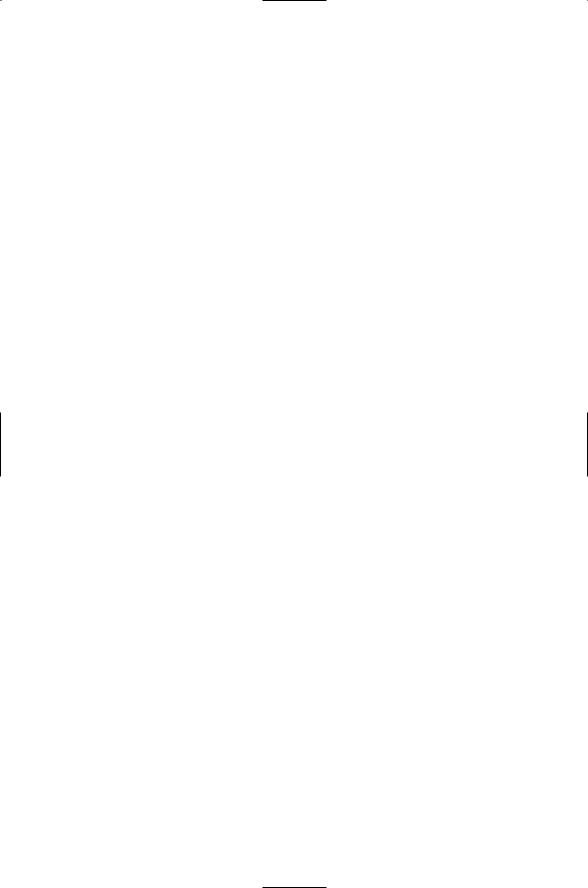
|
|
December 26 |
Khrushchev receives Stojan Karadjov, the ambassador |
|
of Bulgaria. |
December 26 |
Khrushchev receives R. Shulman, the ambassador of |
|
Sweden. |
December 26 |
Khrushchev receives Jibril Maiga, the ambassador of |
|
the Republic of Mali. |
December 27 |
For the second time Khrushchev receives the delegation |
|
from Algeria and is present at a reception in their honor. |
December 28 |
At the All-Union Exhibition of National Economic |
|
Achievements (in Moscow) Khrushchev examines the |
|
exhibition of the chemical industry and later visits the |
|
“Prokatdetal” prefabricated concrete panel factory. |
December 28 |
Khrushchev and others are in the Kremlin Palace of Con- |
|
gresses to attend Prokofiev’s opera The Love of Three |
|
Oranges, performed by the Lithuanian National Opera |
|
and Ballet Theater. |
December 29 |
Khrushchev and others are in the Kremlin Palace of Con- |
|
gresses at a concert of Lithuanian performers. |
December 31 |
Khrushchev answers the questions of Henry Shapiro, |
|
the Moscow correspondent of United Press. |
1964 |
|
January 1 |
Khrushchev speaks at the New Year’s reception at the |
|
Kremlin. |
January 2 |
Khrushchev answers questions from Pablo Pesche, the |
|
editor of the Uruguayan newspaper El Diario. |
January 4–5 |
Khrushchev visits Poland (the city of Warsaw and its |
|
surroundings). |
January 10 |
Khrushchev receives Walter Ulbricht, the leader of the |
|
GDR. |
January 11 |
Khrushchev receives Adam Malik, the ambassador of |
|
Indonesia. |
January 13 |
Khrushchev receives Fidel Castro Ruz the Cuban |
|
leader and hosts a breakfast in his honor. |
January 14 |
Khrushchev and Fidel Castro Ruz are in the Kremlin at |
|
the New Year’s children’s party. |
January 15–17 |
Khrushchev and Fidel Castro Ruz are in Zavidovo hunting |
|
preserve on Moscow’s periphery. |
January 17 |
Khrushchev and Fidel Castro Ruz speak at a public rally |
|
in the city of Kalinin (now Tver). |
January 18 |
Khrushchev and Fidel Castro Ruz are at a stud farm on |
|
Moscow’s periphery. |
[ ]
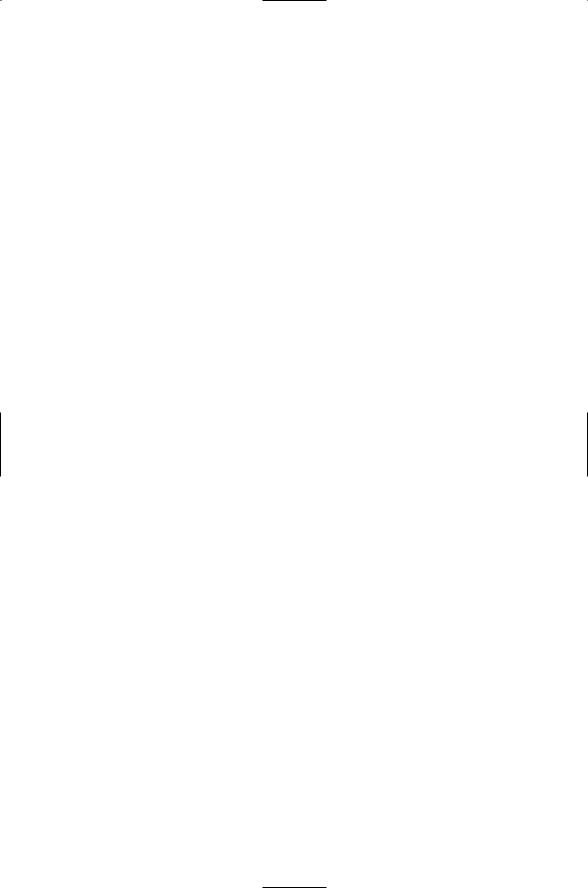
|
|
January 20 |
Khrushchev and Fidel Castro Ruz are on the state farm |
|
“Belaya Dacha” on Moscow’s periphery. |
January 21 |
Khrushchev speaks at a reception in the Kremlin in |
|
honor of Fidel Castro Ruz. |
January 22 |
Khrushchev and Fidel Castro Ruz are in the city of Kiev. |
January 27 |
Khrushchev receives Valery Giscard d’Estaing, the minis- |
|
ter of finance of France, in the city of Kiev. |
January 30 |
Khrushchev visits the construction site of the Kiev hydro- |
|
electric power station and a vegetable factory (green- |
|
houses). |
February 1 |
Khrushchev and others are in the Kremlin Palace of |
|
Congresses at A. Turenkov’s opera Novy Rassvet (New |
|
Dawn), performed by the Opera and Ballet Theater of |
|
Belorussia. |
February 3 |
Khrushchev receives Lee Song-Un, the ambassador of |
|
the Korean Peoples Democratic Republic (North Korea). |
February 7 |
Khrushchev receives Luis Carlos Prestes, the leader of |
|
the Communist Party of Brazil. |
February 7 |
Khrushchev receives Maurice Dejean, the ambassador |
|
of France. |
February 8 |
Khrushchev receives a delegation from Vietnam headed |
|
by Le Duan and hosts a dinner in their honor. |
February 14 |
Khrushchev speaks at the Plenum of the Central Com- |
|
mittee of the CPSU regarding the question of speciali- |
|
zation in agriculture. |
February 17 |
Khrushchev receives a delegation from Bulgaria headed |
|
by Todor Zhivkov and hosts a dinner in their honor. |
February 17 |
Khrushchev receives Cyrus Eaton, the American-Canadian |
|
industrialist. |
February 18 |
Khrushchev for the second time receives the delegation |
|
from Bulgaria headed by Todor Zhivkov. |
February 19 |
Khrushchev examines the project for the monument to |
|
the Ukrainian poet Taras Shevchenko in Moscow. |
February 19 |
Khrushchev is at a reception in honor of the Soviet |
|
Olympic champions. |
February 20 |
Khrushchev receives Jens Otto Krag, the prime minister |
|
of Denmark, and hosts a breakfast in his honor. |
February 21 |
Khrushchev for the second time receives Jens Otto Krag |
|
and hosts a breakfast in his honor. |
February 21 |
Khrushchev receives the director of the Italian publishing |
|
house “Julio Elmaudi Editorio.” |
[ ]
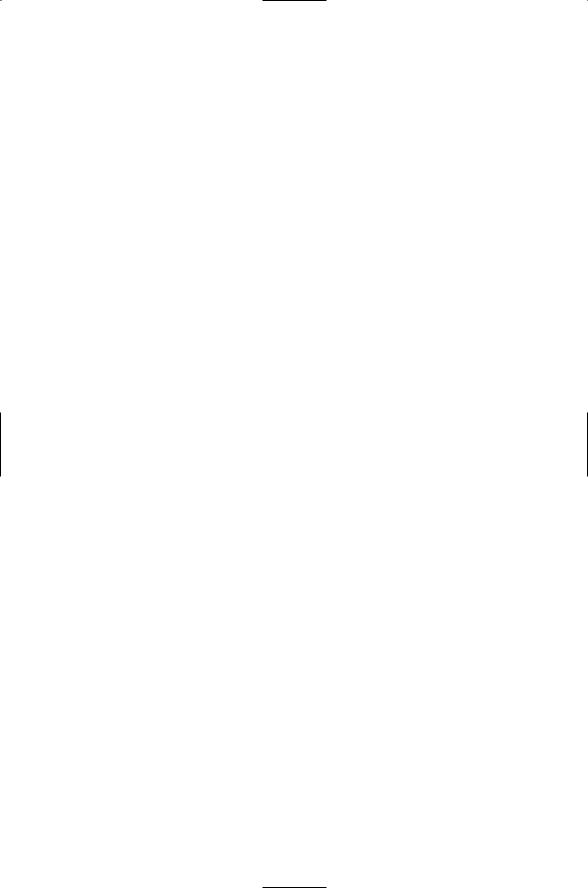
|
|
February 27 |
Khrushchev receives Jens Otto Krag again and is present |
|
at a reception in his honor held in the Kremlin. |
February 27 |
Khrushchev receives Cvetin Mijatovic, the ambassador |
|
of Yugoslavia. |
February 28 |
Khrushchev speaks at a meeting of agricultural workers |
|
in the Kremlin. |
March 9 |
In Pitsunda peninsula, Khrushchev receives a medal in |
|
commemoration of the 150th birthday of the poet Taras |
|
Shevchenko, as well as the anniversary edition of Kobzar, |
|
a book of his poems. |
March 9 |
Khrushchev receives the award named in honor of Taras |
|
Shevchenko. |
March 10 |
Khrushchev receives A. Araouzos, the minister of |
|
foreign affairs of Cyprus, and V. Lissaridis, a Cyprian |
|
parliamentarian. |
March 13 |
At the Pitsunda peninsula country residence, Khrush- |
|
chev receives Mohammed Benyahya, the ambassador |
|
of Algeria. |
March 16 |
In Pitsunda, Khrushchev receives a delegation from |
|
Romania headed by Ion Gheorghe Maurer. |
March 16 |
Khrushchev receives Mongi Slim, the secretary of state |
|
of foreign affairs of Tunisia, in Pitsunda. |
March 20 |
Khrushchev receives Marshal Abdullah Al-Sallal, the |
|
president of Yemen, in Pitsunda. |
March 20–23 |
Khrushchev conducts a meeting in Pitsunda on the future |
|
development of the electric power industry (without |
|
media publicity). [SK]. |
March 28 |
Khrushchev receives I. Gjine, the ambassador of Romania, |
|
in the Kremlin. |
March 28 |
Khrushchev receives Edgar Faure, the French statesman. |
March 31–April 10 |
Khrushchev visits Hungary (the cities of Budapest, |
|
Komarom region, Budapest, Miskolc, and the Budapest |
|
Optical Industrial Complex). |
April 11 |
Khrushchev returns to Moscow. |
April 12 |
Khrushchev speaks on radio and television about the |
|
results of his visit to Hungary. |
April 13–14 |
Khrushchev twice receives a delegation from Poland |
|
headed by Wladyslaw Gomulka and is present at a recep- |
|
tion in the Kremlin in their honor. |
April 14 |
Khrushchev receives a military delegation from Cambo- |
|
dia headed by General Lon Nol. |
[ ]
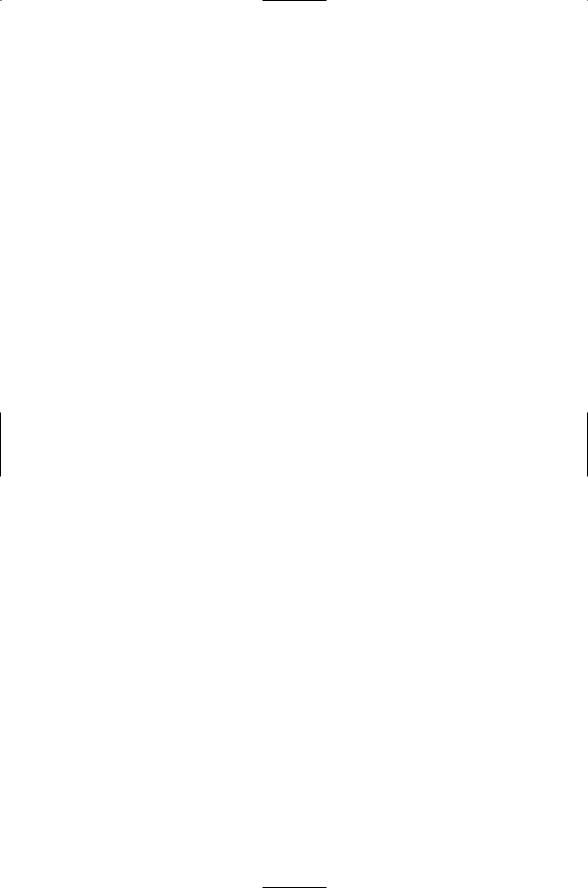
|
|
April 14 |
Khrushchev speaks at a public rally in the Kremlin Palace |
|
of Congresses on the occasion of the visit of the dele- |
|
gation from Poland. |
April 17 |
Khrushchev is awarded the Gold Star for a Hero of the |
|
Soviet Union and the Order of Lenin to commemorate |
|
his seventieth birthday. |
April 17 |
Khrushchev gratefully attends a dinner in the Kremlin |
|
on the occasion of his seventieth birthday. |
April 20 |
Khrushchev receives a delegation from Kenya and hosts |
|
a breakfast in their honor. |
April 22 |
Khrushchev and other members of Soviet leadership |
|
visits Bulgarian Embassy to offer condolences on death |
|
of Dimitri Ganev, Chairman of Presidium of People |
|
Assembly of Bulgaria. |
April 22 |
Khrushchev receives Finley Moodick, President of |
|
American “Finley Moodick Corporation,” pork meat |
|
manufacturer. |
April 22 |
Khrushchev is in the Kremlin Palace of Congresses at a |
|
gathering on the occasion of V. Lenin’s birthday. |
April 22 |
Khrushchev and others are in the Kremlin Palace of |
|
Congresses at Vano Muradeli’s opera “October.” |
April 23 |
Khrushchev distributes a memorandum “About the |
|
Intensification in Agricultural Production” (published |
|
in newspapers on April 24). |
April 23 |
Khrushchev is in Bolshoi Theater at the formal session |
|
dedicated to the 400th Birthday of British poet and |
|
play writer William Shakespeare. |
April 25 |
Khrushchev receives Ahmed Ben Bella, the president |
|
of Algeria. |
April 25 |
Khrushchev receives Yumjaagiyn Tsedenbal, the leader |
|
of Mongolia. |
April 25 |
Khrushchev receives Mannaya Sofian, the ambassador |
|
of Indonesia. |
April 26 |
Khrushchev and Ben Bella are in Novoye Ogarevo, the |
|
Moscow country residence. |
April 27 |
Khrushchev holds negotiations with Ben Bella and hosts |
|
a breakfast in his honor. |
April 30 |
Khrushchev inspects the reconstructed Arbat in Mos- |
|
cow, the underground pedestrian crossing at Revolution |
|
Square, the new building of the Hotel “Minsk,” and other |
|
new building projects in Moscow. |
[ ]
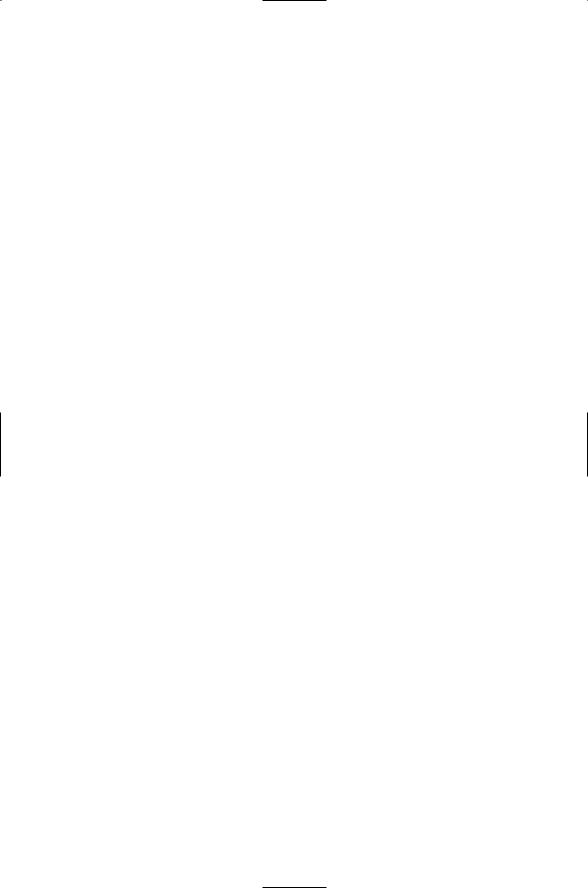
|
|
May 1 |
Khrushchev stands on the Tribune of the Lenin Mauso- |
|
leum in Moscow, watching the military parade and Mus- |
|
covite procession, on the occasion of May 1, Labor Day. |
May 2–4 |
Khrushchev and Ben Bella are in Crimea. |
May 8–25 |
Khrushchev visits Egypt (the cities of Alexandria and |
|
Cairo, the construction site of the hydroelectric power |
|
station in Aswan, Luxor, Port Said, Alexandria, Cairo), |
|
negotiating with leaders of Arab countries during the visit. |
May 25 |
Khrushchev returns to Moscow. |
May 27 |
Khrushchev speaks on radio and television about the |
|
situation in the Middle East. |
May 27 |
Khrushchev receives a delegation from Romania headed |
|
by Gheorghe Gheorghiu-Dej. |
May 27 |
Khrushchev visits the Embassy of India to offer condolences |
|
for the death of Jawaharlal Nehru, the prime minister. |
May 28 |
Khrushchev and others visit the British agricultural |
|
exhibition in Moscow. |
May 28 |
Khrushchev receives W. Benton, the publisher of the Ency- |
|
clopaedia Britannica (published in the United States). |
May 29 |
Khrushchev receives Walter Ulbricht, the leader of the |
|
GDR, and hosts a dinner in his honor. |
May 30 |
Khrushchev, W. Ulbricht, and others attend a performance |
|
of L. Minkus’s ballet Don Quixote at the Bolshoi Theater. |
May 30 |
Khrushchev receives W. Ulbricht. |
June 1 |
Khrushchev receives Mohammad Yusuf, the prime minis- |
|
ter of Afghanistan. |
June 2 |
Khrushchev receives Cvetin Mijatovic, the ambassador |
|
of Yugoslavia. |
June 2 |
Khrushchev receives Harold Wilson, the leader of the |
|
Labour Party of Great Britain. |
June 3 |
Khrushchev receives Ashraf Pahlavi, the Iranian princess. |
June 3 |
Khrushchev is in the Tchaikovsky Concert Hall at a |
|
concert of the chorale “Singing Voices of Japan.” |
June 7–9 |
Khrushchev meets with Josip B. Tito, the president of |
|
Yugoslavia, in the city of Leningrad. |
June 9 |
Khrushchev returns to Moscow. |
June 10 |
Khrushchev speaks at the opening ceremony for the |
|
monument to the Ukrainian poet Taras Shevchenko in |
|
Moscow. |
June 10 |
Khrushchev is in the Kremlin at the opening of the ses- |
|
sion of the Supreme Soviet of the RSFSR. |
[ ]
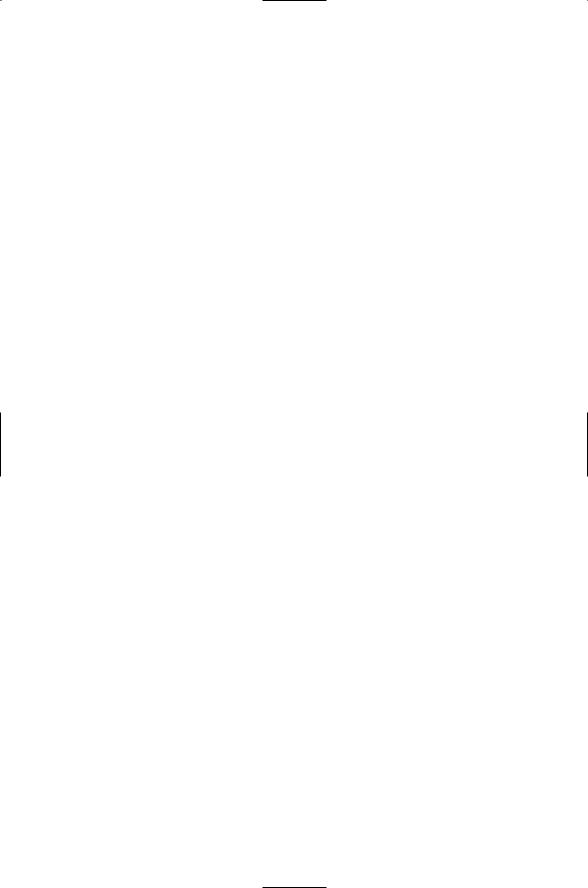
|
|
June 11 |
Khrushchev receives Walter Ulbricht and gives a recep- |
|
tion in his honor in the Kremlin. |
June 11 |
Khrushchev receives a military delegation from Iraq |
|
headed by General Abdel Salam Mohammed Aref. |
June 11 |
Khrushchev and others are in the Kremlin Palace of |
|
Congresses at a concert of Azeri performers. |
June 12 |
Khrushchev speaks at a public rally in the Kremlin in |
|
honor of the delegation from the GDR. |
June 16–21 |
Khrushchev visits Denmark (the city of Copenhagen, |
|
meets prime minister Jens Otto Krag and King Frederic |
|
IX, visits farmers in Odense, Copenhagen). |
June 22–27 |
Khrushchev visits Sweden (the city of Stockholm, meets |
|
prime minister Tage Erlanger and King Gustav IV Adolf; |
|
visits Göteborg and farmers in Harpsund, Stockholm). |
June 28-July 4 |
Khrushchev visits Norway (the city of Oslo, meets |
|
Prime Minister E. Gerhardsen and King Olaf V, visits |
|
Bergen, Oslo). |
July 6 |
Khrushchev returns to Moscow. |
July 7 |
Khrushchev speaks on radio and television about the |
|
results of the trip to Scandinavia. |
July 8 |
Khrushchev speaks at a reception in the Kremlin hon- |
|
oring the graduates of the military academies. |
July 8 |
Khrushchev receives Joseph Luns, the minister of for- |
|
eign affairs of the Netherlands. |
July 9 |
Khrushchev receives Sidi Mohamed Deyine, the minis- |
|
ter of foreign affairs of Mauritania. |
July 9 |
Khrushchev receives a military delegation from Afghanis- |
|
tan headed by General Khan Mohammed. |
July 10 |
Khrushchev meets with the artist Sergei Konenkov. |
July 11 |
Khrushchev speaks at the Plenum of the Central Com- |
|
mittee of the CPSU about reforms in agriculture. |
July 12 |
In Novoye Ogarevo, the Moscow country residence, |
|
Khrushchev receives a delegation from Indonesia headed |
|
by Dr. Subandrio, the minister of foreign affairs. |
July 13 |
Khrushchev reports to the session of the USSR Supreme |
|
Soviet on beginning to pay pensions to members of |
|
collective farms and increasing the wages of teachers |
|
and doctors. |
July 13 |
Khrushchev holds negotiations and is present at a dinner |
|
in the Kremlin in honor of the Romanian delegation |
|
headed by Ion Gheorghe Maurer. |
[ ]
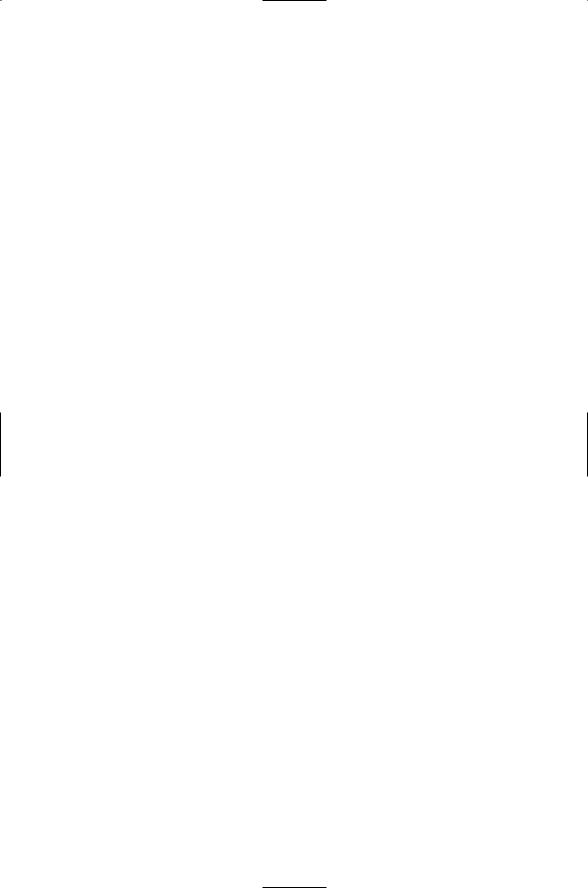
|
|
July 14 |
Khrushchev receives a delegation from the Socialist Party |
|
of Japan and hosts a dinner in their honor. |
July 18 |
Khrushchev distributes a memorandum about the reform |
|
in agriculture (without media publicity). [SK]. |
July 18 |
Khrushchev receives Jalil Tutuiji, the ambassador of |
|
Jordan. |
July 20 |
Khrushchev is in the Kremlin Palace of Congresses at a |
|
concert of the Polish ensemble “Szlenske.” |
July 21–23 |
Khrushchev visits Poland (Warsaw) for the 20th anni- |
|
versary of the People’s Poland Republic. |
July 28 |
Khrushchev receives Richard A. Butler, the minister of |
|
foreign affairs of Great Britain. |
July 29 |
Khrushchev receives U Thant, the UN secretary general, |
|
and hosts a breakfast in his honor. |
July 29 |
Khrushchev is in the town of Reutovo at the Experi- |
|
mental Design Bureau No. 52 (OKB-52; later called |
|
research-and-production association “Mashinostroye- |
|
niye”); meets General Designer Vladimir Chelomei; |
|
inspects new missiles (without media publicity). [SK] |
July 31 |
Khrushchev receives David Rockefeller, the president |
|
of the Chase Manhattan Bank. |
July 31 |
Khrushchev inspects projects of the construction of |
|
industrial plants (based on prefabricated concrete panel |
|
technology) [the exhibition is in the Kremlin]. |
July 31 |
Khrushchev is in the Operetta Theater at a concert of |
|
performers from Cambodia. |
August 3 |
Khrushchev gives an interview to the editors of the |
|
newspapers Pravda and Izvestia. |
August 4 |
Khrushchev visits collective farms in of Saratov region. |
August 5 |
Khrushchev visits collective farms in Volgograd region, |
|
meeting with farmers. |
August 6 |
Khrushchev visits collective farms in Rostov region, |
|
meeting with farmers. |
August 7–8 |
Khrushchev is in the city of Ordzhonikidze, is present |
|
at the 40th anniversary of the North Osetian Autono- |
|
mous Republic, passes through the fields, and meets |
|
with farmers. |
August 9 |
Khrushchev is in the city of Kazan, passes through the |
|
fields of Tatarstan, and meets with farmers. |
August 10 |
Khrushchev is in the city of Bugulma meeting with |
|
the oil workers of Bashkiria. |
[ ]
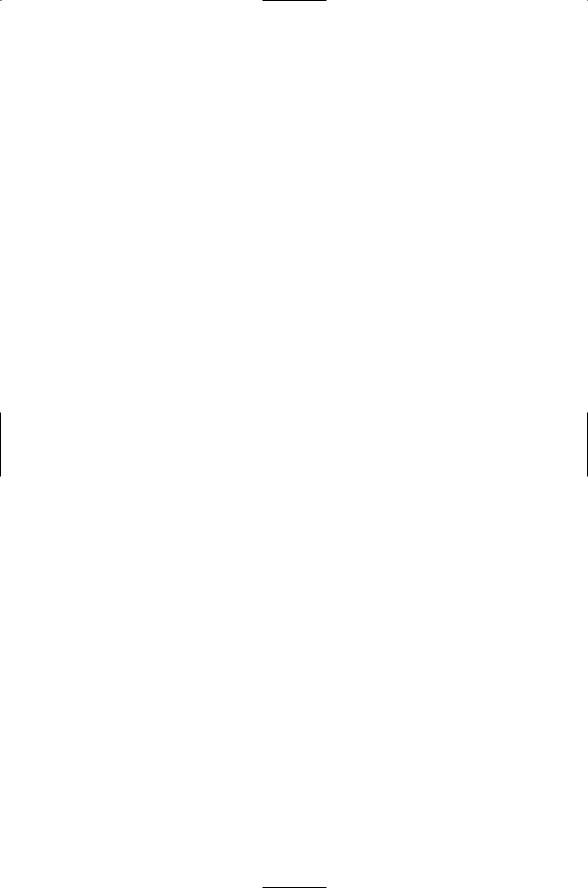
|
|
August 11 |
Khrushchev is in the city of Ufa, capital of the Bashkir |
|
Autonomous Republic, visiting chemical plants. |
August 12 |
Khrushchev is on the virgin lands of Kustanai region. |
August 13 |
Khrushchev is on the virgin lands of Tselinograd region |
|
and is present at a meeting in the city of Tselinograd |
|
(Astana). |
August 13–14 |
In Tselinograd, Khrushchev receives Sir Roy Thompson, |
|
the British publisher and chairman of a British news- |
|
paper Consortium, and invites him on a trip across the |
|
fields. |
August 15–16 |
Khrushchev is in the city of Frunze (Bishkek) in Kir- |
|
gizia and speaks at a session of the Supreme Soviet of |
|
Kirgizia on the occasion of the Kirgizia’s being awarded |
|
the Order of Lenin. |
August 17 |
Khrushchev is at Lake Issyk-Kul and on the agricultural |
|
fields of the Issyk-Kul Valley. |
August 18 |
Khrushchev speaks in the city of Frunze at a meeting |
|
of irrigation workers of Central Asia. |
August 18 |
Khrushchev returns to Moscow. |
August 21–22 |
Khrushchev is in the city of Simferopol to offer con- |
|
dolences on the death of Palmiro Togliatti, the leader of |
|
the Italian Communist Party, who died while on vaca- |
|
tion in the Crimea. |
August 23 |
Khrushchev receives Yumjaagiyn Tsedenbal, the leader |
|
of Mongolia, in the city of Yalta. |
August 24 |
Khrushchev returns to Moscow. |
August 25 |
Khrushchev receives a delegation of the union parties |
|
of Sudan and Mali. |
August 26 |
Khrushchev receives a delegation from Guinea. |
August 27–September 5 |
Khrushchev visits Czechoslovakia (the cities of Prague, |
|
Banska Bystrica, and Prague) on the 20th anniversary |
|
of the Slovak uprising. |
September 7 |
Khrushchev speaks on Soviet radio and television about |
|
the results of his visit to Czechoslovakia. |
September 7 |
Khrushchev visits an international exhibition of con- |
|
struction and road-building machines. |
September 8 |
Khrushchev speaks in the Kremlin at a meeting of cotton |
|
growers from the Golodnaya Steppe and Karakum Canal |
|
zone. |
September 8 |
Khrushchev is in the Bolshoi Theater at Giacomo |
|
Puccini’s opera “Turandot.” |
[ ]

|
|
September 9 |
Khrushchev receives Y. B. Chavan, the minister of defense |
|
of India. |
September 9 |
Khrushchev receives the canon Félix Kir, the mayor of |
|
Dijon, France. |
September 9 |
Khrushchev is in the Kremlin Palace of Congresses at |
|
the concert of Cuban State Ballet artists. |
September 10 |
Khrushchev is in the Bolshoi Theater at Verdi’s opera Il |
|
Trovatore, performed by the Italian La Scala opera. |
September 11 |
Khrushchev receives Sarvapalli Radhakrishnan, the presi- |
|
dent of India. |
September 11 |
Khrushchev receives Alvarez Sanchez, the ambassador |
|
of Cuba. |
September 12 |
Khrushchev receives S. Radhakrishnan for the second |
|
time. |
September 14 |
Khrushchev is in the town of Kubinka in Moscow’s |
|
periphery examining new weaponry and meets with |
|
generals (without media publicity). [SK] |
September 15 |
Khrushchev receives Ali Baligh Sabri, the prime minis- |
|
ter of Egypt. |
September 15 |
Khrushchev receives a delegation from the parliament |
|
of Japan headed by Kendem Fukunaga. |
September 16 |
Khrushchev is in the Kremlin Palace of Congresses at |
|
the opening of the World Youth Forum. |
September 16 |
Khrushchev receives Ali Baligh Sabri for the second time. |
September 16 |
Khrushchev is in the Kremlin Palace of Congresses at |
|
the concert given for the participants of the World Youth |
|
Forum. |
September 18 |
Khrushchev and Anastas Mikoyan meet with S. Rad- |
|
hakrishnan. |
September 19 |
Khrushchev receives a delegation from Cyprus. |
September 19 |
Khrushchev speaks in the Kremlin at a reception in |
|
honor of the participants of the World Youth Forum. |
September 21 |
Khrushchev meets with Ali Sabri, the prime minister |
|
of Egypt. |
September 22 |
Khrushchev receives the Cubans: Ambassador Alvarez |
|
Sanchez and the statesman Risket Valdez. |
September 23 |
Khrushchev meets Ali Baligh Sabri at the Moscow Shere- |
|
metyevo Airport. |
September 24–25 |
Khrushchev inspects the missile and space technology |
|
at the firing range in the cosmodome Baikonur (Opera- |
|
tion “Palma”) (without media publicity). [SK] |
[ ]
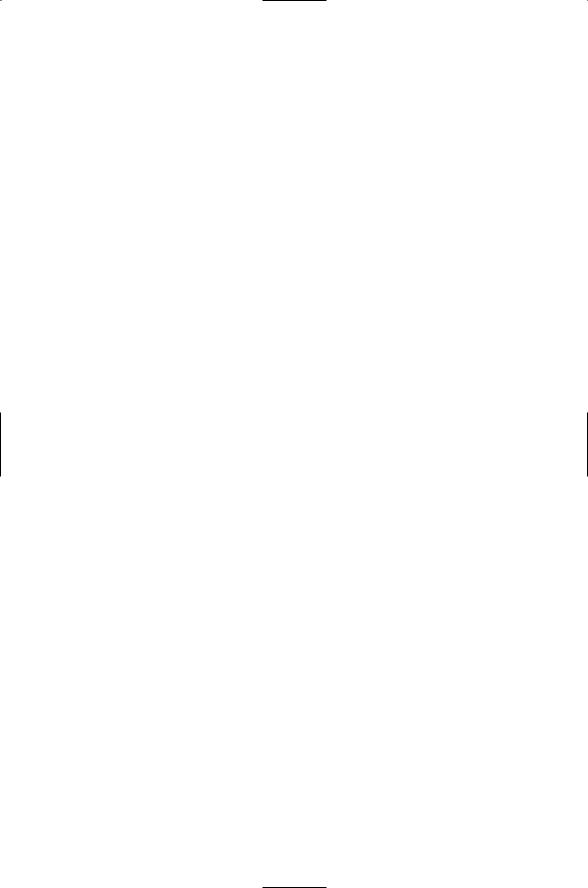
|
|
September 28 |
Khrushchev receives Montanes Oropesa, minister of |
|
communications of the Republic of Cuba. |
September 28 |
Khrushchev visits an Auto-Motor Research Institute |
|
and inspects last models of quarry dump trucks. |
September 28 |
Khrushchev speaks in the Bolshoi Theater to commemo- |
|
rate the 100th anniversary of the First International. |
September 29 |
Khrushchev meets at the Moscow airport and then receives |
|
in the Kremlin Sukarno, the president of Indonesia. |
September 29 |
Khrushchev receives T. B. Illangaratne, the minister of |
|
trade of Ceylon. |
September 30 |
Khrushchev receives President Sukarno for the second |
|
time. |
October 2 |
Khrushchev is in Crimea visiting the poultry farms |
|
“Yuzhny” and “Krasny.” |
October 3 |
Khrushchev receives in Pitsunda peninsula countryside |
|
residence Japanese parliamentarians headed by Aiichiro |
|
Fujiyama. |
October 4 |
In Pitsunda, Khrushchev receives a delegation from the |
|
parliament of Pakistan headed by Fazluk Kader Woudri, |
|
the speaker. |
October 12 |
Khrushchev and Anastas Mikoyan talk by radio with |
|
the cosmonauts Vladimir Komarov, Konstantin Feokis- |
|
tov, and Boris Yegorov, who are orbiting Earth. |
October 13 |
Khrushchev receives in Pitsunda Gaston Palewski, the |
|
French State Minister for Science, Nuclear, and Space |
|
Research. |
October 13 |
Khrushchev returns to Moscow. |
October 13–14 |
Khrushchev participates in the session of the Presidium |
|
of the CPSU Central Committee. |
October 14, 1964 |
The Plenum of the CPSU Central Committee releases |
|
Khrushchev from all his duties. |
[ ]

Select Bibliography
I.Works by Nikita S. Khrushchev
II. Collections of Works by Nikita S. Khrushchev III. Memoirs of Nikita S. Khrushchev
IV. Memoirs by Other People (citing pages devoted to Nikita S. Khrushchev) V. Biographical Works on Nikita S. Khrushchev
VI. Conference Proceedings
VII. Letters, Documents, Bibliographies
VIII. Documents of Official Visits
I. Works by Nikita Sergeevich Khrushchev (listed by year)
1932
Ocherednye zadachi partiino-massovoi raboty iacheek: [iz rechi na Plenume MGK VKP(b)]. By Lazar’ Moiseevich Kaganovich and Nikita Sergeevich Khrushchev. Moscow: Partizdat.
1933
Voz’memsia po-bol’shevistski za delo stroitel’stva domov: rech’ na ob”edinennom Plenume MGK VKP(b) I Mossoveta 20 avgusta 1933 goda. Moscow: Partizdat.
1935
Itogi dekabr’skogo Plenuma TsK VKP(b) i zadachi Moskovskoi bol’shevistskoi organizatsii: doklad na sobranii aktiva Moskovskoi organizatsii VKP(b), 30 dekabria 1935 g.
Moscow: Moskovskii Rabochii.
Itogi iiul’skogo Plenuma TsK VKP(b) i zadachi Moskovskoi partiinoi organizatsii: doklad na sobranii Moskovskogo partaktiva, 10 iiunia 1935 g. Moscow: Partizdat.
Rech’ tovarishcha N. S. Khrushcheva na Pervom Vsesoiuznom soveshchanii rabochikh I rabotnits stakhanovtsev, 18 noiabria 1935 g. Yakutsk: Yakutgosizdat.
Stakhanovskoe dvizhenie i zadachi partiinoi propagandy. By Aleksei Ivanovich Stetskii and Nikita Sergeevich Khrushchev. Rostov-on-Don: No publisher.
Stroit’ prochno, bystro, krasivo i deshevo: rech’ na soveshchanii po voprosam stroitel’stva v TsK VKP(b), 14 dekabria 1935 g. Moscow: Moskovskii Rabochii.
The transliteration of Russian names and titles follows the Library of Congress Romanization Scheme (http://www.loc.gov/catdir/cpso/romanization/russian.pdf)
[ ]
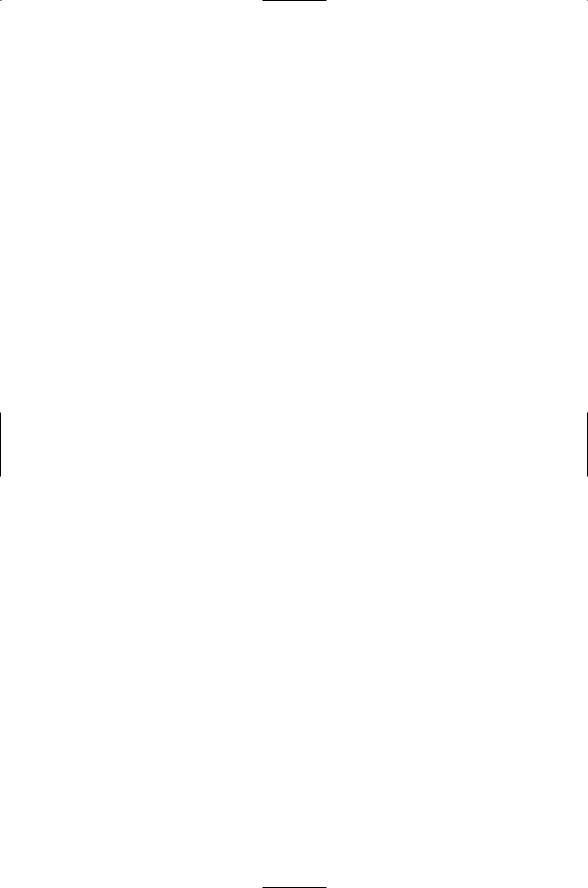
1936
Itogi dekabr’skogo Plenuma TsK VKP(b) i zadachi Moskovskikh bol’shevikov: doklad na Sobranii aktiva Moskovskoi organizatsii VKP(b), 30 dekabria 1935 g. Moscow: Partizdat.
Stalinskaia konstitutsiia i partiia: rech’ na Chrezvychainom VIII s”ezde Sovetov, 1 dekabria 1936 g. Moscow: Partizdat.
1937
Rechi na sobraniiakh izbiratelei Moskvy. Moscow: Partizdat.
1938
Nash pershii kandidat—velikii Stalin: promova na mitingu trudiashchikhsia Stalinskoi viborchoi okrugi m. Kyiva 24 chervenia 1938. Kiev: Derzhavne vidavnitstvo politichnoi literaturi pri RNK UkrRSR.
1939
I. Stalin i velikaia druzhba narodov [from “Pravda” (December 21, 1939)]. Kiev: Derzhavne vidavnitstvo politichnoi literaturi pri RNK UkrRSR.
Po-bol’shevistski vypolnim reshenie partii i pravitel’stva o razvitii obshchestvennogo zhivotnovodstva v kolkhozakh: doklad na soveshchanii rabotnikov zhivotnovodstva Ukrainskoi SSR 15 iiulia 1939 g. Kiev: Gospolitizdat pri SNK UkrSSR.
Promova. Kiev: Derzhavne vidavnitstvo politichnoi literaturi pri RNK UkrRSR.
Promova na mitinge. Kiev: Derzhavne vidavnitstvo politichnoi literaturi pri RNK UkrRSR.
Rech na XVIII siezde VKP(b) 13 marta 1939 g. Moscow: Gospolitizdat.
1940
I. Stalin i velikaia druzhba narodov. Krasnodar: Knizhnoe izdatel’stvo.
Itogi 1939 sel’skokhoziaistvennogo goda i zadachi na 1940 god: doklad na respublikanskom soveshchanii peredovikov sel’skogo khoziaistva USSR 8 fevralia 1940 goda.
Kiev: Gospolitizdat pri SNK UkrSSR.
Ob izmeneniiakh v politike zagotovok i zakupok sel’skokhoziaistvennykh produktov: iz doklada na sobranii Kievskogo partiinogo aktiva, 16 aprelia 1940 g. Ob itogakh ocherednogo Plenuma TsK VKP(b). Moscow: Gospolitizdat.
Pidsumki 1939 sil’s’kogospodars’kogo roku. Kiev: Derzhavne vidavnitstvo politichnoi literaturi pri RNK UkrRSR.
Pro zmini v polititsi zagotovok i zakupok sil’skogospodarskikh produktiv: 3 dopovidi na zborakh partiinogo aktivu 16.IV.1940 roku propidsumki chergovogo Plenumu TsK VKP(b). Kiev: Derzhavne vidavnitstvo politichnoi literaturi pri RNK UkrRSR.
1941
Do novikh uspekhov sotsialistichnogo sil’s’kogo gospodarstva Ukraini. Kiev: Politvidav pri TsK KP (b)Ukr. [Published in Russian: K novym uspekham sotsialisticheskogo
[ ]
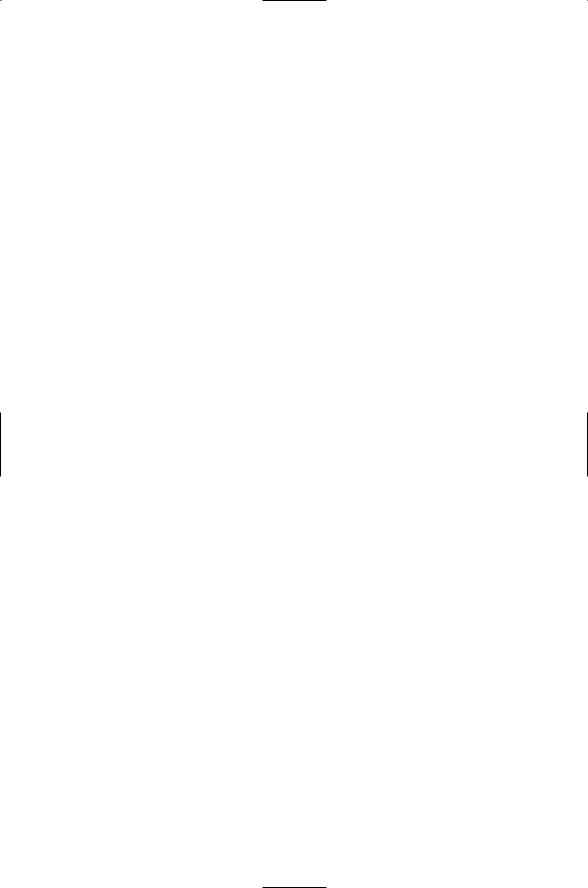
sel’skogo khoziaistva Ukrainy: doklad na soveshchanii partiinogo, Sovetskogo i kolkhoznogo aktiva Kievskoi oblasti, 28 ianvaria 1941 g. Moscow: Gospolitizdat.]
1944
Dobre i shvidko vidbuduemo mista i sela Radianskoi Ukraini: z vistupu na naradi kerivnikh pratsivnikiv Ukrains’kogo filialu Akademii arkhitekturi Soiuzu RSR, sklikanii Radnarkomom URSR u m. Kievi. Kiev: Ukrain’ske derzhavne vidavnitstvo.
Nastalo i na nashii vulitsi sviato!: dopovid’ na urochistomy zasidanni partiinikh, radians- ’kikh i gromads’kikh organizatsii Kieva 14 zhovtnia 1944 r., prisviachenomu dniu vizvolennia Radians’koi Ukraini vid nimets’kikh zagarbnikiv. Kiev: Ukrain’ske derzhavne vidavnitstvo.
Pro chergovi zavdannia v galuzi sil’s’kogo gospodarstva i pro partioinomasovu rabotu: promova na Plenumi TsK KP (b) Ukraini 26 travnia 1944 roku. Kiev: Ukrain’ske derzhavne vidavnitstvo.
Vidnovimo buriakosiiannia i vidbuduemo tsukrovu promislovist’, zabezpechimo Chervony Armiiu i krainu tsukrom: promova na paradi pratsivnikiv tsukrovoi promislovosti v m. Kieve 8 chervnia 1944 roku: [Skorochena stenograma]. Kiev: Ukrain’ske derzhavne vidavnitstvo.
Vizvolennia Ukrains’kikh zemel’ vid nimets’kikh zagarbnikiv i chergovi zavdannia vidbudovi narodnogo gospodarstva Radianc’koi Ukraini: dopovid’ na VI Sesii Verkhovnoi Radi Ukrains’koi RSR pershogo sklikannia. Kiev: Ukrain’ske derzhavne vidavnitstvo. [Published in Russian: Osvobozhdenie ukrainskikh zemel’ ot nemetskikh zakhvatchikov i ocherednye zadachi vosstanovleniia narodnogo khoziaistva Sovetskoi Ukrainy: doklad Predsedatelia Soveta Narodnykh Komissarov Ukrainskoi SSR na VI sessii Verkhovnogo Soveta UkrSSR 1 marta 1944 goda v g. Kieve.
Moscow: Gospolitizdat.]
1945
Itogi pervogo goda vosstanovitel’nykh rabot na Ukraine i nashi ocherednye zadachi: doklad Predsedatelia Sovnarkoma USSR i Sekretaria TsK KP (b) Ukr na Torzhestvennom zasedanii partiino-Sovetskogo aktiva g. Kieva 13 oktiabria 1945 g.
Kiev: Ukrainskoe gosudarstvennoe izdatel’stvo.
Naiblizhchi zavdannia pratsivnikiv sil’s’kogo gospodarstva Ukraini [skorochena stenograma]. Kiev: Ukrain’ske derzhavne vidavnitstvo.
Nashi zadachhi v vosstanovlenii i blagoustroistve gorodov i stroitel’stve v selakh i kolkhozakh [from “Pravda” (July 28, 1945)]. Moscow: Voenizdat.
Pro chergovi zadannia. Kiev: Ukrain’ske derzhavne vidavnitstvo.
1946
Mobilizovat’ vse sily na skoreishee vosstanovlenie i dal’neishee razvitie sel’skogo khoziaistva: rech’ na Plenume TsK KP (b) Ukr 28 fevralia. Kiev: Ukrainskoe izdatel’stvo politicheskoi literatury.
[ ]
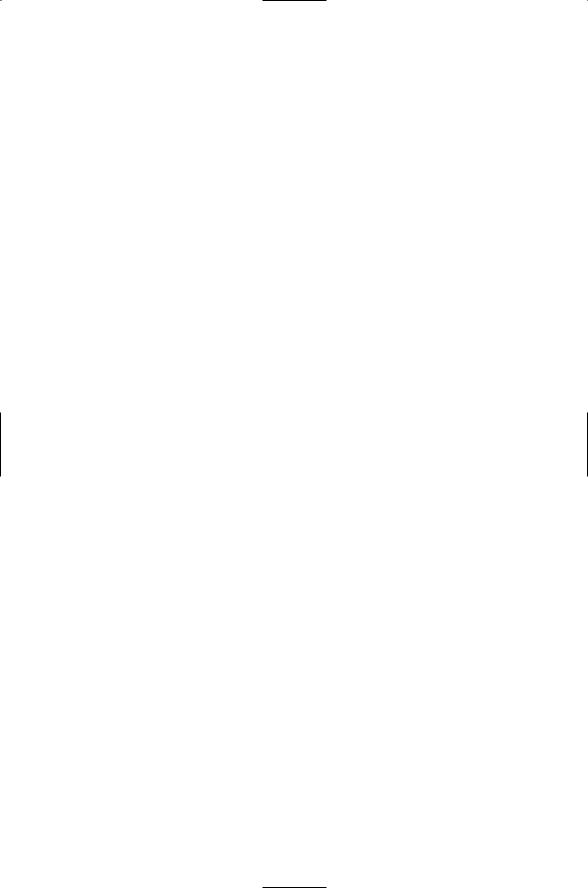
O piatiletnem plane vosstanovleniia i razvitiia narodnogo khoziaistva UkrSSR na 1946–1950 gg.: rech’ na VIII sessii Verkhovnogo Soveta Ukrainskoi SSR 28 avgusta 1946 g.
Kiev: Ukrainskoe izdatel’stvo politicheskoi literatury.
Rech’ na sobranii izbiratelei Kievskogo-Leninskogo izbiratel’nogo okruga 5 fevralia 1946 goda. Moscow: Gospolitizdat. [Published in Ukrainian: Promova na sborakh vibortsiv Kiivs’koi-Lenins’koi viborochnoi okrugi 5 liutogo 1946 roku. Kiev: Ukrain’ske derzhavne vidavnitstvo.]
Shvidshe vidrodimo sil’sk’e gospodarstvo Radians’koi Ukraini: promova na Respublikans’kii naradi peredovikiv sil’s’kogo gospodarstva Ukraini 18 sichnia 1946 roku. Kiev: Ukrain’ske derzhavne vidavnitstvo. [Published in Russian: Bystree vozrodim sel’skoe khoziaistvo Sovetskoi Ukrainy: rech’ na Respublikanskom soveshchanii peredovikov sel’skogo khoziaistva Ukrainy 18 ianvaria 1946 goda.
Kiev: Ukrainskoe gosudarstvennoe izdatel’stvo.]
1947
Mobilizovat’ vse sily na vypolnenie i perevypolnenie plana dobychi i otgruzki uglia: vystuplenie na sobraniiakh partiino-khoziaistvennogo aktiva ugol’shchikov Stalinskoi i Voroshilovogradskoi oblastei. Kiev: Ukrainskoe izdatel’stvo politicheskoi literatury.
Pro zakhodi pidnesennia cil’skogo gospodarstva v pisliavoennii period’’: dopovid’ Golovi Radi Ministriv URSR na Plenumi TsK KP (b) U 10 bereznia 1947 roku. Kiev: Ukrain’ske vidavnitstvo politichnoi literatiri. [Published in Russian: O
meropriiatiiakh po vypolneniiu postanovleniia Plenuma TsK VKP (b) “O merakh pod”ema sel’skogo khoziaistva v poslevoennyi period”: doklad Predsedatelia Soveta Ministrov UkrSSR na Plenume TsK KP (b) Ukr 10 marta 1947 goda. Kiev: Ukrainskoe izdatel’stvo politicheskoi literatury.]
Promova na predviborikh zborakh vibortsiv Zhovtnevoi viborochoi okrugi m. Kieva 5 liutogo 1947 roku. Kiev: Ukrain’ske vidavnitstvo politichnoi literatiri. [Published in Russian: Rech’ na sobranii izbiratelei Zhovtnevogo izbiratel’nogo okruga g. Kieva 5 fevralia 1947 goda. Kiev: Voenizdat SSSR.]
U braters’kii spivdrudnosti radians’kikh narodivv. Kiev: Ukrain’ske vidavnitstvo politichnoi literatiri.
1948
Partiinye organizatsii Ukrainy v bor’be za novyi pod”em sel’skogo khoziaistva. Moscow: Gospolitizdat.
Promova na IUbileinii sesii Verkhovnoi Radi Ukrains’koi RSR (24 sichnia). Kiev: Ukrain’ske vidavnitstvo politichnoi literatiri. [Published in Russian: Rech’ na IUbeleinoi sessii Verkhovnogo Soveta USSR v den’ 30-letiia Sovetskoi Ukrainy (24 ianvaria). Kiev: Voenizdat SSSR.]
Z chestiu vikonati zobov’iazannia, vziati pratsivnikami sil’skogo gospodarstva Ukraini v listi tovarishevi Stalinu: z dopovidi na Plenumi TsK KP (b) Ukr 25 travnia
[ ]

1948 roku. Kiev: Ukrain’ske vidavnitstvo politichnoi literatiri. [Published in Russian: S chest’iu vypolnit’ obiazatel’stva, vziatye rabotnikami sel’skogo khoziaistva Ukrainy v pis’me tovarishchu Stalinu: iz doklada na Plenume TsK KP
(b) Ukr 25 maia 1948 goda. Kiev: Ukrainskoe izdatel’stvo politicheskoi literatury.]
1949
Desiatirichchia vozz’ednannia ukrains’kogo narodu v edinii ukrains’kii radians’kii derzhavi. Kiev: Derzhpolitvidav UkrSSR. [Published in Russian: Desiatiletie vossoedineniia ukrainskogo naroda v edinom ukrainskom Sovetskom gosudarstve: doklad na Shestoi IUbileinoi Sessii Verkhovnogo Soveta Ukrainskoi SSR 29 oktiabria
1949 goda. Kiev: Gospolitizdat UkrSSR.]
Stalinskaia druzhba narodov—zalog nepobedimosti nashei Rodiny [reports from “Pravda” (December 21, 1949), 70th birthday of I. V. Stalin]. Moscow: Gospolitizdat.
Zvitna dopovid’ TsK KP (b) Ukr XVI z”izdovi Komunistichnoi partii (bol’shevikov) Ukraini 25 cichnia 1949 r. Kiev: Ukrain’ske vidavnitstvo politichnoi literatiri. [Published in Russian: Otchetnyi doklad TsK KP (b) Ukr XVI s”ezdu Kommunisticheskoi partii (bol’shevikov) Ukrainy 25 ianvaria 1949 g. Kiev: Ukrainskoe izdatel’stvo politicheskoi literatury.]
1950
O nekotorykh voprosakh dal’neishego organizatsionno-khoziaistvennogo ukrepleniia kolkhozov. Moscow: Gospolitizdat.
Ob ocherednykh zadachakh kolkhozov i MTS v sviazi s ukrupneniem melkikh sel’skokhoziaistvennykh artelei. Moscow: Gospolitizdat.
Rech’ na sobranii izbiratelei Kalininskogo izbiratel’nogo okruga goroda Moskvy 7 marta
1950 goda. Moscow: Gospolitizdat.
Stalinskaia druzhba narodov—zalog nepobedimisti nashei Rodiny [for 70th birthday of I. V. Stalin]. Moscow: Gospolitizdat.
1952
Doklad XIX s”ezdu Partii ob izmeneniiakh v Ustave VKP (b), 10 oktiabria 1952 g.
Moscow: Gospolitizdat. [Published in English: On Changes in the Rules of the Communist Party of the Soviet Union. New York: New Century Publishers.]
Izmeneniia v Ustave VKP(b): [tezisy doklada na XIX s’ezde VKP (b)]. Moscow: Gospolitizdat.
Otchetnyi doklad na Moskovskoi X oblastnoi partiinoi konferentsii O rabote MK VKP (b).
Moscow: Moskovskii Rabochii.
1953
O merakh dal’neishego razvitiia sel’skogo khoziaistva SSSR: doklad na Plenume TsK KPSS 3 sentiabria 1953 g. Moscow: Gospolitizdat.
Za prochnyi mir i mirnoe sosushchestvovanie. Moscow: Gospolitizdat.
[ ]
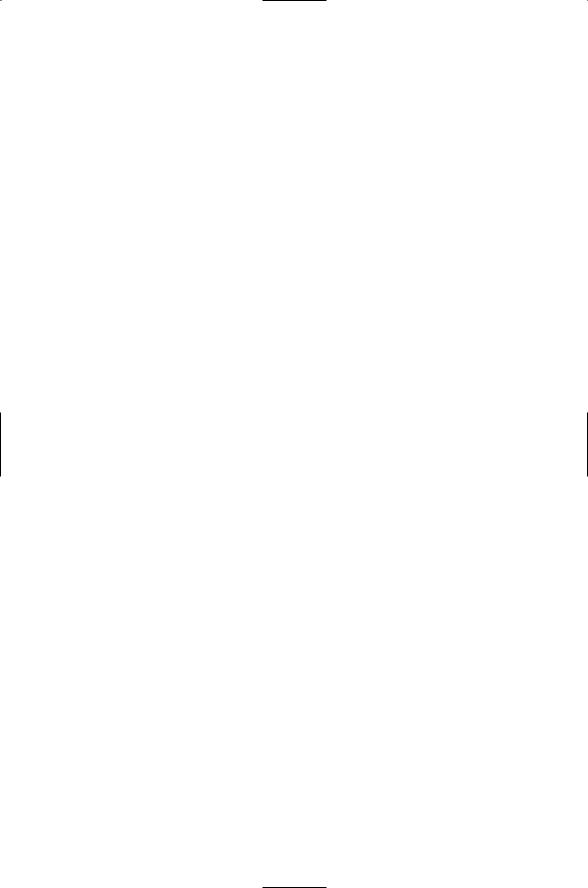
1954
O dal’neishem uvelichenii proizvodstva zerna v strane i ob osvoenii tselinnykh i zalezhnykh zemel’: doklad na Plenume TSentral’nogo Komiteta KPSS 23 fevralia
1954 g. Moscow: Gospolitizdat.
“Odnim slovom, kartina neprigliadnaia: zapiska N. S. Khrushcheva v Prezidium TsK KPSS o poezdke po Dal’nemu Vostoku i Sakhalinu, 2 noiabria 1954 g.” In Istochnik: dokumenty Russkoi istorii. No. 6: Nikita Sergeevich Khrushchev.
Moscow (2003): 16–28. (Vestnik Arkhiva Presidenta Rossiiskoi Federatsii).
Rech’ na Pervoi sessii Verkhovnogo Soveta SSSR chetvertogo sozyva 26 aprelia 1954 goda.
Moscow: Gospolitizdat. [Published in English: Speech at the First Session of the Supreme Soviet of the USSR, April 26, 1954. Moscow: Foreign Languages Publishing House.]
Rech’ na sobranii izbiratelei Kalininskogo izbiratel’nogo okruga goroda Moskvy, 6 marta
1954 goda. Moscow: Gospolitizdat.
“Vy skazhite, kuda zhe vy ran’she smotreli: rech’ tov. Khrushcheva na soveshchanii Sekretariata Kemerovskoi oblasti i gorodskikh komitetov KPSS, 8 maia 1954 g.” In Istochnik: dokumenty Russkoi istorii. No. 6: Nikita Sergeevich Khrushchev.
Moscow (2003): 9–15. (Vestnik Arkhiva Presidenta Rossiiskoi Federatsii).
1955
“A tovarishch Malenkov govorit o gibeli tsevilizatsii: vystuplenie N. S. Khrushcheva na zasedanii partgruppy Verkhovnogo Soveta SSSR, 8 fevralia 1955 g.” In Istochnik: dokumenty Russkoi istorii, No. 6: Nikita Sergeevich Khrushchev. Moscow (2003): 29–37. (Vestnik Arkhiva Presidenta Rossiiskoi Federatsii).
O merakh dal’neishego razvitiia sel’skogo khoziaistva SSSR: doklad na Plenume TsK KPSS 3 sentiabria 1953 g. Moscow: Gospolitizdat. [Published in English: Measures for the Further Development of Agriculture in the USSR. Moscow: Foreign Languages Publishing House.]
O shirokom vnedrenii industrial’nykh metodov, uluchshenii kachestva i snizhenii stoimosti stroitel’stva: doklad na Vsesoiuznom soveshchanii stroitelei, arkhitektorov i rabotnikov promyshlennosti stroitel’nykh materialov, stroitel’nogo i dorozhnogo mashinostroeniia, proektnykh i nauchno-issledovatel’skikh organizatsii 7 dekabria
1954 g. Moscow: Gospolitizdat.
Ob uvelichenii proizvodstva produktov zhivotnovodstva: doklad na Plenume TSentral’nogo Komiteta KPSS 25 ianvaria 1955 goda. Moscow: Gospolitizdat.
Rech’ na chetvertoi sessii Verkhovnogo Soveta SSSR chetvertogo sozyva 29 dekabria 1955 goda. Moscow: Gospolitizdat.
“We Stand for Peaceful Coexistence”: Interviews with N. S. Khrushchev, N. A. Bulganin, [and] G. K. Zhukov, by William Randolph Hearst. New York: New Century Publishers.
[ ]
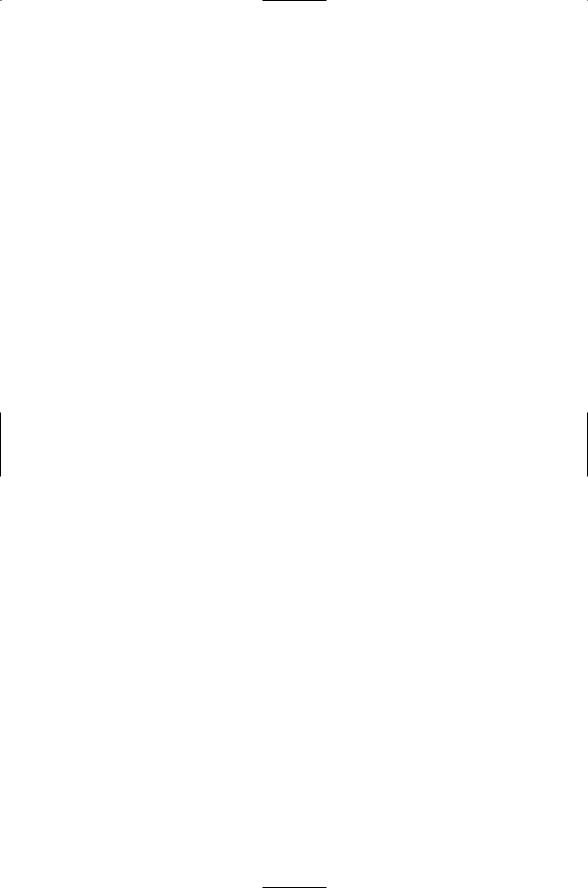
Za dal’neishee uvelichenie proizvodstva khlopka: rech’ na soveshchanii rabotnikov khlopkovodstva respublik Srednei Azii, Zakavkaz’ia i Kazakhskoi SSR v Tashkente 20 noiabria 1954 g. Moscow: Gospolitizdat.
1956
“Esli skazal ‘A,’ to nado govorit’ i ‘B’: vystuplenie N. S. Khrushcheva na sobranii partaktiva Moskvy 4 noiabria 1956 g.” In Istochnik: dokumenty Russkoi istorii, No. 6: Nikita Sergeevich Khrushchev. Moscow (2003): 63–77. (Vestnik Arkhiva Presidenta Rossiiskoi Federatsii).
“Est’ odin put’ k sotsializmu, no mogut byt’ raznye metody, raznye formy: zapiska N. S. Khrushcheva v Prezidium TsK ne ranee 24 sentiabria 1956 g.” In Istochnik: dokumenty Russkoi istorii, No. 6: Nikita Sergeevich Khrushchev. Moscow (2003):
38–58. (Vestnik Arkhiva Presidenta Rossiiskoi Federatsii).
Na novye podvigi, molodezh: rech’ pered molodezh”iu. Moscow: Molodaia Gvardiia.
O kul’te lichnosti i ego posledstviakh: doklad Pervogo Sekretaria TsK KPSS tov. Khrushcheva N. S. XX s”ezdu Kommunisticheskoi partii Sovetskogo Soiuza. Izvestija TsK KPSS (1989, no. 3): 128–70. [Published in English: The Crimes of the Stalin Era: Special Report to the 20th Congress of the Communist Party of the Soviet Union. Annotated by Boris I. Nicolaevsky. (New York: New Leader, 1956).]
Otchetnyi doklad TSentral’nogo Komiteta Kommunisticheskoi partii Sovetskogo Soiuza XX s”ezdu partii 14 fevralia 1956 goda. Moscow: Gospolitizdat. [Published in English: Report of the Central Committee of the Communist Party of the Soviet Union to the Twentieth Party Congress. Delivered by N. S. Khrushchov, First Secretary, CC, CPSU. No place: New Times.]
Rech’ na prazdnike moskovskikh stroitelei, posviashchennom Dniu Stroitelia i otkrytiiu Stadiona imeni V.I. Lenina 31 iiulia 1956 g. Moscow: Gospolitizdat.
Rech’ na Chetvertoi sessii Verkhovnogo Soveta SSSR chetvertogo sozyva 29 dekabria
1955 goda. Yakutsk: IAkutskoe Knizhnoe Izdatel’stvo.
1957
Bor’ba za uvelichenie proizvodstva miasa—vsenarodnaia zadacha: rechi na sovashchaniiakh rabotnikov sel’skogo khoziaistva Krasnodarskogo kraia, IUga i Severnogo Kavkaza 8 i 12 marta 1957 goda. Moscow: Pravda.
IUbilei Leningrada [speeches]. By B. A. Pokrovskii, A. P. Filippov, N. S. Khrushchev. [Leningrad]: Lenizdat.
Mr. Krushchev Speaks [interview broadcast over CBS radio and television network on June 2, 1957]. New York: National Council of American-Soviet Friendship.
O dal’neishem sovershenstvovanii organizatsii upravleniia promyshlennost’iu i stroitel’stvom: doklad na VII sissii Verkhovnogo Soveta SSSR chetvertogo sozyva
7 maia 1957 goda. Moscow: Gospolitizdat. [Published in English: On the Further Improvement of Management in Industry and Construction in the USSR: Report
[ ]
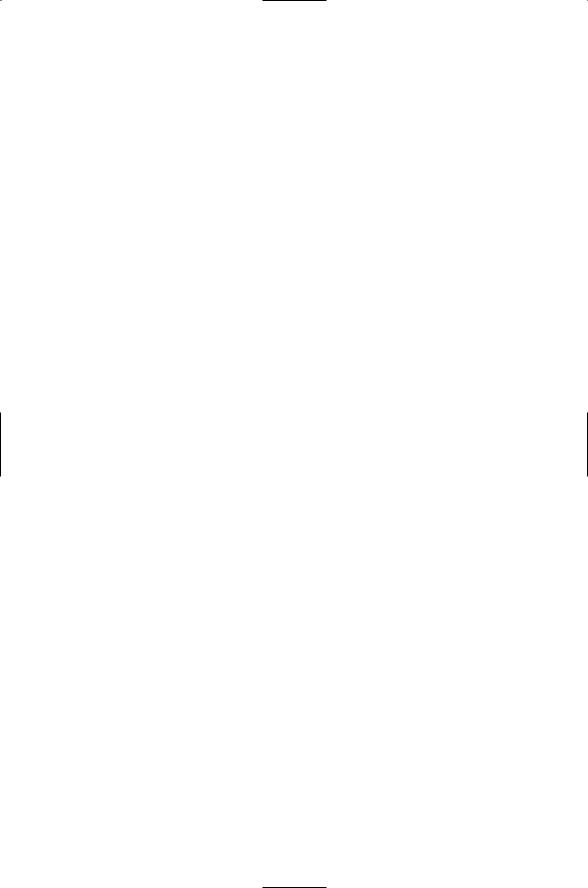
and Reply to Discussion at the Seventh Session of the Supreme Soviet, 7–10 May
1957. London: Soviet News.]
Privesti v deistvie vse reservy uvelicheniia proizvodstva miasa i moloka: rechi na soveshchaniiakh rabotnikov sel’skogo khoziaistva v Moskve, Voronezhe i Gor’kom.
Moscow: Gospolitizdat.
Rech’ na Deviatoi sessii Verkhovnogo Soveta SSSR chetvertogo sozyva 21 dekabria 1957 goda. Moscow: Gospolitizdat.
Rech’ na IUbileinoi sessii Verkhovnogo Soveta UkrSSR 24 dekabria 1957 goda. Kiev: Gospolitizdat UkrSSR.
Rech’ na soveshchanii rabotnikov sel’skogo khoziaistva Gor’kovskoi, Arzamasskoi, Kirovskoi oblastei, Mariiskoi, Mordovskoi, i Chuvashskoi ASSR, 8 aprelia 1957 g.
Cheboksary: Chuvashskii Gosizdat.
Report of the American-European Seminar on the USSR Including Their Interview with Khrushchev in the Kremlin. West Haven, Conn.: Printed by Promoting Enduring Peace.
Sorok let Velikoi oktiabr’skoi sotsialisticheskoi revolutsii: doklad na IUbileinoi sessii Verkhovnogo Soveta SSSR 6 noiabria 1957 goda. Moscow: Pravda. [Published in English: Report by N. S. Khrushchov to a Joint Session of the Supreme Soviet of the USSR: on the Eve of the Fortieth Anniversary of the Great October Socialist Revolution, Moscow, November 6, 1957. London: Soviet News.]
V blizhaishie gody dognat’ Soedinennye Shtaty Ameriki (USA) po proizvodstvu miasa, masla i moloka na dushu naseleniia: doklad na soveshchanii rabotnikov sel’skogo khoziaistva oblastei i avtonomnykh respublik Severo-Zapada RSFSR v gorode Leningrade 22 maia 1957 goda. Moscow: Gospolitizdat.
“Verbatim Reports of Two Interviews Granted [by Nikita Sergeevich Khrushchev] to American Newspaper Men: Mr. Henry Shapiro of United Press, November 14th, 1957 [and] Mr. W. Randolph Hearst, Jnr., of International News Service, November 22nd, 1957, by Nikita Sergeevich Khrushchev.” London: Soviet News.
“Vy sidite kak surok I o demokratii govorite: vystuplenie N. S. Khrushcheva na soveshchanii pisatelei v TsK KPSS 12 maia 1957 g.” In Istochnik: dokumenty Russkoi istorii, No. 6: Nikita Sergeevich Khrushchev. Moscow (2003): 77–90. (Vestnik Arkhiva Presidenta Rossiiskoi Federatsii).
Za tesnuiu sviaz’ literatury i iskusstva s zhizn’iu naroda: sokrashchennoe izlozhenie vystuplenii na soveshchanii pisatelei v TsK KPSS 18 maia 1957 goda; na prieme pisatelei, khudozhnikov, skul’ptorov i kompositorov 19 maia 1957 goda; na partiinom aktive v iiule 1957 goda. Moscow: Gospolitizdat. [Published in English:
Closer Alliance of Literature and Art with Life of the People. Ottawa: Press Office of the USSR Embassy in Canada.]
[ ]
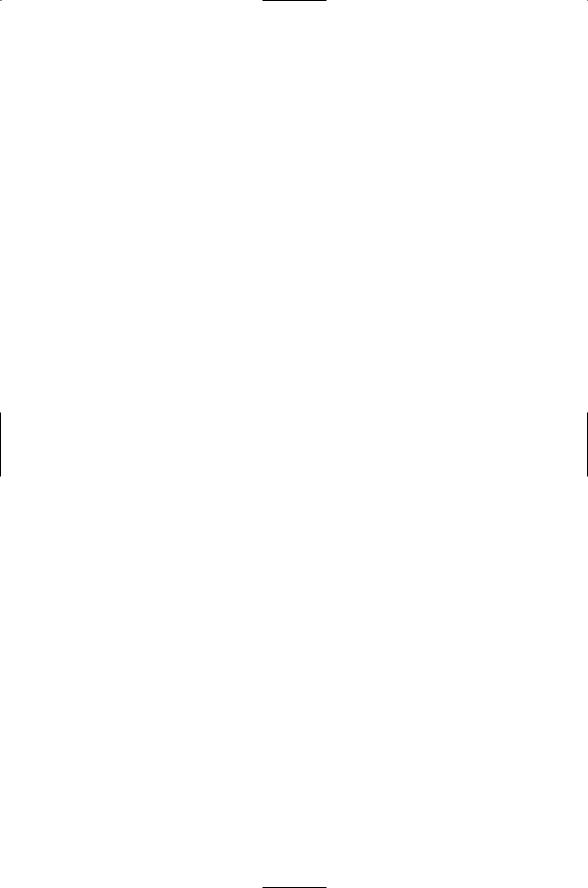
1958
Exclusive Interview: How We Can Do Business with Russia: A Personal Interview Given by N. S. Khrushchov to Eric Ridder, Publisher, and H. E. Luedicke, Editor, the Journal of Commerce; with Analysis and Comment on Traveling in Russia.
New York: Journal of Commerce. 19 pp.
Itogi razvitiia sel’skogo khoziaistva za poslednie piat’ let i zadachi dal’neishego uvelicheniia proizvodstva sel’skokhoziaistvennykh produktov: doklad na Plenume TsK KPSS
15 dekabria1958 goda. Moscow: Gospolitizdat.
Khrushchov on Yugoslavia. Sidney, Australia: Current Book Distributors.
Kontrol’nye tsifry razvitiia narodnogo khoziaistva SSSR na 1959–1965 gody. Moscow: Gospolitizdat. [Published in English: Control Figures for the Economic Development of the USSR, 1959–1965: Report to the Special 21st Congress of the Communist Party of the Soviet Union and Reply to Discussion. Montreal: International Film & Publications.]
O dal’neishem razvitii kolkhoznogo stroiia i reorganizatsii mashinotraktornykh stantsii: doklad i zakliuchitel’noe slovo na Pervoi sessii Verkhovnogo Soveta SSSR piatogo sozyva 27 i 31 marta 1958 goda. Moscow: Gospolitizdat.
O nekotorykh voprosakh mezhdunarodnogo polozheniia: vystuplenie na soveshchanii peredovikov sel’skogo khoziaistva Belorusskoi SSR 22 ianvaria 1958 g. Moscow: Gospolitizdat.
Ob otmene obiazatel’nykh postavok i naturoplaty za rabotu MTS, o novom poriadke, tsenakh i usloviiakh zagotovok sel’skokhoziaistvennykh produktov: [rech’ na Plenume TsK KPSS, 1958]. Moscow: [Gospolitizdat].
Ob ukreplenii sviazi shkoly s zhizniu i o dal’neishem razvitii sistemy narodnogo obrazovaniia v strane: [predlozheniia, izlozhennyie v zapiske tovarishcha N. S. Khrushcheva, odobreny Prezidiumom TsK KPSS]. Kiev: Gospolitizdat UkrSSR. [Published in English: Proposals to Reform Soviet Education; Memorandum on Strengthening the Ties of the School with Life and Further Developing the System of Public Education. London: Soviet News.]
Ob uskorenii razvitiia khimicheskoi promyshlennosti i osobenno proizvodstva sinteticheskikh materialov i izdelii iz nikh dlia udovletvoreniia potrebnostei naseleniia i nuzhd narodnogo khoziaistva: rech’ na Plenume TsK KPSS (May, 1958).
Moscow: Gospolitizdat.
Otchetnyi doklad TSentral’nogo Komiteta Kommunisticheskoi partii Sovetskogo Soiuza XX s”ezdu partii 14 fevralia 1956 goda. Moscow: Gospolitizdat. (Bibliotechka po nauchnomu sotsializmu).
Rech’ na VII s”ezde Bolgarskoi kommunisticheskoi partii 3 iiunia 1958 goda. Moscow: Gospolitizdat.
[ ]
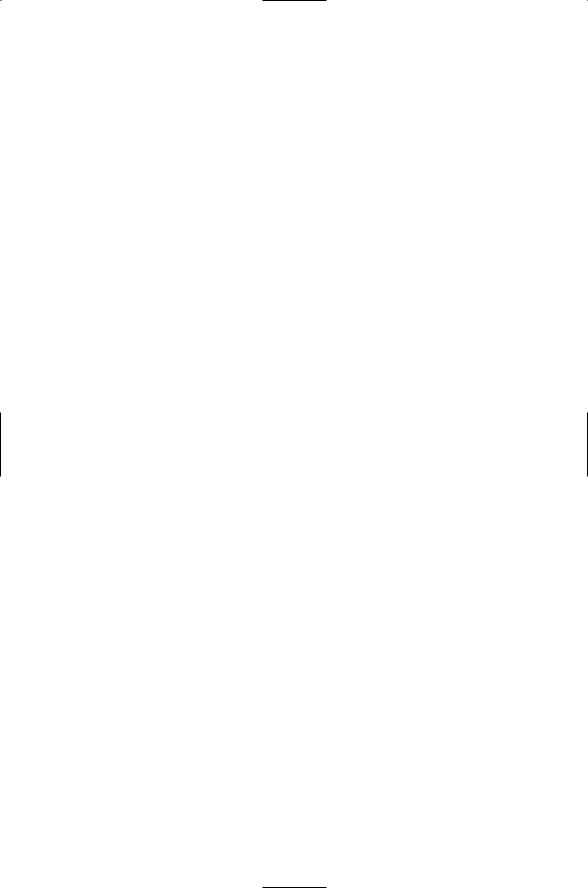
Rech’ na V s”ezde Sotsialisticheskoi edinoi partii Germanii 11 iiulia 1958 goda. Moscow: Gospolitizdat.
Rech’ na mitinge trudiashchikhsia Moskvy, posviashchennom druzhbe narodov Sovetskogo Soiuza i Chekhoslovakii 12 iiulia 1958 goda. Moscow: Gospolitizdat.
Rech’ na mitinge stroitelei Volzhskoi gidroelektrostantsii imeni Vladimira Il’icha Lenina 10 avgusta 1958 goda. Moscow: Gospolitizdat.
Rech’ na mitinge trudiashchikhsia Moskvy, posviashchennom druzhbe narodov Sovetskogo Soiuza i Chekhoslovakii 12 iiulia 1958 goda. Moscow: Gospolitizdat.
Rech’ na sobranii izbiratelei Kalininskogo izbiratel’nogo okruga goroda Moskvy 14 marta
1958 goda. Moscow: Gospolitizdat. [Published in English: Pre-Election Address to His Moscow Constituents, Mar. 14, 1958, [and] at a Meeting in Budapest on the 13th Anniversary of Hungary’s Liberation from Fascism, Apr. 3, 1958. Ottawa: Press Office USSR Embassy in Canada.]
Rech’ na soveshchanii peredovikov sel’skogo khoziaistva Belorusskoi SSR, 22 ianvaria
1958 g. Moscow: Gospolitizdat.
Rech’ na Torzhestvennom zasedanii Smolenskogo obkoma KPSS i Oblastnogo soveta deputatov trudiashchikhsia, posviashchennom vrucheniiu oblasti Ordena Lenina,
13 avgusta 1958 goda. Moscow: Gospolitizdat.
Rech’ na Torzhestvennom zasedanii v gorode Kieve, posviashchennom vrucheniiu Ordena Lenina Kievskoi oblasti, 26 aprelia 1958 g. Kiev: Gospolitizdat UkrSSR.
“Samaia blagorodnaia i interesnaia rabota u arkhitektorov i stroitelei: stenogramma besedy N. S. Khrushcheva s uchastnikami V Konferentsii Mezhdunarodnogo Soiuza Arkhitektorov, Moscow, 25 iiulia 1958 g.” In Istochnik: dokumenty Russkoi istorii, No. 6: Nikita Sergeevich Khrushchev. Moscow (2003): 90–97. (Vestnik Arkhiva Presidenta Rossiiskoi Federatsii).
Sorok let Velikoi oktiabr’skoi sotsialisticheskoi revolutsii: doklad na IUubileinoi sessii Verkhovnogo Soveta SSSR 6 noiabria 1957 goda. Moscow: Gospolitizdat.
Speech at the Meeting of Political Consultative Committee of Warsaw Treaty MemberStates on May 24, 1958; Speech at VII Congress of Bulgarian Communist Party on June 3, 1958. Ottawa: Press Office USSR Embassy in Canada.
Targets of the Seven-Year Plan for Soviet Economy, 1959–1965. London: [Soviet Booklets.]
Velichestvennaia programma kommunisticheskogo stroitel’stva v nashei strane: rech’ na prieme vypusknikov voennykh akademii 14 noiabria 1958 goda. Moscow: Gospolitizdat.
Vospityvat’ aktivnykh i soznatel’nykh stroitelei kommunisticheskogo obshchestva: rech’ na XVIII s”ezde VLKSM 18 aprelia 1958 goda. Moscow: Molodaia Gvardiia.
Za dal’neishii pod”em Sovetskogo khlopkovodstva: rech’ na Vsesoiuznom soveshchanii khlopkorobov 10 fevralia 1958 goda. Moscow: Gospolitizdat.
[ ]
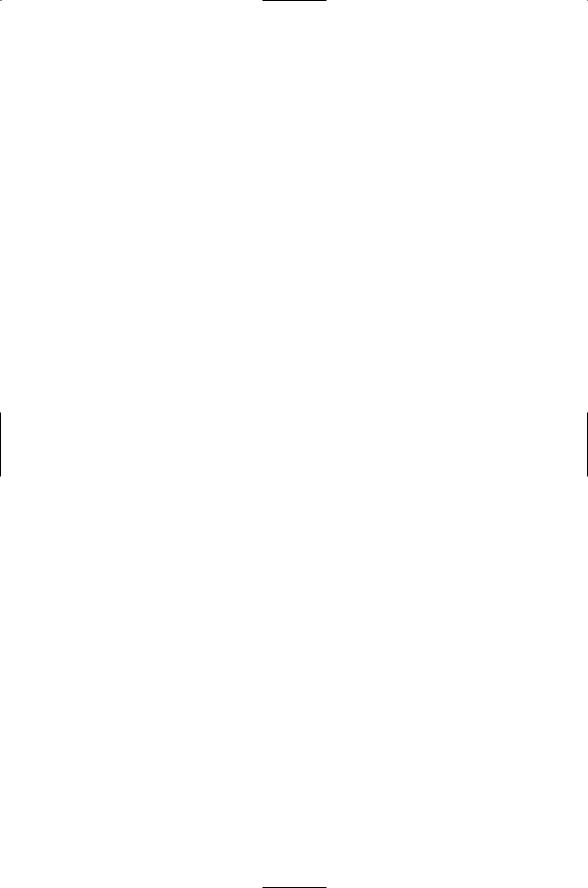
1959
“Chelovek, okonchivshii universitet s otlichiem v zhizni etogo otlichiia mozhet i ne poluchit’: vystuplenie Khrushcheva na vypuske fizicheskogo fakul’teta Moskovskogo gosudarstvennogo universiteta im. M. V. Lomonosova, 20 ianvaria 1959 g.” In Istochnik: dokumenty Russkoi istorii, No. 6: Nikita Sergeevich Khrushchev. Moscow (2003): 97–101. (Vestnik Arkhiva Presidenta Rossiiskoi Federatsii).
“Derzhat’ takuiu bol’shuiu armiiu znachit ponizhat’ nash ekonomicheskii potentsial: zapiska Khrushcheva v TsK KPSS O dal’neishem sokrashchenii Vooruzhennykh Sil SSSR, 8 dekabria 1959 g.” In Istochnik: dokumenty Russkoi istorii, No. 6: Nikita Sergeevich Khrushchev. Moscow (2003): 101–4. (Vestnik Arkhiva Presidenta Rossiiskoi Federatsii). [Full text in Russian can be also found in Nikita S. Khrushchev, Vremia. Liudi. Vlast’, 4:544–51. Moscow, 1999. Published in English: “Memorandum of N. S. Khrushchev on Military Reform.” In Nikita S. Khrushchev, Memoirs of Nikita Khrushchev, Vol. 2: Reformer. University Park: Pennsylvania State University Press, 2006.]
For Peaceful Competition and Cooperation. New York: International Arts and Sciences Press.
K pobede v mirnom sorevnovanii s kapitalizmom. Moscow: Gospolitizdat.
Nations Should Live as Good Neighbors [Nikita Khruschov’s address on U.S. television, Washington, D.C., September 27, 1959]. London: No publisher.
O kontrol’nykh tsifrakh razvitiia narodnogo khoziaistva SSSR na 1959–1965 gody: doklad i zakliuchitel’noe slovo na vneocherednom XXI s”ezde KPSS 27 ianvaria i 3 fevralia 1959 goda. Moscow: Gospolitizdat. [Published in English: Target Figures for the Economic Development of the Soviet Union, 1959–1965. London: (Soviet Booklets).]
O mezhdunarodnom polozhenii i vneshnei politike Sovetskogo Soiuza: doklad na Tret’ei sessii Verkhovnogo Soveta SSSR 31 oktiabria 1959 goda. Moscow: Gospolitizdat. [Published in English: The International Situation and Soviet Foreign Policy Report Given at the Third Session of the USSR Supreme Soviet on October 31,
1959. New York: Crosscurrents Press.]
O mirnom sosushchestvovanii. Moscow: Gospolitizdat. [Published in English: On Peaceful Co-Existence (full text of an article written for the American magazine Foreign Affairs). London: Soviet News.]
Peace and Progress Must Triumph in Our Time [Report of N. S. Khrushchov on His Visit to the United States to a Meeting of Moscow People at the Sports Palace of the Lenin Stadium, September 28, 1959]. London: Soviet Booklets.
Polnee ispol’zuem rezervy dlia dal’neishego pod”ema sel’skogo khoziaistva: rech’ na Plenume TsK KPSS 25 dekabria 1959 goda. Moscow: Gospolitizdat.
[ ]
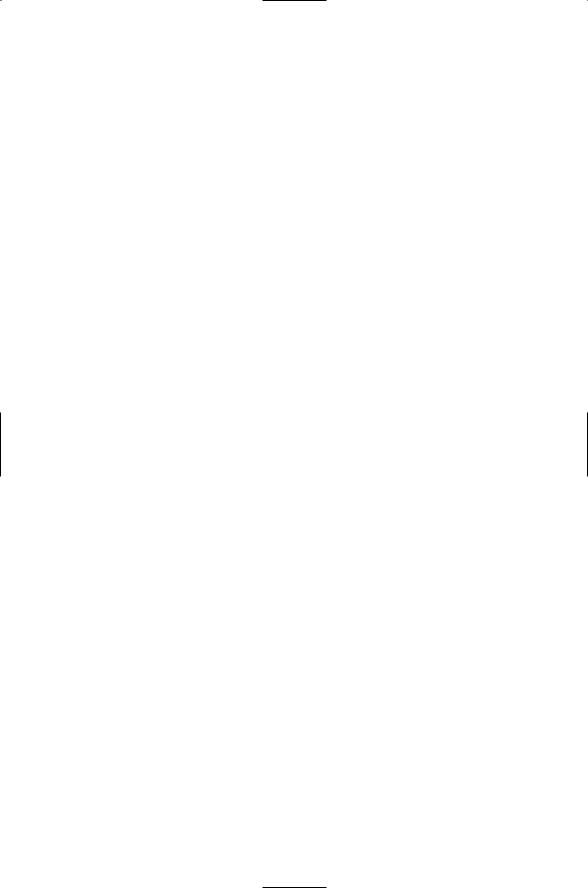
Pretvorenie v zhizn’ leninskikh idei elektrifikatsii strany—vernyi put’ k pobede kommunizma: rech na Vsesoiuznom soveshchanii po energeticheskomu stroitelstvu 28 noiabria
1959 goda. Moscow: Gospolitizdat.
Rech’ N. S. Khrushcheva na Deviatoi obshchegermanskoi rabochei konferentsii v gorode Leiptsige 7 marta 1959 g. [Moscow], 1959. [Suppl. to journal “Novoe Vremia,” April 3, 1959.]
Rech’ na VII s”ezde Vengerskoi cotsialisticheskoi rabochei partii, 1 dekabria 1959 g. Moscow: Gospolitizdat.
Rech’ na sobranii izbiratelei Kalininskogo izbiratel’nogo okruga 24 fevralia 1959 g. Moscow: Gospolitizdat.
Rech’ na Vneocherednom XXI s”ezde KPSS, 31 ianvaria 1959 goda. Moscow: Gospolitizdat.
Rech’ tov. N. S. Khrushcheva na Torzhestvennom zasedanii Verkhovnogo Soveta Moldavskoi SSR i TsK Kommunisticheskoi partii Moldavii, posviashchennom vrucheniiu Moldavskoi SSR Ordena Lenina, 19 maia 1959 g. Kishiniov, Moldava: Partizdat.
Rechi v Tule i Stalinogorske 16–18 fevralia 1959 g. Tula: Tul’skoe knizhnoe izdatel’stvo.
Sluzhenie narodu-vysokoe prizvanie sovetskikh pisatelei [rech’ na Tret’em s”ezde sovetskikh pisatelei]. Moscow: Gospolitizdat. [Published in English: Soviet Writers’ Lofty Mission: To Serve the People. (Speech at the Third Writers’ Congress). No place, no date.
Sorok let Velikoi Oktiabr’skoi sotsialisticheskoi revolutsii: doklad na IUbileinoi sessii Verkhovnogo Soveta SSSR 6 noiabria 1957 goda. [Bibliotechka po nauchnomu sotsializmu]. Moscow: Gospolitizdat.
Sovetskaia pechat’ dolzhna byt’ samoi sil’noi i boevoi: vystuplenie na prieme sovetskikh zhurnalistov v Kremle 14 noiabria 1959 goda. Moscow: Gospolitizdat.
Sovetskoe pravitel’stvo predlagaet vseobshchee i polnoe razoruzhenie vsekh gosudarstv: vystuplenie na General’noi Assamblee Organizatsii Ob”edinennykh Natsii, 18 sent. 1959 g. Deklaratsiia Sovetskogo Paravitel’stva. No place: Novoe Vremia. [Published in English: Speech at the United Nations General Assembly, September 18, 1959, and Declaration of the Soviet Government. Ottawa: Press Office USSR Embassy in Canada.]
Volia narodov vsekh stran—obespechit’ mir vo vsem mire: rech’ na mitinge v stanitse Veshenskoi Rostovskoi oblasti 30 avgusta 1959 goda. Moscow: Gospolitizdat. [Published in English: World Peace Is the Desire of All Peoples. [London]: Soviet Weekly.]
Za dal’neishii pod”em proizvoditelnykh sil strany, za tekhnicheskii progress vo vsekh otrasliakh narodnogo khoziaistva: rech’ na Plenume TsK KPSS 29 iunia 1959 g.
Moscow: Gospolitizdat.
Zakliuchitel’noe slovo na Vneocherednom XXI s”ezde KPSS, 5 fevralia 1959 g. Moscow: Gospolitizdat.
[ ]
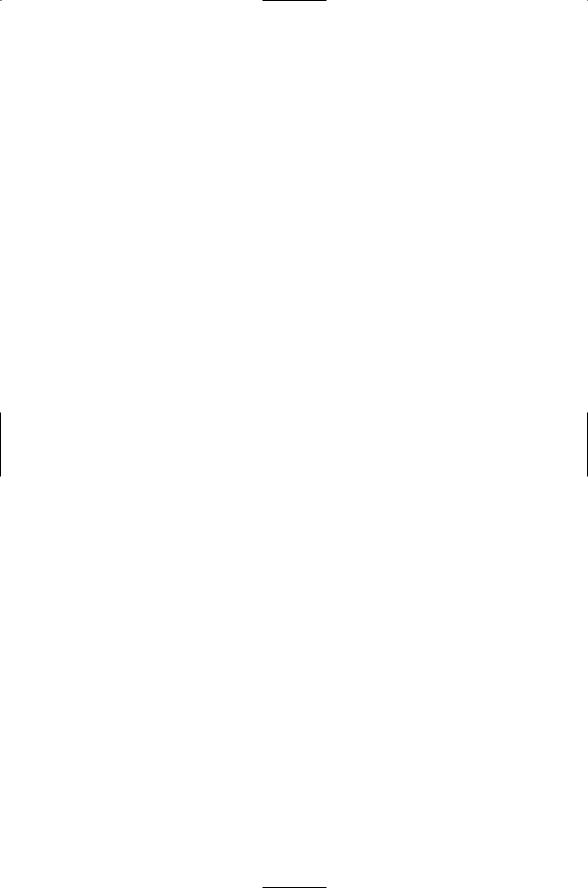
1960
40 let Azerbaidzhanskoi SSR i Kommunisticheskoi partii Azerbaidzhana: vystuplenie na Torzhestvennom zasedanii v Baku, posviashchennom 40-letiu ustanovleniia Sovetskoi vlasti i sozdaniia Kommunisticheskoi partii Azerbaidzhana 25 aprelia
1960 goda. Moscow: Gospolitizdat.
For Victory in Peaceful Competition with Capitalism. With a special introduction written for the American ed. New York: Dutton. [Also published in the United Kingdom: For Victory in Peaceful Competition with Capitalism. With a special preface written for the English ed. London: Hutchinson.]
“Kazhdyi narod dolzhen sam reshat’, kak emu zhit’: beseda N. S. Khrushcheva s indiiskim pisatelem Kh. Abbasom 6 ianvaria 1960 g.” In Istochnik: dokumenty Russkoi istorii, No. 6: Nikita Sergeevich Khrushchev. Moscow (2003): 105–15. (Vestnik Arkhiva Presidenta Rossiiskoi Federatsii).
Let Us Work for Peace [Address of N. S. Khrushchev on French television, April 2, 1960]. London: [Soviet Booklets.]
Mirnoe sosushchestvovanie: tri stat’i. By Nikita Sergeevich Khrushchev, George Frost Kennan, and Fedor Lebedev. Munich: TSentral’noe Ob”edinenie Politicheskikh Emigrantov iz SSSR (TSOPE).
Ob otmene nalogov s rabochikh i sluzhashchikh i drugikh meropriiatiiakh, napravlennykh na povyshenie blagosostoianiia Sovetskogo naroda: doklad i zakliuchitel’noe slovo na Piatoi sessii Verkhovnogo Soveta SSSR 5 maia 1960 goda. Moscow: Gospolitizdat. [Published in English: The Abolition of Taxes on Factory and Office Workers and Other Measures to Advance the Well-Being of the Soviet People
(report and concluding speech to the Supreme Soviet, May 5–7, 1960). London: Soviet Booklets; Also: Raising the Soviet Standard of Living (Report). New York: Crosscurrents Press.]
Ordeal of the UN: Khrushchev, Hammarskjöld, and the Congo Crisis. By Theodor Drapper, Dag Hammarskjöld, and Nikita Sergeevich Khrushchev. New York: No publisher.
Peace in Europe––Peace Throughout the World [Speech of N. S. Khrushchov on the Result of his Visit to France, at a Meeting of Moscow Working People, April 4,
1960]. London: [Soviet Booklets.]
Razoruzhenie—put’ k uprochneniiu mira i obespecheniiu druzhby mezhdu narodami: doklad i zakliuchitel’noe slovo na Chetvertoi sessii Verkhovnogo Soveta SSSR 14 ianvaria 1960 goda. Moscow: Gospolitizdat. [Published in English: Disarmament: The Way to Secure Peace and Friendship Between Nations. London: Soviet Booklets, 1960.]
Rech’ na Tret’em s”ezde Rumynskoi rabochei partii; rech’ na mitinge trudiashchikhsia v Bukhareste 25 iiunia 1960 goda. Moscow: Gospolitizdat. [Published in English:
[ ]
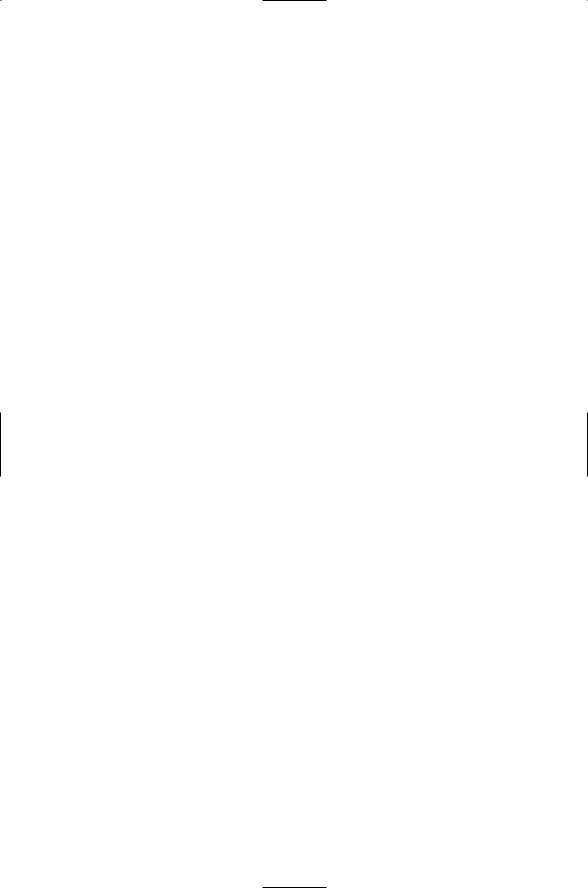
Speech at Third Congress of the Rumanian Worker’s Party, Bucharest, June 21,
1960. London: Soviet Booklets.]
“Rugaem burzhuev, kapitalistov-imperialistov: zapiska N. S. Khrushcheva chlenam Prezidiuma TsK KPSS iz OON, 10 oktiabria 1960 g.” In Istochnik: dokumenty Russkoi istorii, No. 6: Nikita Sergeevich Khrushchev. Moscow (2003): 116–17. (Vestnik Arkhiva Presidenta Rossiiskoi Federatsii).
The Socialist Way [National television address, Washington, D.C., September 27, 1959]. New York: New Century.
Soviet Policy in the Current International Situation [speech at the USSR Conference of Leaders in the Emulation Movement of Communist Work Teams and Shock Workers, May 28, 1960]. New York: Crosscurrents Press.
Sozidatel’nym trudom krepit’ delo mira, obespechit’ pobedu v ekonomicheskom sorevnovanii s kapitalizmom: vystuplenie na Vsesoiuznom soveshchanii peredovikov sorevnovaniia brigad kommunisticheskogo truda 28 maia 1960 goda. Moscow: Gospolitizdat. [Published in English: Work Creatively to Strengthen the Cause of Peace, to Ensure Victory in the Economic Competition with Captialism; Soviet Policy in the Current International Situation (speeches). Ottawa: Press Office USSR Embassy in Canada.]
Speech at the Meeting of the People of Moscow on His Return from the Visit to France on April 4, 1960, and His Address over French Television on April 2, 1960. Ottawa: Press Office.
Sport v SSSR = Lo Sport Nell’URSS = Sports in the USSR = Le Sport en URSS [message from the Chairman of the Council of Ministers of the USSR: text in Italian, English, French, Spanish, and German]. Al Comitato Olimpico Nazionale Italiano Organizzatore dei XVII Giochi Olimpici. No place: Soviet Information Bureau.
Statement and Replies to Questions, Gorky Park, Moscow, May 11, 1960: The U-2 Plane Incident [photos of the exhibit on the U-2 plane incident at Gorky Park, Moscow]. New York: Crosscurrents Press.
Svobodu i nezavisimost’ vsem kolonial’nym narodam; Reshit’ problemu vseobshchego razoruzheniia! Moscow: Gospolitizdat. [Published in English: Freedom and Independence to All Colonial Peoples: Solve the Problem of Total Disarmament
(speech by N .S. Khrushchev at the 15th session of the United Nations General Assembly, September 23, 1960; documents submitted by the government of the USSR). London: Soviet Booklets.]
Vstrecha N. S. Khrushcheva s predstaviteliami delovykh krugov Avstrii. Vystupleniie N. S. Khrushcheva. [Moscow: No publisher]. [From journal “Vneshniaia Torgovlia” (1960, no. 7, July).]
Za mir, za razoruzhenie, za svobodu narodov: vystupleniia v Niu-Iorke, na XV sessii General’noi Assamblei OON, 19 sent.-13 oct. 1960 g. Rech’ na mitinge trudiashchikhsia
[ ]
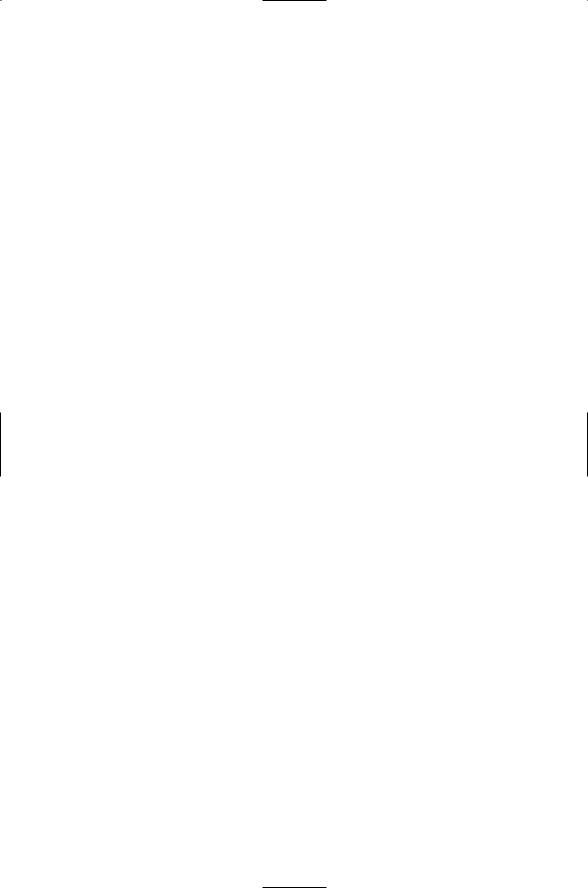
Moskvy o rabote Sovetskoi delegatsii na XV sessii General’noi Assamblei OON.
Moscow: Gospolitizdat.
Za prochnyi mir vo imia schast’ia i svetlogo budushchego narodov: rech’ na Vserossiiskom s”ezde uchitelei 9 iiulia 1960 goda. Moscow: Gospolitizdat.
Zaiavlenie Predsedatelia Soveta Ministrov SSSR N. S. Khrushcheva Prezidentu Frantsii de Golliu, Prem’er-ministru Velikobritanii Makmillanu, Presidentu SShA Eizenkhaueru, 16 maia 1960 g. [Moscow: No publisher [Suppl. To journal “Novoie Vremia” no. 21 (May).]
1961
K novym uspekham literatury i iskusstva [sokrashchennoe izlozhenie vystuplenii na vstrechakh s predstaviteliami Sovetskoi intelligentsii 17 iiulia 1960 goda, na priemakh v chest’ pisatelei i kompozitorov RSFSR]. Moscow: Gospolitizdat.
“Nado skazat’, chto u arkhitektorov mozgi navyvorot: zamechaniia N. S. Khrushcheva po voprosam stroitel’stva, 28 sentiabria 1961 g.” In Istochnik: dokumenty Russkoi istorii, No. 6: Nikita Sergeevich Khrushchev. Moscow (2003): 119–22. (Vestnik Arkhiva Presidenta Rossiiskoi Federatsii).
“Namechalos’ na 13-ie, no, vidimo, poddalis’ sueveriiu: predlozhenie N. S. Khrushcheva chlenam Prezidiuma TsK KPSS v sviazi s zapuskom kosmicheskogo korablia Vostok s Yuriem Gagarinym, 11 aprelia 1961 g.” In Istochnik: dokumenty Russkoi istorii, No. 6: Nikita Sergeevich Khrushchev. Moscow (2003): 117–19. (Vestnik Arkhiva Presidenta Rossiiskoi Federatsii).
“Nemtsy v etom sorevnovanii mogut byt’ ne poslednimi, i oni davno pokazali vsemu miru svoi sposobnosti: zamechaniia N. S. Khrushcheva 11 dekabria 1961 g.” In
Istochnik: dokumenty Russkoi istorii, No. 6: Nikita Sergeevich Khrushchev. Moscow (2003): 122–28. (Vestnik Arkhiva Presidenta Rossiiskoi Federatsii).
O Programme Kommunisticheskoi partii Sovetskogo Soiuza: doklad na XXII s”ezde KPSS 18 oktiabria 1961 goda. Moscow: Gospolitizdat. [Published in English:
Report on the Programme of the Communist Party of the Soviet Union: Delivered by N. S. Khrushchov, First Secretary, to the 22d Congress of the CPSU, October 18, 1961, and Reply to Discussion, October 27, 1961. London: (Soviet Booklets).]
Otchet XXII s”ezdu partii, 17 oktiabria 1961 goda. Moscow: Pravda.
Otchet TSentral’nogo Komiteta Kommunisticheskoi partii Sovetskogo Soiuza XII s”ezdu partii: [17 oktiabria 1961 goda]. Moscow: Gospolitizdat. [Published in English:
Report on the Program of the Communist Party of the Soviet Union: October 17,
1961. New York: Crosscurrents Press.]
A Peace Treaty with Germany: Three Speeches. [New York]: Crosscurrents Press.
Polnee ispol’zovat’ vozmozhnosti Severnogo Kavkaza dlia uvelicheniia proizvodstva sel’skokhoziaistvennykh produktov. [Grozny]: Checheno-Ingushskoe knizhnoe izdatel’stvo.
[ ]
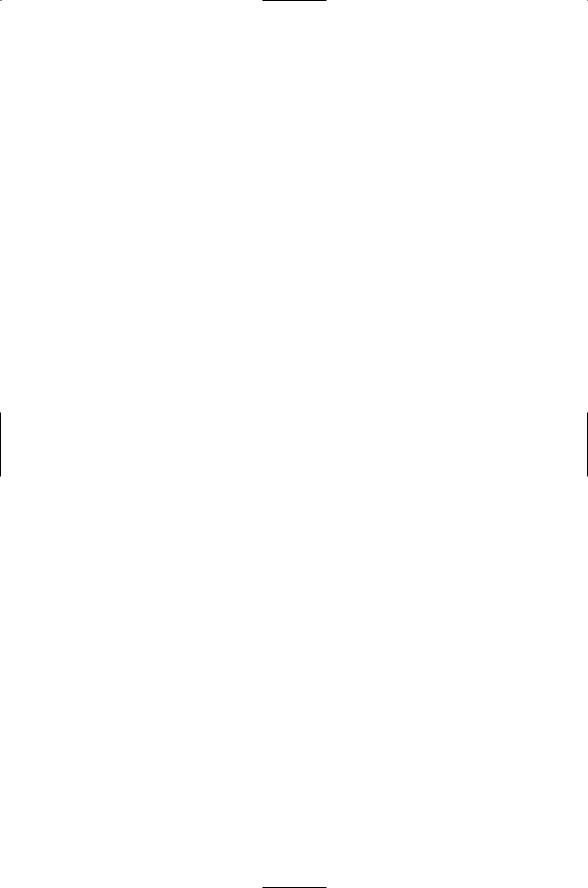
Povyshat’ uroven’ rukovodstva sel’skim khoziaistvom: rech’ . . . na soveshchanii peredovikov sel’skogo khoziaistva nechernozemnoi zony RSFSR v g. Moskve, 23 fevralia
1961 g. [Sverdlovsk: No publisher.]
Povyshenie blagosostoianiia naroda i zadachi dal’neishego uvelicheniia proizvodstva sel’skokhoziaistvennykh produktov: rech’ na Plenume TsK KPSS 17 ianvaria 1961 goda. Moscow: Gospolitizdat.
Pravil’noe ispol’zovanie zemli—vazhneishee uslovie bystrogo uvelicheniia proizvodstva zerna, miasa, moloka i drugikh sel’skokhoziaistvennykh produktov: rech’ na soveshchanii rabotnikov sel’skogo khoziaistva oblastei i avtonomnykh respublik nechernozemnoi zony RSFSR v Moskve 14 dekabria 1961 goda. Moscow: Gospolitizdat.
Rech’ na V Vsemirnom kongresse profsoiuzov 9 dekabria 1961 goda. Moscow: Gospolitizdat.
Rech’ na Torzhestvennom zasedanii v gorode Erevane, posviashchennom 40-letiiu ustanovleniia Sovetskoi vlasti i sozdaniia Kommunisticheskoi partii Armenii, 6 maia
1961 goda. Erevan: Armianskoe gosudarstvennoe izdatel’stvo.
Rech’ tovarishcha N. S. Khrushcheva na Torzhestvennom zasedanii Verkhovnogo Soveta Gruzinskoi SSR i TsK Kompartii Gruzii, posviashchennom 40-letiiu ustanovleniia Sovetskoi vlasti i obrazovaniiu Kommunisticheskoi partii Gruzii, 12 maia 1961 g. v Tbilisi. Tbilisi: Izdatel’stvo TsK KPSS Gruzii.
Samootverzhennyi trud vo imia torzhestva kommunizma—dolg kazhdogo Sovetskogo cheloveka: rech’ na soveshchanii rabotnikov sel’skogo khoziaistva Sibiri 26 noiabria
1961 goda v g. Novosibirsk and Moscow: Gospolitizdat.
Uvelichenie proizvodstva sel’skokhoziaistvennykh produktov—vazhneishaia zadacha kommunisticheskogo stroitel’stva: rech’ na soveshchanii rabotnikov sel’skogo khoziaistva Ukrainskoi SSR 22 dekabria 1961 goda v gorode. Kiev and Moscow: Gospolitizdat.
Vazhnaia rol’ tselinnykh zemel’ v osushchesvlenii programmy stroitel’stva kommunizma: rech’ na soveshchanii rabotnikov sel’skogo khoziaistva Kazakhstana v g. TSelinograde 22 noiabria 1961 goda. Moscow: Gospolitizdat.
Vse sily na uspeshnoe osushchestvlenie istoricheskikh reshenii XXII s”ezda KPSS: rech’ na soveshchanii rabotnikov sel’skogo khoziaistva Uzbekistana, iuzhnykh oblastei Kazakhstana, Tadzhikistana, Kirgizii i Azerbaidzhana v gorode Tashkente 16 noiabria
1961 goda. Moscow: Gospolitizdat.
Vystuplenie po radio i televideniiu 15 iiunia 1961 goda: [Ob itogakh vstrechi s presidentom SShA Dzh. Kennedi]. Moscow: Gospolitizdat.
Vziat’ novye rubezhi v razvitii sel’skogo khoziaistva Sibiri: rech’ na soveshchanii peredovikov sel’skogo khoziaistva oblastei, kraiov i avtonomnykh respublik Sibiri v gorode Novosibirske 8 marta 1961 goda. Ulan Ude: Buriatskoe knizhnoe izdatel’stvo.
Za novye pobedy mirovogo kommunisticheskogo dvizheniia: k itogam soveshchaniia predstavitelei kommunisticheskikh i rabochikh partii [Moscow, 1960]. Moscow:
[ ]
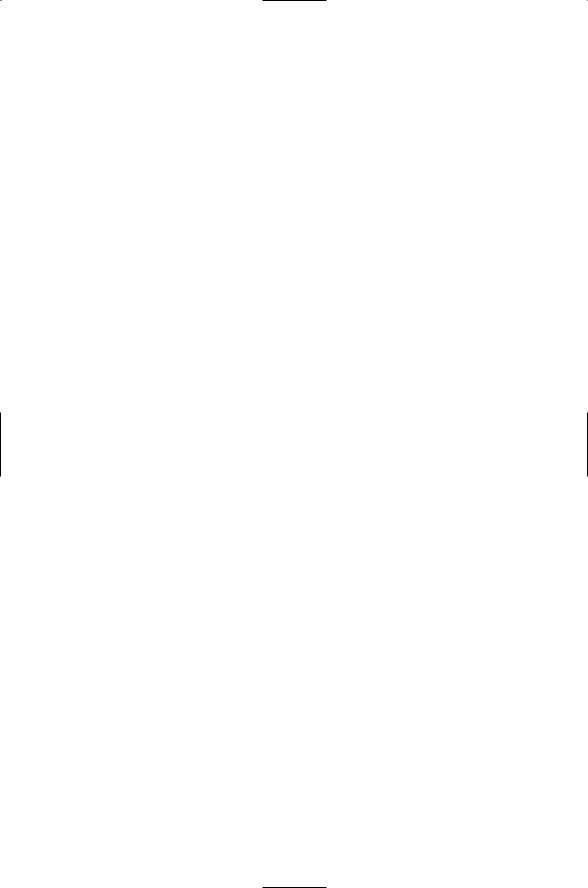
Gospolitizdat. [Published in English: Khrushchev’s Report on Moscow Conference of Representatives of Communist and Working Parties. Washington, D.C.]
Zaiavlenie Predsedatelia Soveta Ministrov N. S. Khrushcheva po voprosu ob ispytaniiakh iadernogo oruzhiia, sdelannoe 9 sentiabria 1961 goda Soiedinionnym Shtatam Ameriki i Anglii. [Moscow: No publisher.] [Suppl. to journal “Novoe Vremia” 38 (September 15, 1961).].
Zakliuchitel’noe slovo na XXII s’ezde KPSS, 27 oktiabria 1961 g. Moscow: Gospolitizdat.
1962
Beseda N. S. Khrushcheva s amerikanskim izdatelem G. Koulsom 20 aprelia 1962 goda.
Moscow: Gospolitizdat. [Published in English: An Interview with Nikita Khrushchev: Moscow, April 20, 1962: A Personal Report and the Official Verbatim Transcript.
By Gardner Cowles. [No place, no date.]
Druzhba—naveki: rech’ na mitinge Sovetskoi i kubinskoi molodezhi v Kremle 2 iiunia
1962 goda. Moscow: Gospolitizdat.
“Eto uzhe istoriei priznano, chto vsiakie voiny konchaiutsia mirnym dogovorom: beseda NS. Khrushcheva s ispolniaiushchim obiazannosti General’nogo Sekretaria OON U Tanom 28 avgusta 1962 g.” In Istochnik: dokumenty Russkoi istorii, No. 6: Nikita Sergeevich Khrushchev. Moscow (2003): 150–59. (Vestnik Arkhiva Presidenta Rossiiskoi Federatsii).
“IA iavliaius’ produktom Stalinskoi epokhi: rech’ N. S. Khrushcheva na tovarishcheskom uzhine v Yevksinograde (Varna), 16 maia 1962 g.” In Istochnik: dokumenty Russkoi istori, No. 6: Nikita Sergeevich Khrushchev. Moscow (2003): 128–39. (Vestnik Arkhiva Presidenta Rossiiskoi Federatsii).
Kazhdaia sovetskaia respublika dolzhna vnesti dostoinyi vklad v stroitel’stvo kommunizma: rech’ na soveshchanii rabotnikov sel’skogo khoziaistva Belorusskoi SSR v gor. Minske 10 ianvaria 1962 goda. Moscow: Gospolitizdat.
Khrushchev Speaks to Moscow Voters: Speech at a Meeting of the Kalinin Election District, March 16, 1962. New York: Crosscurrents Press.
Message to the Peoples of the World; Letter from Prof. J. D. Bernal, on Behalf of the Committee for the World Congress for General Disarmament and Peace to the Heads of Governments of the 18 Member Nations of the Disarmament Committee Meeting in Geneva, with Replies. By Nikita Sergeevich Khrushchev, and J. D. Bernal. International Institute for Peace. Vienna: International Institute for Peace.
Molodye stroiteli kommunizma, vysoko nesite znamia Lenina: rech’ na XIV s”ezde Komsomola 19 aprelia 1962 goda. Moscow: Molodaia Gvardiia.
“Nado ser’ezno otnestis’ k etomu: k zapiske N. S. Khrushcheva Prezidiumu TsK KPSS o poezdke na Sever 24 iiulia 1962 g.” In Istochnik: dokumenty Russkoi istorii, No. 6: Nikita Sergeevich Khrushchev. Moscow (2003): 139–47. (Vestnik Arkhiva Presidenta Rossiiskoi Federatsii).
[ ]

Nasushchnye voprosy razvitiia mirovoi sotsialisticheskoi sistemy [Report from journal “Problemy mira i sotsializma” no. 9 (1962)]. Moscow: Gospolitizdat.
“Nu, idite, pokazyvaite mne svoiu mazniu: vyskazyvaniia N. S. Khrushcheva pri poseshchenii vystavki proizvedenii Moskovskikh khudozhnikov 1 dekabria 1962 g.” In Istochnik: dokumenty Russkoi istorii, No. 6: Nikita Sergeevich Khrushchev. Moscow (2003): 159–68. (Vestnik Arkhiva Presidenta Rossiiskoi Federatsii).
Razvitie ekonomiki SSSR i partiinoe rukovodstvo narodnym khoziaistvom: doklad na Plenume TsK KPSS 19 noiabria 1962 goda. Moscow: Gospolitizdat. [Published in English: Khrushehev 19 November Report to CPSU Central Committee Plenum.
(Washington, D.C.): Foreign Broadcast Information Service.]
Sovremennoe mezhdunarodnoe polozhenie i vneshniaia politika Sovetskogo Soiuza: doklad na sessii Verkhovnogo Soveta SSSR 12 dekabria 1962 goda. Moscow: Pravda. [Published in English: The Present International Situation and the Foreign Policy of the Soviet Union: Report to the USSR Supreme Soviet on December 12, 1962.
New York: Crosscurrents Press, 1963.]
Sovremennyi etap kommunisticheskogo stroitel’stva i zadachi partii po uluchsheniiu rukovodstva sel’skim khoziaistvom—[Sovetskii narod uspeshno vypolnit programmu dal’neishego razvitiia sel’skogo khoziaistva]: doklad i zakliuchitel’noe slovo na Plenume TsK KPSS 5 i 9 marta 1962 g. Moscow: Gospolitizdat, 1962. [Published in English: The Present Stage of Building Communism [and] the Party’s Tasks in Improving Farm Management: Report to the Central Committee of the CPSU, March 5–7, 1962. London: Soviet Booklets.]
Vital Questions of the Development of the Socialist World System. Moscow and Chicago: Foreign Languages Publishing House (Distributed by Cross World Books & Periodicals).
Vsemerno ukrepliat’ proizvodstvennye kolkhozno-sovkhoznye upravleniia. Moscow: Gospolitiizdat.
Vseobshchee i polnoe rasoruzhenie—garantiia mira i bezopasnosti vsekh narodov: rech’ na Vsemirnom kongresse za vseobshchee razoruzhenie i mir 10 iiulia 1962 goda . Moscow: Gospolitizdat. [Published in English: General and Complete Disarmament—Guarantee of Peace and Security for All People (address [at the] World Congress for General Disarmament and Peace, Delivered July 10, 1962). New York: Crosscurrents Press.]
Za mir, trud, svobodu, ravenstvo, bratstvo i schast’e: rech’ na sobranii izbiratelei Kalininskogo izbiratel’nogo okruga goroda Mosvy 16 marta 1962 goda. Moscow: Gospolitizdat.
Za novye uspekhi v rabote zheleznodorozhnogo transporta: rech’ na Vsesoiuznom soveshchanii rabotnikov zheleznodorozhnogo transporta, 10 maia 1962 goda. Moscow: Gospolitizdat.
[ ]
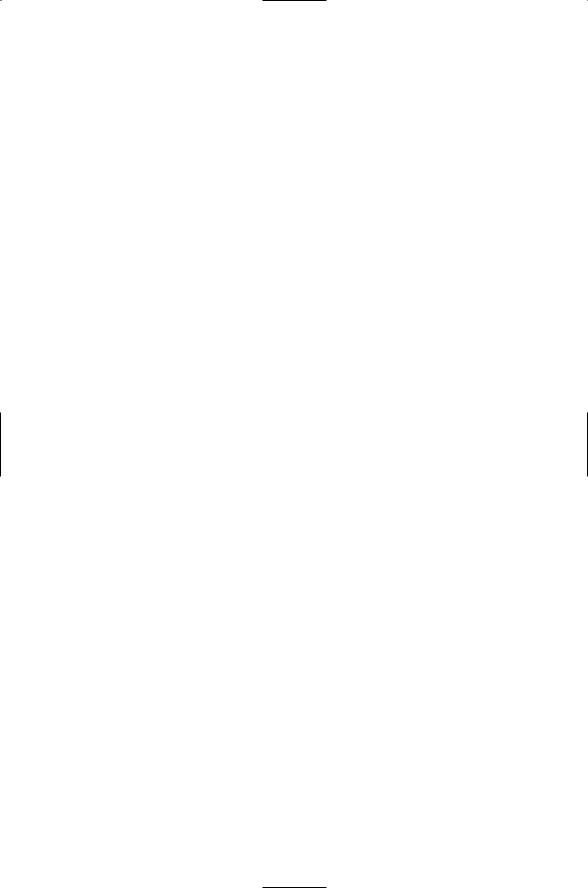
1963
Bratskii soiuz, nerushimaia druzhba: rech’ na mitinge sovetsko-vengerskoi druzhby 19 iiulia 1963 goda. Moscow: Gospolitizdat.
For New Victories for the World Communist Movement: Concerning the Results of the Meeting of Representatives of the Communist and Workers’ Parties. Prague: Peace and Socialism.
“IA zdes’ ne pretenduiu na istinu: iz stenogrammy zasedaniia Prezidiuma TsK KPSS
23 dekabria 1963 g.” In Istochnik: dokumenty Russkoi istorii, No. 6: Nikita Sergeevich Khrushchev. Moscow (2003): 173–82. (Vestnik Arkhiva Presidenta Rossiiskoi Federatsii).
Marksizm-leninizm—nashe znamia, boevoe oruzhie: rech’ na Plenume TsK KPSS 21 iiunia
1963 goda. Moscow: Gospolitizdat. [Published in English: Marxism-Leninism Is Our Banner, Our Fighting Weapon: Full Text of the Speech Made by Nikita Khrushchov to a Plenary Meeting of the Central Committee of the CPSU Held in Moscow on June 18–21, 1963. London: No publisher.]
“Ne takie my bogatye, chtoby, chto vydumyvaiut, pechatat’: vyskazyvaniia N. S. Khrushcheva na zasedanii Prezidiuma TsK KPSS 25 aprelia 1963 g.” In Istochnik: dokumenty Russkoi istori, No. 6: Nikita Sergeevich Khrushchev. Moscow (2003):
169–73. (Vestnik Arkhiva Presidenta Rossiiskoi Federatsii).
The New Content of Peaceful Coexistence in the Nuclear Age: Speech at the 6th Congress of the Socialist Unity Party of Germany, Berlin, January 16, 1963. New York: Crosscurrents Press.
Problemy natsional’no-osvoboditel’noi bor’by: otvety na voprosy redaktsii gazet “Ganien taims,” “Al’zhe republiken,” “Pepl,” i “Botatayn.” Moscow: Politizdat.
Rech’ na sobranii izbiratelei Kalininskogo izbiratel’nogo okruga goroda Moskvy 27 fevralia 1963 goda. Moscow: Gospolitizdat. [Published in English: Nikita Khrushchov’s Speech at Moscow Election Meeting: Full Text of the Speech Made by N. S.
Khrushchov to an Election Meeting in Moscow on February 27th, 1963. London:
(Soviet Booklets).]
Sluzhit’ delu kommunizma: rechi na XIII i XIV s”ezdakh VLKSM. Moscow: Molodaia Gvardiia.
Sozdat’ ustoichivuiu bazu dlia polucheniia vysokikh garatirovannykh urozhaev: rech’ na soveshchanii rabotnikov sel’skogo khoziaistva Severnogo Kavkaza v g. Krasnodare, 26 sentiabria 1963 goda. Moscow: Politizdat.
Uskorennoe razvitie khimicheskoi promyshlennosti—vazhneishee uslovie pod’ioma selskokhoziaistvennogo proizvodstva i rosta blagosostoiania naroda: doklad i zakliuchitelnoe slovo na Plenume TsK KPSS 9 i 13 dekabria 1963 goda. Moscow: Politizdat.
V edinom stroiu—k edinoi tseli: rech’ na Mitinge germano-Sovetskoi druzhby v Berline
2 iiulia 1963 goda. Moscow: Gospolitizdat.
[ ]
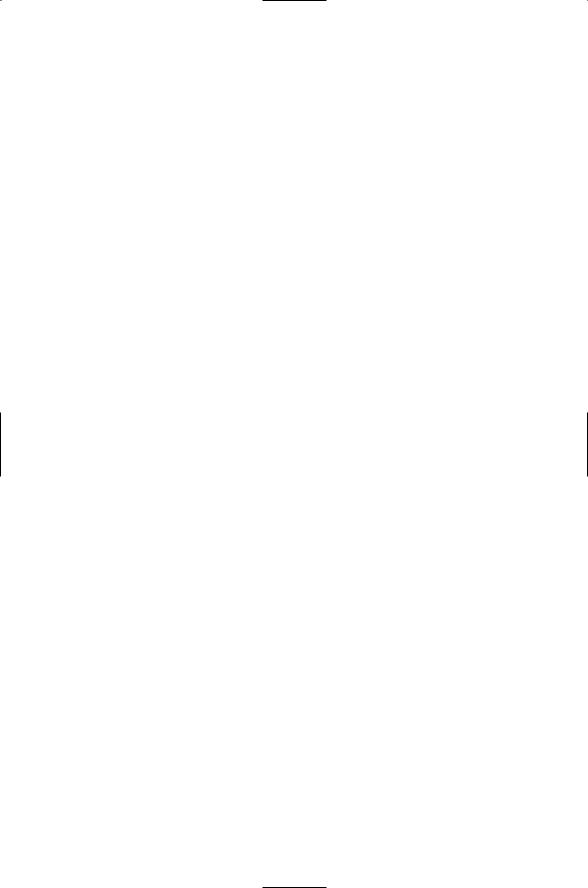
V piatom godu semiletki voz’mem novye rubezhi v razvitii sel’skogo khoziaistva: rech’ na soveshchanii sekretarei partiinykh komitetov i nachal’nikov proizvodstvennykh kolkhozno-sovkhoznykh upravlenii Rossiiskoi Federatsii 12 marta 1963 goda.
Moscow: Gospolitizdat.
Vse rezervy promyshlennosti i stroitel’stva—na sluzhbu kommunizmu!: rech’ na soveshchanii rabotnikov promyshlennosti i stroitel’stva RSFSR 24 apr. 1963 g.
Moscow: Gospolitizdat.
Vysokaia ideinost’ i khudozhestvennoe masterstvo—velikaia sila Sovetskoi literatury i iskusstva: rech’ na vstreche rukovoditelei partii i pravitel’stva s deiateliami literatury i iskusstva 8 marta 1963 goda. Moscow: Gospolitizdat. [Published in English:
The Great Strength of Soviet Literature and Art: Full Text of the Speech Made by Nikita Khrushchov to a Meeting of Party and Government Leaders with Writers and Artists in the Kremlin on March 8th, 1963. London: Soviet Booklets. Also: High Ideology and Artistry Are the Great Force of Soviet Literature and Art: Speech by N. S. Khrushchev at Meeting of Party and Government Leaders with Men of Letters and Art, March 8, 1963. Brooklyn: Brooklyn College.]
Vystuplenie na VI s”ezde Sotsialisticheskoi edinoi partii Germanii, 16 ianvaria 1963 goda: [poster]. Moscow: Gospolitizdat.
1964
Intensifikatsiia proizvodstva—glavnoe napravlenie v razvitii sel’skogo khoziaistva: rech’ na Plenume TsK KPSS 14 fevralia 1964 goda. Moscow: Politizdat. [Published in English: The Intensification of Production Is the Main Trend in the Development of Agriculture (Khrushchev February 14 Speech to the CPSU Central Committee Plenum). (Washington, D.C.: Foreign Broadcast Information Service).]
“My nakhodimsia na rubezhe ili slavy, ili pozora: zamechaniia N. S. Khrushcheva k zapiske o Proekte Osnovnykh napravlenii razvitiia narodnogo khoziaistva SSSR na 1966–1970 gody, 22 sentiabria 1964 g.” In Istochnik: dokumenty Russkoi istorii, No. 6: Nikita Sergeevich Khrushchev. Moscow (2003): 183–88. (Vestnik Arkhiva Presidenta Rossiiskoi Federatsii).
The National Liberation Struggle, Results and Prospects. London: No publisher.
O nekotorykh voprosakh, sviazannykh s osushchestvleniem kursa partii na intensifikatsiiu sel’skogo khoziaistva: zapiska v Prezidium TsK KPSS 13 aprelia 1964 goda.
Moscow: Politizdat.
O merakh po vypolneniiu Programmy KPSS v oblasti povysheniia blagosostoianiia naroda: doklad i zakliuchitel’noe slovo na sessii Verkhovnogo Soveta SSSR 13 i 15 iiulia 1964 goda. Moscow: Politizdat. [Published in English: On Measures for Fulfilling the CPSU Programme for Raising the Living Standards of the People: N. S. Khrushchov’s Report at the USSR Supreme Soviet Session on July 13, 1964.
Moscow: Novosti.]
[ ]
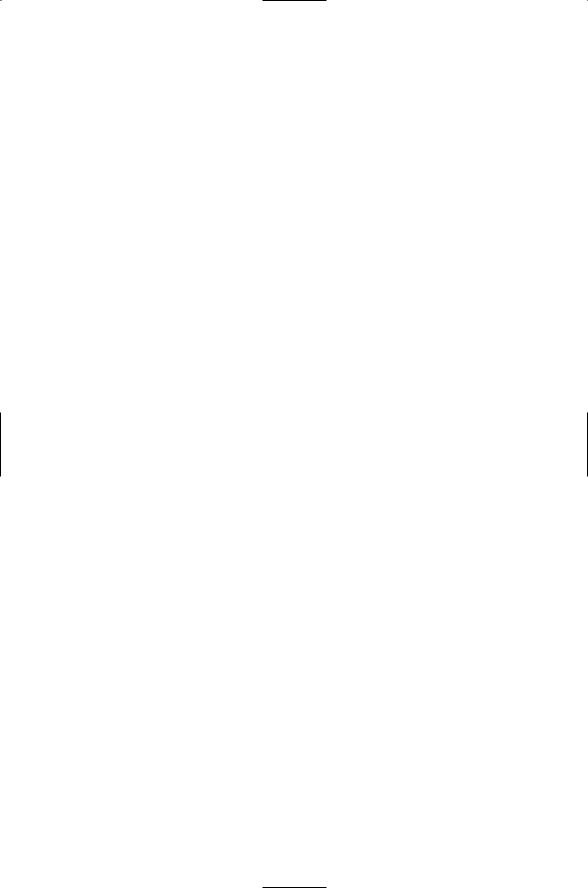
Poslanie Predsedatelia Soveta Ministrov SSSR N. S. Khrushcheva glavam gosudarstva (pravitel’stv) stran mira, 31 dek 1963 g. Moscow: Politizdat. [Published in English in Messages [at the Disarmament Conference in Geneva (January 21, 1964): Premier Nikita S. Khrushchev to Heads of Governments of the Countries of the World (December 31, 1963), President Lyndon B. Johnson Reply to the Message of Premier Khrushchev (January 18, 1964), President Lyndon B. Johnson to the Disarmament Conference in Geneva (January 21, 1964). Editorials: The New York Times, “New Start at Geneva” (January 21, 1964), “Disarmament Thaw” (January 31, 1964). New York: National Council of American-Soviet Friendship.]
Uspeshno osushchestvit’ resheniia Fevral’skogo Plenuma TsK KPSS Ob intensifikatsii sel’skokhoziaistvennogo proizvodstva: doklad na soveshchanii partiinykh, sovetskikh i sel’skokhoziaistvennykh organov 28 fevralia 1964 goda. Moscow: Politizdat. [Published in English: Successfully Implement the Decisions of the February Plenum of the CPSU Central Committee on Intensification of Agricultural Production. (Washington, D.C.): Foreign Broadcast Information Service.]
“Vozmozhno li stroitel’stvo sotsializma liud’mi, kotorye ne stoiat na marksistskikh pozitsiiakh: nekotorye soobrazheniia, vyskazannye N. S. Khrushchevym dlia obsuzhdeniia v Prezidiume TsK KPSS, prodiktovannye 27 iiulia 1964 g.” In
Istochnik: dokumenty Russkoi istori, No. 6: Nikita Sergeevich Khrushchev. Moscow (2003): 182–83. (Vestnik Arkhiva Presidenta Rossiiskoi Federatsii).
1970
“Beseda s N. S. Khhrushchevym v Komitete Partiinogo Kontrolia 13 noiabria 1970 goda.” In Nikita Sergeevich Khrushchev, Vremia. Liudi. Vlast’. Moscow: Moskovskie Novosti, 1999, 3:611–22. [Published in English: “Conversation with Khrushchev in the Party Control Committee, November 13, 1970,” in Nikita S. Khrushchev, Memoirs of Nikita Khrushchev, Vol. 2: Reformer. University Park: Pennsylvania State University Press, 2005.
1971
“Neizvestnoe interviu Nikity Khrushcheva, 28–30 avgusta 1971 goda.” Novyi Meridian no. 486, 10–11.
II. Collections of Works (listed by year)
1958
Khrushchev o Staline [collection]. New York: Teleks, 1988. Includes Doklad na zakrytom zasedanii XX s’ezda KPSS; Zakliuchitel’noie slovo na XXII s’ezde KPSS; O sekretnom doklade na XX s’ezde KPSS: (iz vospominanii N. S. Khrushcheva).
Za prochnyi mir i mirnoe sosushchestvovanie [Khrushchev’s interviews with foreign correspondents in 1957]. Moscow: Gospolitizdat, 1958. 366 pp. [Published in
[ ]
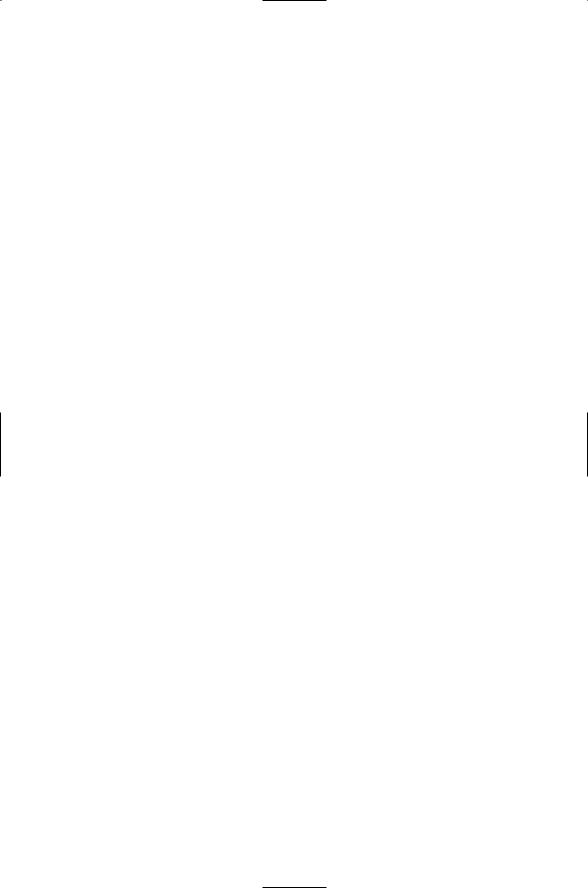
English: Speeches and Interviews on World Problems, 1957. Moscow: Foreign Language Publishing House. 386 pp.]
Za tesnuiu sviaz’ literatury i iskusstva s zhizn’iu naroda [collection of documents]; [sokrashchennoie izlozhenie vystuplenii na soveshchanii pisatelei v TsK KPSS 13 maia 1957 g.; na priiome pisatelei, khudozhnikov, skul’ptorov i kompozitorov 19 maia 1957 g.; na partaktive v iiule 1957 g.]. Moscow: Iskusstvo. 72 pp.
1959
K pobede v mirnom sorevnovanii s kapitalizmom: [collection]. Moscow: Gospolitizdat.
600 pp.
1960
Collection of Speeches, Interviews, Addresses, Reports. Chicago: Chicago Council of America-Soviet Friendship.
Mir bez oruzhiia—mir bez voiny: [vystupleniia po voprosam vneshnei politiki SSSR i mezhdunarodnogo polozheniia, interv’iu i besedy s inostrannymy deiateliami, opublikovannye Sovetskoi pechatiu v 1959 godu]. Moscow: [Gospolitizdat].
O literature [collection of documents]. Moscow: Uchpedgiz. 256 pp.
The Soviet Union: Faithful Friend of the Peoples of the East: N. S. Khrushchov’s Speeches Made During His Visit to Asian Countries, February–March, 1960. New Delhi: Soviet Land Booklets.
1961
Conquest Without War: An Analytical Anthology of the Speeches, Interviews, and Remarks of Nikita Sergeyevich Khrushchev. Edited by N. H. Mager and Jacques Katel. New York: Simon and Schuster. 545 pp.
O vneshnei politike Sovetskogo Soiuza, 1960 god. Moscow: Gospolitizdat, 1961. 2 vols. Vol. 1: Ianvar’–mai. 630 pp.—Vol. 2: Iiun’–dekabr’. 631 pp.
Povyshenie blagosostoianiia naroda i zadachi dal’neishego uvelicheniia proizvodstva sel’skokhoziaistvennykh produktov [collection of speeches]. Moscow: Gospolitizdat.
1962
Kommunizm—mir i schast’e narodov. Moscow: Gospolitizdat. 2 vols. [Published in English: Communism—Peace and Happiness for the Peoples. Moscow: Foreign Languages Publishing House, 1963. 2 vols.]
1963
Imperializm—vrag narodov, vrag mira: (iz vystuplenii 1956–1963 gg.). Moscow: Izdatel’stvo Literatury na Inostrannykh Yazykah, 1963. 125 pp. [Published in English:
Imperialism—Enemy of the People, Enemy of Peace: Selected Passages, 1956–63.
Moscow: Foreign Languages Publishing House. 124 pp.]
Khrushchev on Culture: A Full Text with Notes on Ehrenburg, Evtushenko, Sholokhov, Painting, Jazz, Cinema, Composers, etc. [London: Encounter]. 47 pp.
[ ]

Khrushchev Speaks: Selected Speeches, Articles, and Press Conferences, 1949–1961. Edited by Thomas P. Whitney. Ann Arbor: University of Michigan Press. 466 pp.
Narody SSSR i Kuby naveki vmeste: dokumenty Sovetsko-Kubinskoi druzhby [collection of questions and documents]. Moscow: Pravda. 447 pp.
The National Liberation Movement: Selected Passages, 1956–63. Moscow: Foreign Languages Publishing House. 96 pp.
O natsional’no-osvoboditel’nom dvizhenii: (iz vystuplenii 1956–1963 gg.). Moscow: Politizdat. 96 pp.
O revoliutsionnom rabochem i kommunisticheskom dvizhenii: (is vystuplenii 1956–1963 gg.). Moscow: Politizdat. 128 pp.
Predotvratit’ voinu—pervostepennaia zadacha (iz vystuplenii 1956–1963 gg.). Moscow: Izdatel’stvo Literatury na Inostrannykh Yazykakh. [Published in English: To Avert War, Our Prime Task: Selected Passages, 1956–63. Moscow: Foreign Languages Publishing House, 1963. 175 pp. Published in Polish: W Wolce o Pokoj i Socjalizm: Wybor Przemowien i Artikulow z Lat 1956–1963. Warsaw: Ksiazka i Wiedza, 1964.]
Prevent War, Safeguard Peace. Moscow: Progress Publishers. 412 pp.
The Revolutionary Working-Class and Communist Movement: Selected Passages,
1956–63. Moscow: Foreign Languages Publishing House. 111 pp.
Sluzhit’ delu kommunizma: rechi na XIII i XIV s’ezdakh VLKSM. Moscow: Molodaia Gvardiia. 79 pp.
Sotsializm i kommunizm (iz vystuplenii 1956–1963 gg.). Moscow: Politizdat. 192 pp. [Published in English: Socialism and Communism: Selected Passages, 1956–63.
Moscow: Foreign Languages Publishing House. 175 pp.]
Vysokoe prizvanie literatury i iskusstva. Moscow: Pravda, 1963. 247 pp.
1964
K pobede razuma nad silami voiny. Moscow: Politizdat. 432 pp.
O kommunisticheskom vospitanii. Moscow: Politizdat. 348 pp.
Rechi, vystupleniia, besedy, 1959–1964. By Nikita S. Khrushchev. Moscow: Gospolitizdat.
Stroitel’stvo kommunizma v SSSR i razvitie sel’skogo khoziaistva. Moscow: Gospolitizdat, 1962–1964. 8 vols. [Published in English: The Building of Communism in the USSSR and the Development of Agriculture. Washington, D.C.: U.S. Office of Technical Service, Joint Publications Research Service. 6 vols. Published in Czech: O Zemedelstvi: Zari 1953–Unor 1958, vybral i prelozil Premysl Prokop.
Prague: Nakladatelctvi Politicke Literatury, 1963.]
1988
Khrushchev o Staline. New York: Telex, 1988. 95 pp.
[ ]
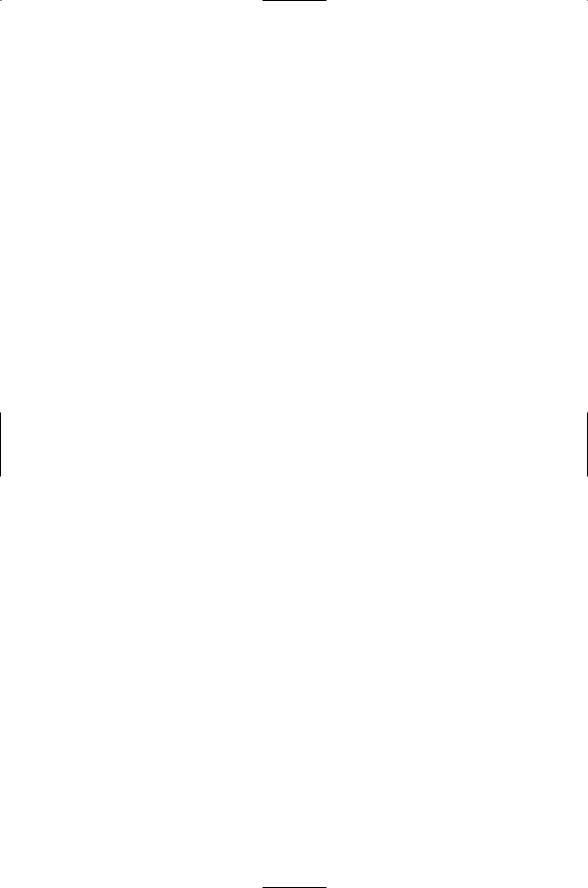
2003
Istochnik: dokumenty Russkoi istorii, No. 6: Nikita Sergeevich Khrushchev: sbornik materialov. Moscow. (Vestnik Arkhiva Presidenta Rossiiskoi Federatsii). (Individual records of documents are listed by year in Part 1 of this Bibliography.
III. Memoirs of Nikita Sergeevich Khrushchev (listed by year)
Khrushchev, Nikita Sergeevich (1970). Khrushchev Remembers, With an introduction, commentary, and notes by Edward Crankshaw; translated and edited by Strobe Talbott. Boston: Little, Brown.
——— (1974). Khrushchev Remembers: The Last Testament. Translated and edited by Strobe Talbott, with a foreword by Edward Crankshaw and an introduction by Jerrold L. Schecter. Boston: Little, Brown.
–––––– (1979). Vospominaniia: izbrannye otryvki. Compiled by Valerii Chalidze. New York: Chalidze Publications.
–––––– (1990). Khrushchev Remembers: The Glasnost’ Tapes. Foreword by Strobe Talbott; translated and edited by Jerrold L. Schecter with Vyacheslav V. Luchkov. Boston: Little, Brown.
–––––– (1990–1995). “Vospominania Nikity Sergeevicha Khrushcheva”. Voprosy Istorii (Moscow).
–––––– (1997). Vospominaniia: izbrannye fragmenty. Moscow: Vagrius. (Moi 20 bek).
–––––– (1999). Vremia. Liudi. Vlast’. Moscow: Moskovskie Novosti. 4 vols.
–––––– (2003). The Memoirs of Nikita Khrushchev: Original Dictations. Providence: Brown University. [DVD, 230 hours.]
–––––– (2004–2005). Memoirs of Nikita Khrushchev. Edited by Sergei N. Khrushchev; memoirs translated by George Shriver; supplementary material translated by Stephen Shenfield. University Park: Pennsylvania State University Press. Vol. 1: Commissar (2004). Vol. 2: Reformer (2006). Vol. 3: Statesman (2007).
-–––––– (2005). Heluxiaofu Hui Yi Lu (Huan Yi Ben) [Khrushchev’s Memoirs (selected translations)]. Beijing: She Hui Ke Xue Wen Xian Chu Ban She. 425 pp. (The transliteration of Chinese names and titles follows the Library of Congress Romanization Scheme [http://www.loc.gov/catdir/cpso/romanization/chinese.pdf].)
IV. Memoirs by Other People Who Mentioned Khrushchev (listed by author)
This part of the Bibliography contains memoirs written by other people who met Khrushchev in person. Many citations include the page numbers on which recollections about Khrushchev can be found. These page numbers were provided by Sergei Nikitich Khrushchev, the editor of this book. We hope this will be helpful for future researchers.
[ ]
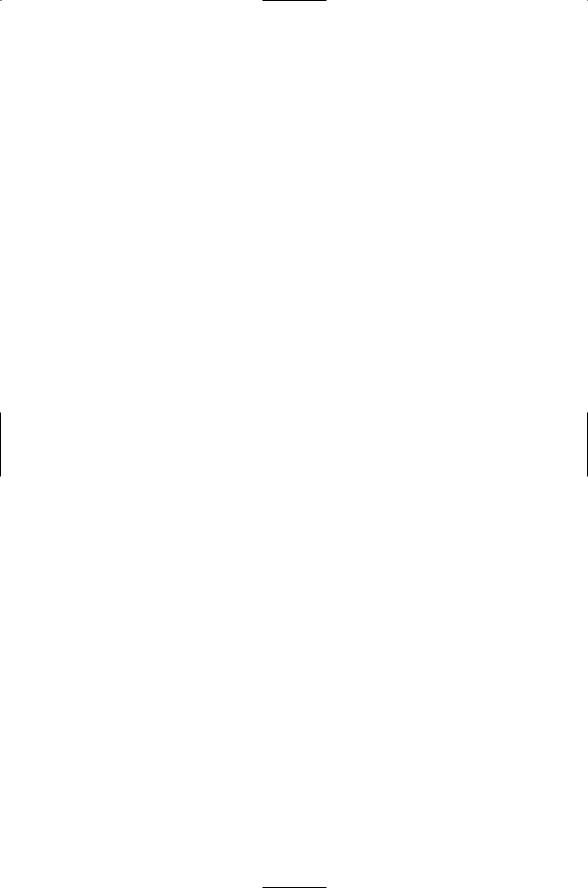
Abbas, Khwaja Ahmad (1960). Face to Face with Khrushchov [sic]. Delhi: Rajpal & Sons.
Adzhubei, Aleksei (1989). Te desiat’ let. Moscow: Sovetskaia Rossiia.
–––––– (1991). Krushenie illuzii. Moscow: Interbuk.
Aksiutin, Yurii (1989). Nikita Sergeevich Khrushchev: materialy k biografii. Moscow: Politizdat.
Aleksandrov-Agentov, Andrei M. (1994). Ot Kollontai do Gorbacheva: vospominaniia diplomata. Moscow: Mezhdunarodnye Otnosheniia, pp. 70–72; 84; 102–3; 106.
Amosov, Nikolai M. (1999). Golosa vremen. Moscow: VAGRIUS, p. 284.
Bessarab, Maia (1999). Formula schast’ia Landau. Moscow: Terra, p. 132.
Biliutin, Elii M. (1990). “Khrushchev i Manezh.” Druzhba Nnarodov no. 1, pp. 136–61.
Bitov, Andrei (2001). “Samyi lysyi i smelyi.” Novoe Russkoe Slovo, 24–25 (March): p. 22. [Published in English: “The Baldest and the Boldest. In Nikita S. Khrushchev,
Memoirs of Nikita Khrushchev, Vol. 1: Commissar (1918–1945). University Park: Pennsylvania State University Press, 2004, pp. xxxi–xxxv.]
Bohlen, Charles E. (1973). Witness to History, 1929–1969. 1st ed. New York: Norton, pp. 382–83; 400–401; 417–18; 445–46; 465–70; 480–83; 498.
Brutents, Karen N. (1998). Tridtsat’ let na Staroi ploshchadi. Moscow: Mezhdunarodnye Otnosheniia, pp. 199; 237–56; 259; 487; 498.
Burlatskii, Fedor M. (2002). Nikita Khrushchev i ego sovetniki—krasnye, chernye i belye.
Moscow: EKSMO-PRESS, pp. 204–26.
Chuev, Feliks Ivanovich (1991). Sto sorok besed s Molotovym: iz dnevnika F. Chueva. Moscow: TERRA, pp. 16–17; 332–38; 343–57; 359–64; 372; 495–96. [Published in English:
Molotov Remembers: Inside Kremlin Politics: Conversations with Felix Chuev. Edited with an introduction and notes by Albert Resis. Chicago: I. R. Dee, 1993.]
Cousins, Norman (1961). “More About Khrushchev.” Saturday Review, November 21,
p. 24.
–––––– (1972). The Improbable Triumvirate: John F. Kennedy, Pope John, Nikita Khrushchev. 1st ed. New York: Norton, pp. 32–110; 152–54.
Daneliia, Georgii N. (2005). “IA i Khrushchev.” In Georgii Daneliia, Tostuemyi p’et do dna: malen’kie istorii-baiki kinorezhissera. Moscow: EKSMO, pp. 121–26.
Djilas, Milovan (1962). Conversations with Stalin. Translated from Serbo-Croat by Michael B. Petrovich. 1st ed. New York: Harcourt, pp. 117–24; 197.
Dobrynin, Anatoliy F. (1996). Sugubo doveritel’no: posol v Vashingtone pri shesti prezidentakh SShA (1962–1986 gg.). Moscow: Avtor, pp. 26–27; 29–33; 37–43; 92–94.
Dubinin, Yurii V. (1996). “Vizit vo Frantsiiu.” Voprosy Istorii no. 3, pp. 113–29.
–––––– (1997). Diplomaticheskaia byl’: zapiski posla vo Frantsii. Moscow: ROSSPEN, pp. 81–117; 129.
[ ]

Eden, Anthony, Sir (1960). The Memoirs of the Rt. Hon. Sir Anthony Eden: Full Circle.
London: Cassell, pp. 295–311; 354–66.
Eisenhower, Dwight D. (1965). Waging Peace, 1956–1961. Garden City, N.Y.: Doubleday,
pp. 66–68; 403–18; 432–49; 557–59; 576–81; 587–89.
–––––– (1981). The Eisenhower Diaries. Edited by Robert H. Ferrell. New York: Norton, pp. 291; 332–33; 360.
––––––, John S. D. (1974). Strictly Personal. Garden City, N.Y.: Doubleday, pp. 175–79;
234–35; 254–64; 380–81.
Erenburg, Ilia G. (2005). Liudi, gody, zhizn’. 3 vols. Moscow: Text, vol. 3, chap. 7.
Erofeev, Vladimir I. (2005). Diplomat: kniga vospominanii. Moscow: Zabra E, pp. 419–69.
Fedorenko, Nikolai P. (1999). Vspominaia proshloe, zagliadyvaiu v budushchee. Moscow: Nauka, pp. 122, 124–34; 146–47; 157; 169; 180.
Fedorov, Georgii (1988). “Provody.” Ogonek 18 (August). [Translated into English: Georgii Fedorov, “Sent Off.” In Nikita S. Khrushchev, Memoirs of Nikita Khrushchev, Vol. 2: Reformer. University Park: Pennsylvania State University Press, 2006.]
Frankel, Max (1999). The Times of My Life and My Life with the Times. New York: Random House, pp. 136–50; 163–66; 179–81; 186; 192–97; 216; 231–35.
Gaulle, Charles de (1971). Memoirs of Hope: Renewal and Endeavor. Translated by Terence Kilmarin. New York: Simon & Schuster, pp. 209–15; 220–54; 258–60.
Gavrilova, Nadezhda P. (2004). “Pozyvnye 60-kh” [interview]. Moskovskie Novosti no. 38 (October 14–16): p. 29.
Govorushko, N. (1990). “Pochetnyi posetitel.’ Boevaia Vakhta [Gazeta Tikhookeanskogo Flota] (February 28, March 1).
Grishin, Viktor V. (1996). Ot Khrushcheva do Gorbacheva: politicheskie portrety: memuary.
Moscow: ASPOL, pp. 7–30.
Grushin, Boris A. (2001). Chetyre zhizni Rossii v zerkale oprosov obshchestvennogo mneniia:
Zhizn’ pervaia: Epokha Khrushcheva. Moscow: Progress-Traditsia, pp. 110–11;
138; 140–41.
Hammer, Armand (1987). Hammer. By Armand Hammer with Neil Lyndon. New York: Putnam, pp. 312–28.
Harriman, W. Averell (1971). America and Russia in Changing World: A Half Century of Personal Observation. Introduction by Arthur M. Schlesinger Jr. Garden City, N.Y.: Doubleday, pp. 61–63; 76–77; 90–99.
Hayter, William Sir (1966). The Kremlin and the Embassy. 1st U.S. ed. New York: Harper, pp. 36–43; 106–13; 126–28; 133–39; 145–47.
Hearst, Randolph (1960). Ask Me Anything: Our Adventures with Khrushchev. By William Randolph Hearst Jr., Frank Conniff, and Bob Considine. 1st ed. New York: McGraw-Hill, pp. 1–22; 36–46; 54–58; 60–105; 131–48; 187–210; 232–71.
[ ]
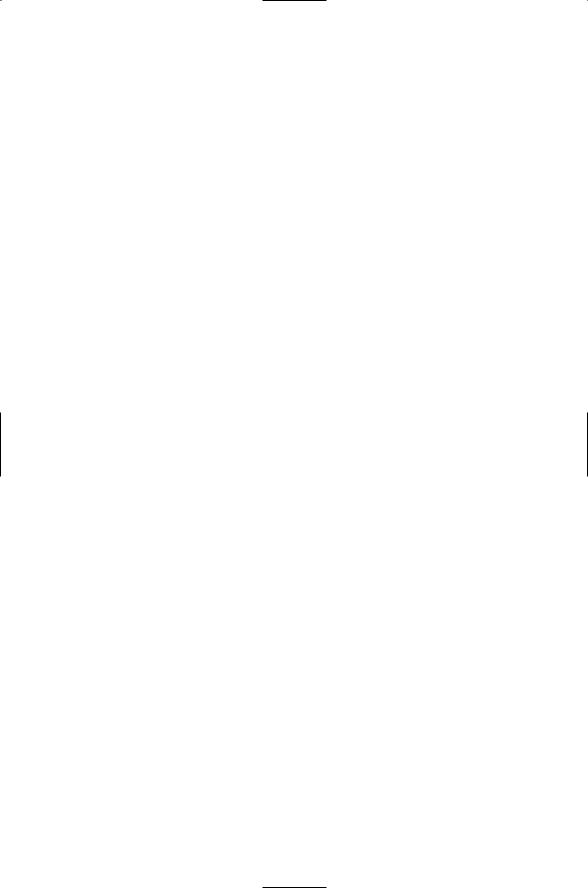
Heikal, Mohamed (1978). The Sphinx and the Commissar: The Rise and Fall of Soviet Influence in the Middle East. 1st U.S. ed. New York: Harper, pp. 19–22; 69–73;
78–85; 89–109; 116–17; 124–37.
Humphrey, Hubert (1959). “Eight Hours with Khrushchev.” Life (January 12), pp.
80–86; 91.
–––––– (1959). My Marathon Talk with Russia’s Boss. New York: Time.
Khrushchev, Sergei N. (1989). Pensioner soiuznogo znacheniia. Moscow: Pravda. (Biblioteka “Ogon’ka”.) This book contains only Chapter 3, “Otstavka,” of the complete work, Pensioner Soiuznogo Znachenia, published in 1991 (see next record).
–––––– (1990). Khrushchev on Khrushchev: An Inside Account of the Man and His Era. Translated by William Taubman. Boston: Little, Brown.
-–––––– (1991). Pensioner soiuznogo znacheniia. complete ed. Moscow: Novosti.
–––––– (1994). Nikita S. Khrushchev: krizisy i rakety: vzgliad iznutri. Moscow: Novosti.
–––––– (2000). Rozhdenie sverkhderzhavy: kniga ob ottse. 2 vols. 1st ed. Moscow: Vremia.
–––––– (2000). Nikita Khrushchev and the Creation of a Superpower. Translated by Shirley Benson; foreword by William Taubman; annotations by William C. Wohlforth. University Park: Pennsylvania State University Press.
–––––– (2001). Khrushchev. Moscow: Vagrius.
–––––– (2003). Rozhdenie sverkhderzhavy: kniga ob ottse. 2d ed., updated. Moscow: Vremia.
Kio, Igor E. (1999). Illuzii bez illuzii. Moscow: VAGRIUS, p. 139.
Kirshner, L. A., and S. A. Prokhvatilova (1989). Svet i teni “velikogo desiatiletiia”: N. S. Khrushchev i ego vremia. Leningrad: Lenizdat.
Kolokolov, Boris (1997). “The Unknown Khrushchev.” International Affairs no. 5, pp. 218–25.
Korolev, Sergei S. (2004). “Posledniaia okhota Khrushcheva.” Argumenty i Fakty no. 14, p. 12.
––––––, Yurii A. (2003). Za Kremliovskoi stenoi. Moscow: Novyi Vek, pp. 77–79.
Kukharchuk (Khrushcheva) Nina P. “Mama’s Notebooks, 1971–1984.” In Nikita S. Khrushchev, Memoirs of Nikita Khrushchev, Vol. 2: Reformer. University Park: Pennsylvania State University Press, 2006.
Kvitsynskii, Yulii A. (1999). Vremia i sluchai: zametki professionala. Moscow: OlmaPress, pp. 195–272.
Kvok, Dmitrii G. (1993). God rozhdenia—dvadtsat’ chetvertyi. Moscow: Universum, pp. 44–45; 65–86.
Lakshin, Vladimir (1991). “Novyi mir” vo vremena Khrushcheva: dnevnik i poputnoe (1953–1964). Moscow: Knizhnaia Palata, pp. 8–9; 16–17; 19; 24; 34–35; 42–43; 53;
[ ]
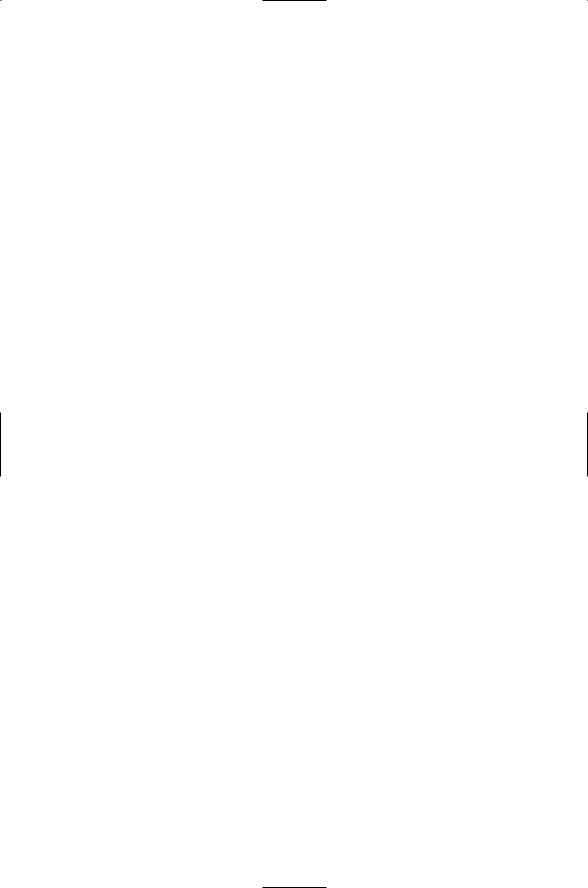
73–77; 89–90; 92–93; 95; 108–9; 142; 145–48; 152–55; 157; 163; 166; 170; 183; 190–91; 196; 200–201; 209; 214–16; 219–21; 224–25; 228; 246–48; 251–54; 257; 260; 266.
Lanouette, William (1992). Census in the Shadows: A Biography of Leo Szilard, the Man Behind the Bomb. By William Lanouette with Bela Szilard. New York: Charles Scribner’s Sons, pp. 414–29; 438–45; 456–64.
Lee, Harold (1984). Roswell Garst: A Biography. 1st ed. Ames: Iowa State University Press, pp. 169–90; 196–97; 206–9; 218–28; 254–60; 262–65.
Leonov, Nikolai S. (1997). Likholetie. Moscow: Terra, pp. 70–77; 248.
McCauley, Martin. (1995). The Khrushchev Era, 1953–1964. London and New York:
Longman House.
MacDuffie, Marshall (1955). The Red Carpet: 10,000 Miles Through Russia on Visa from Khrushchev. 1st ed. New York: Norton, pp. xii-xiv; 197–214.
Macmillan, Harold (1971). Riding the Storm, 1956–1959. 1st U.S. ed. New York: Harper, pp. 590–634.
–––––– (1972). Pointing the Way, 1959–1961. 1st U.S. ed. New York: Harper, pp. 89–92.
Magomaev, Muslim M. (1999). Liubov’ moia—melodiia. Moscow: VAGRIUS, pp. 84–87.
Mazurov, Kirill T. (1989). “Ya govoriu tol’ko o sebe.” Sovetskaia Rossiia (February 19): pp. 56–62.
Micunovic, Velko (1980). Moscow Diary. Translated by David Floyd; introduction by George Kennan. 1st ed. Garden City, N.Y.: Doubleday, p. xxv.
Mikoian, Nami A. (1998). S liubov’iu i pechal’iu: (vospominaniia). Moscow: Terra, pp.
176–77; 189–90; 208–11.
––––––, Stepan A. (2002). Vospominaniia voennogo letchika-ispytatelia. Moscow: Tekhnika Molodiozhi, pp. 33; 82–85; 119–20; 292–93; 317–18; 320–22; 352–53; 366.
Moshentseva, Praskovia N. (1998). Tainy Kremlevskoi bolnitsy. Moscow: Sovershenno Sekretno, pp. 190–96.
Mukhitdinov, Nuriddin A. (1995). Reka vremeni: ot Stalina do Gorbacheva: vospominaniia. Moscow: Rusti-Rosti, pp. 134–39; 148–49; 152–62; 165–68; 170–73; 182–83;
190–96; 213–20; 235–60; 264–66; 273–75; 286–88; 397–400; 421–22; 459–60; 470–73; 476–84; 491–94; 502–4; 513–16; 520–26; 543–45; 551–52; 554–56.
Nelson, W. Dale (1995). The President Is at Camp David. Foreword by David Eisenhower. 1st ed. Syracuse: Syracuse University Press, pp. 30–50.
Nesmeianov, Aleksandr N. (1999). Na kacheliakh XX veka. Moscow: Nauka, pp. 166;
169–71; 255–59; 263–65.
Nixon, Richard M. (1960). The Challenges We Face. Edited and compiled from the speeches and papers of Richard M. Nixon. New York: McGraw-Hill, pp. 23–24;
38–43; 195–99; 219–27; 244–46.
[ ]
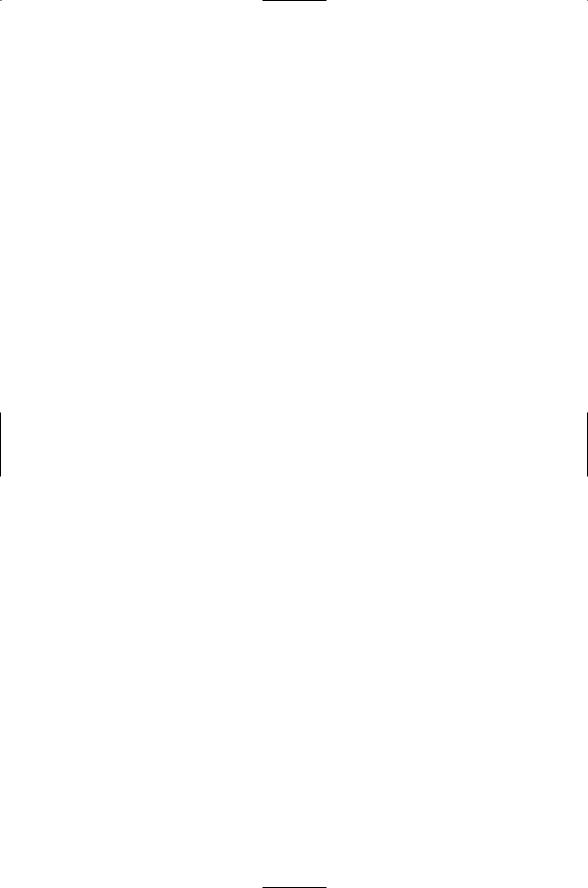
–––––– (1962). Six Crises. Garden, N.Y.: Doubleday, pp. 235–91.
–––––– (1978). The Memoirs of Richard Nixon. New York: Grosset & Dunlap, pp. 205–13.
–––––– (1982). Leaders. New York: Warner, pp. 169–216.
Neporozhnii, Piotr S. (2000). Energetika strany glazami ministra: dnevniki 1935–1985 gg. Moscow: Energoatomizdat, pp. 3, 21225; 30–31; 56–58; 70–71; 81; 94–95;
114–15; 124–25; 160–67; 178–79; 782.
Pankin, Boris D. (2002). Preslovutaia epokha v litsakh i maskakh, sobytiiakh i kazusakh.
Moscow: Voskreseniie, pp. 133–42; 166; 175–79.
Raikina, Marina A. (2001). Moscow zakulisnaia-2: zapiski teatral’nogo reportera. Moscow: VAGRIUS, pp. 14.
Rockefeller, David (2002). Memoirs. New York: Random House. [Published in Russian: D. Rockefeller, Memuary. Moscow: Mezhdunarodnye Otnosheniia, 2003, pp. 224–34.]
Rodionov, Piotr A. (1989). “Kak nachinalsia zastoi.” Znamia no. 8, pp. 182–210.
Romm, Mikhail M. (1991). Ustnye rasskazy. Moscow: Kinotsentr, pp. 123–56.
Rusk, Dean (1990). As I Saw It. By Dean Rusk as told to Richard Rusk; edited by Daniel S. Papp. New York: Norton, pp. 218–28; 256–59.
Rykunin, Nikolai N. (2001). “Poslednii iz mogikan Sovetskoi estrady” [interview].
Subbotnik NG: ezhenedelnoe prilozhenie Nezavisimoi gazete (June 9).
Sakharov, Andrei D. (1996). Vospominaniia. Moscow: Prava Cheloveka, pp. 1:175; 207–9;
281; 283; 292; 294; 298–99; 300–303; 312–21.
Salinger, Pierre (1966). With Kennedy. Garden City, N.Y.: Doubleday, pp. 175–88;
197–206; 219–37.
Salisbury, Harrison E. (1993). Heroes of My Time. New York: Walker, pp. 84–94.
Schorr, Daniel (2001). Staying Tuned: A Life in Journalism. New York: Simon & Schuster, pp. 173–22.
Segal, Fridrikh I. (1999). Vospominaniia. Riga: MIRSNH, pp. 155–57.
Semichastnyi, Vladimir YE. (2002). Bespokoinoe serdtse. Moscow: VAGRIUS, pp. 45–46;
48–57; 113–17; 162–63; 208; 213–14.
Shelepin, Aleksandr N. (1991). “Istoriia—uchitel’ surovyi.” Trud (March 14, 15, 16).
Shelest, Piotr YE. (1995). . . . Da ne sudimy budete: dnevnikovye zapisi, vospominaniia chlena Politbiuro TsK KPSS. Moscow: Edition Q, pp. 176–77; 120–23; 127–35;
140; 142–43; 148; 150; 153; 159–62; 172–74; 176–88; 190–91; 193–95; 198–213; 242–43; 263–64; 290–91; 293; 317–18; 429; 468; 483–84; 574–76.
Simonov, Konstantin M. (2005). Raznye dni voiny, 1942–1945. Moscow: Grifon M, pp. 144–46; 204–7.
Sirotiuk, Piotr K. (2000). “Solianka dlia Khrushcheva.” Novyi New York (September 29– October 5): p. 27.
[ ]
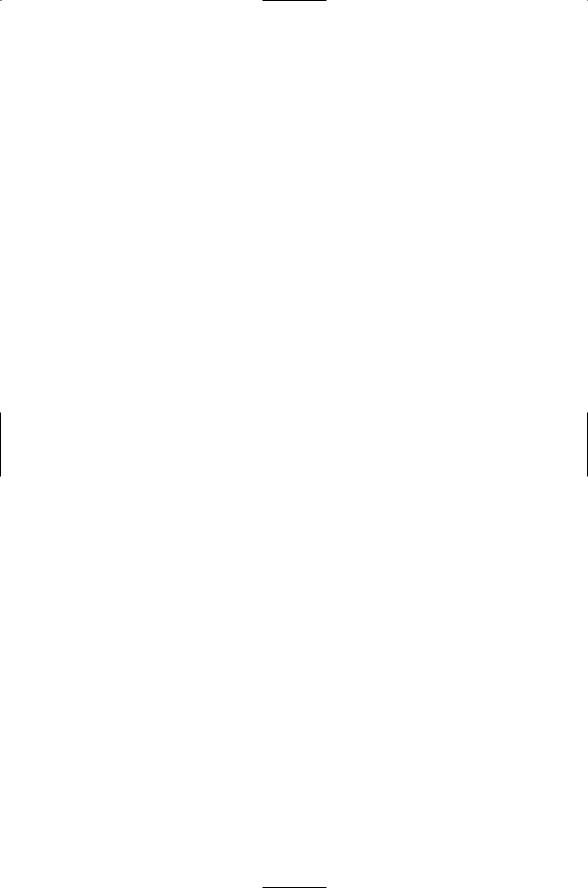
Smekhov, Veniamin B. (2001). Teatr moei pamiati. Moscow: VAGRIUS, pp. 109– 263; 267.
Starinov, Ilia G. (1997). “Zapiski diversanta.” In Almanakh “Vympel” (Moscow) no. 3, pp. 212–13; 218–21; 226–29; 395–97; 400–403.
Sturua, Devi. (1995). Stalin, Khrushchev, Brezhnev: vospominaniia, portrety. No place: Politika.
Sudoplatov, Pavel A. (2003). Spetsoperatsii: Lubianka i Kreml’, 1930–1950 gody. Moscow: Olma-Press, pp. 260–61.
Sulzberger, C. L. (1969). A Long Row of Candles: Memoirs and Diaries [1934–1954].
Toronto: Macmillan, pp. 959–60.
–––––– (1970). The Last of the Giants. New York: Macmillan, pp. 179–81; 225; 243;
304–5; 445; 451–54; 527–28; 620–23; 636–37; 669; 712; 766–67; 788–805.
Suomi, Juhani (2001). Urho Kekkonen paivakirjat [1958–1962]. Helsinki: Otava, pp.
1:47; 60–61; 78; 80; 88; 186–90; 192; 195–97; 200–203; 205–10; 213; 217; 222–33; 235; 237–40; 242–52; 254–55; 257–61; 263–73; 276–77; 280–81; 287; 293; 295; 300; 304; 308; 314–15; 320; 330–39; 344–48; 353; 355–56; 358–61; 363–64; 367; 376; 382; 384; 391–95; 397; 405; 424; 426; 430–31; 446–50; 457; 462–65; 468; 471; 479; 485–86; 489–90; 494–95; 500–501; 502; 504–5; 507–9; 512–15.
Tariverdiev, Mikael L. (1997). Ya prosto zhivu. Moscow: VAGRIUS, p. 77.
Troianovskii, Oleg (1997). Cherez gody i rasstoianiia: istoriia odnoi sem’i. Moscow: VAGRIUS, pp. 175–264.
Tvardovskii, Aleksandr (1980). “Iz rabochikh tetradei: (1953–1960).” Znamia no 7, pp. 115–16; 118–19; 127–41; 152. No. 9, pp. 144–46; 152–55; 166–69; 183–84. No. 11, pp. 164–65. No. 12, pp. 131–39. (1989) no. 7, pp. 131–32; 134; 138; 142. No. 8, pp.
135–36; 139–40. No. 9, pp. 182–84.
Vek Lavrent’eva (2000). Novosibirsk: Geo, pp. 67–68; 149–52; 189–90; 207; 220–23.
Watson, Thomas J. (1990). Father, Son, & Co.: My Life at IBM and Beyond. By Thomas J. Watson Jr. and Peter Petre. New York: Bantam, pp. 326–31.
Yakovlev, Aleksandr N. (2001). Omut pamiati. Moscow: VAGRIUS, pp. 112–17; 124;
147–50; 153–57; 160.
Zakharov, Nikolai S. (2000). “Kak Khrushchev Ameriku pokoril.” Argumenty i Fakty no. 52, p. 12. [Published in English in this volume.]
–––––– (2003). Skvoz’ gody. Tula: Grif i K’, pp. 98; 110–14; 131–39; 147–48; 150; 153; 165;
181–87; 194; 204–17; 239–51; 260–78.
Zlobin, Anatolii (1993). “Sanitarnyi den.’” Novoe Vremia no. 3. [Also in: Nikita Sergeevich Khrushchev (1999). Vremia. Liudi. Vlast’. Moscow: Moskovskie Novosti, 4:636–42; Translated into English: Vol. 2: Reformer, 2007.]
[ ]
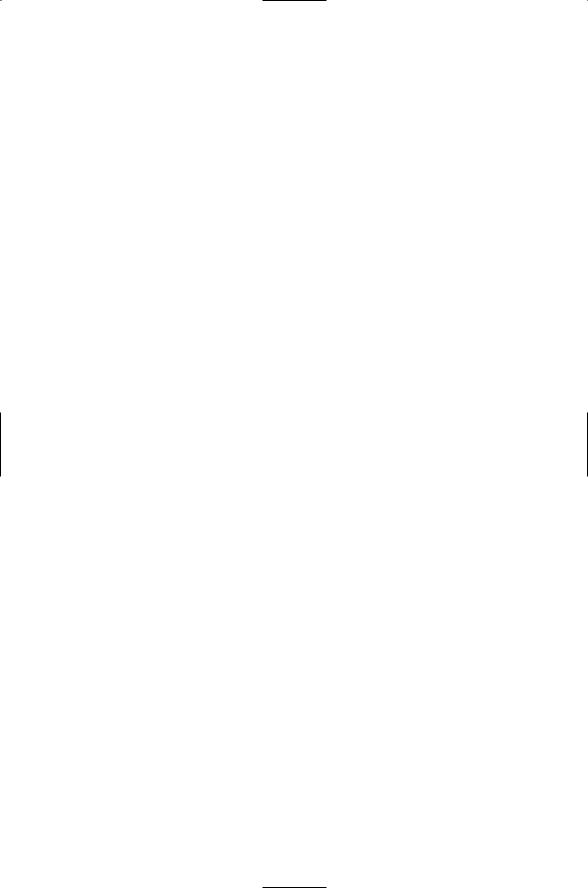
V. Biographical Works on Nikita S. Khrushchev (by author)
Alexandrov, Victor (1957). Khrushchev of the Ukraine: A Biography. New York: Philosophical Library.
–––––– (1957). Nikita Khrouchtchev. Paris: Plon.
Beschloss, Michael R. (1986). May Day: Eisenhower, Khrushchev, and the U-2 Affair.
1st ed. New York: Harper & Row.
–––––– (1991). The Crisis Years: Kennedy and Khrushchev, 1960–1963. 1st ed. New York: Edward Burlingame Books.
Bezik, Igor V. (2000). Oktiabr’ 1959 goda—Nikita Sergeevich Khrushchev v Primor’e: retrospektivnyi vzgliad cherez 40 let. Vladivostok: No publisher.
Burlatskii, Fedor M. (1991). Khrushchev and the First Russian Spring: the Era of Khrushchev Through the Eyes of His Advisor. New York: Scribner’s: Macmillan. [Also: Burlatskii, Fedor M. Khrushchev and the First Russian Spring. London: Weidenfeld & Nicolson.]
Contract, Alexander (1991). The Back Room: My Life with Khrushchev and Stalin.
New York: Vantage.
Crankshaw, Edward (1966). Khrushchev: A Biography. New York: Viking.
–––––– (1966). Khrushchev: A Career. New York: Viking.
Drechsler, Karl (1991).Gegenspiele: John F. Kennedy, Nikita Chruschtschow. Frankfurt: Fischer Taschenbuch Verlag.
Emel’ianov, Yurii V. (2005). Khrushchev: ot pastukha do sekretaria TsK. Moscow: Veche. 415 pp. (Dos’e bez retushi).
–––––– (2005). Khrushchev: smut’ian v Kremle. Moscow: Veche. 414 pp. (Dos’e bez retushi).
Frankland, Mark (1967). Khrushchev. New York: Stein & Day.
Hirschfeld, Burt (1968). Khrushchev. New York: Hawthorn Books.
Kellen, Konrad (1961). Khrushchev: A Political Portrait. London: Thames & Hudson.
MacGregor-Hastie, Roy (1959). The life and Times of Nikita Krushchev. London: Hamilton.
–––––– (1961). The Man from Nowhere. New York: Coward-McCann.
Medvedev, Roy A. (1983). Khrushchev. New York: Anchor Press, Doubleday.
––––––, and Zhores A. Medvedev (1976). Khrushchev: The Years in Power. New York: Columbia University Press.
––––––, and Semen Reznik (1986). Khrushchev: politicheskaia biografiia. Benson, Vt. Chalidze Publications.
[ ]
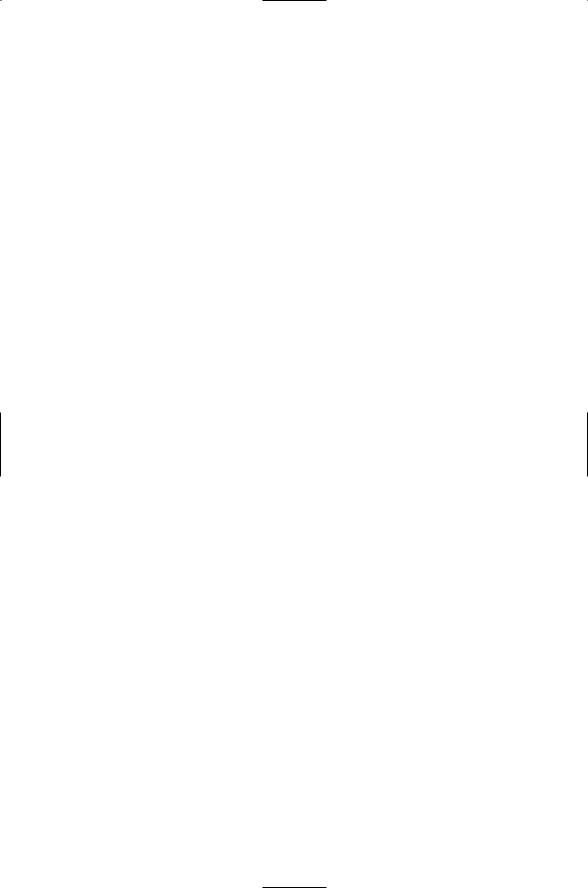
Page, Martin. (1965). The Day Khrushchev Fell. New York: Hawthorn Books.
––––––, and David Burg, (1966). Unpersoned: The Fall of Nikita Sergeyevitch Khrushchev. London: Chapman & Hall.
Pineau, Christian (1965). Nikita Sergueevitch Khrouchtchev. Paris: Perrin.
–––––– (1973). Kruschev. Barcelona: Grijalbo.
Pistrak, Lazar (1961). The Grand Tactician: Khrushchev’s Rise to Power. New York: Praeger.
Serov, A. (1989). Nikita Khrushchev—Life and Destiny. Moscow: Novosti Press.
Shevelev, Vladimir (1999). N. S. Khrushchev. Rostov-on-Don: Feniks.
Taubman, William (2003). Khrushchev: The Man and His Era. 1st ed. New York: Norton.
Tompson, William J. (1997). Khrushchev: A Political Life. New York: St. Martin’s
Griffin.
VI. Conference Proceedings (by year)
N. S. Khrushchev, 1894–1971 (1994): materialy Nauchnoi konferentsii, posviashchennoi 100-letiiu so dnia rozhdeniia N.S. Khrushcheva, 18 aprelia 1994 goda. GorbachevFond. Moscow: Rossiiskii gosudarstvennyi gumanitarnyi universitet.
Nikita Khrushchev: [Centenary Conference, December 1–3, 1994] (2000). Brown University, Watson Institute. Edited by William Taubman, Sergei Khrushchev, and Abbott Gleason; translated by David Gehrenbeck, Eileen Kane, and Alla Bashenko. New Haven: Yale University Press.
VII. Letters, Documents, Bibliographies (by title)
The Kennedy–Khrushchev Letters. By John F Kennedy, Nikita Sergeevich Khrushchev, and Thomas Fensch. The Woodlands, Tex.: New Century Books, 2001.
Key Khrushchev Missile Statements. [Washington, D.C.] : Bureau of Intelligence and Research, U.S. Dept. of State, 1960.
Khrushchev, Nikita S. [“Statements, Opinions, Responses to Discussions at the Meetings of the Presidium of the Central Committee of the CPSS, 1954–1964”]. In Presidium TsK KPSS, 1954–1964. Vol. 1: Chernovye protokol’nye zapisi zasedanii. Stenogrammy. Rossiiskaia Akademiia Nauk, Otdelenie istoriko-filologicheskikh nauk; Federal’naia arkhivnaia sluzhba Rossii; Rossiiskii gosudarstvennyi arkhiv noveishei istorii; editor in chief A.A. Fursenko. Moscow: ROSSPEN, 2003.
Kozlov, V. A., and S. V. Mironenko. “Osobaia papka” N. S. Khrushcheva (1954–1956 gg.): perepiska MVD SSSR s TsK KPSS (1957–1959 gg.): iz materialov Sekretariata MVD SSSR, 1954–1959 gg.: katalog dokumentov. Moscow: Blagovest, 1995.
[ ]
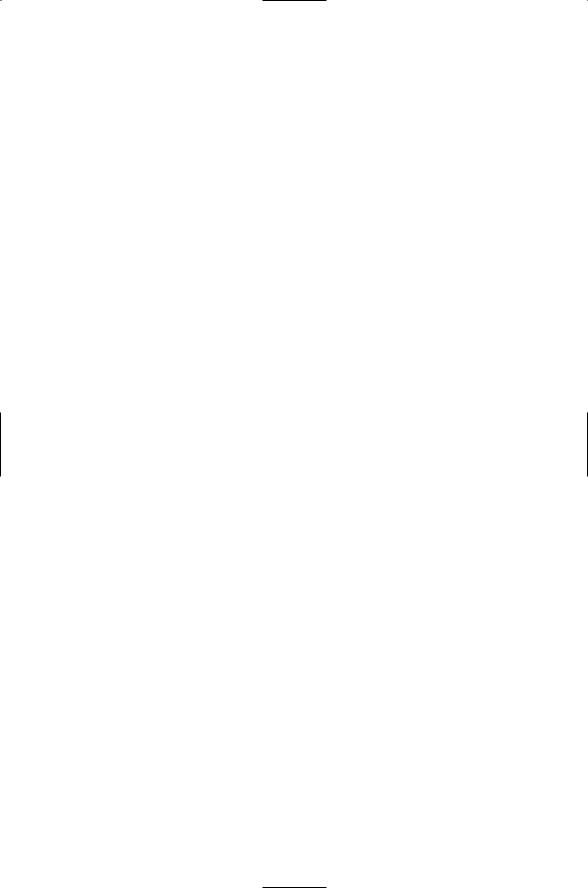
Nikita Servgeevich Khrushchev: spisok literatury k 100-letiiu so dnia rozhdeniia: Kurskaia oblastnaia nauchnaia biblioteka imeni N. N. Aseeva. Kursk: Kurskinformpechat’, 1994.
“Ob osvobozhdenii tov. Khrushcheva N. S. ot obiazannostei Predsedatelia Soveta Ministrov SSSR: ukaz Prezidiuma Verkhovnogo Soveta SSSR ot 15 oktiabria
1964 g.” Vedomosti Verkhovnogo Soveta SSSR no. 43 (1964): 475.
Perepiska mezhdu Predsedatelem Soveta Ministrov SSSR N. S. Khrushchevym i Federal’nym Kantslerom FRG K. Adenauerom: avgust 1959 goda—fevral’ 1960 goda. By Nikita Sergeevich Khrushchev and Konrad Adenauer. Moscow: Novoe Vremia, 1960.
The Situation in the Taiwan Area: Position of the Soviet Union. By Nikita Sergeevich Khrushchev. Soviet Union, Ministerstvo Inostrannykh Del. [London: Soviet Booklet, 1958.]
The Soviet Stand on Germany [nine key documents including diplomatic papers and major speeches]. By Nikita Sergeevich Khrushchev. [New York]: Crosscurrents Press, 1961.
The Vital Letters of Russell, Krushchev, Dulles. By Bertrand Russell, John Foster Dulles, and Nikita Sergeevich Khrushchev. London: MacGibbon & Kee, 1958.
VIII. Documents of Official Visits (by year of visit and place)
1956
Afghanistan
Visit to Afghanistan of N. A. Bulganin, Chairman of the USSR Council of Ministers, and N. S. Khrushchov, Member of the Presidium of the USSR Supreme Soviet [Speeches and Official Documents, December 15–19, 1955]. / By Nikolai Aleksandrovich Bulganin and Nikita Sergeevich Khrushchev. Moscow: Foreign Languages Publishing House, 1956.
Great Britain
Visit to Britain of the Soviet Leaders N. A. Bulganin, Chairman of the USSR Council of Ministers, and N. S. Khrushchov, Member of the Presidium of the Supreme Soviet of the USSR, 18–27 April 1956 [speeches, statements, press conference, trade program]. London: Soviet News, 1956.
India, Burma, Afghanistan
Rechi vo vremia prebyvaniia v Indii, Birme i Afganistane: noiabr–-dekabr’ 1955 goda.
By Nikolai Aleksandrovich Bulganin and Nikita Sergeevich Khrushchev. Moscow: Gospolitizdat, 1956.
Report to the Supreme Soviet on the Trip to India, Burma, and Afghanistan. By Nikolai Aleksandrovich Bulganin and Nikita Sergeevich Khrushchev. New York: New Century Publishers, 1956.
[ ]
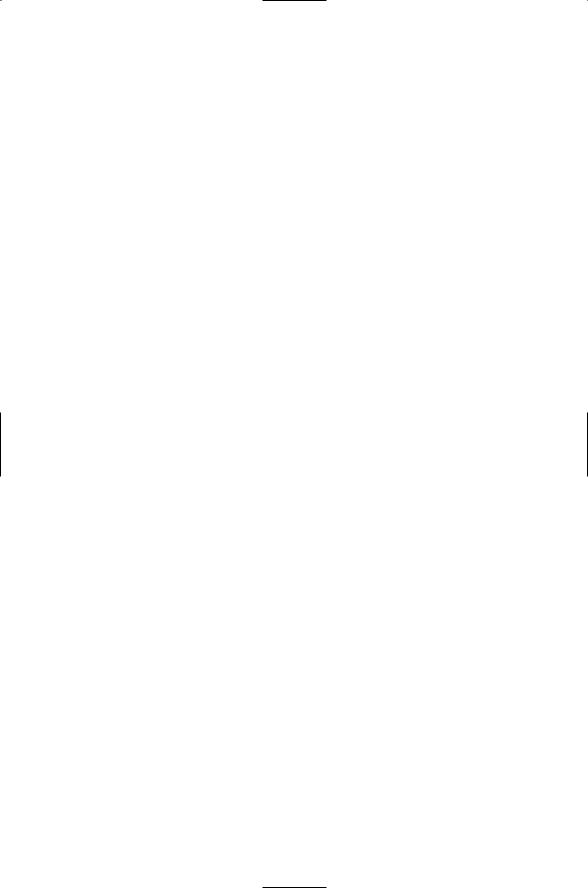
1957
Finland
Missiia mira i druzhby: rechi vo vremia prebyvaniia v Finliandii 6–13 iiunia 1957 g. By Nikolai A. Bulganin and Nikita S. Khrushchev. Moscow: Gospolitizdat.
Visit of the Delegation of the French Socialist Party in Moscow
Report on the Talks Conducted Between the Members of the Presidium of the Communist Party of the USSR and the Members of the Delegation of the French Socialist Party, Moscow, May 1956: Excerpts Concerning the Jewish Problem, Anti-Semitism, and Israel. No place, no publisher, 1957.
1959
The Prime Minister and the Foreign Secretary of the United Kingdom in Moscow
Anglo-Soviet Communiqué on the Discussions of the Prime Minister of the United Kingdom, Mr. Harold Macmillan, and the Foreign Secretary, Mr. Selwyn Lloyd, with the Chairman of the Council of Ministers of the Union of Soviet Socialist Republics, Mr. N. S. Khrushchev, Moscow, February 21 to March 3, 1959: with Agreement on Cultural Exchanges. London: H. M. Stationery Office, 1959.
Tula and Tula Region (USSR)
Prebyvanie N. S. Khrushcheva v Tule i Tul’skoi oblasti, 16–19 fevralia 1959 goda. Tula: Tul’skoe knizhnoe izdatel’stvo, 1959.
Riazan’ (USSR)
Nezabyvaemye dni: sbornik materialov o prebyvanii Pervogo Cekretaria TsK KPSS i Predsedatelia Soveta Ministrov SSSR N. S. Khrushcheva v Riazani v sviazi s vrucheniem Riazanskoi oblasti Ordena Lenina. Compiled by I. N. Gavrilov. Riazan’: Riazanskoe knizhnoe izdatelstvo, 1959.
German Democratic Republic
Prebyvanie N. S. Khrushcheva v Germanskoi Demokraticheskoi Respublike, 4–12 marta
1959 g. Moscow: Gospolitizdat, 1959.
United States of America
Nikita Sergeyevich Khrushchev: on the Occasion of His Visit to the United States [consists of materials supplied by the Soviet Embassy, at the request of the publisher]. New York: International Arts and Sciences Press, 1959.
Summary of the Meeting of American Labor Leaders with Prime Minister Nikita Khrushchev, of the USSR, Mark Hopkins Hotel, San Francisco, California, September 20,
1959. International Union of Electrical, Radio and Machine Workers. Washington, D.C.: International Union of Electrical, Radio and Machine Workers, 1959.
Total Disarmament in Four Years [address before United Nations, 18 September 1959, by Nikita S. Khrushchev, and text of Soviet proposals]. New York: National Council of American-Soviet Friendship, 1959.
[ ]
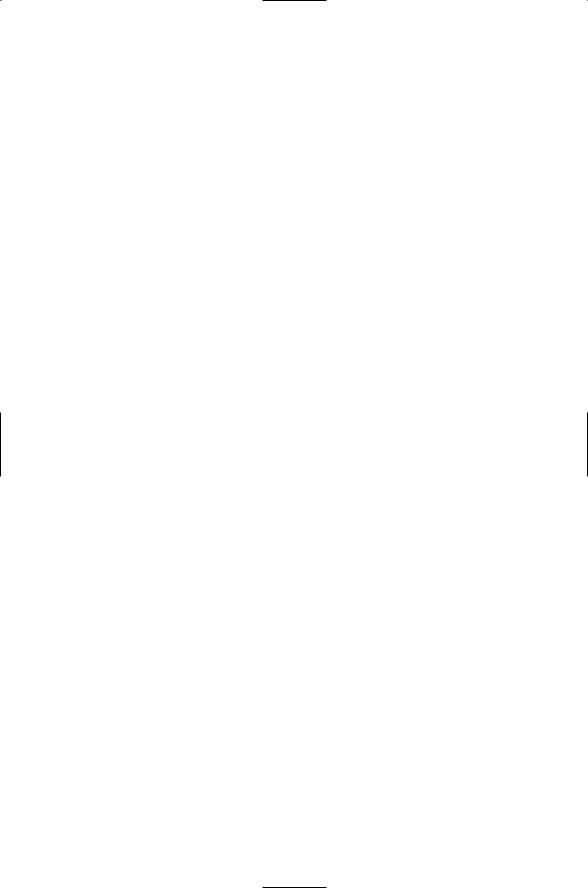
Zhit’ v mire i druzhbe: Prebyvanie N. S. Khrushcheva v SSHA, 15–27 sent. 1959. Moscow: Gospolitizdat, 1959. [Published in English: To Live in Peace and Friendship: N. S. Khrushchev’s Speeches in the United States of America, September 15–27, 1959.
New Delhi: Information Dept. of the USSR Embassy in India, 1959. Also:
Khrushchev in America: Full Texts of the Speeches Made by N S. Khrushchev on His Tour of the United States, September 15–27, 1959. (Translated from the book published in the USSR entitled Live in Peace and Friendship!) New York: Crosscurrents Press, 1960.]
Khrushchev in New York: A Documentary Record of Nikita S. Khrushchev’s Trip to New York, September 19th to October 13th, 1960, Including All His Speeches and Proposals to the United Nations and Major Addresses and News Conferences.
New York: Crosscurrents, 1960.
1960
Austria
Druzhestvennyi vizit: prebyvanie Predsedatelia Soveta Ministrov SSSR N. S. Khrushcheva v Avstriiskoi Respublike, 30 iiunia–8 iiulia 1960 g. Moscow: Gospolitizdat, 1960.
India, Burma, Indonesia, Afghanistan
Schast’e i mir—narodam: prebyvanie Predsedatelia Soveta Ministrov SSSR N. S. Khrushcheva v Indii, Birme, Indonesii, i Afganistane, 11 fevralia–5 marta 1960 g.
Moscow: Gospolitizdat, 1960.
France
Iz vystupleniiPredsedatelia Soveta Ministrov SSSR tovarishcha N. S. Khrushcheva po torgovo-ekonomicheskim voprosam vo vremia prebyvaniia vo Frantsii 23 marta–3 aprelia 1960 g.—Iz rechi tovarishcha N .S. Khrushcheva na mitinge trudiashchikhsia Moskvy vo Dvortse Sporta 4 aprelia 1960 g.—Sovmestnoe SovetskoFrantsuzskoe kommiunike. [Moscow], 1960. 5 pp. [Suppl. to journal “Vneshniaia Torgovlia” no. 4 (April 1960).]
N.S. Khrushchov in France: A Collection of Speeches and Addresses Made by N. S. Khrushchov During His Visit to France, March–April, 1960. London: Soviet Booklets, 1960.
Sovetsko-frantsuzskaia druzhba—zalog mira: prebyvanie Predsedatelia Soveta Ministrov SSSR N. S. Khrushcheva vo Frantsii 23 marta–3 aprelia 1960. Moscow: [Gospolitizdat], 1960.
1962
Bulgaria
SSSR i Bolgariia—naveki vmeste: prebyvanie Sovetskoi partiino-pravitel’stvennoi delegatsii vo glave s N. S. Khrushchevym v Narodnoi Respublike Bolgarii, 14–20 maia
1962 goda. Moscow: Gospolitizdat, 1962.
[ ]
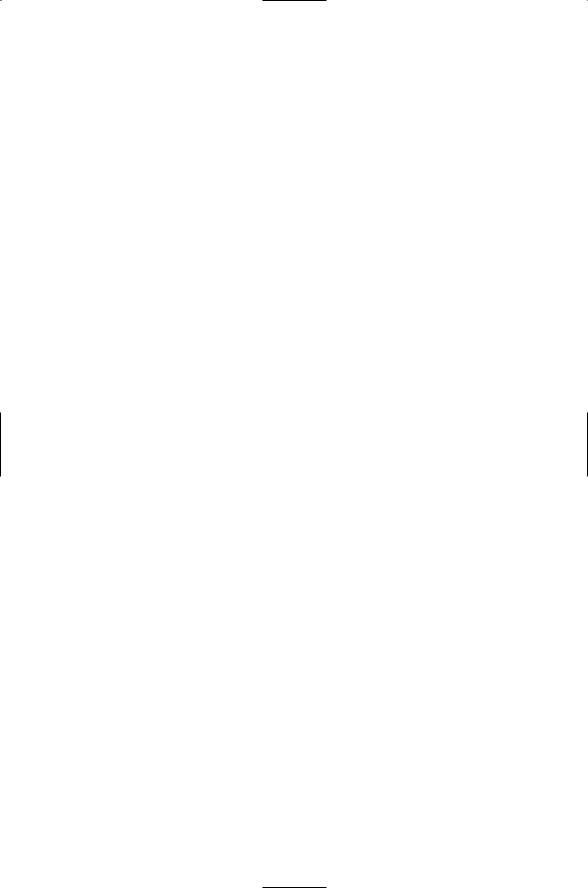
1963
The Cuban Delegation in Moscow
The USSR and Cuba: The Speeches of Nikita Khrushchov and Fidel Castro During the Visit of the Cuban Delegation to the USSR, April/May 1963, Together with the Soviet-Cuban Joint Communique. Also Fidel Castro’s Speech on Havana Radio, June 4th, 1963. London: Soviet Booklets, 1963.
1964
Egypt (The United Arab Republic)
Asuan—simvol sovetsko-arabskoi druzhby: prebyvanie Pervogo Sekretaria TSentral’nogo Komiteta Kommunisticheskoi partii Sovetskogo Soiuza, Predsedatelia Soveta Ministrov SSSR tovarishcha N. S. Khrushcheva v Ob”edinennoi Arabskoi Respublike
9–25 maia 1964 goda [documents and materials]. Moscow: Politizdat, 1964.
Hungary
Nasha tsel’—kommunizm i mir: prebyvanie Sovetskoi partiino-pravitel’stvennoi delegatsii vo glave s Pervym Sekretarem TSentral’nogo Komiteta Kommunisticheskoi partii Sovetskogo Soiuza, Predsedatelem Soveta Ministrov SSSR N. S. Khrushchevym v Vengerskoi Narodnoi Respublike 31 marta -10 aprelia 1964 goda. By Nikita Sergeevich Khrushchev and Janos Kádár. Moscow: Politizdat, 1964.
Geneva, The Disarmament Conference
Messages at the Disarmament Conference in Geneva (January 21, 1964): Premier Nikita S. Khrushchev to Heads of Governments of the Countries of the World (December 31, 1963), President Lyndon B. Johnson Reply to the Message of Premier Khrushchev (January 18, 1964), President Lyndon B. Johnson to the Disarmament Conference in Geneva (January 21, 1964); Editorials: The New York Times, “New Start at Geneva” (January 21, 1964), “Disarmament Thaw” (January 31, 1964). New York: National Council of American-Soviet Friendship,
Compiled by Dr. Irina L. Lynden
Assistant Professor
Graduate School of Library and Information Studies
University of Rhode Island
I would like to express my appreciation to Nikita S. Khrushchev Jr., Olga V. Klim, Frederick C. Lynden, and especially to the editor of these books, Sergei N. Khrushchev, for their assistance and advice.
May 1, 2005
Barrington, R.I.
[ ]
